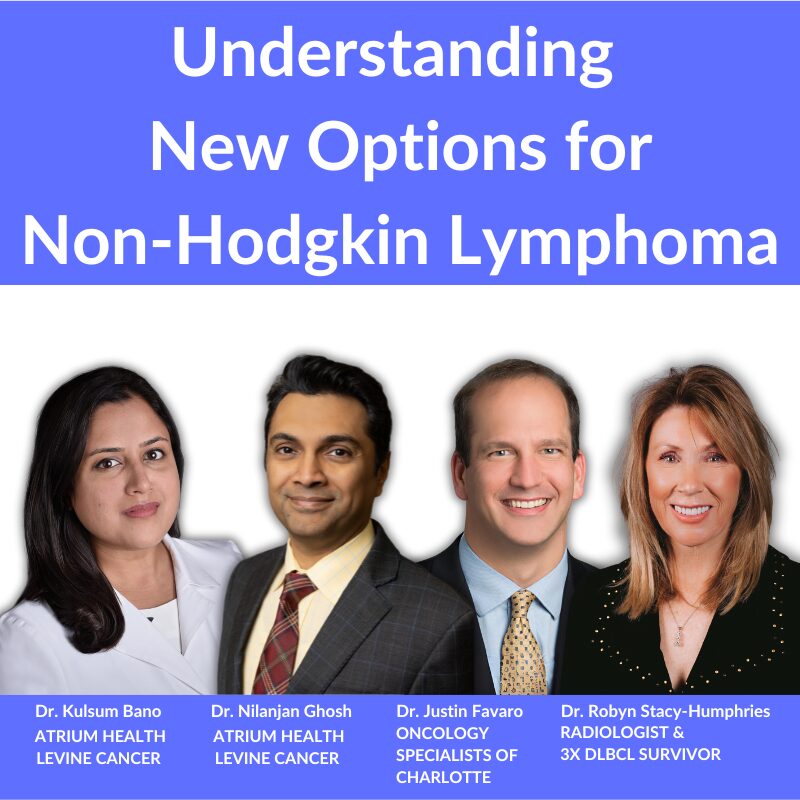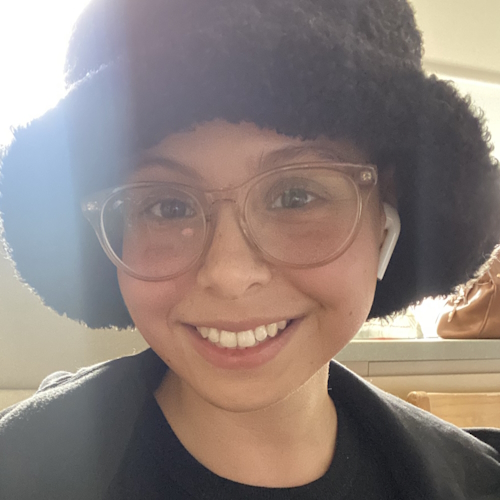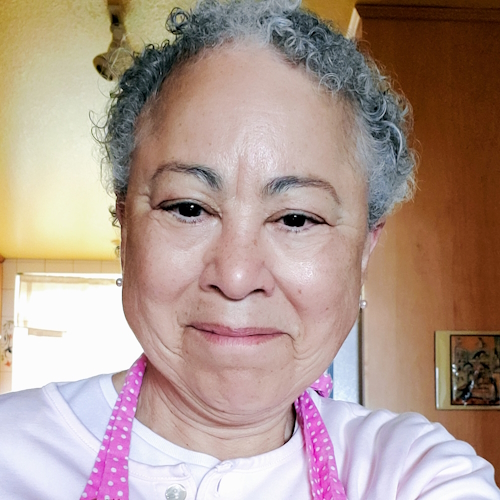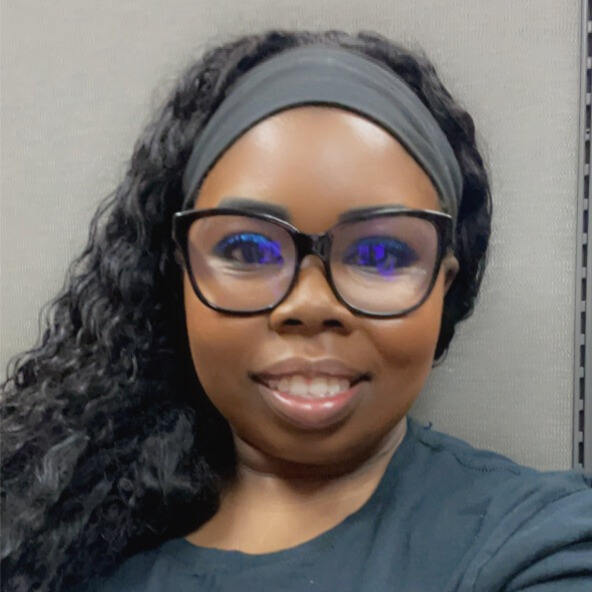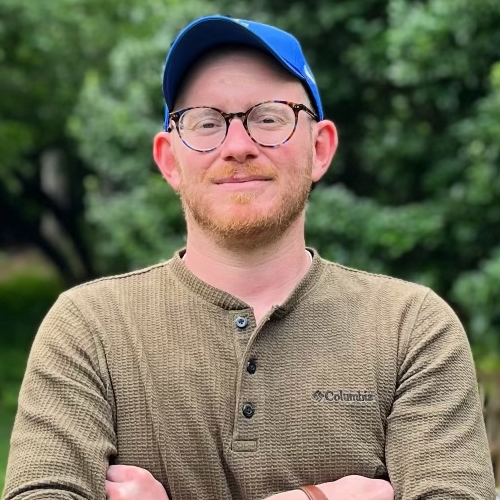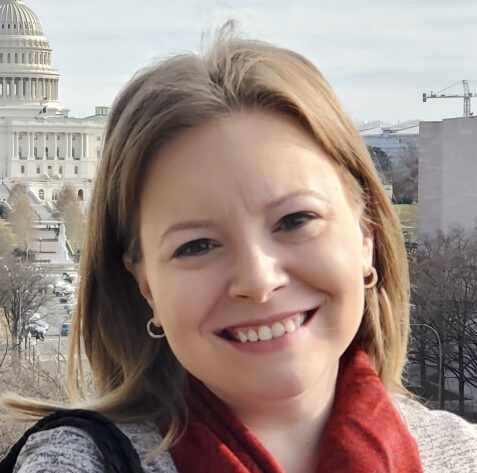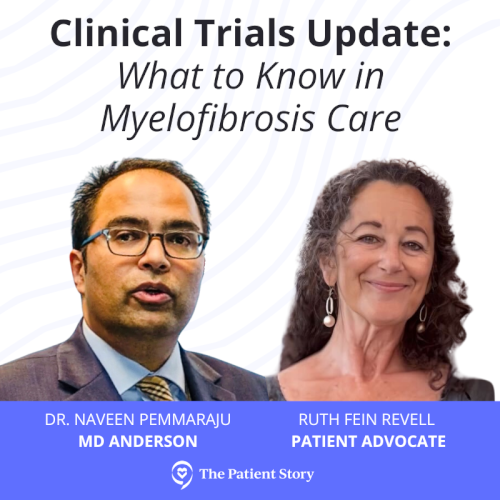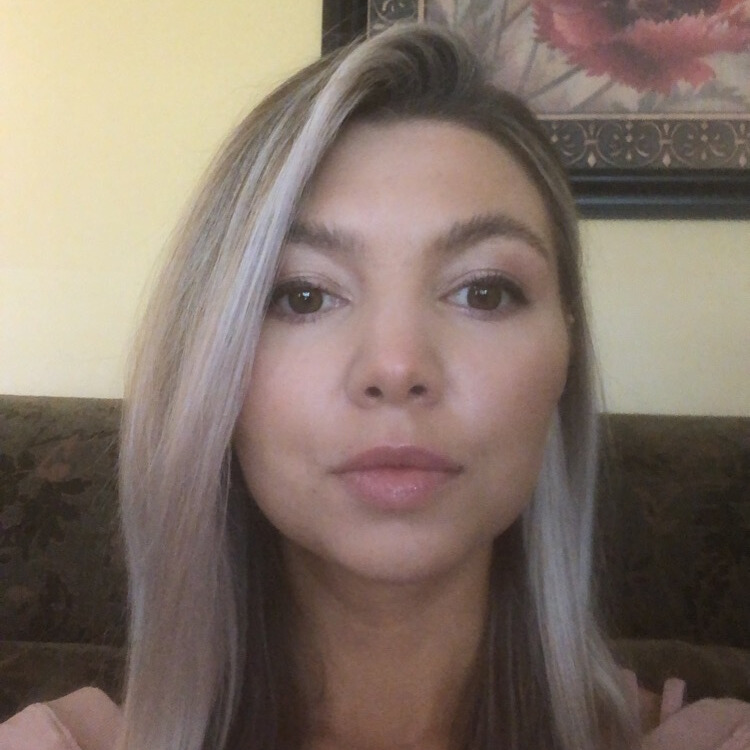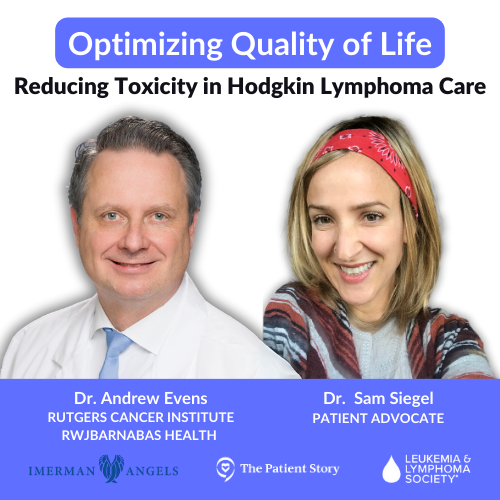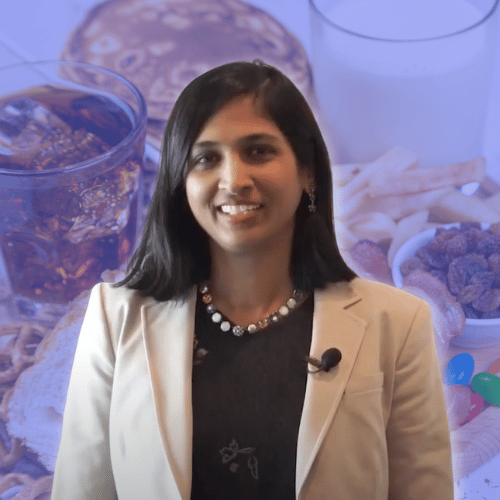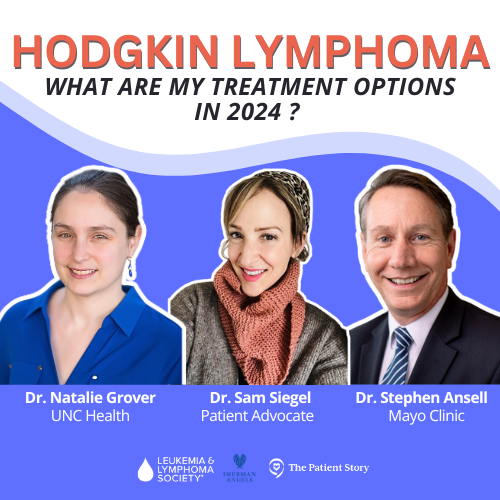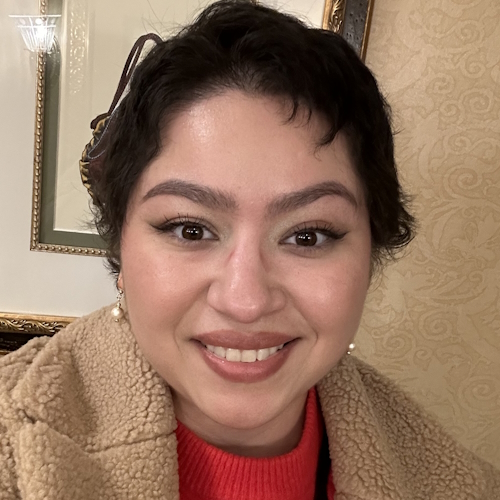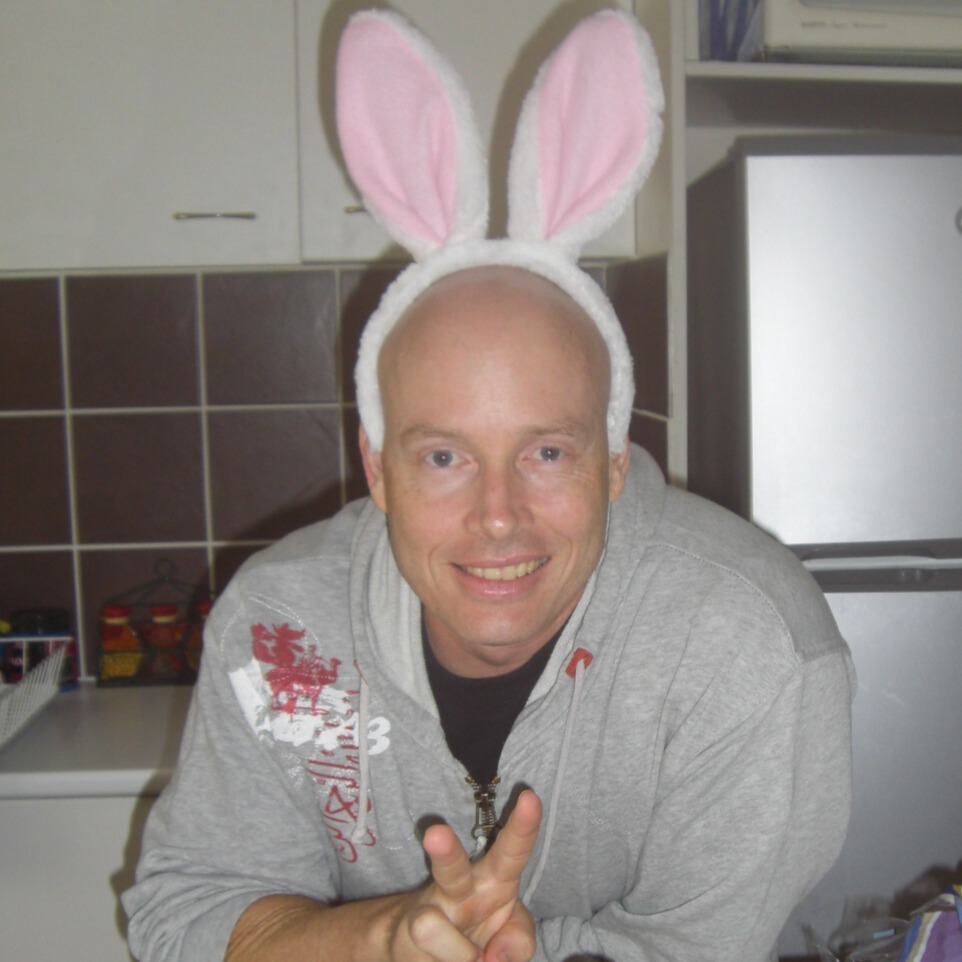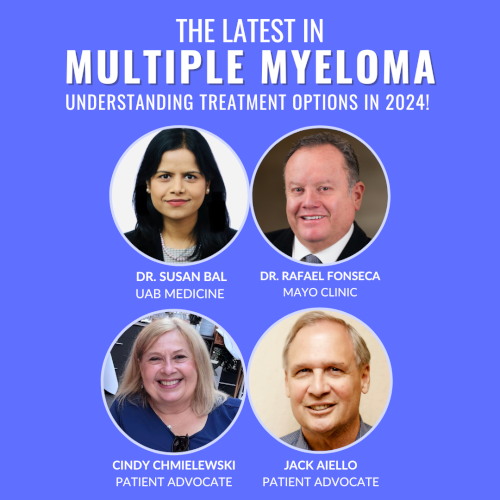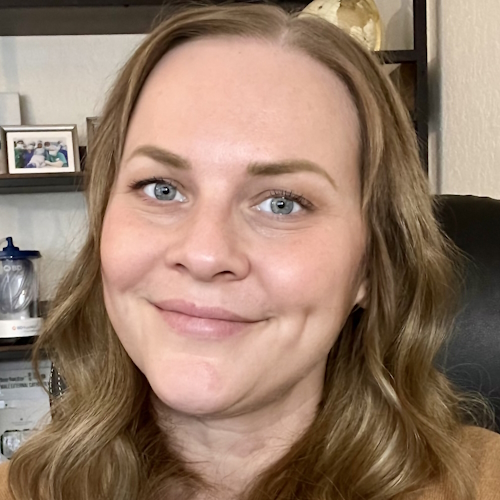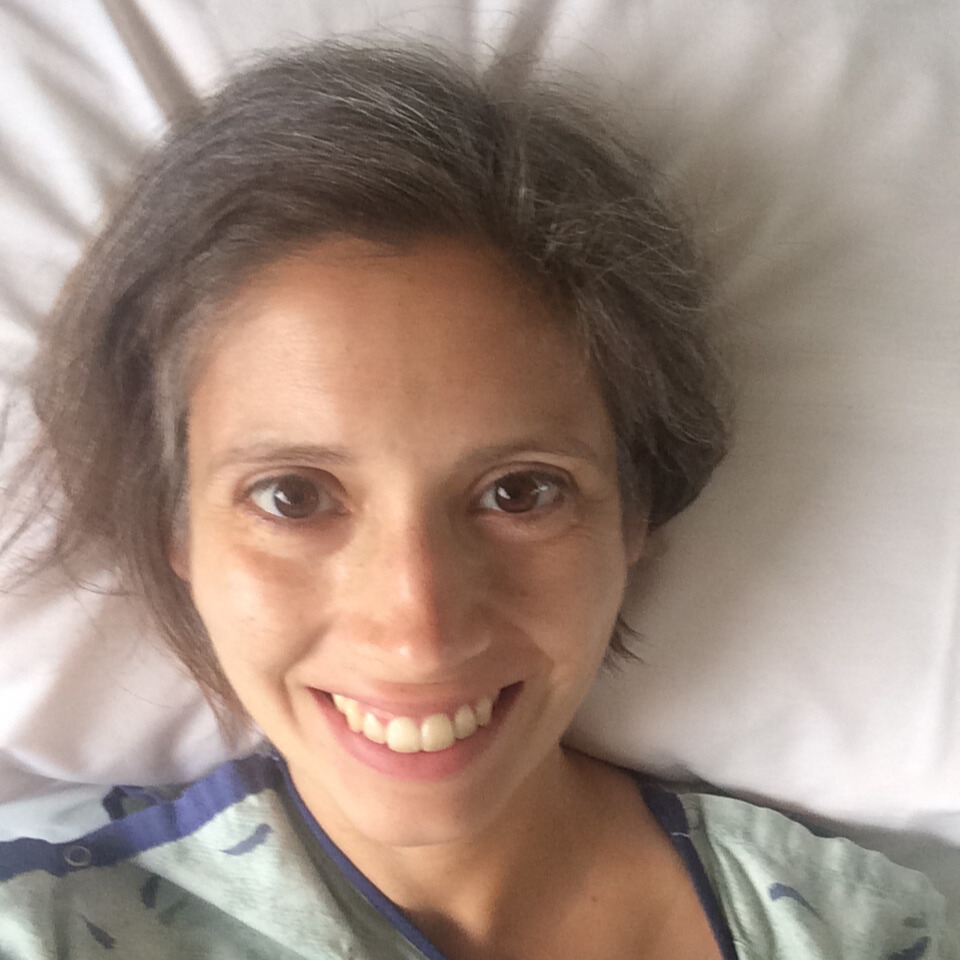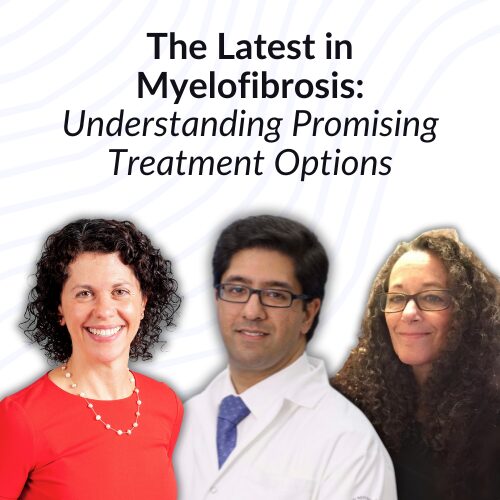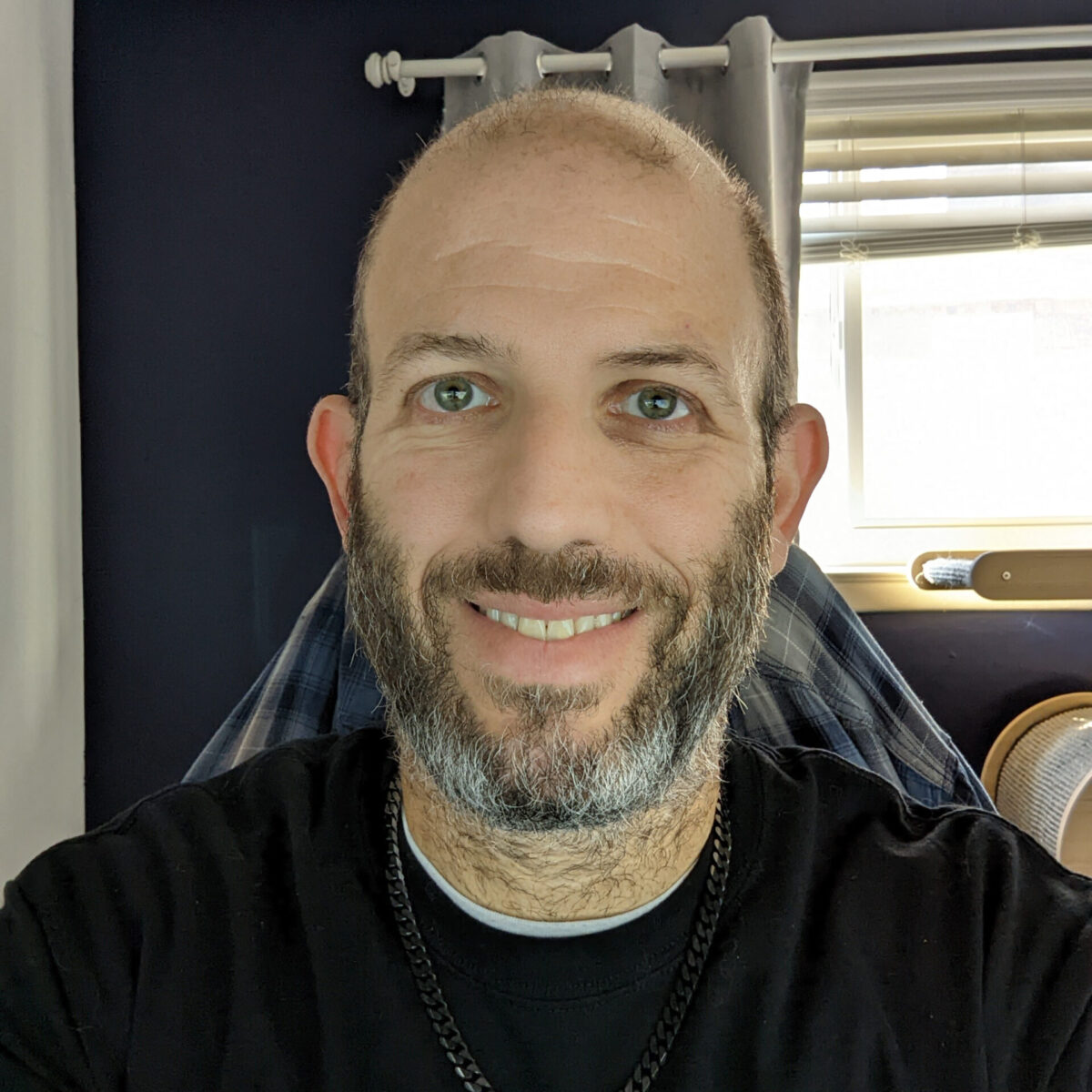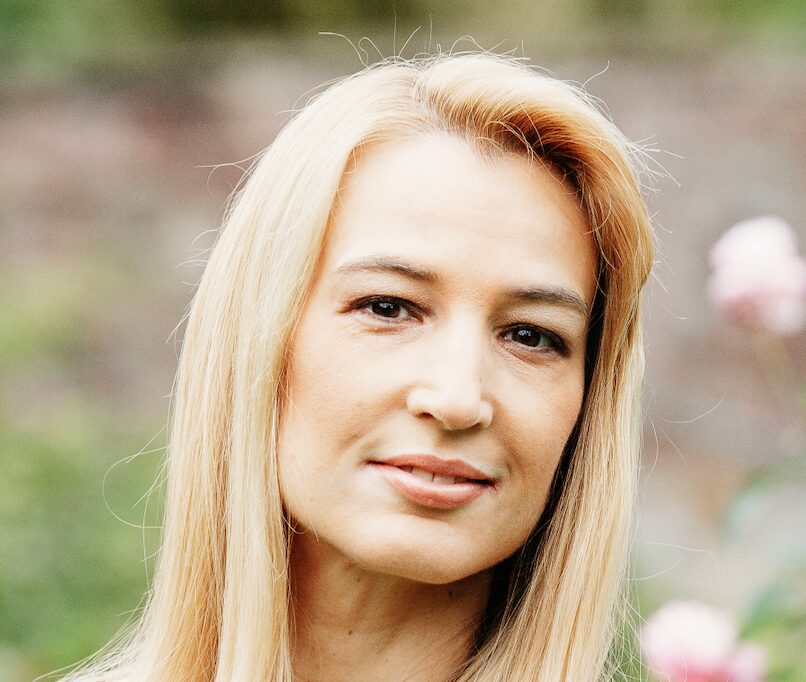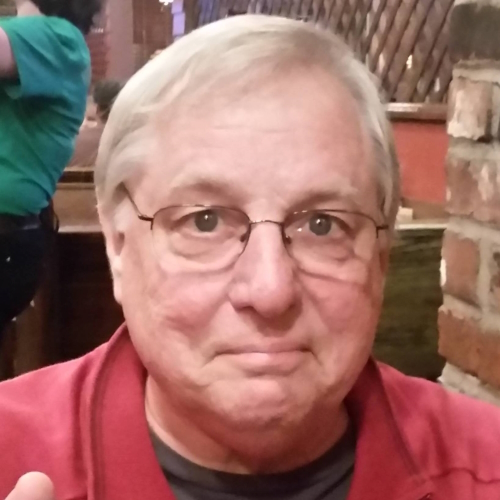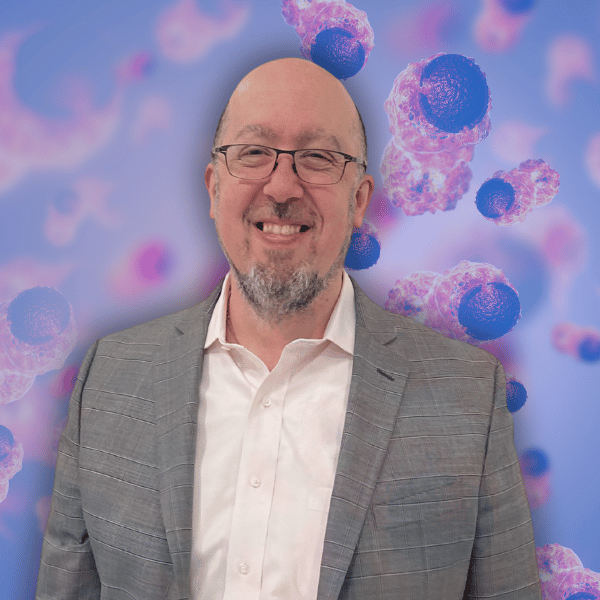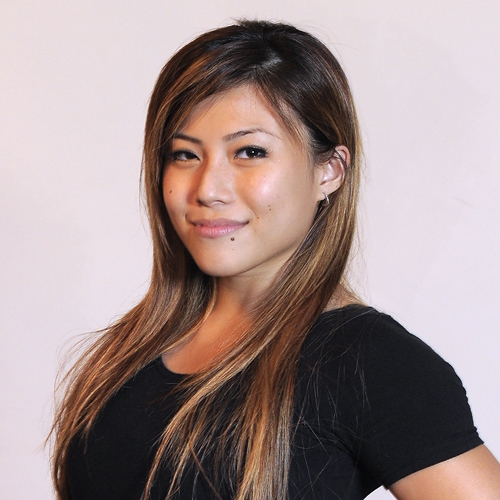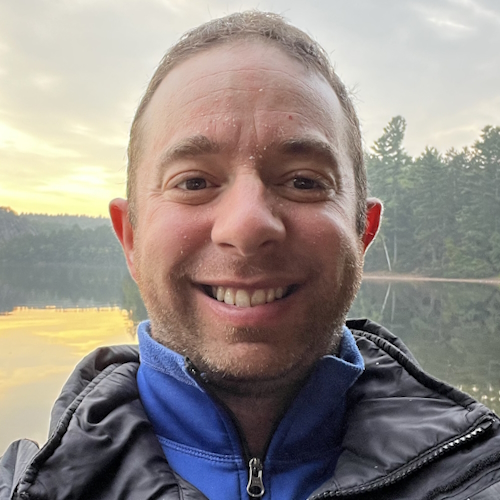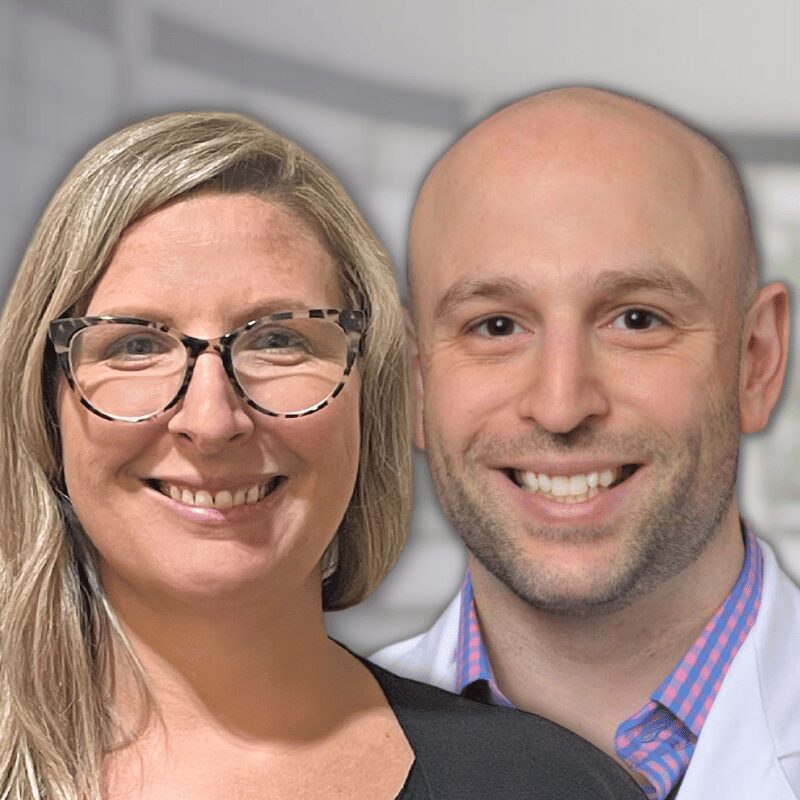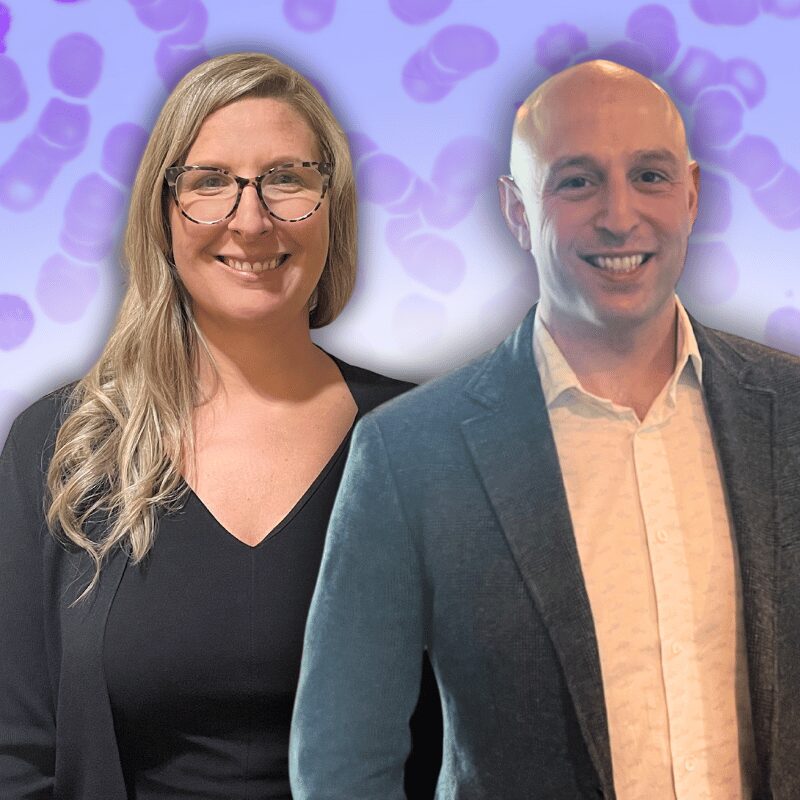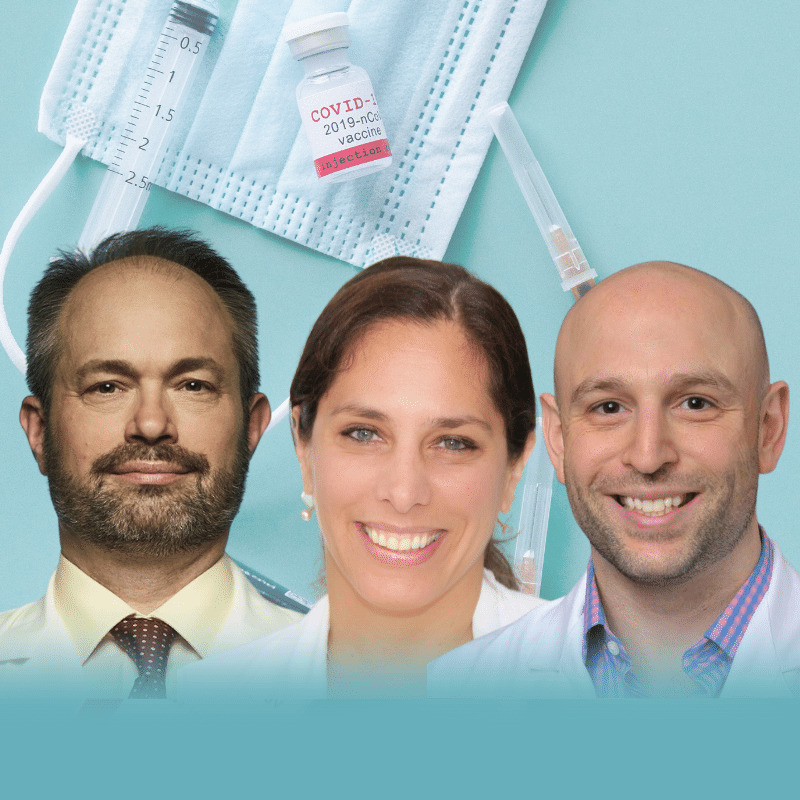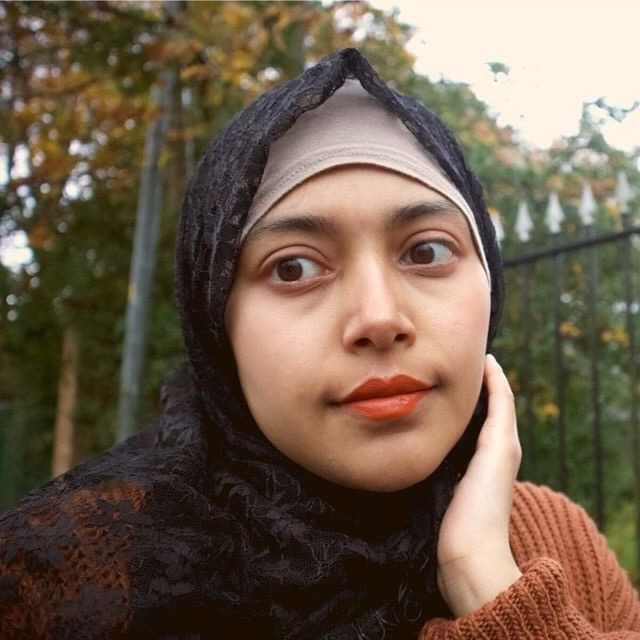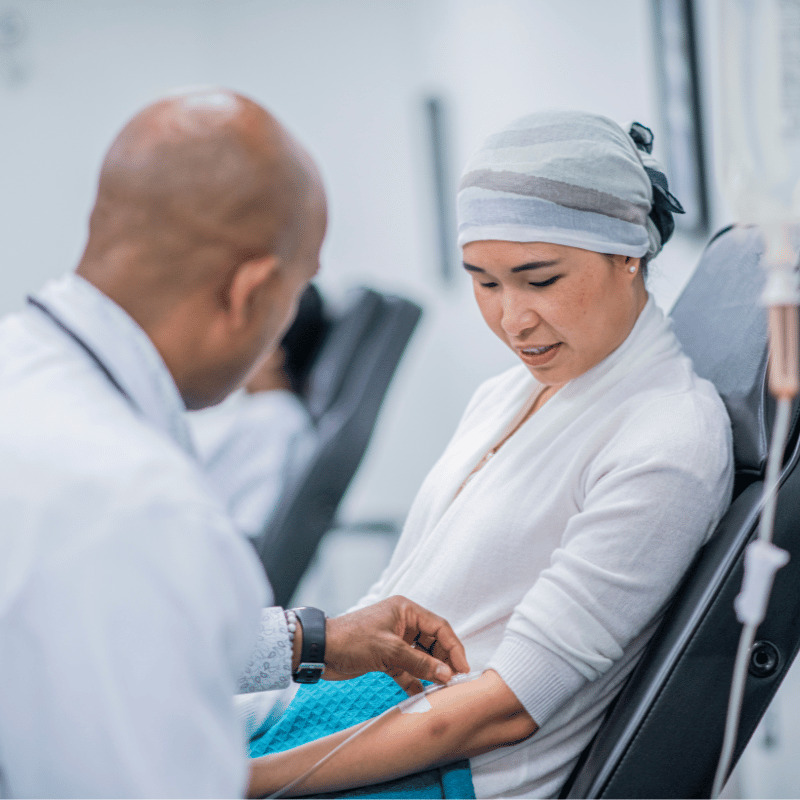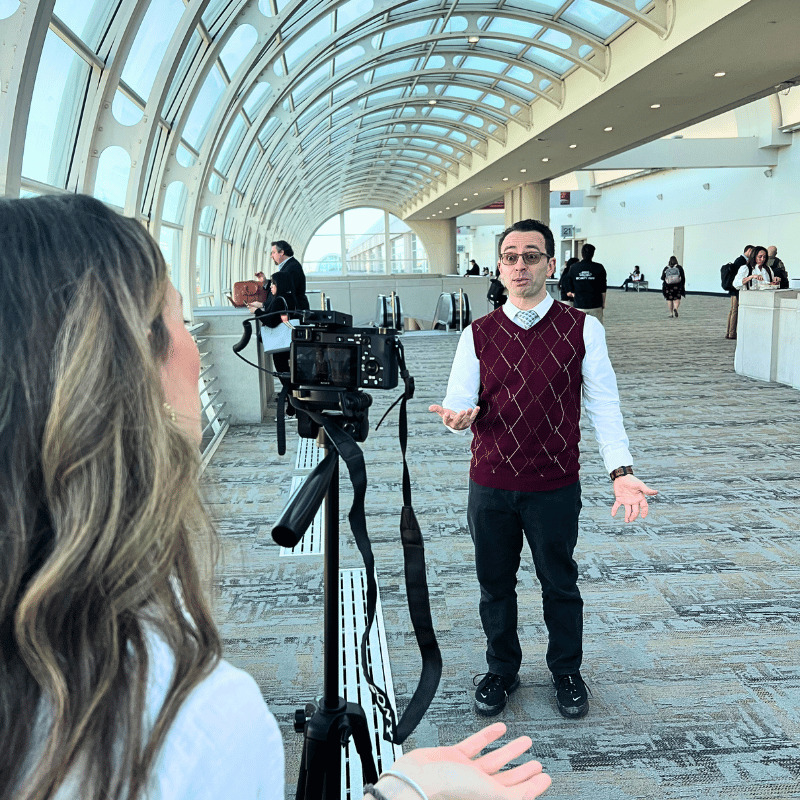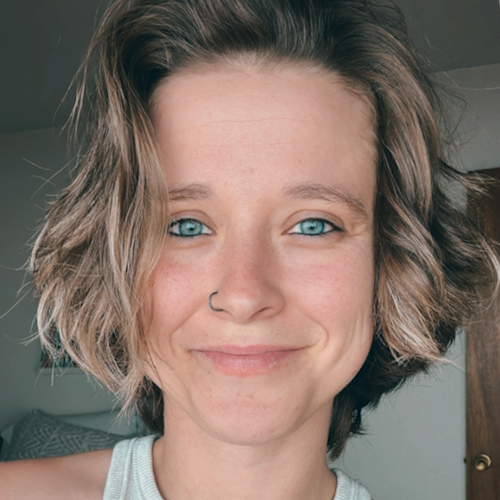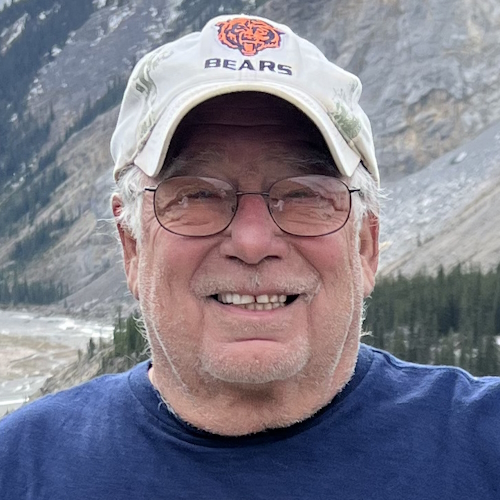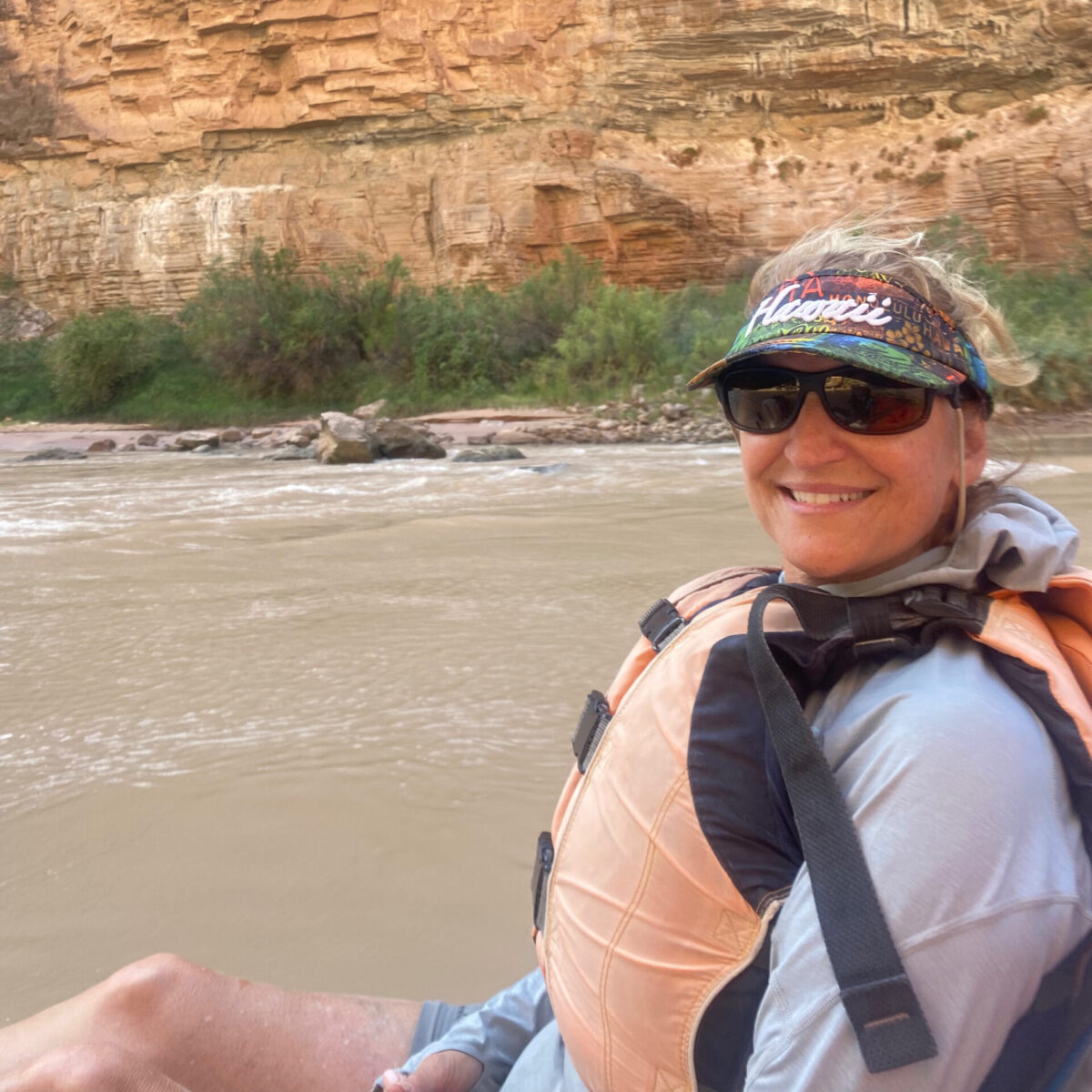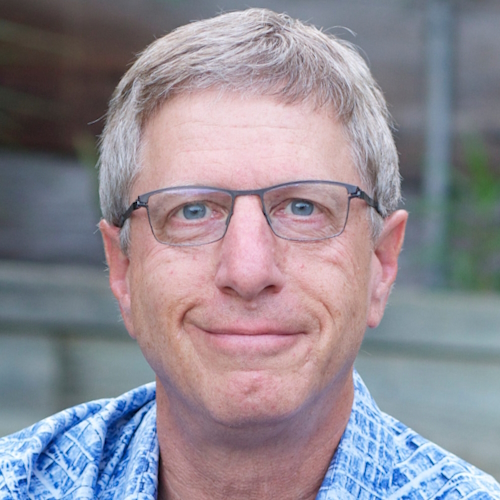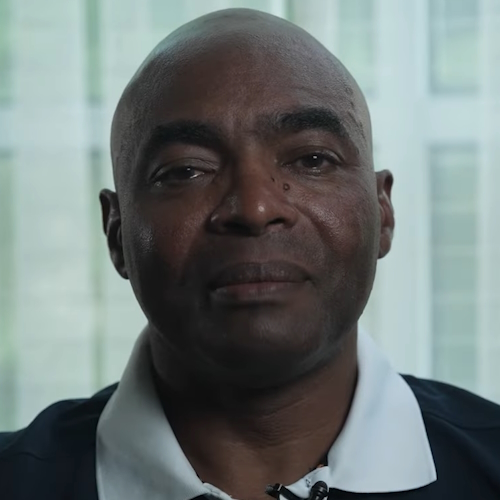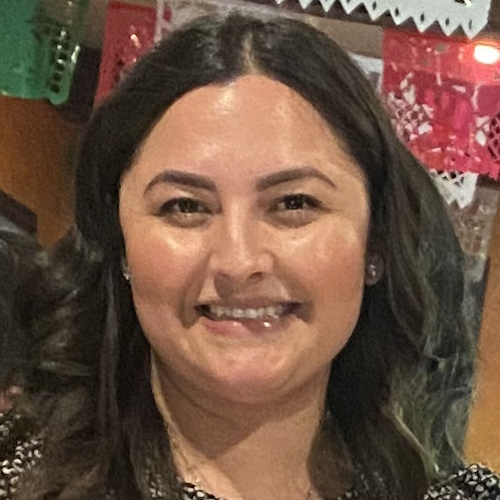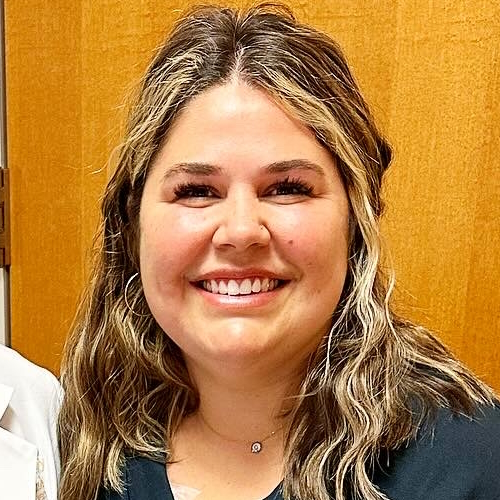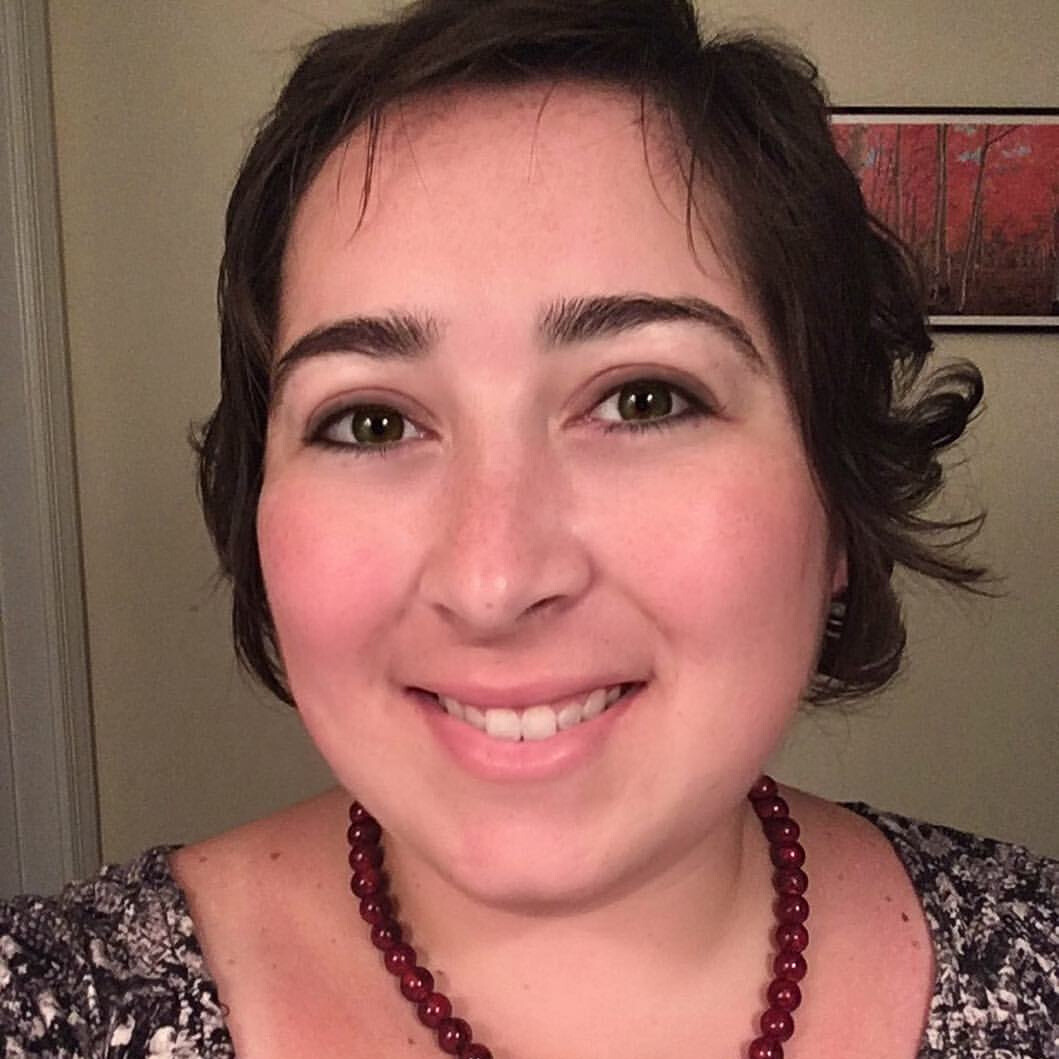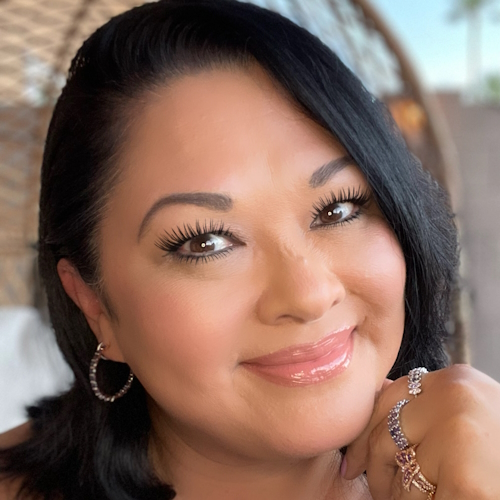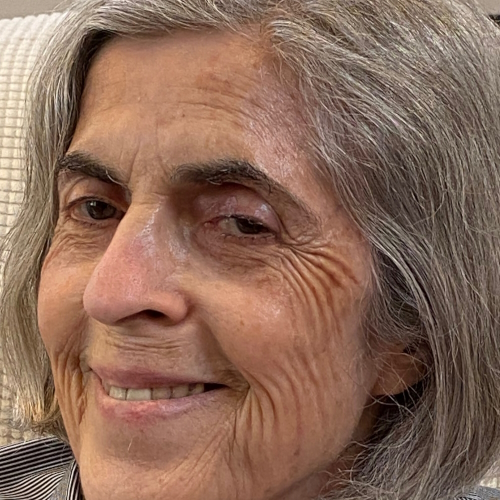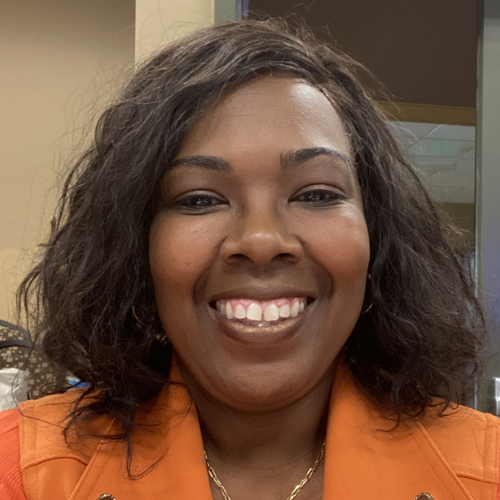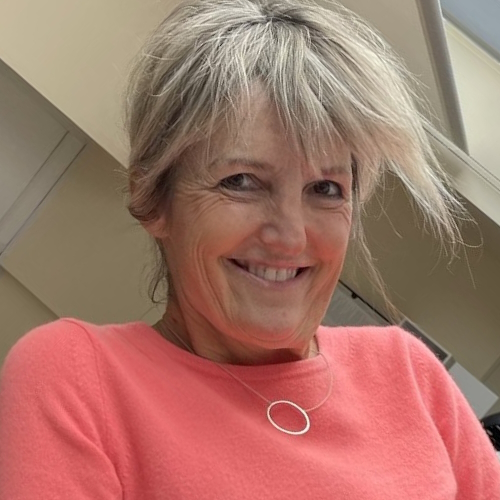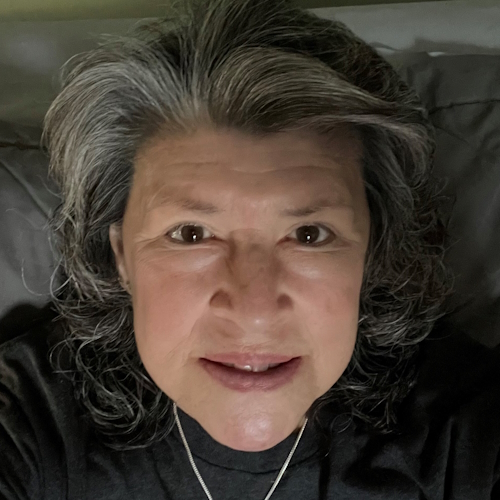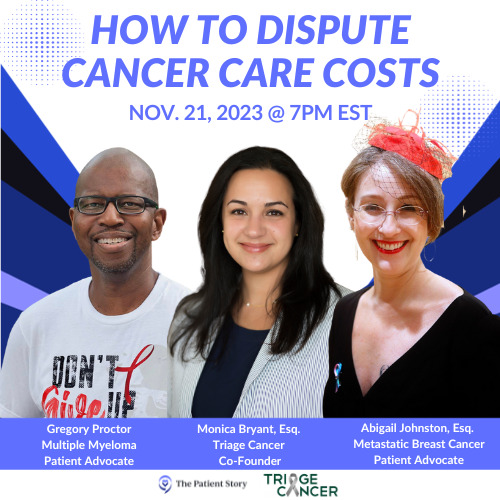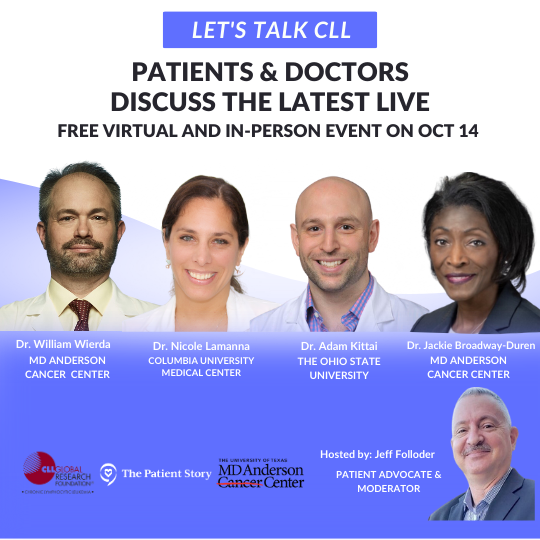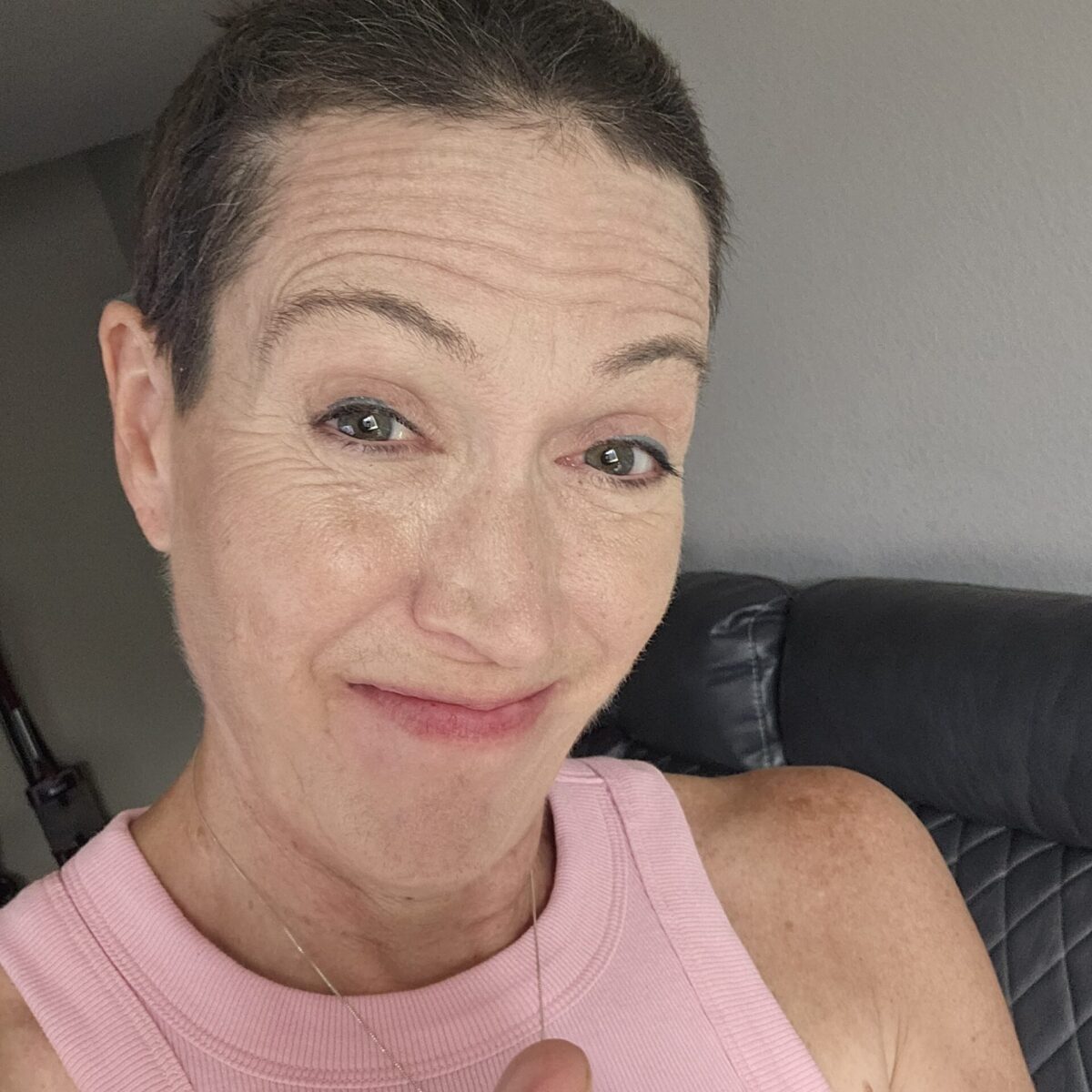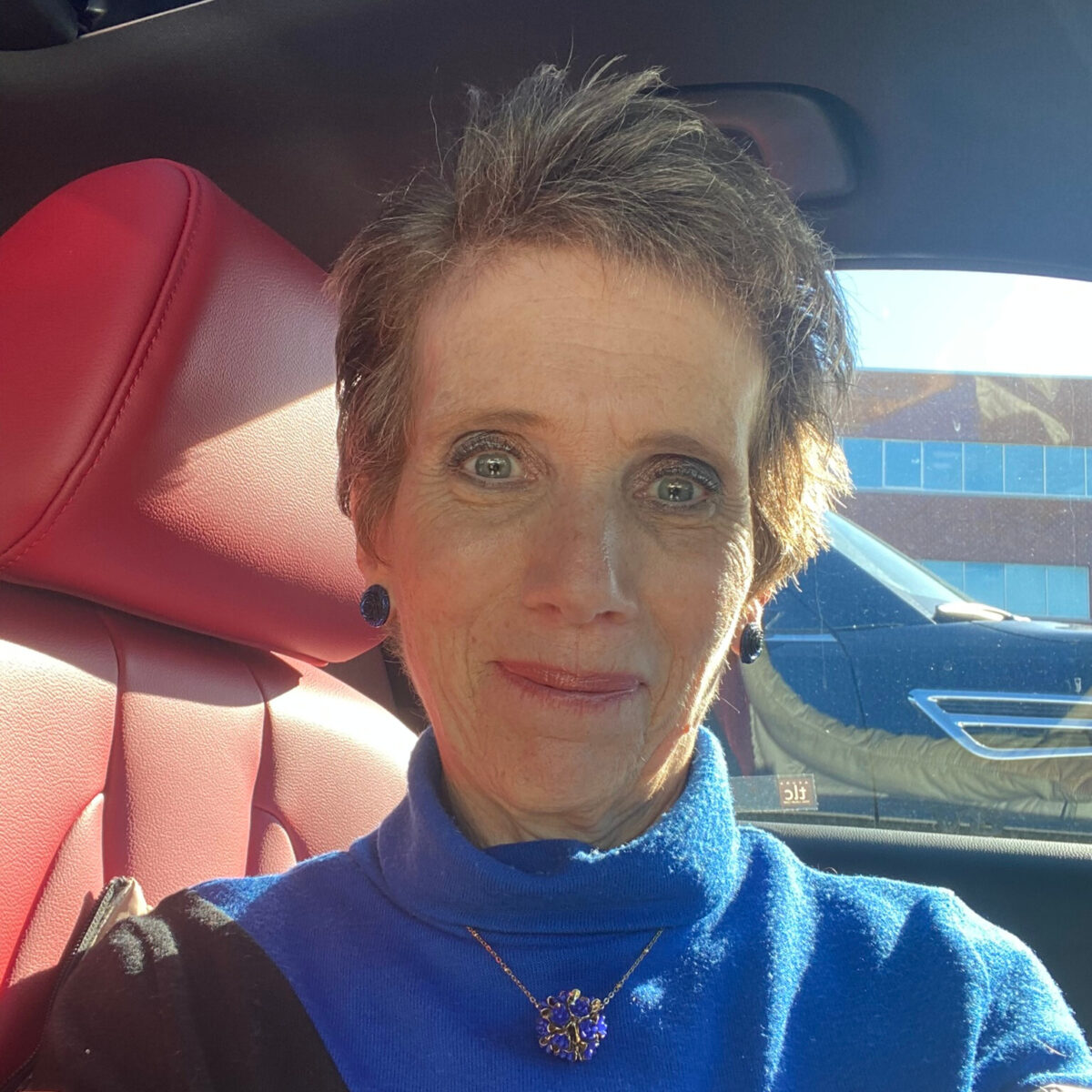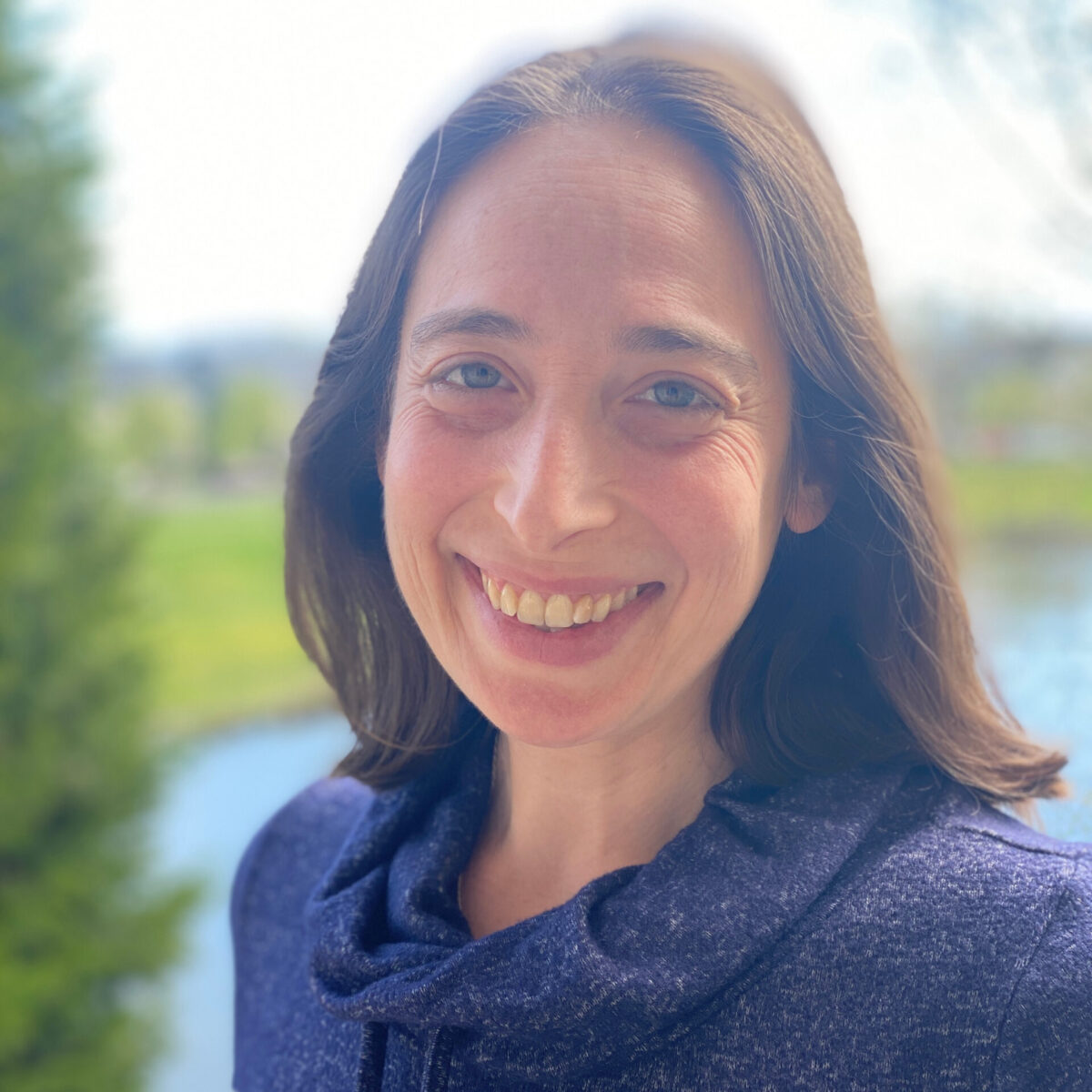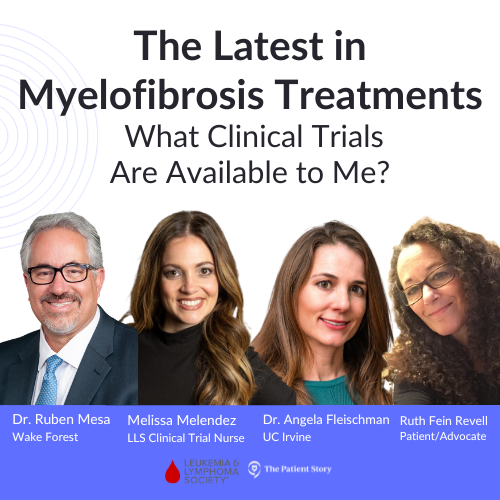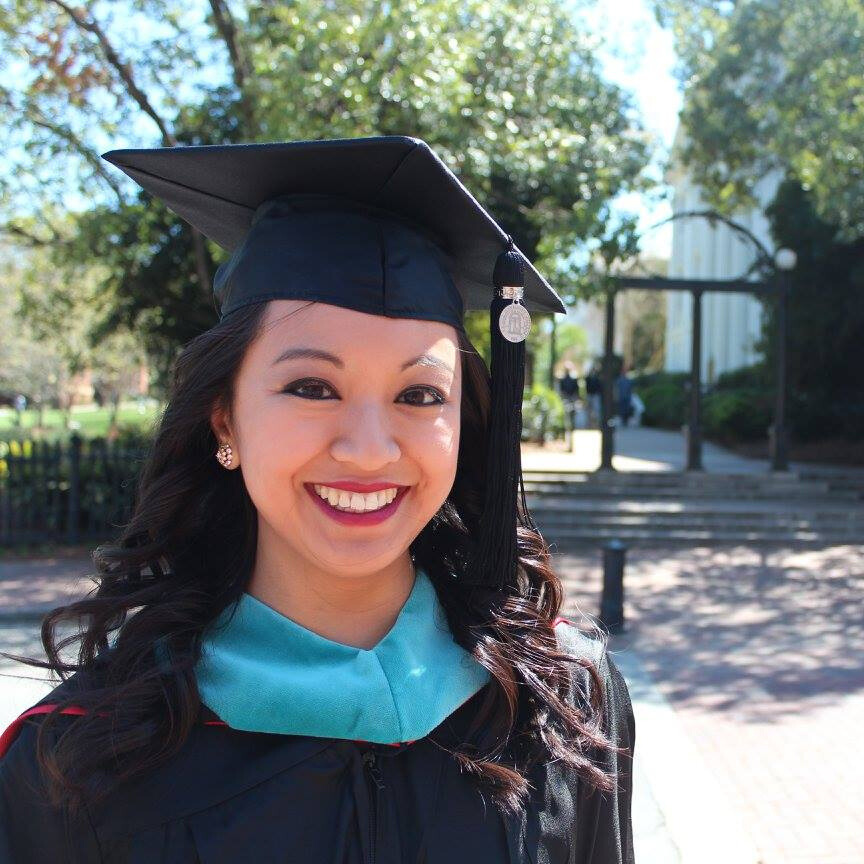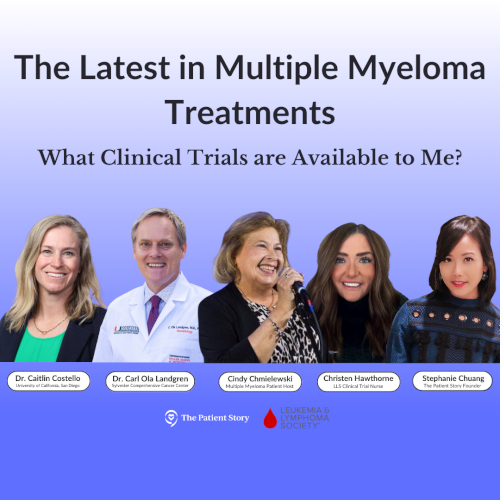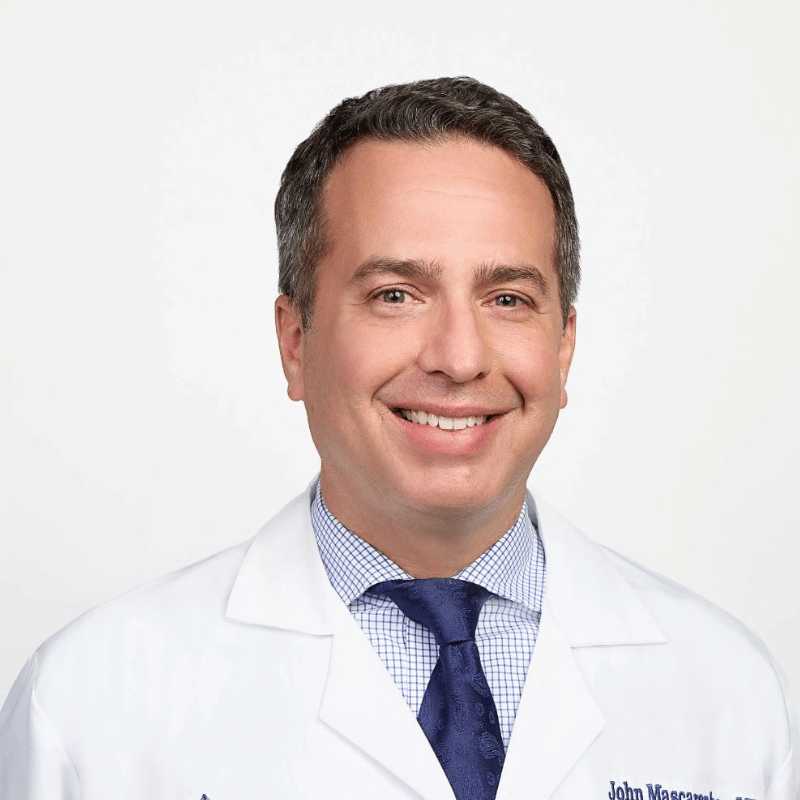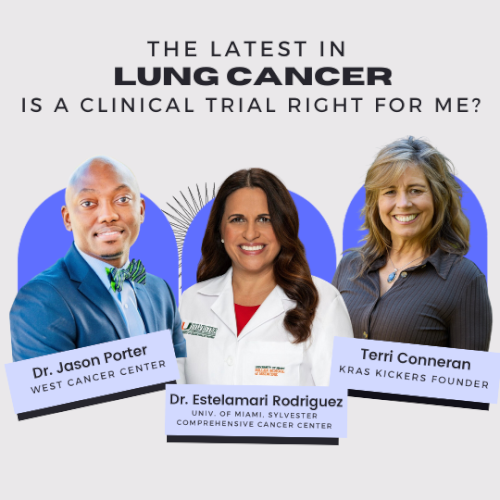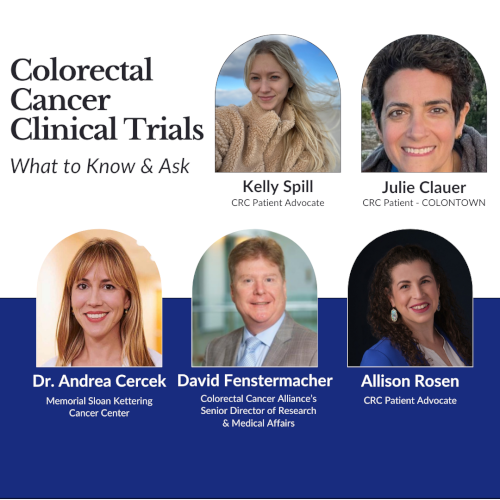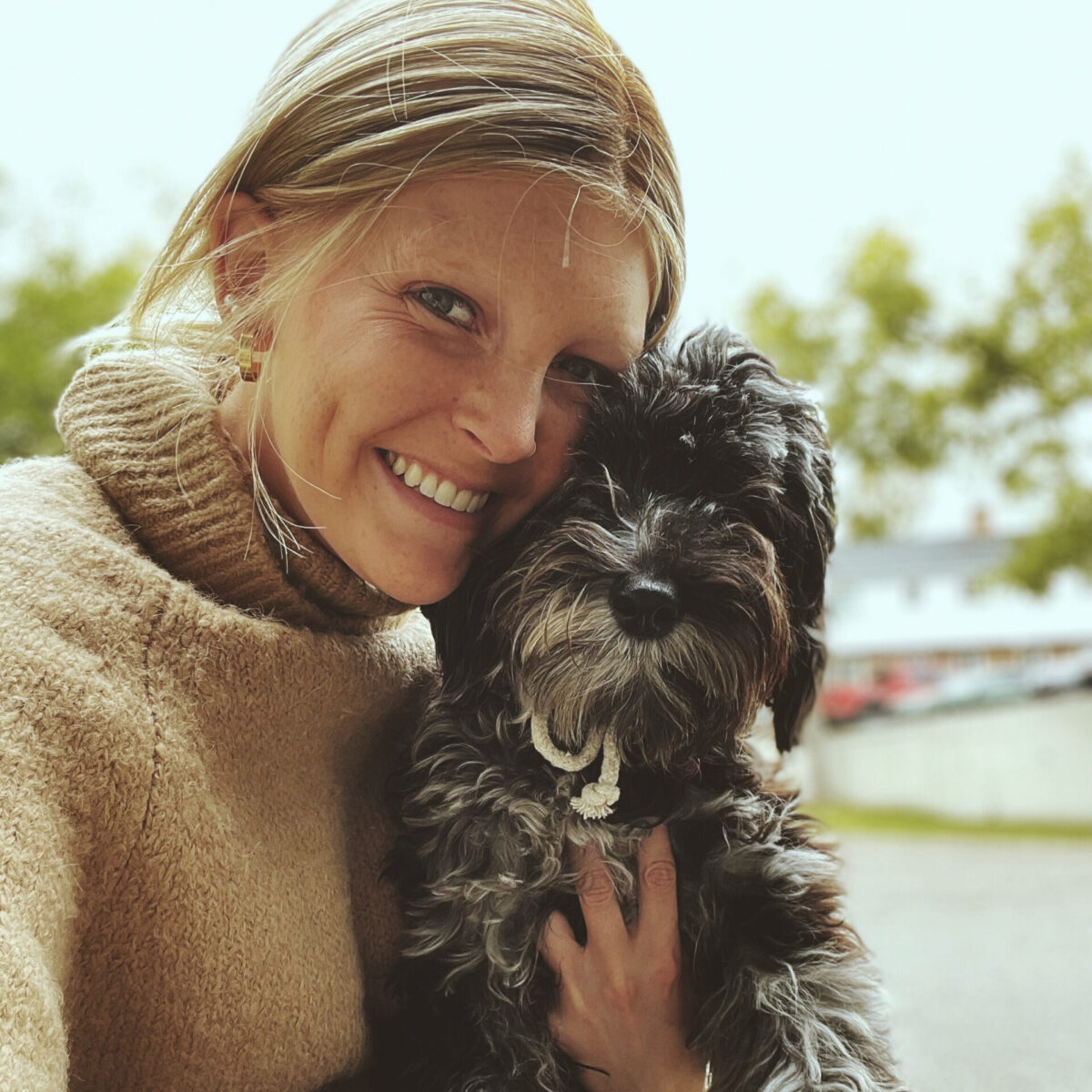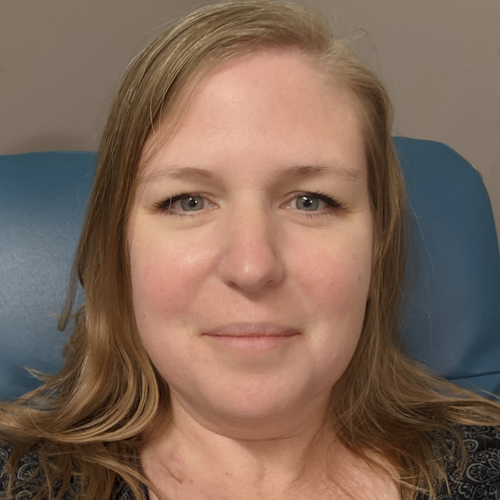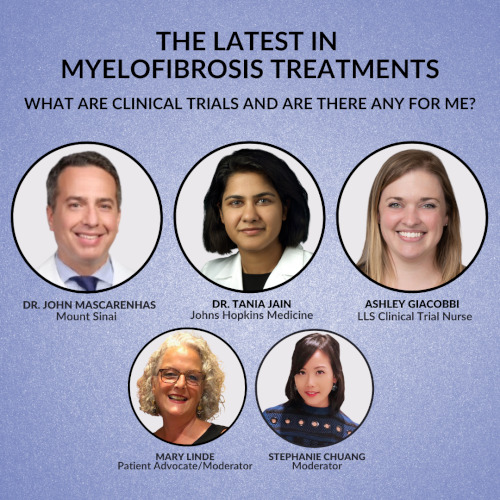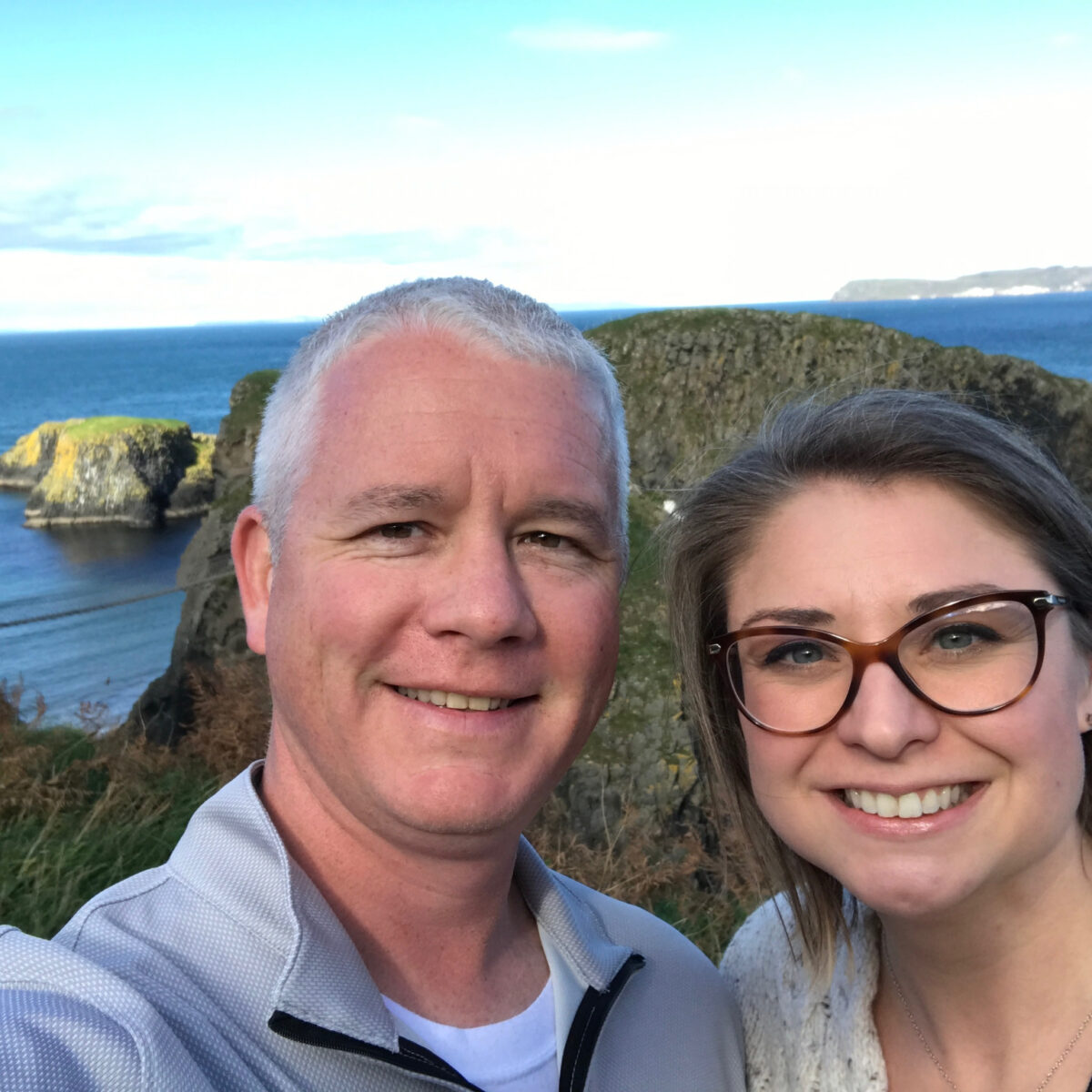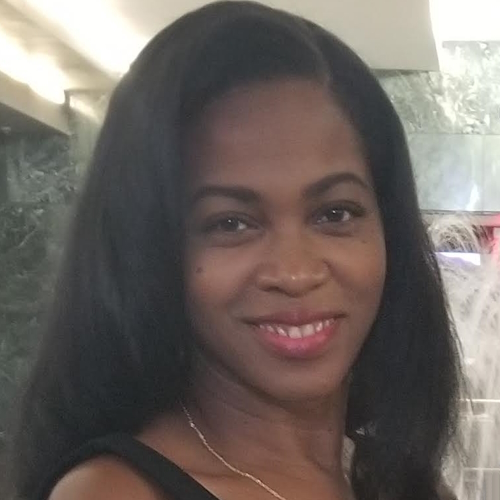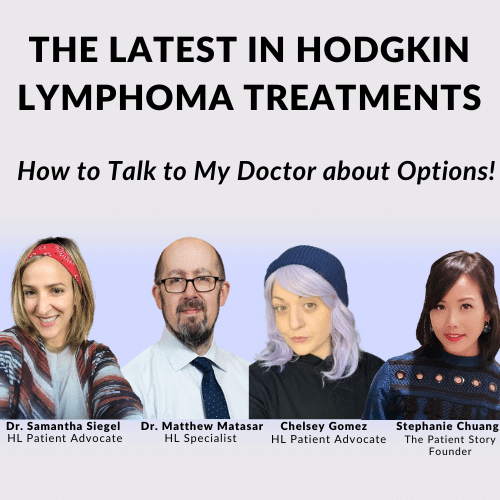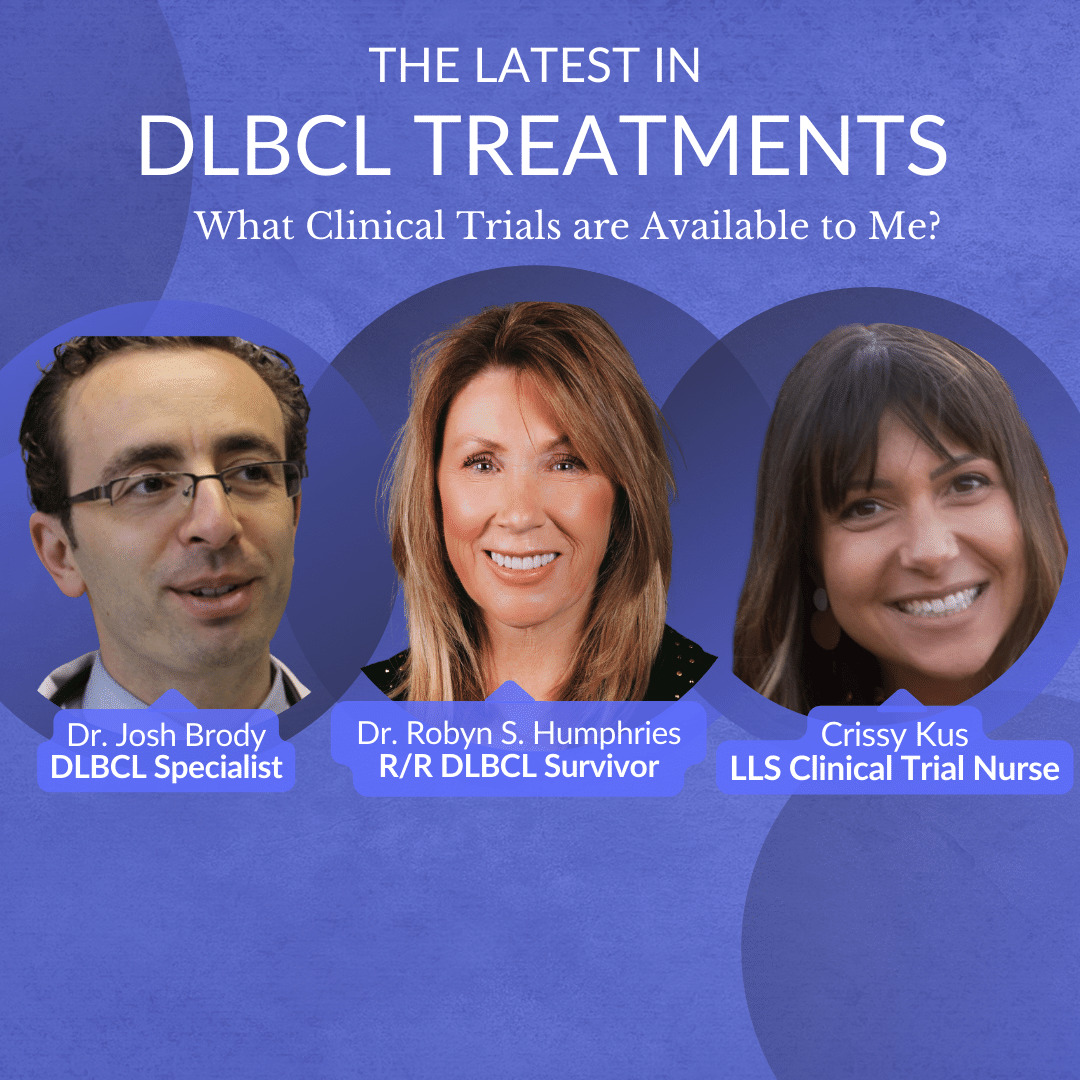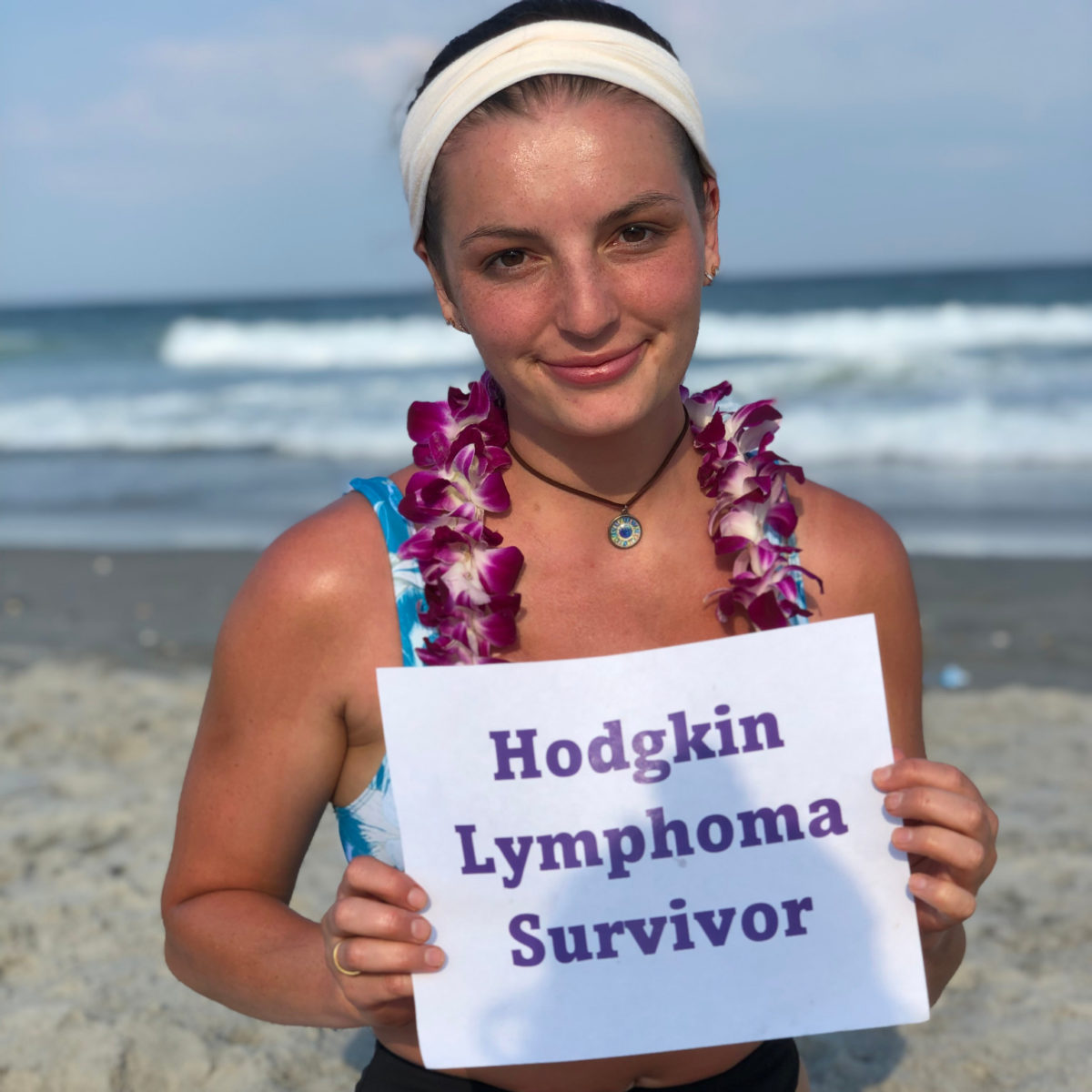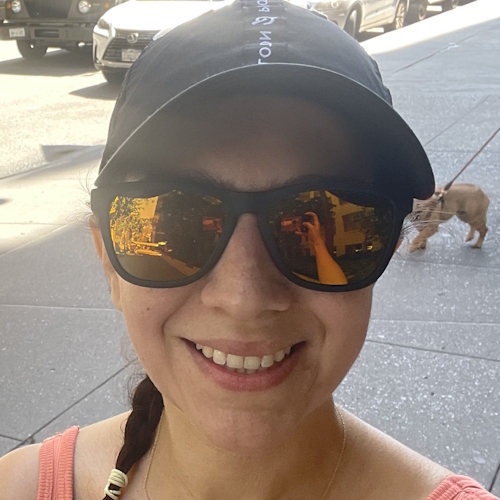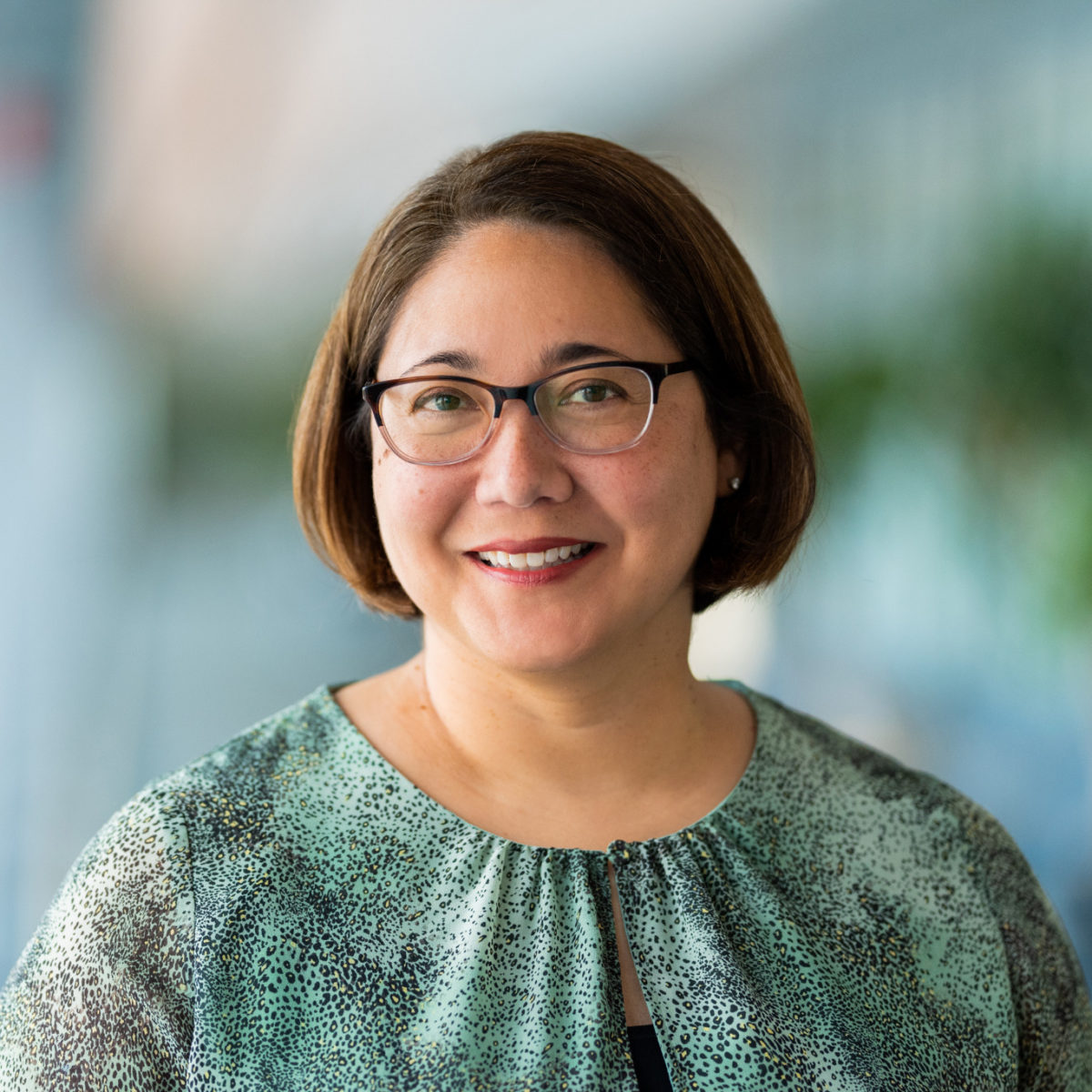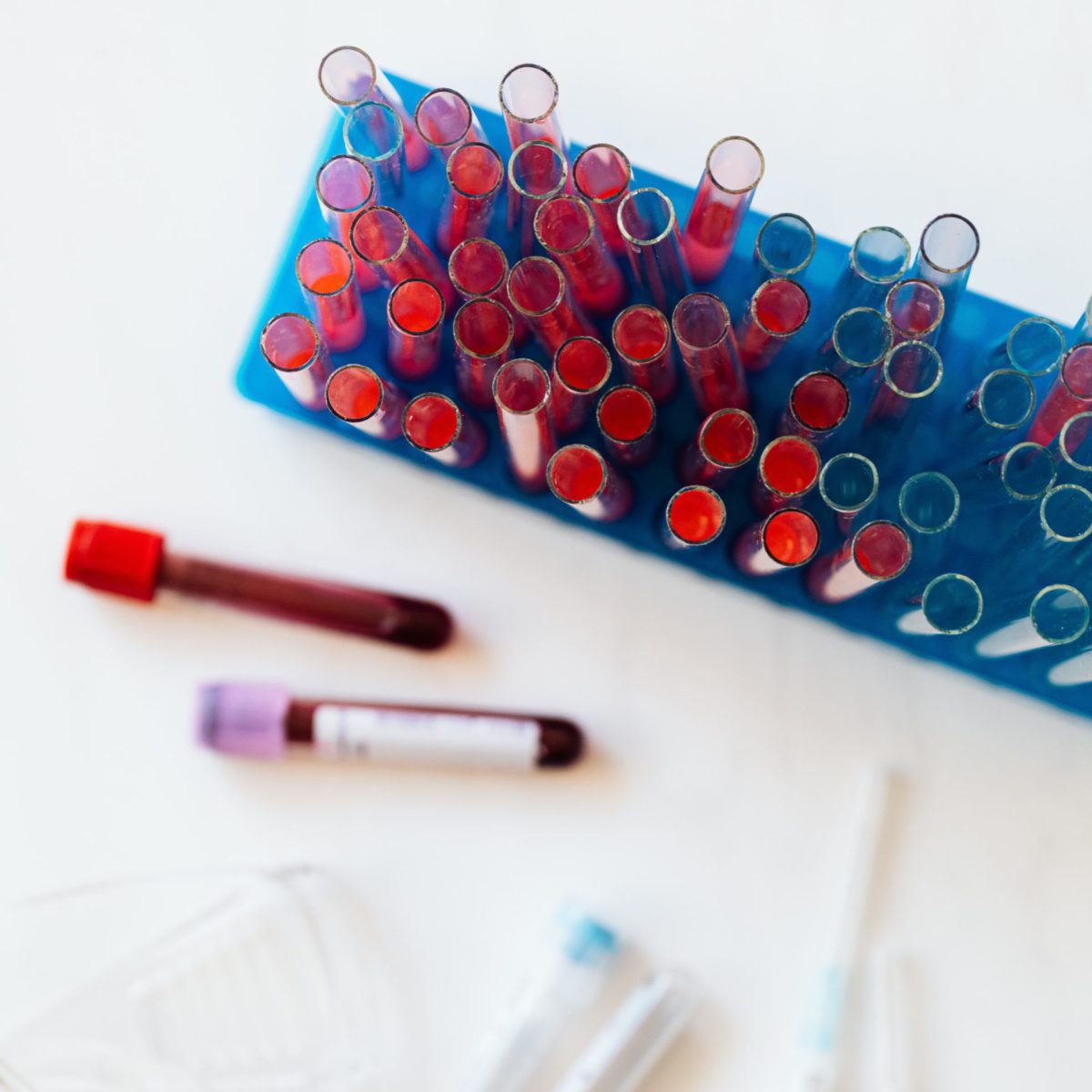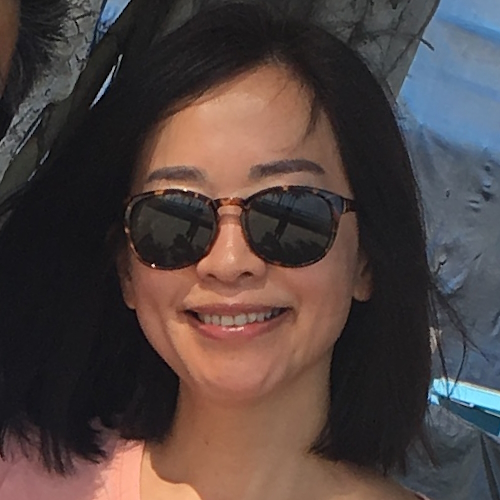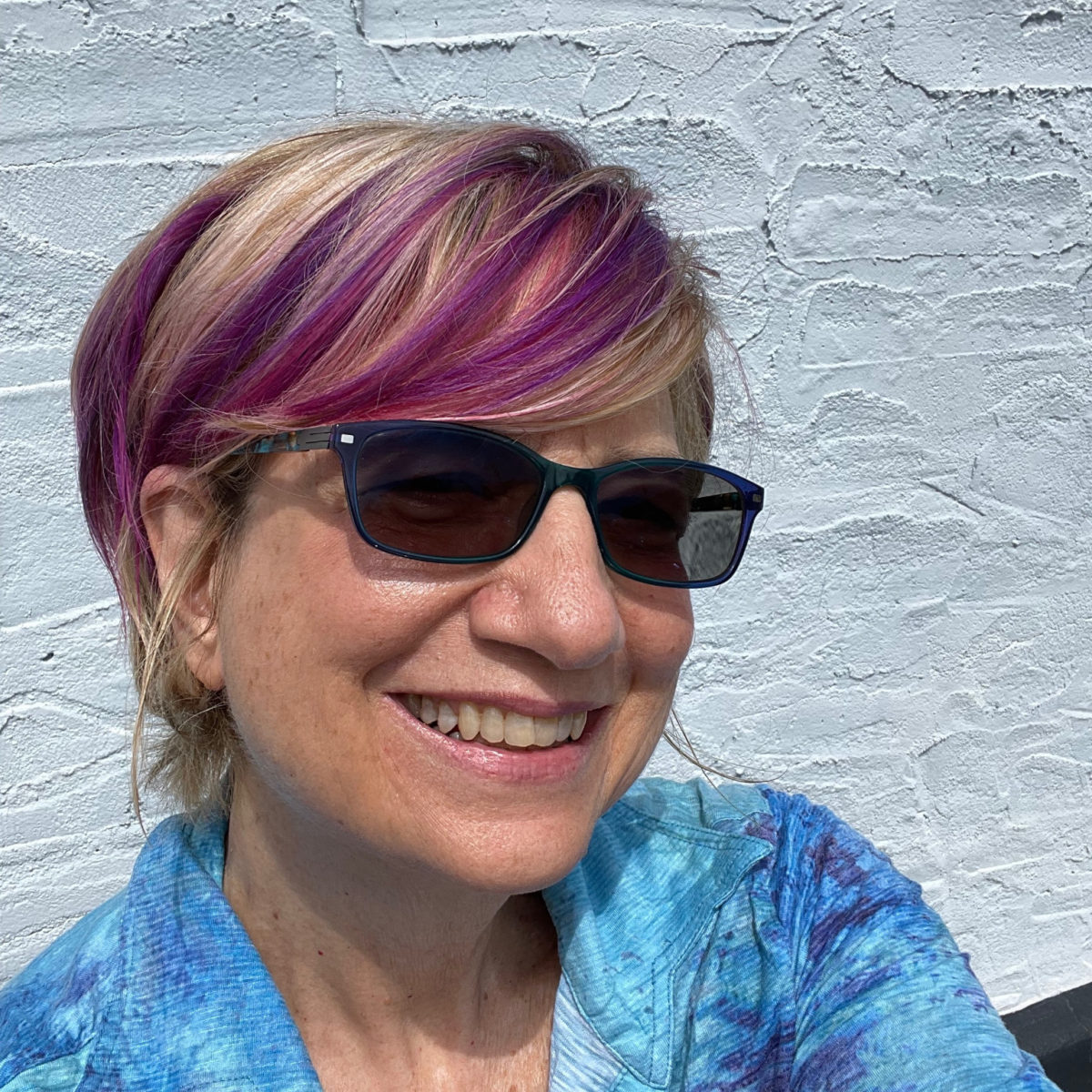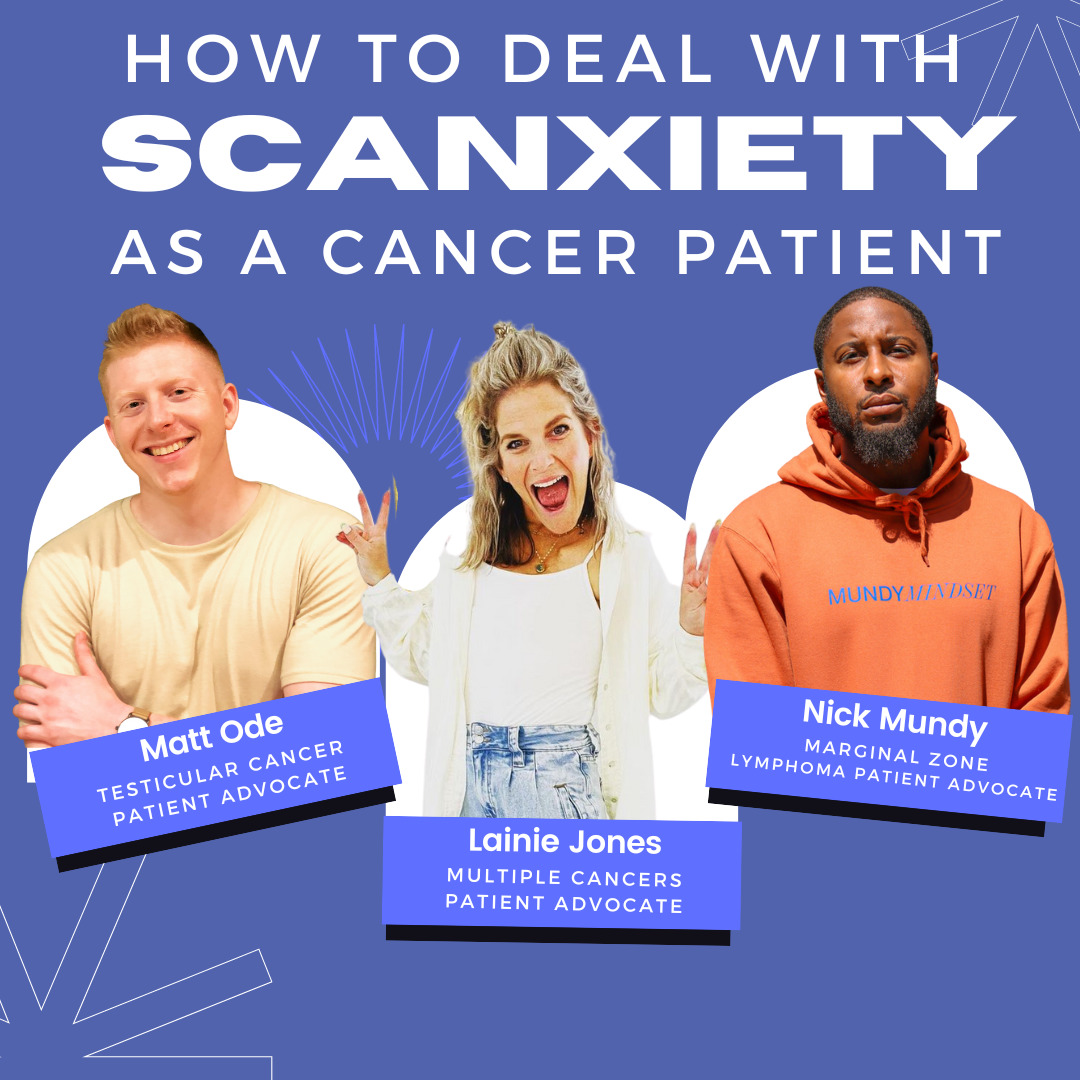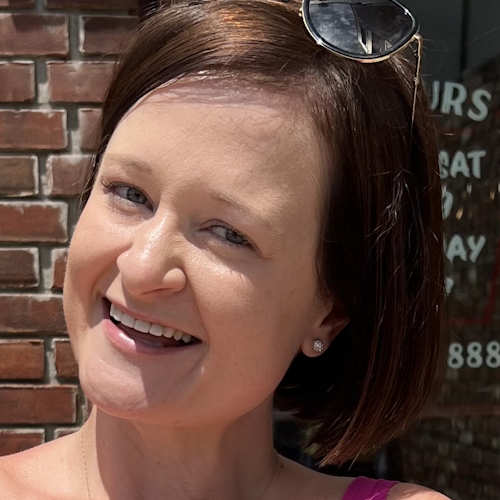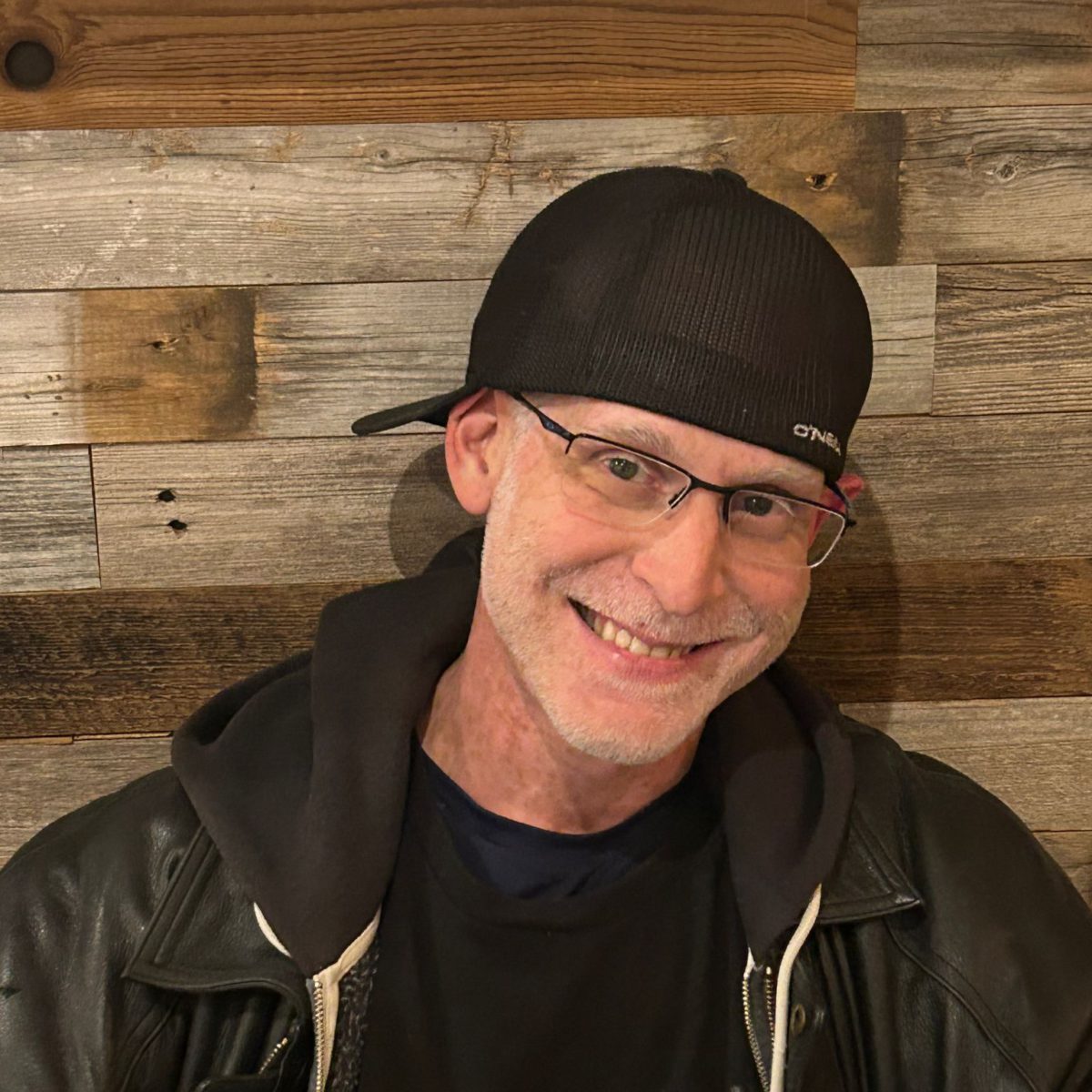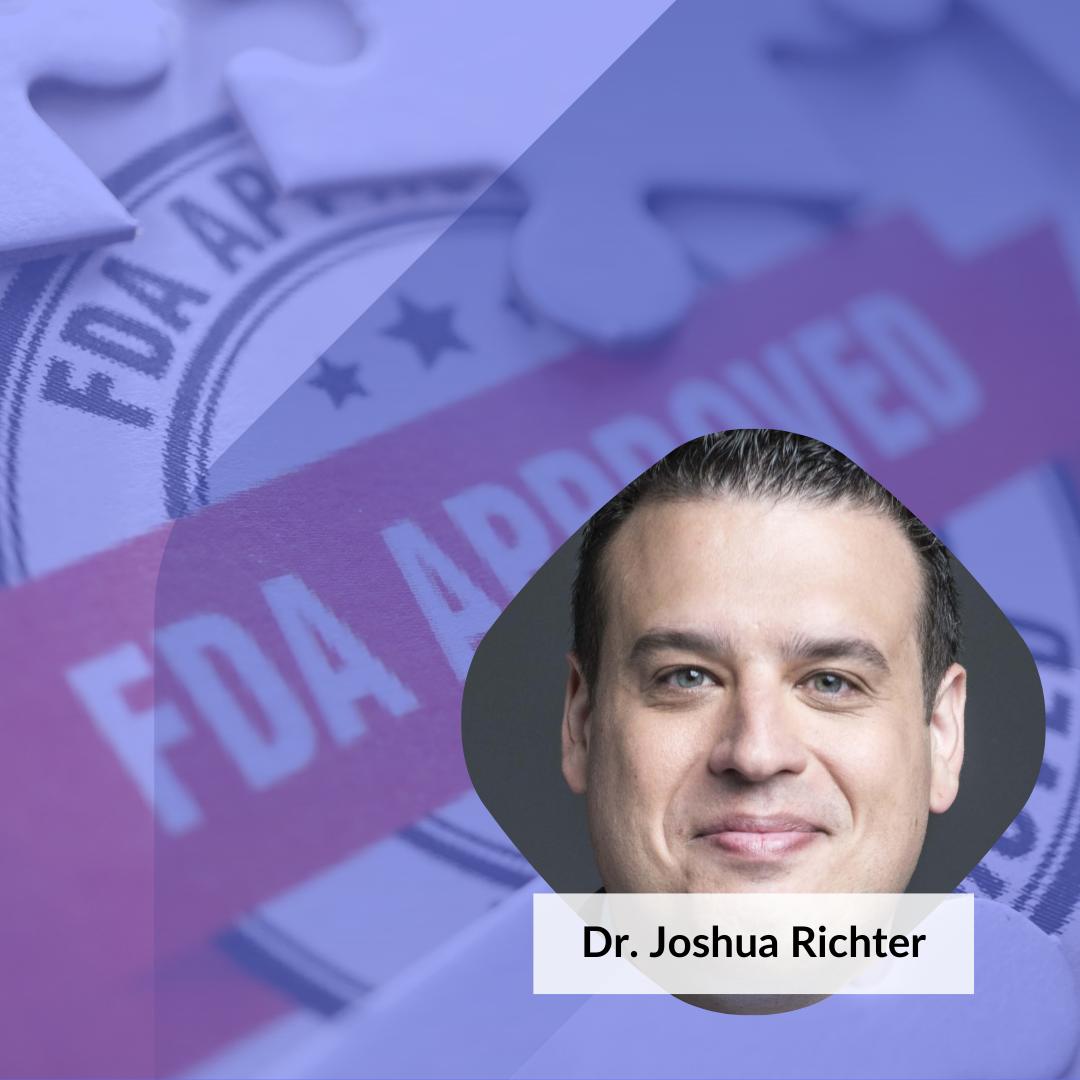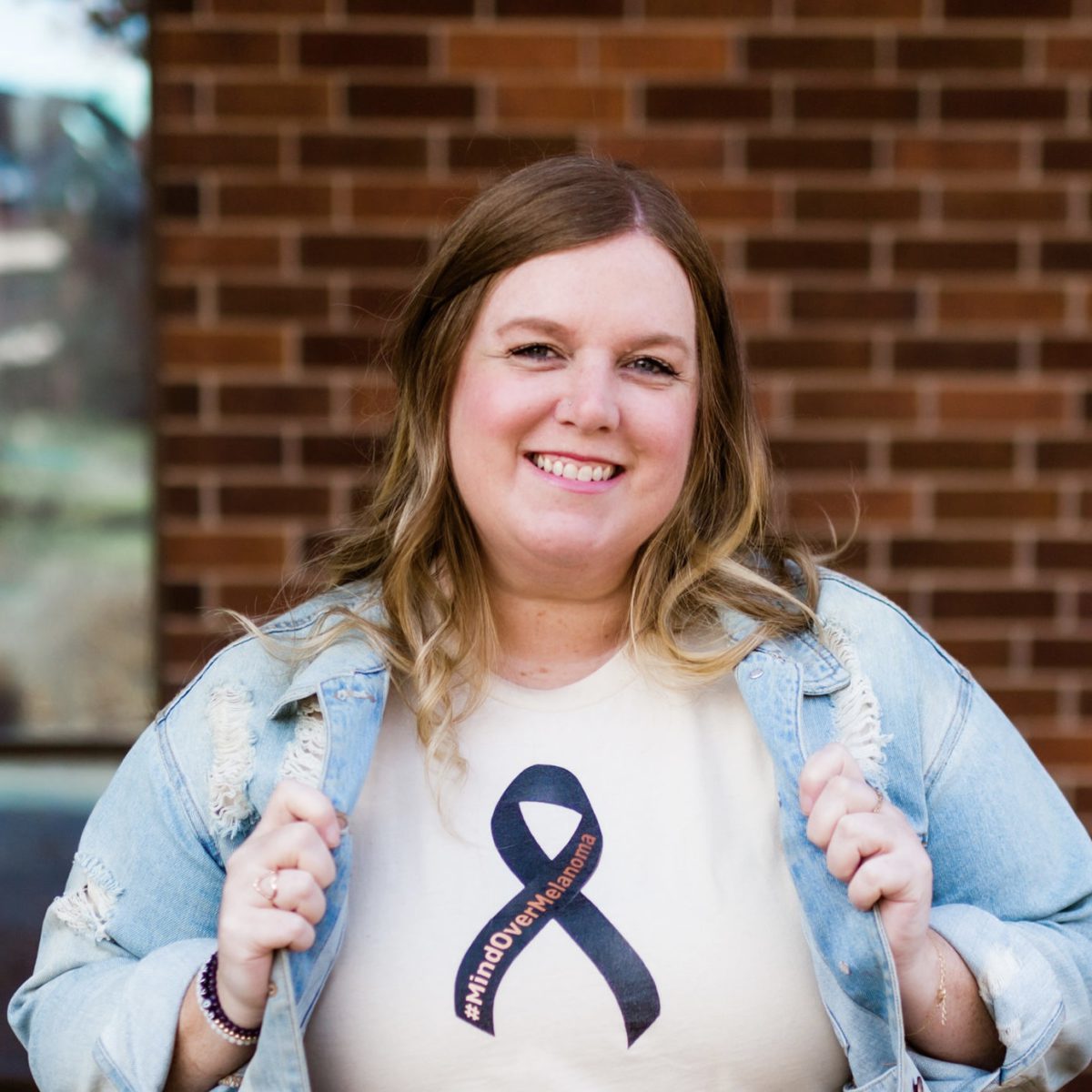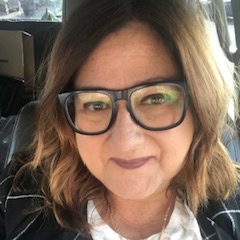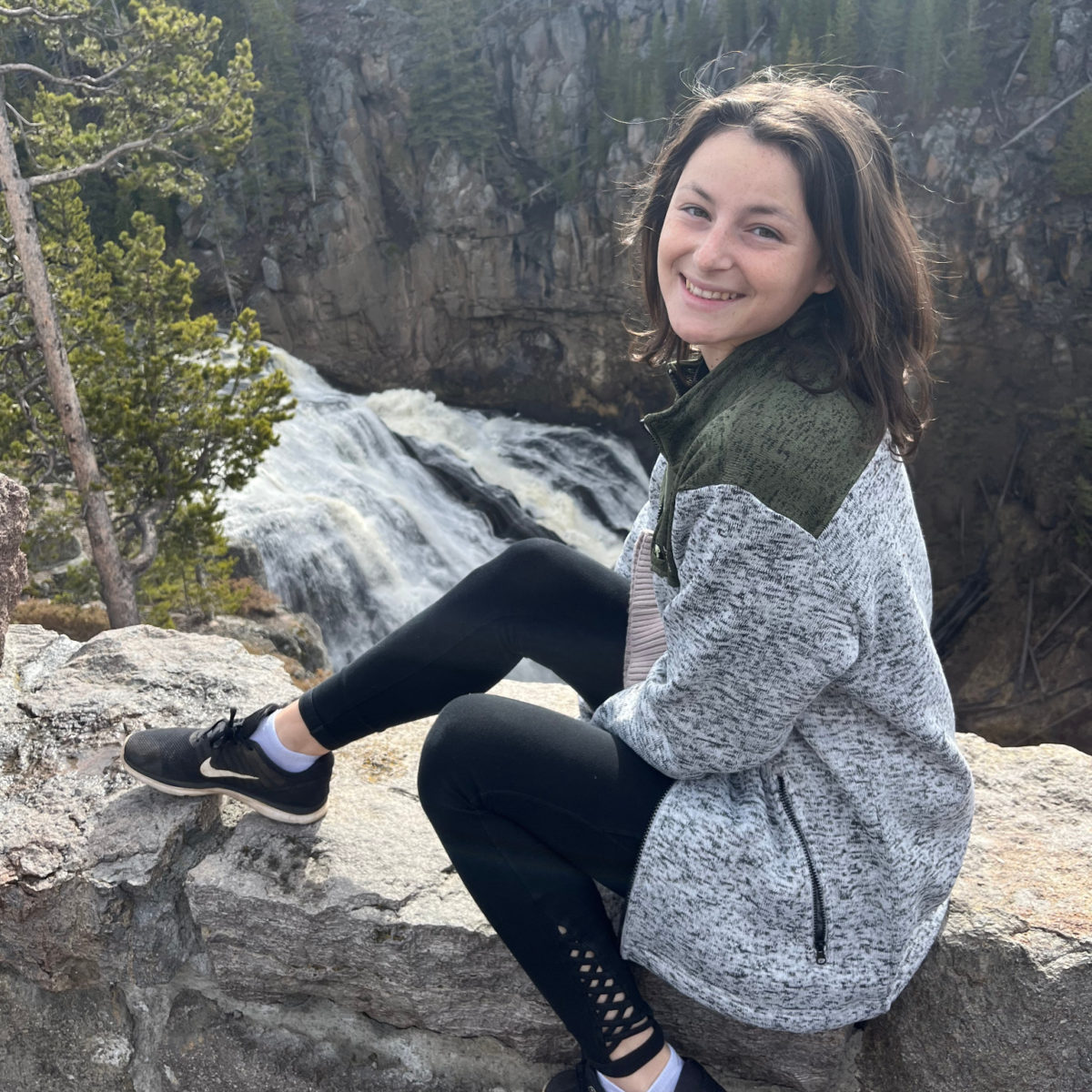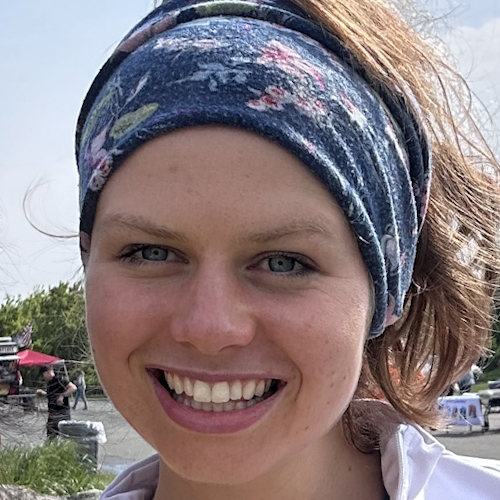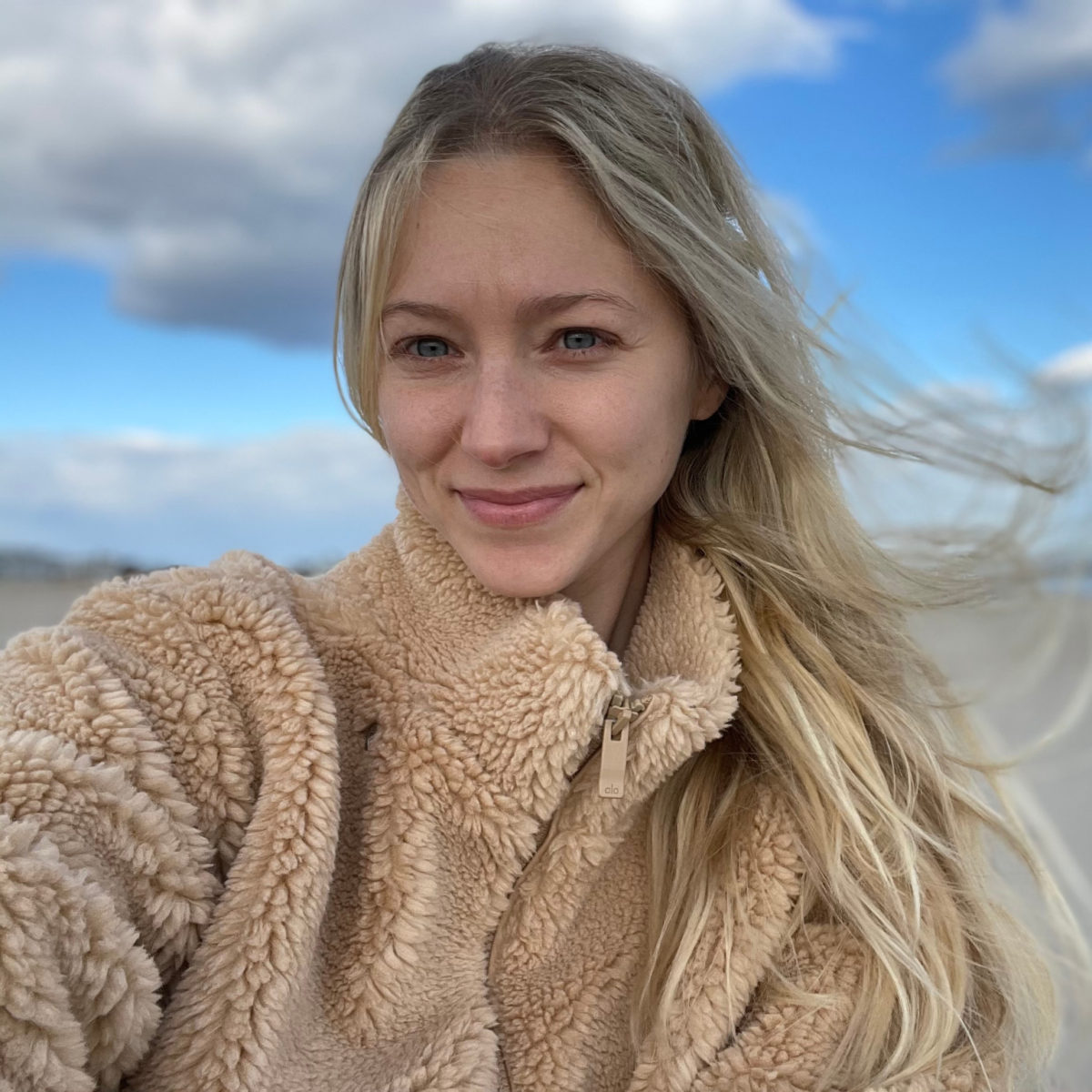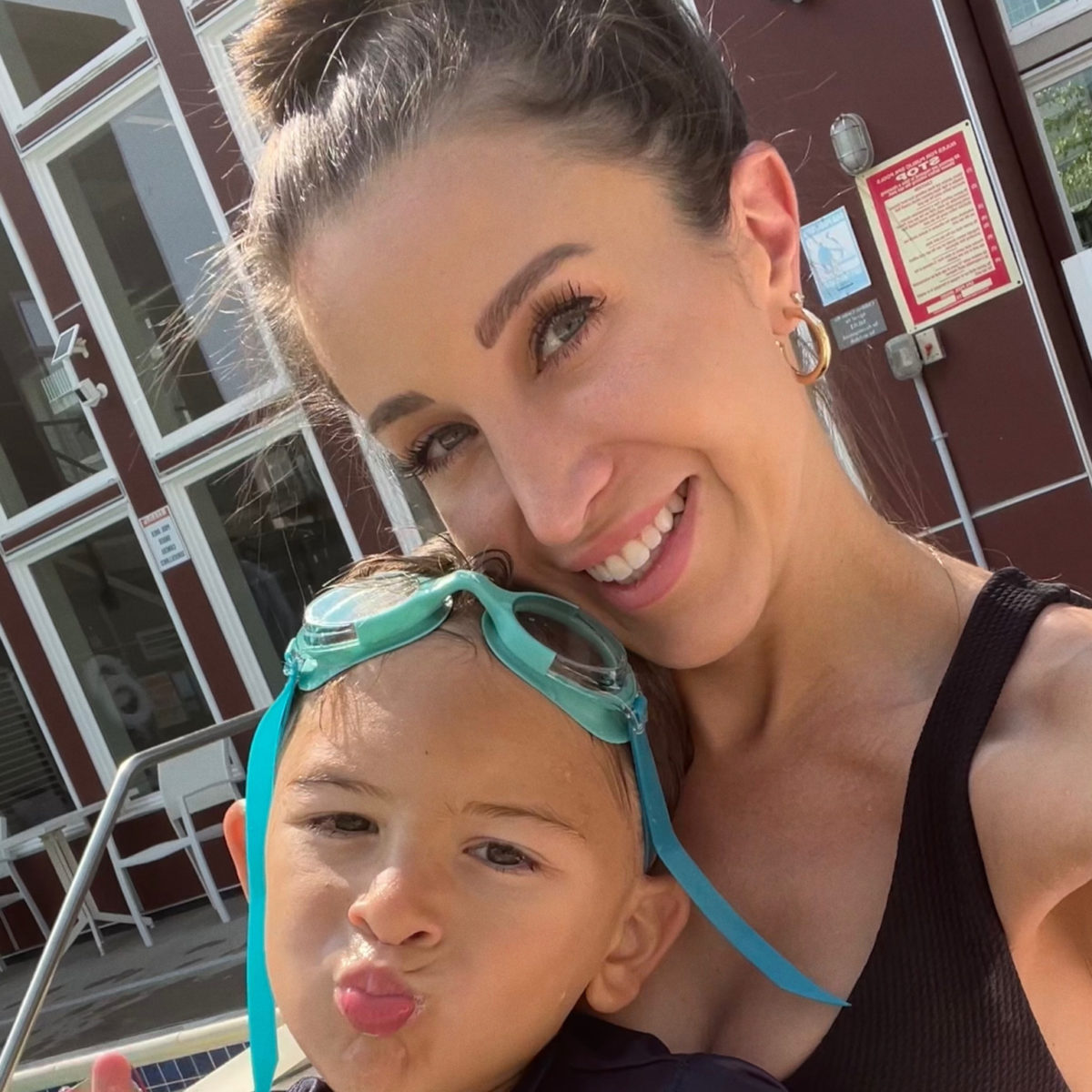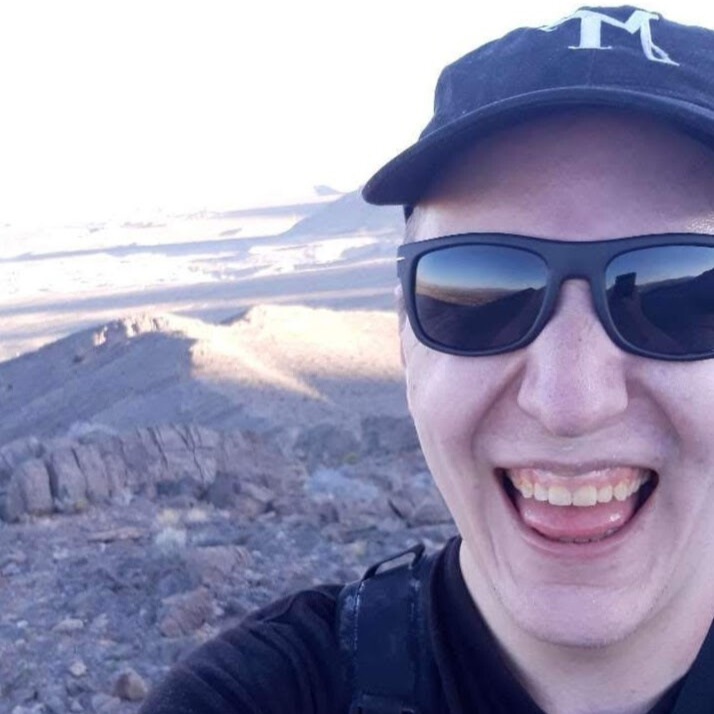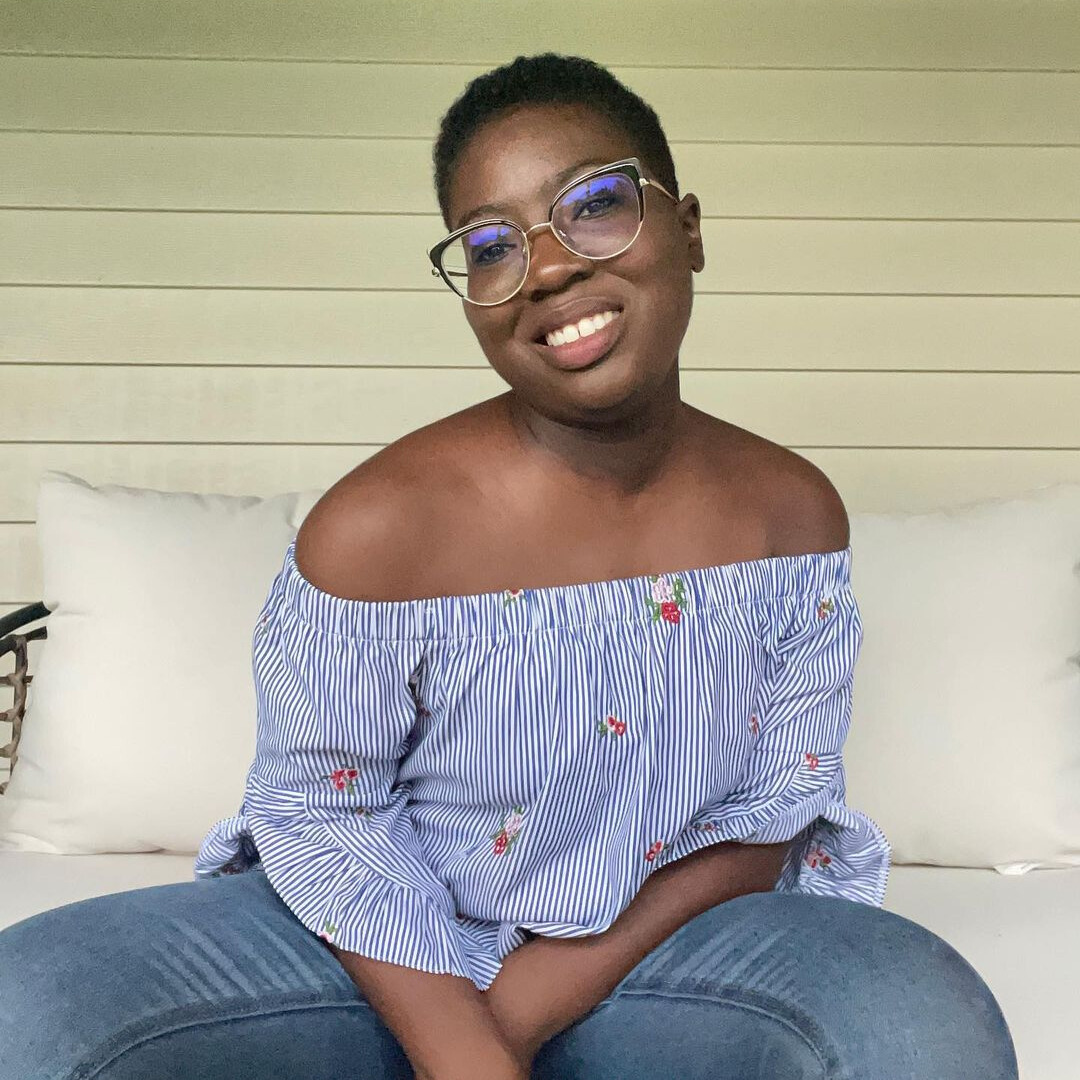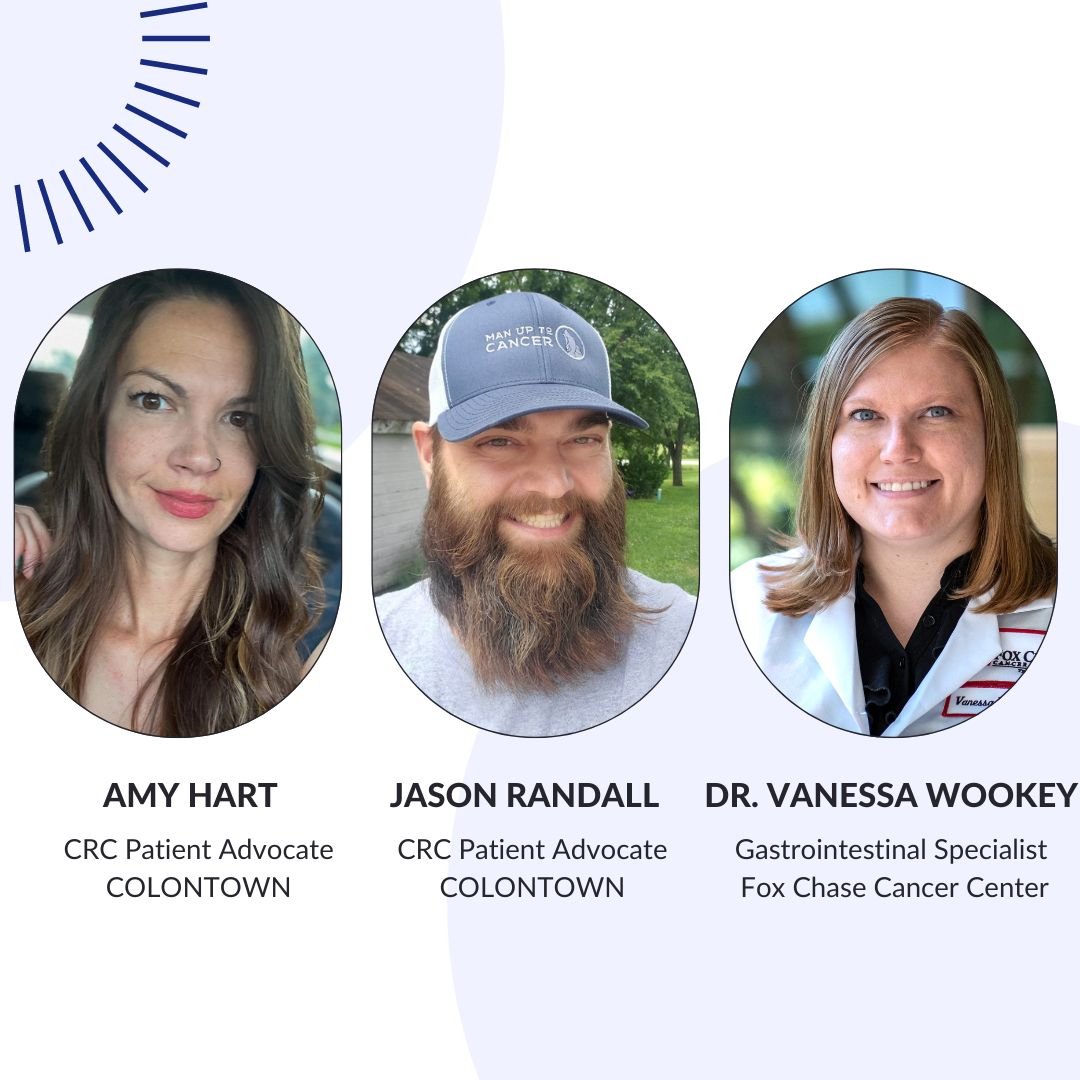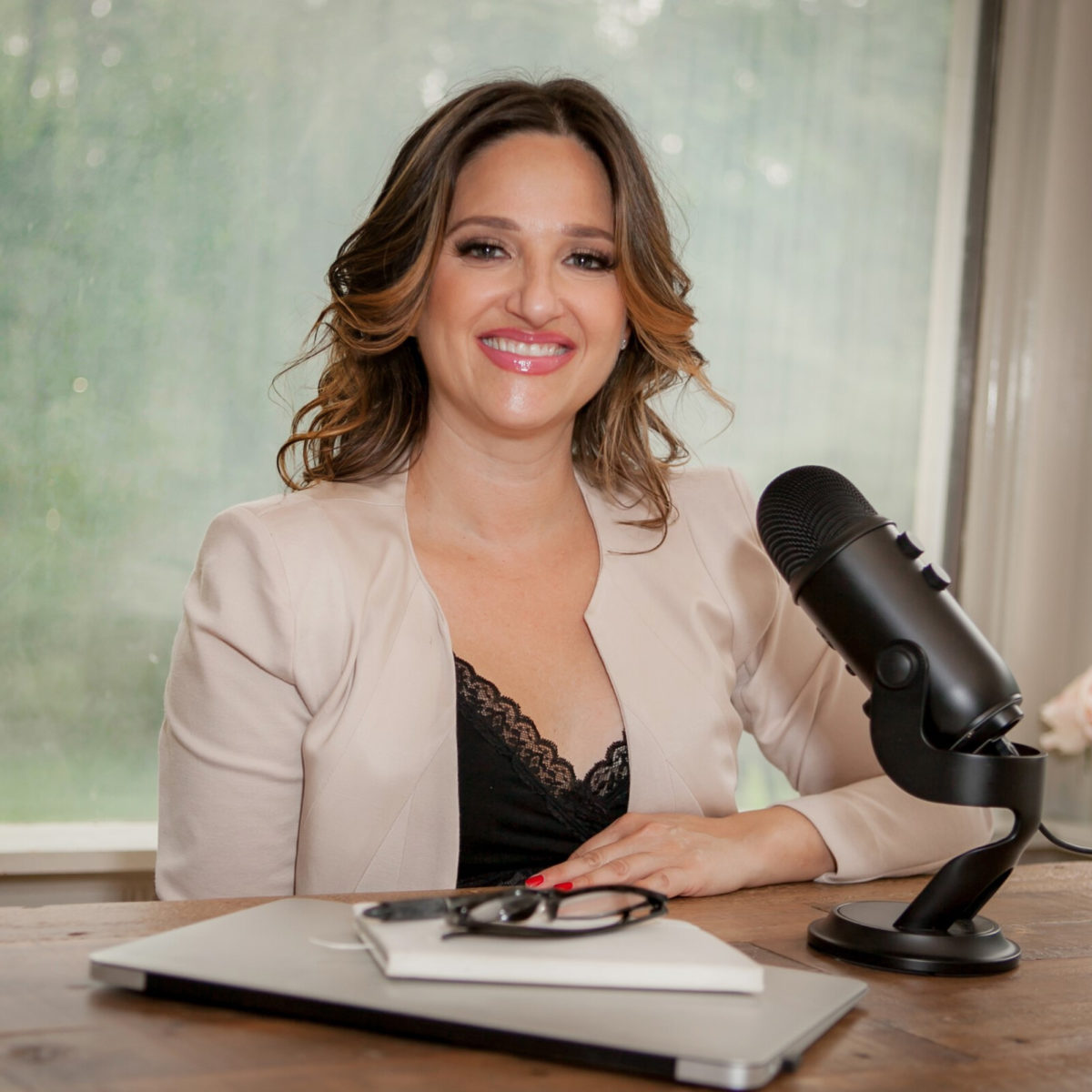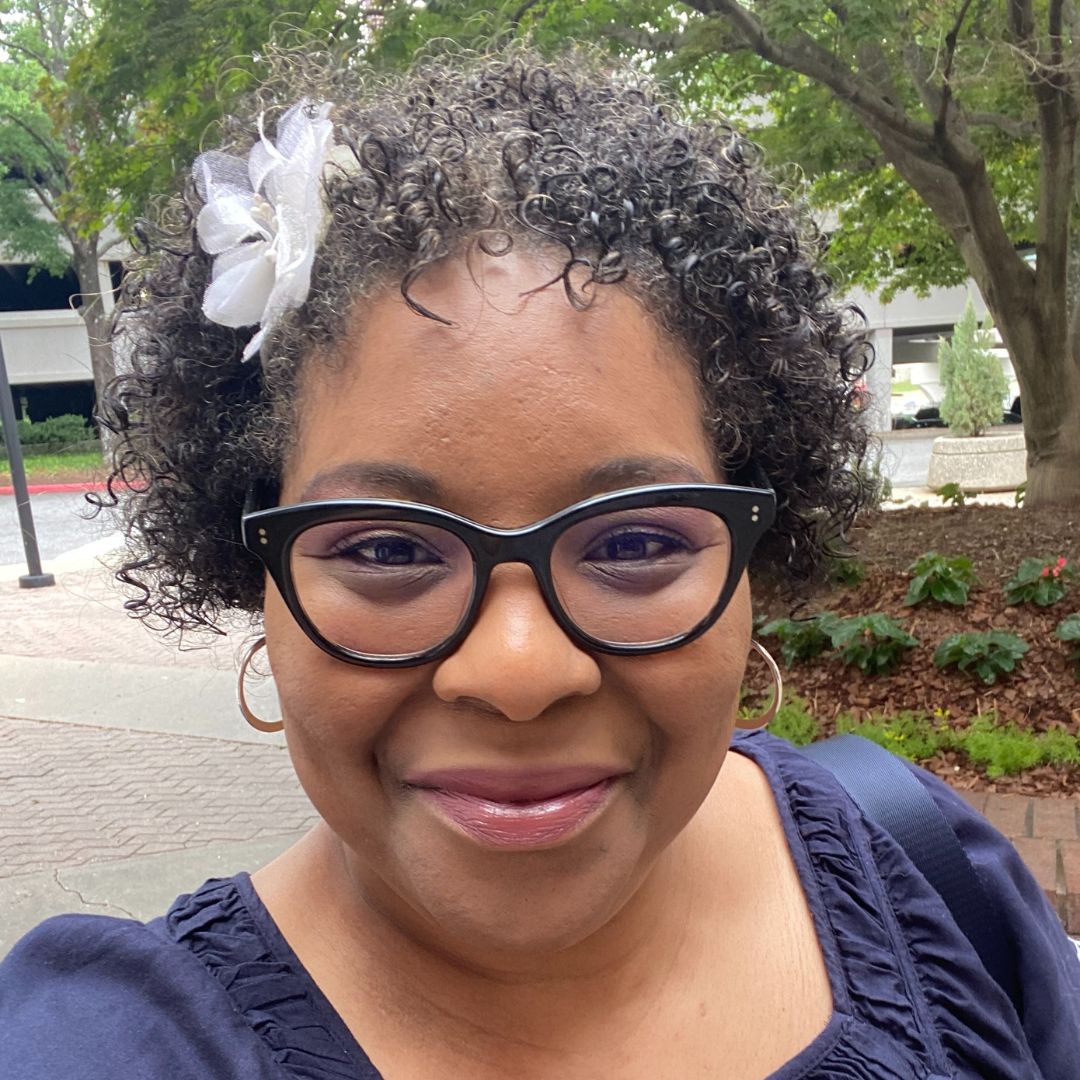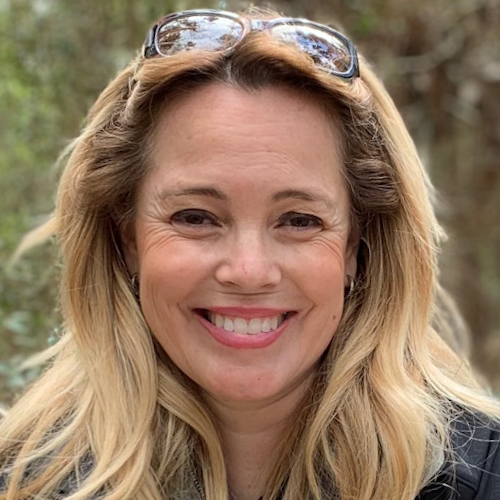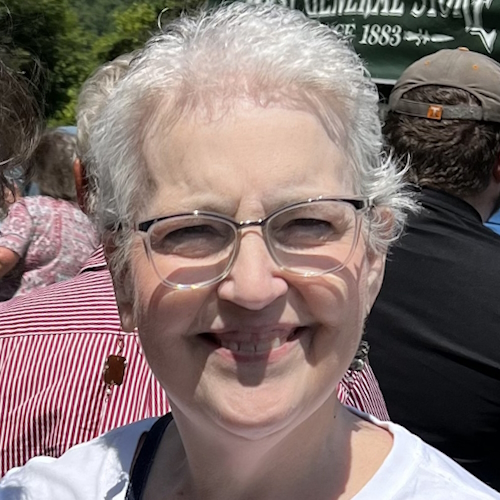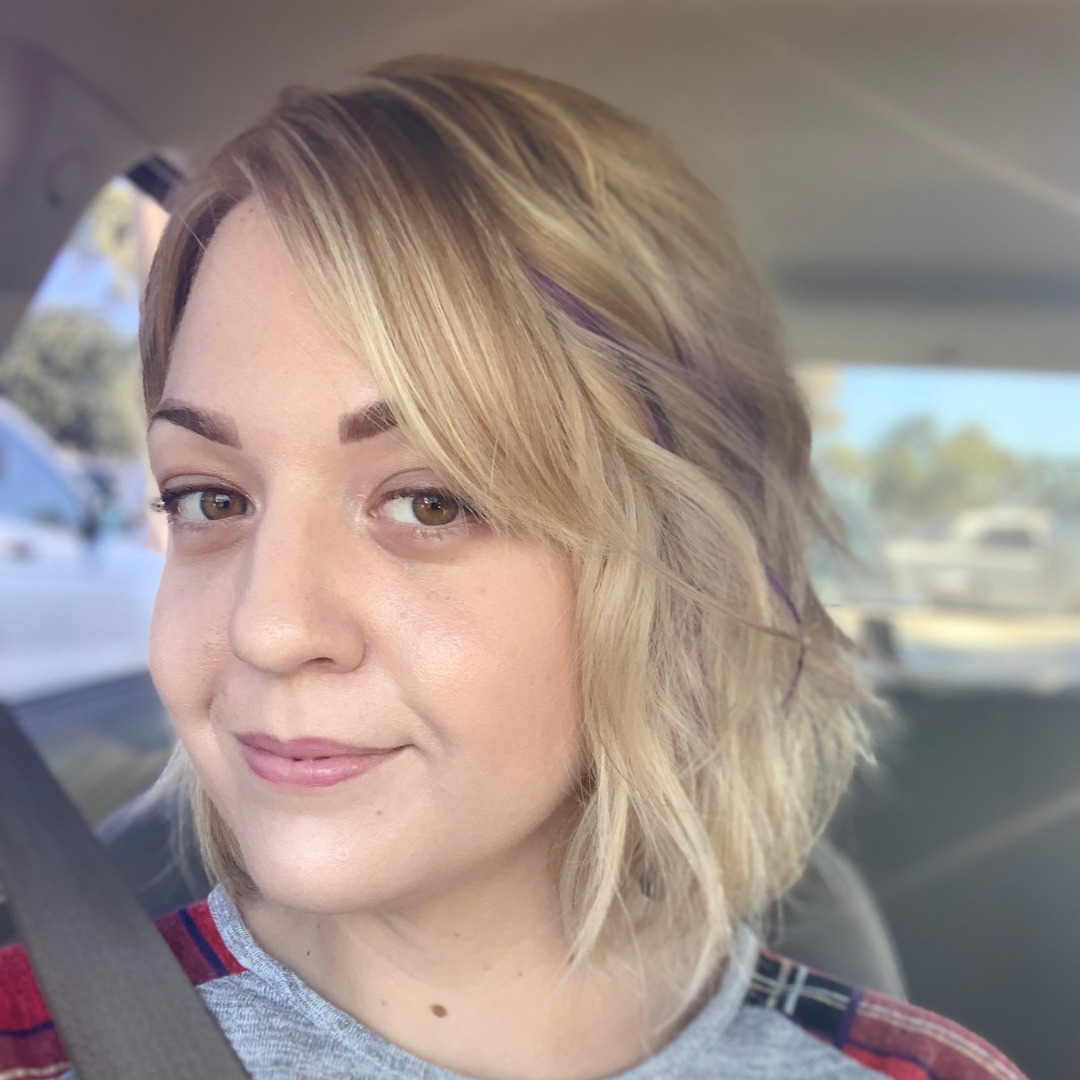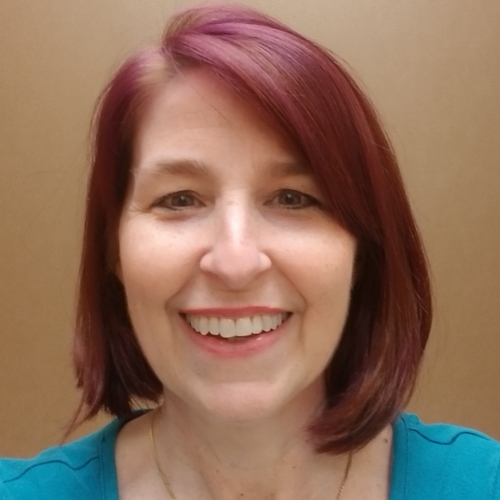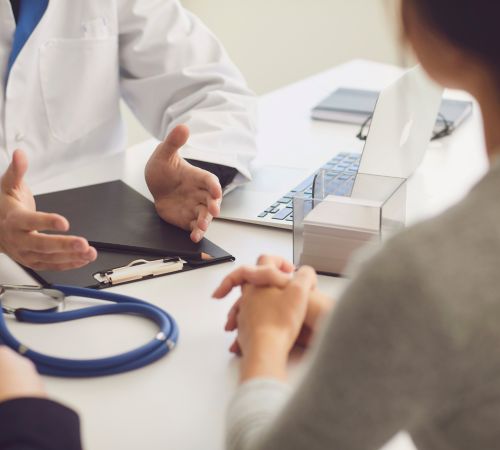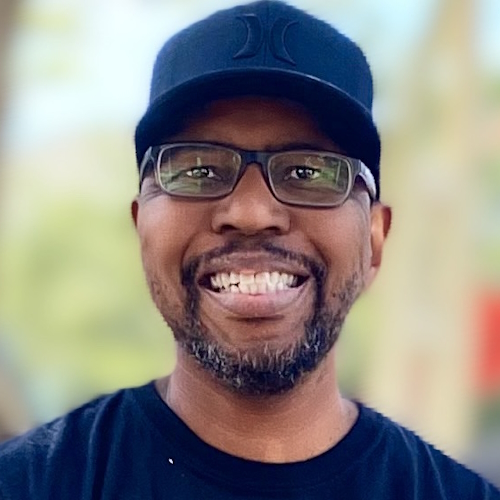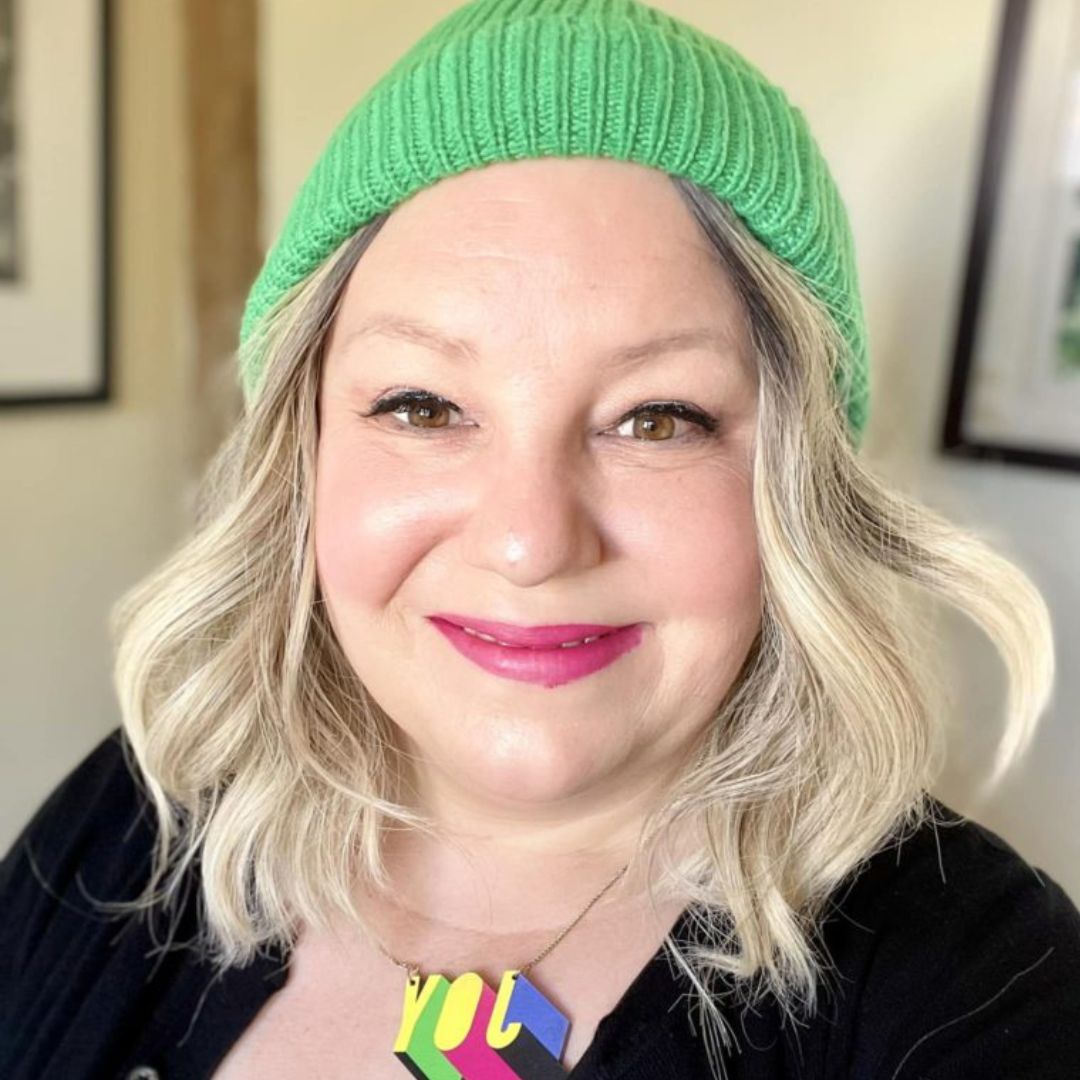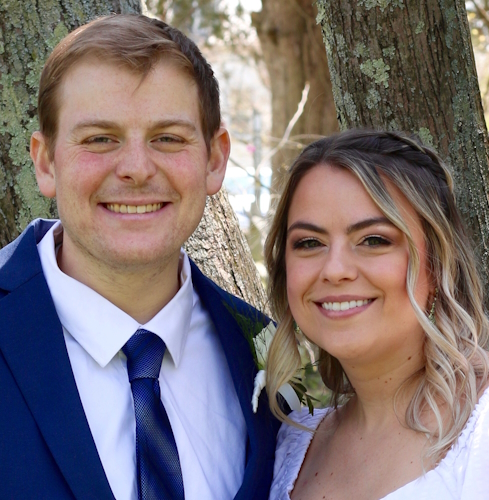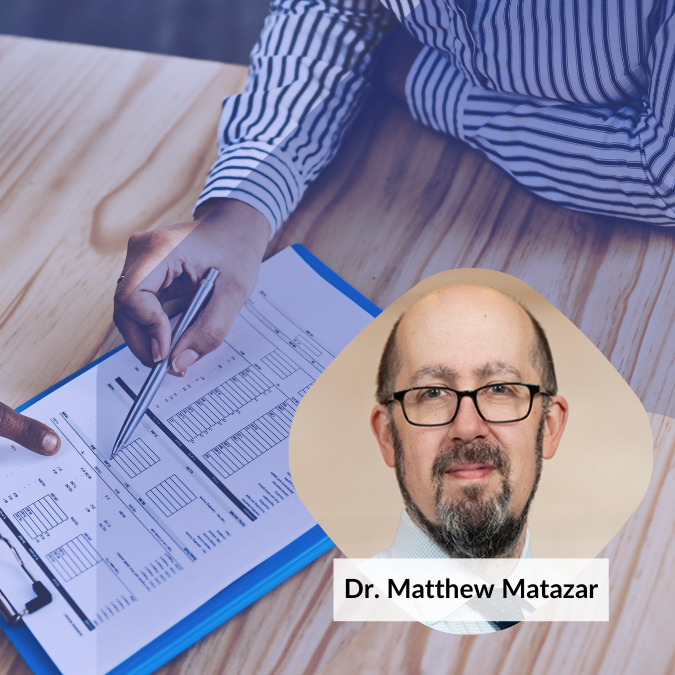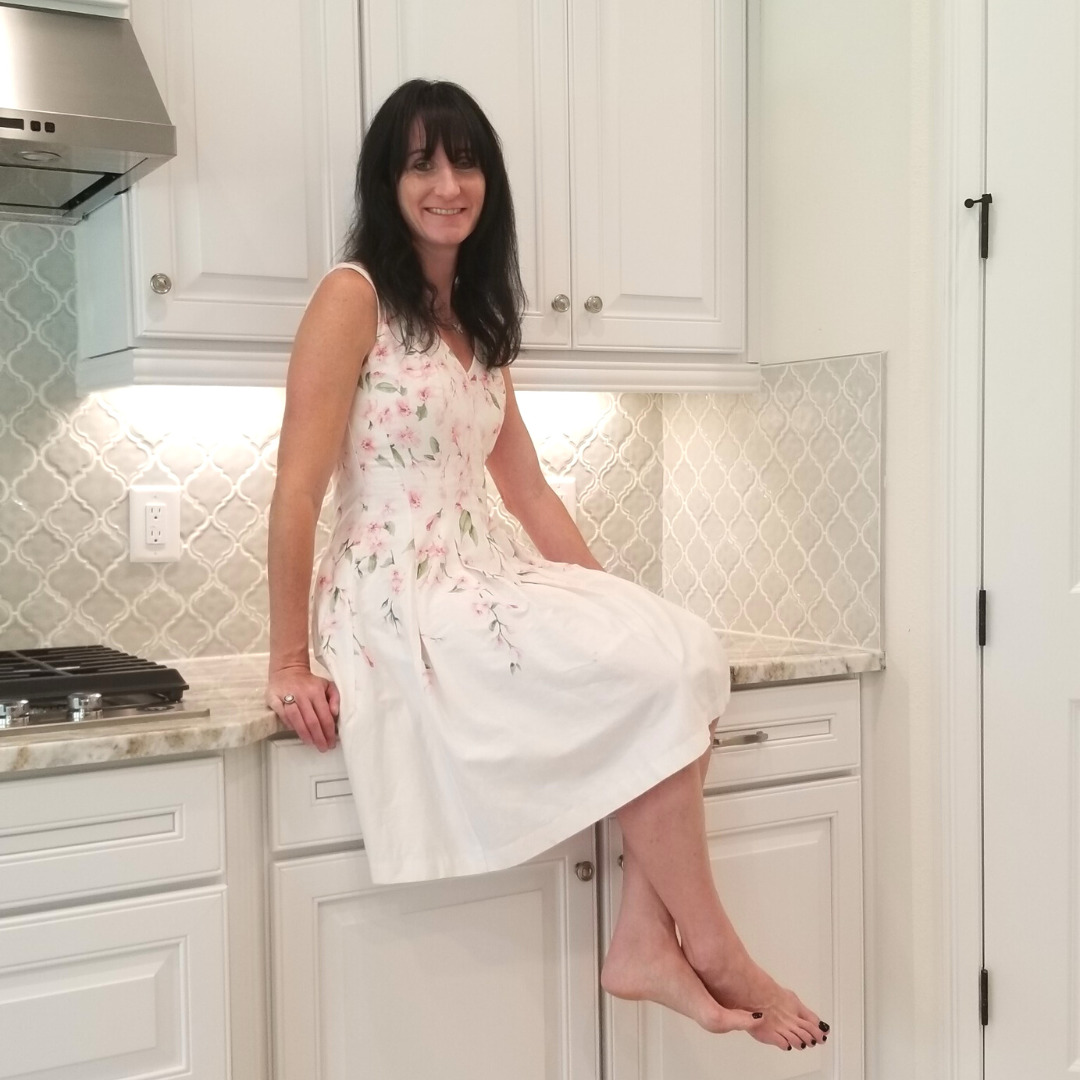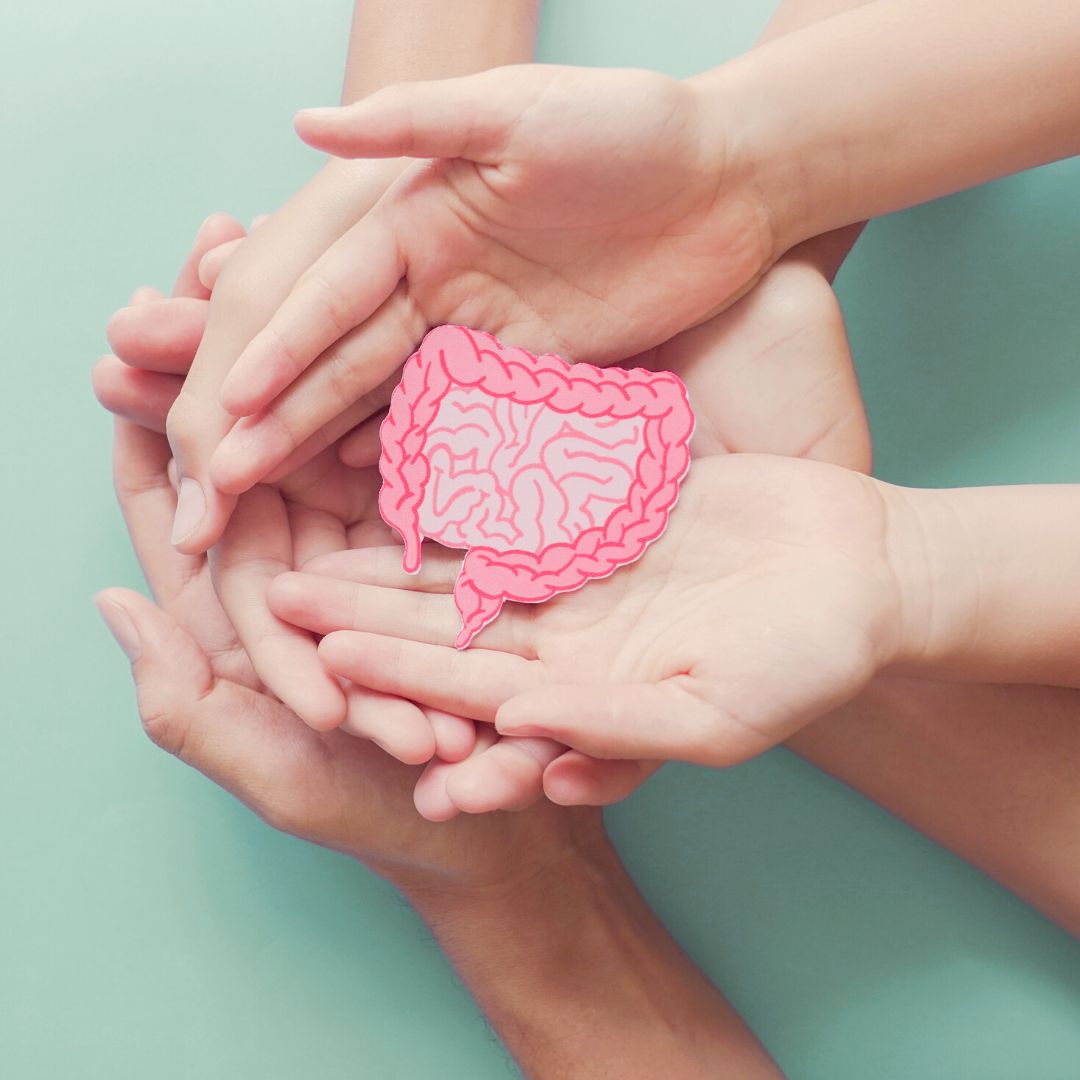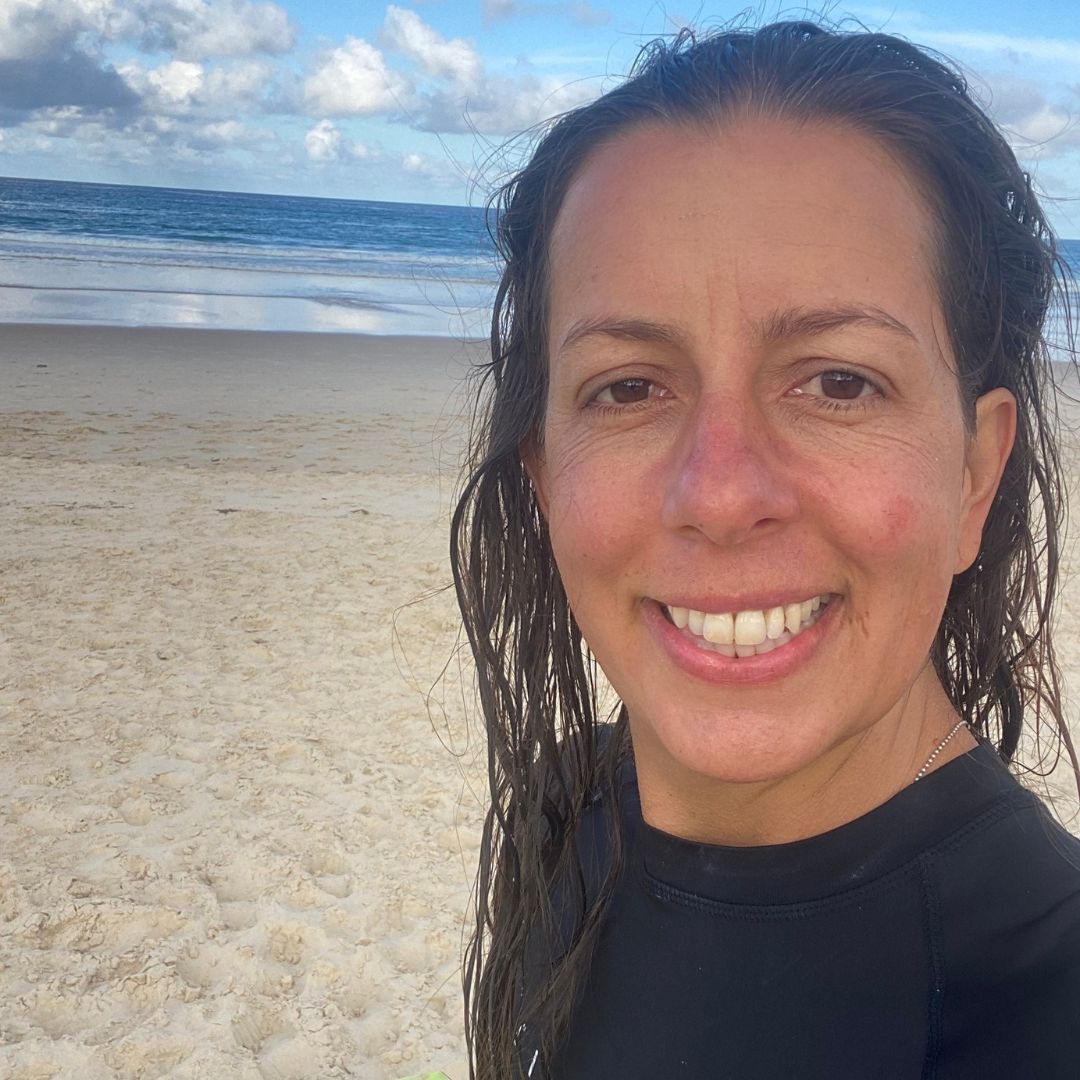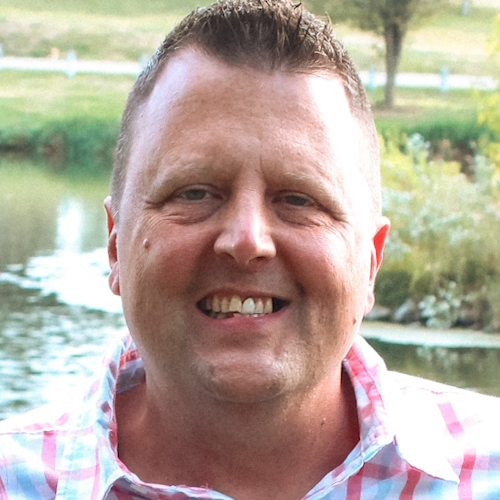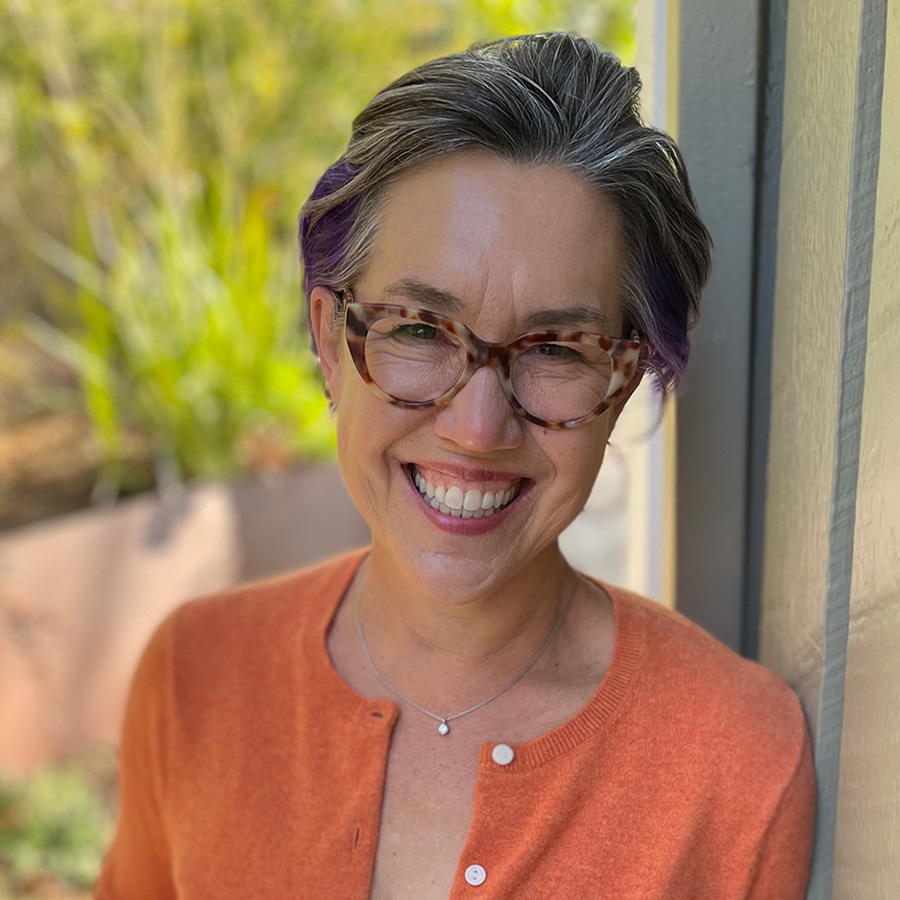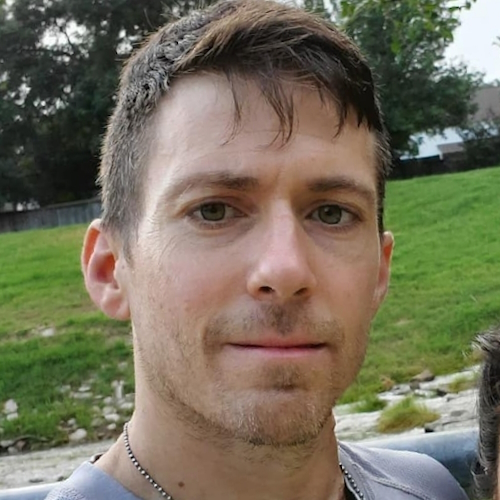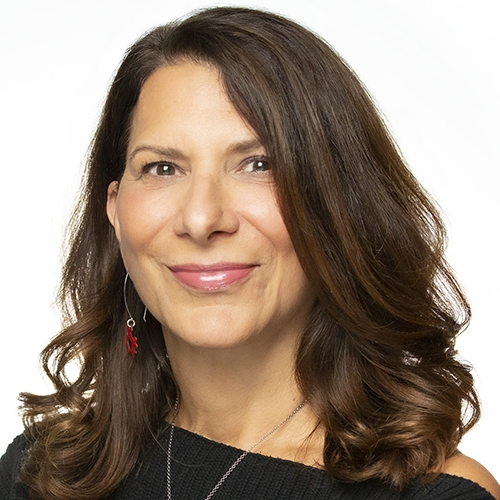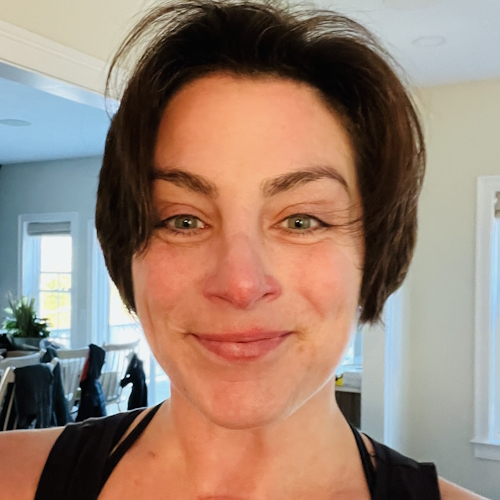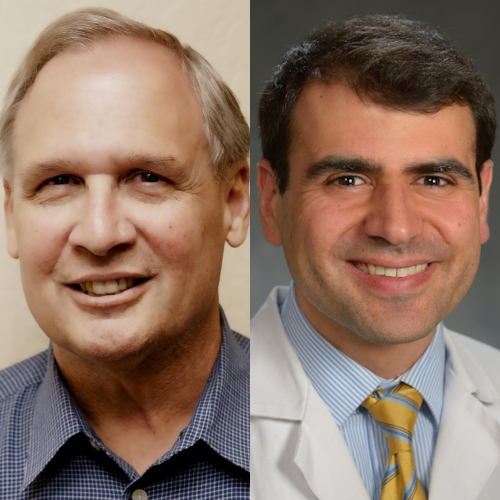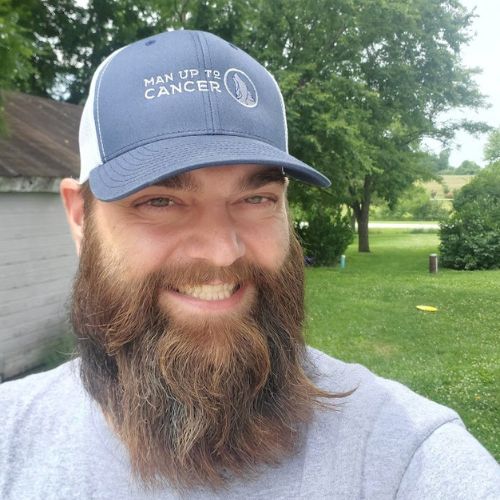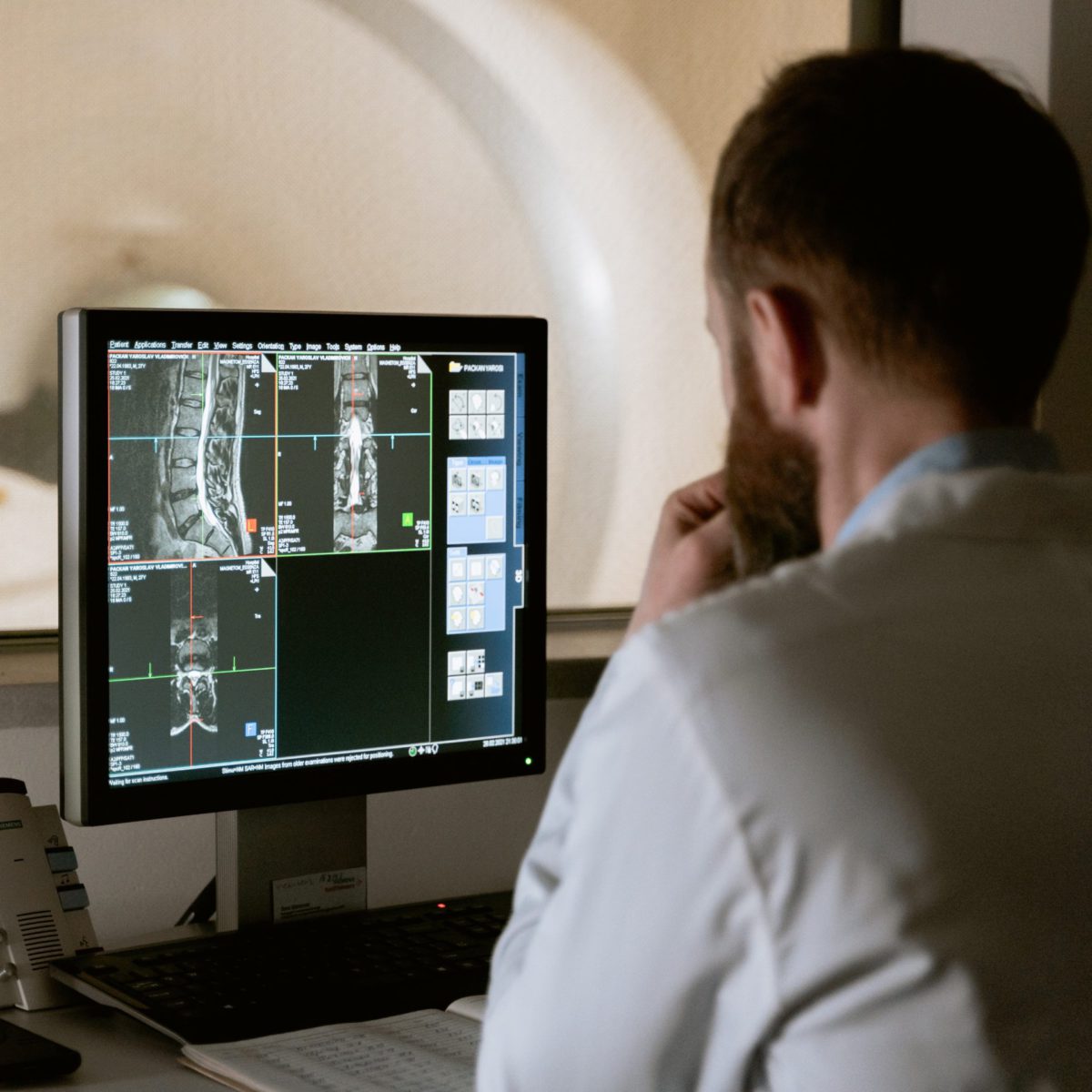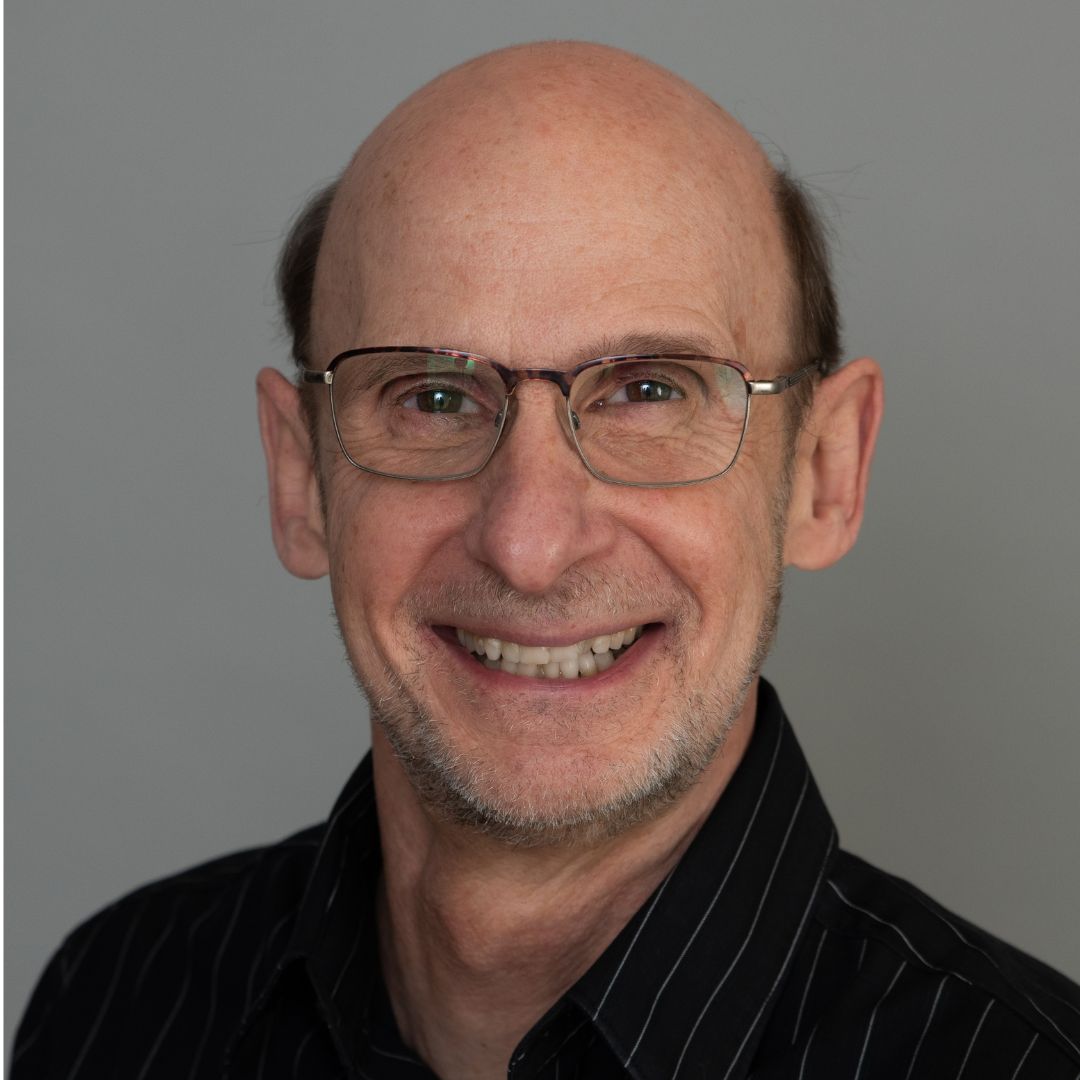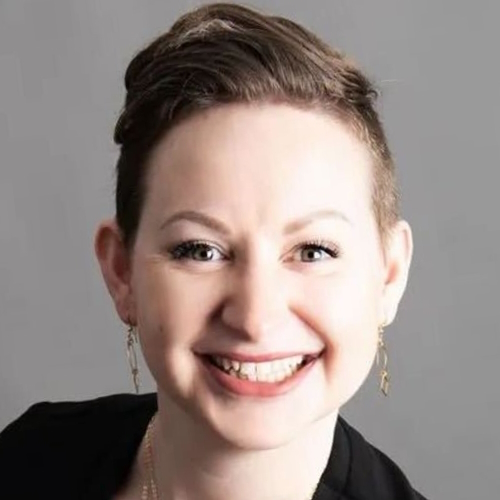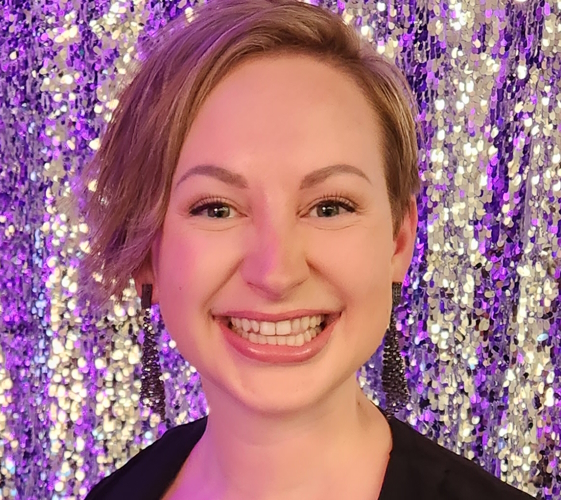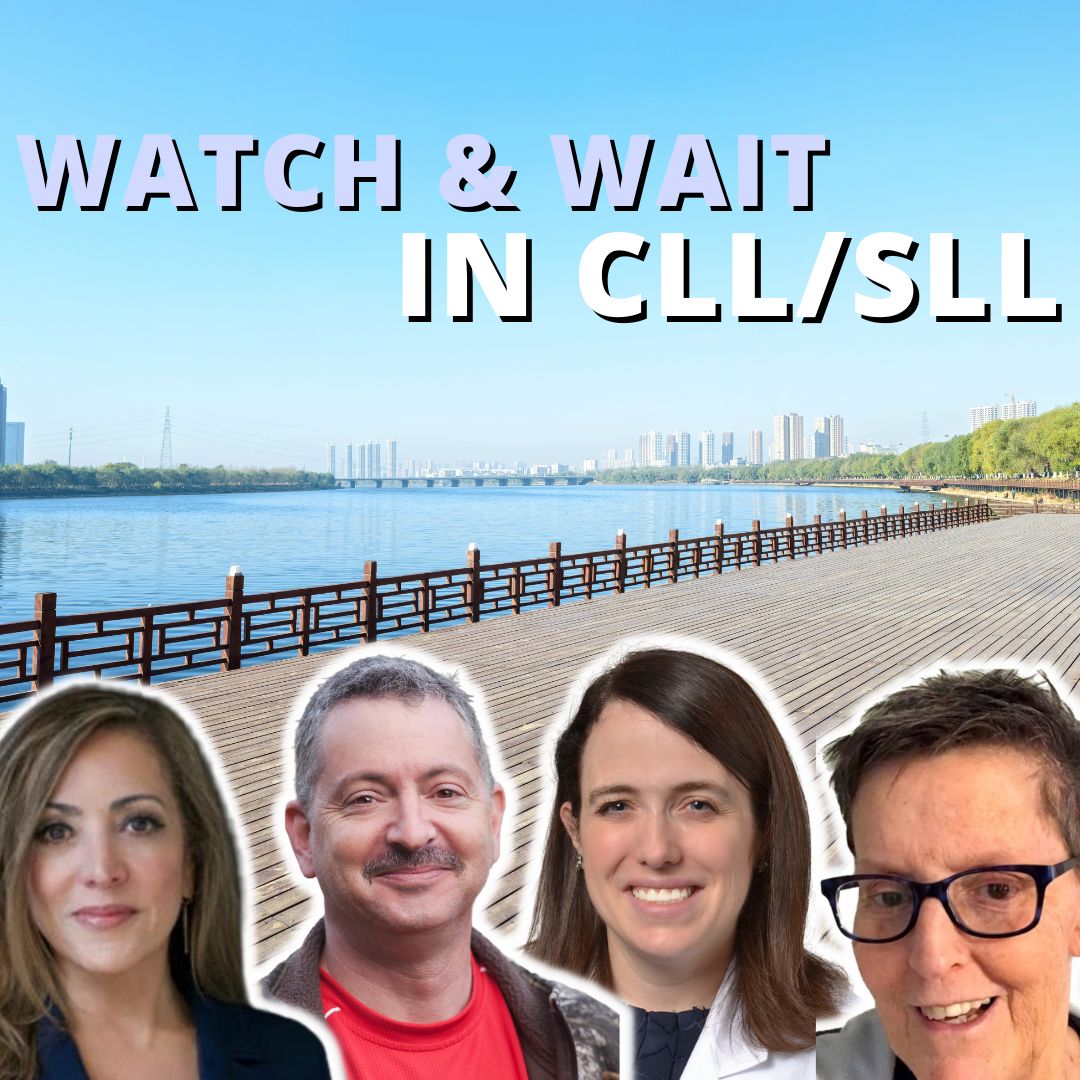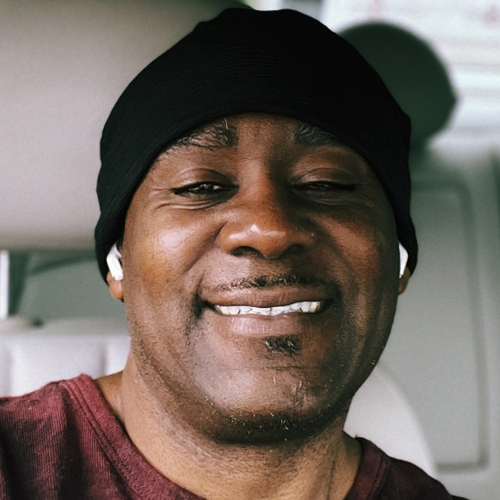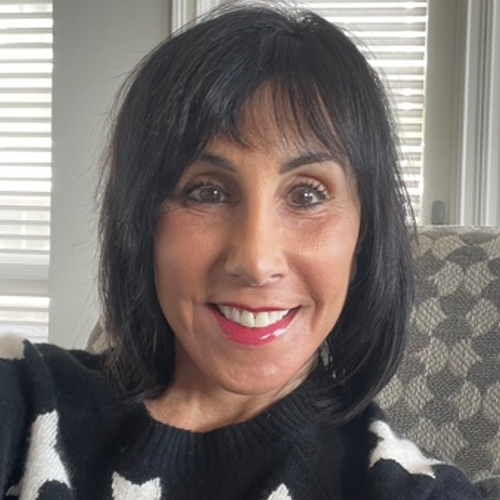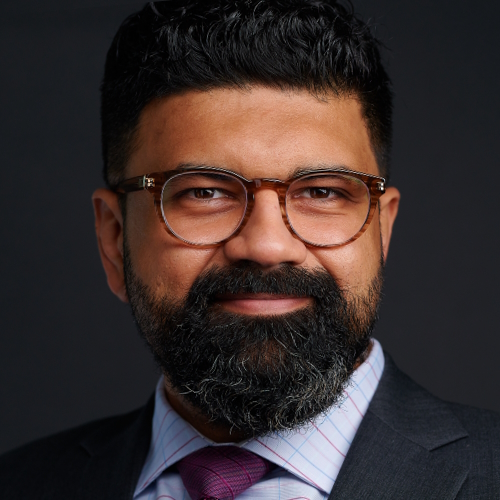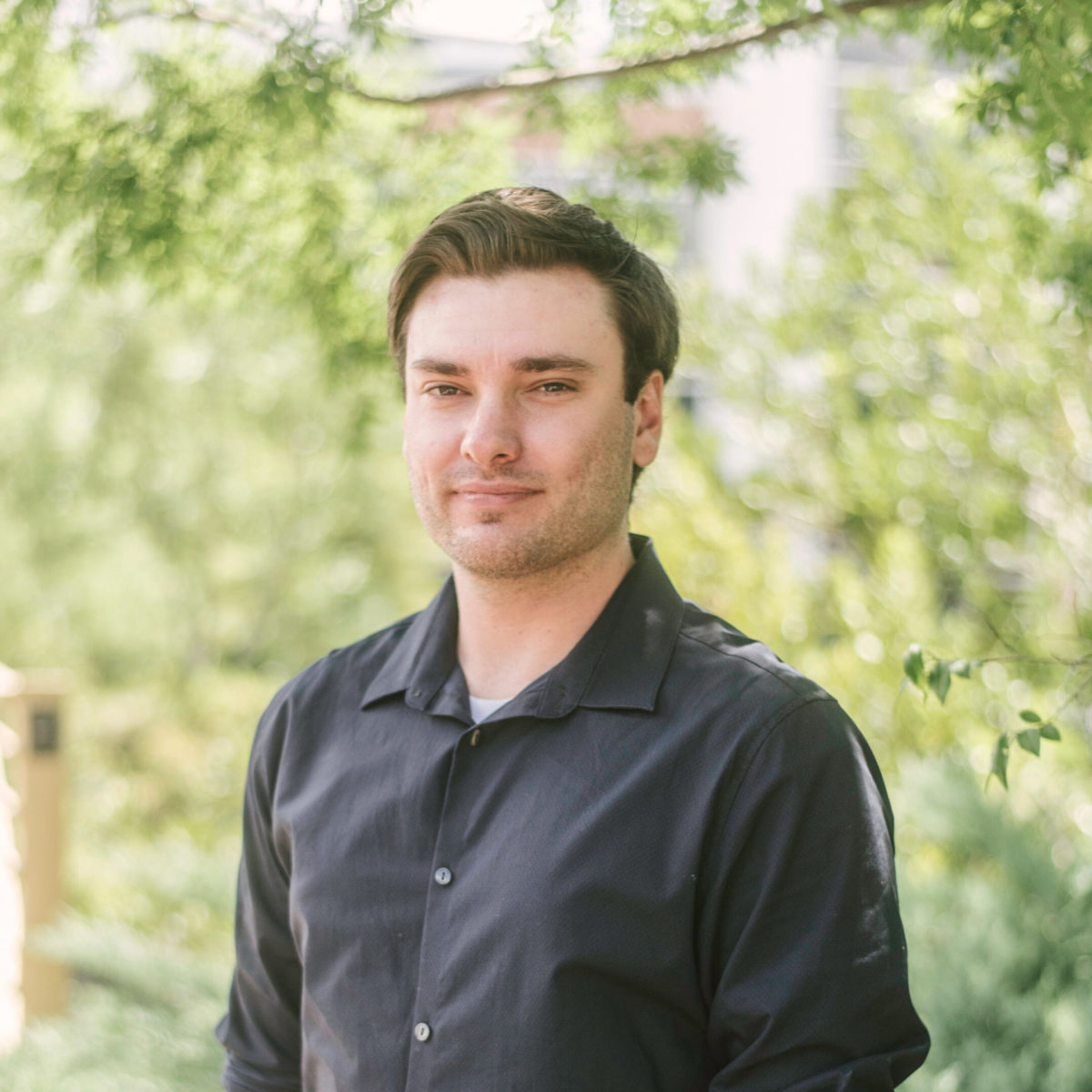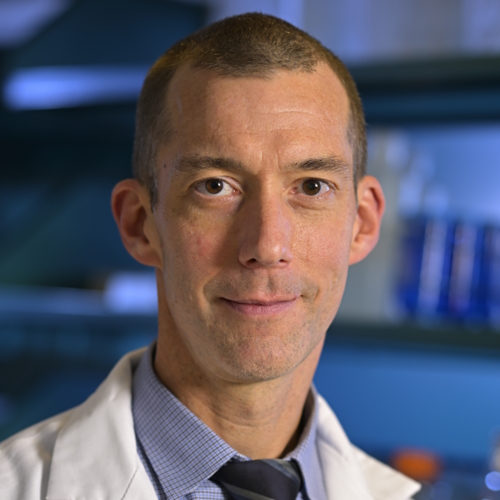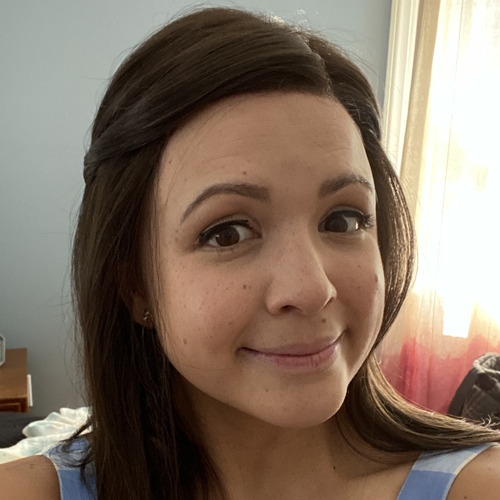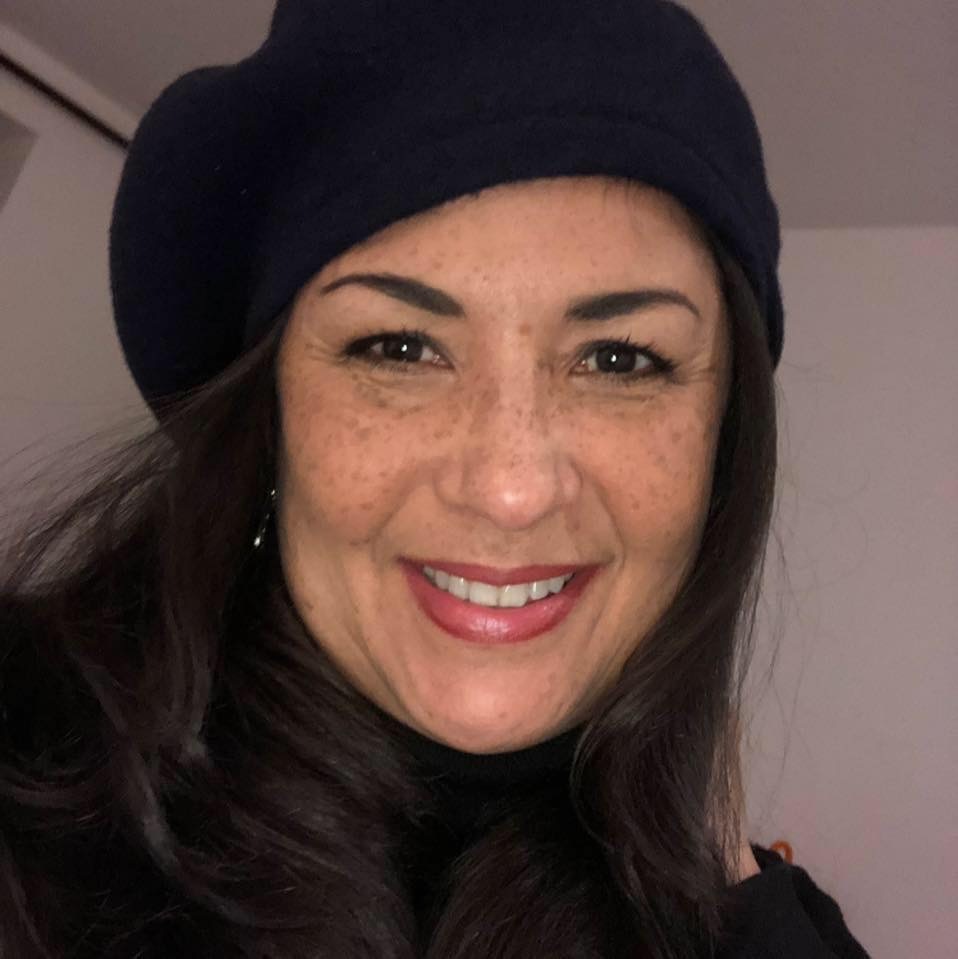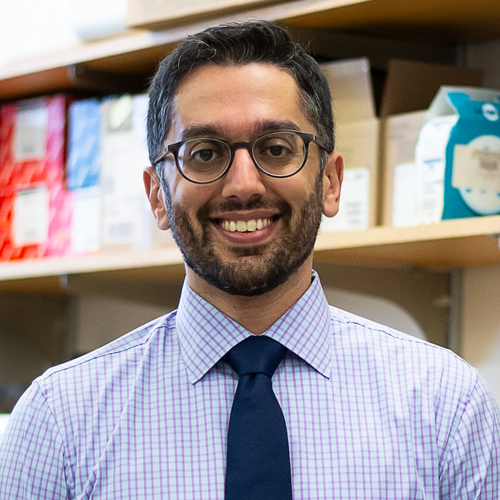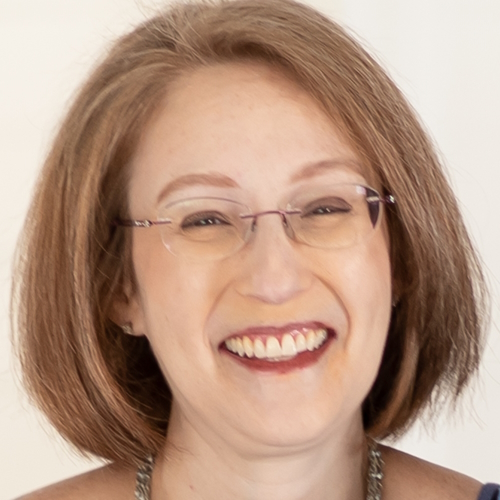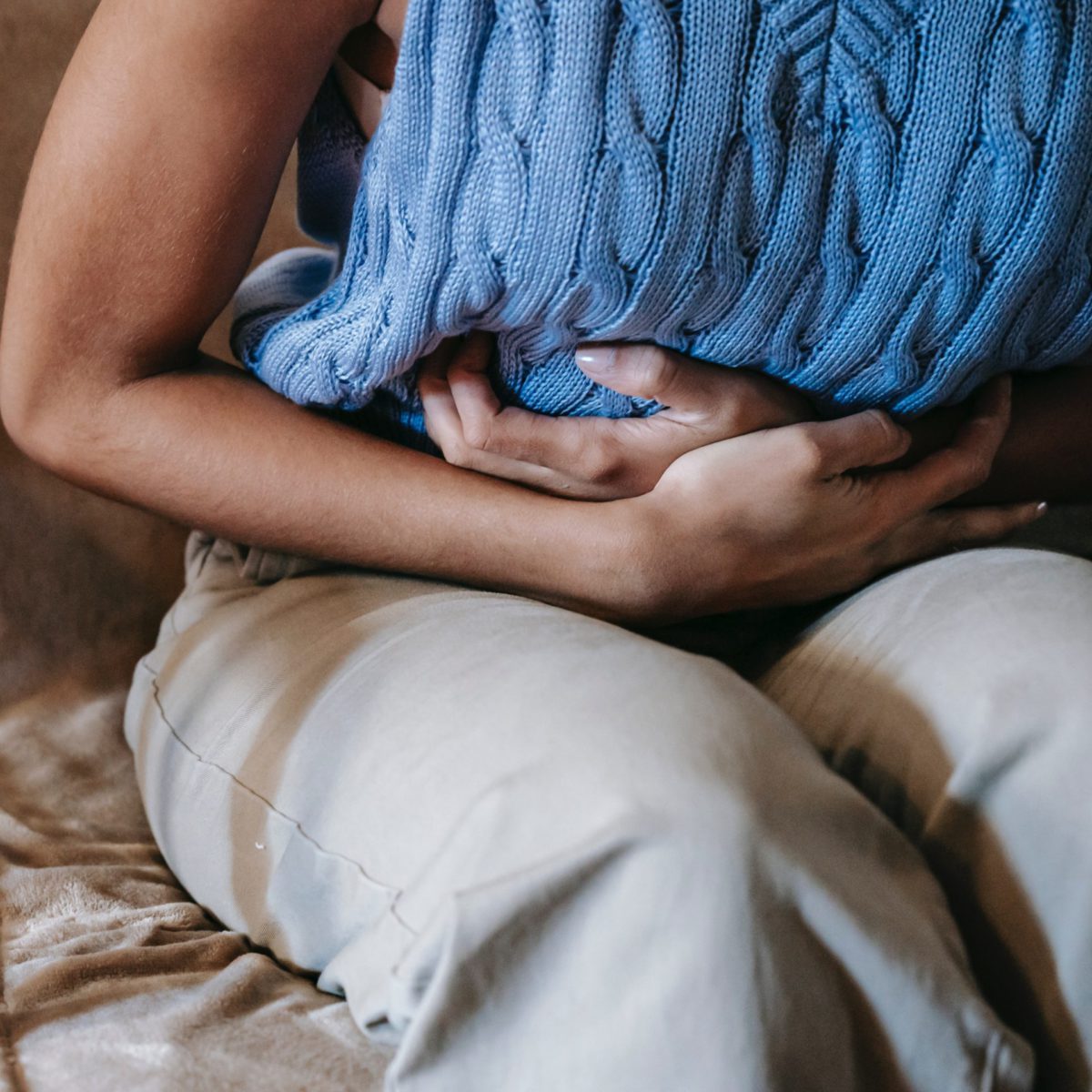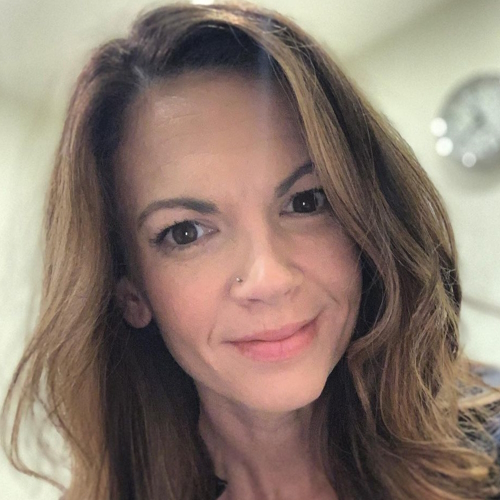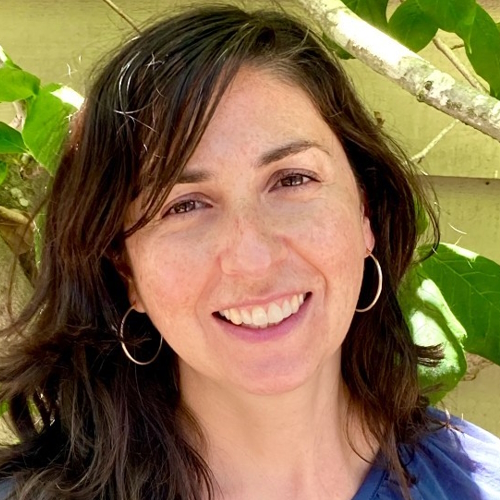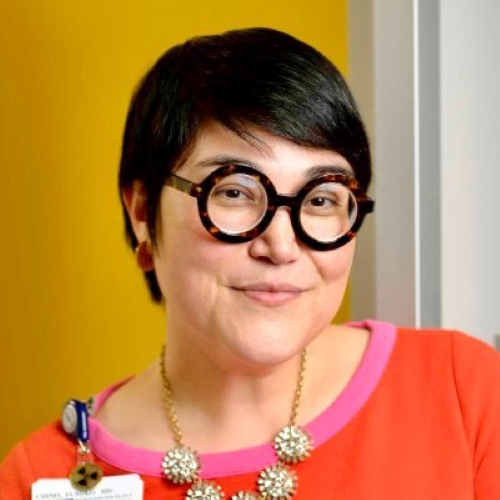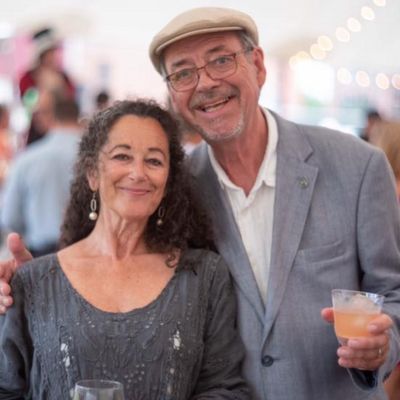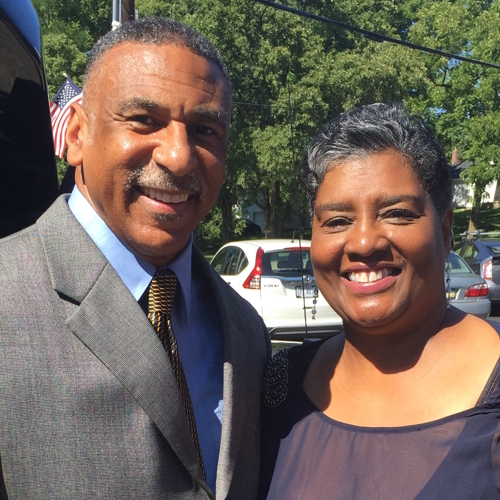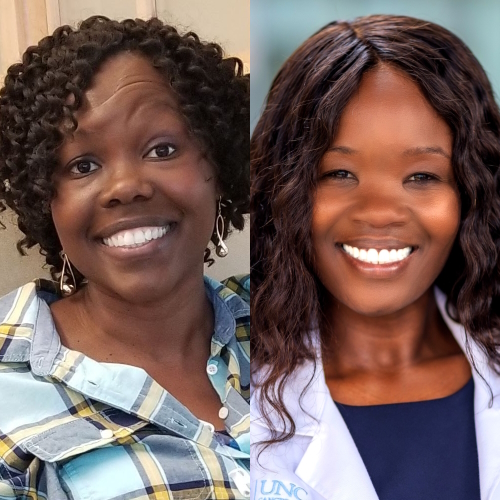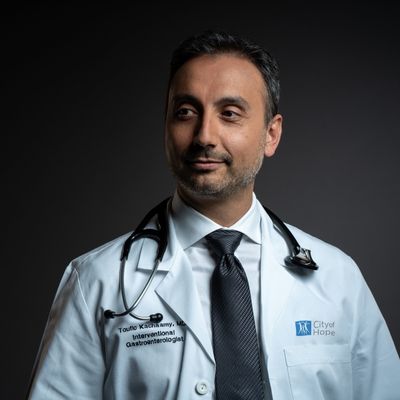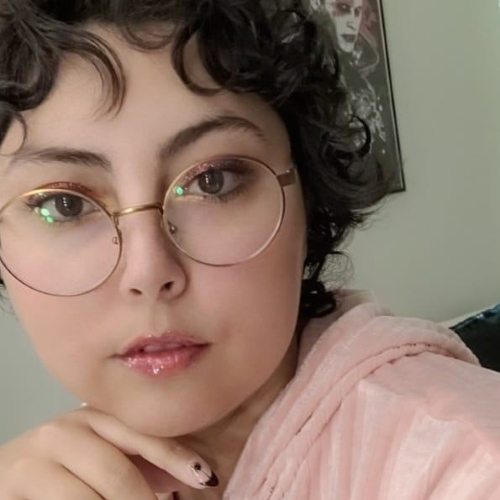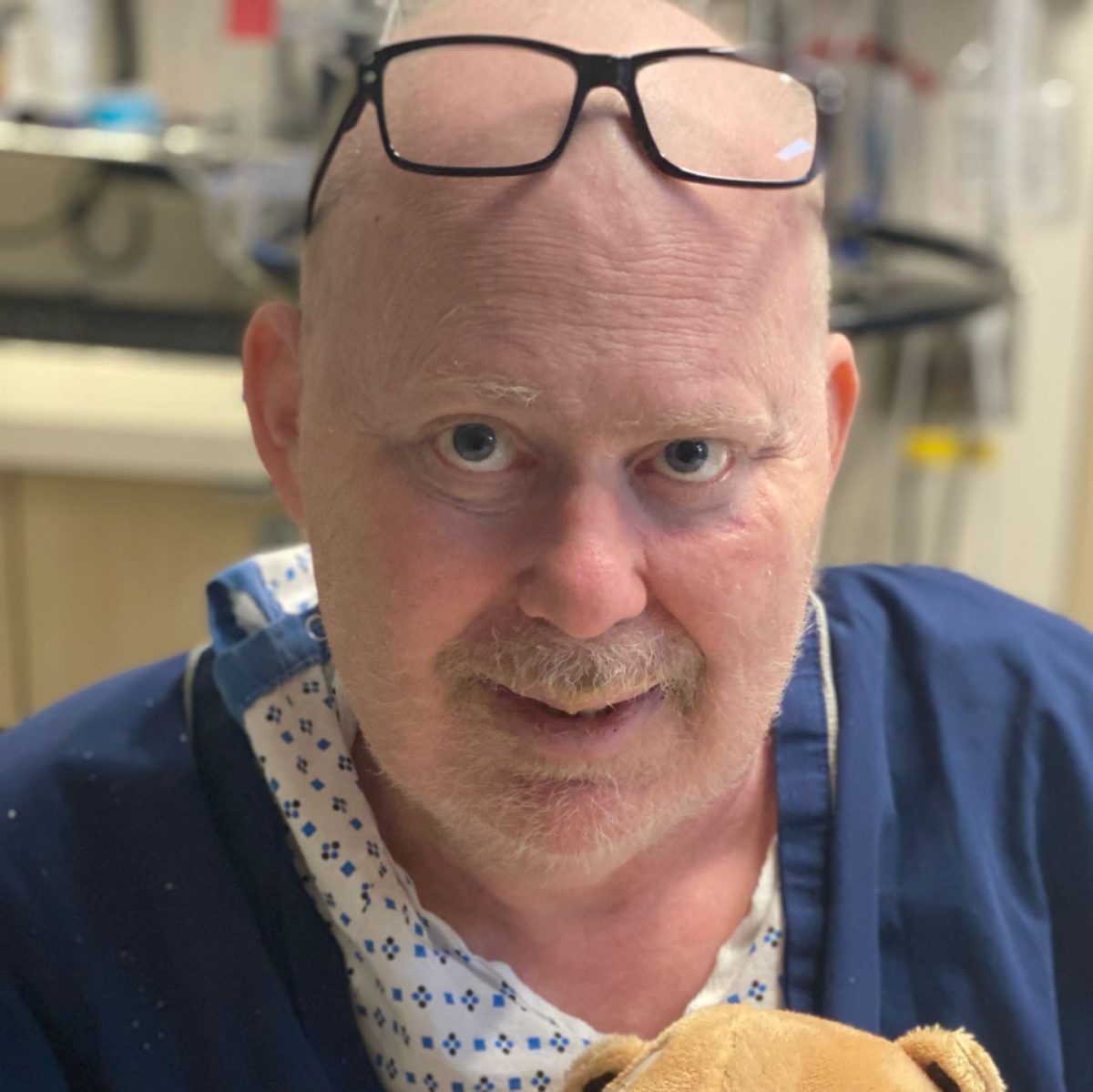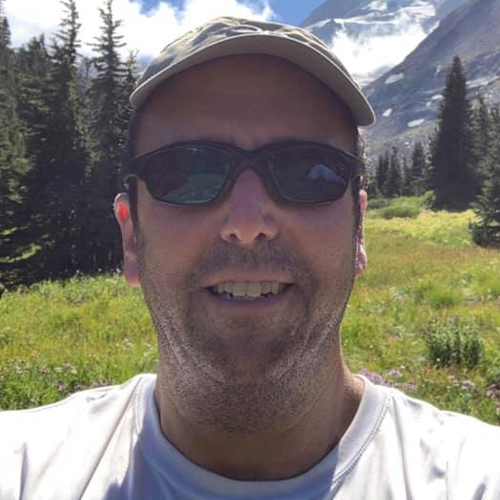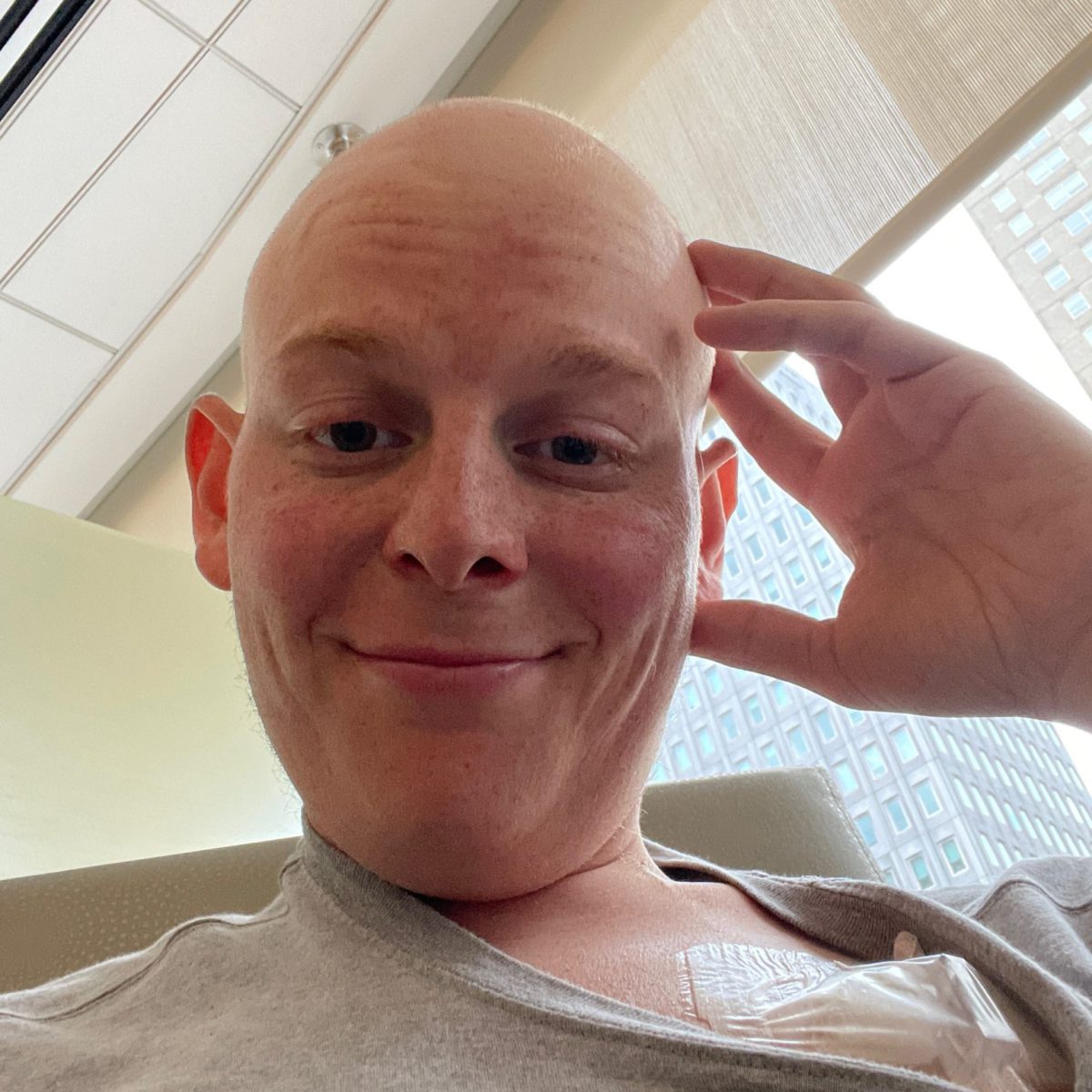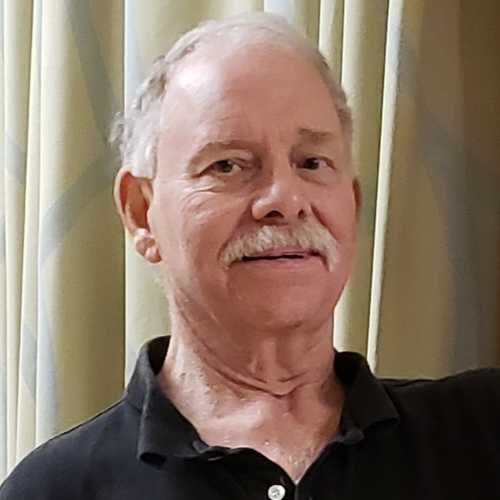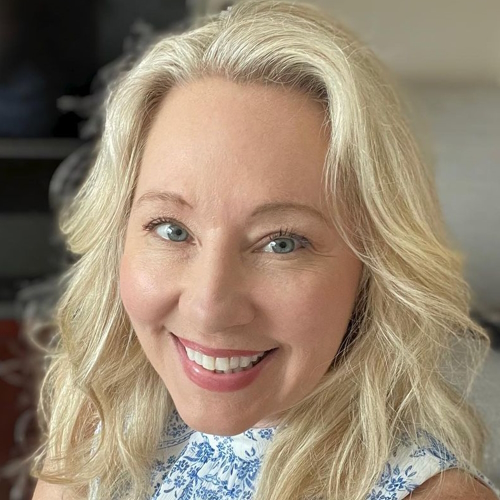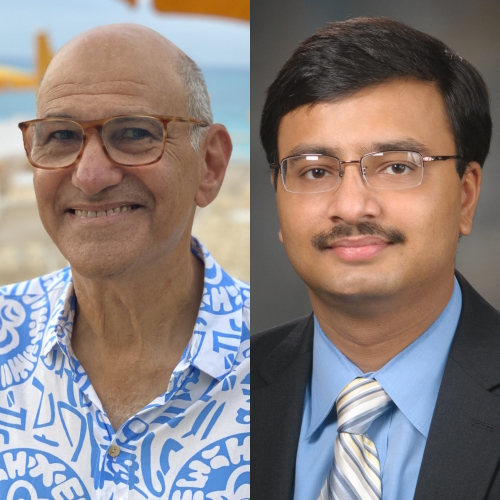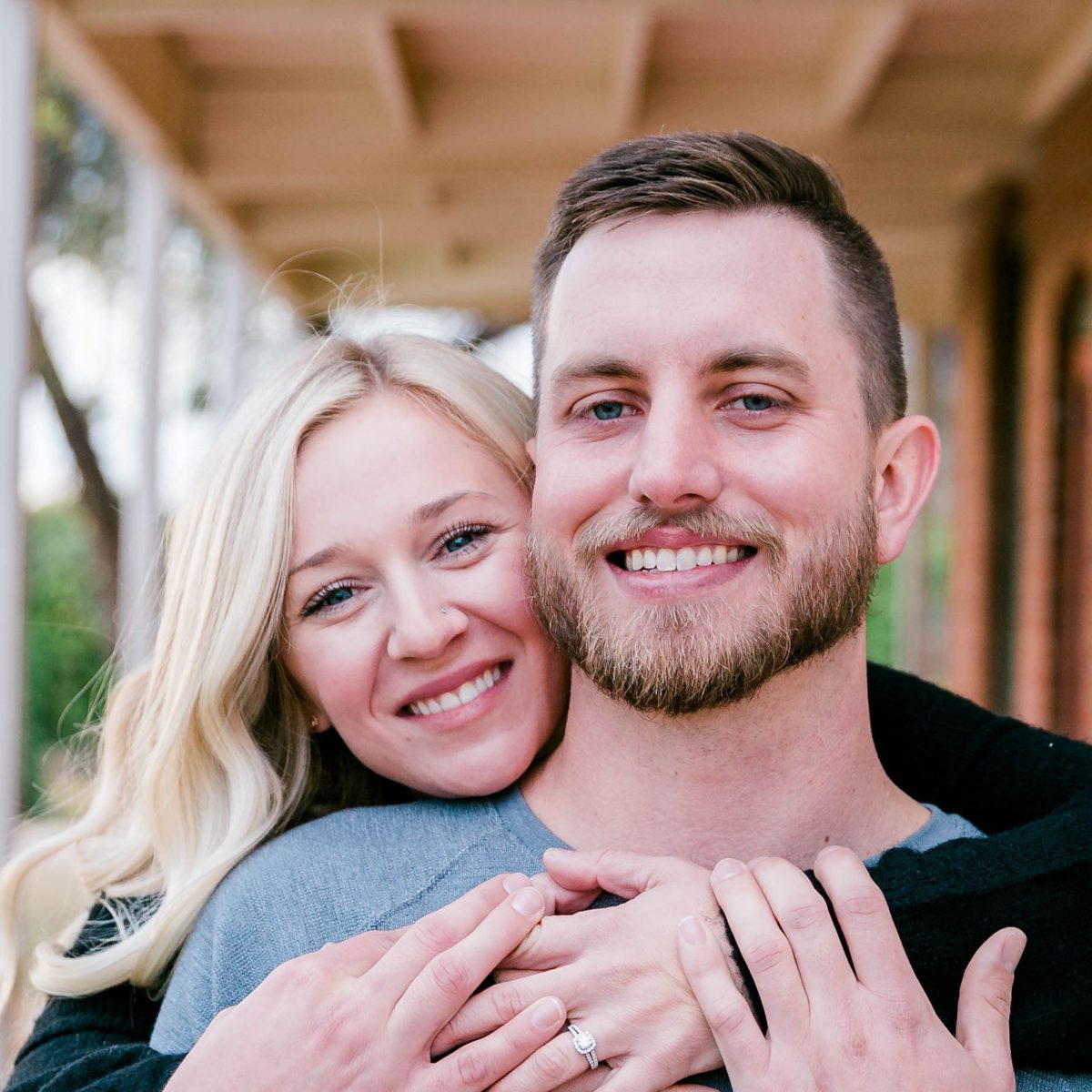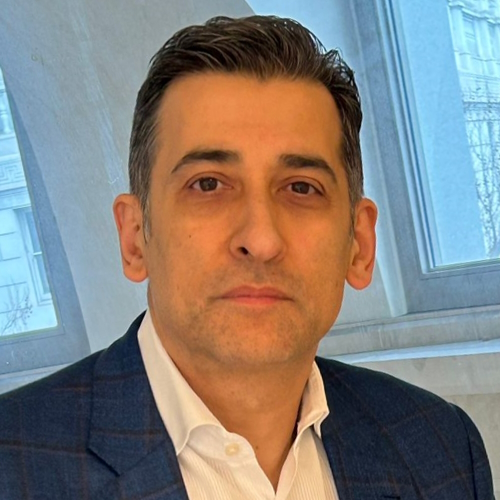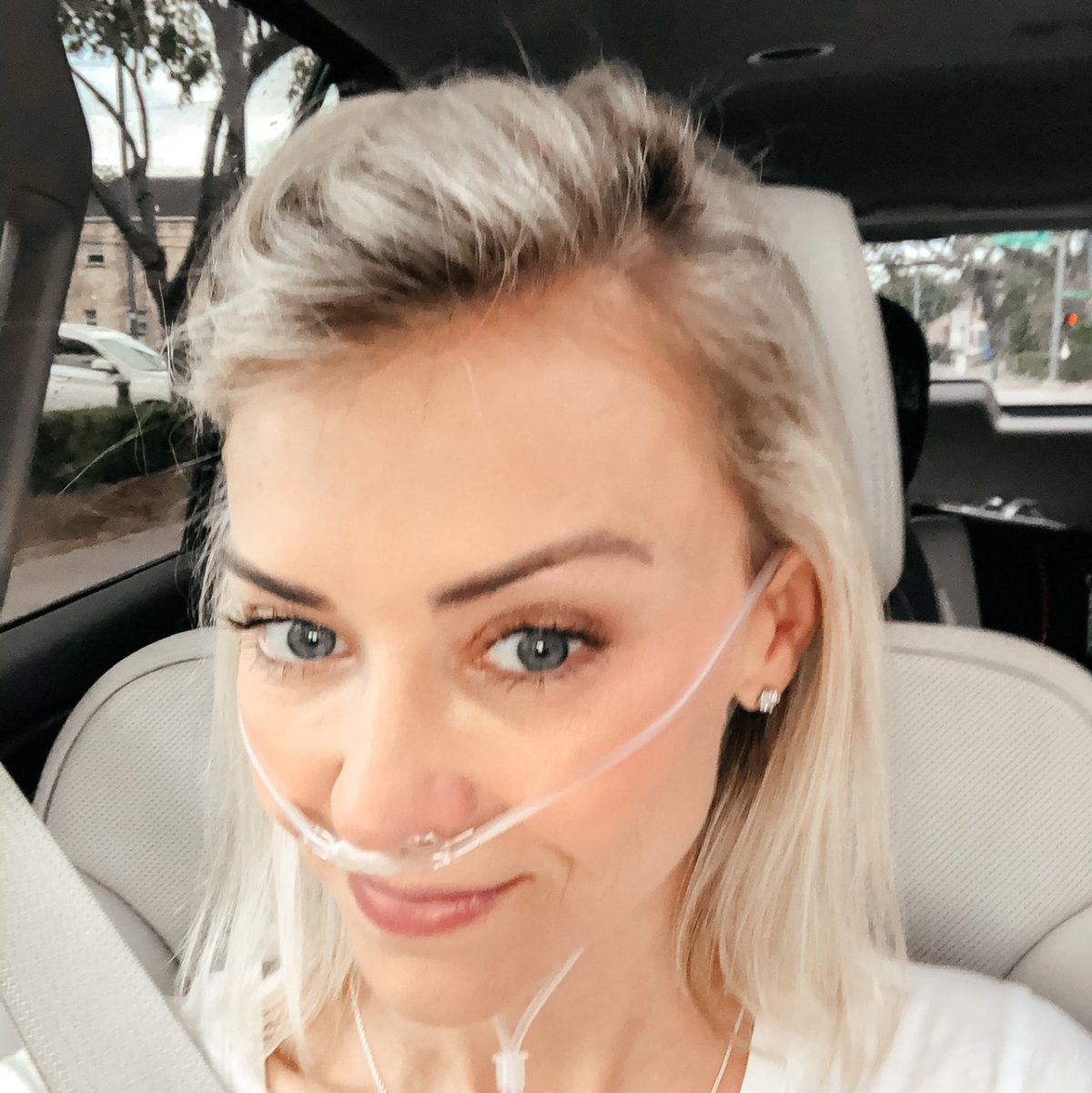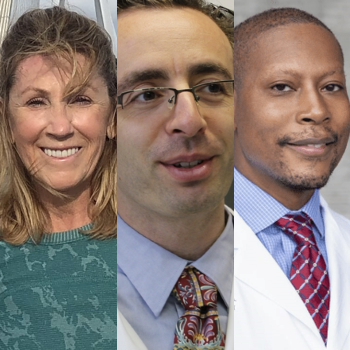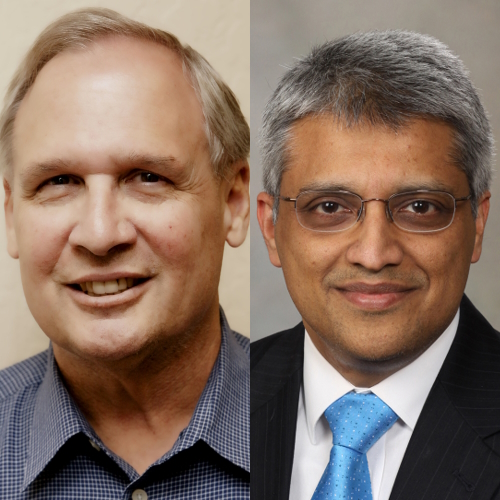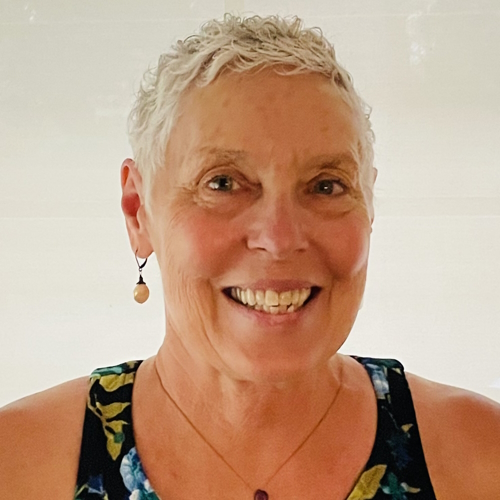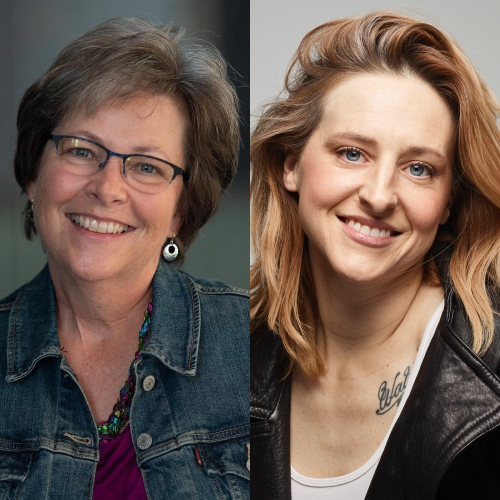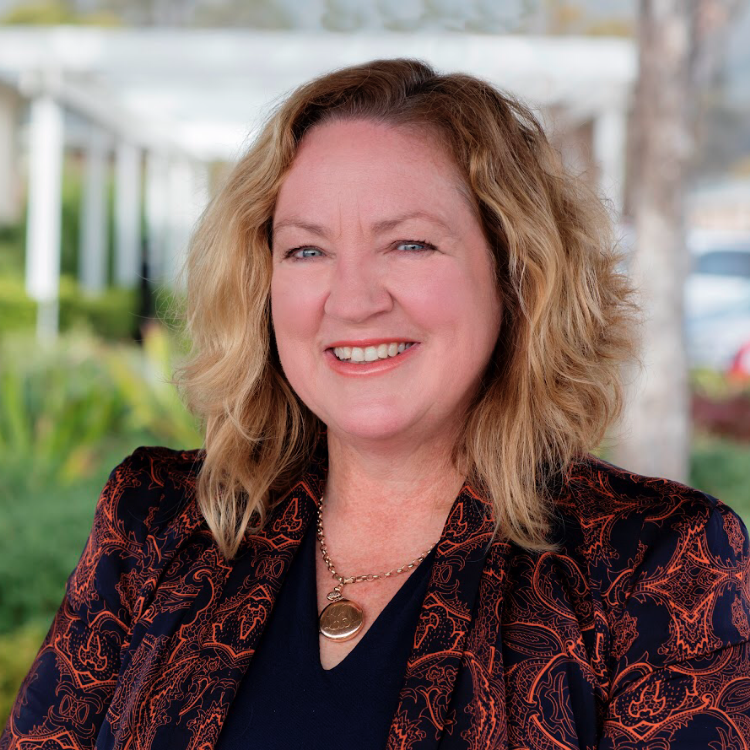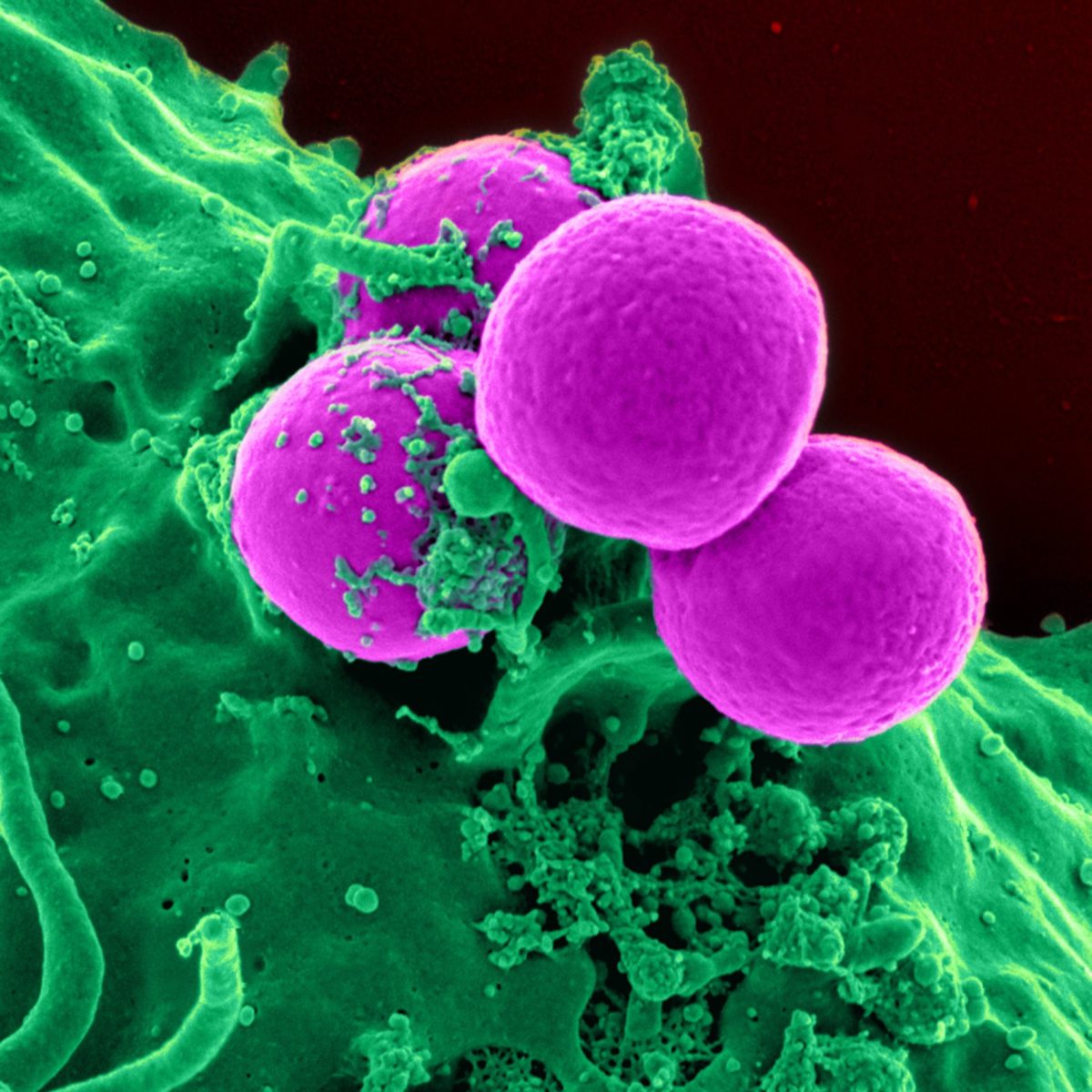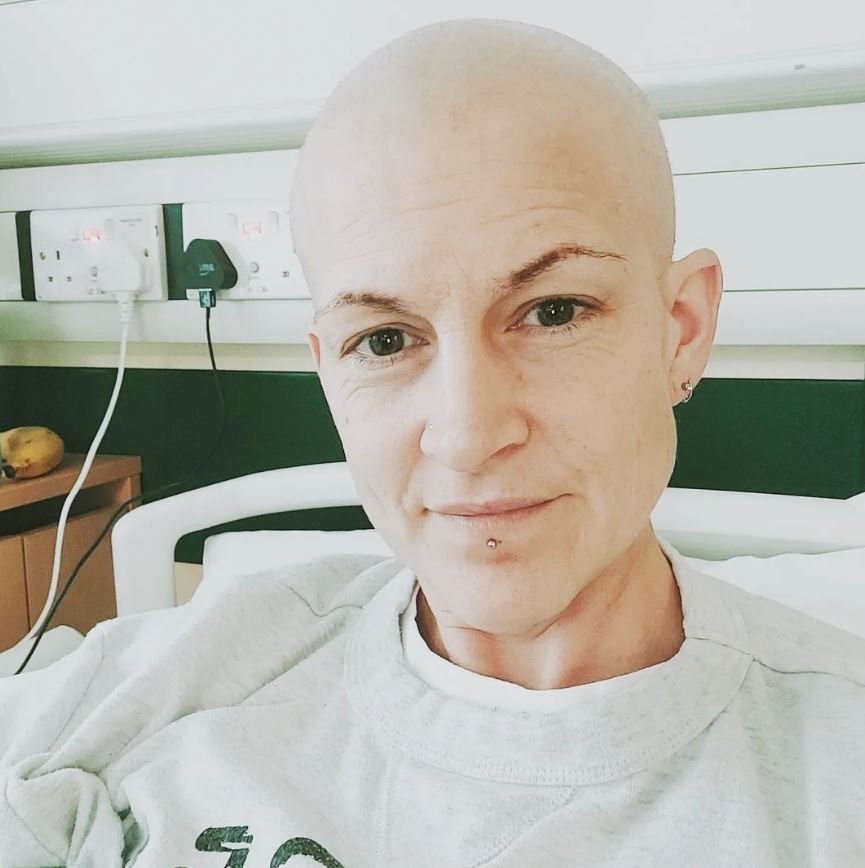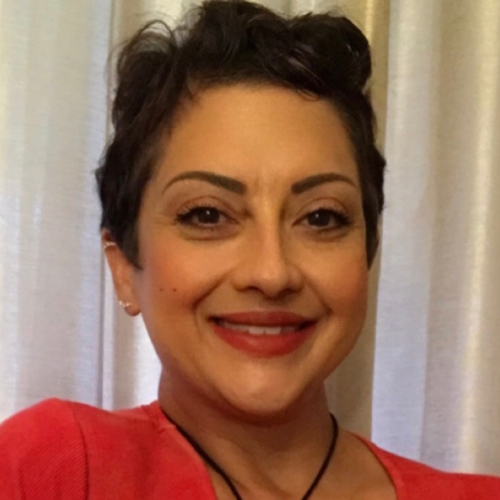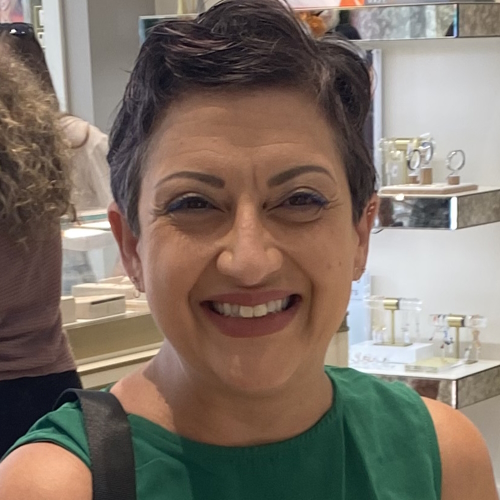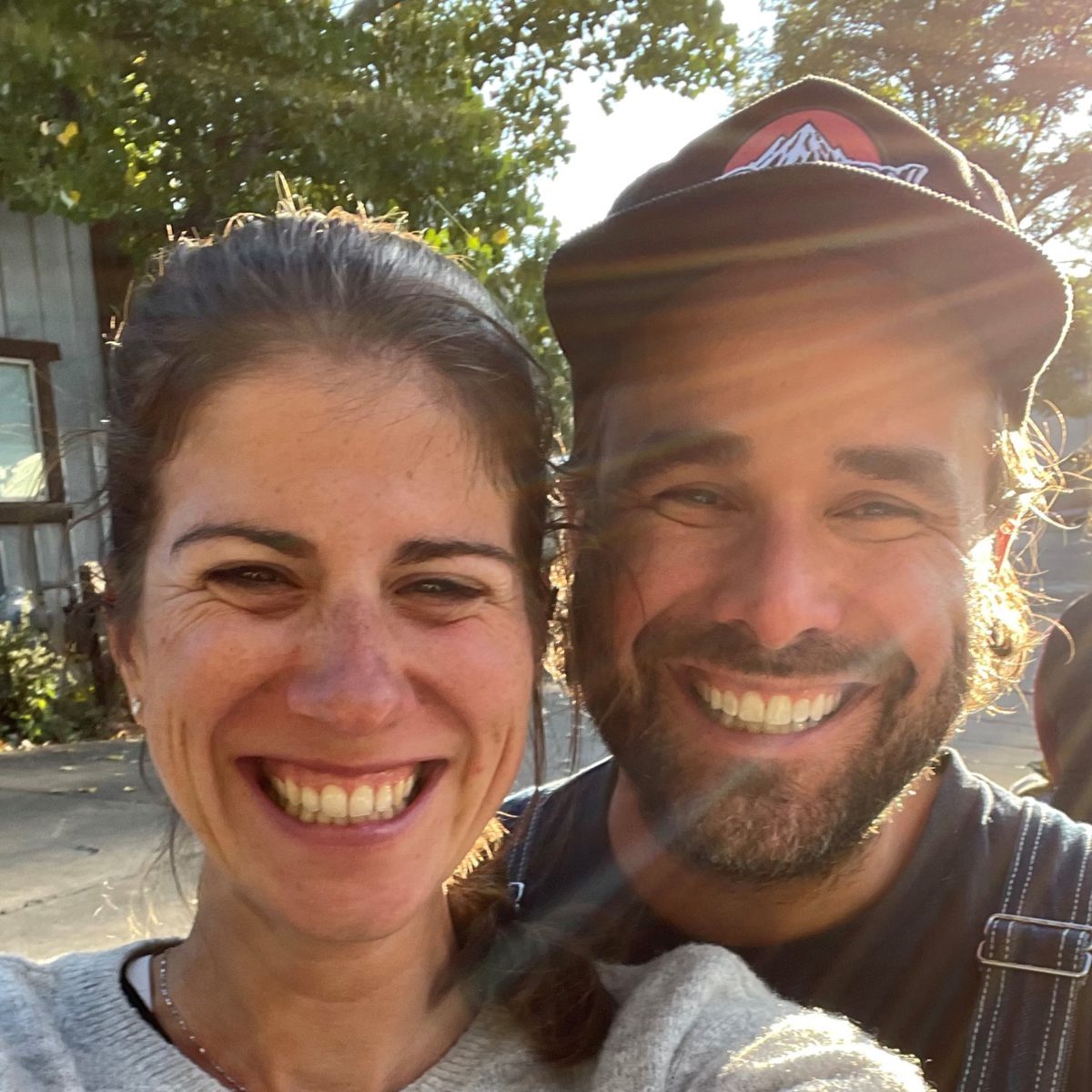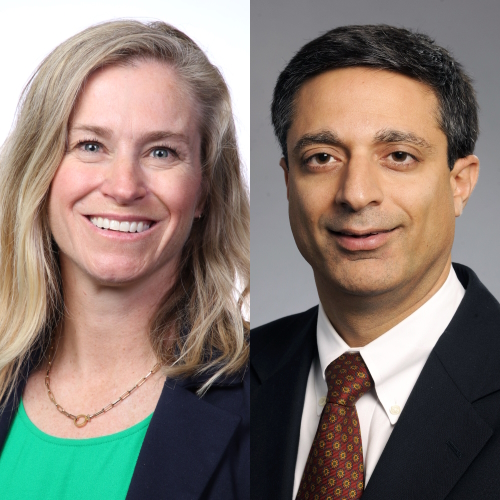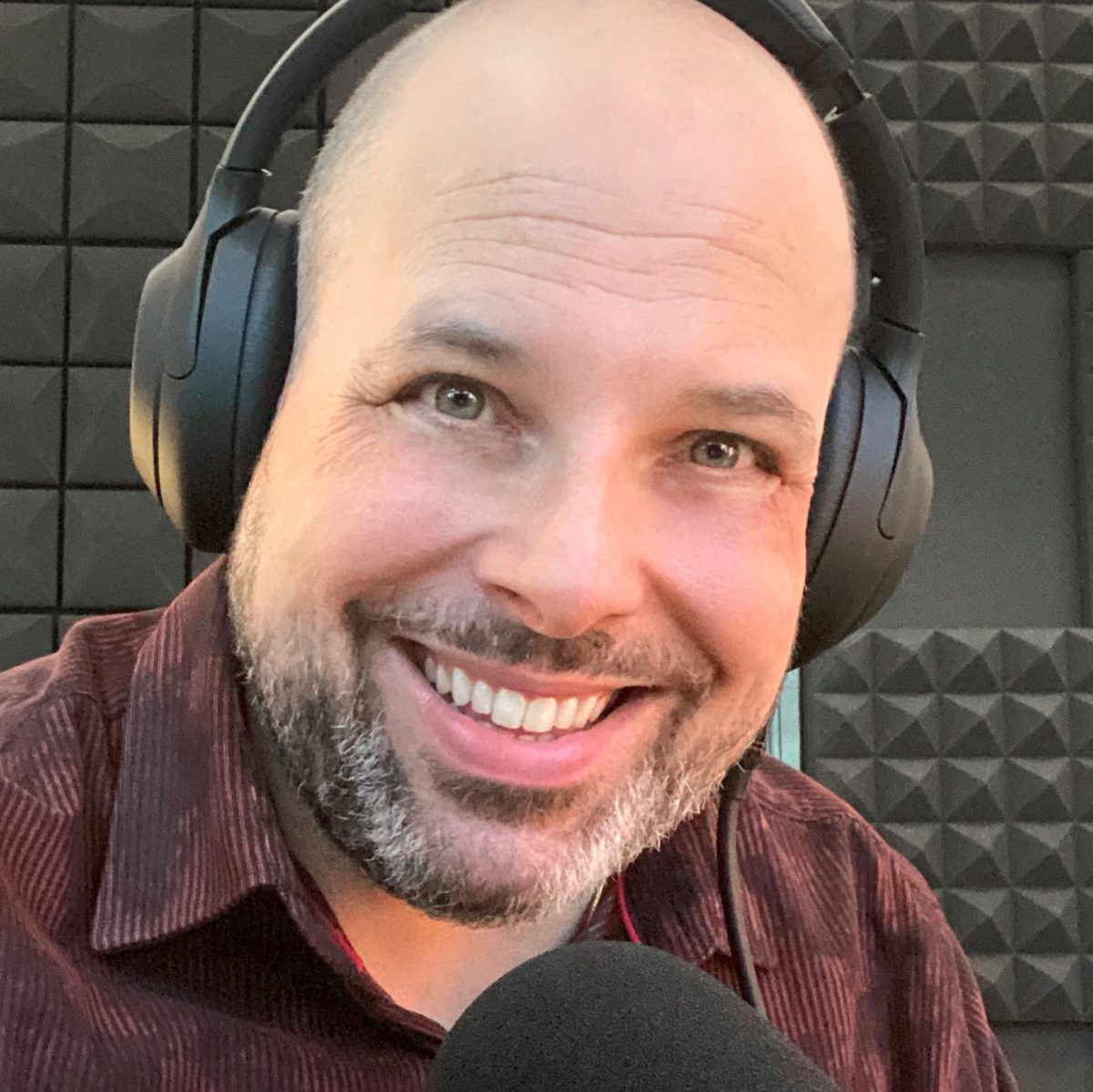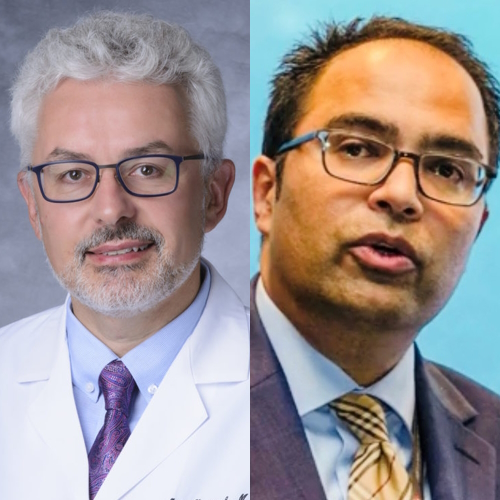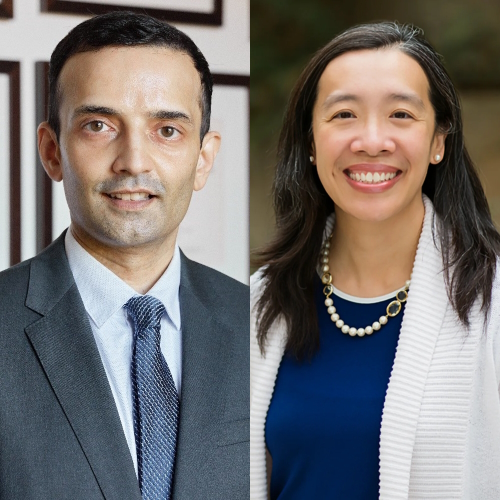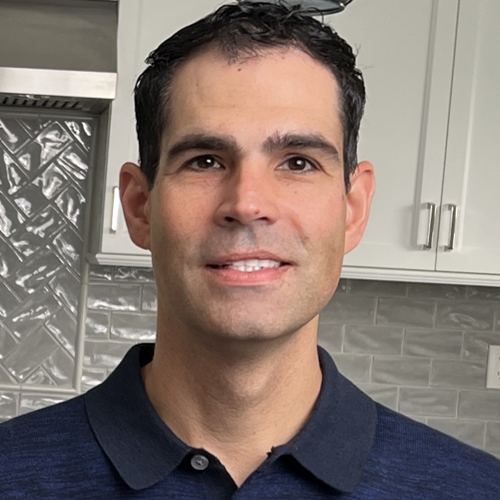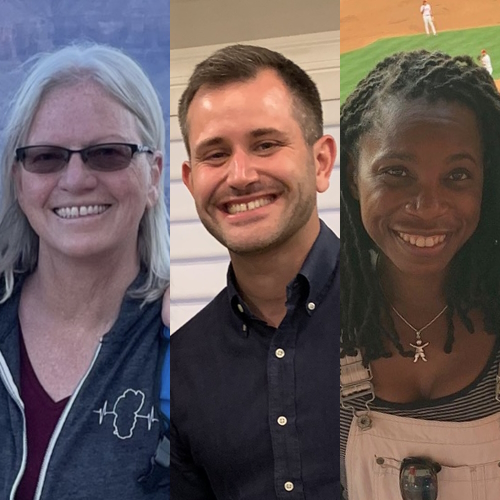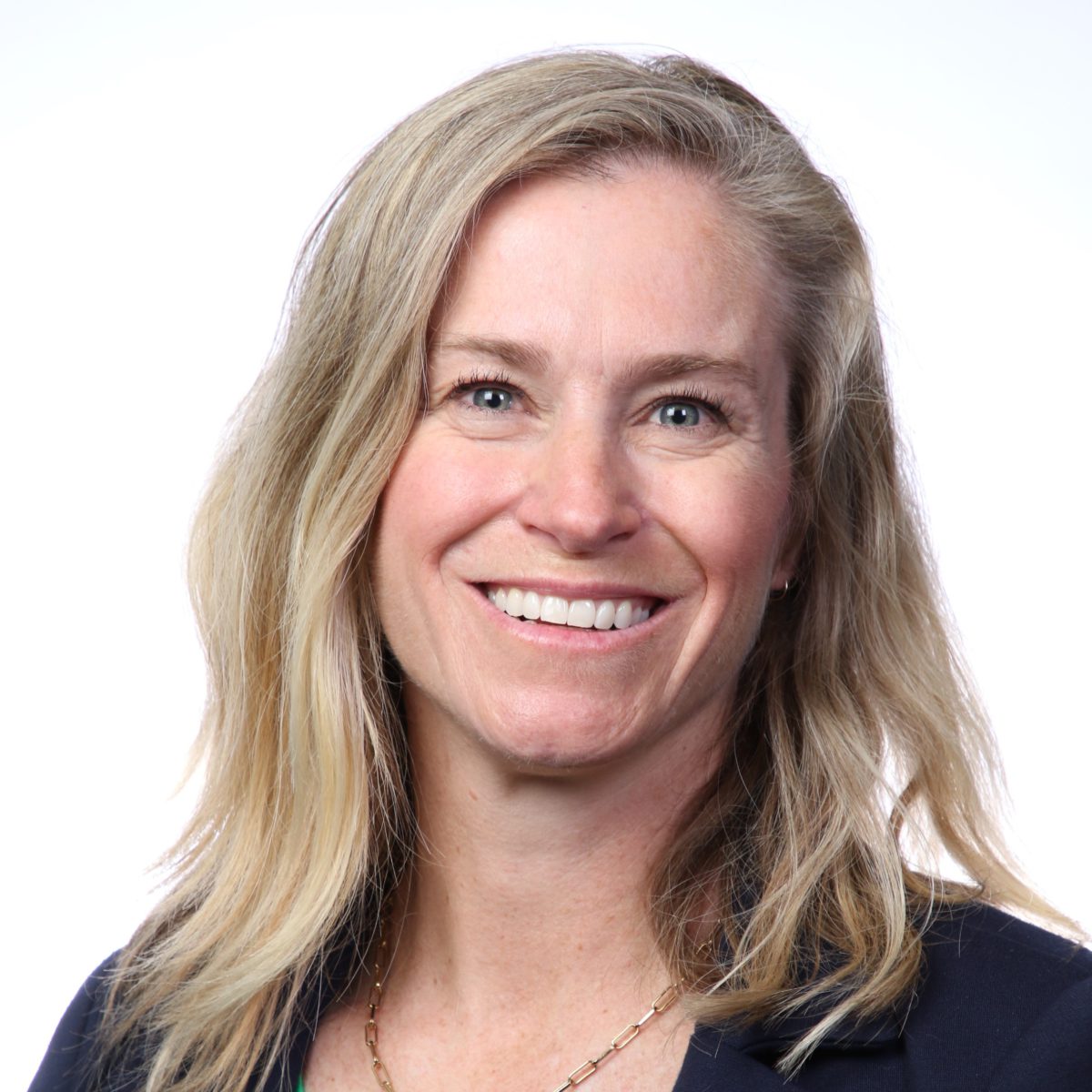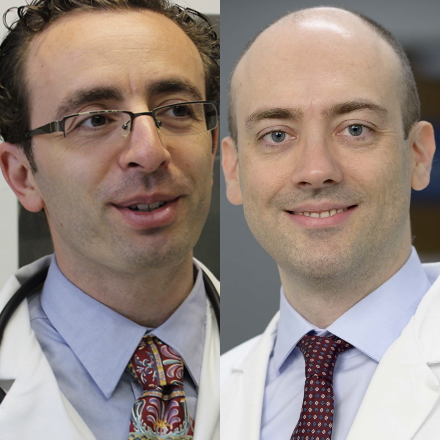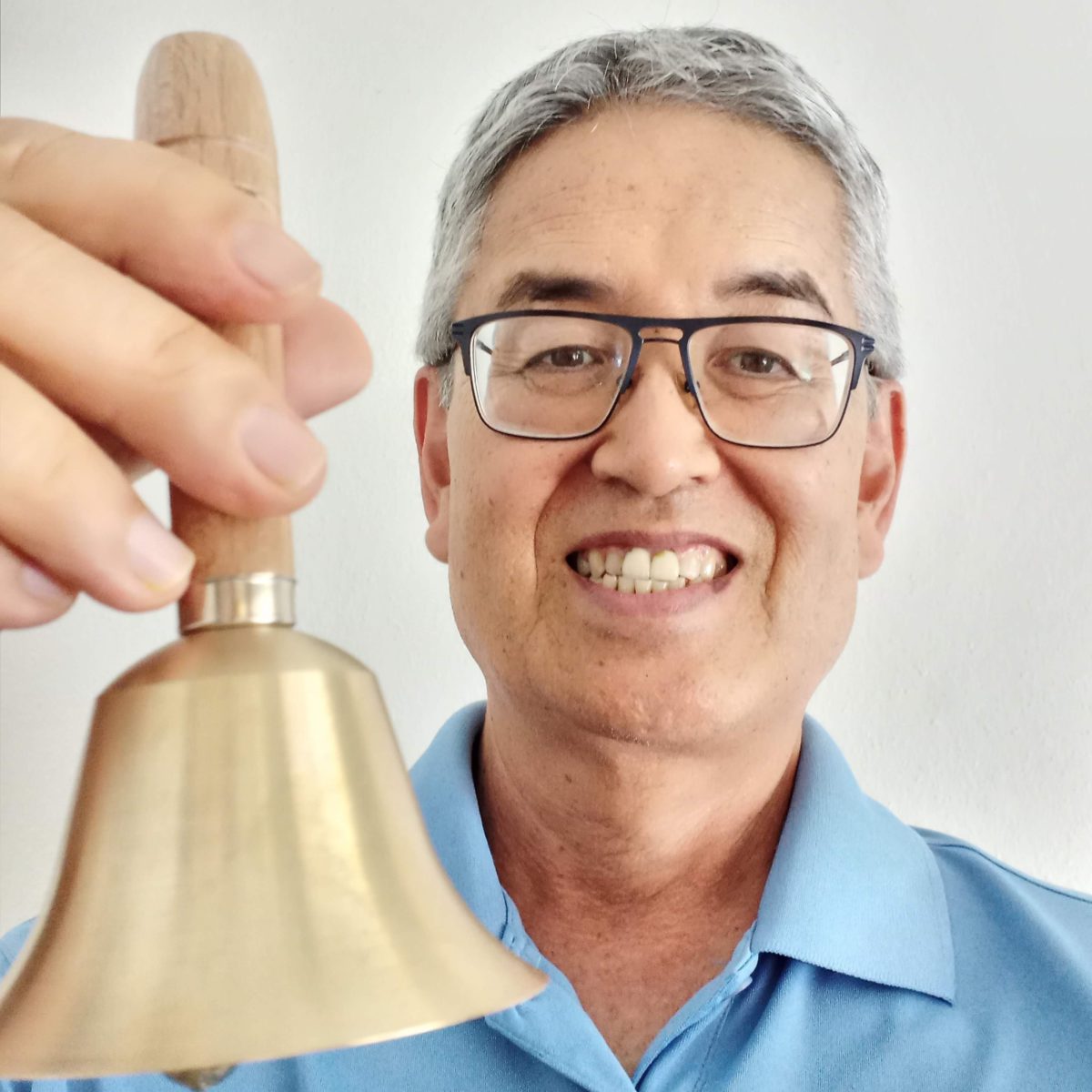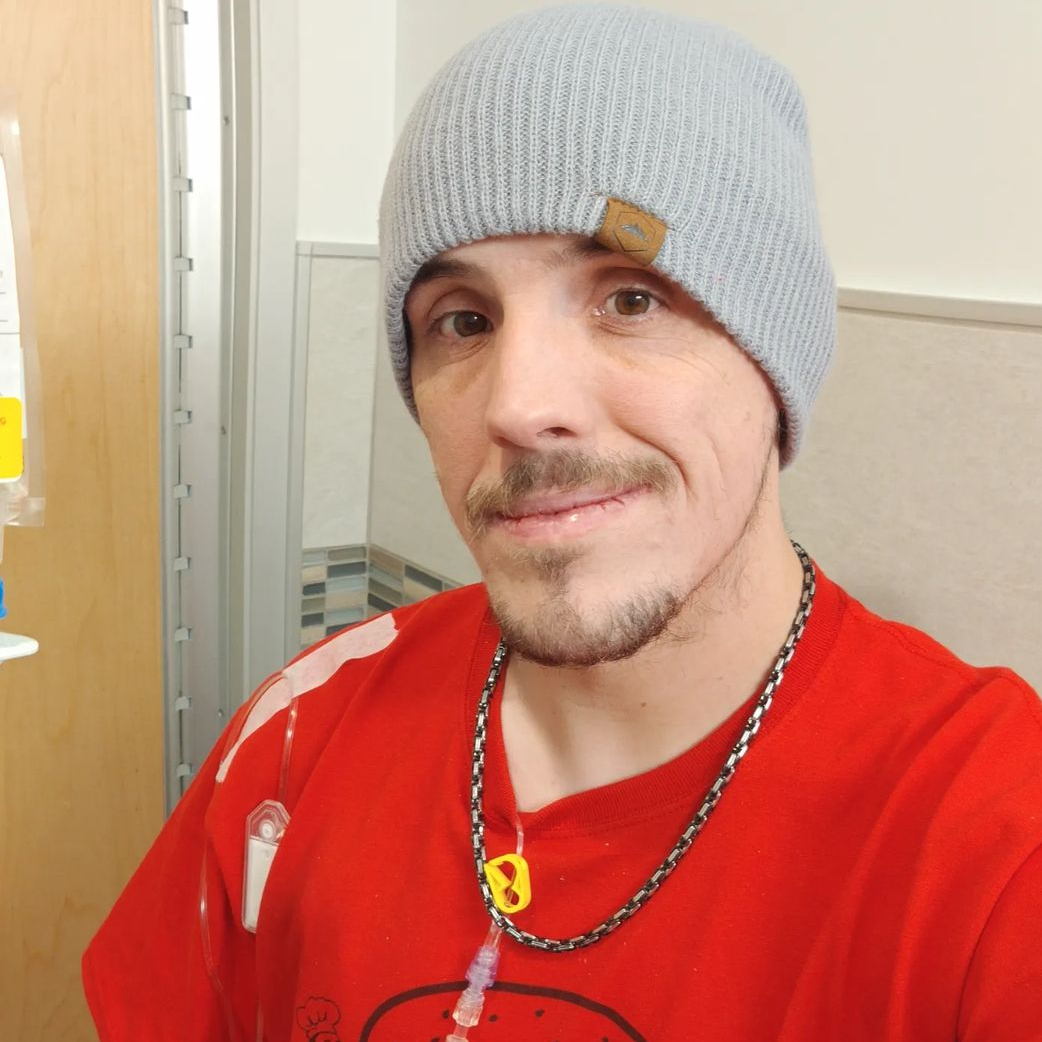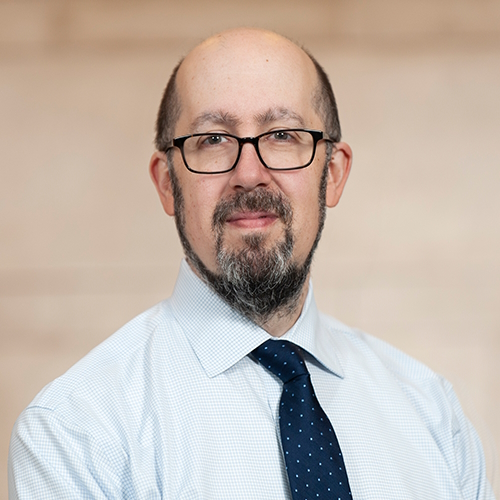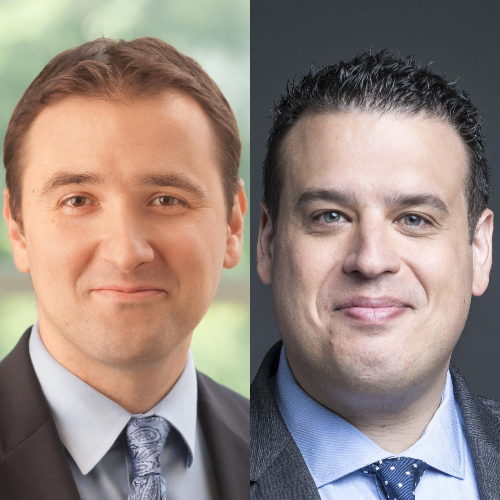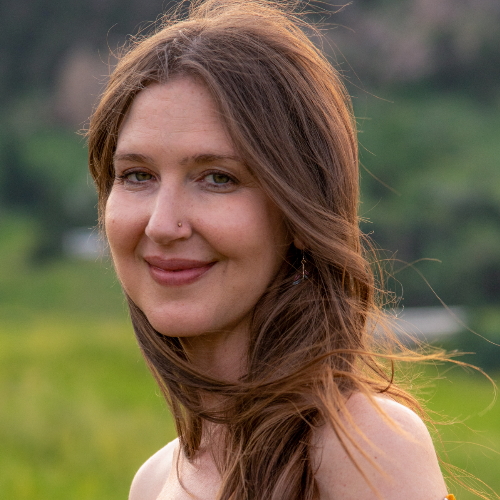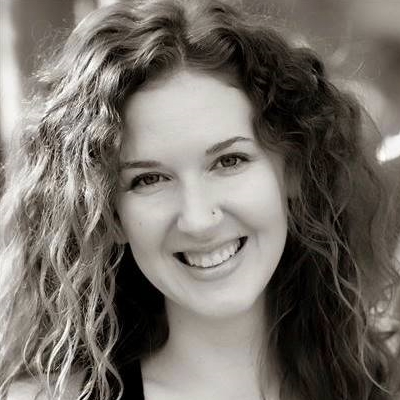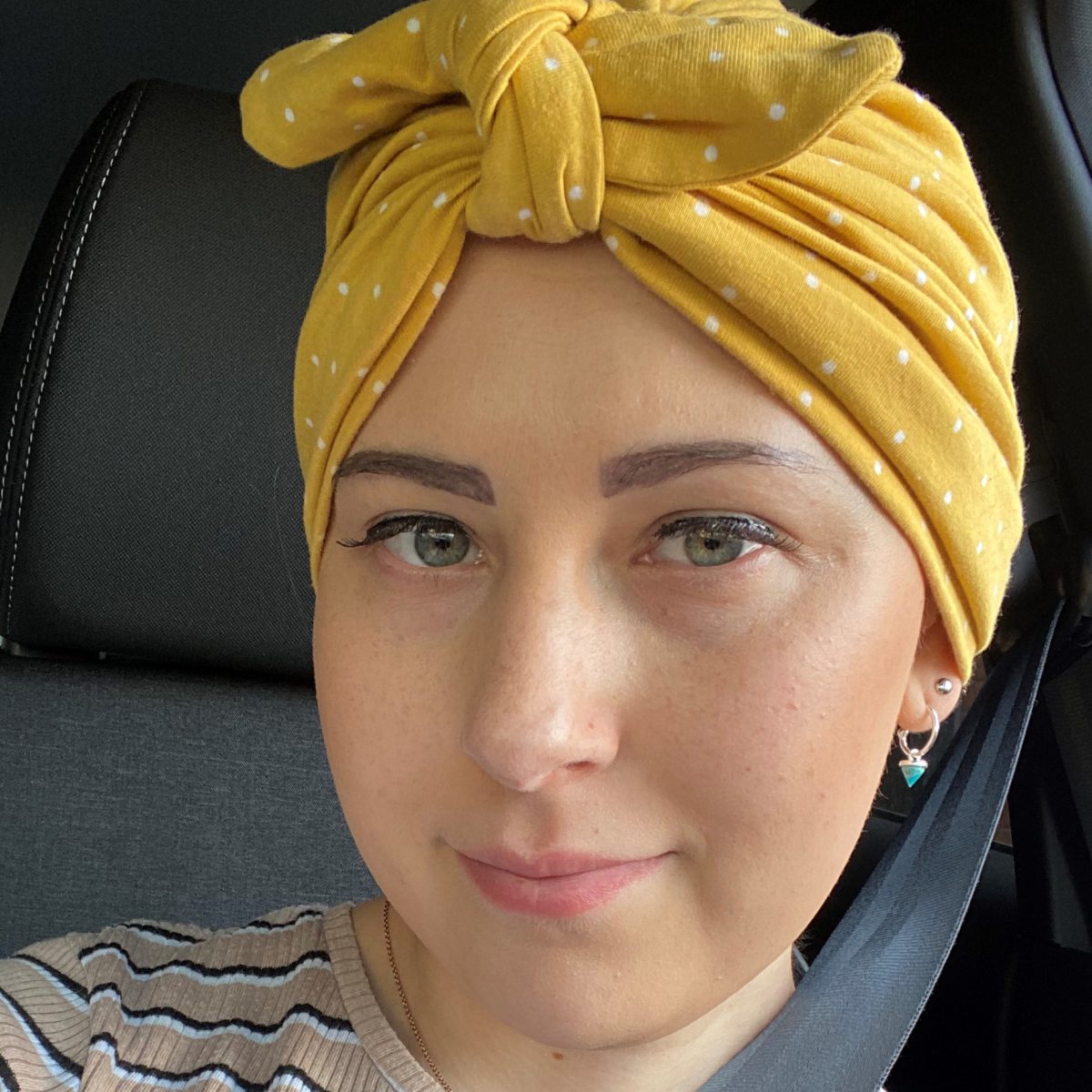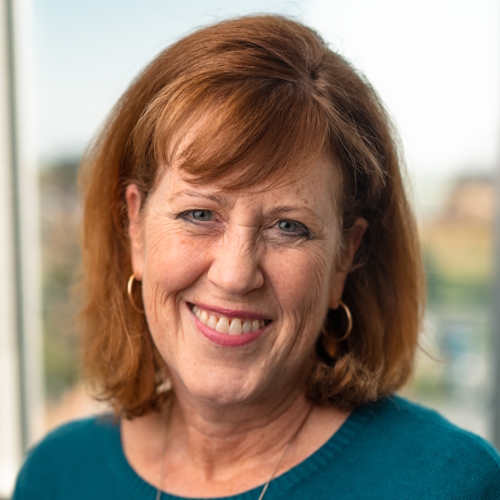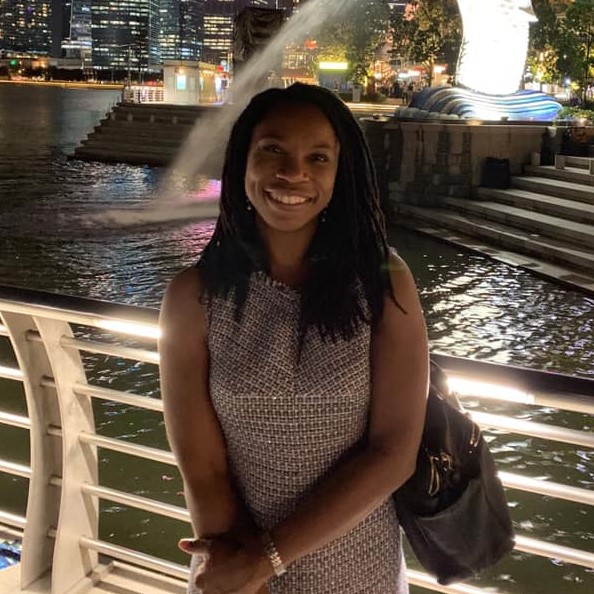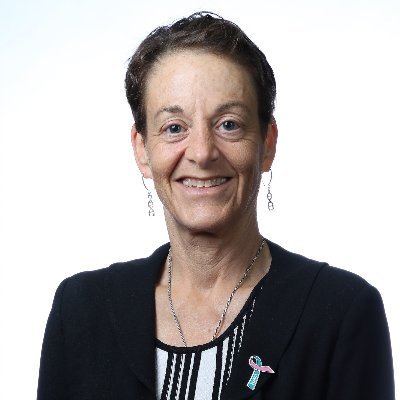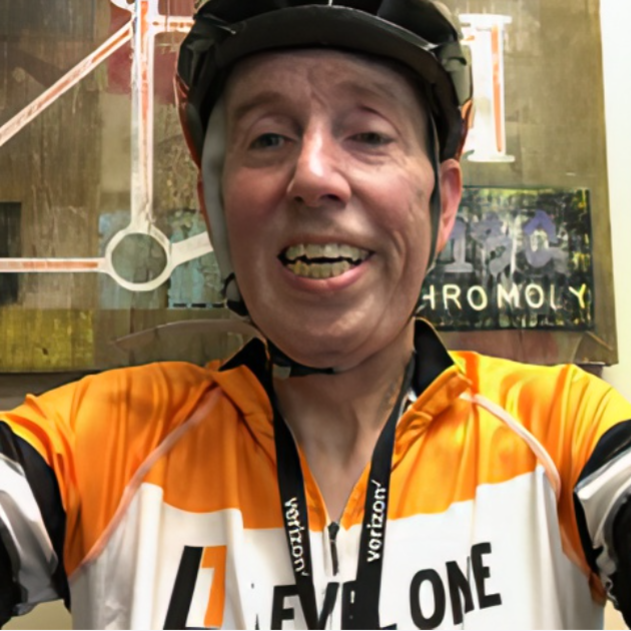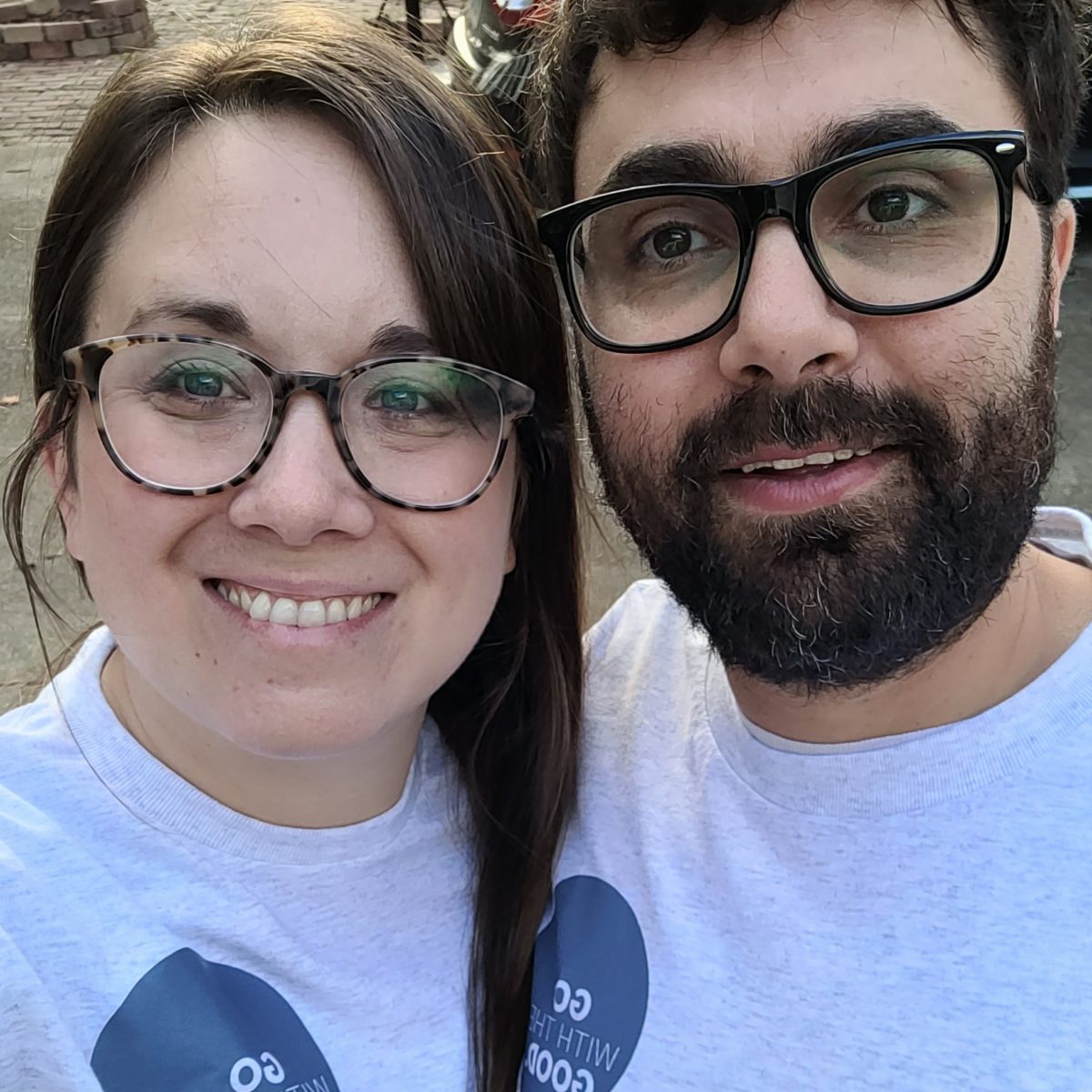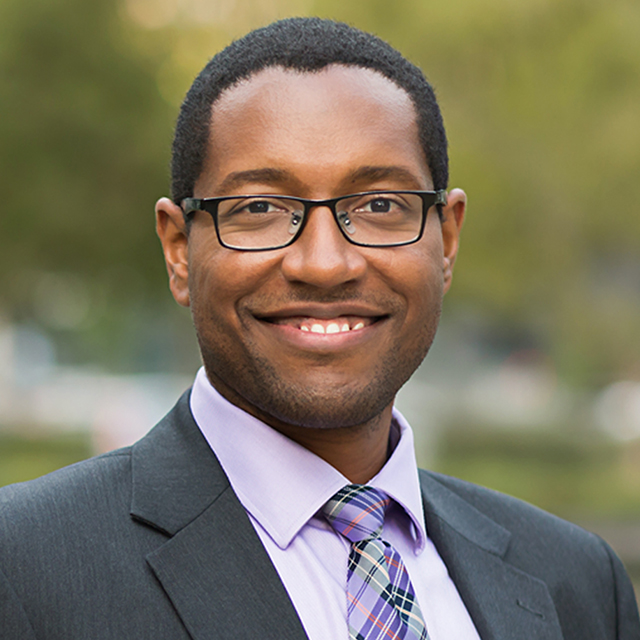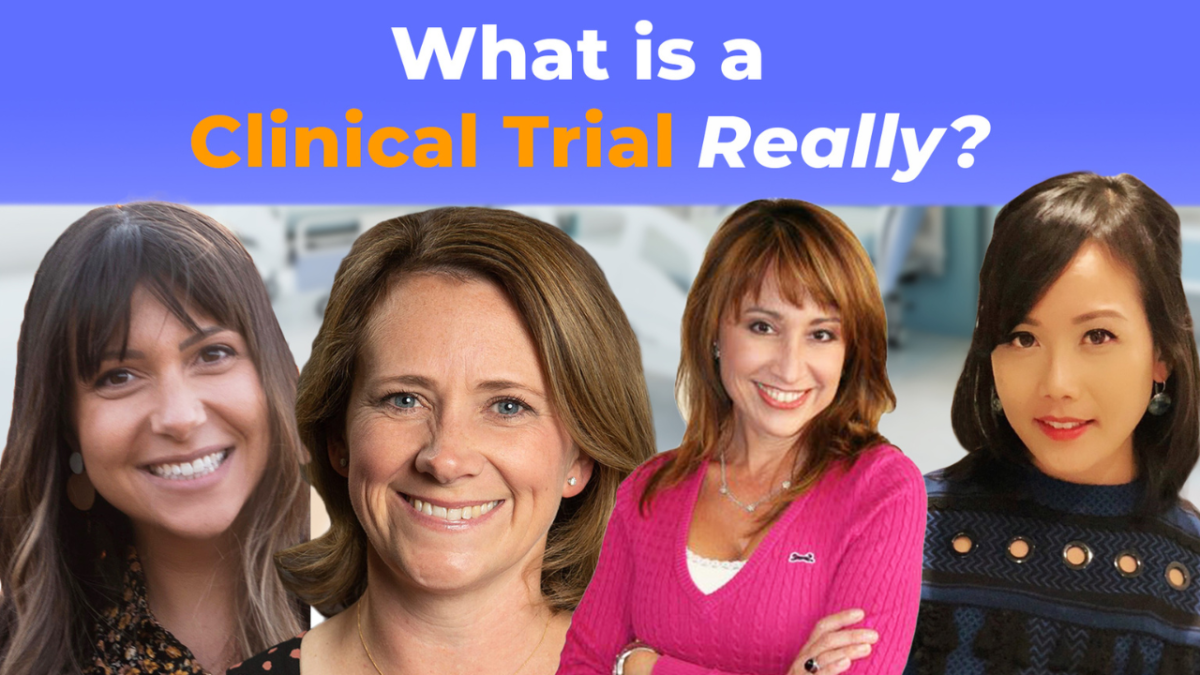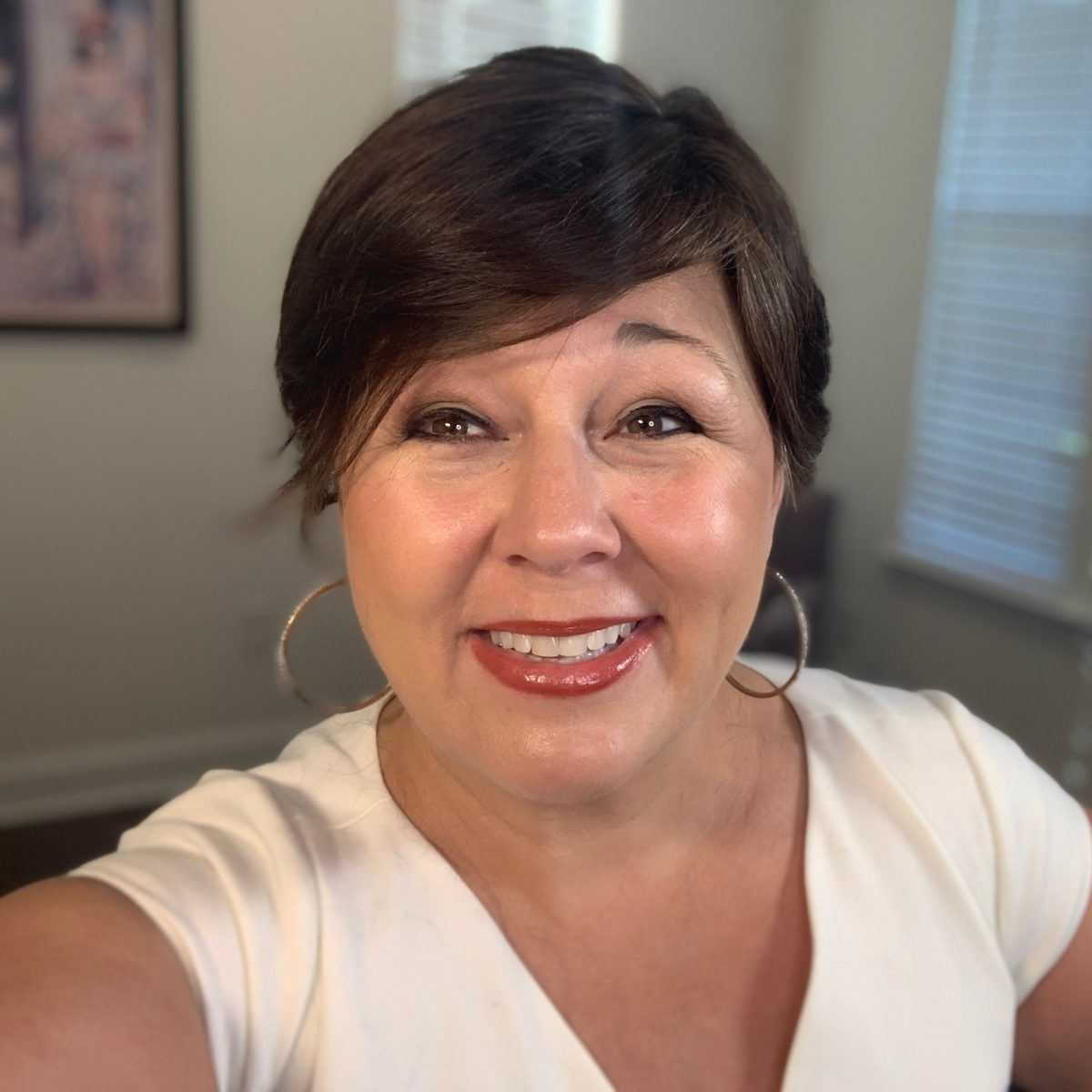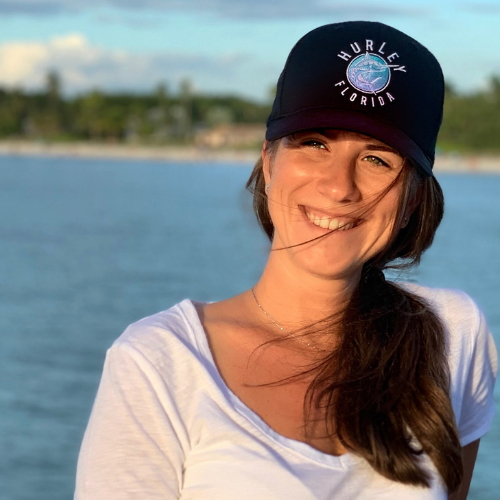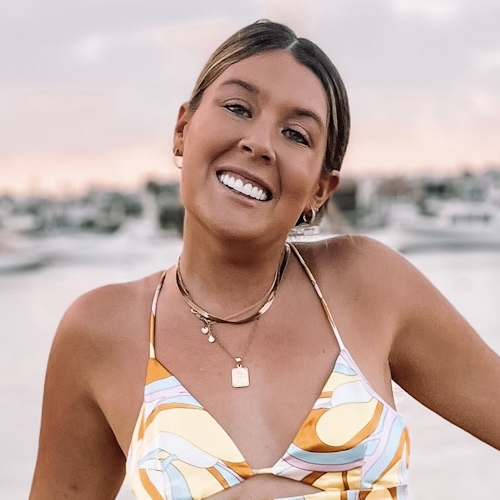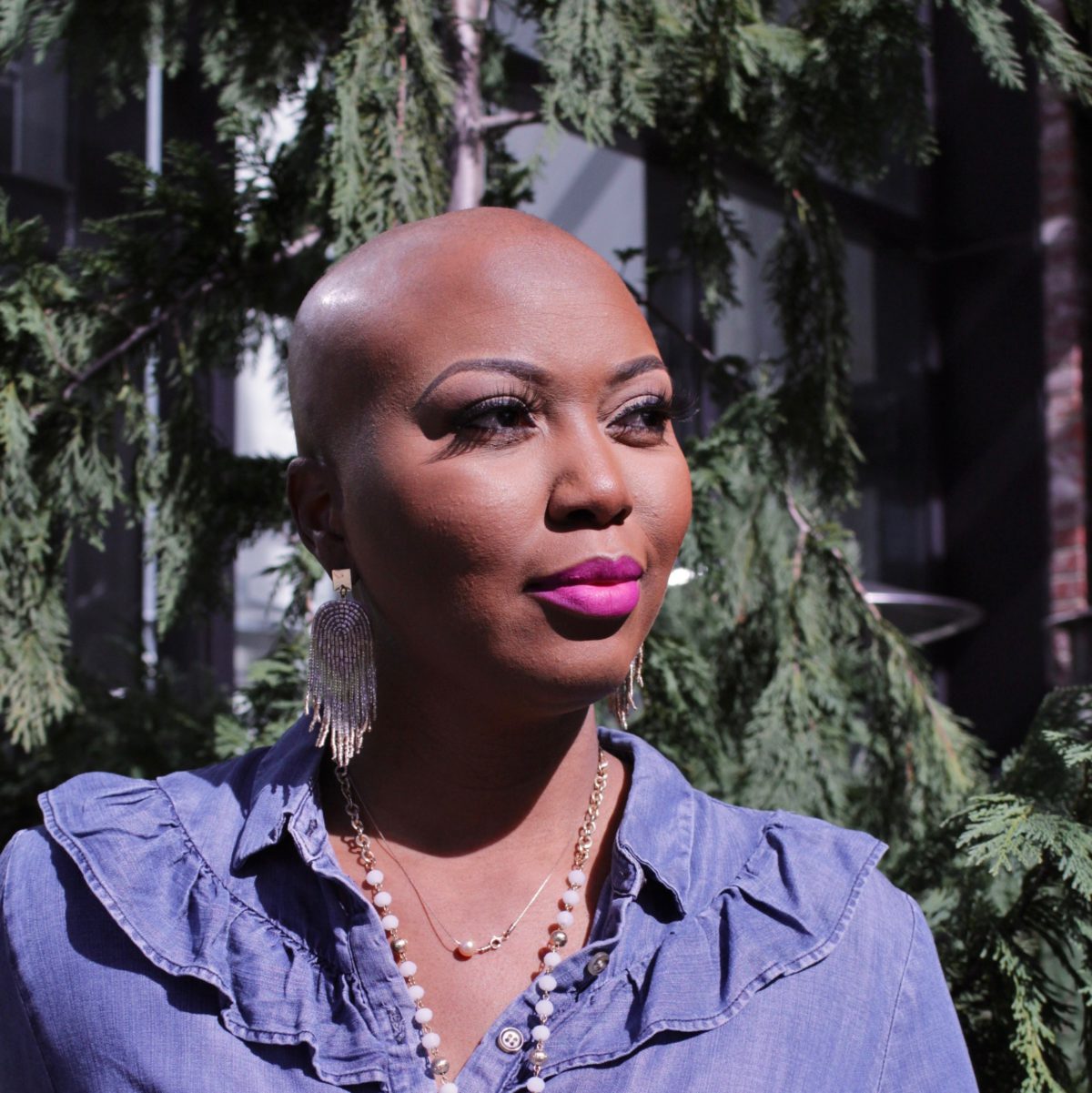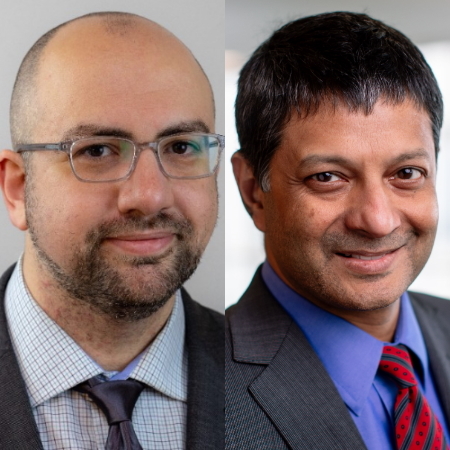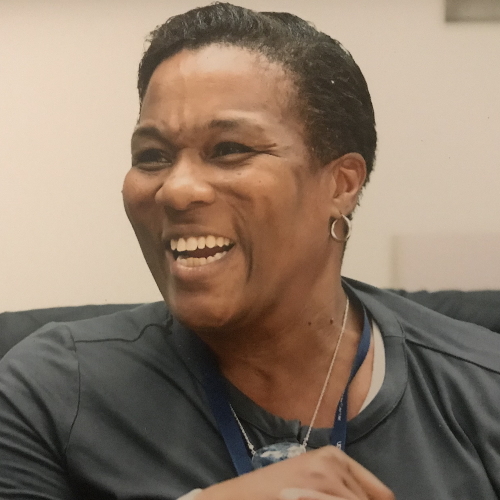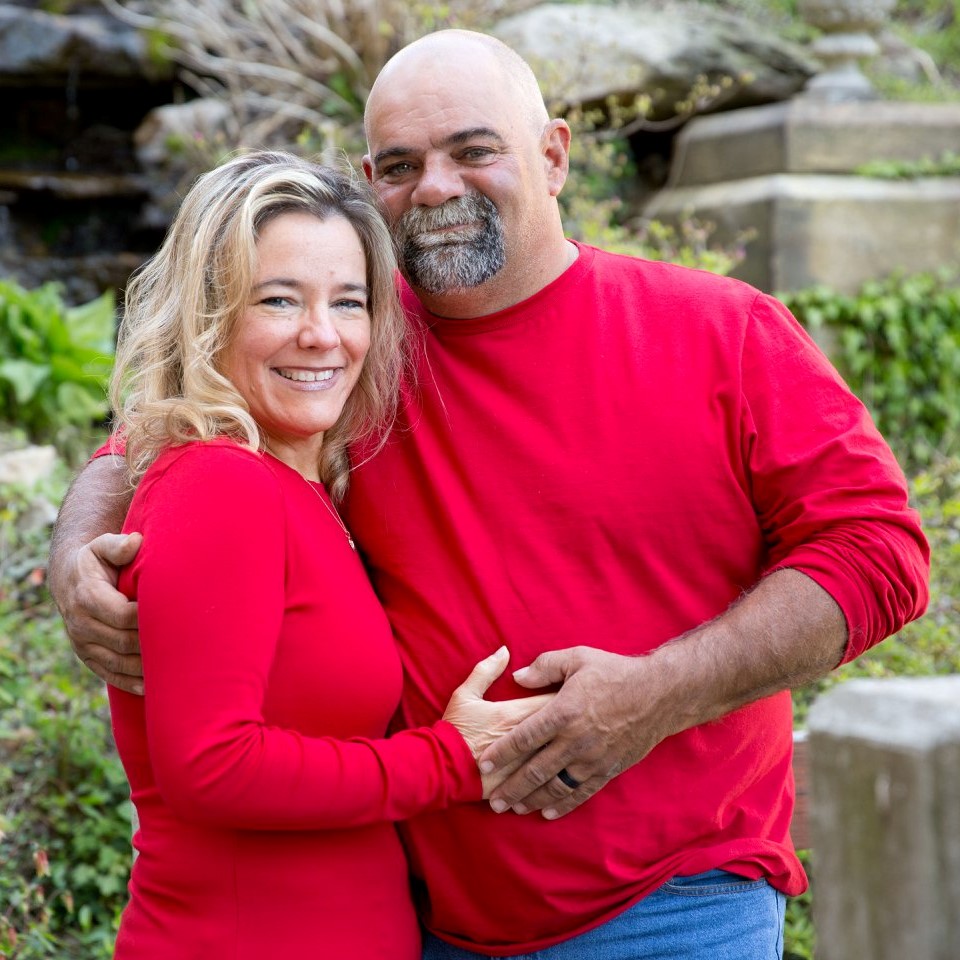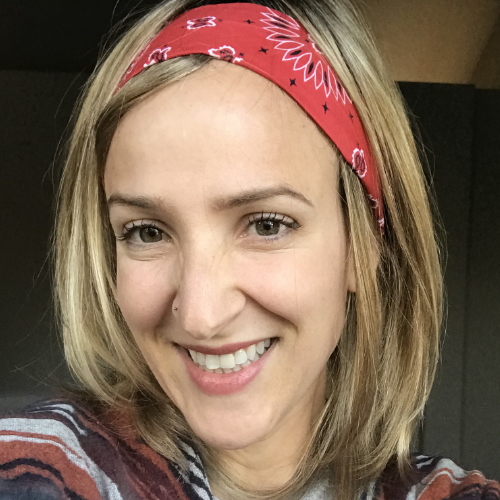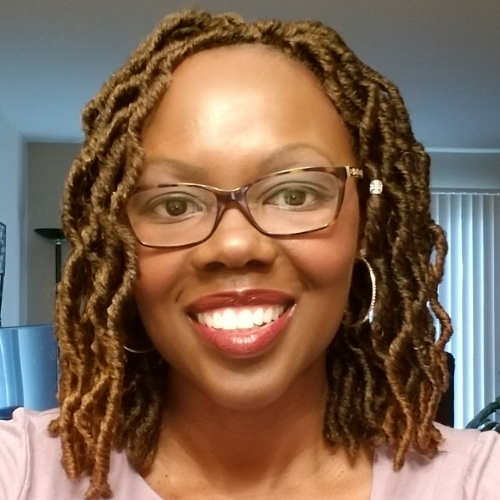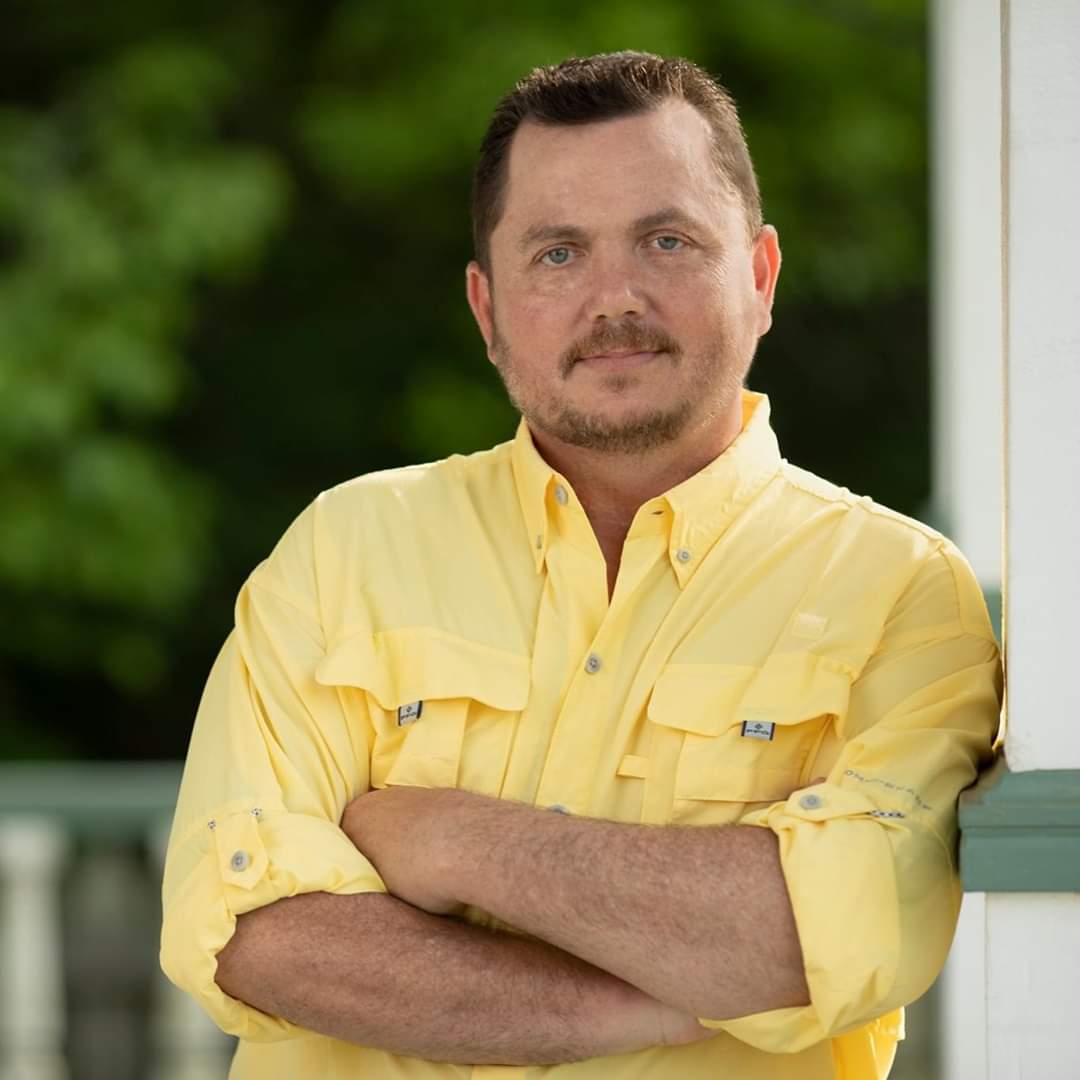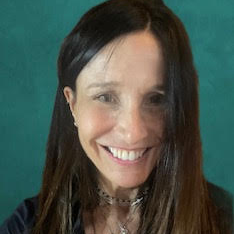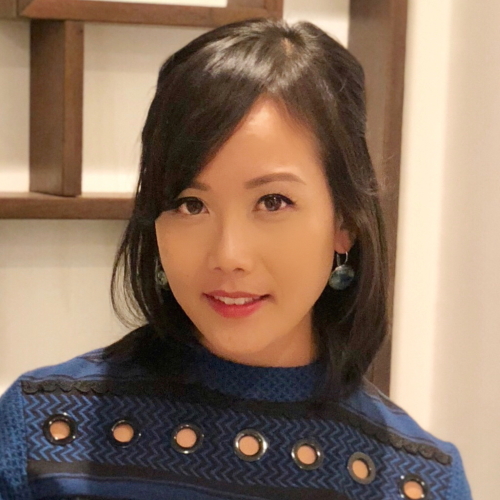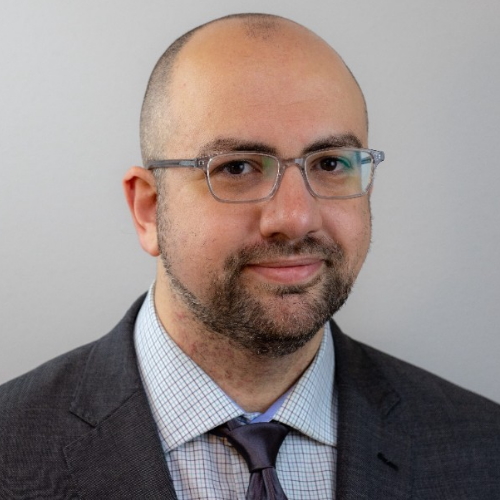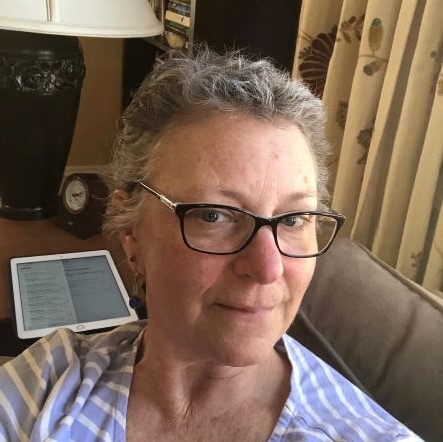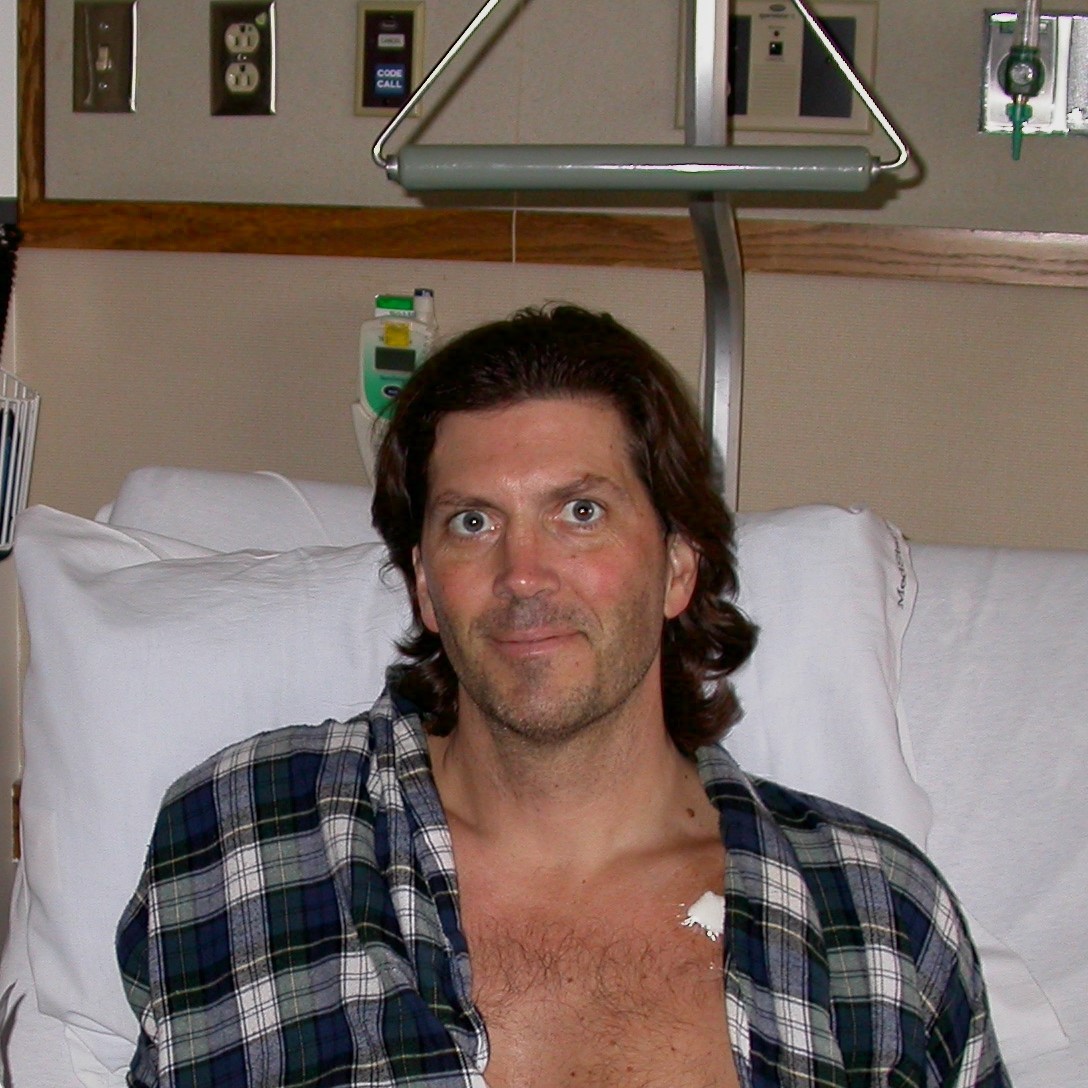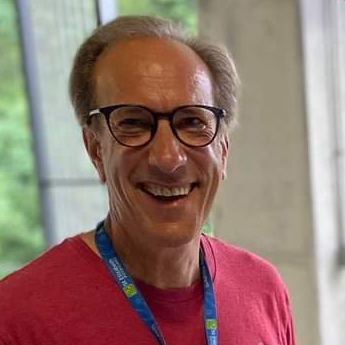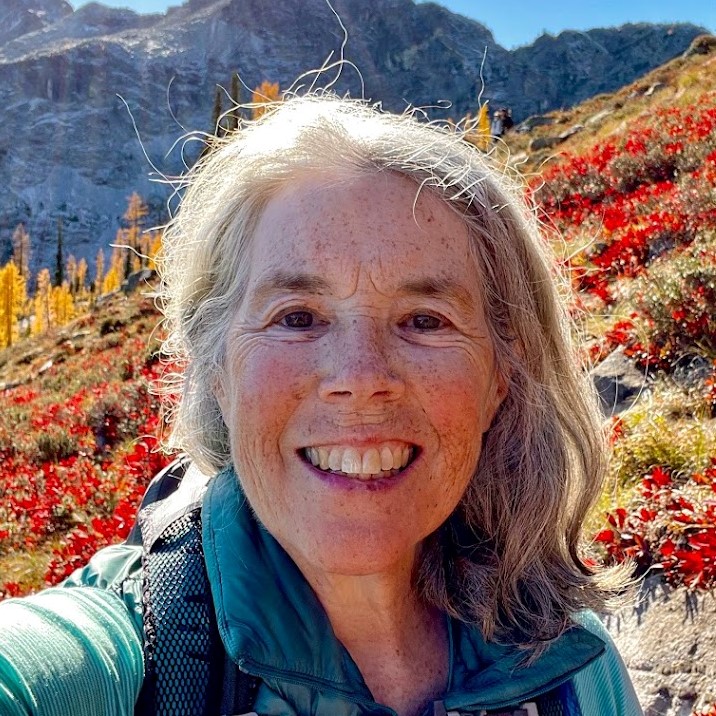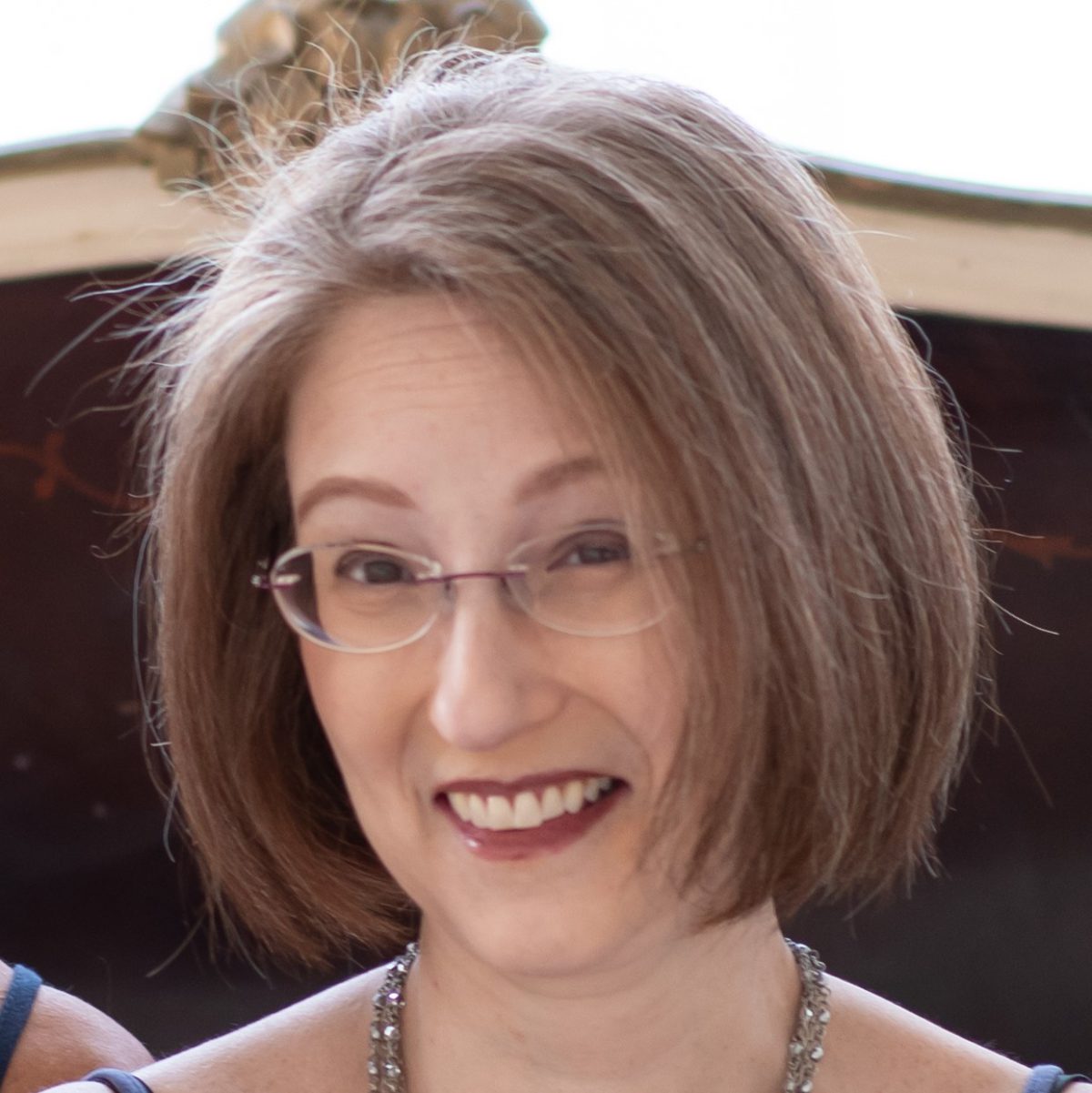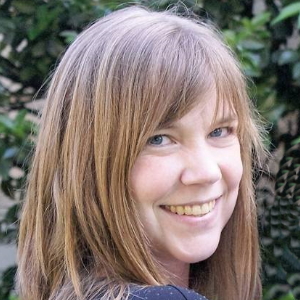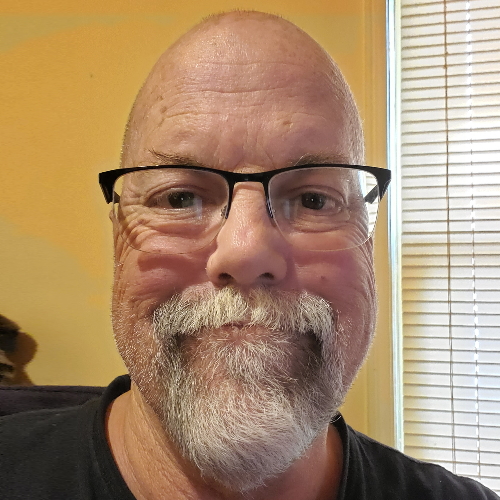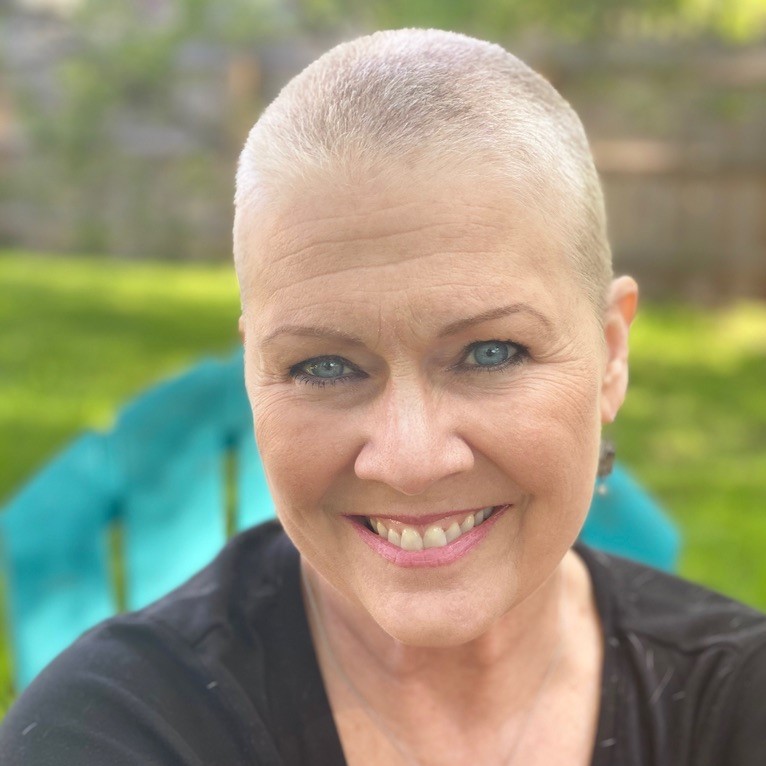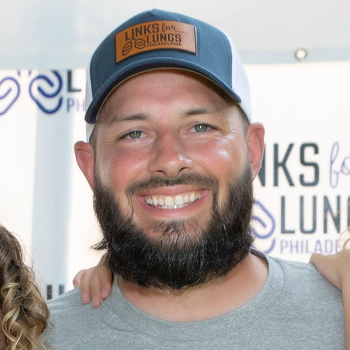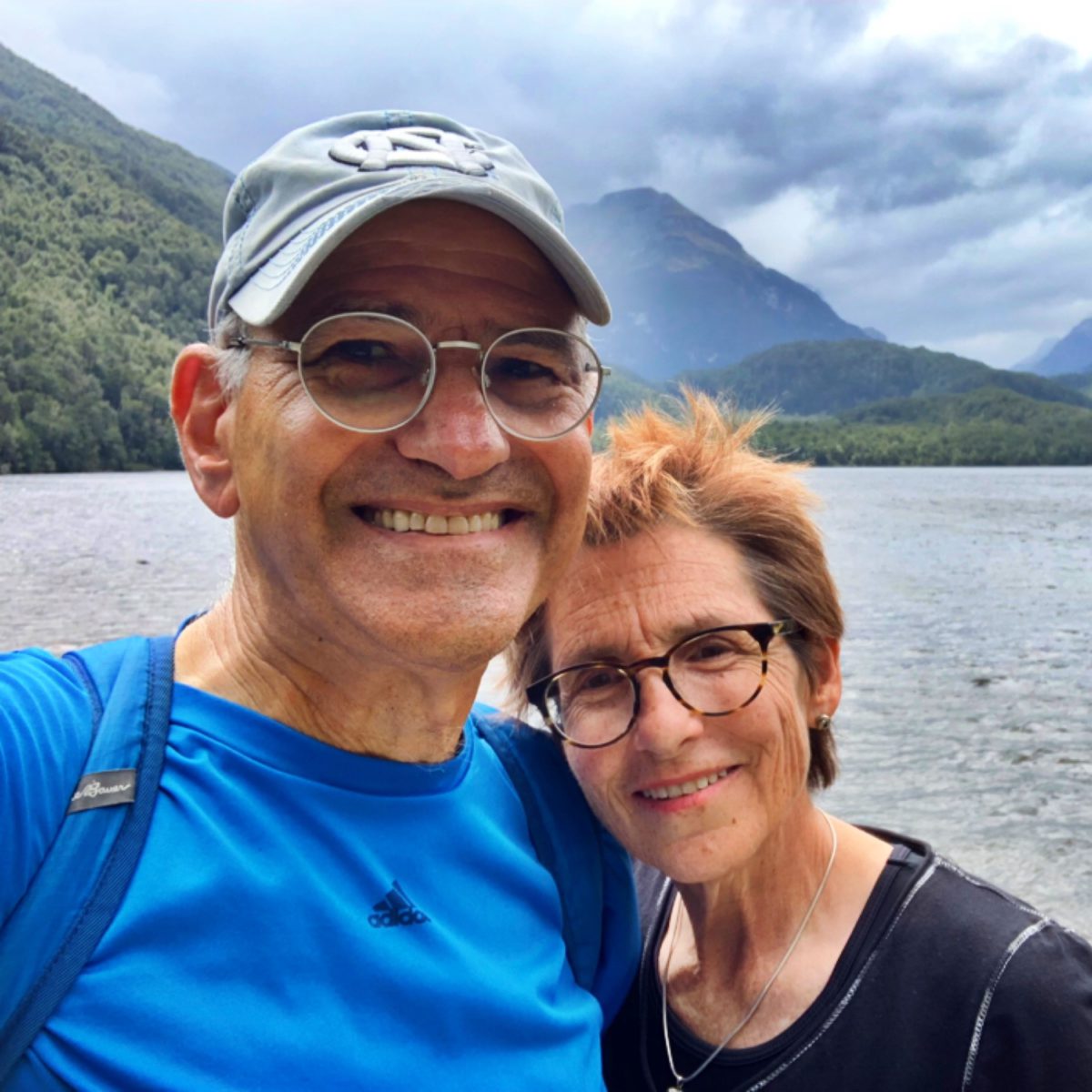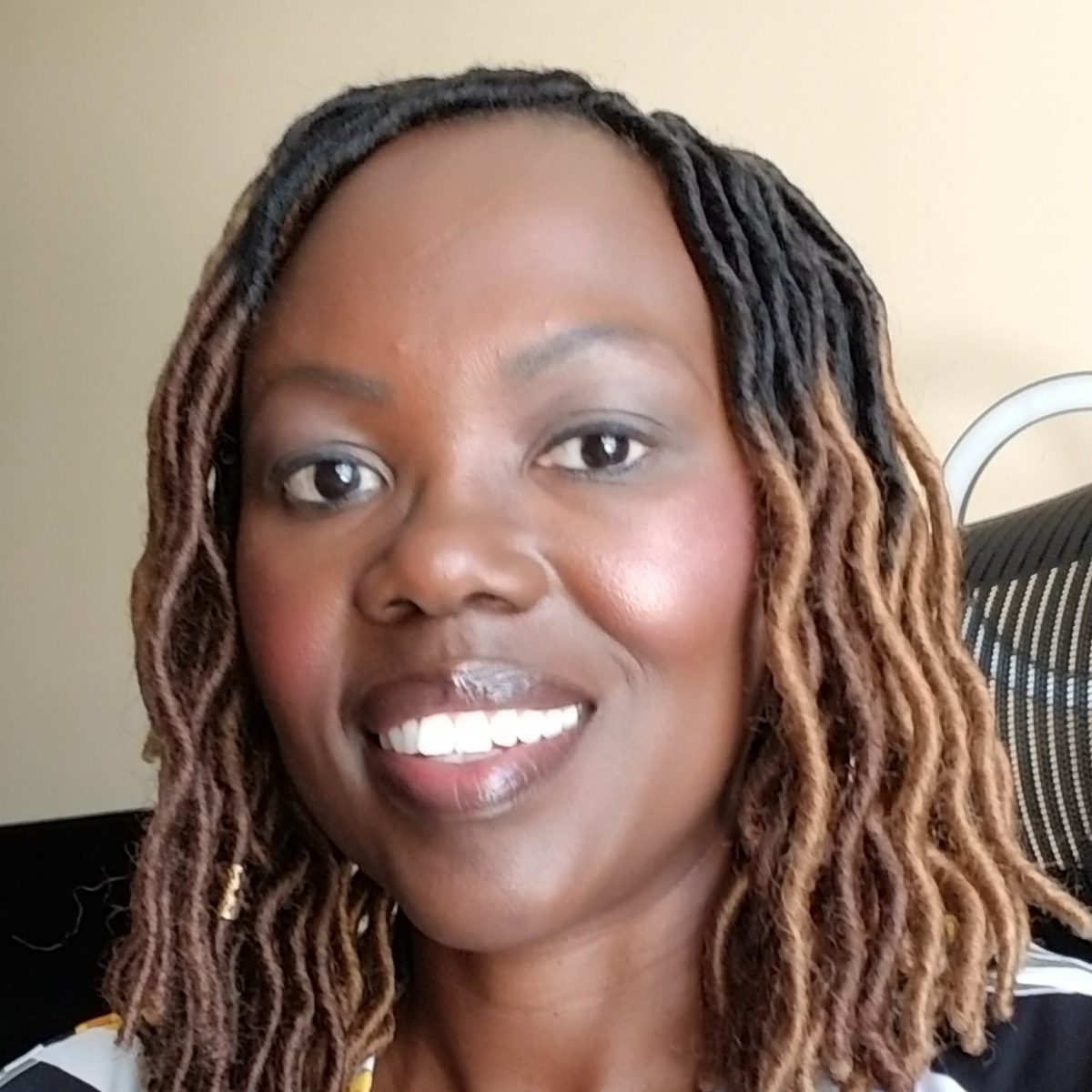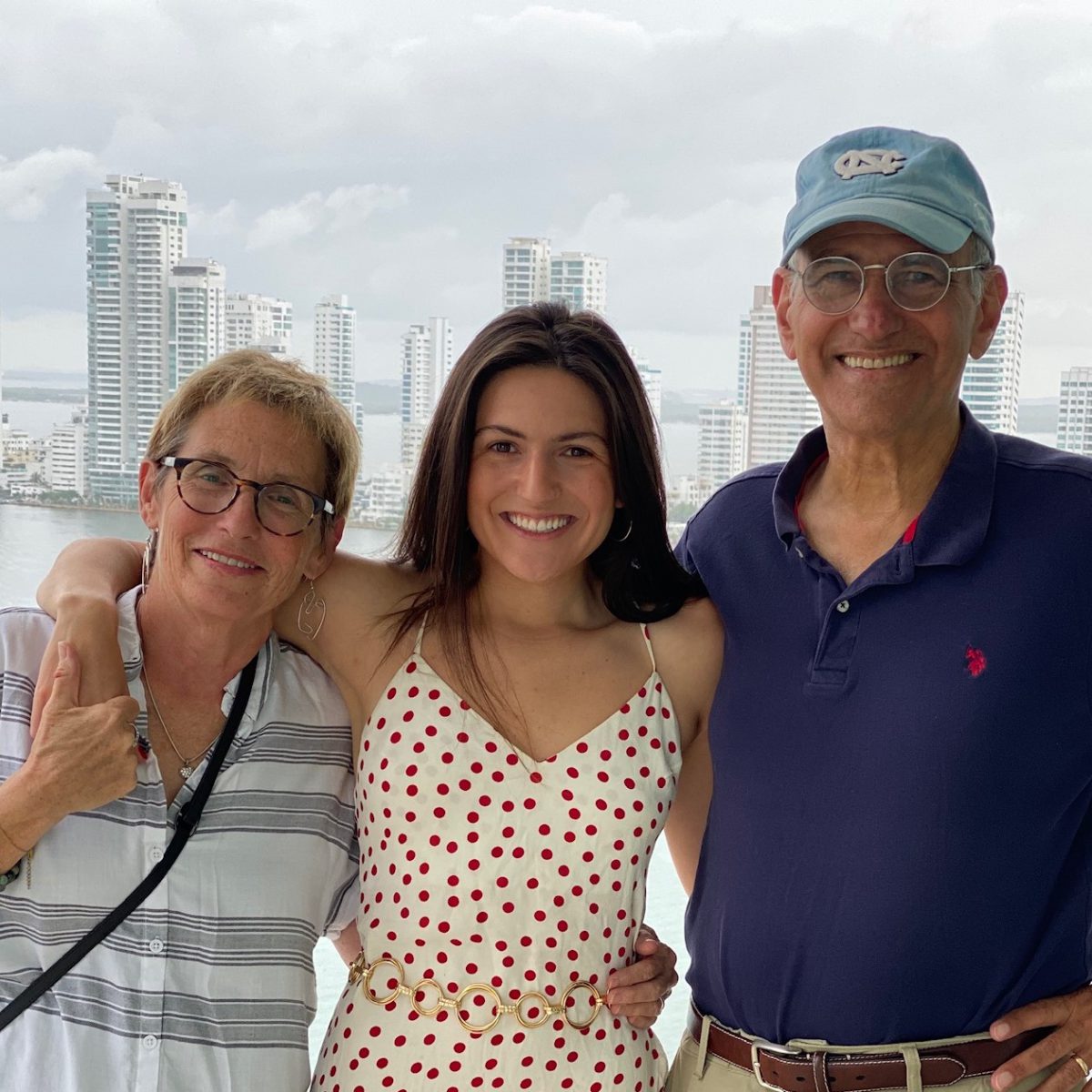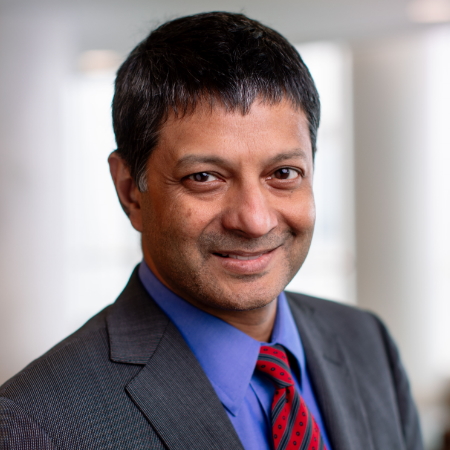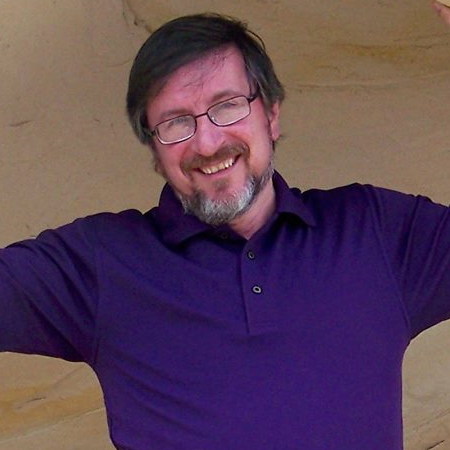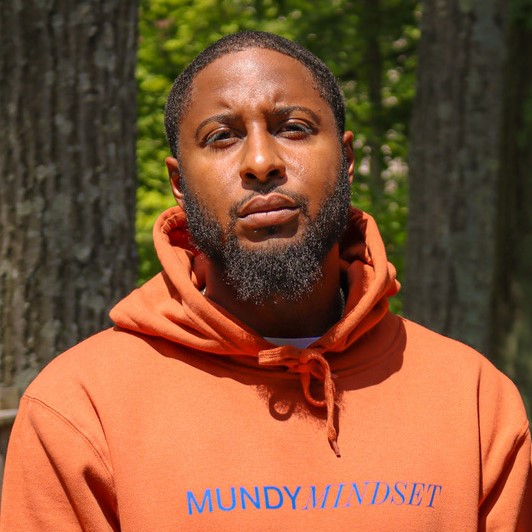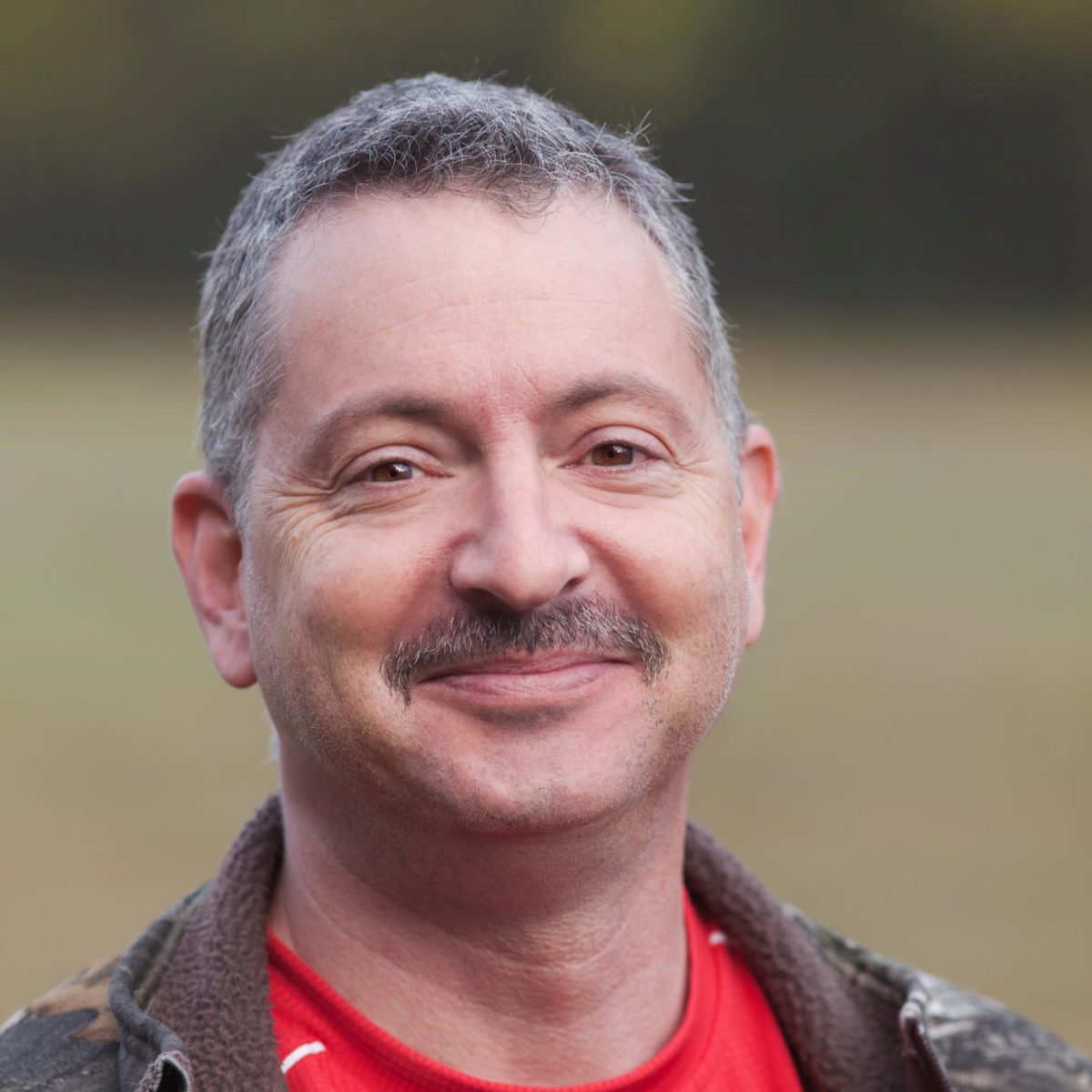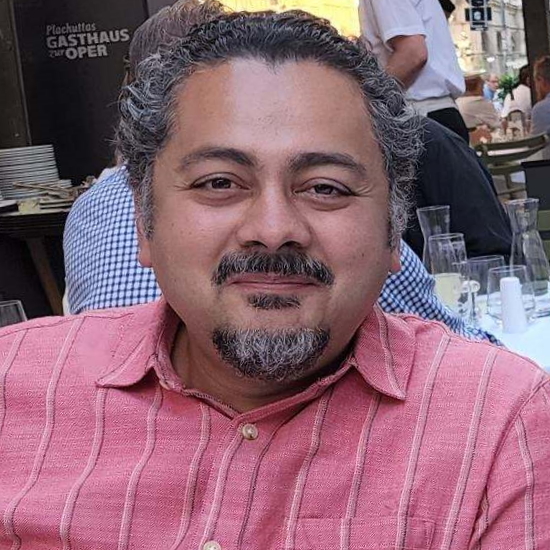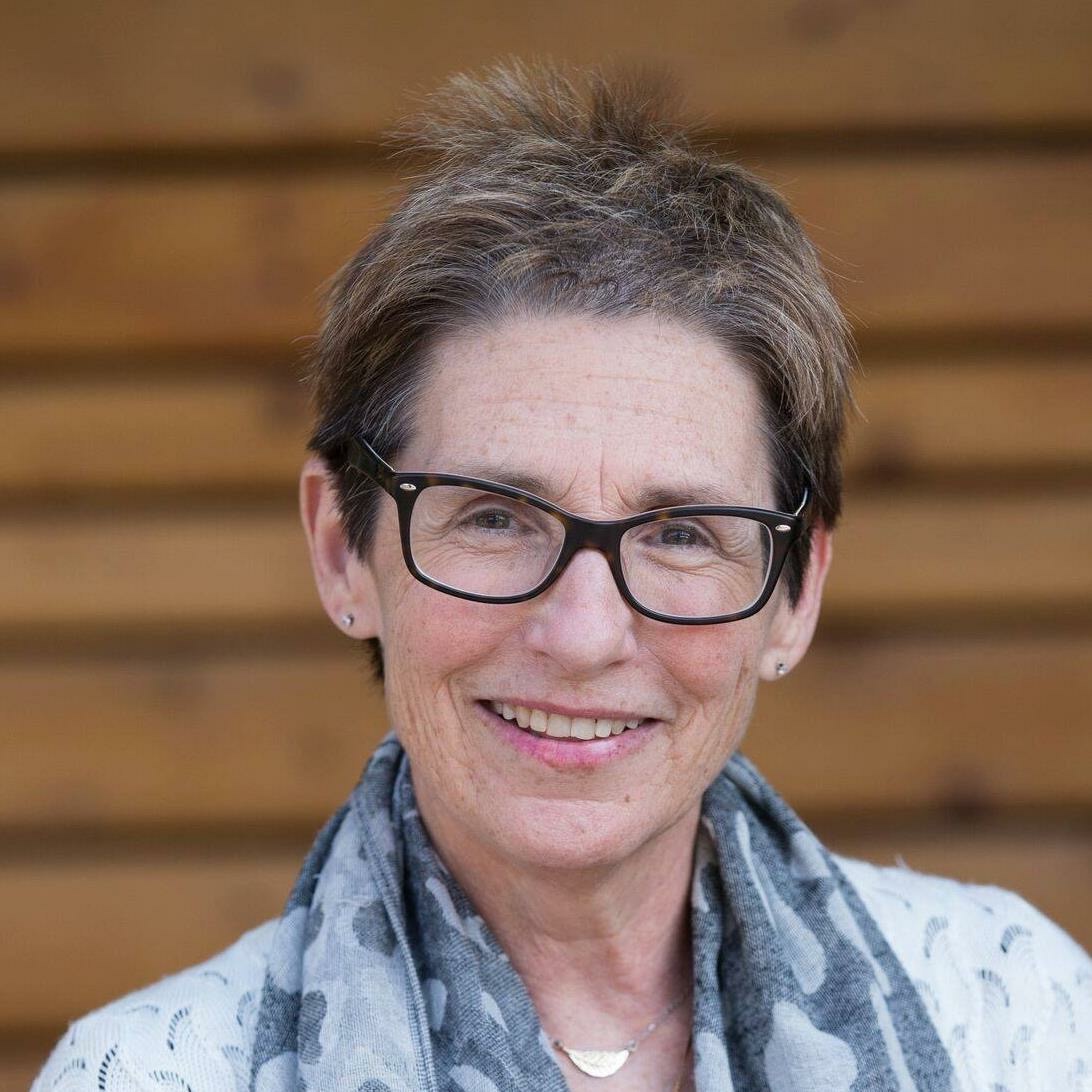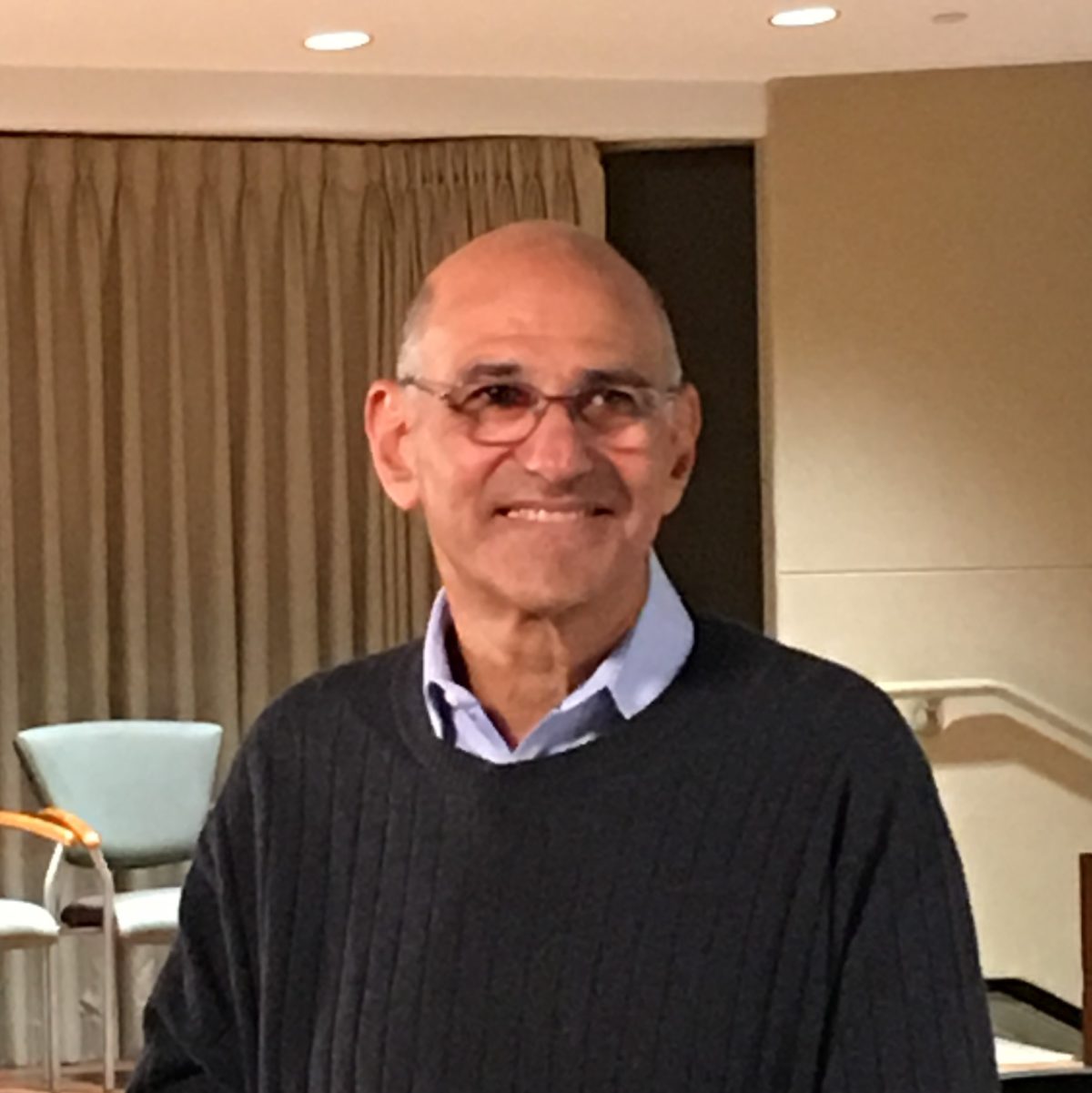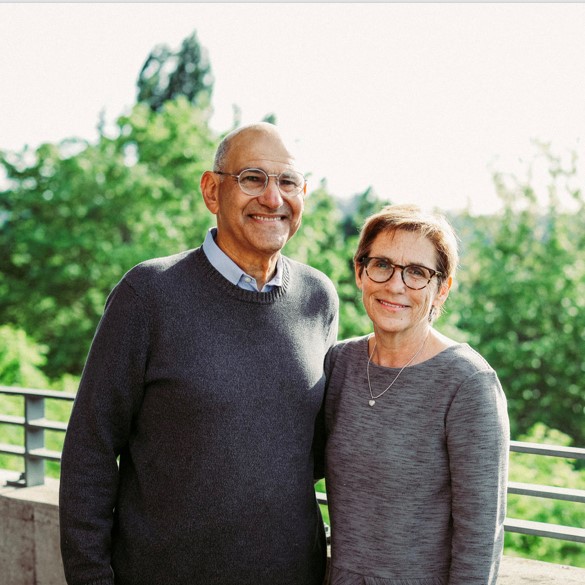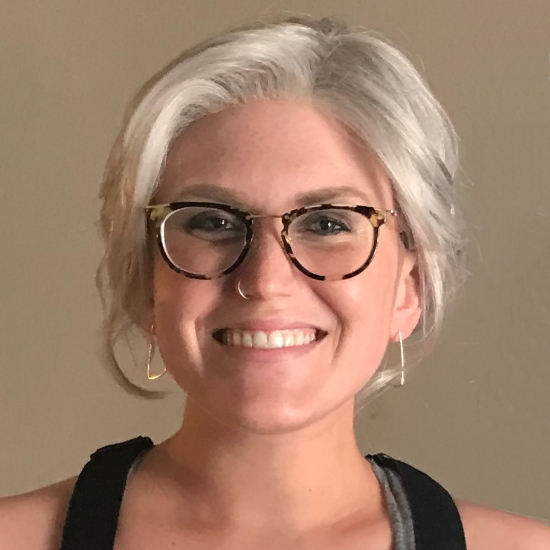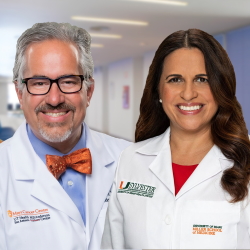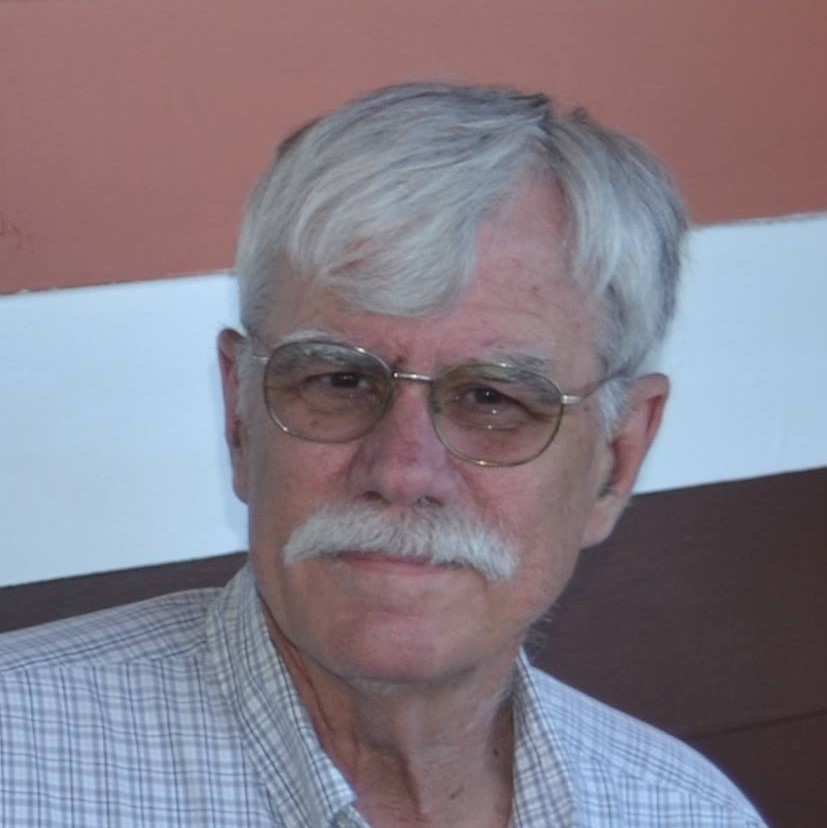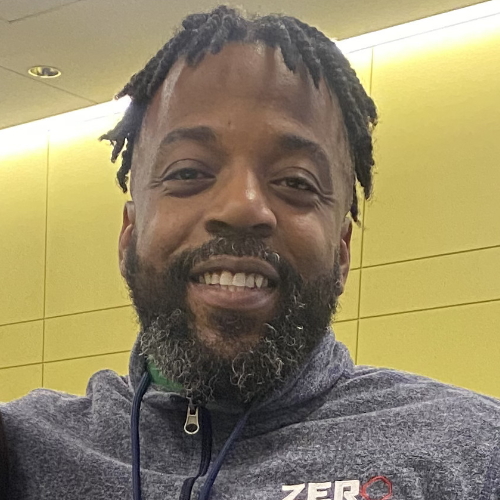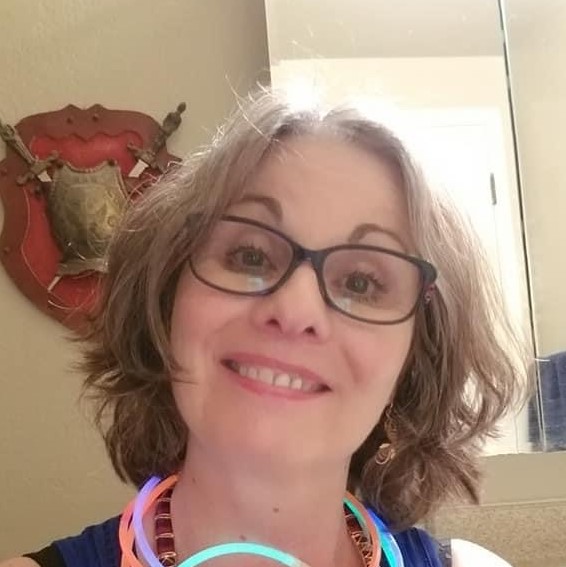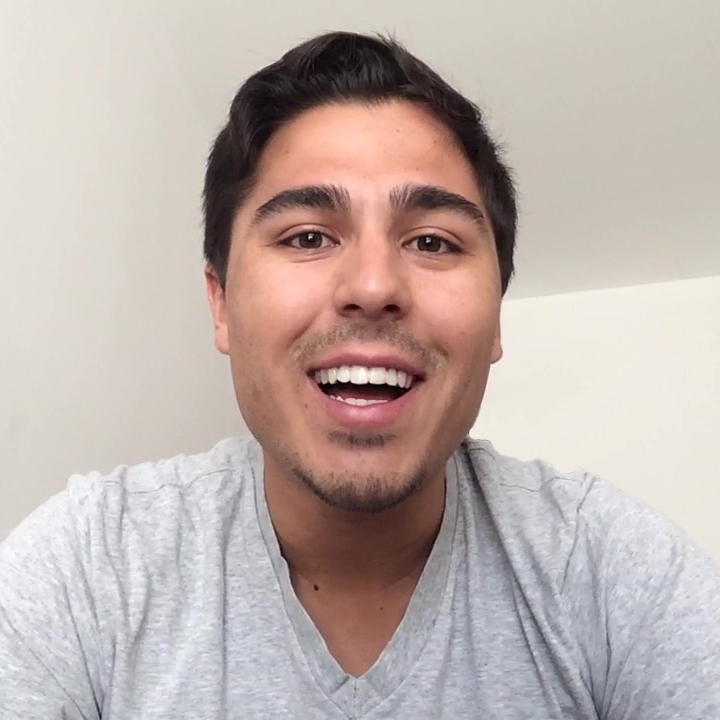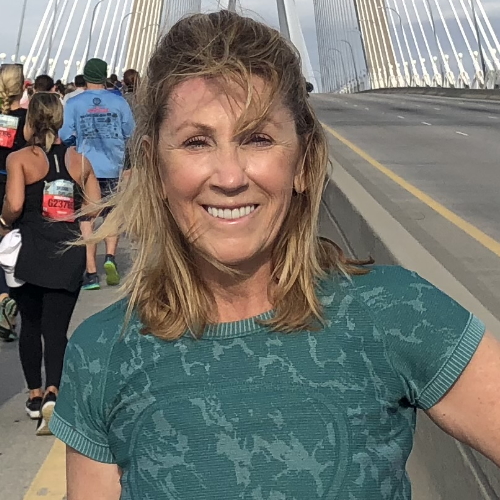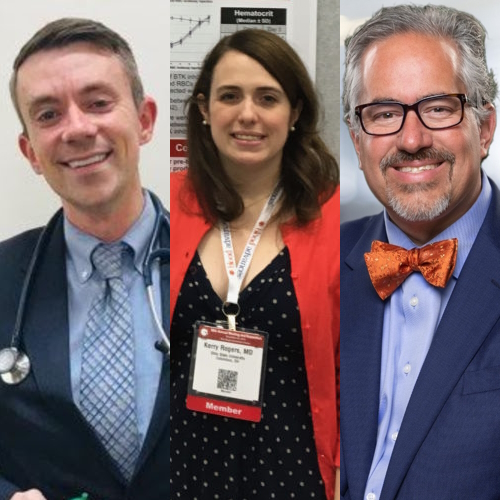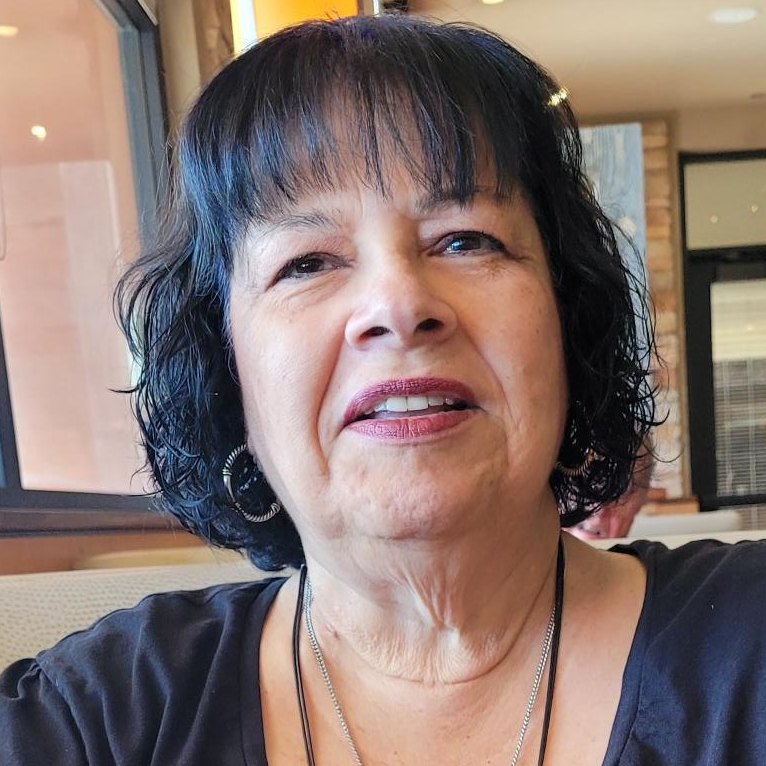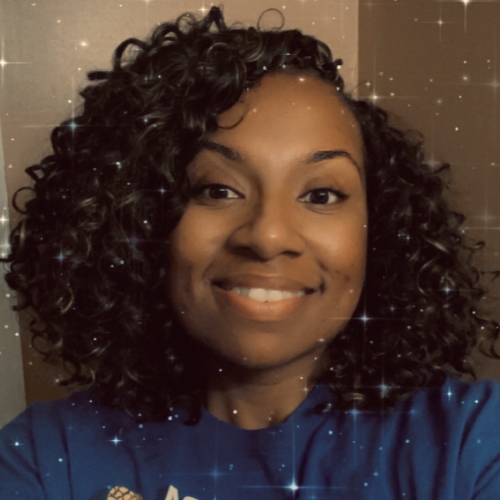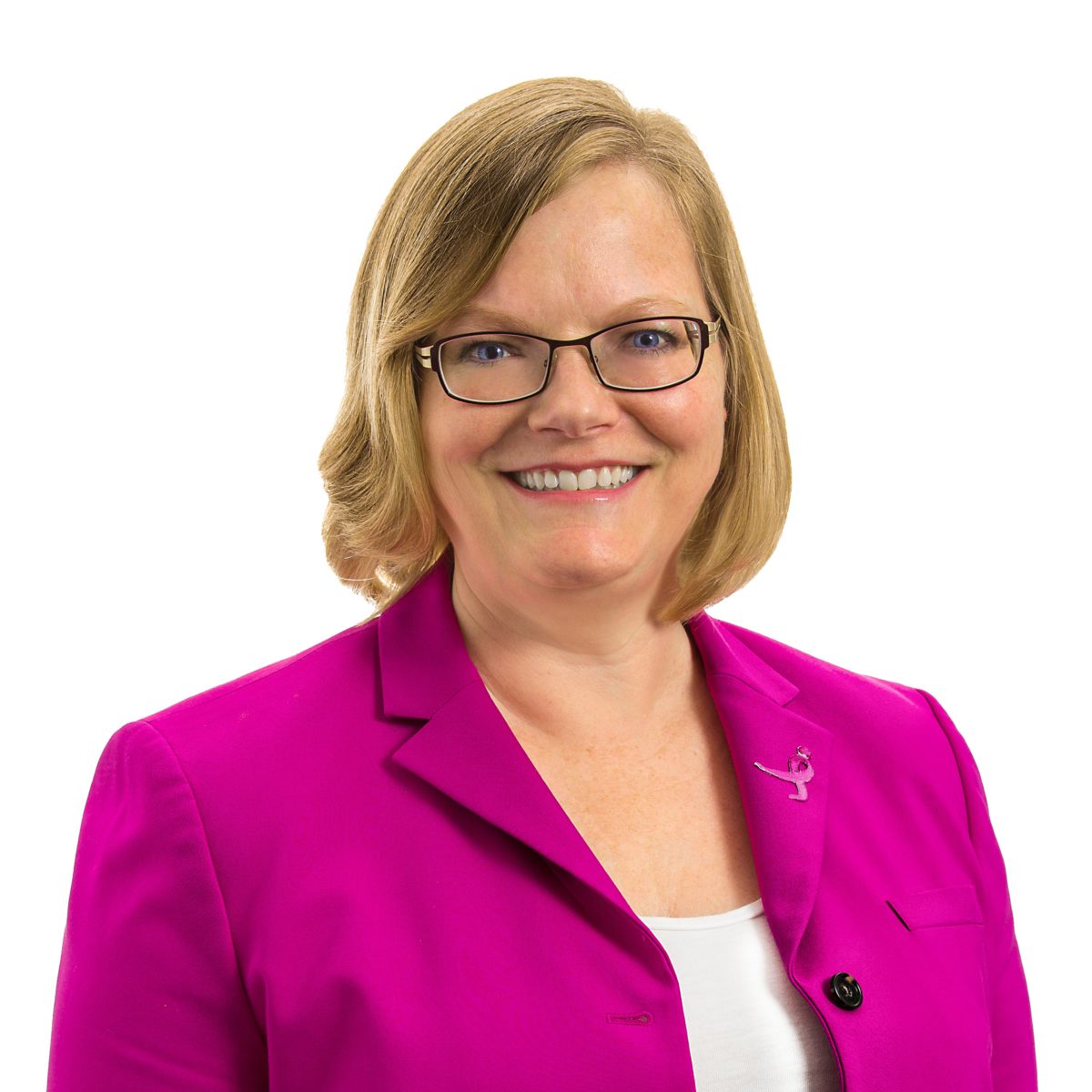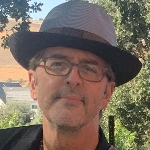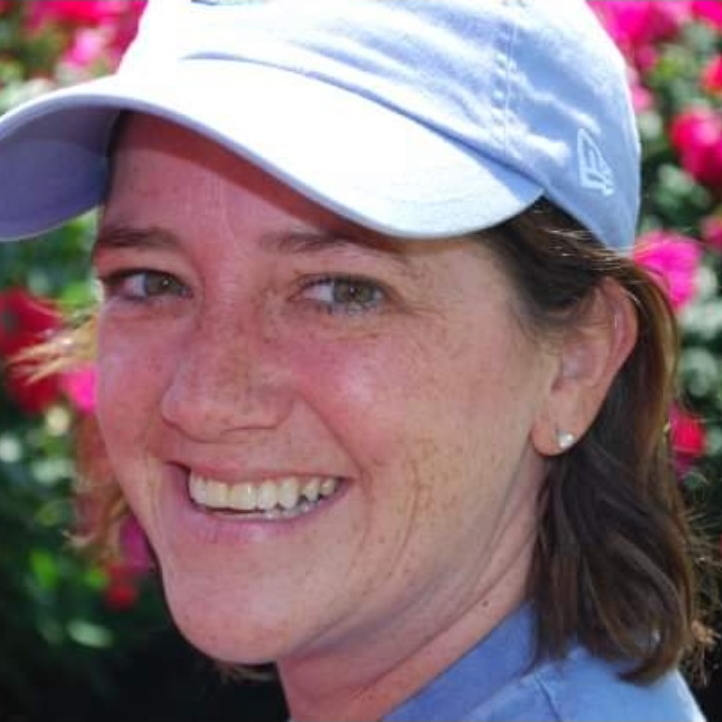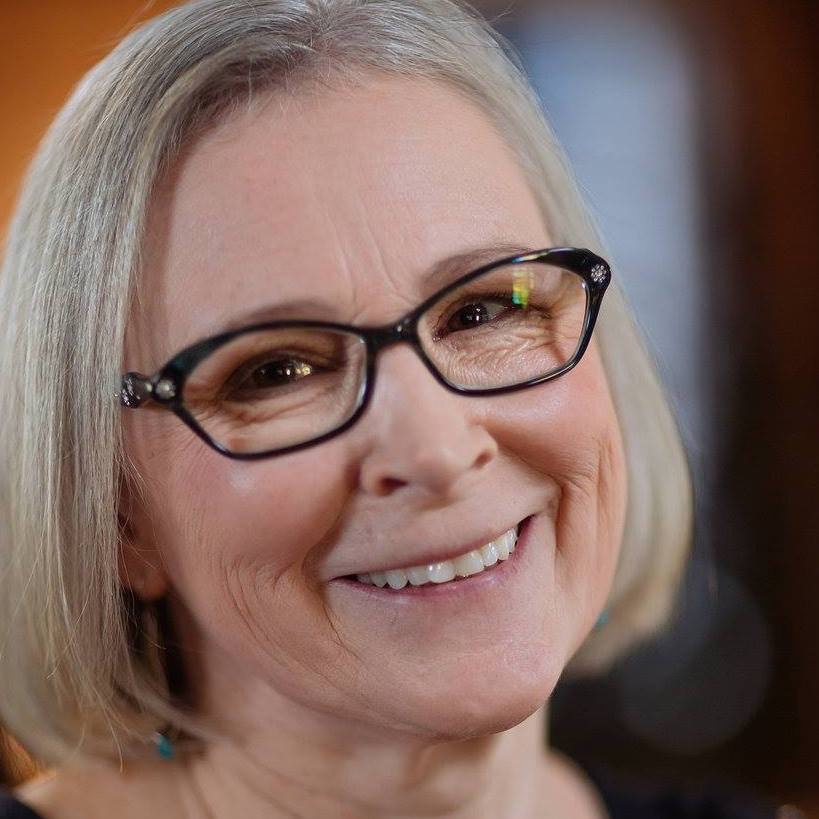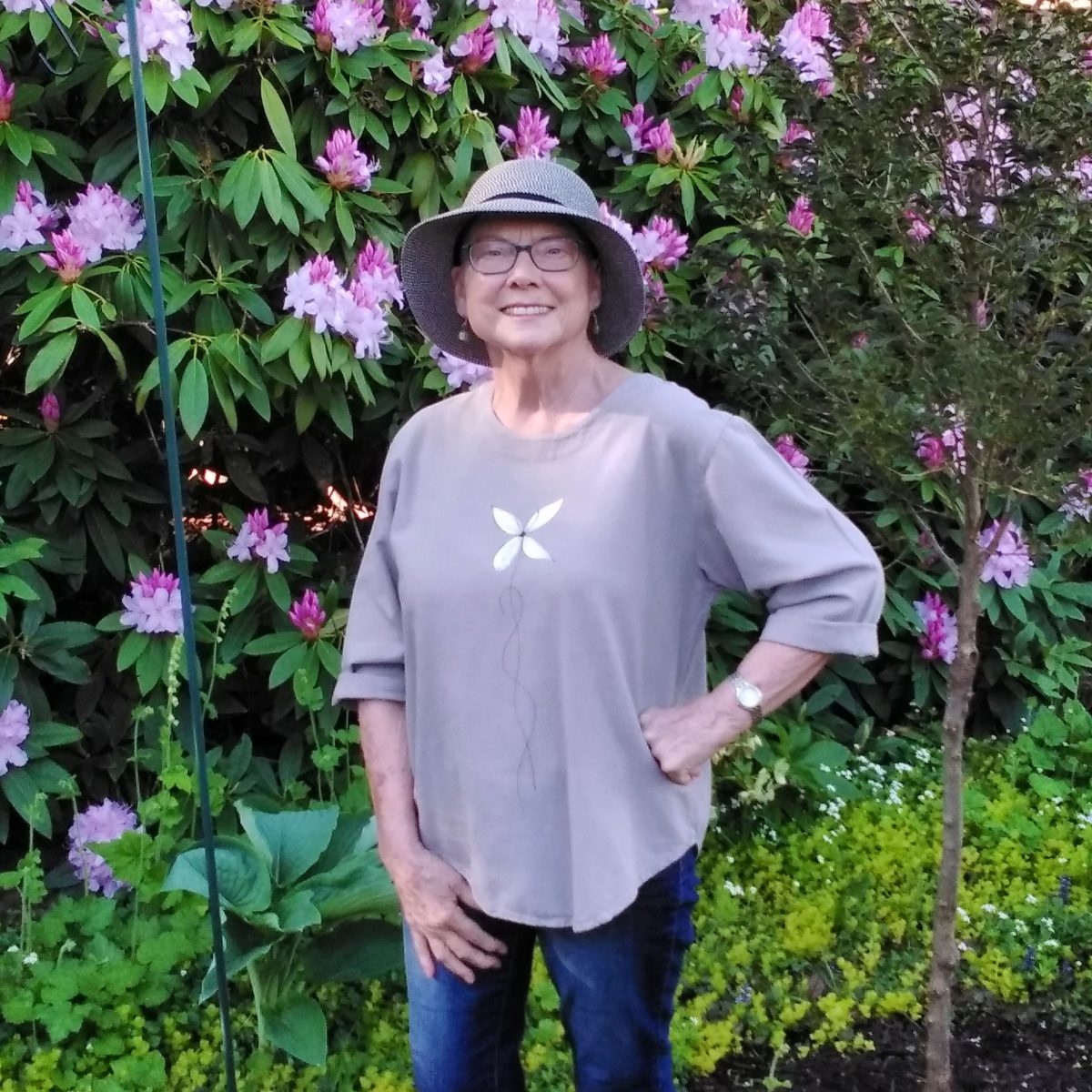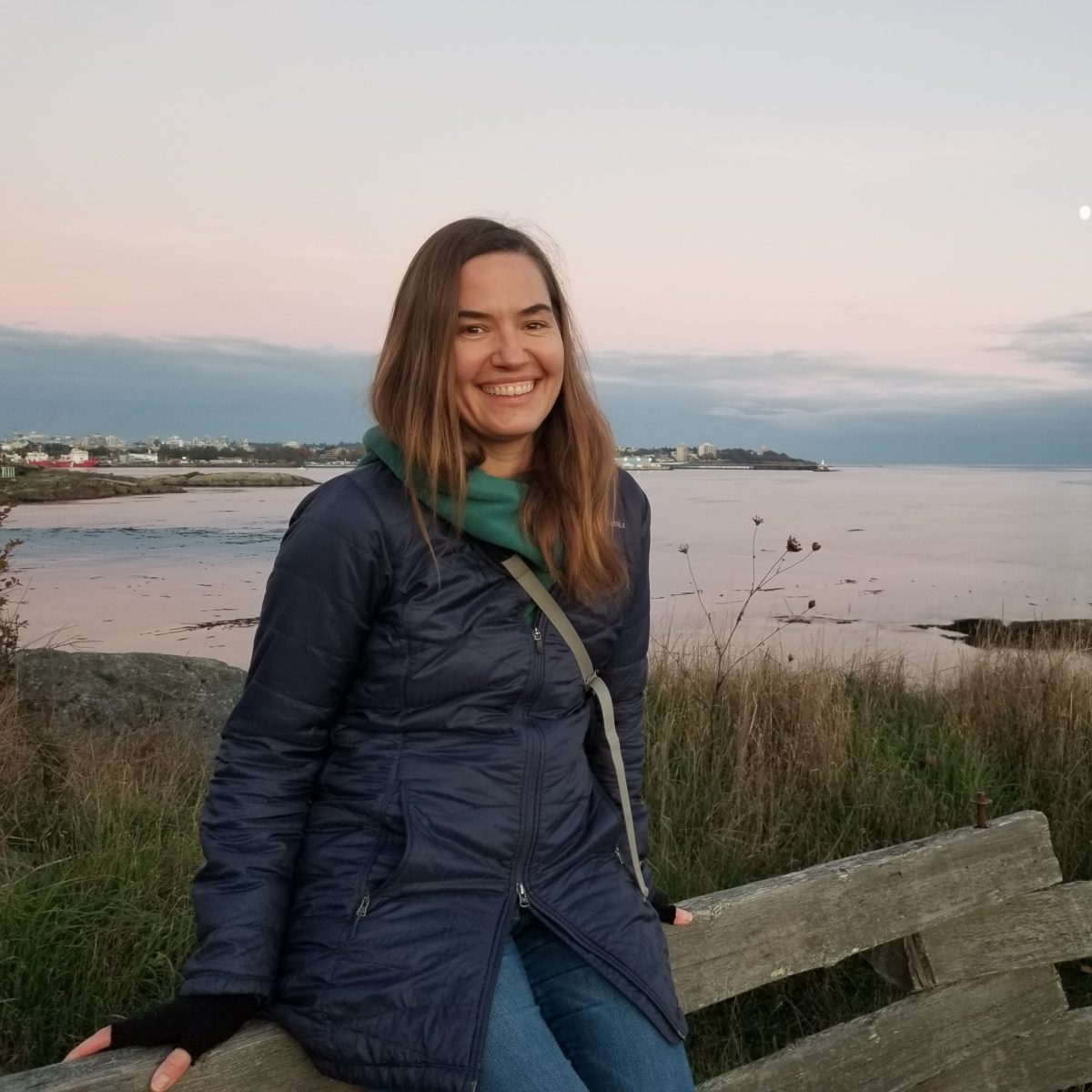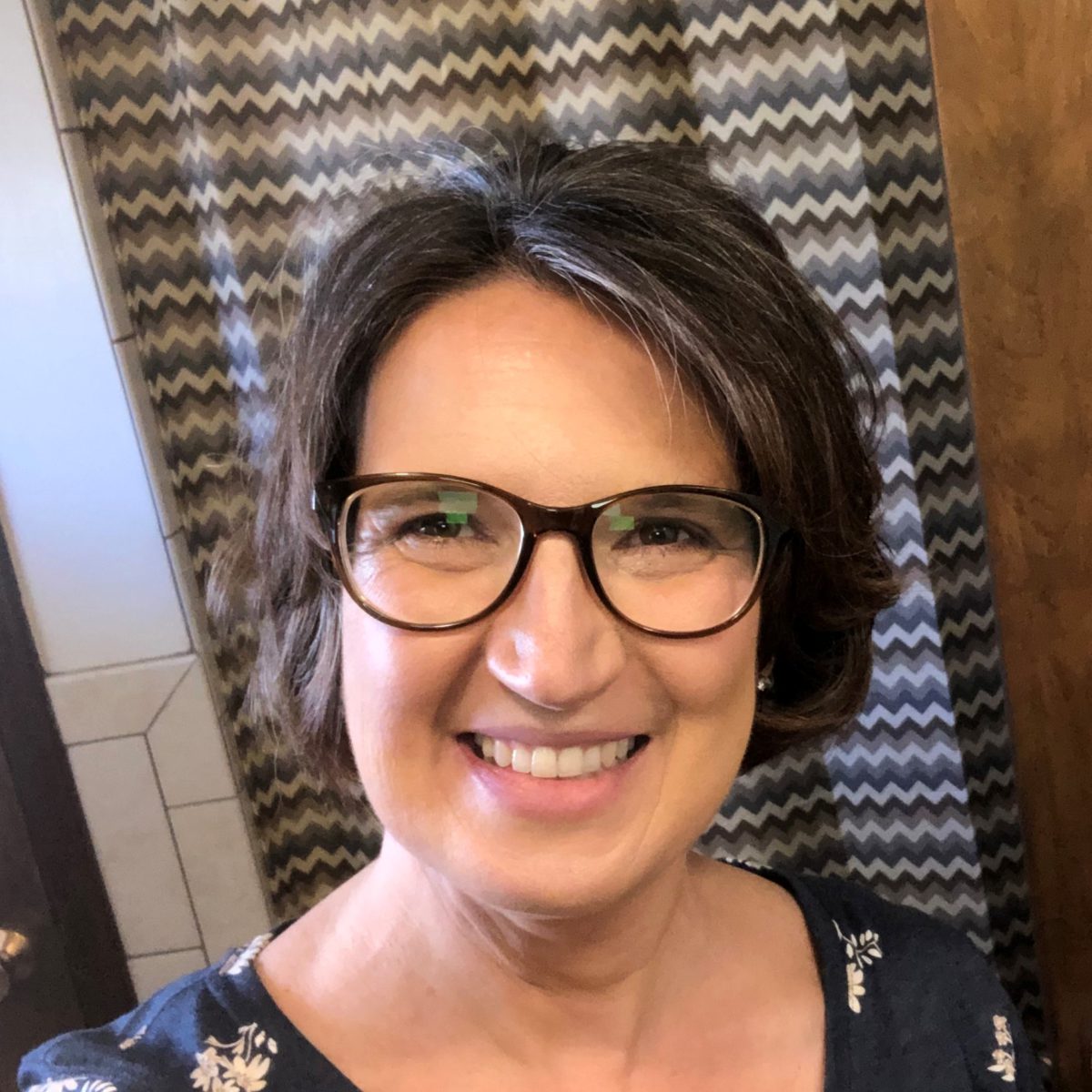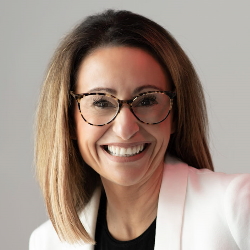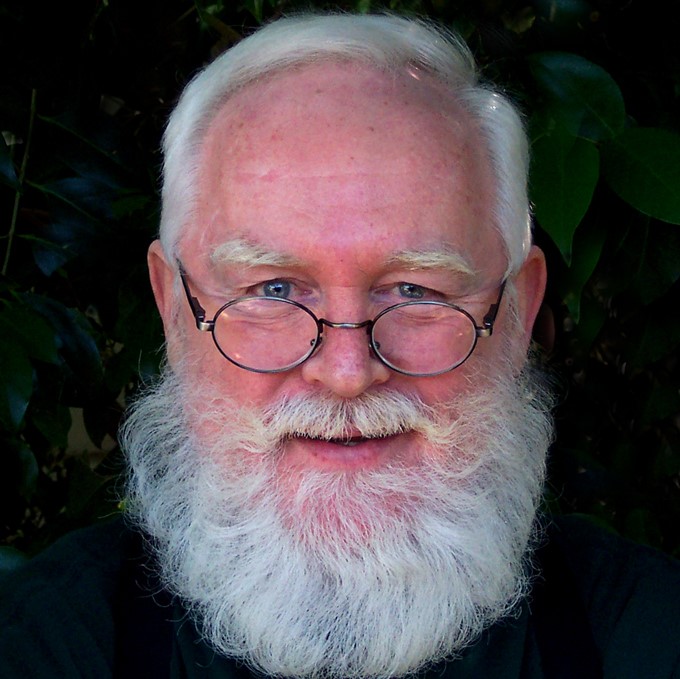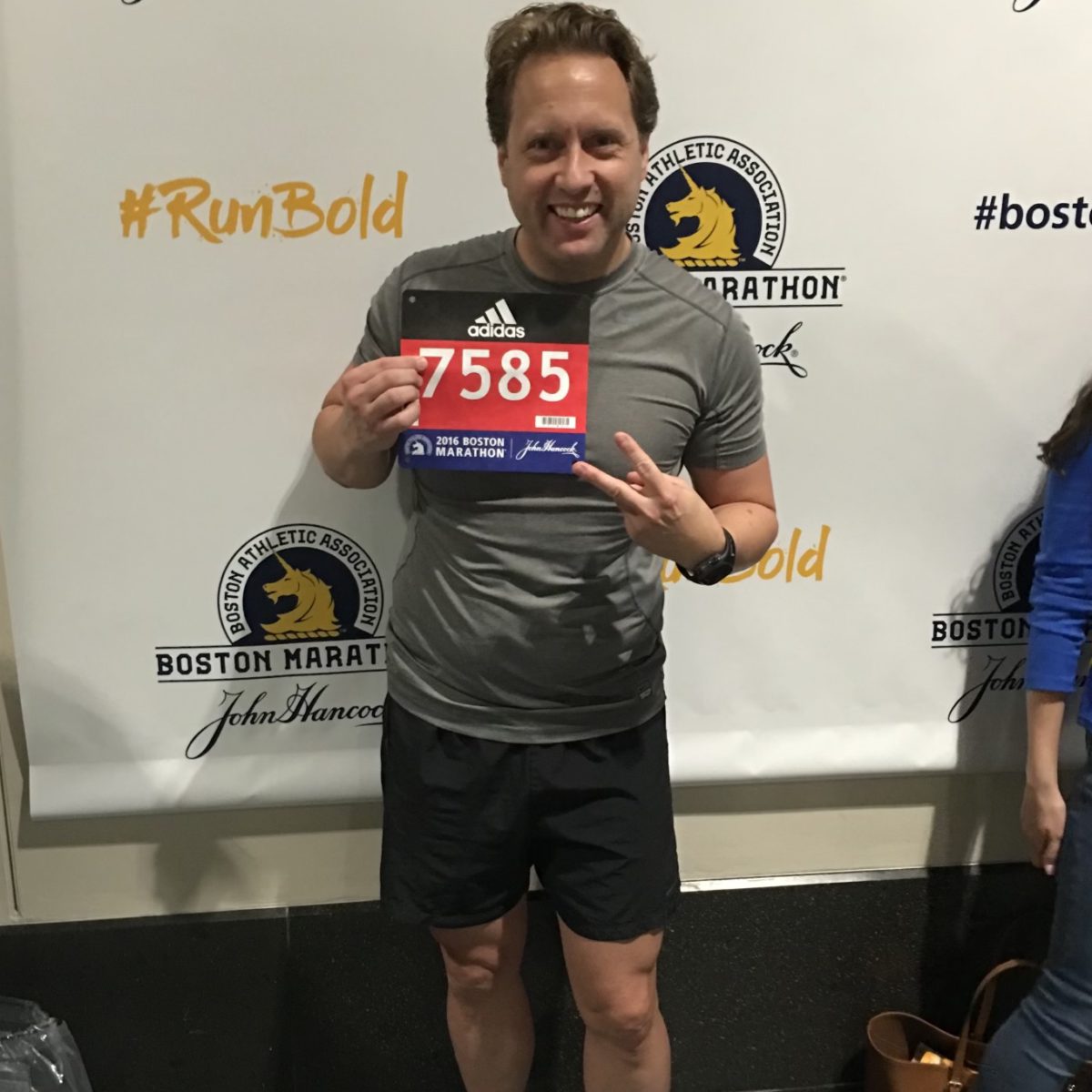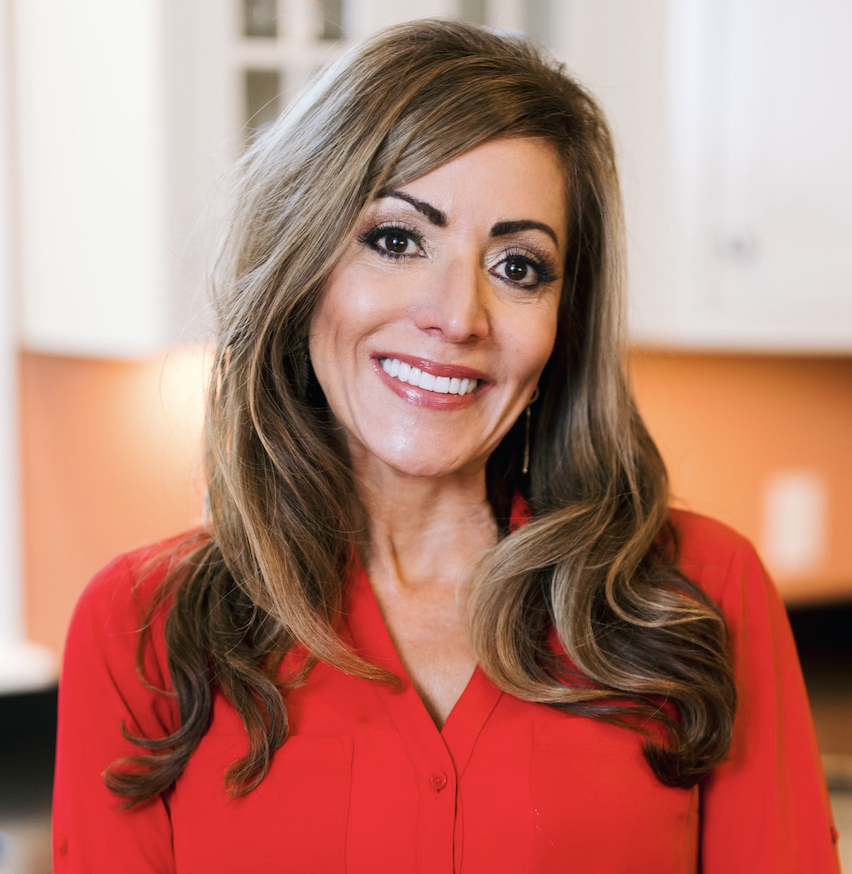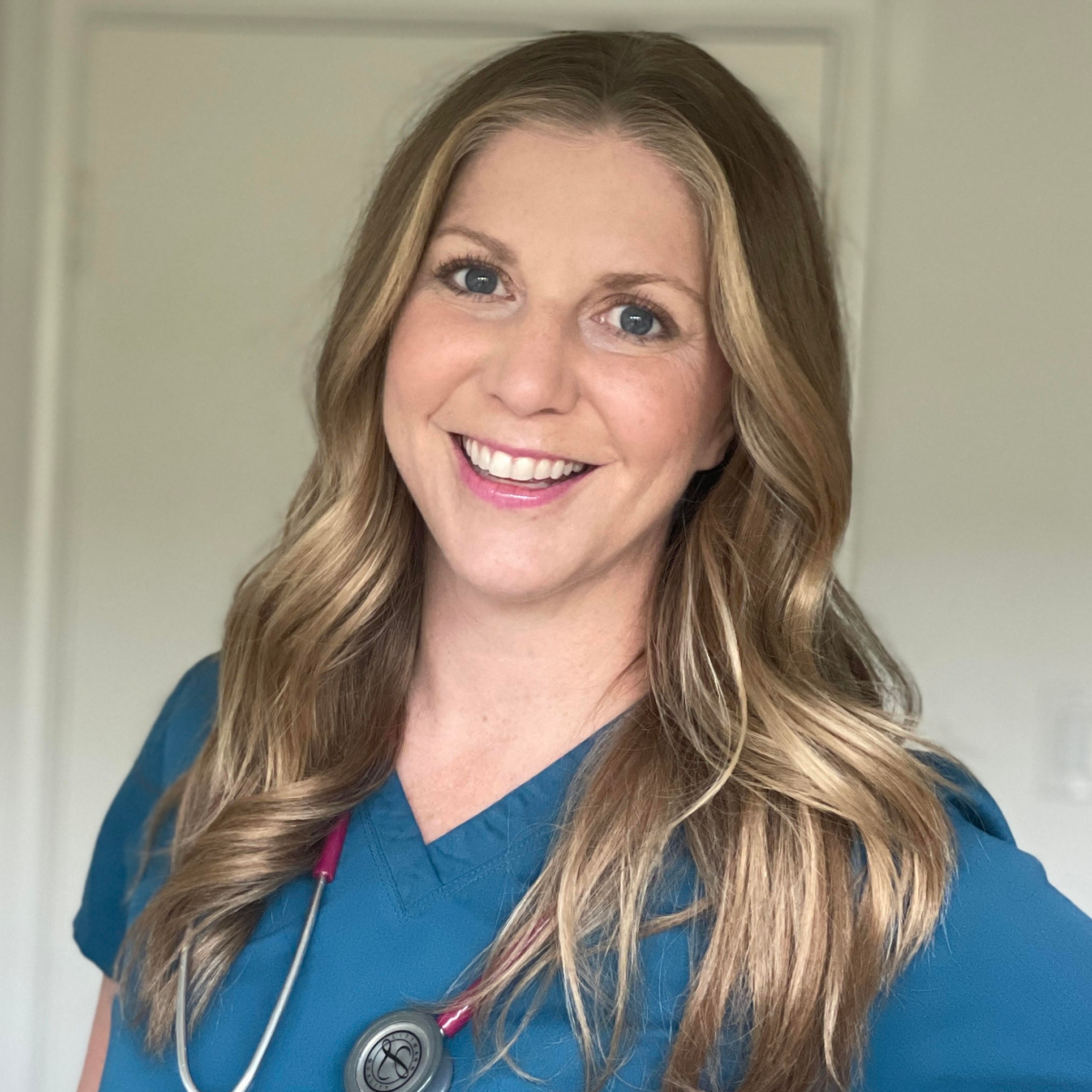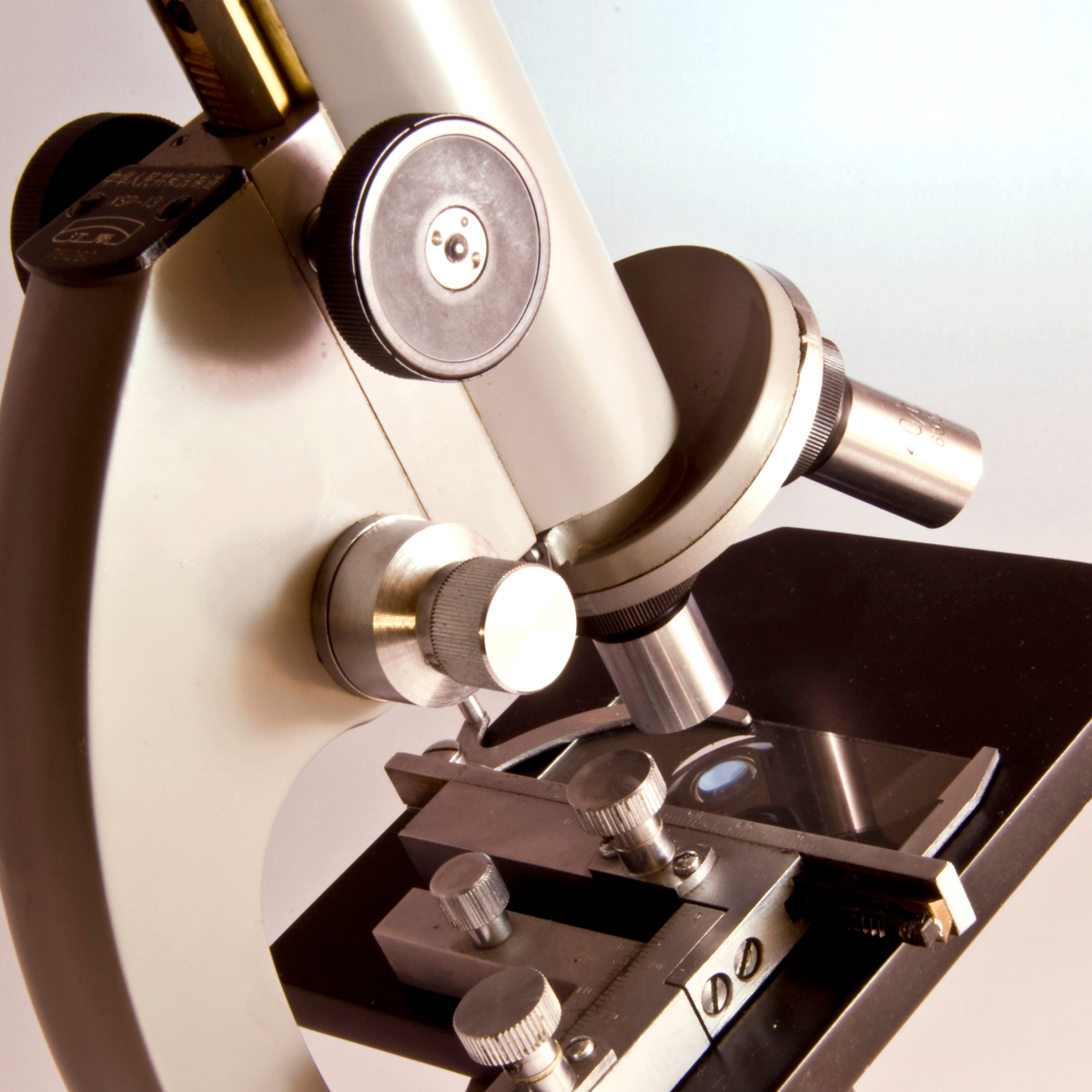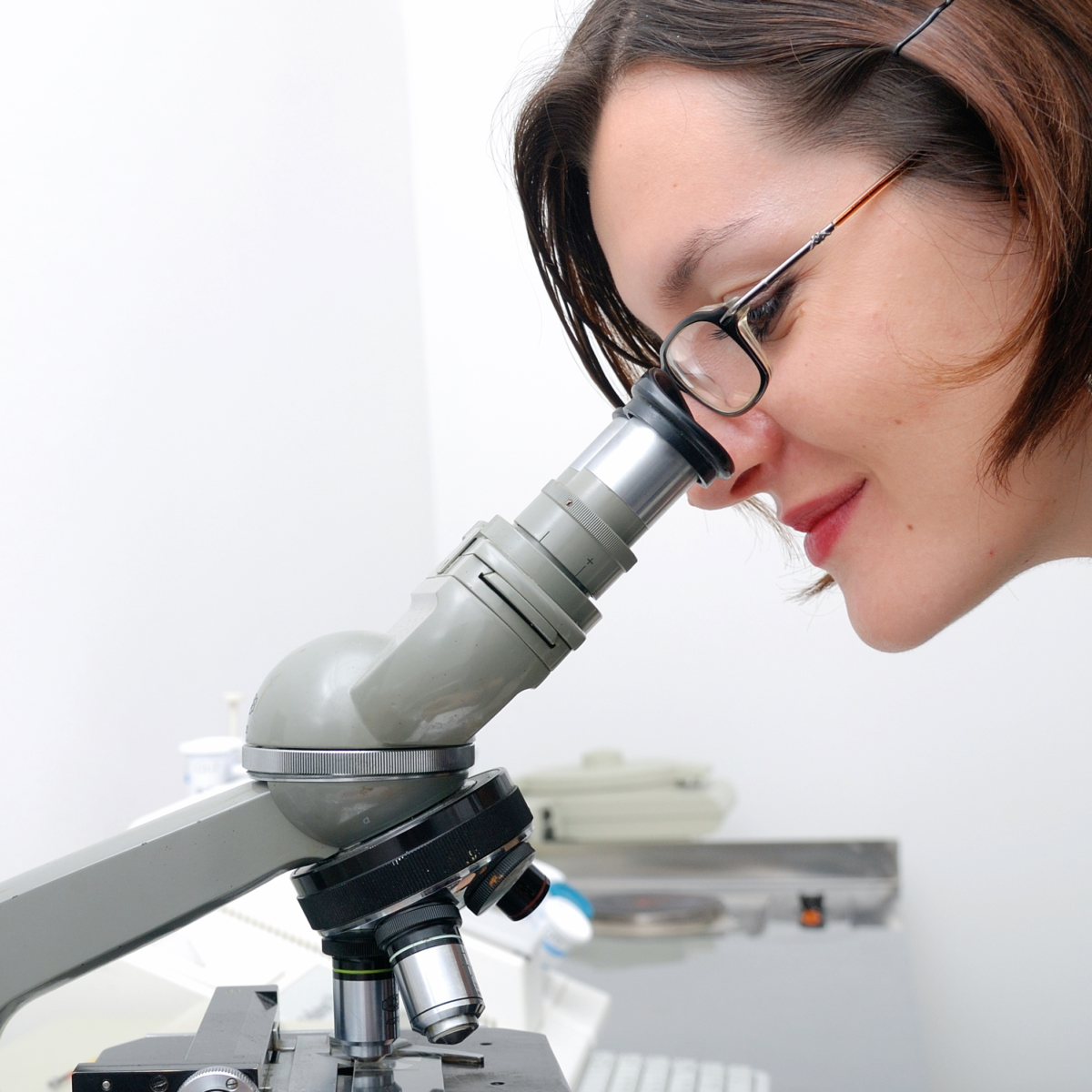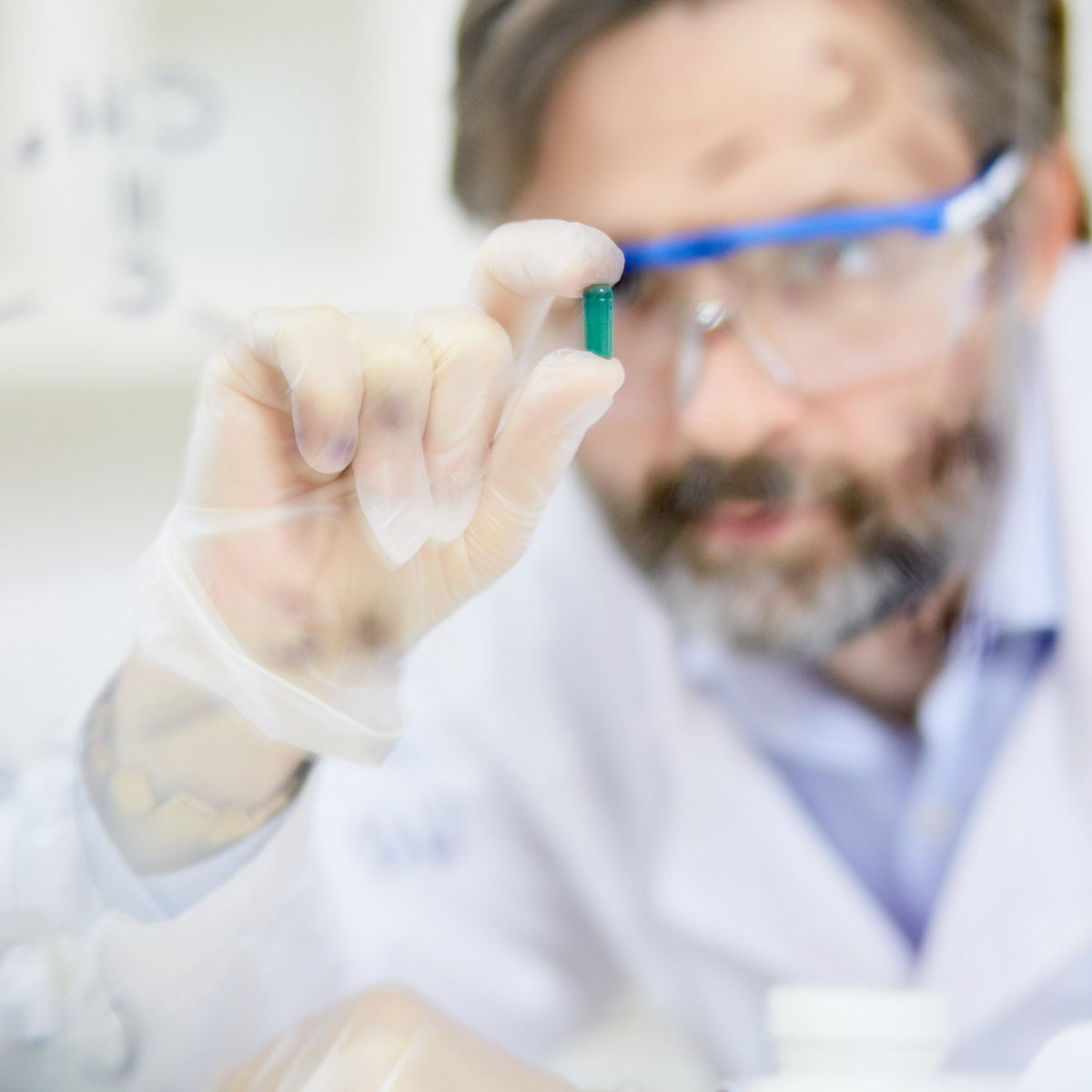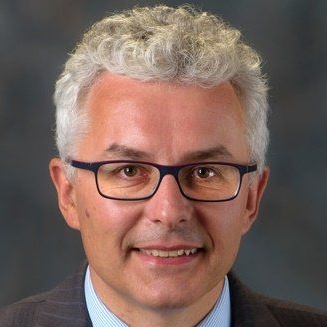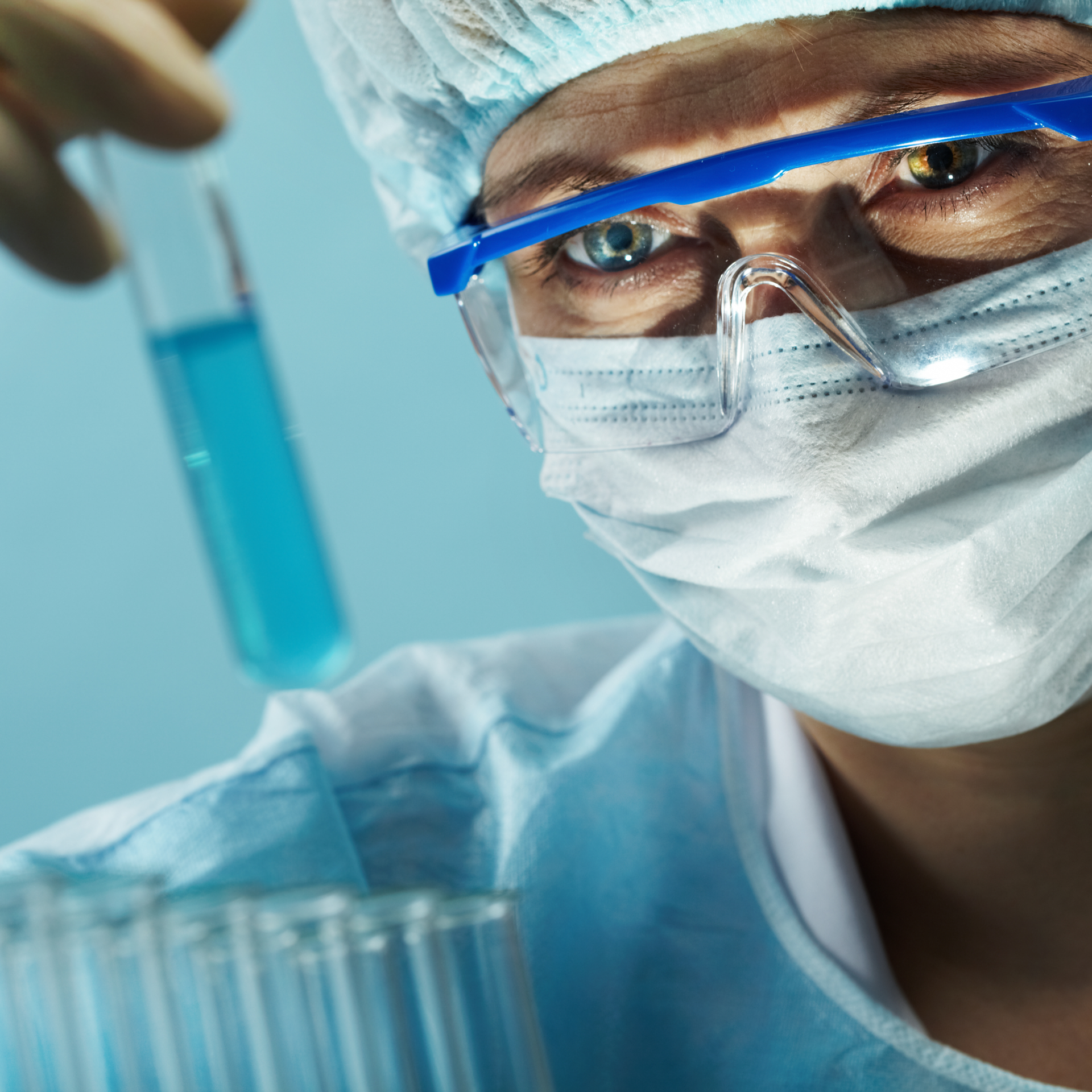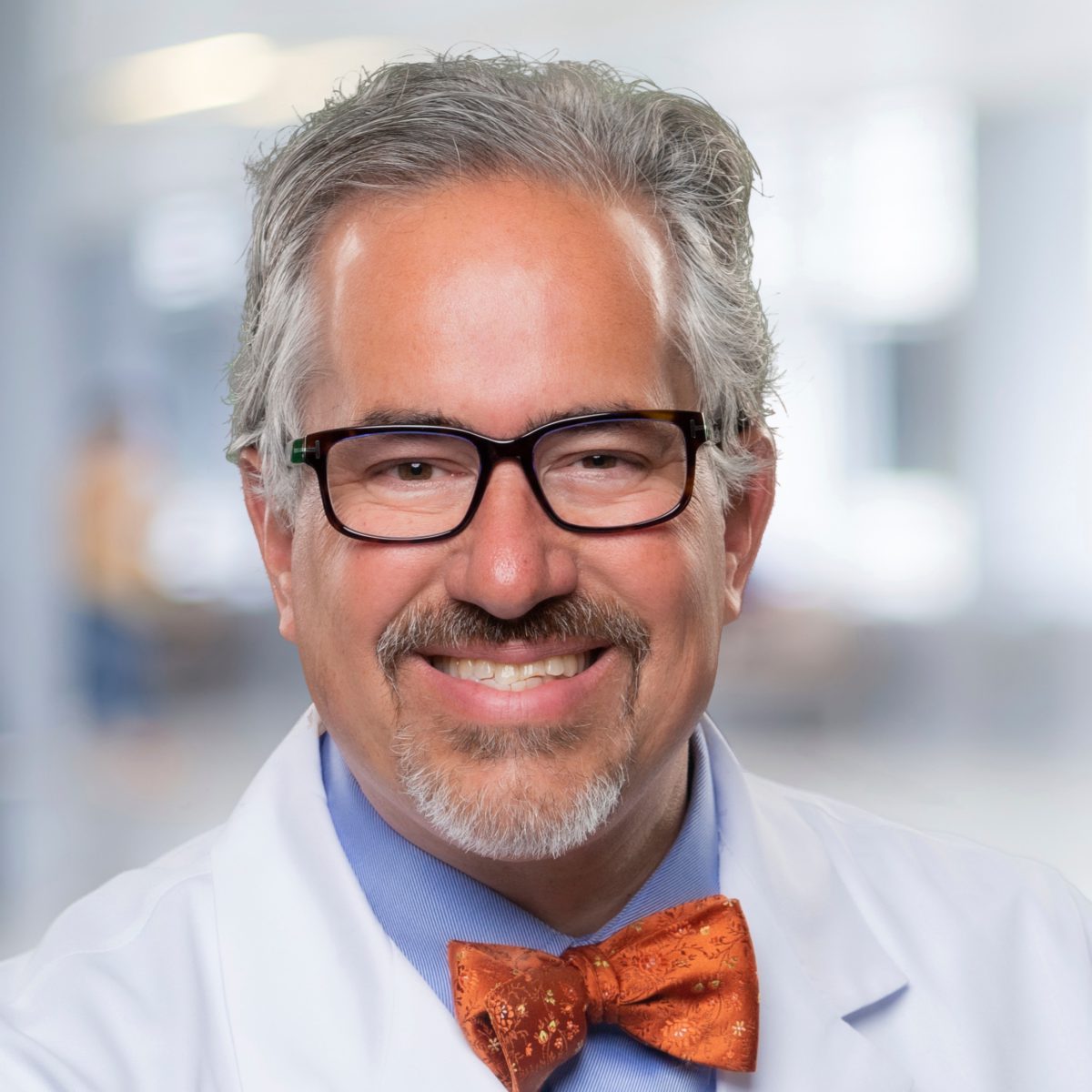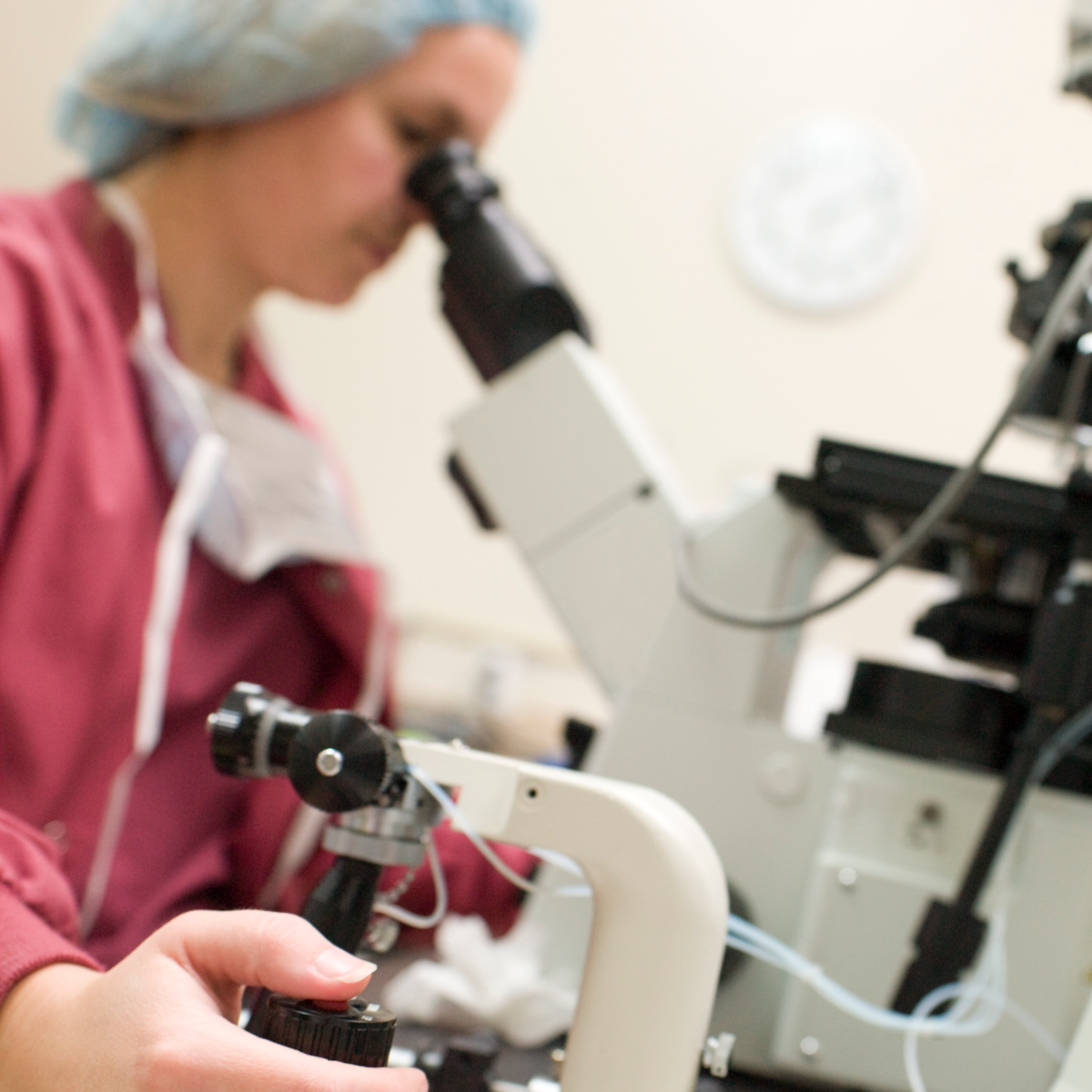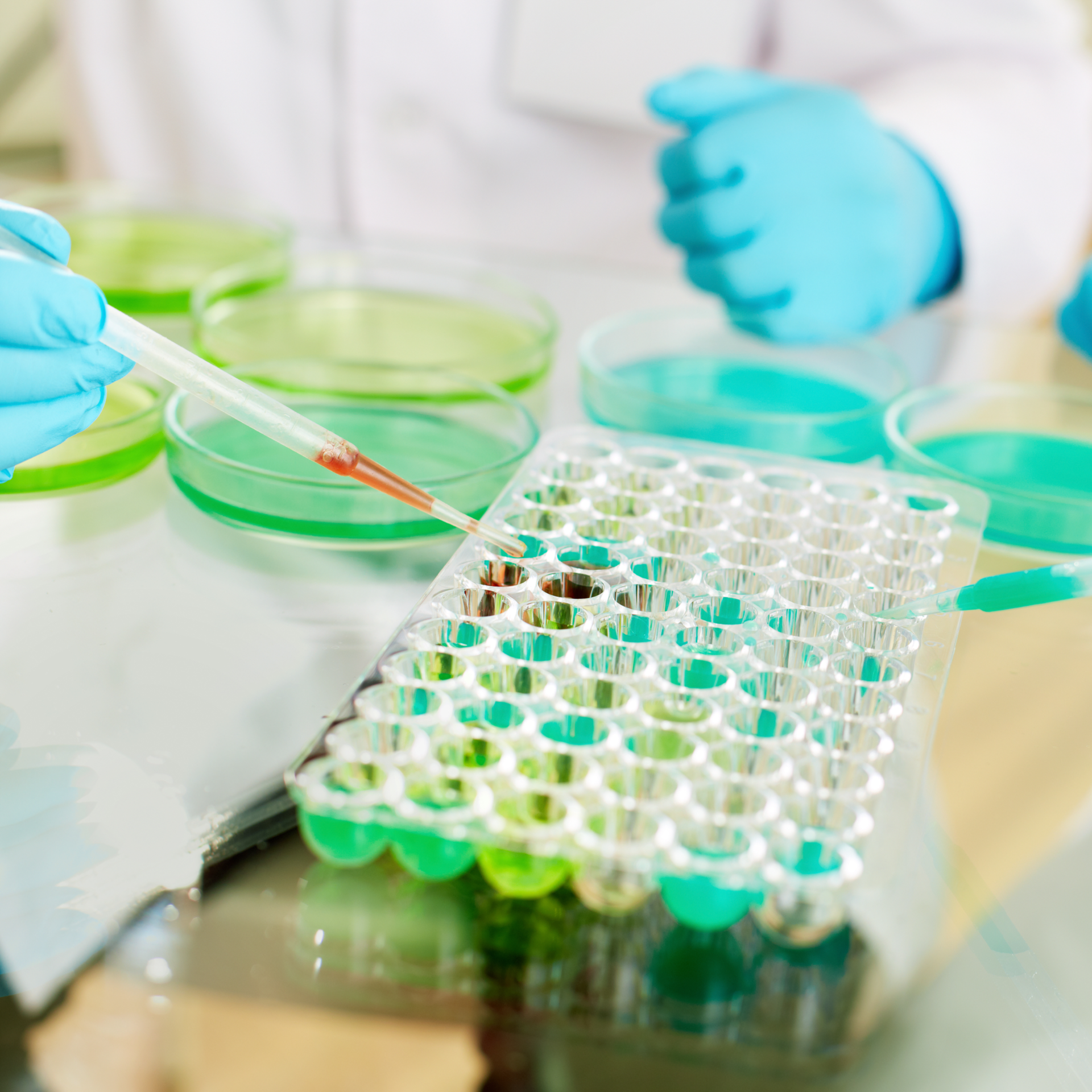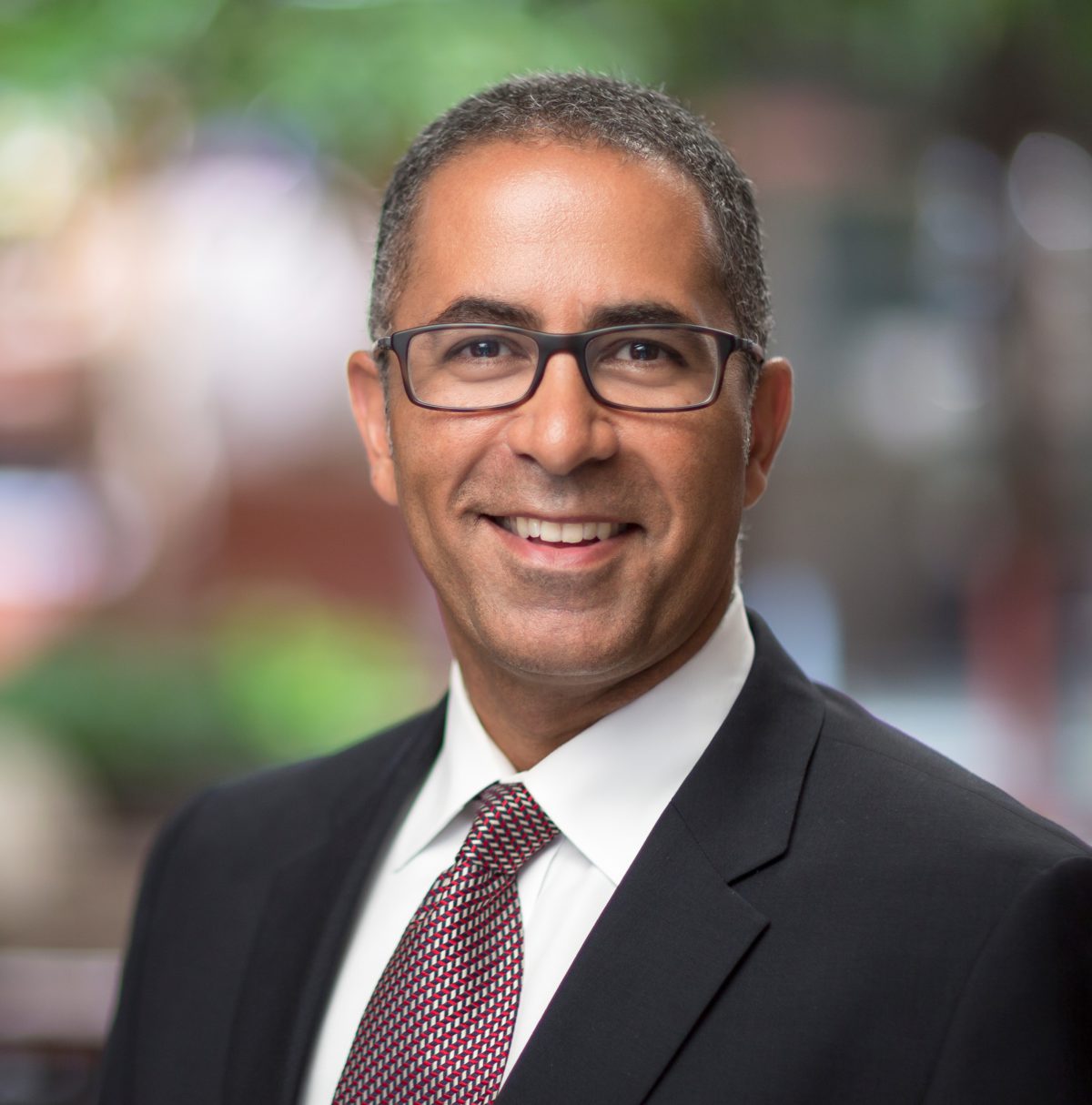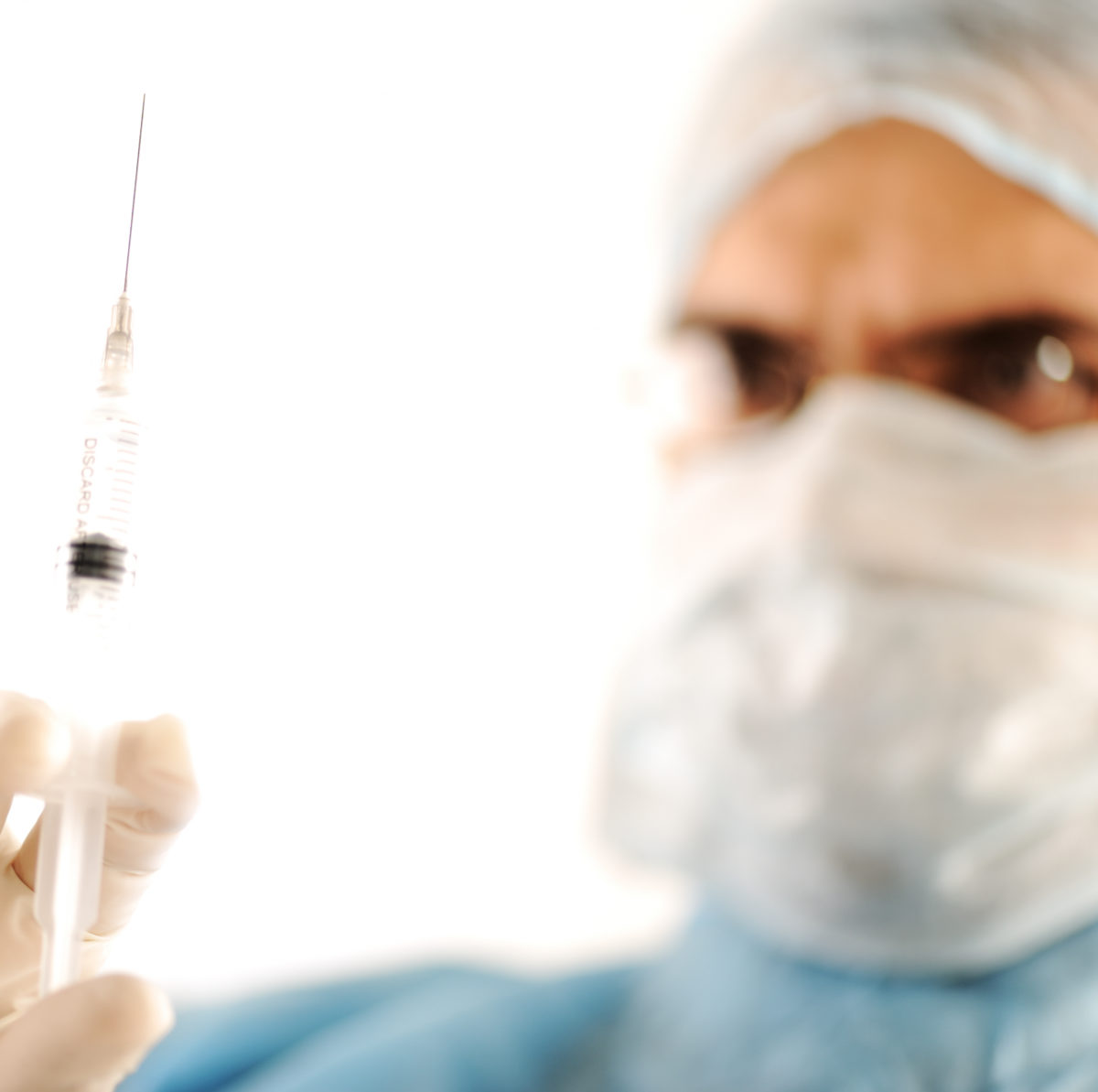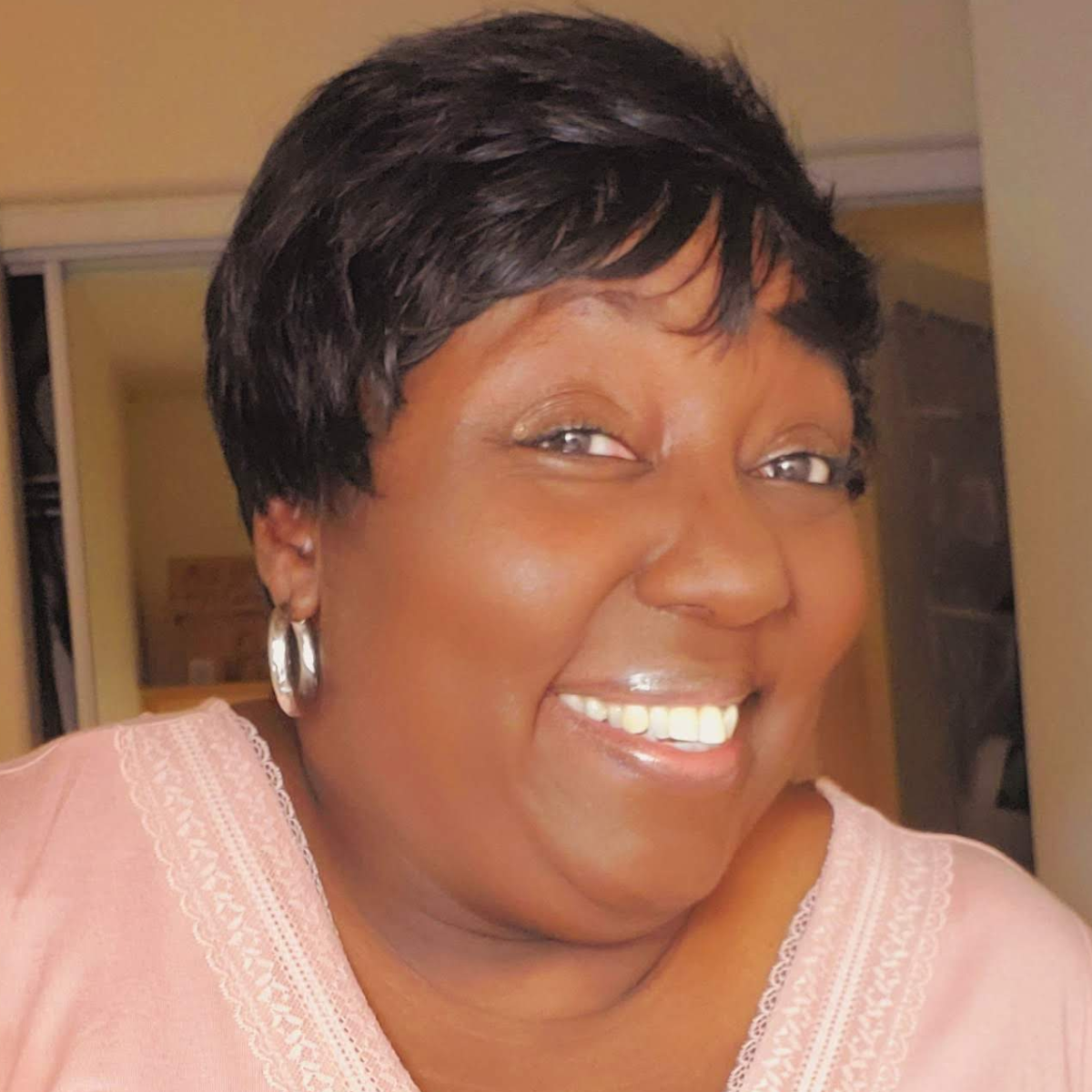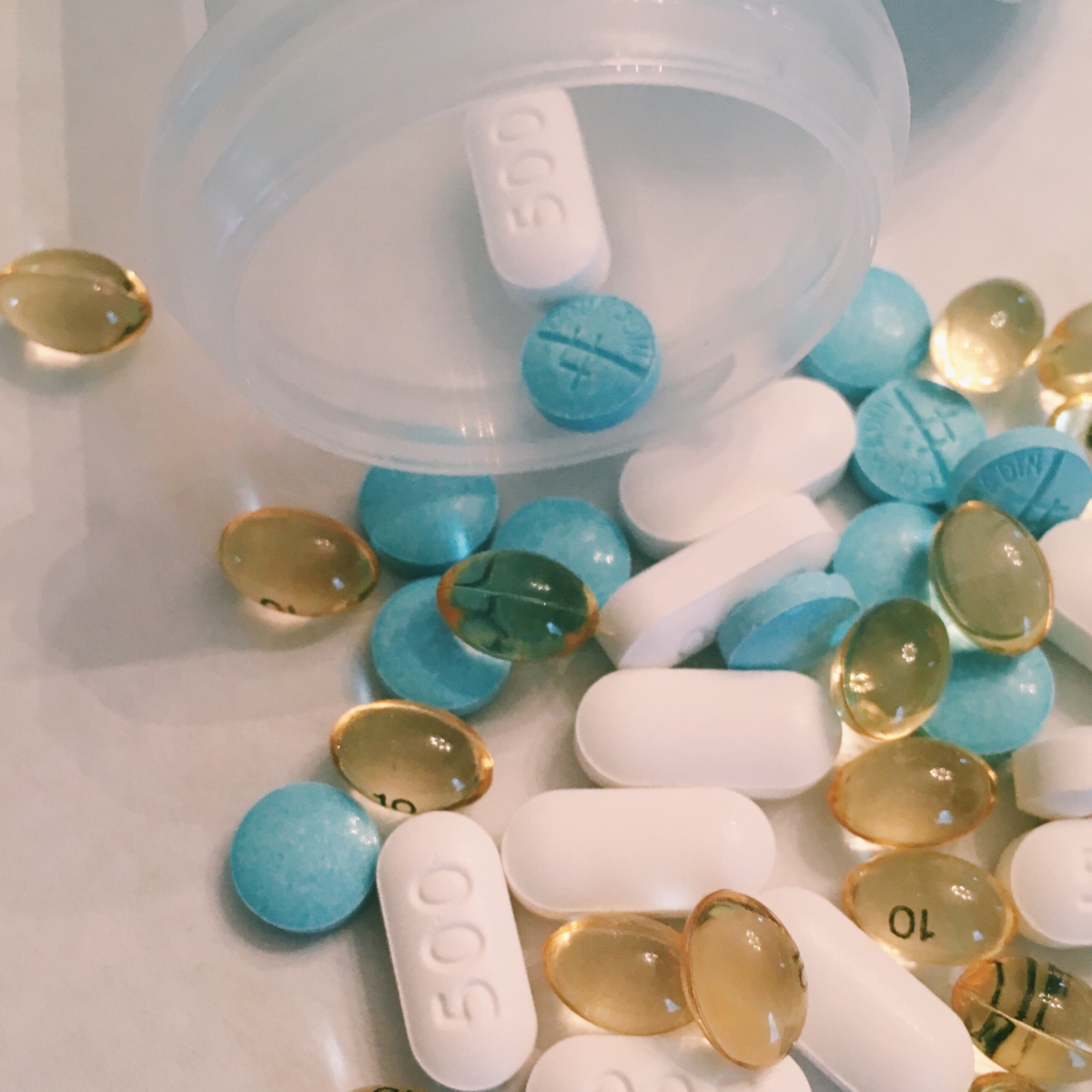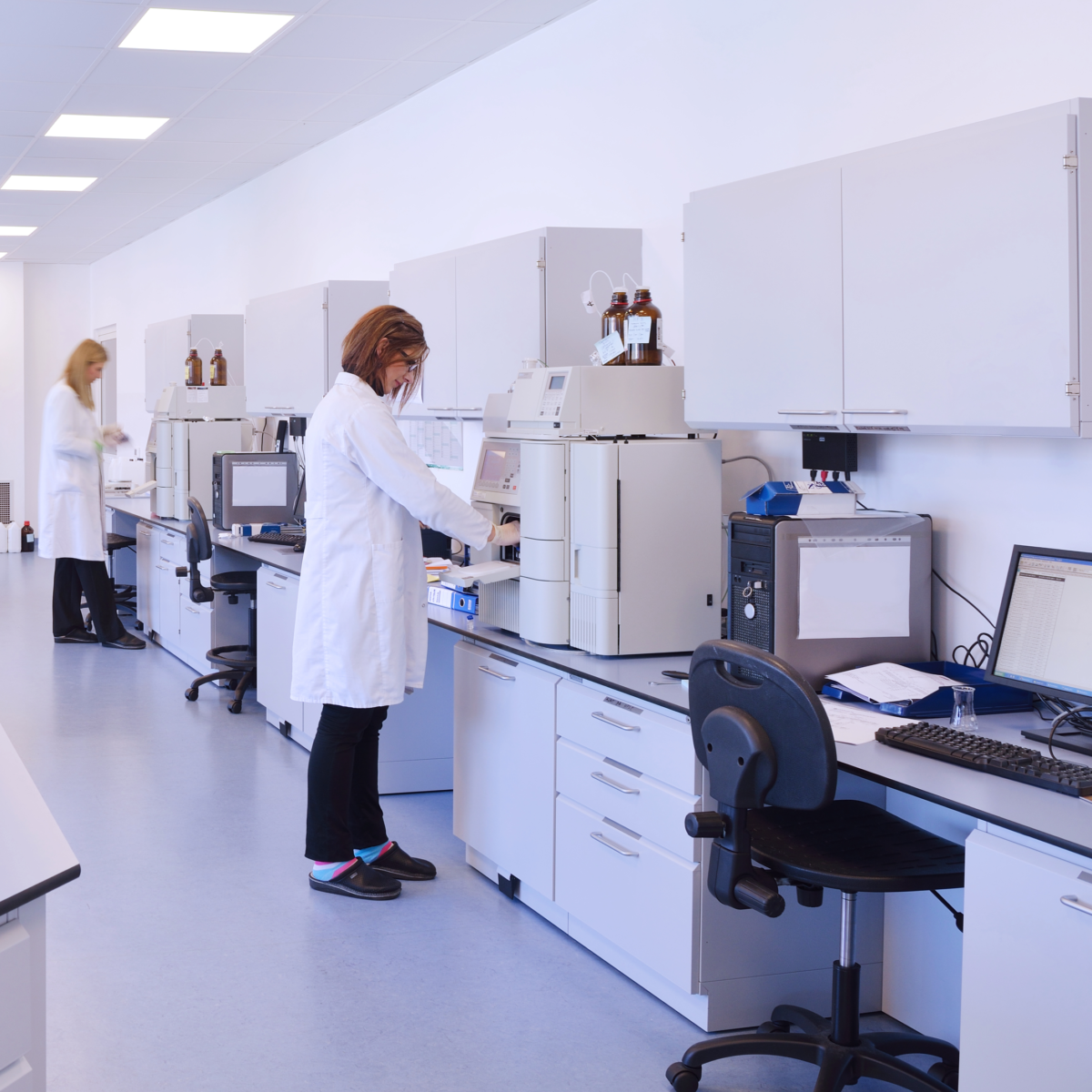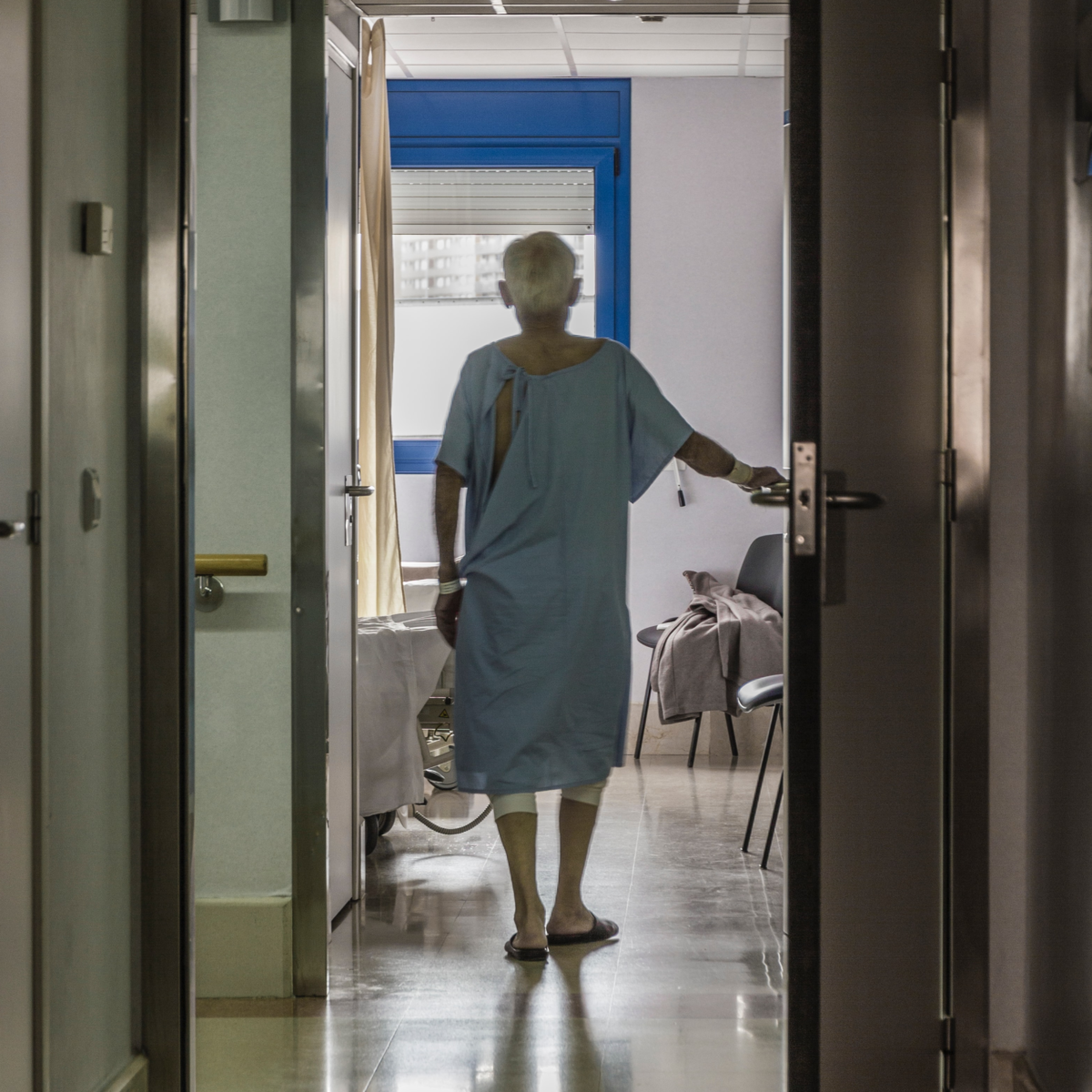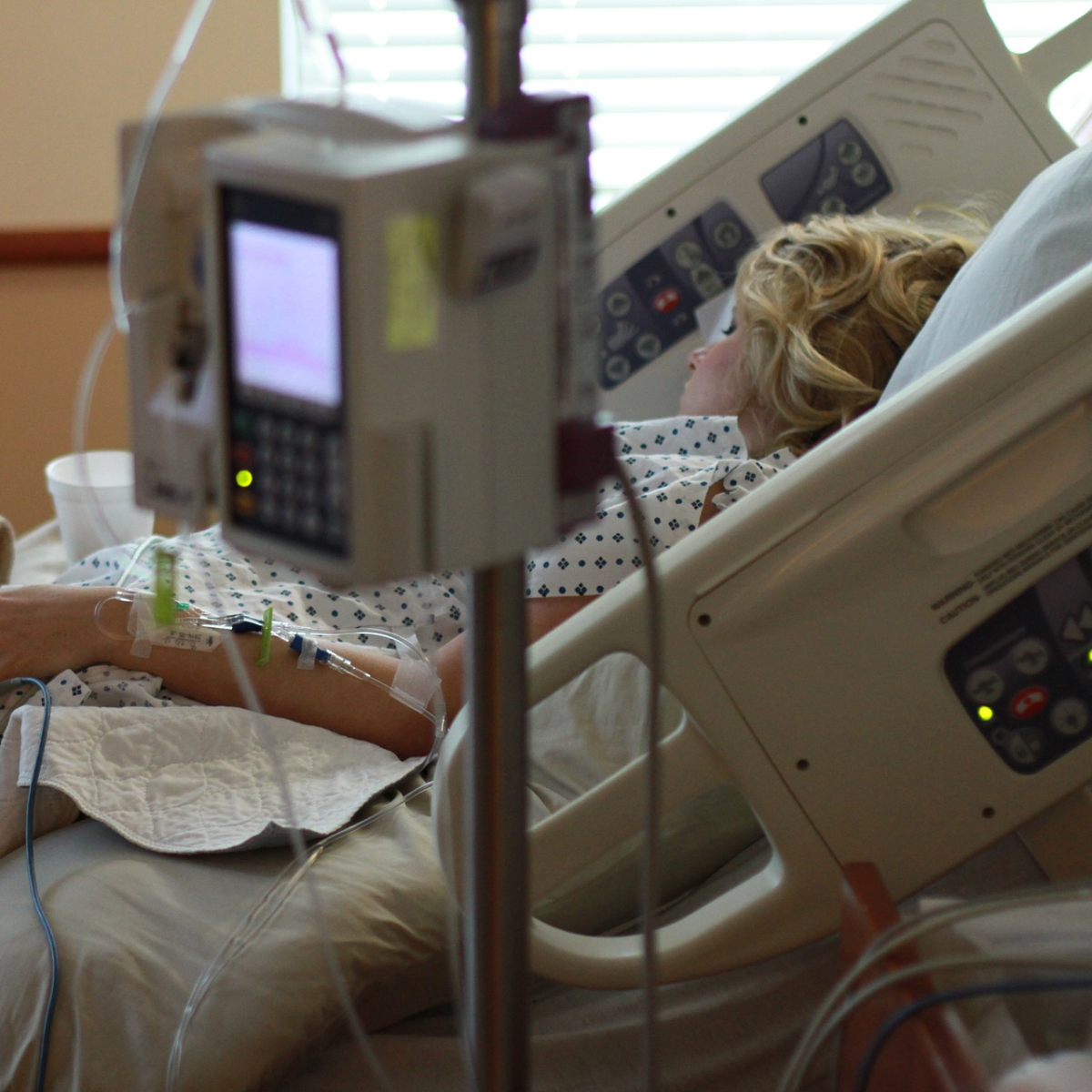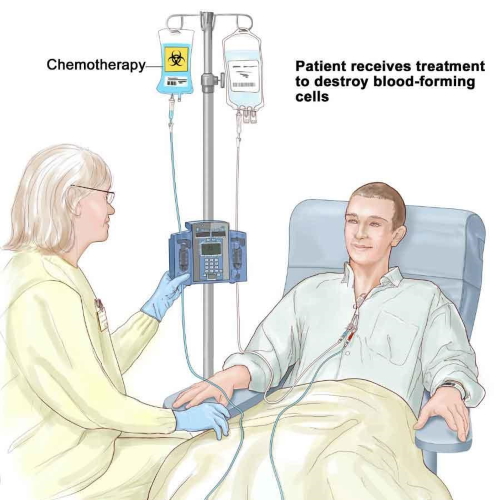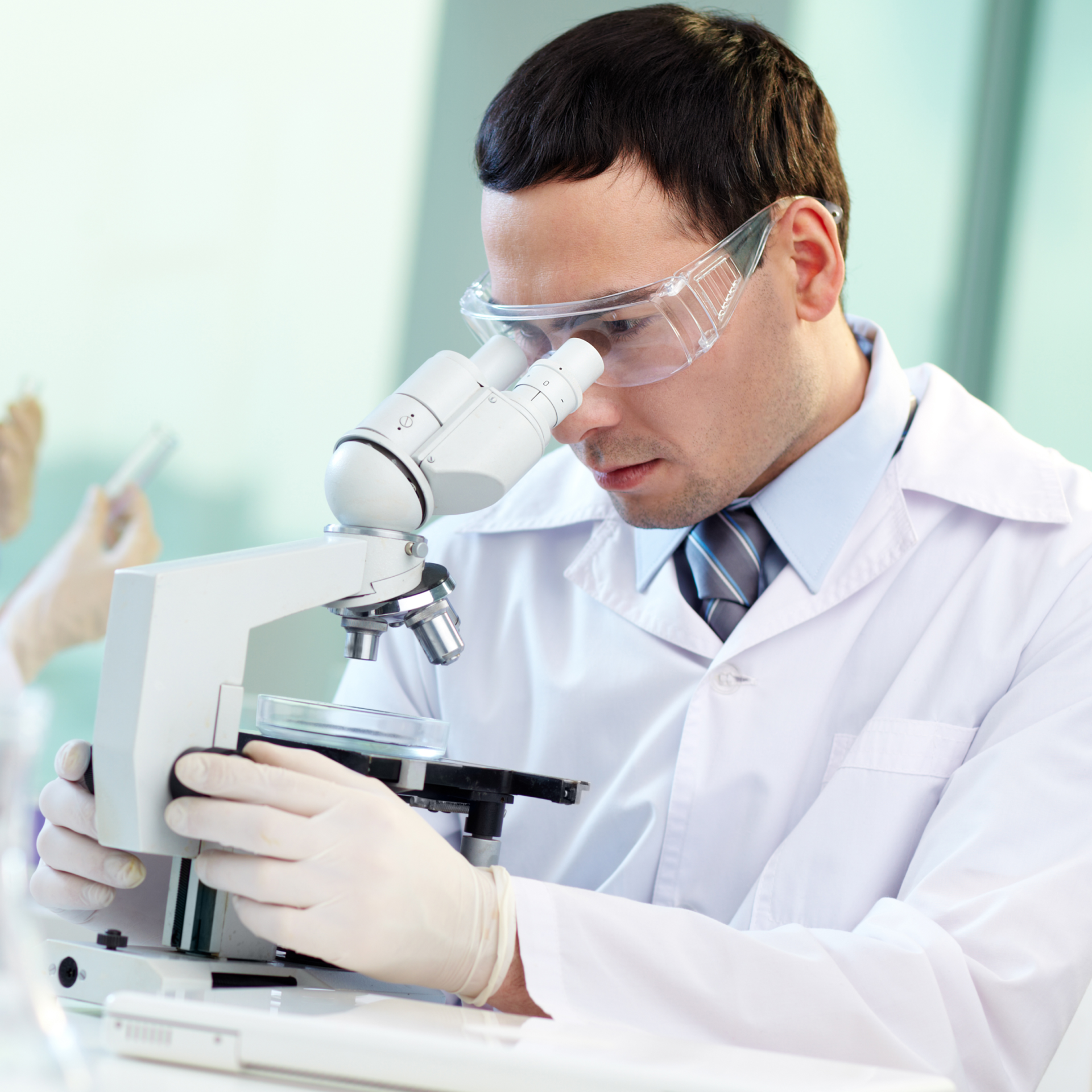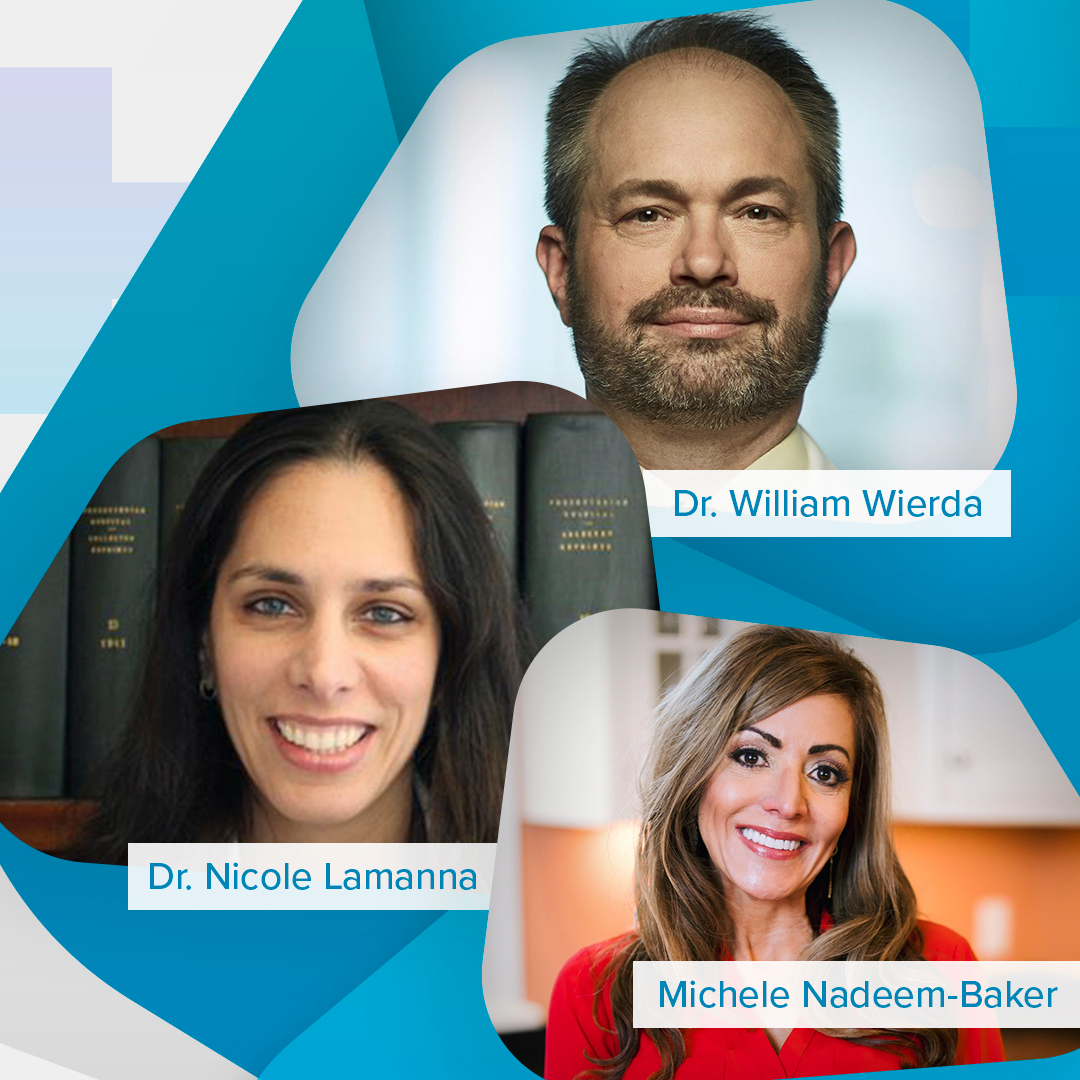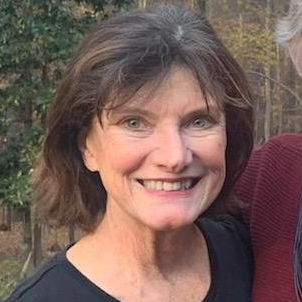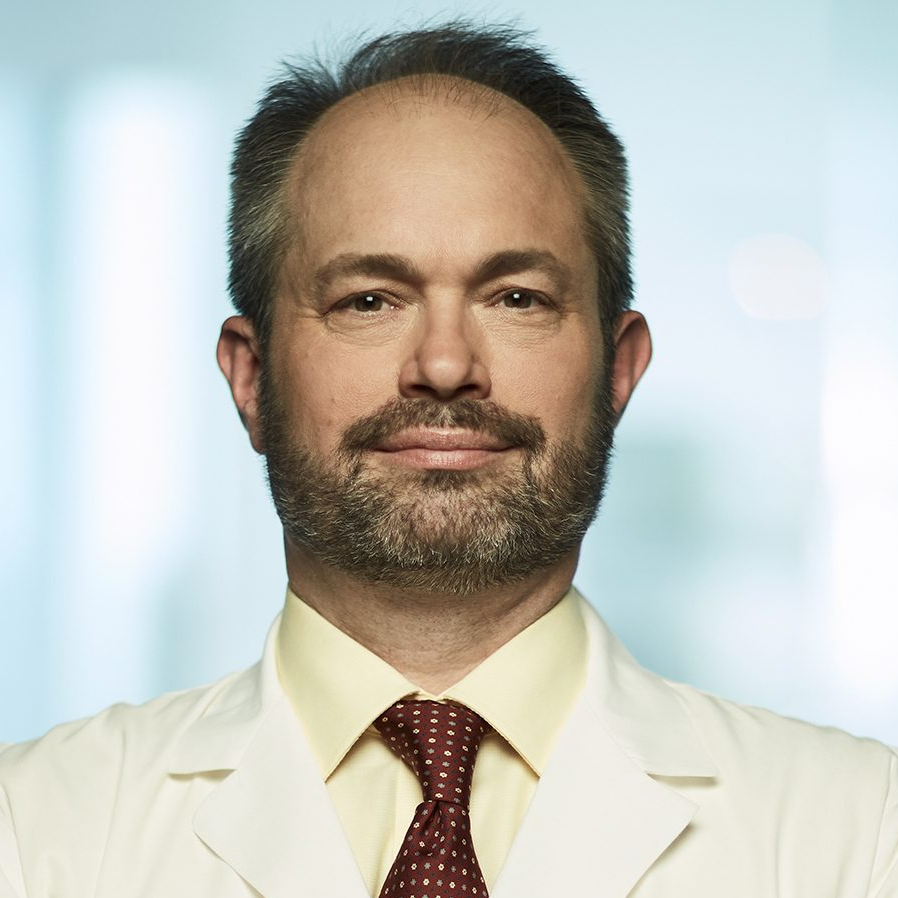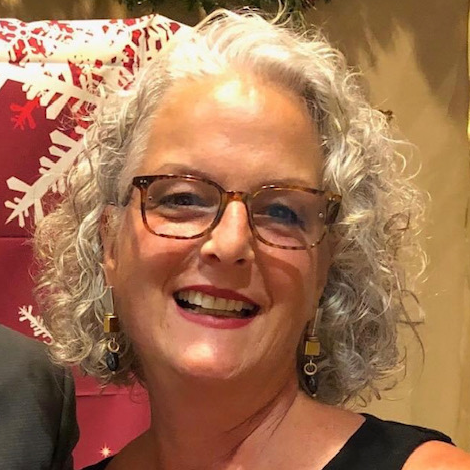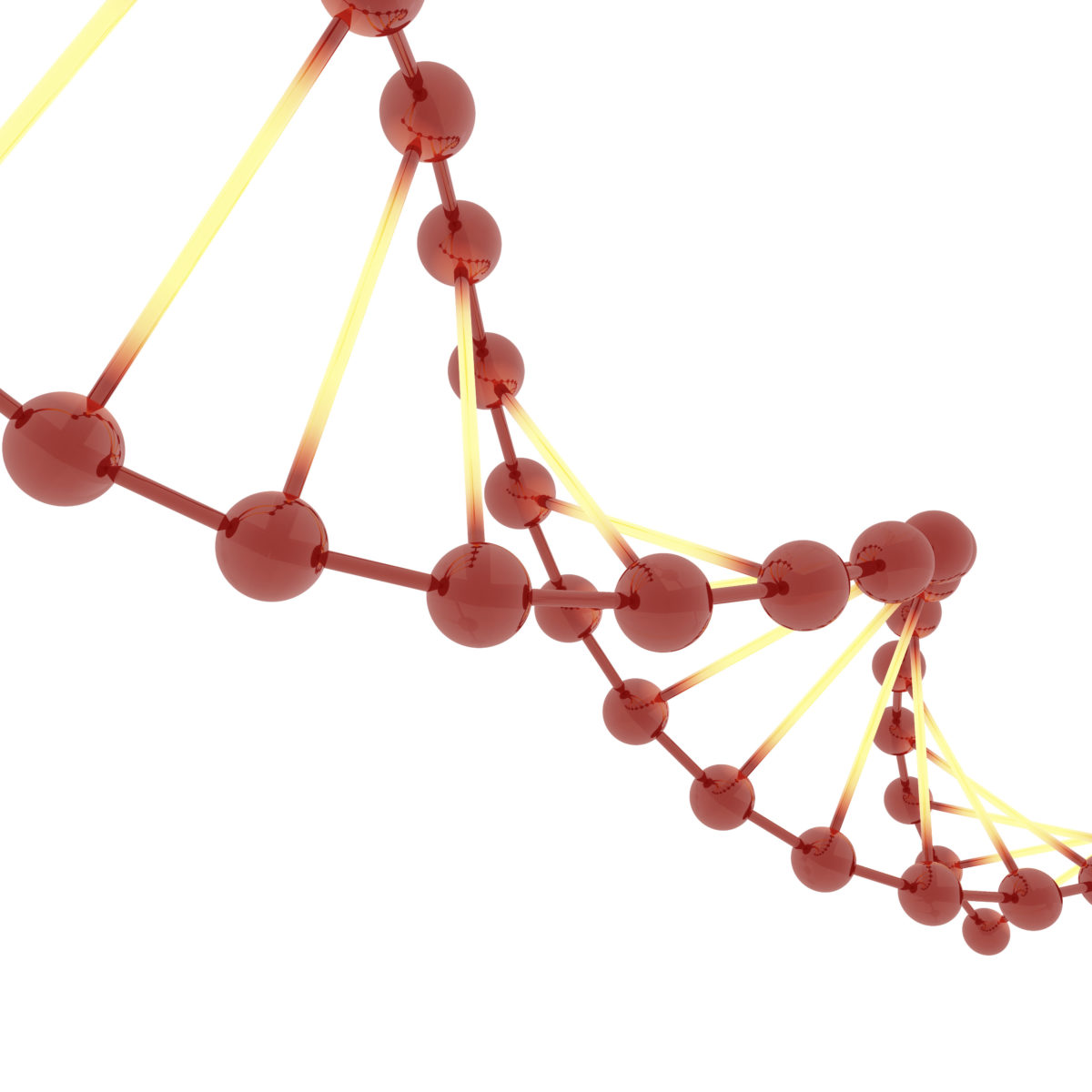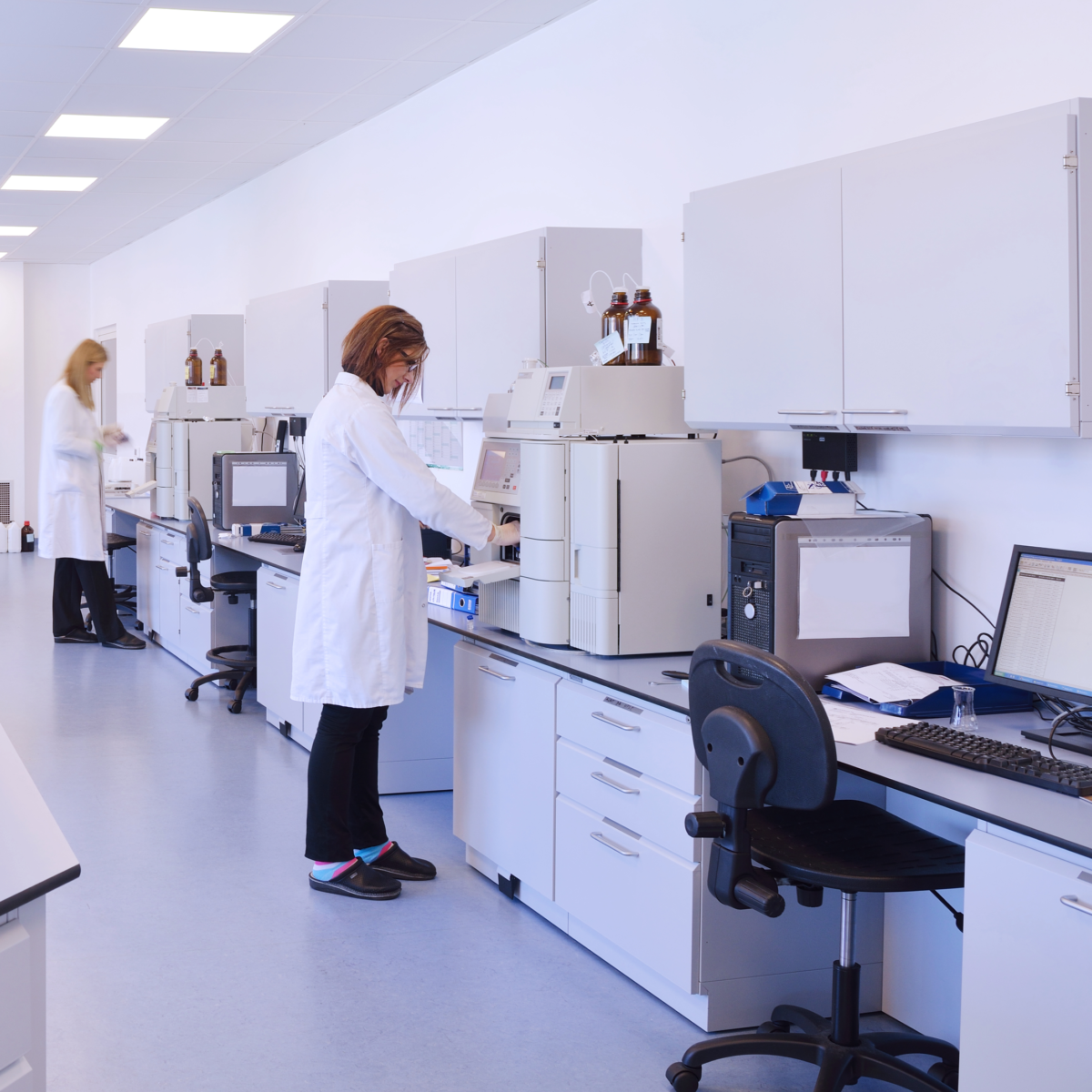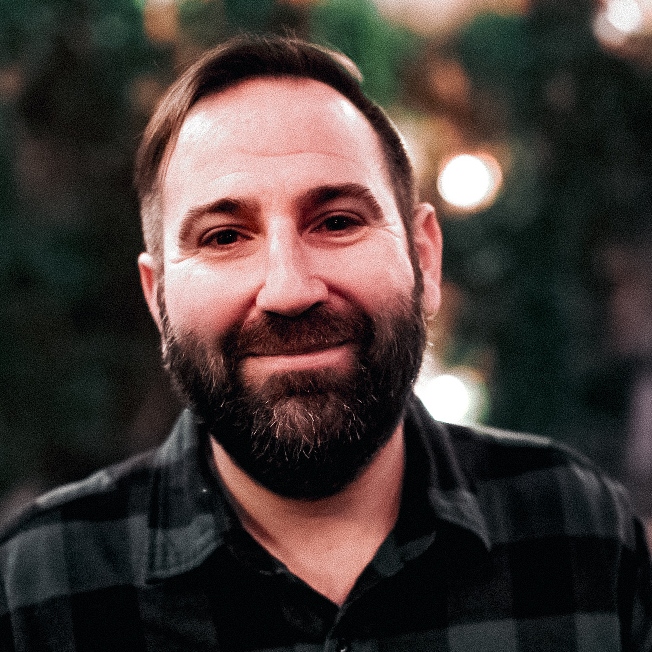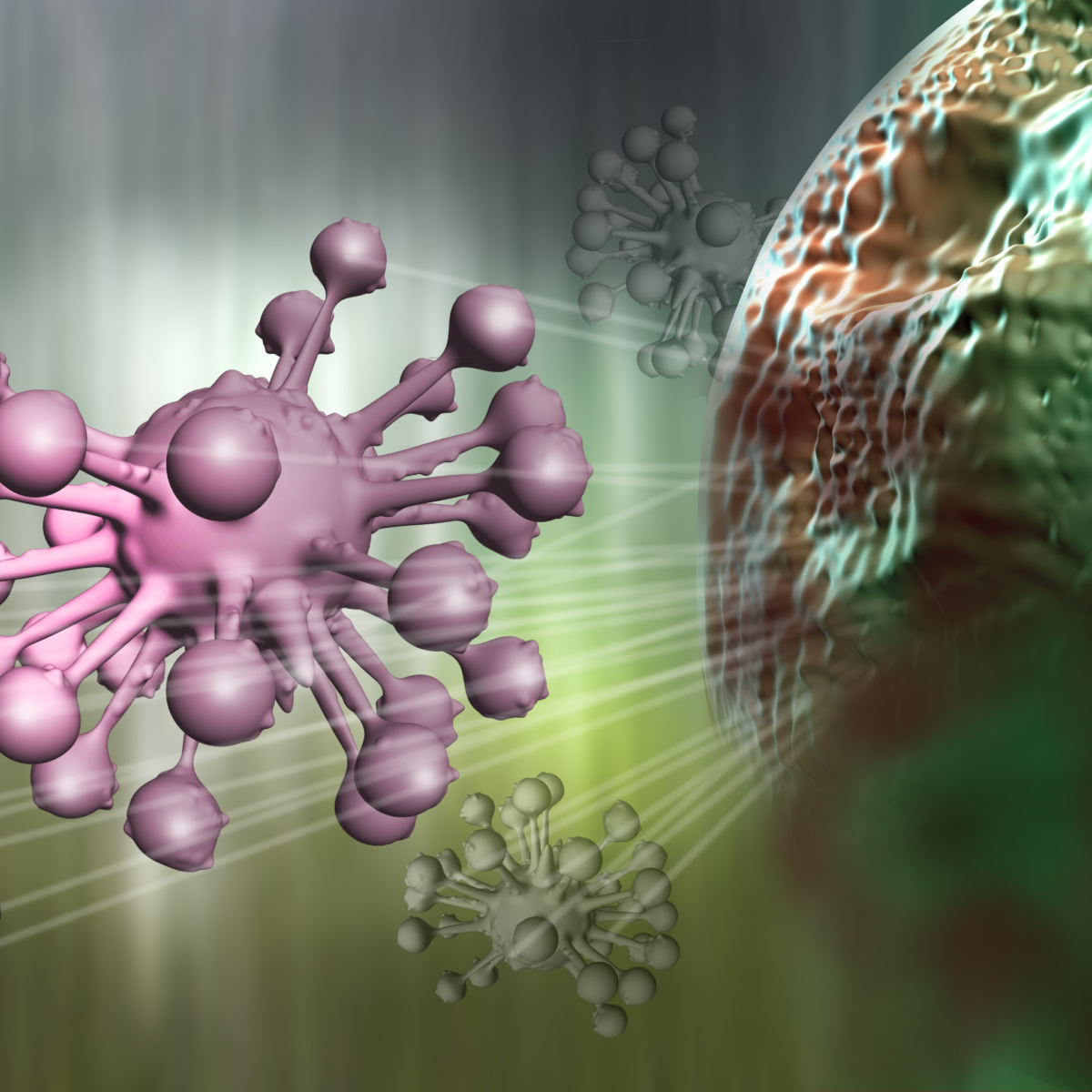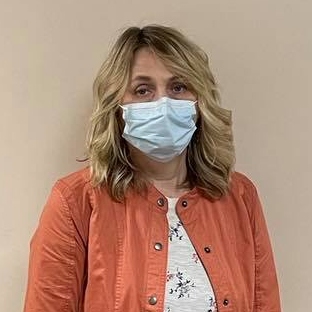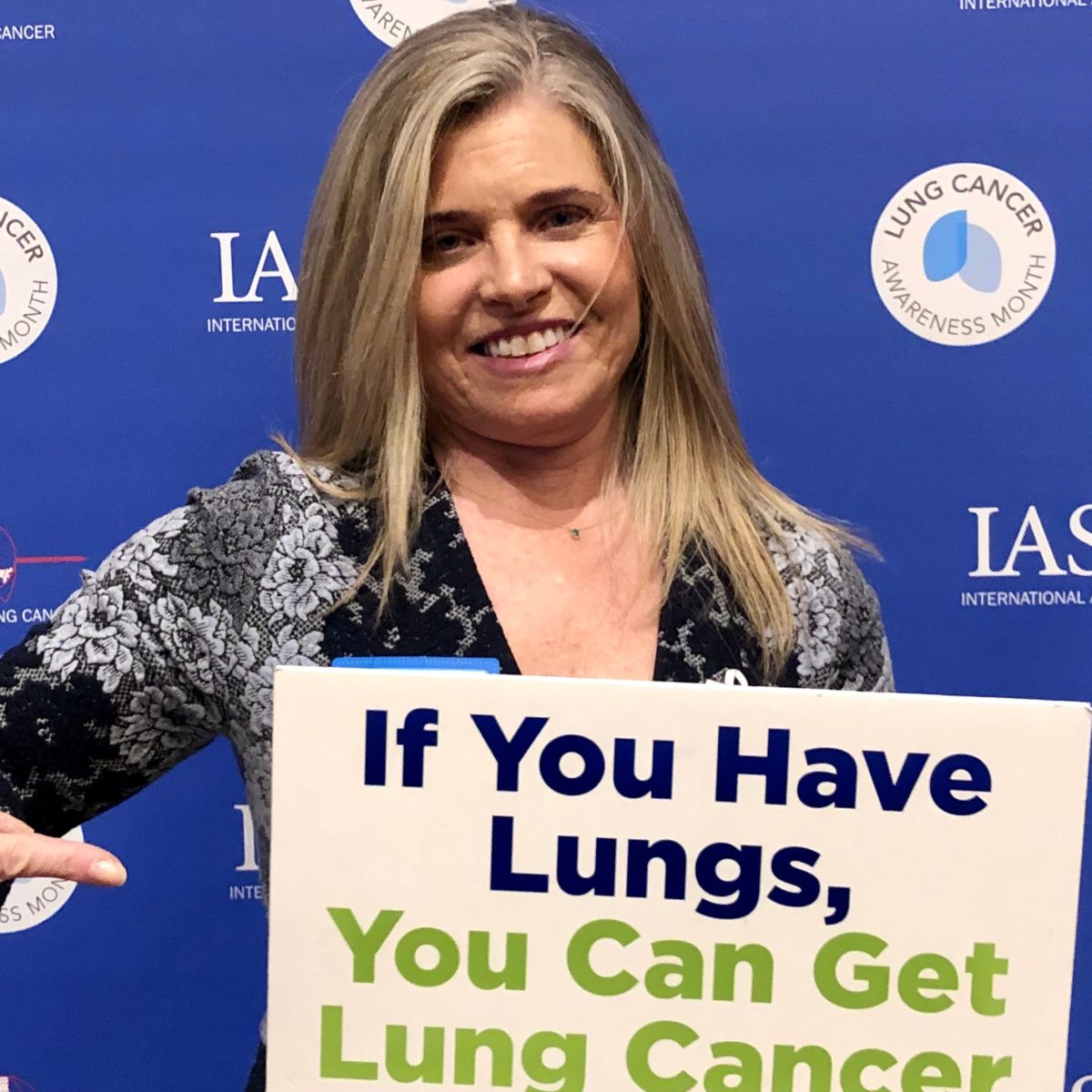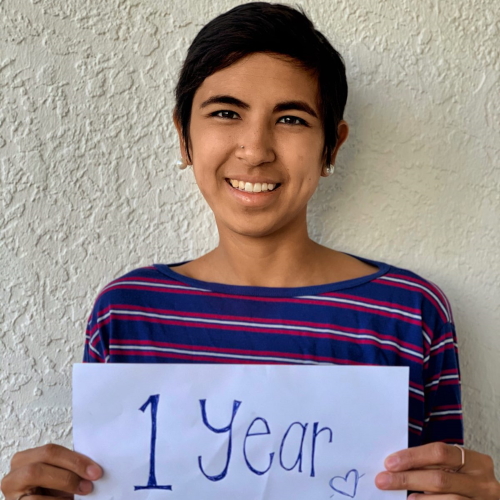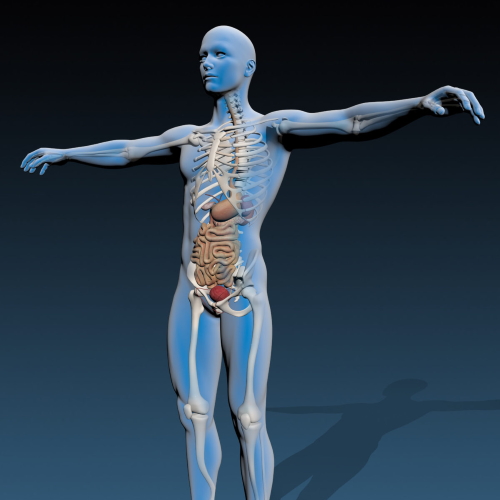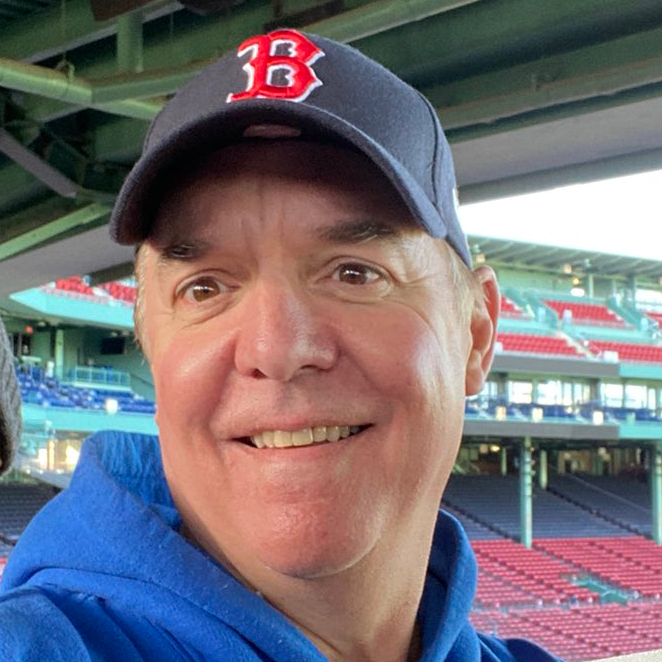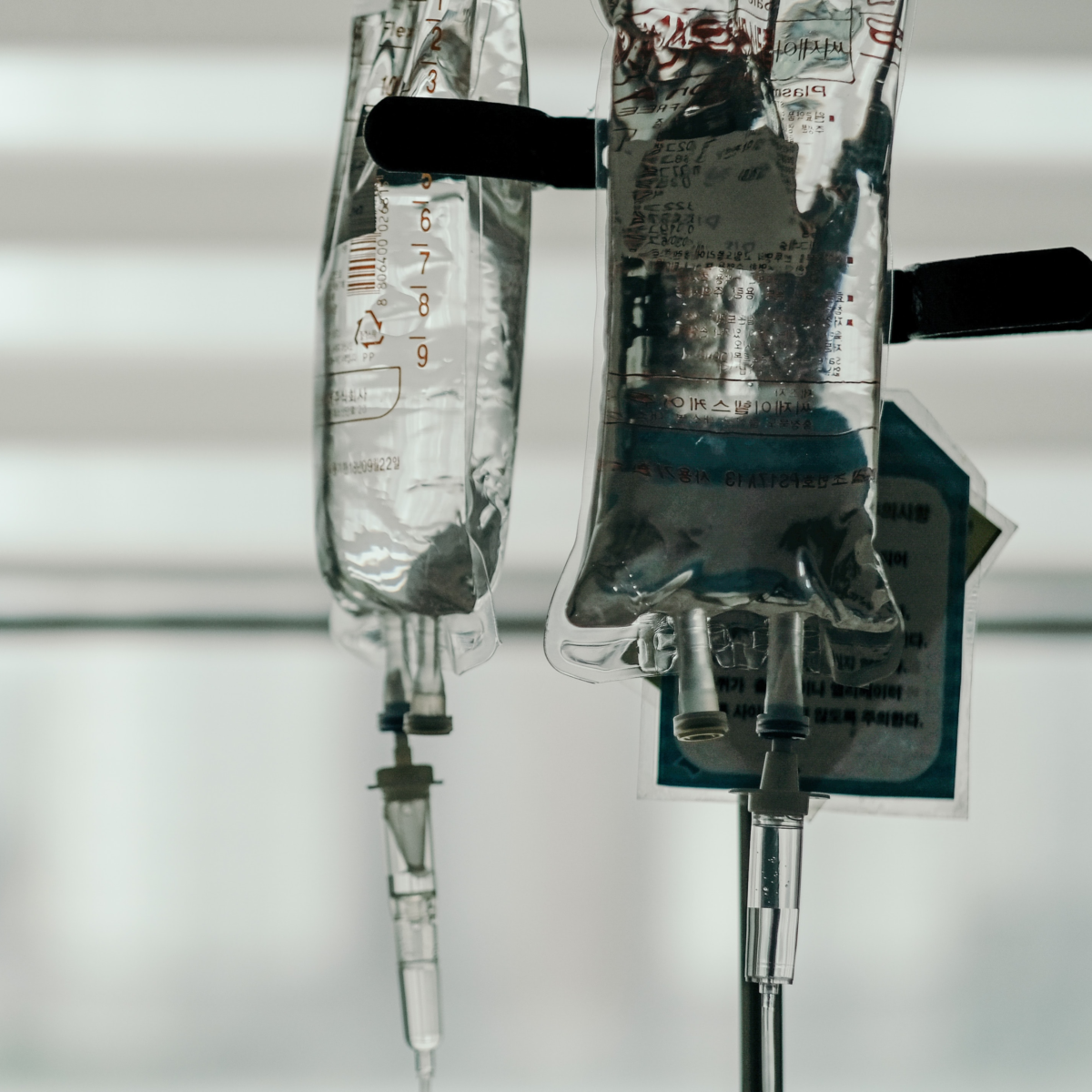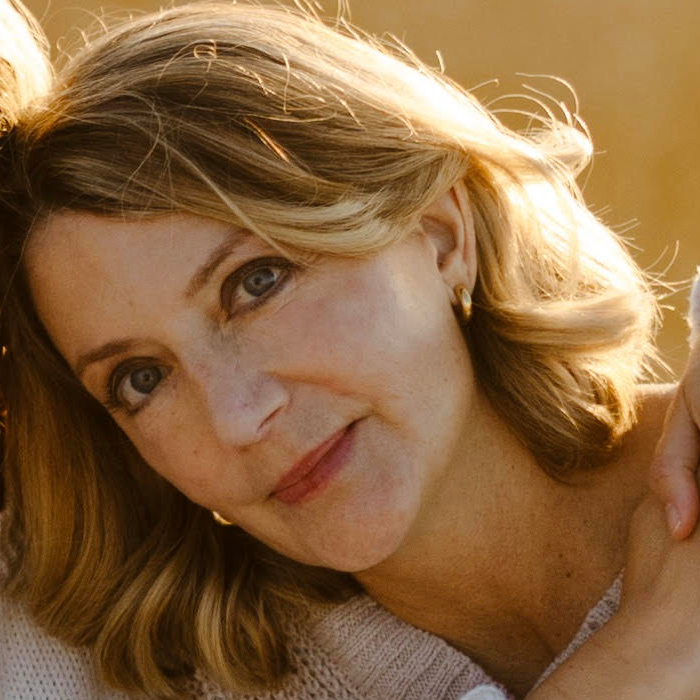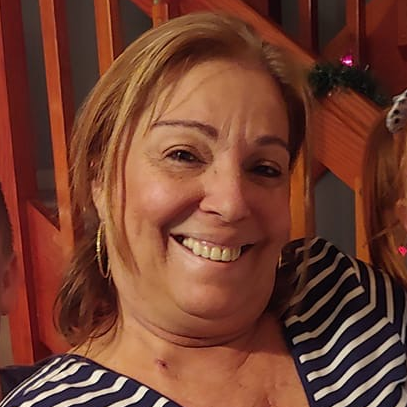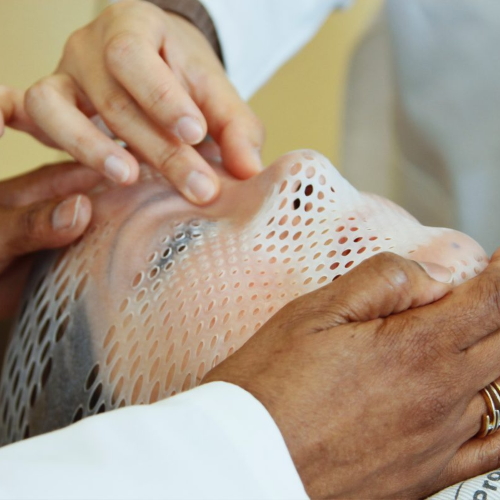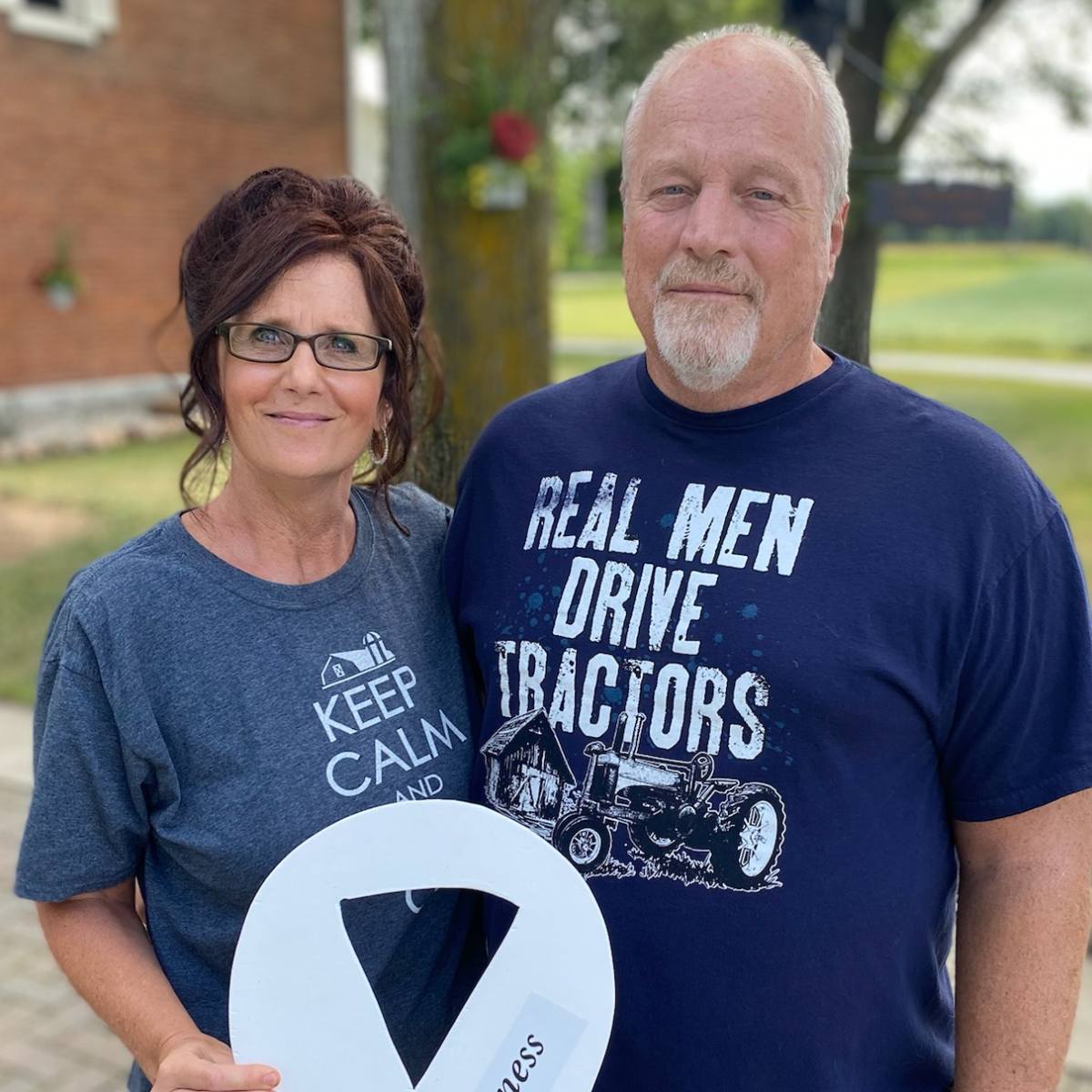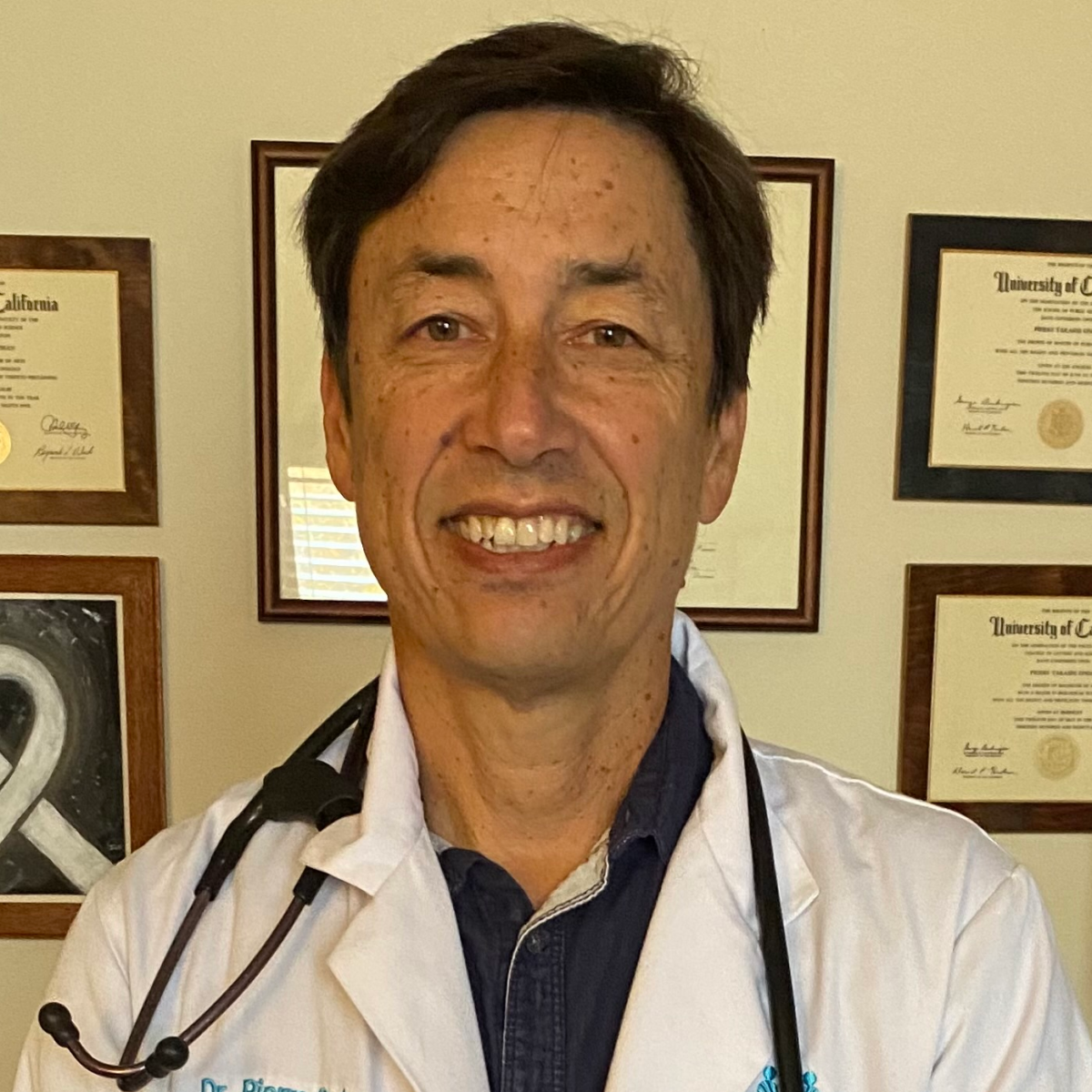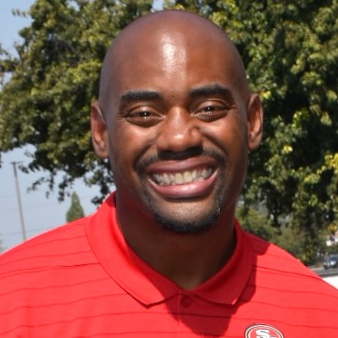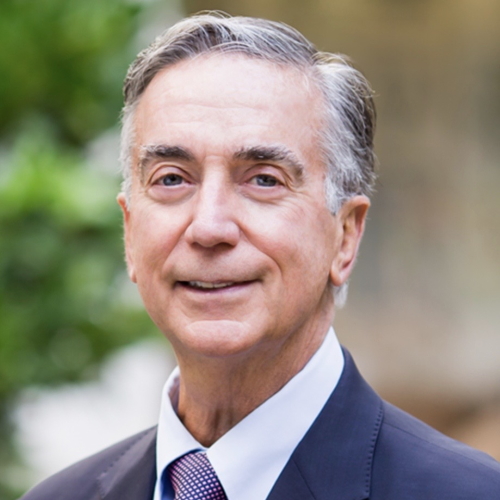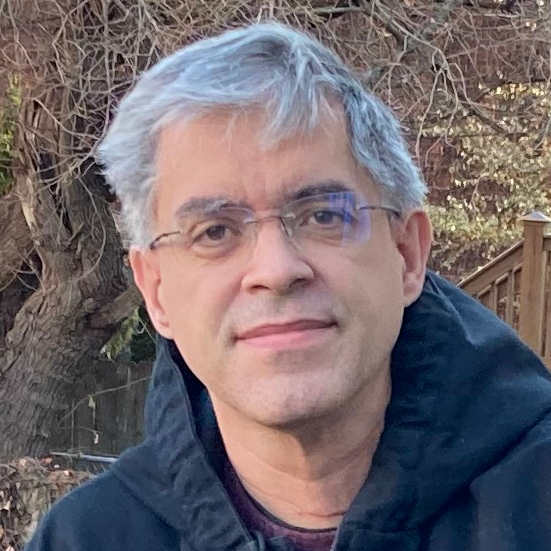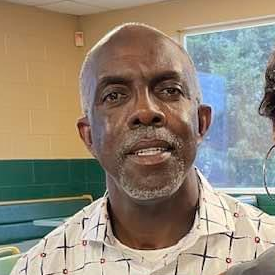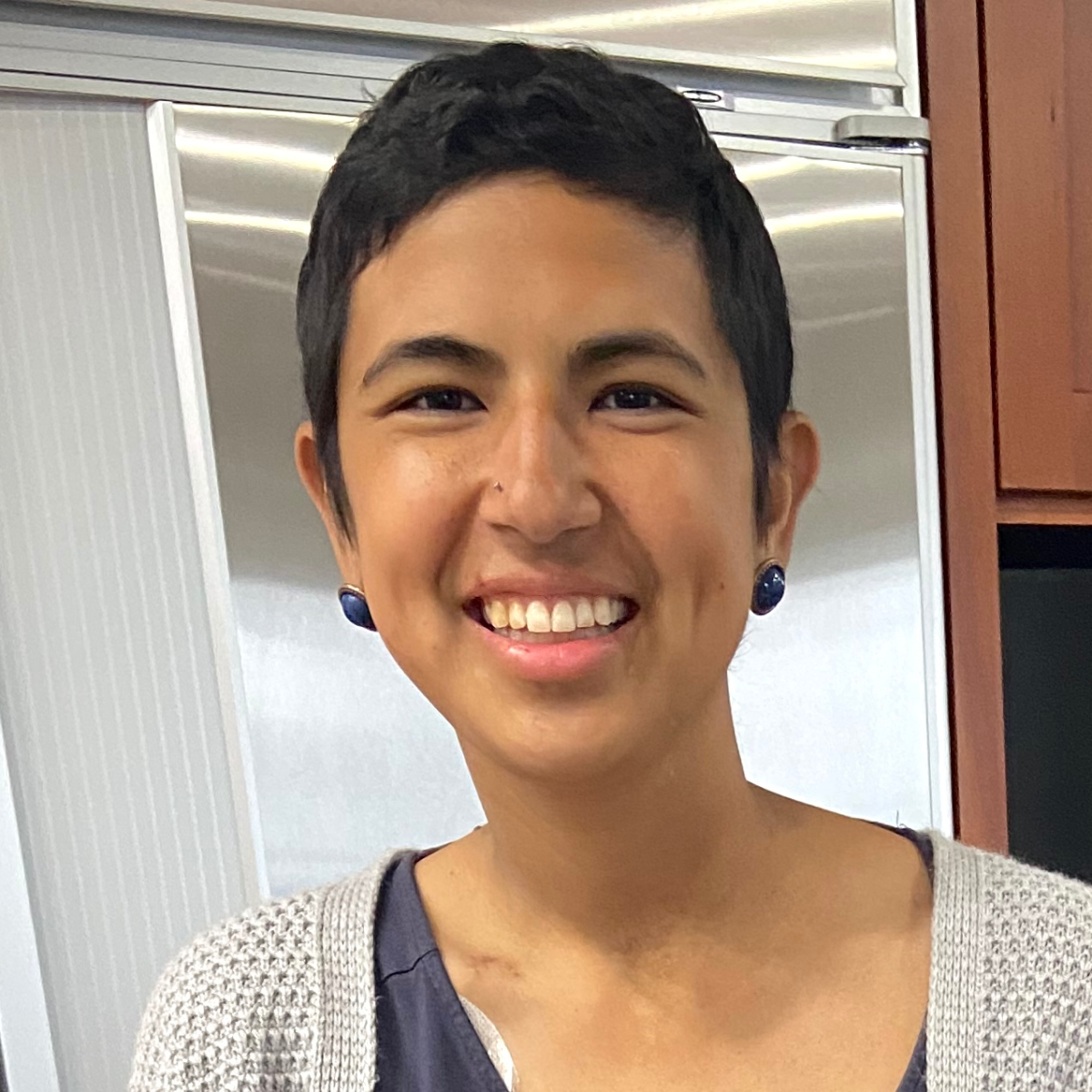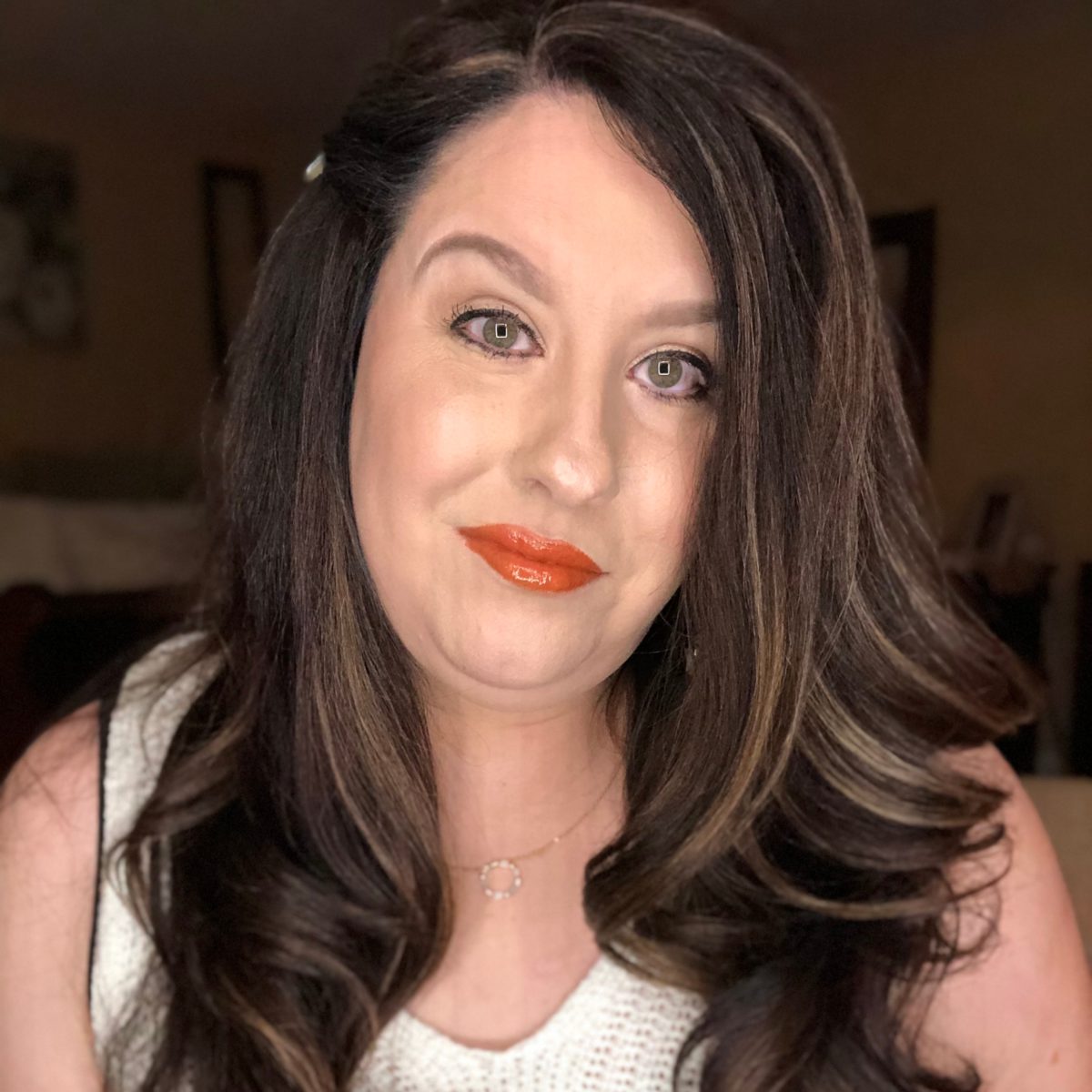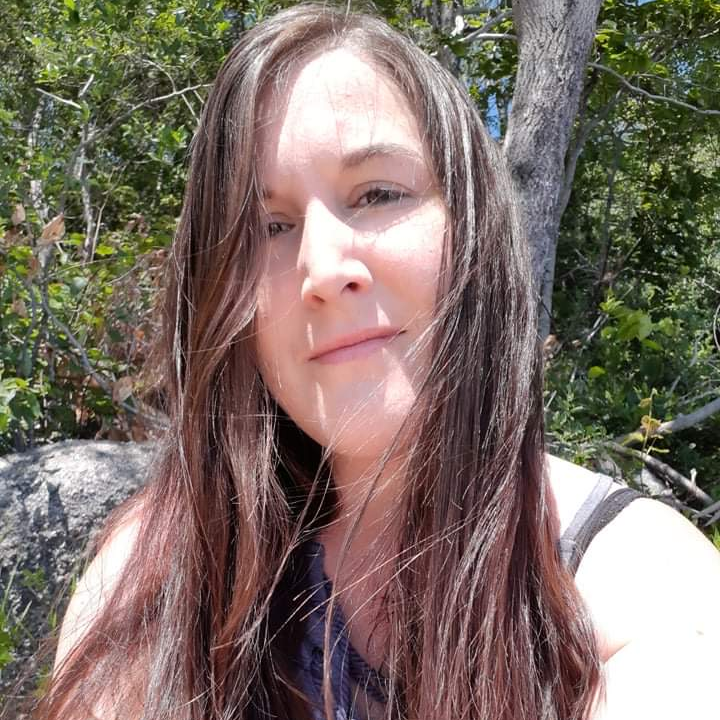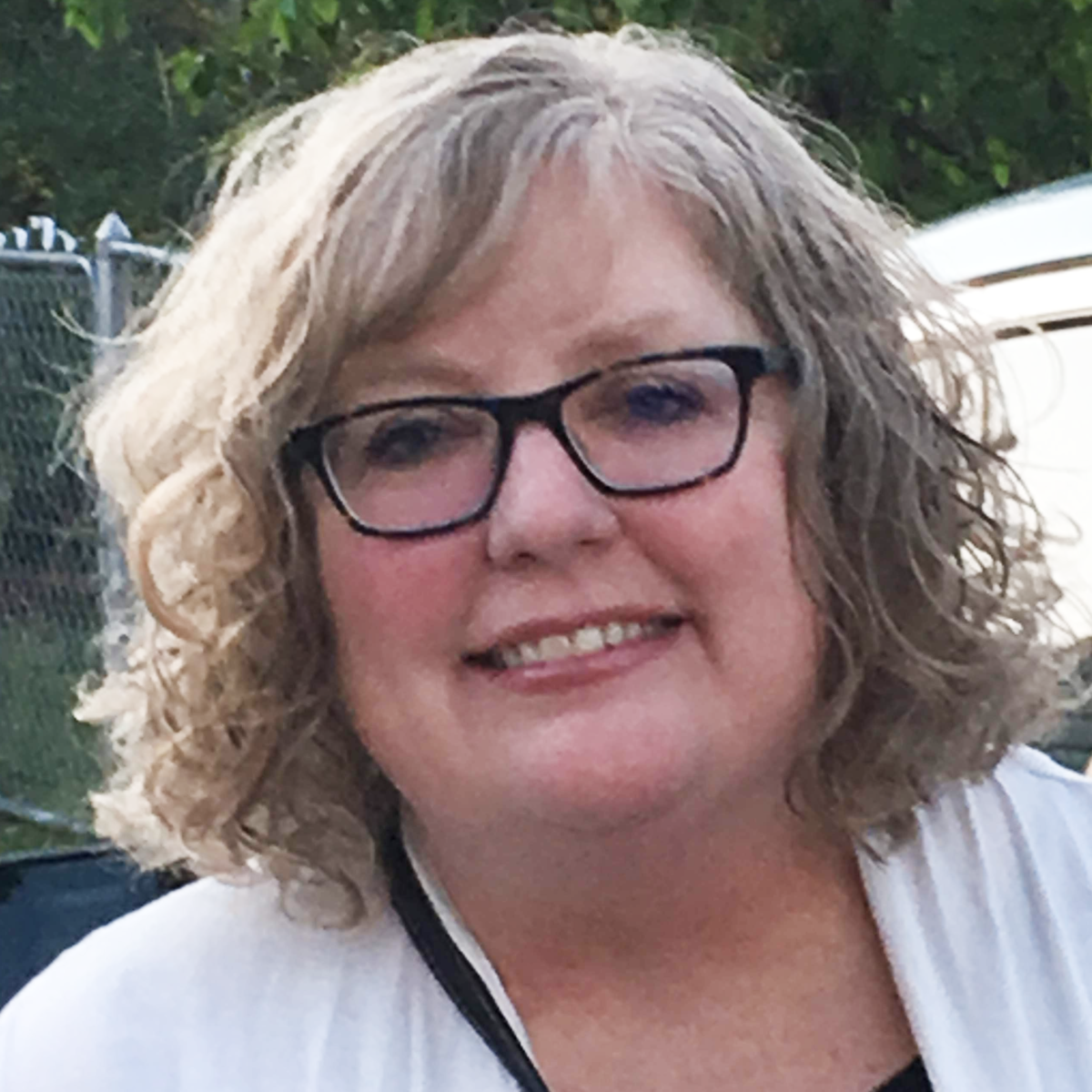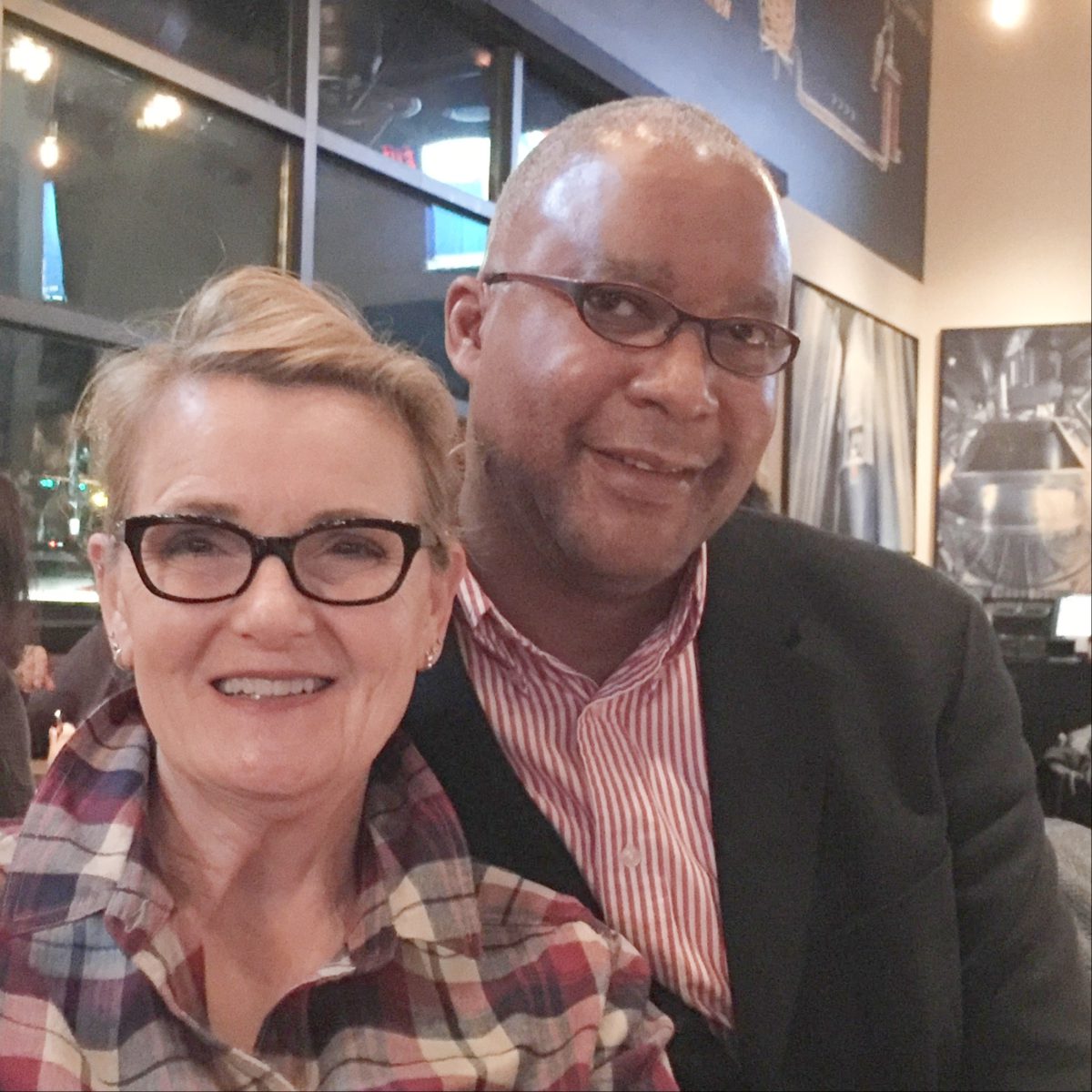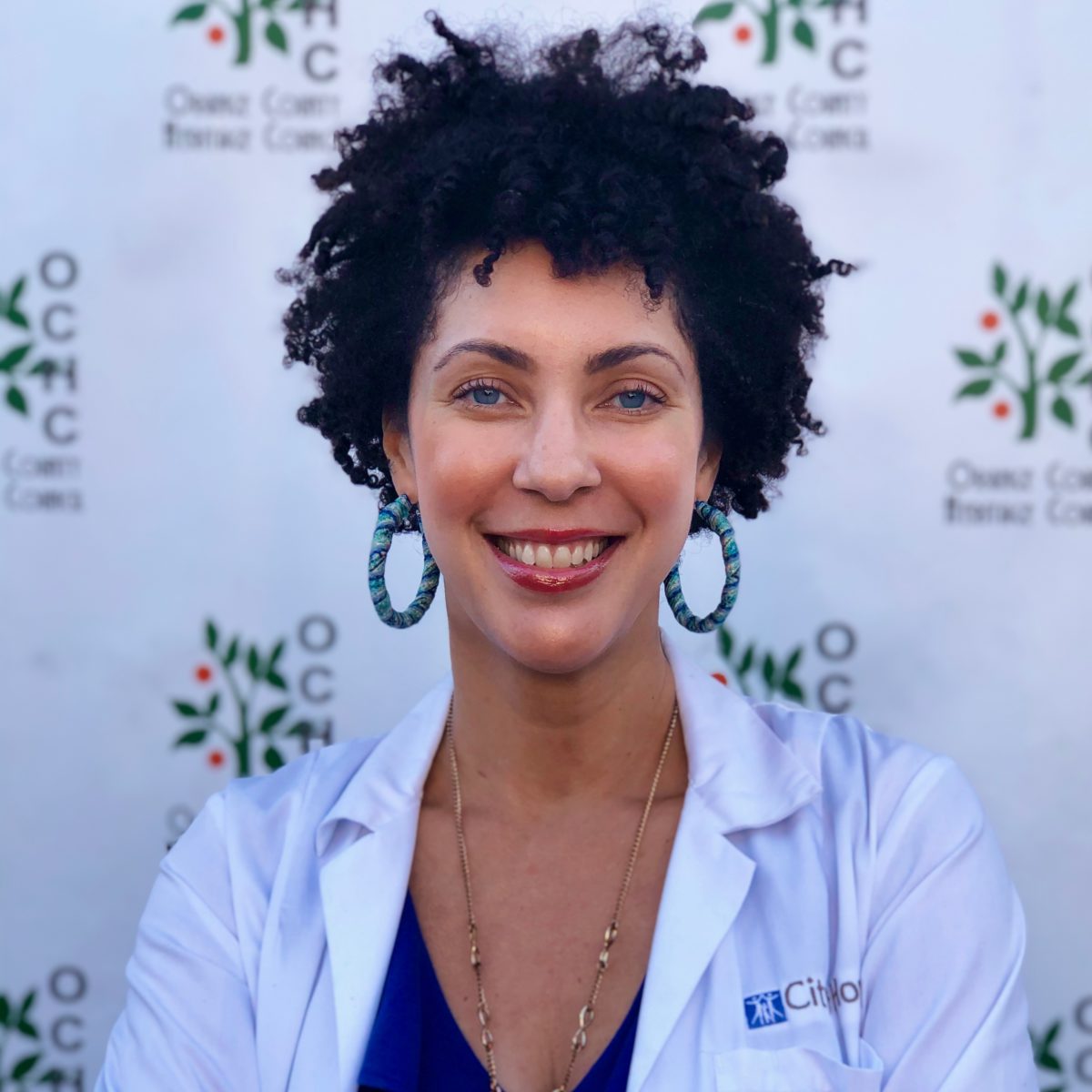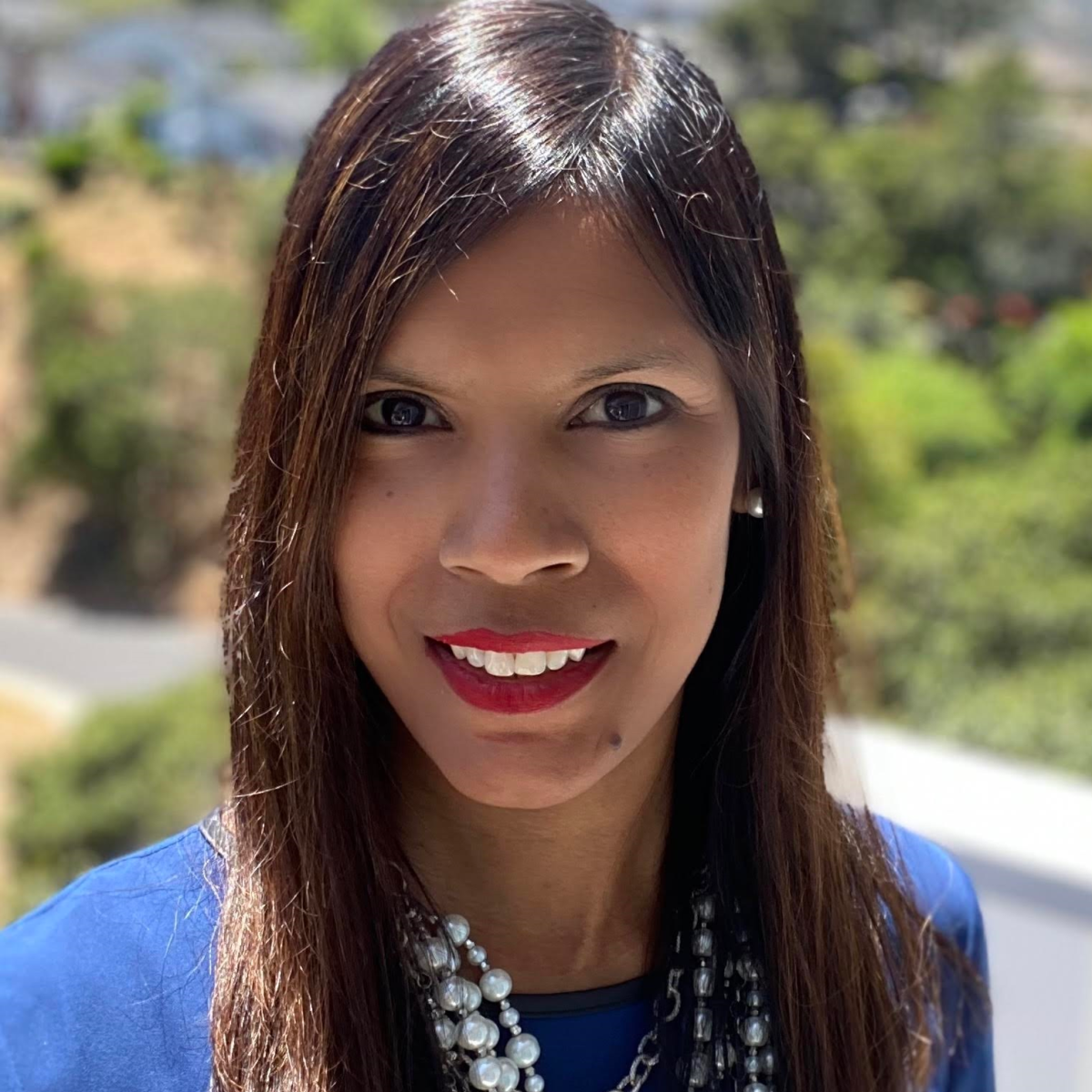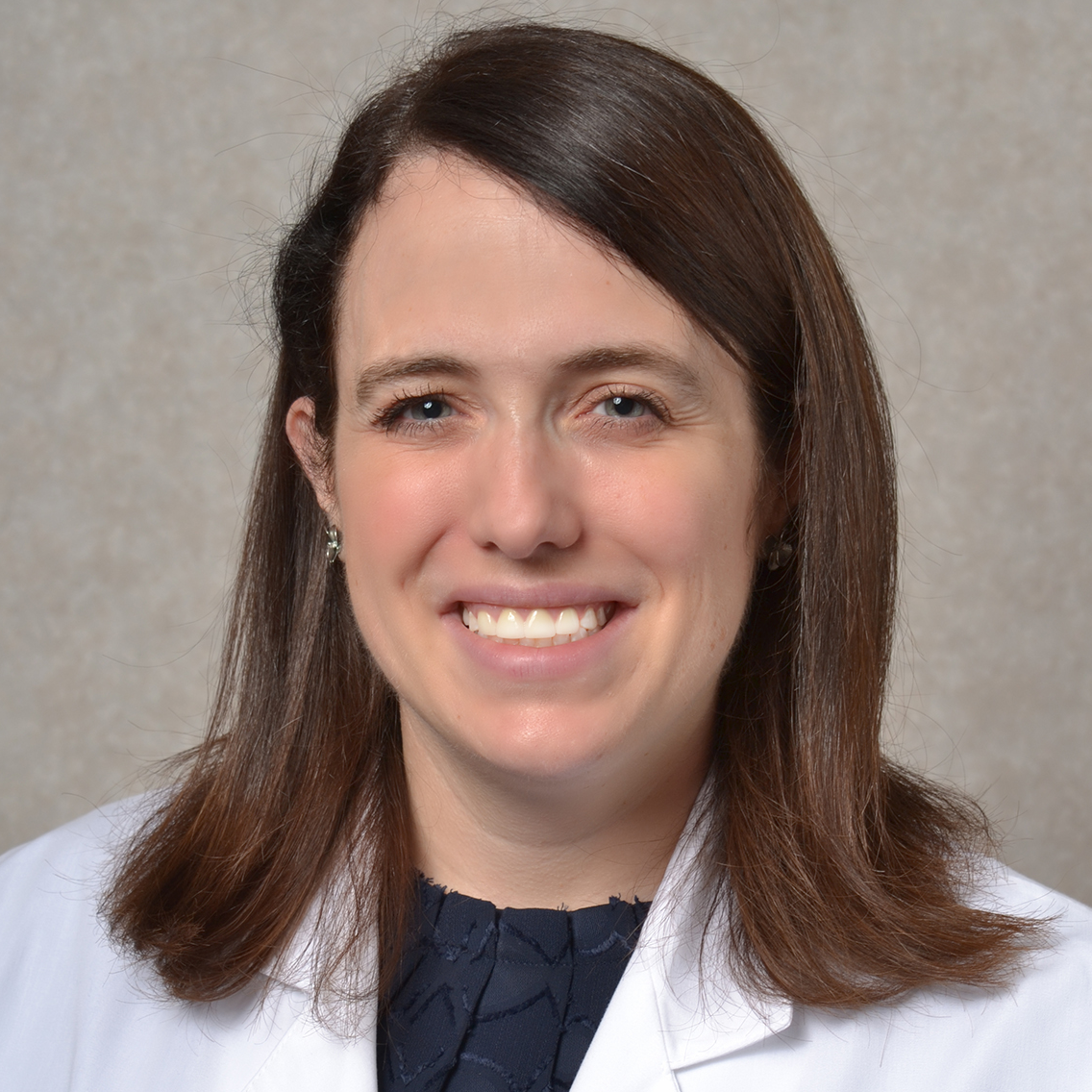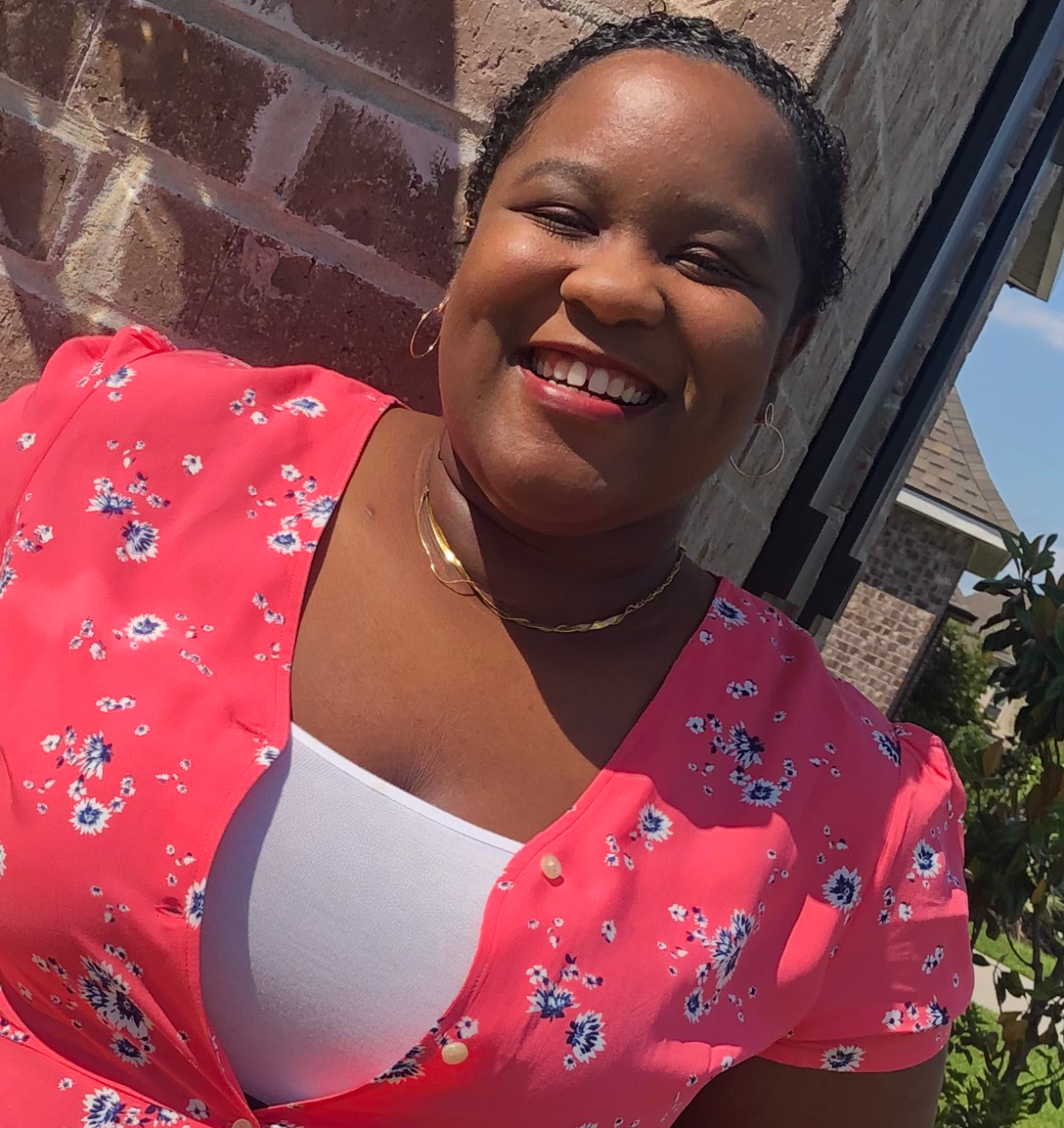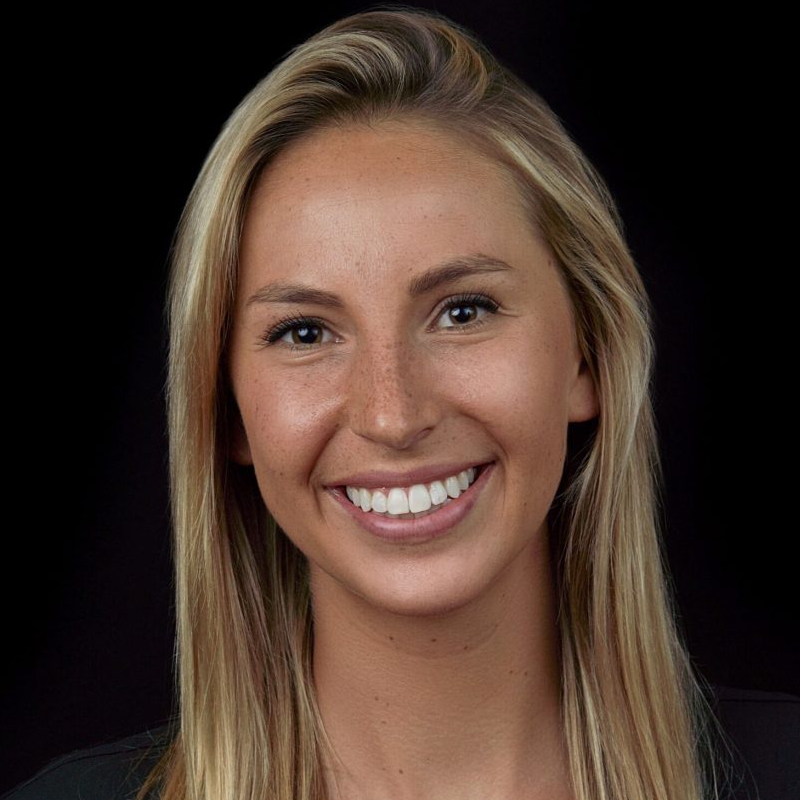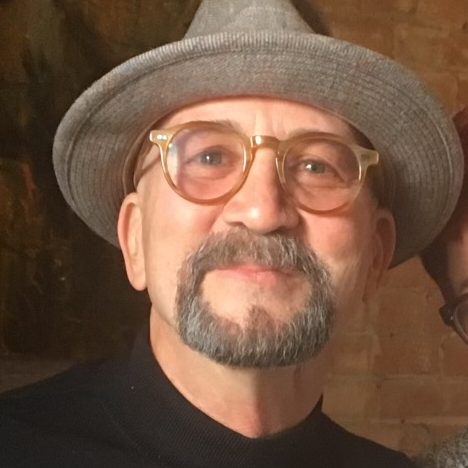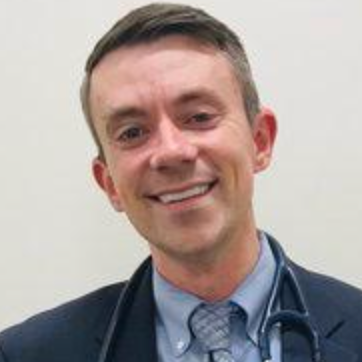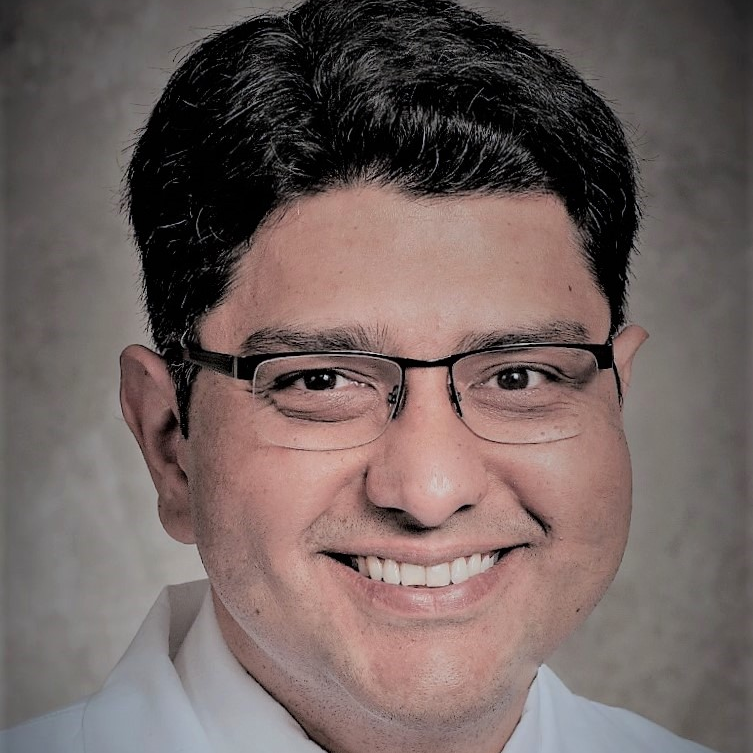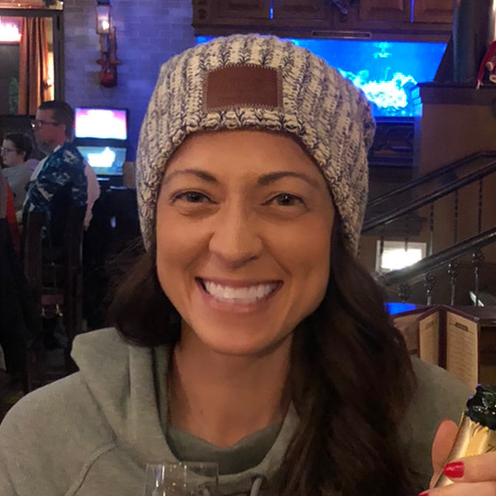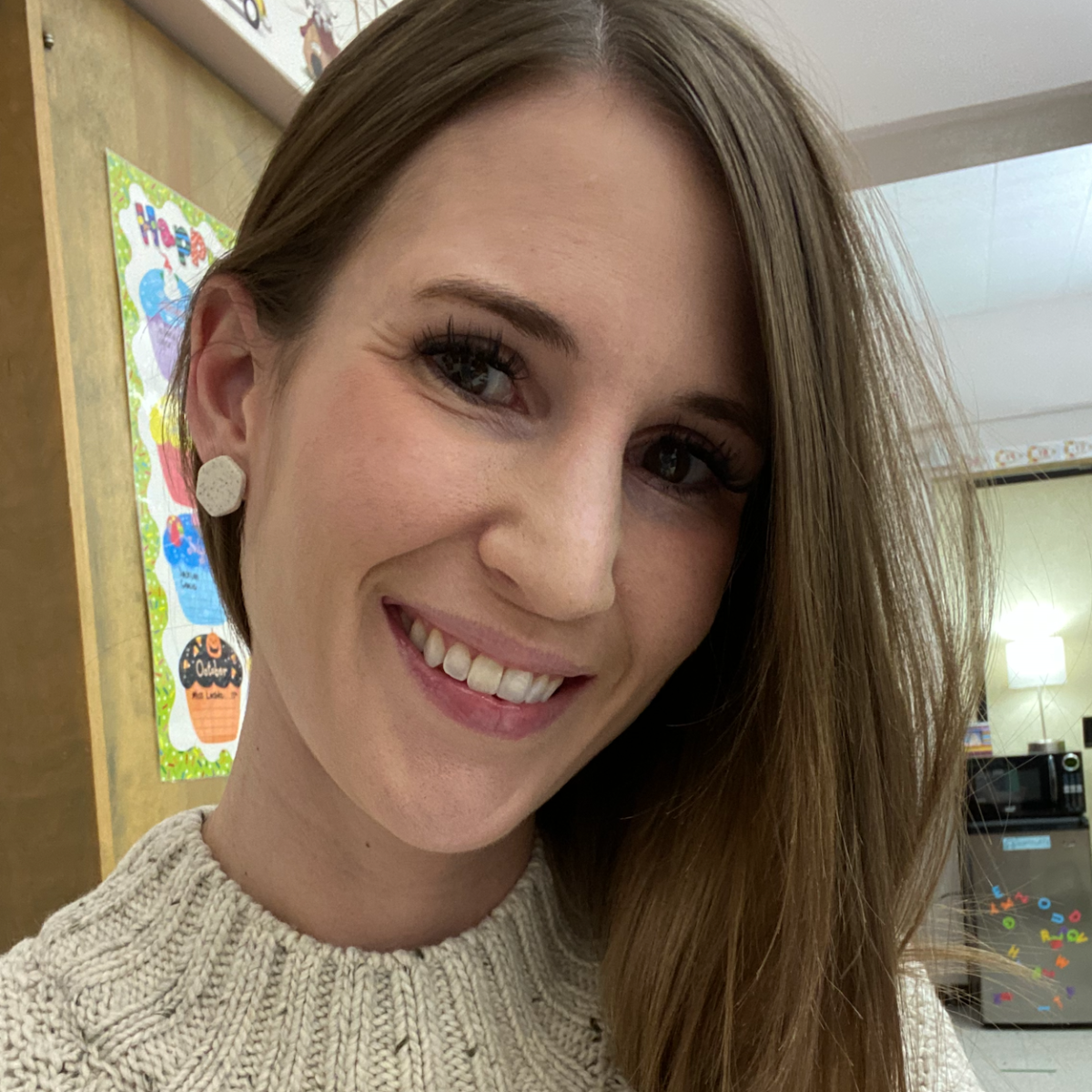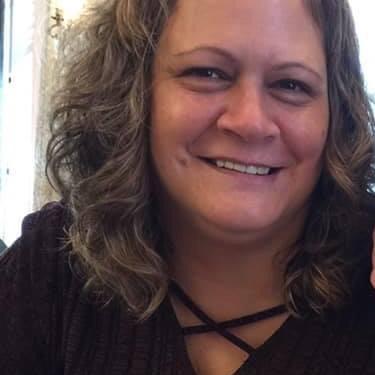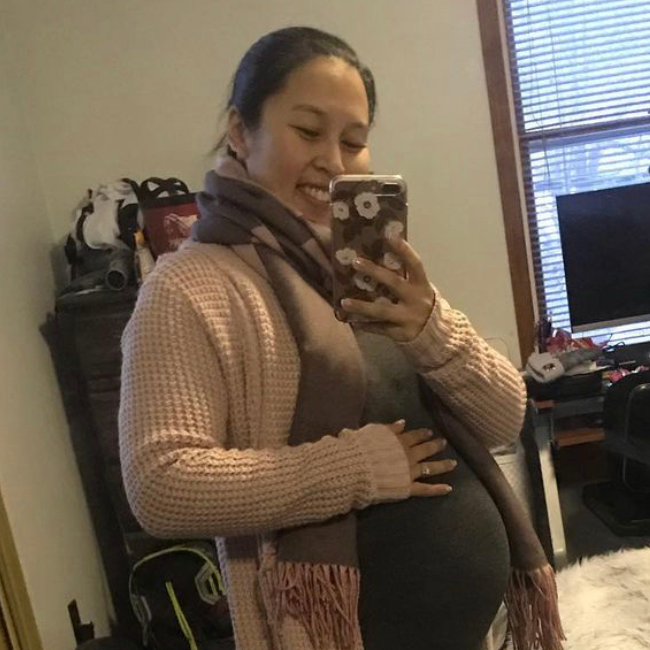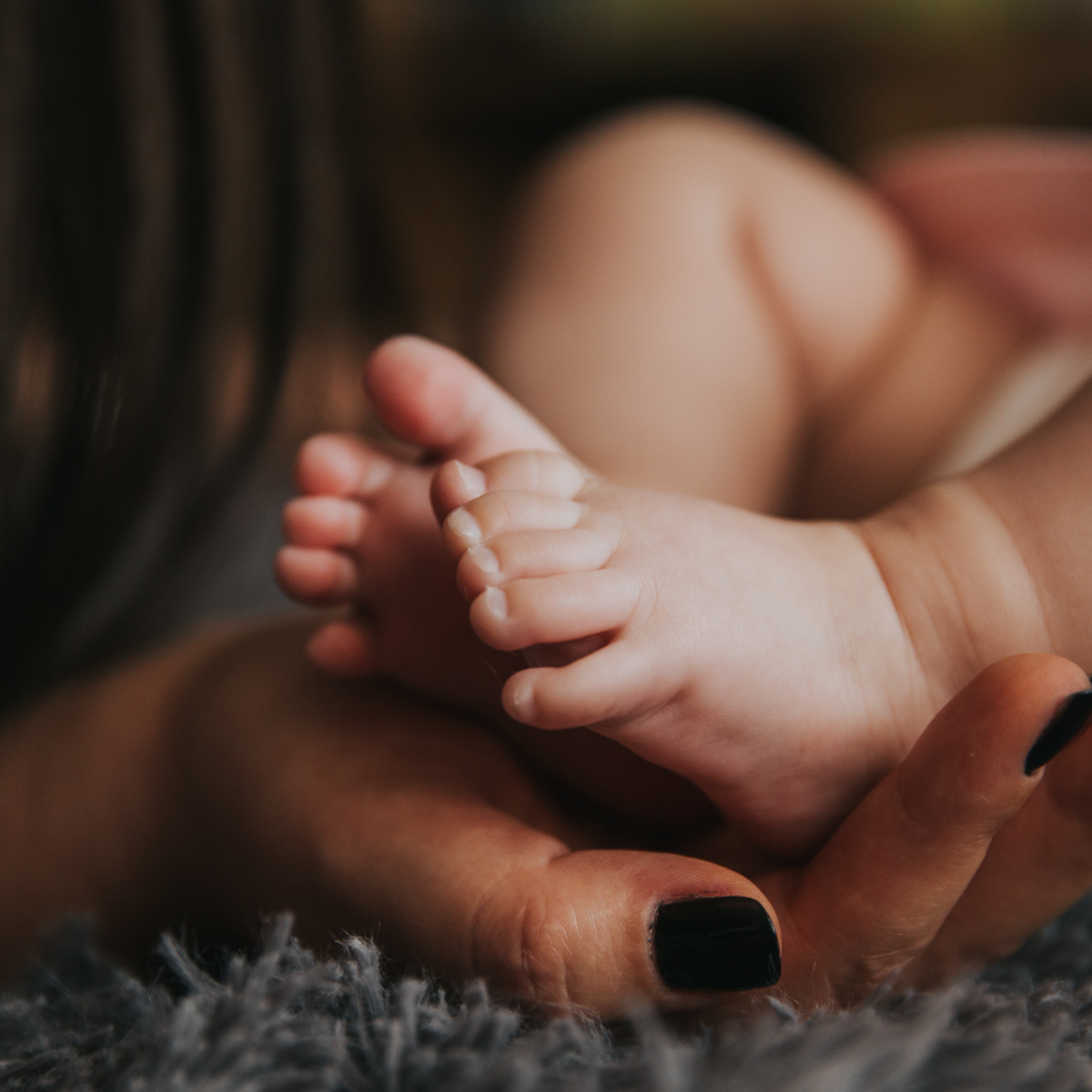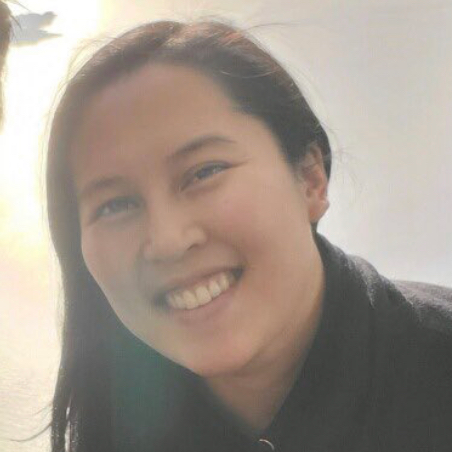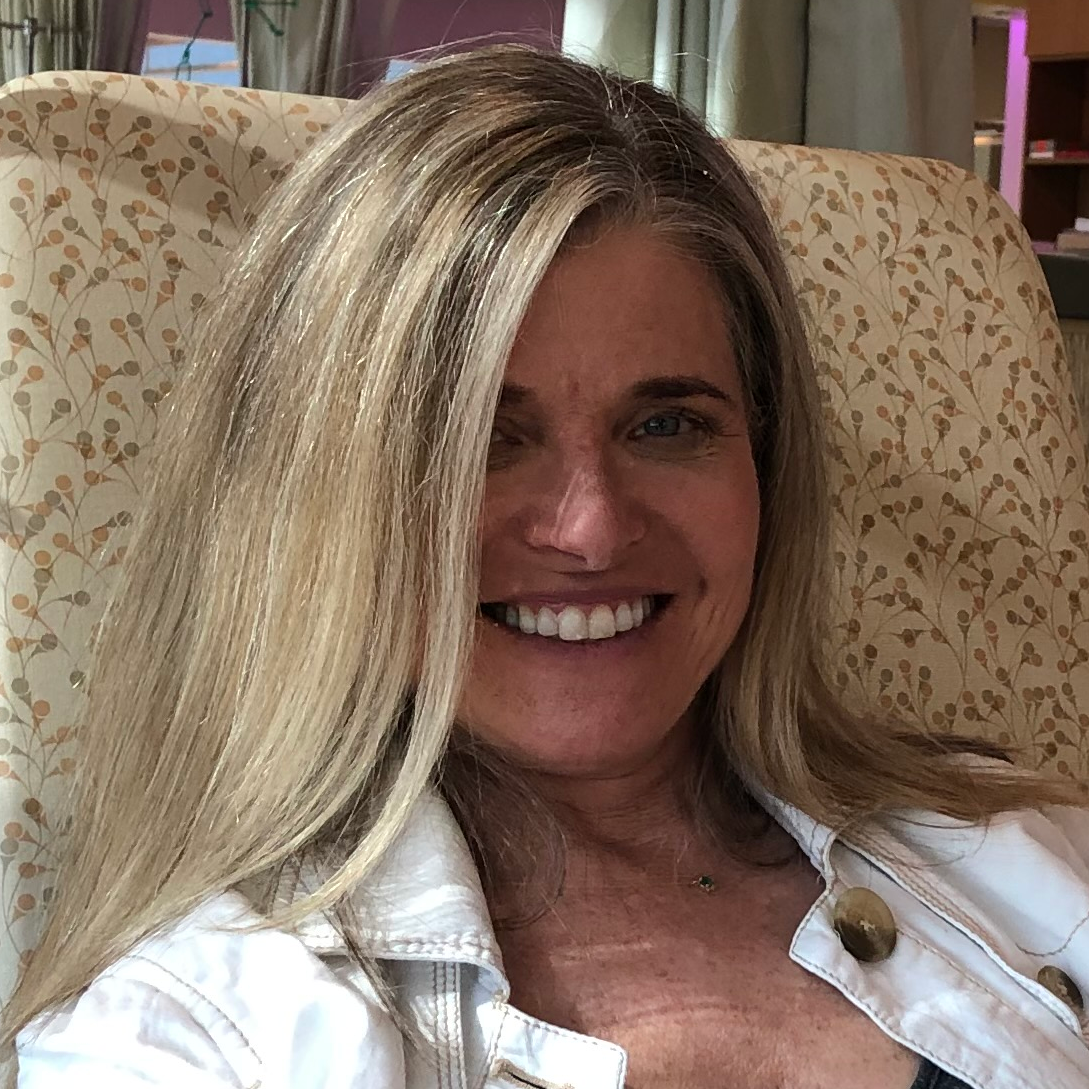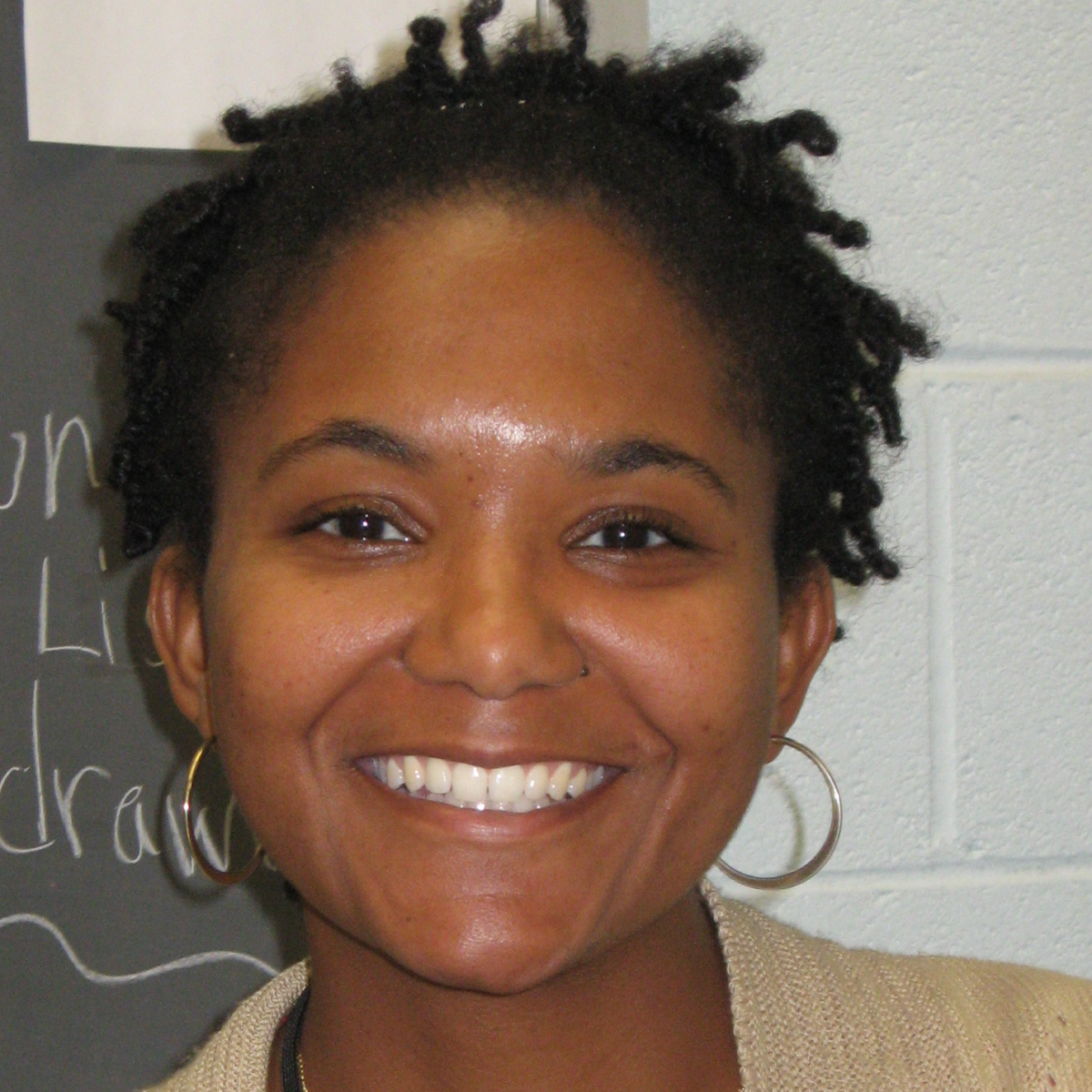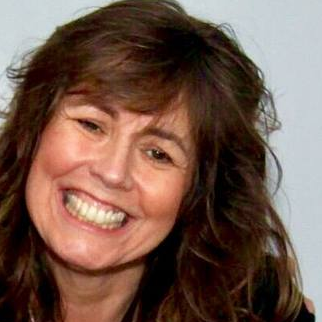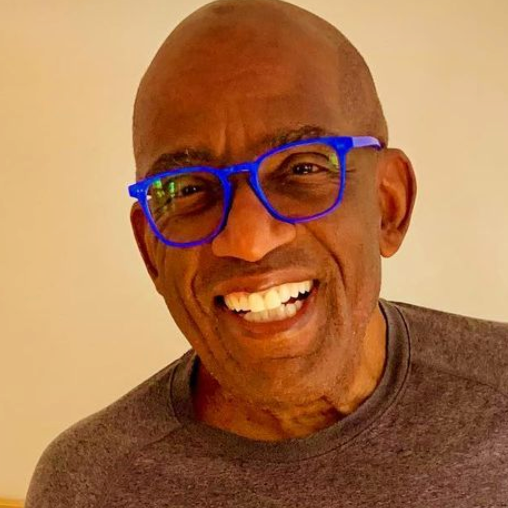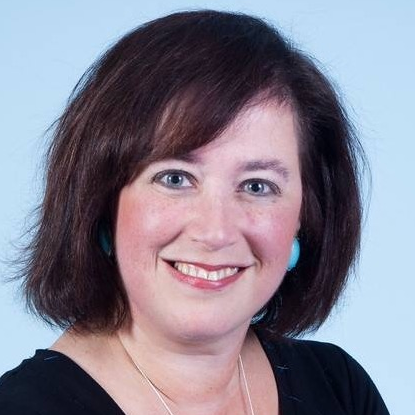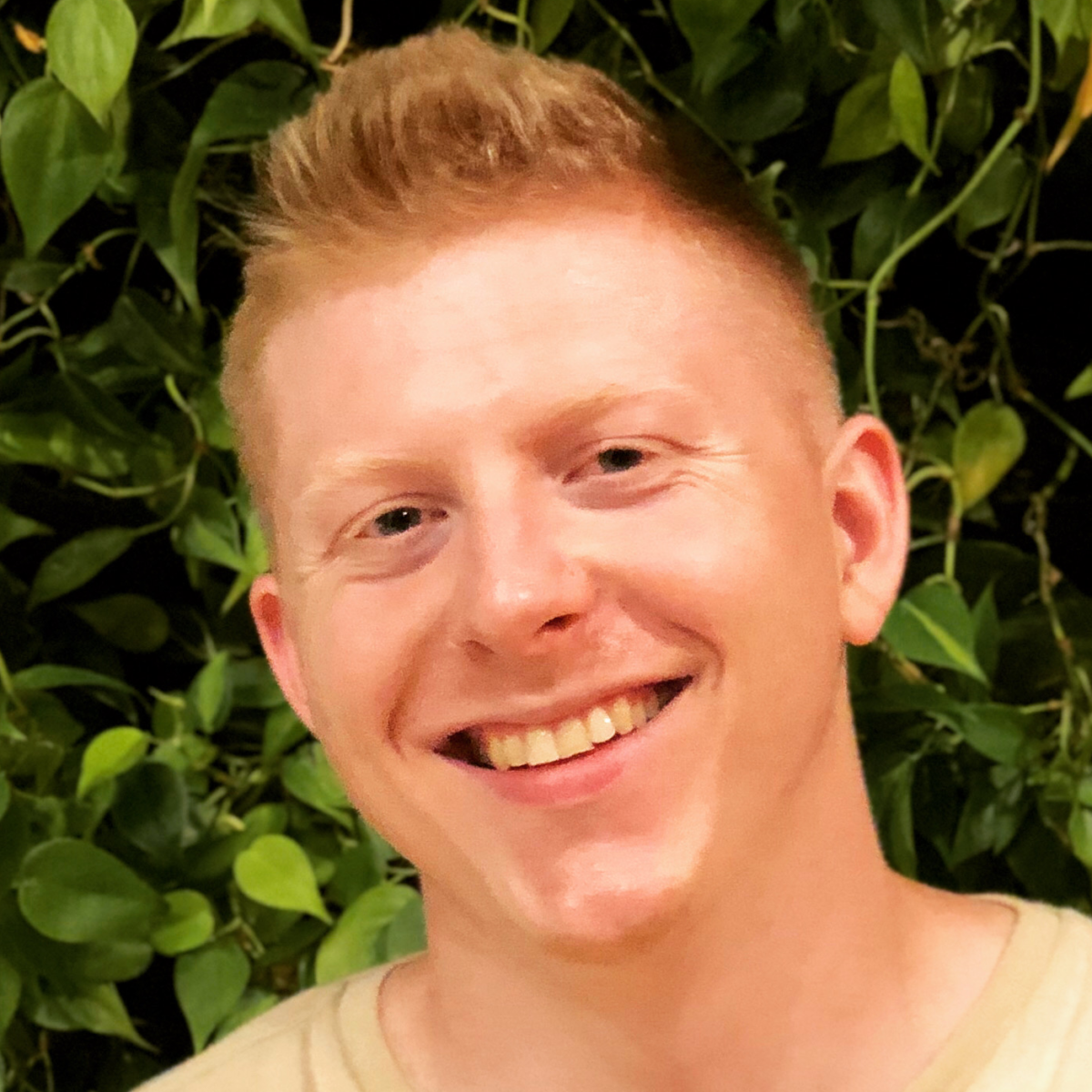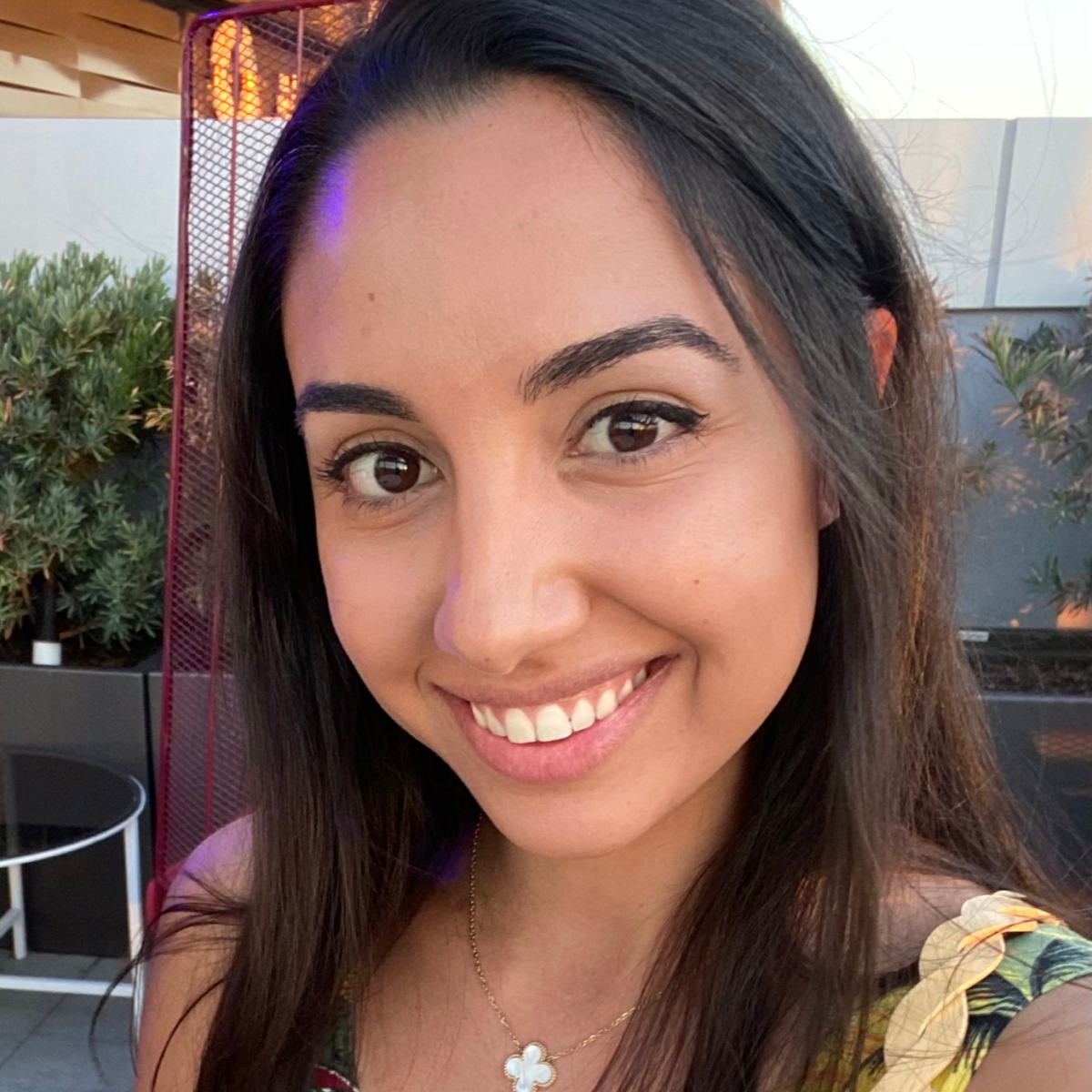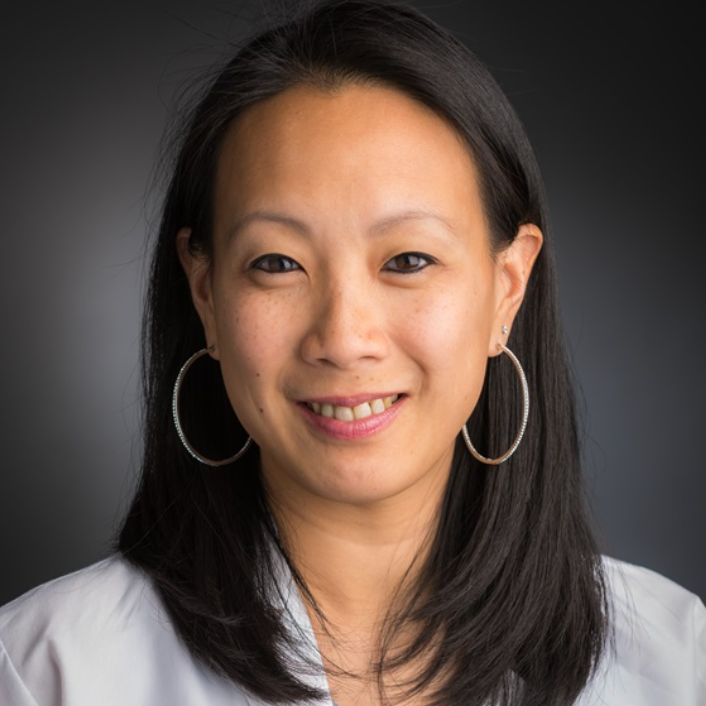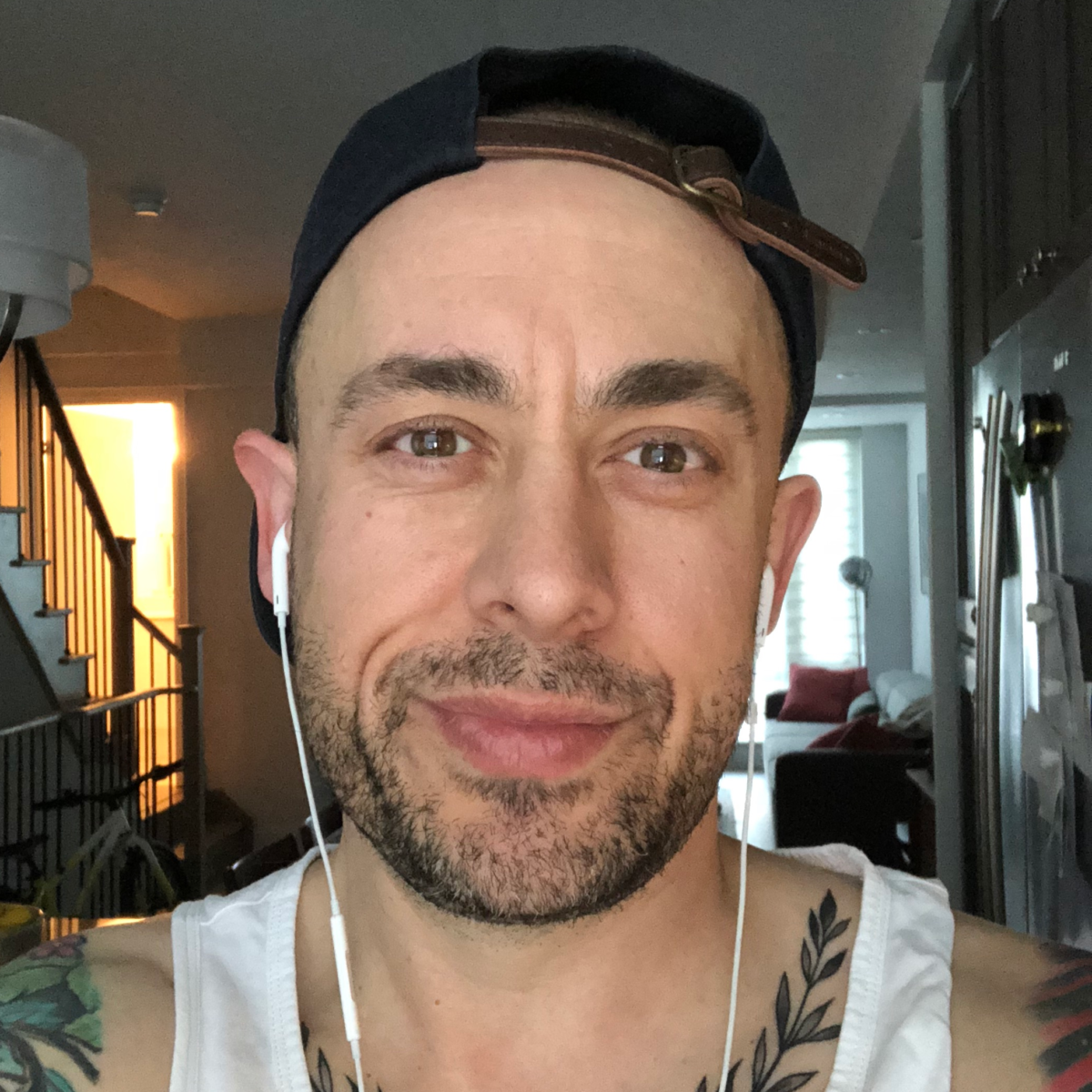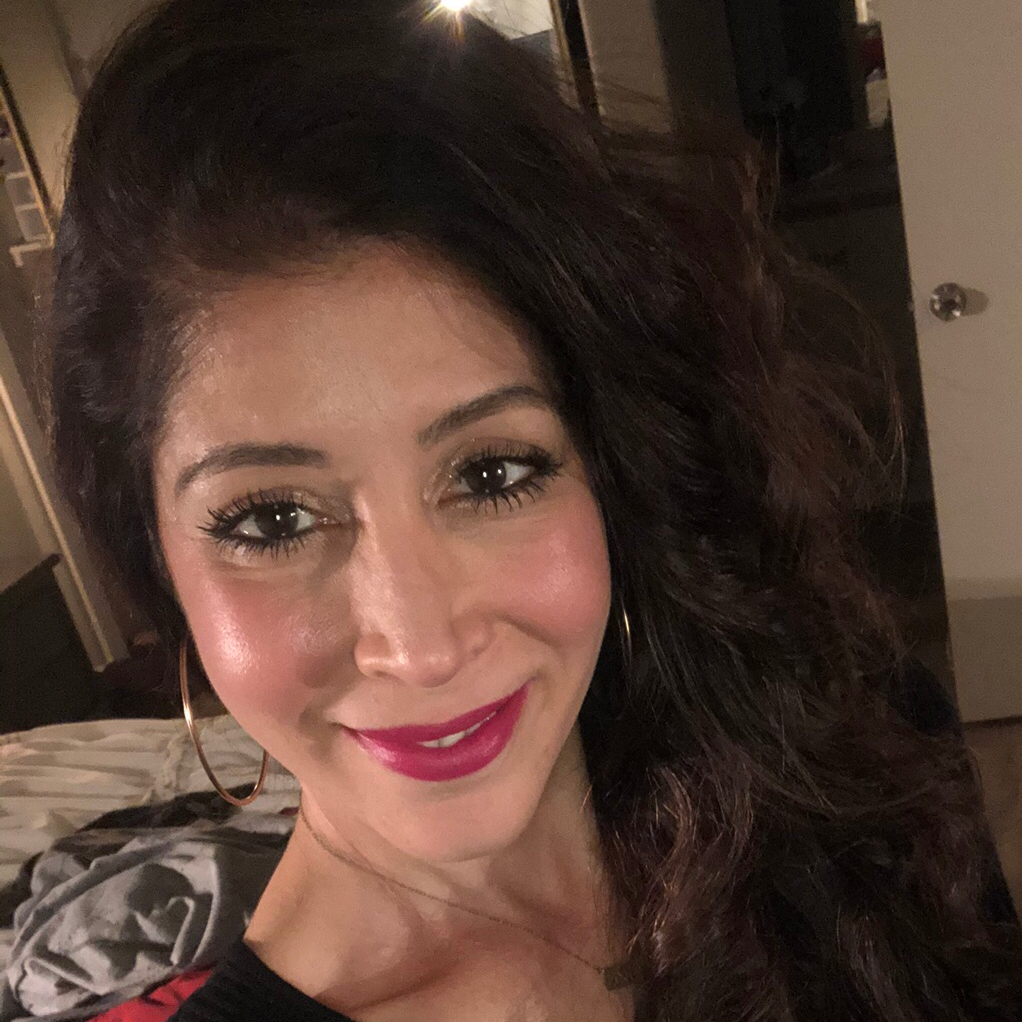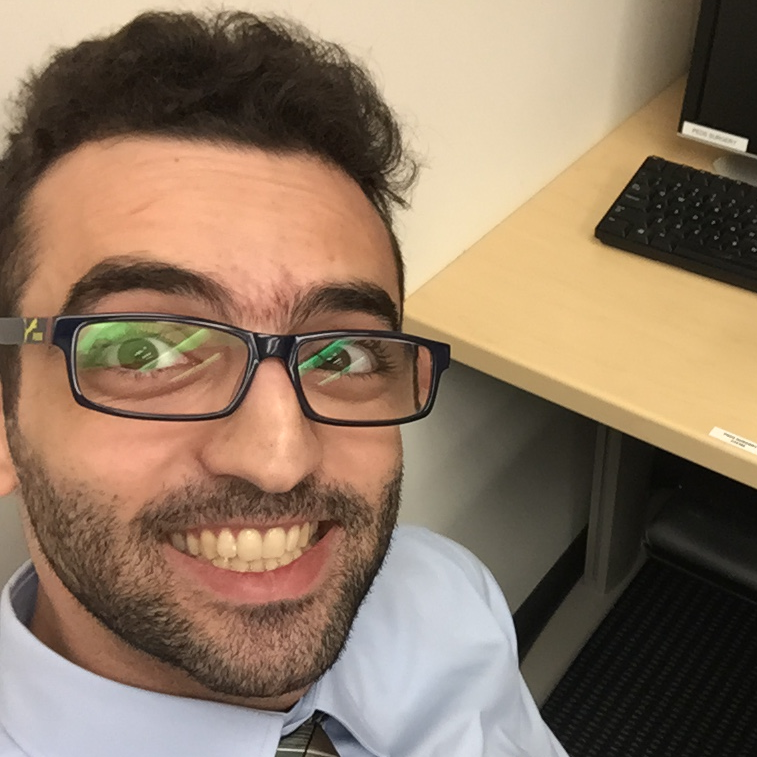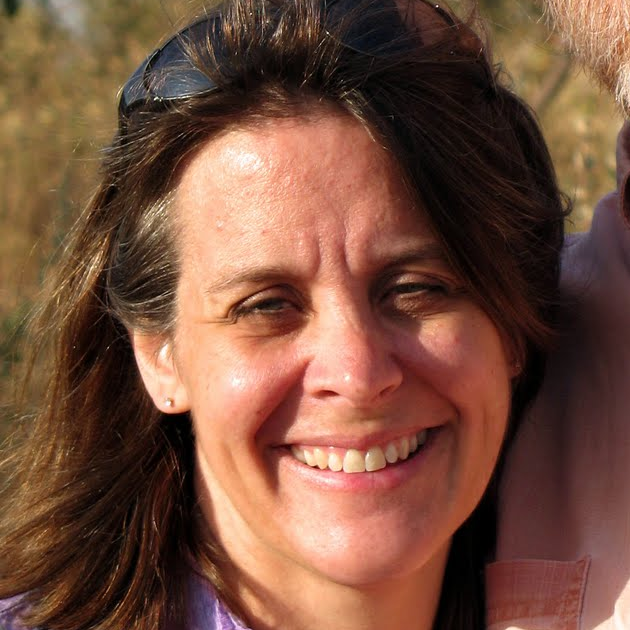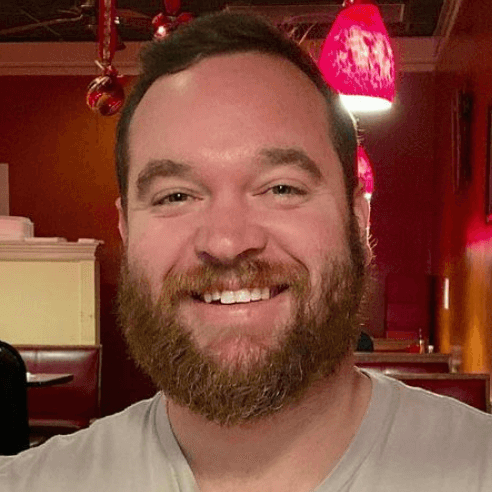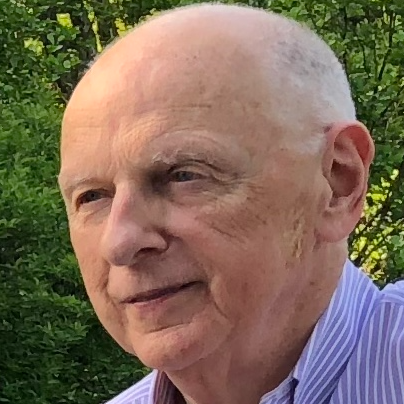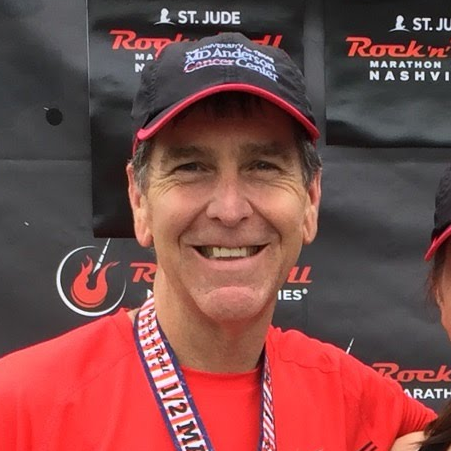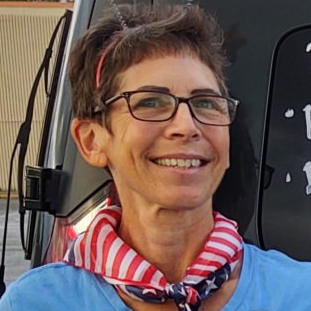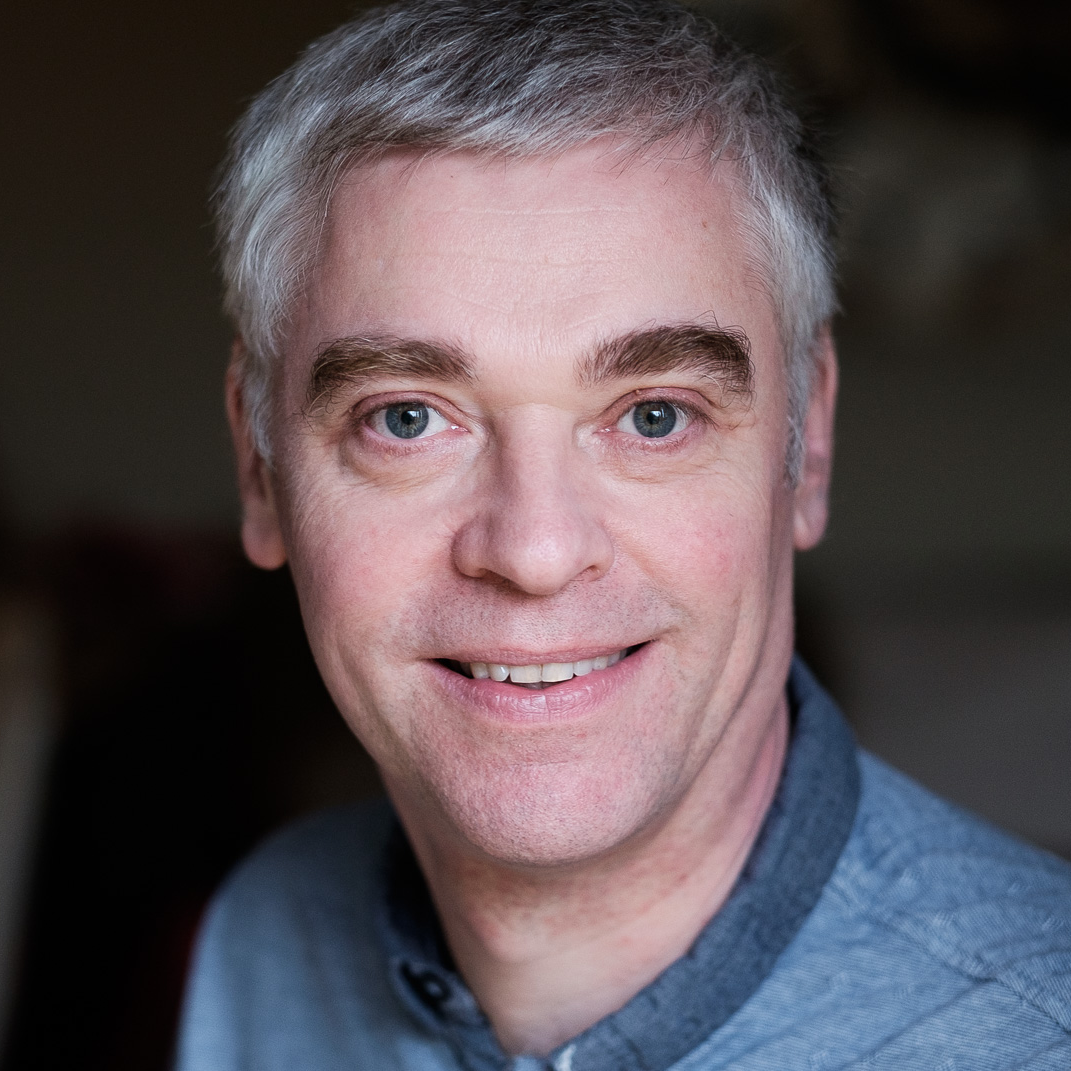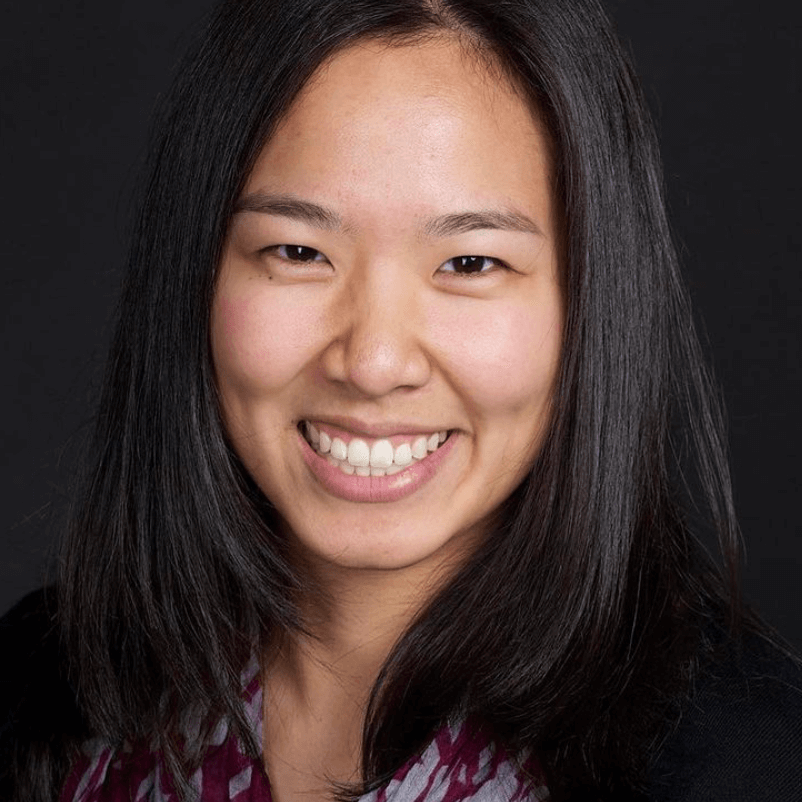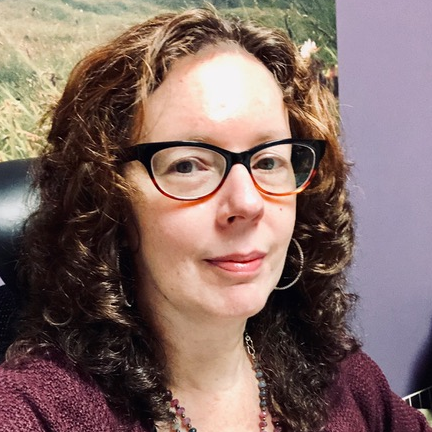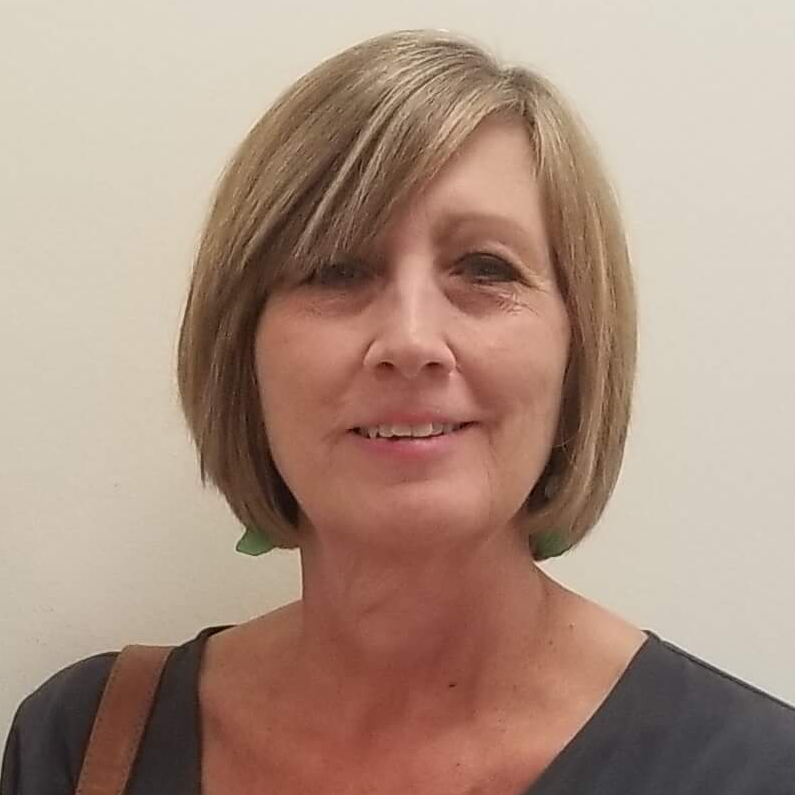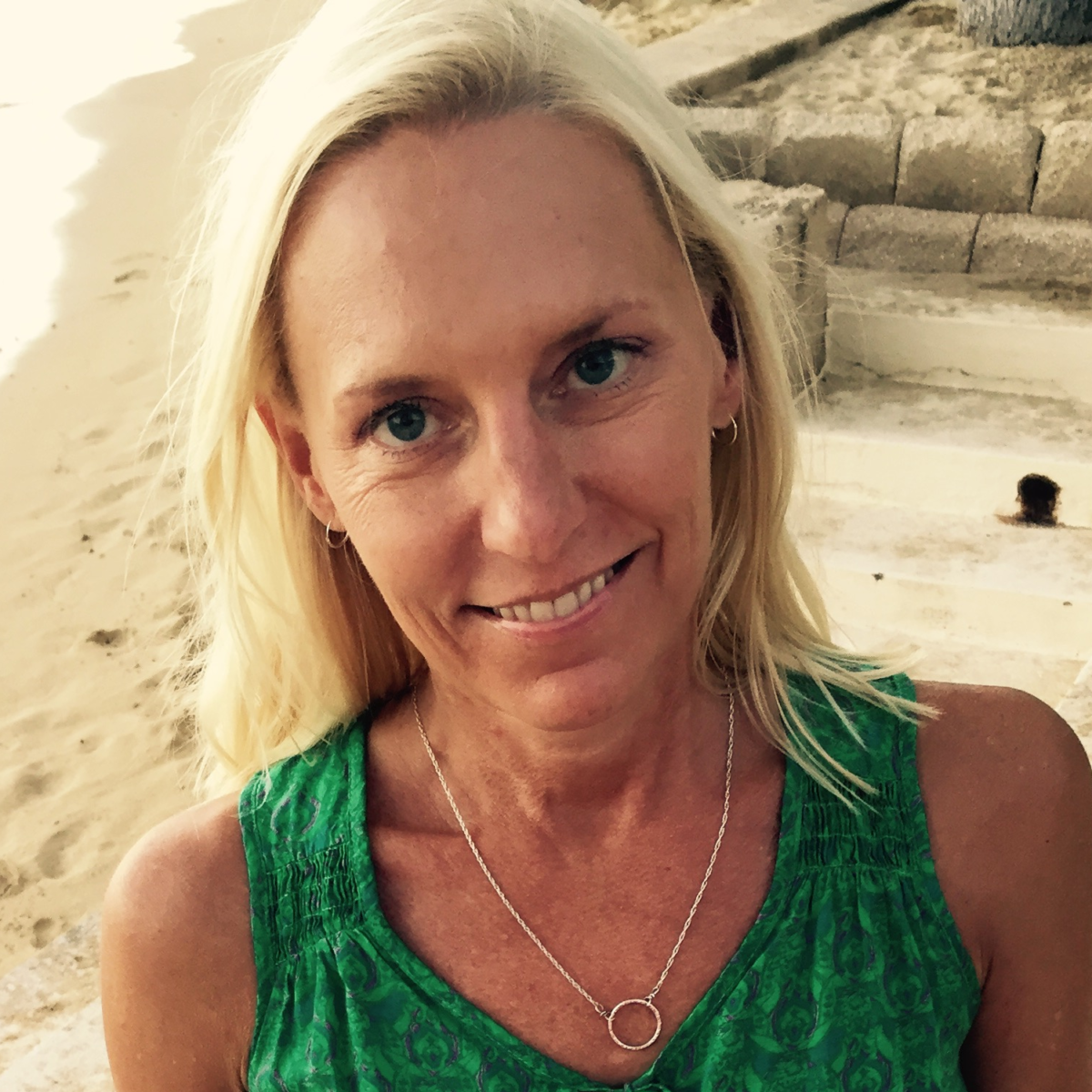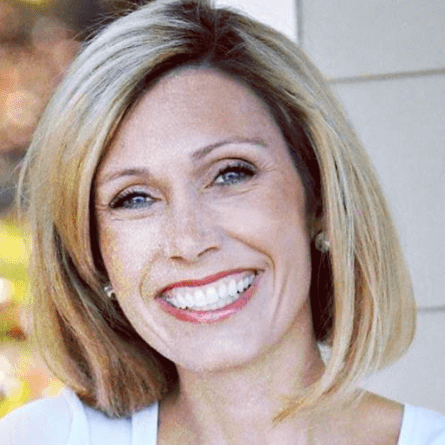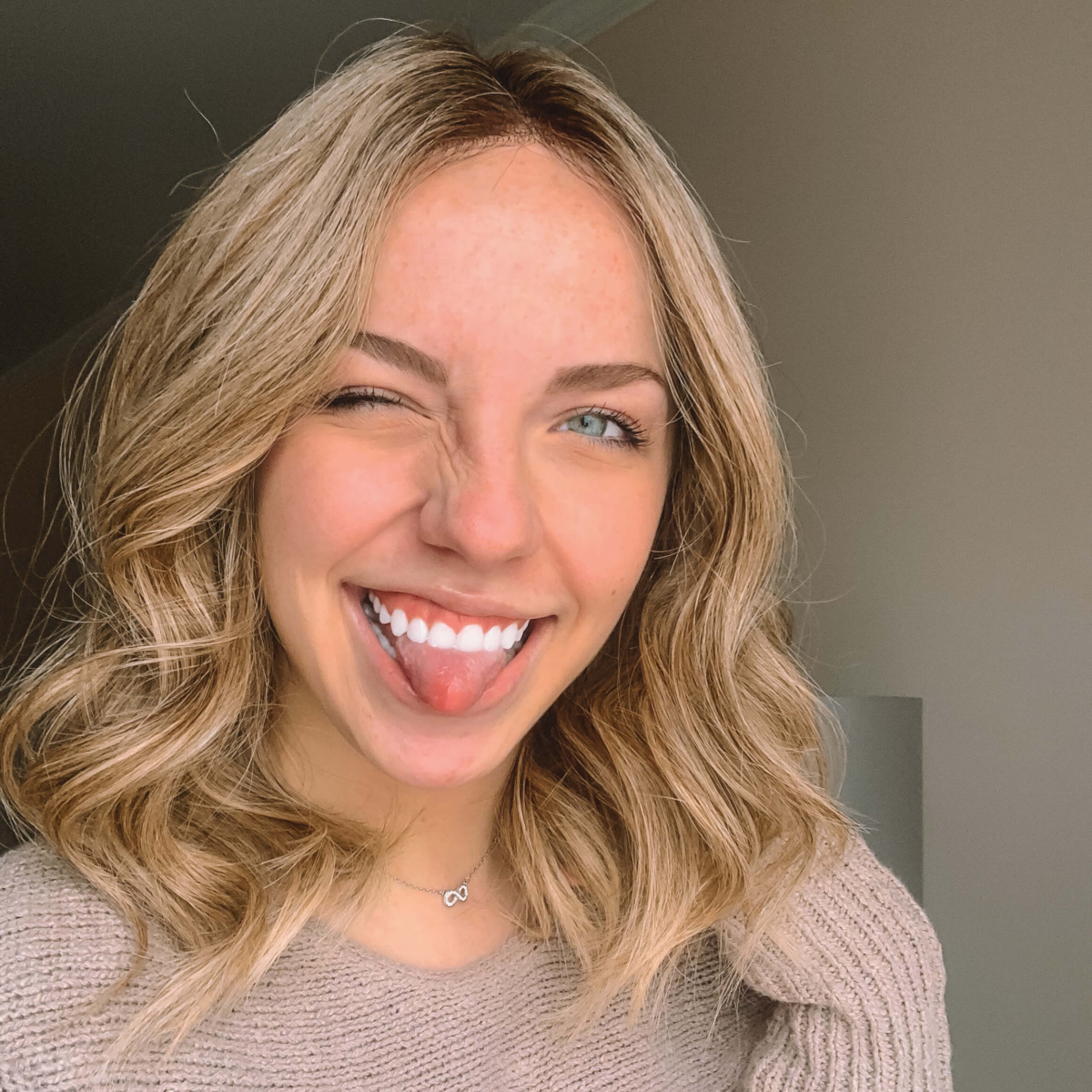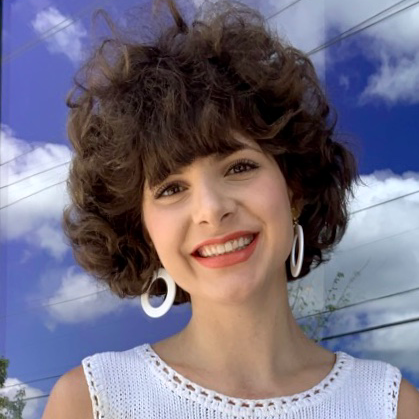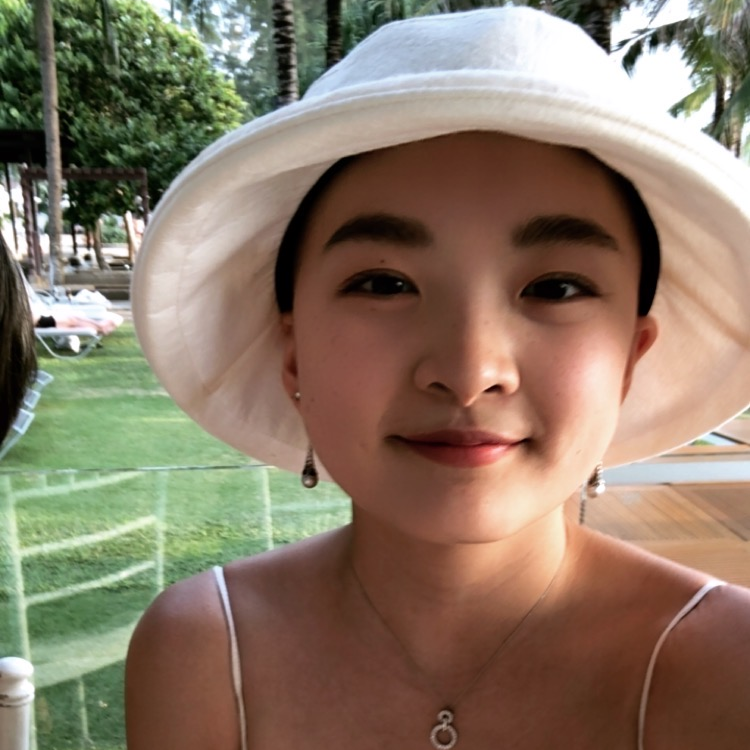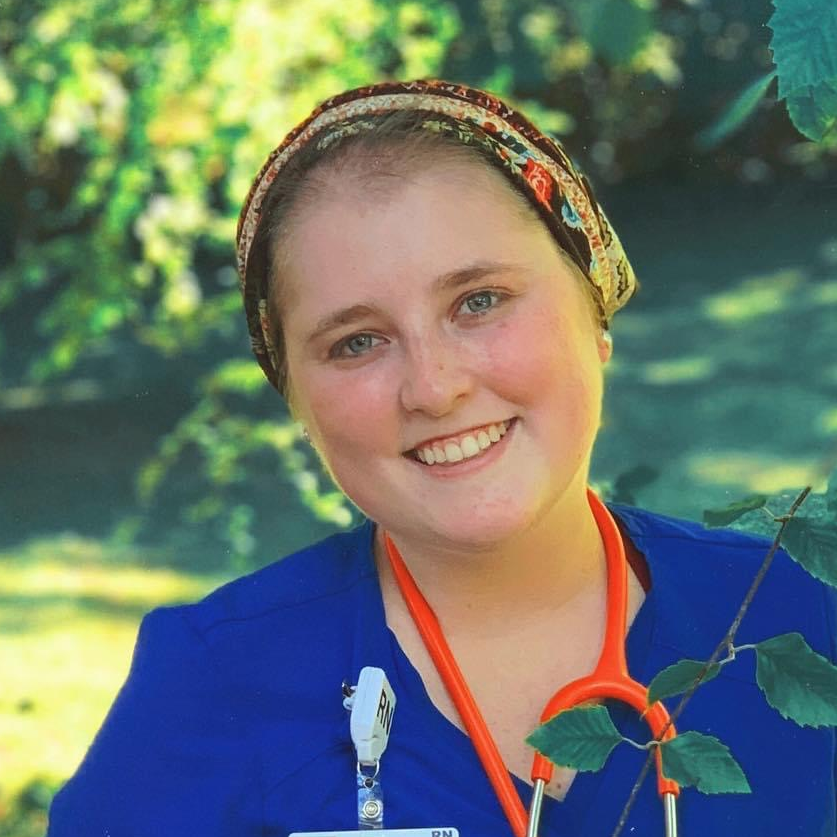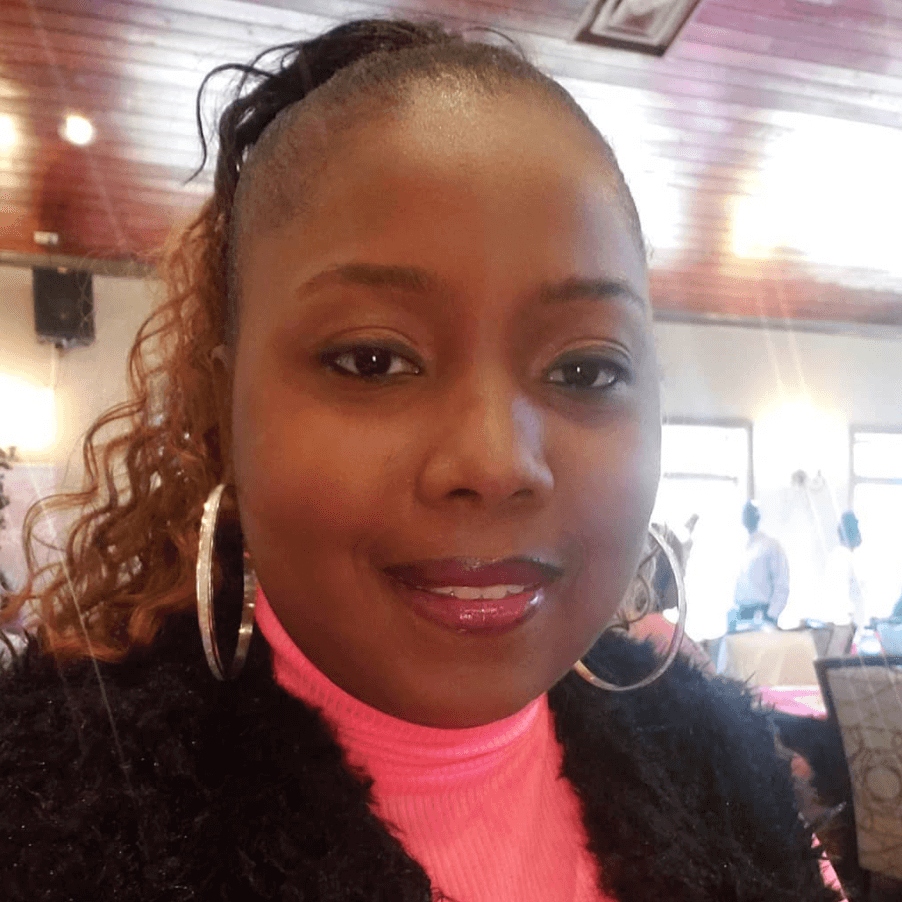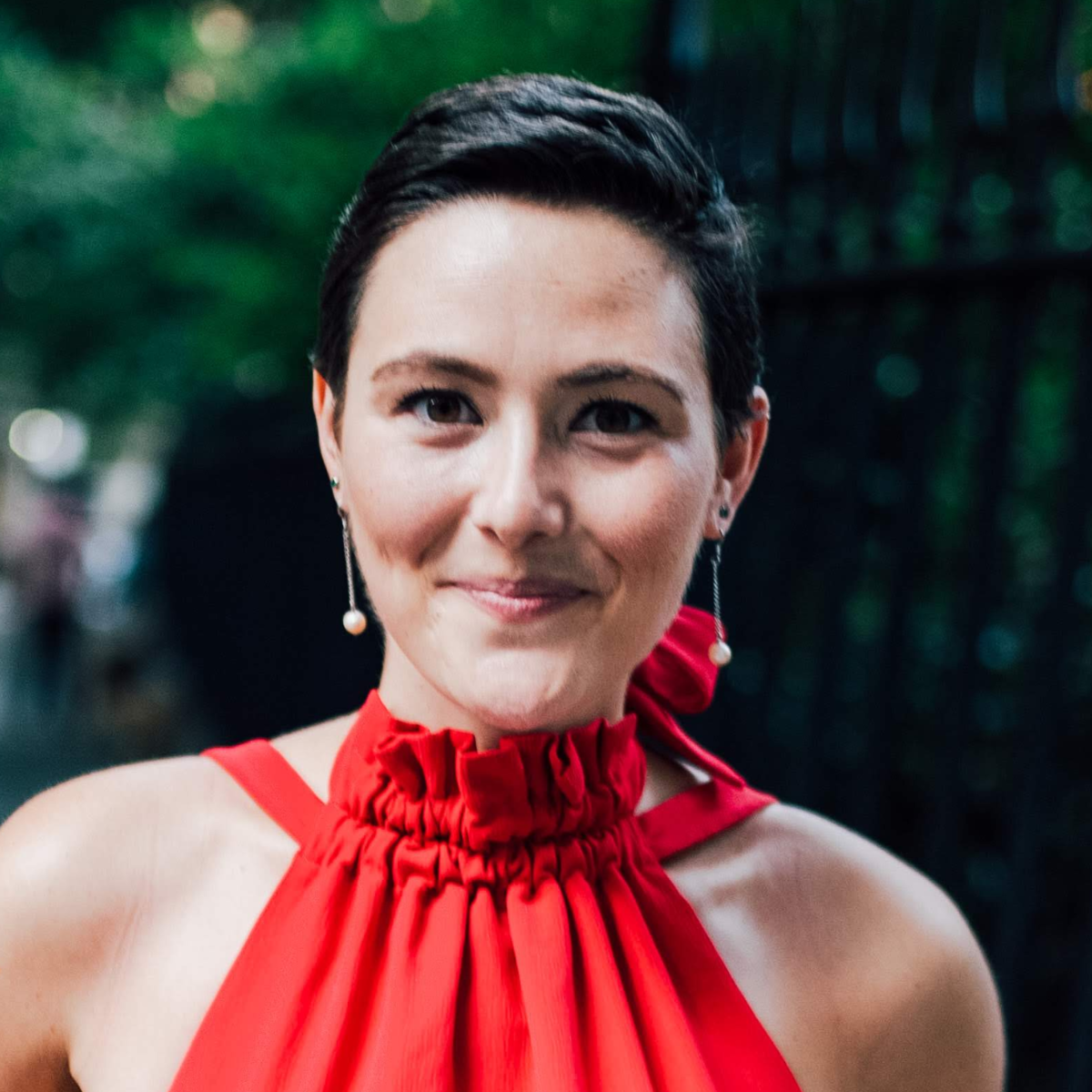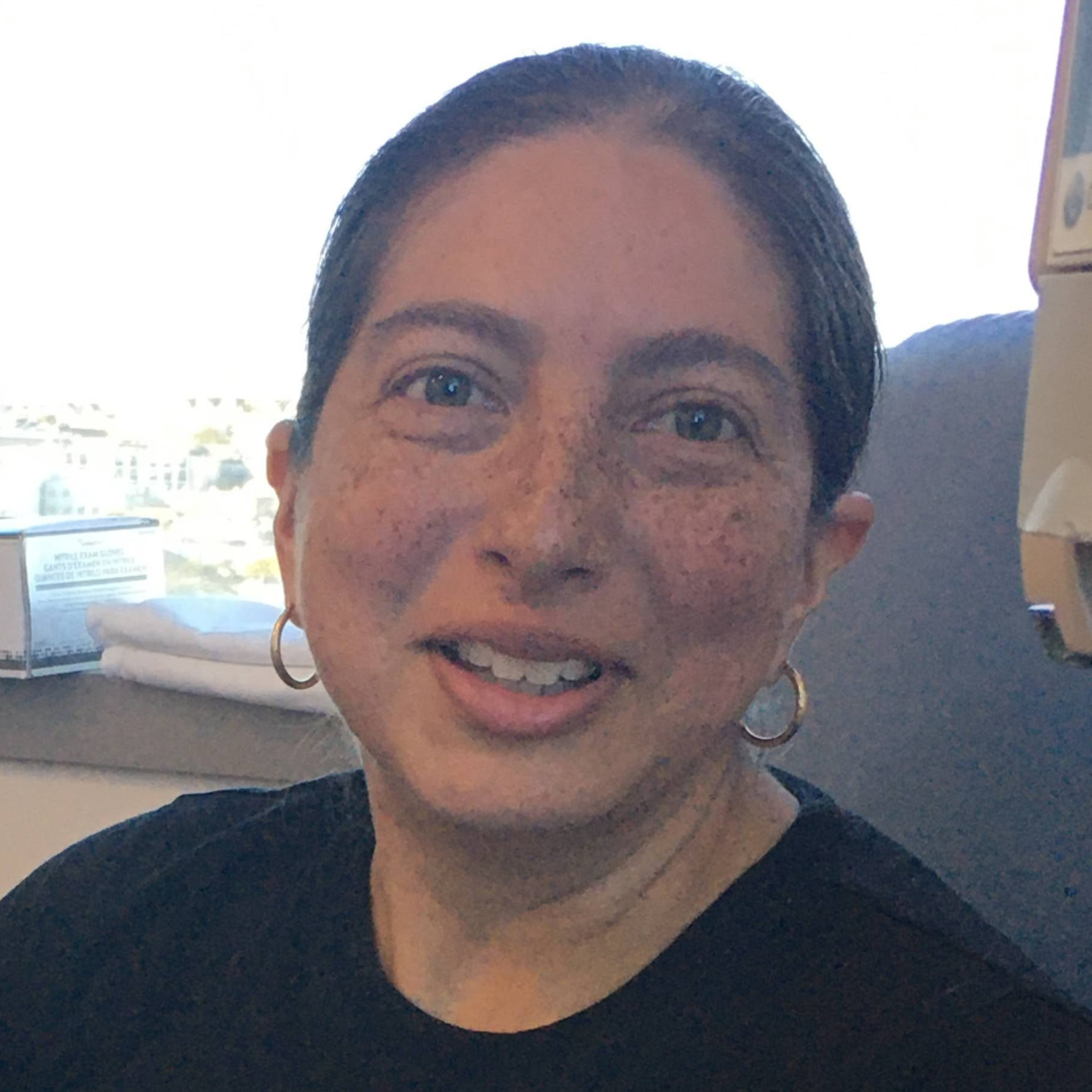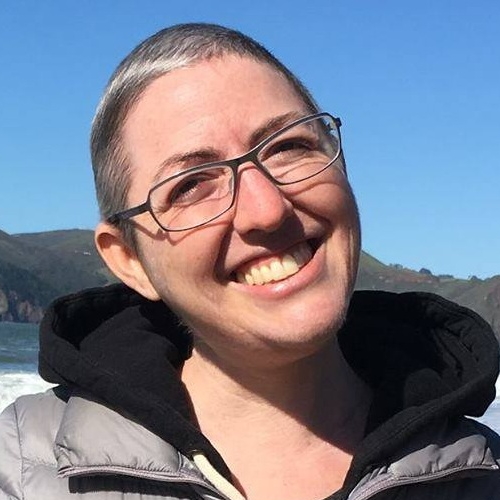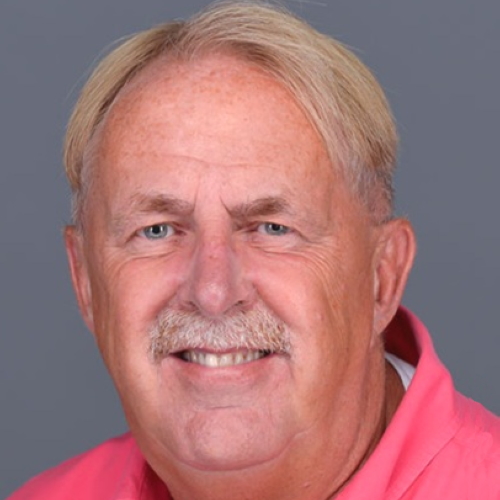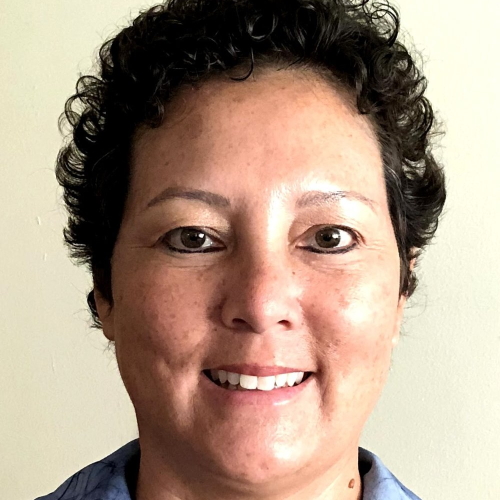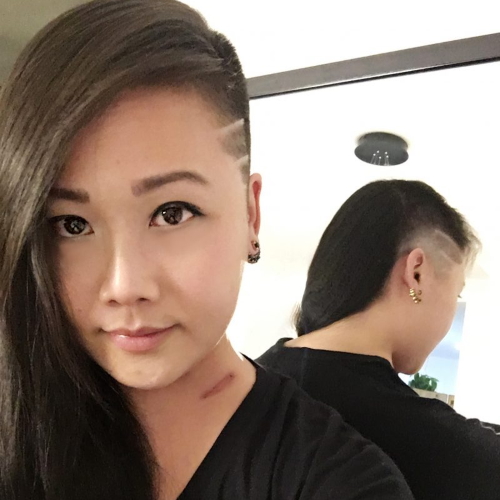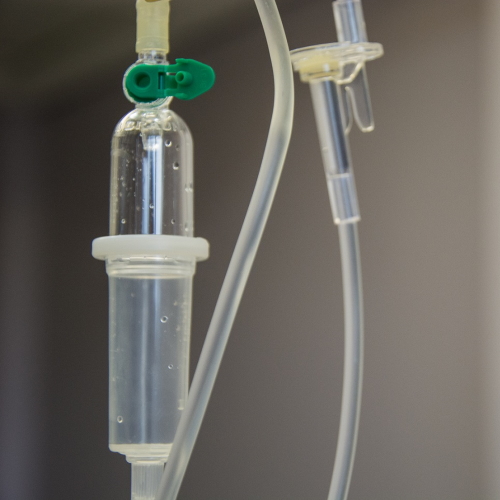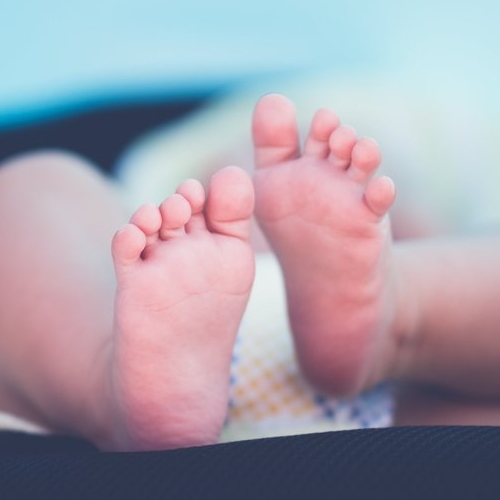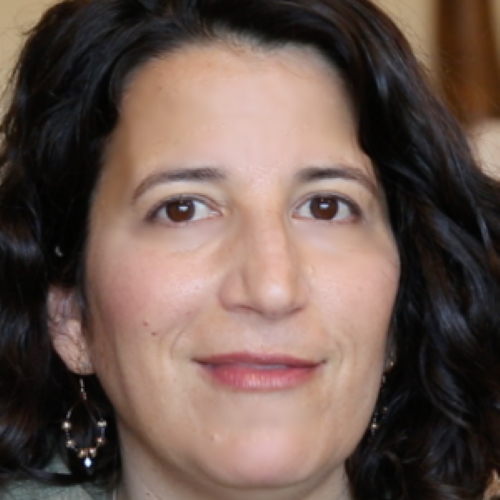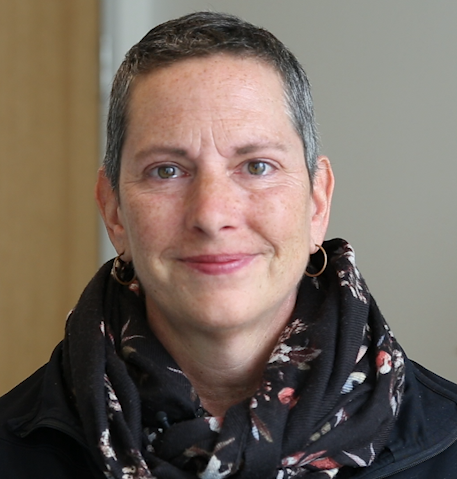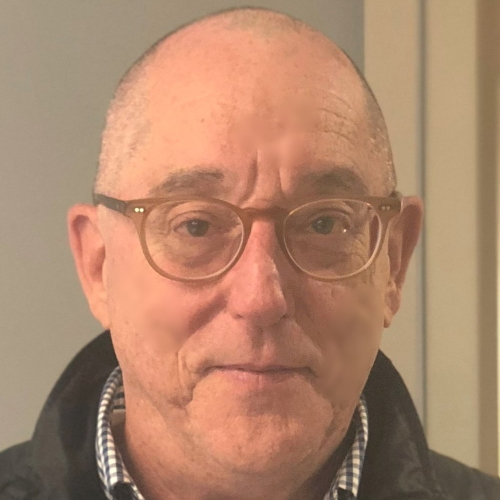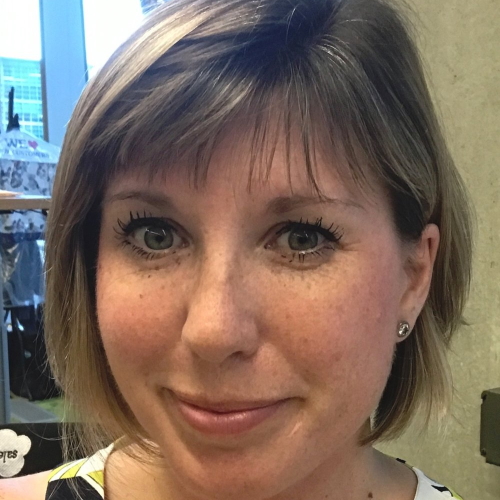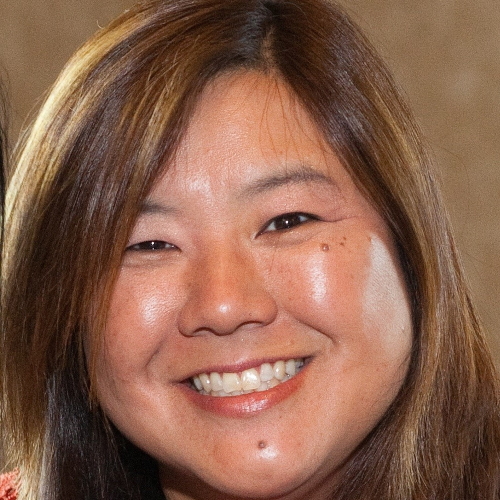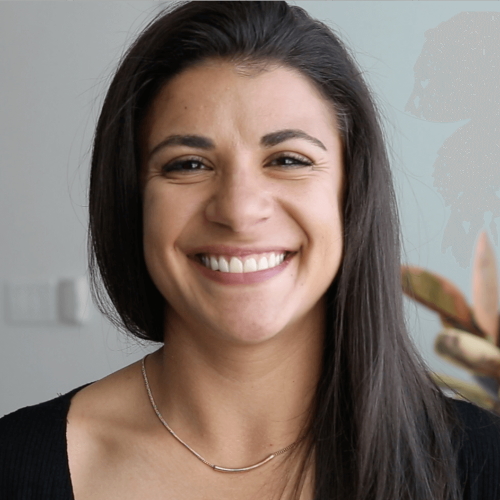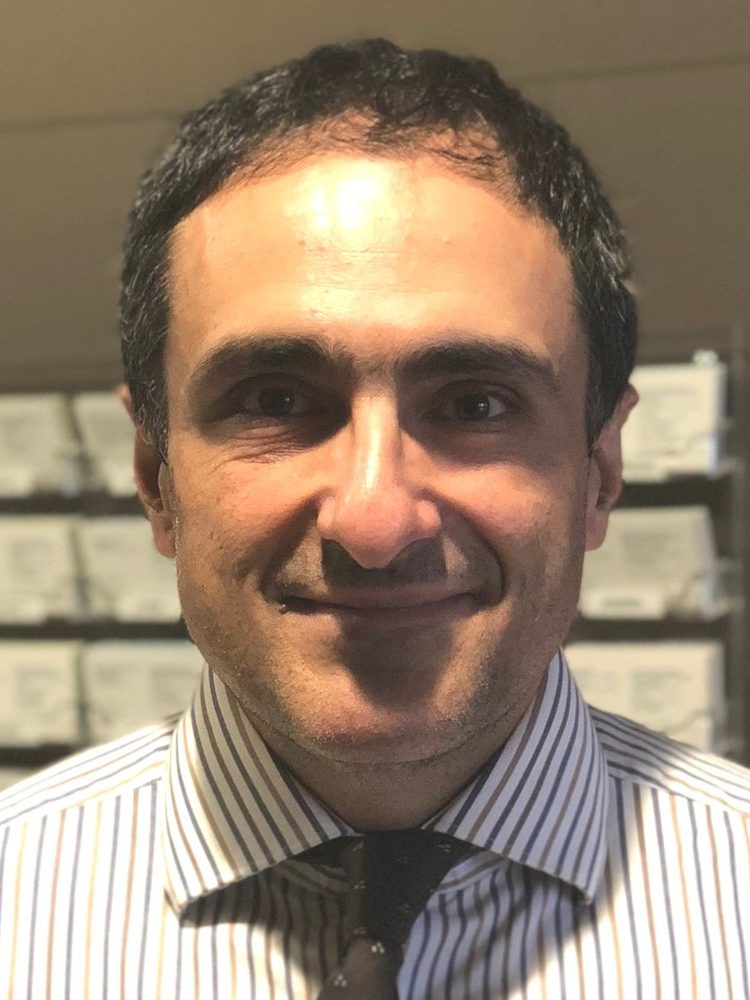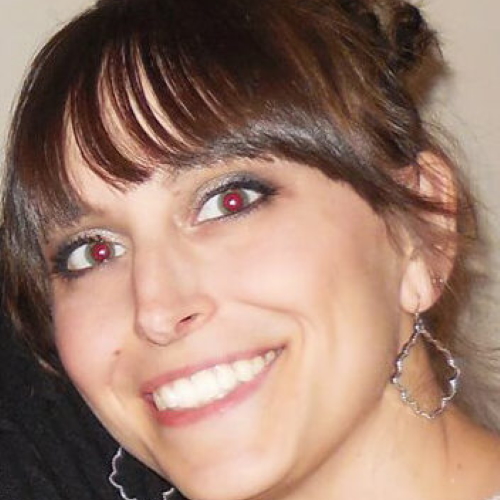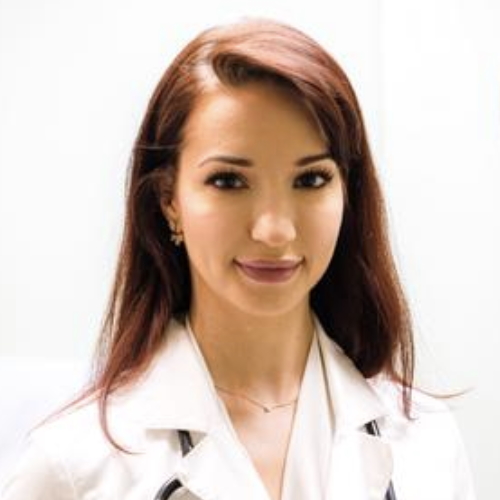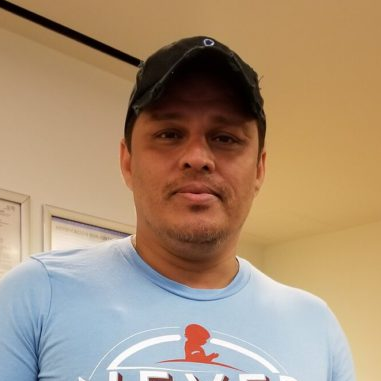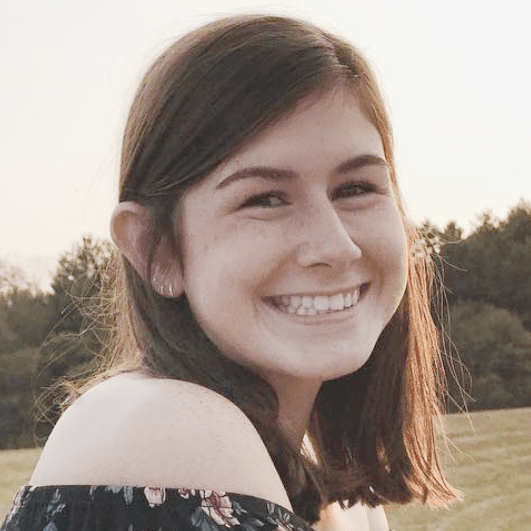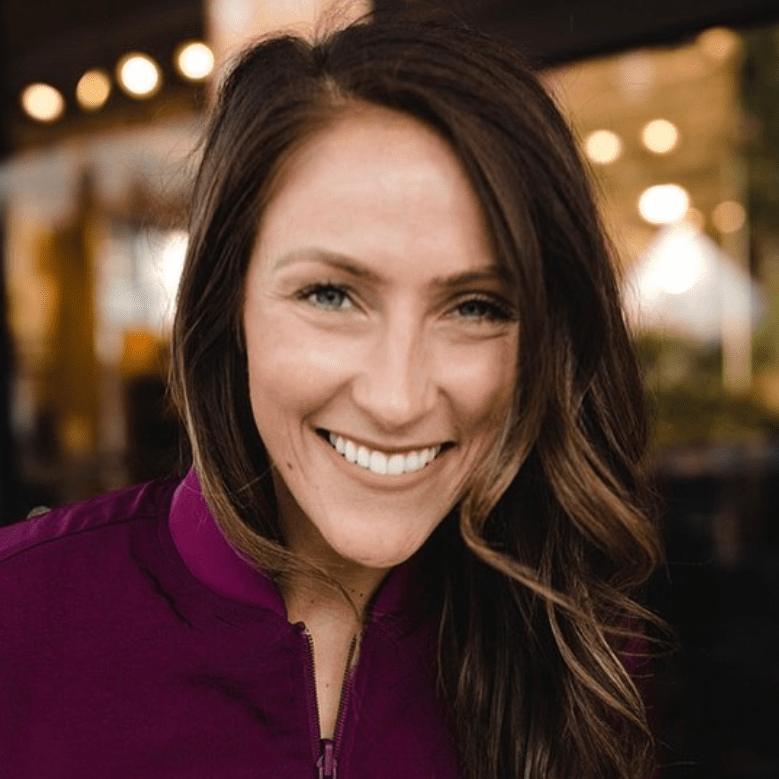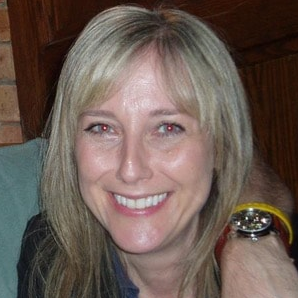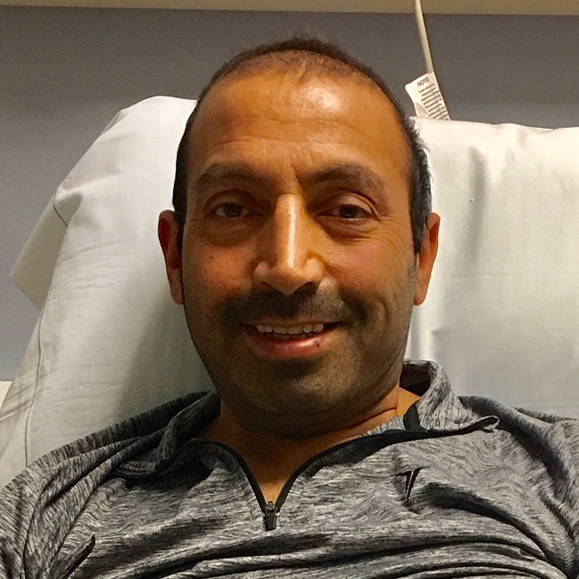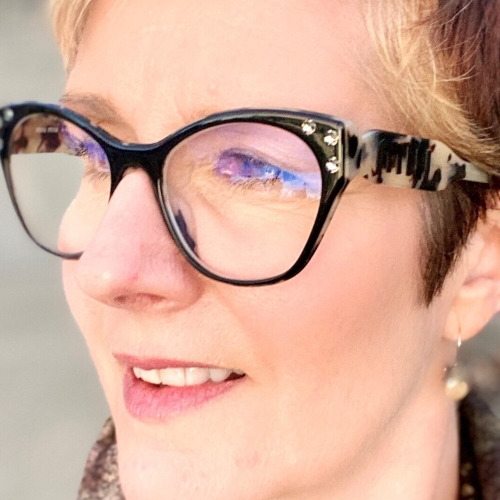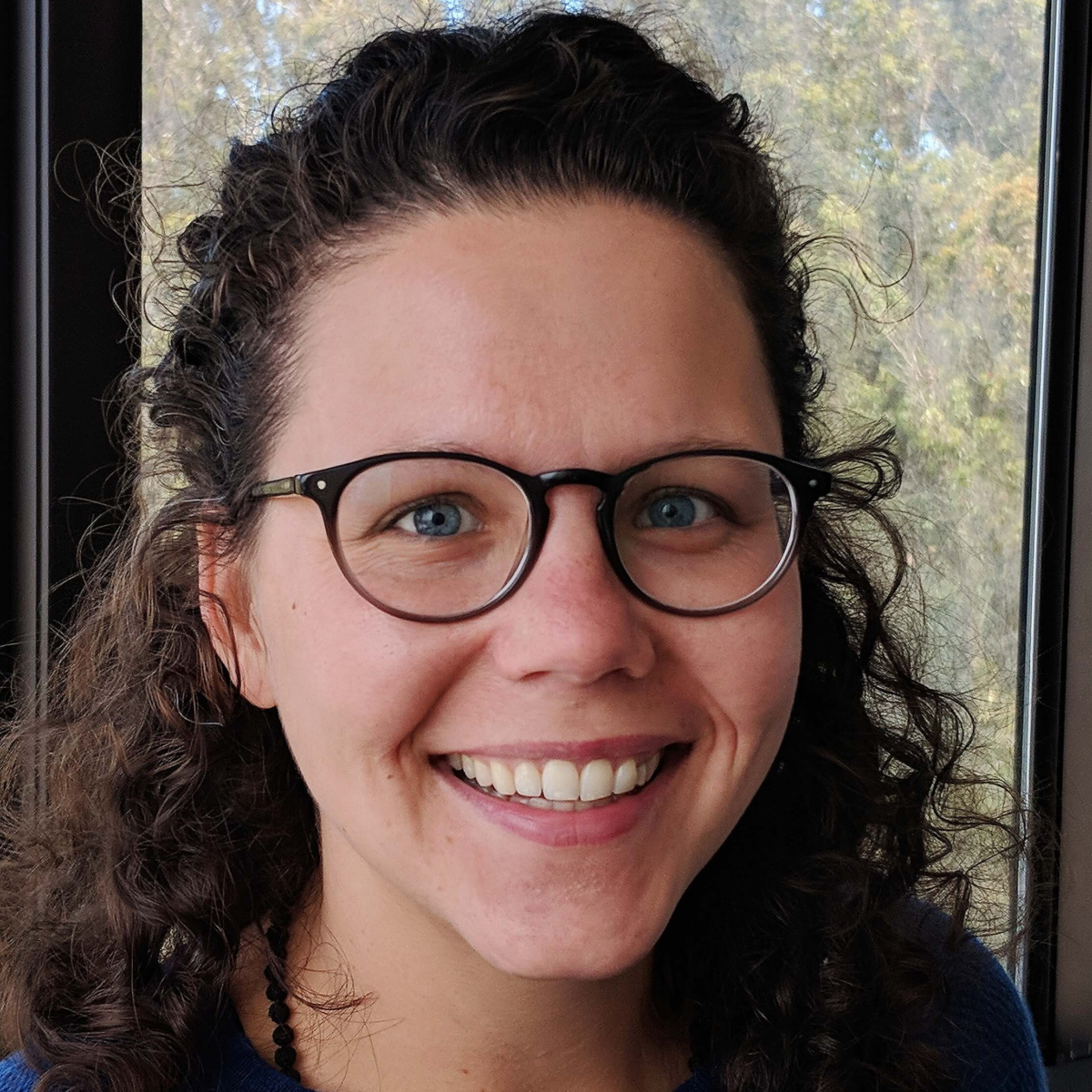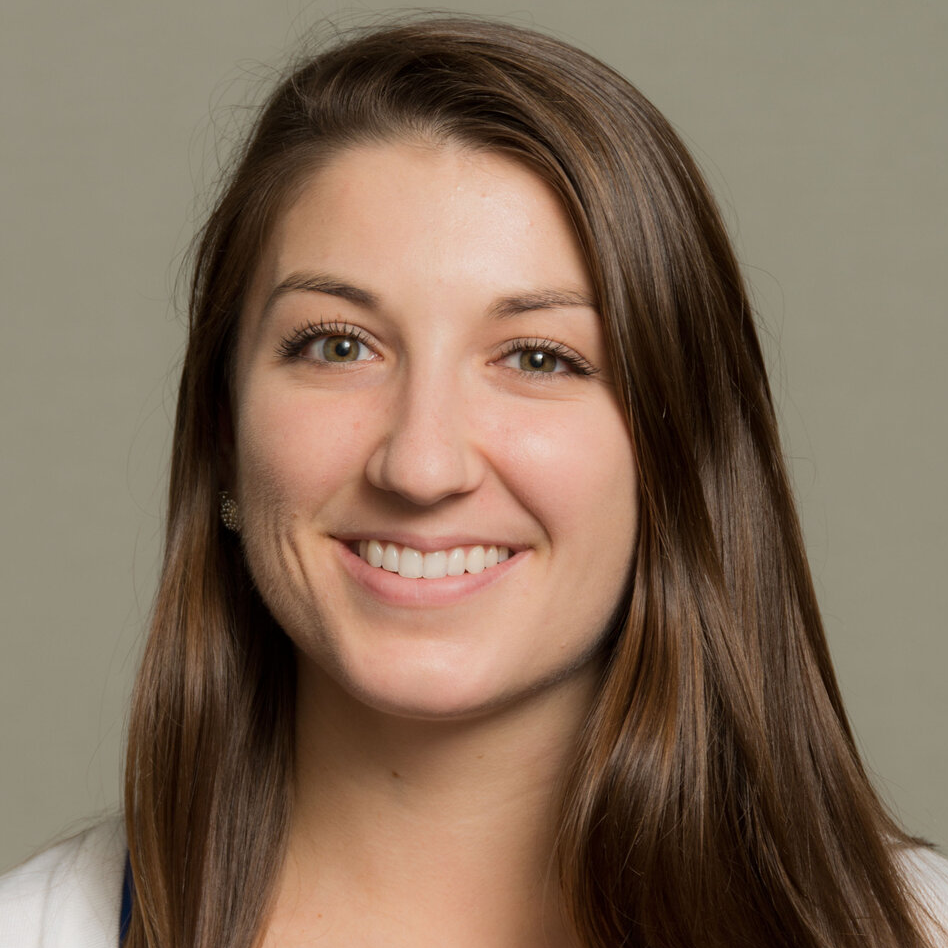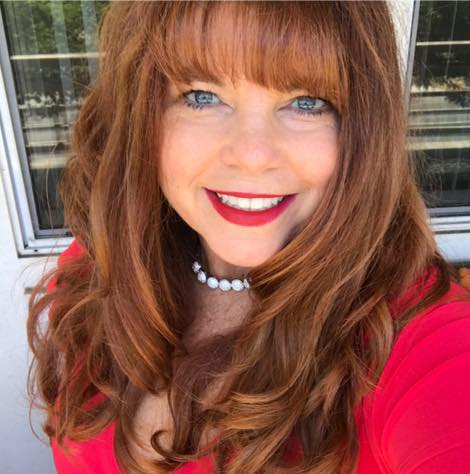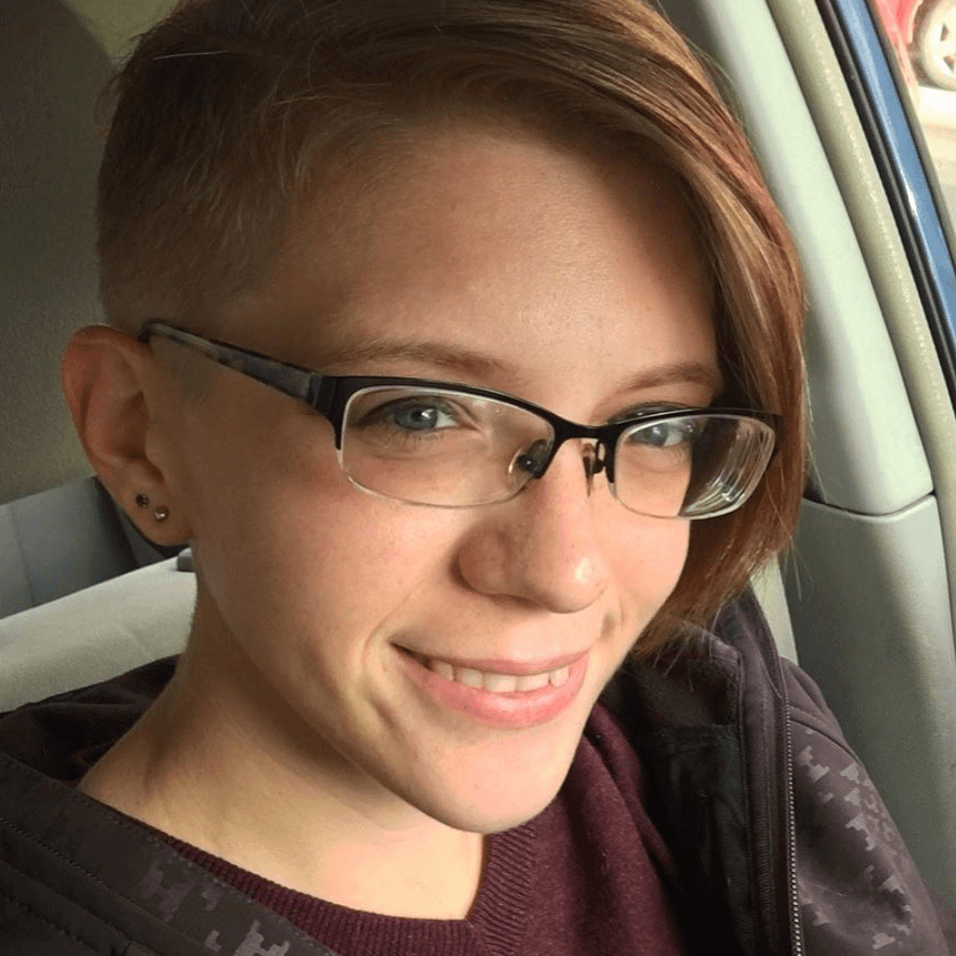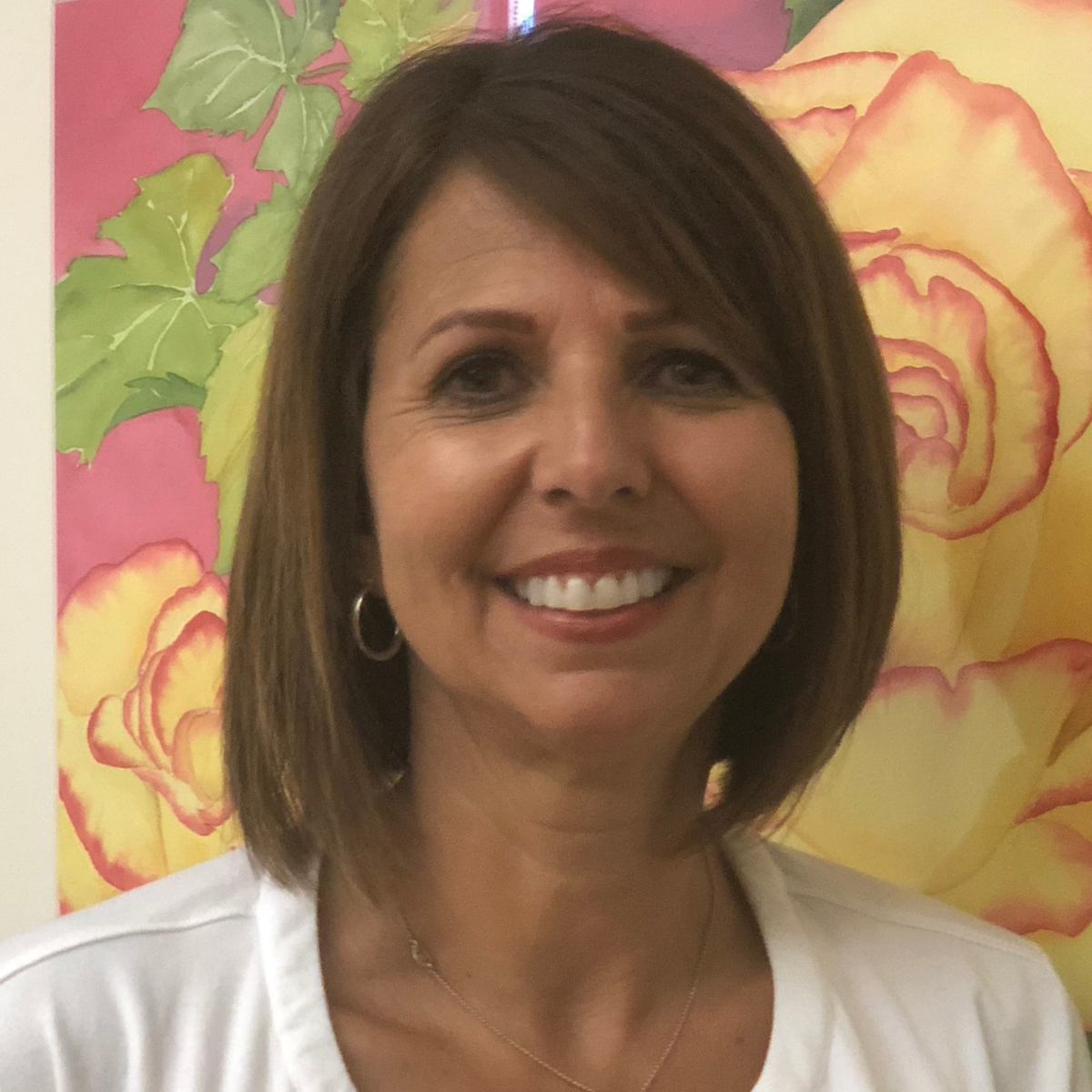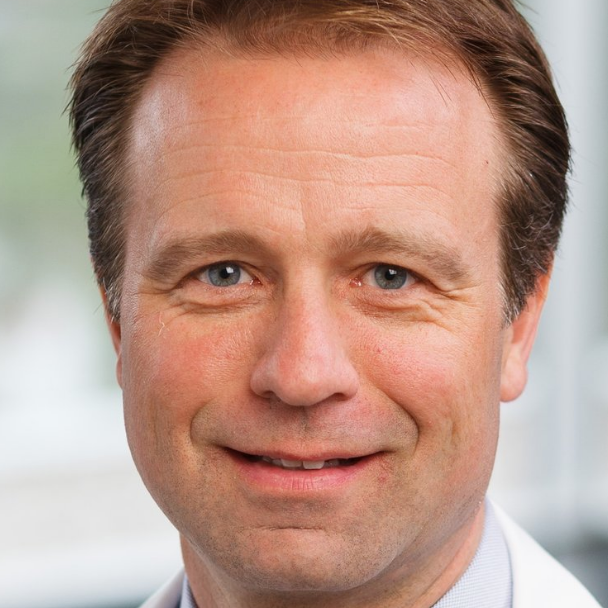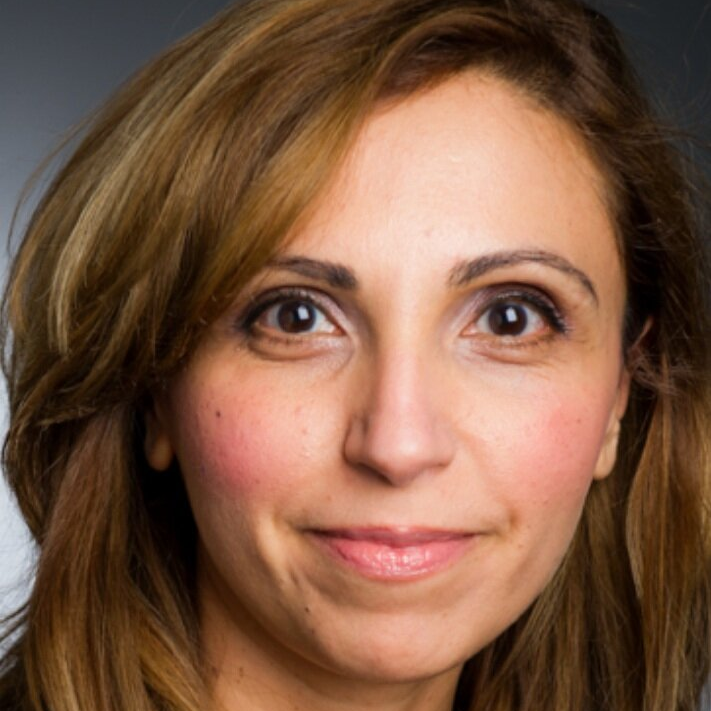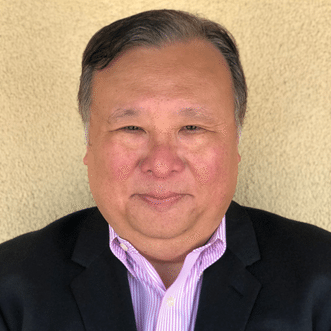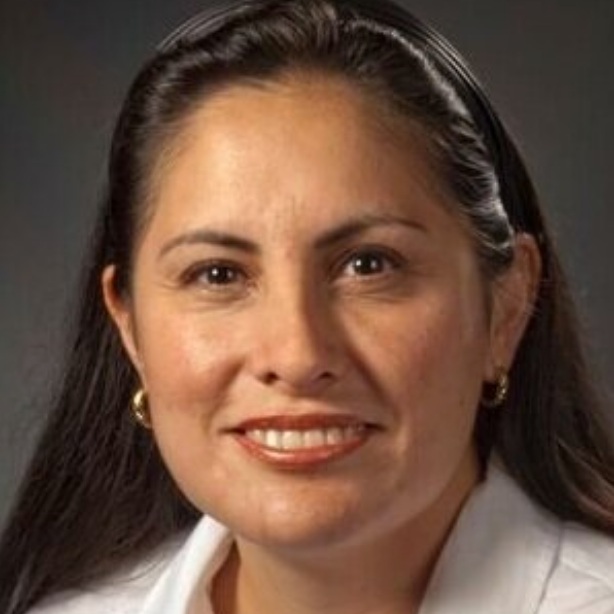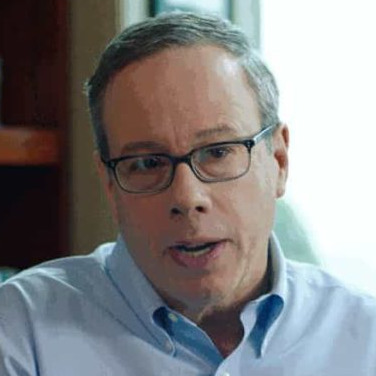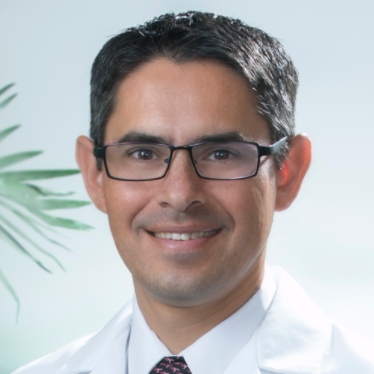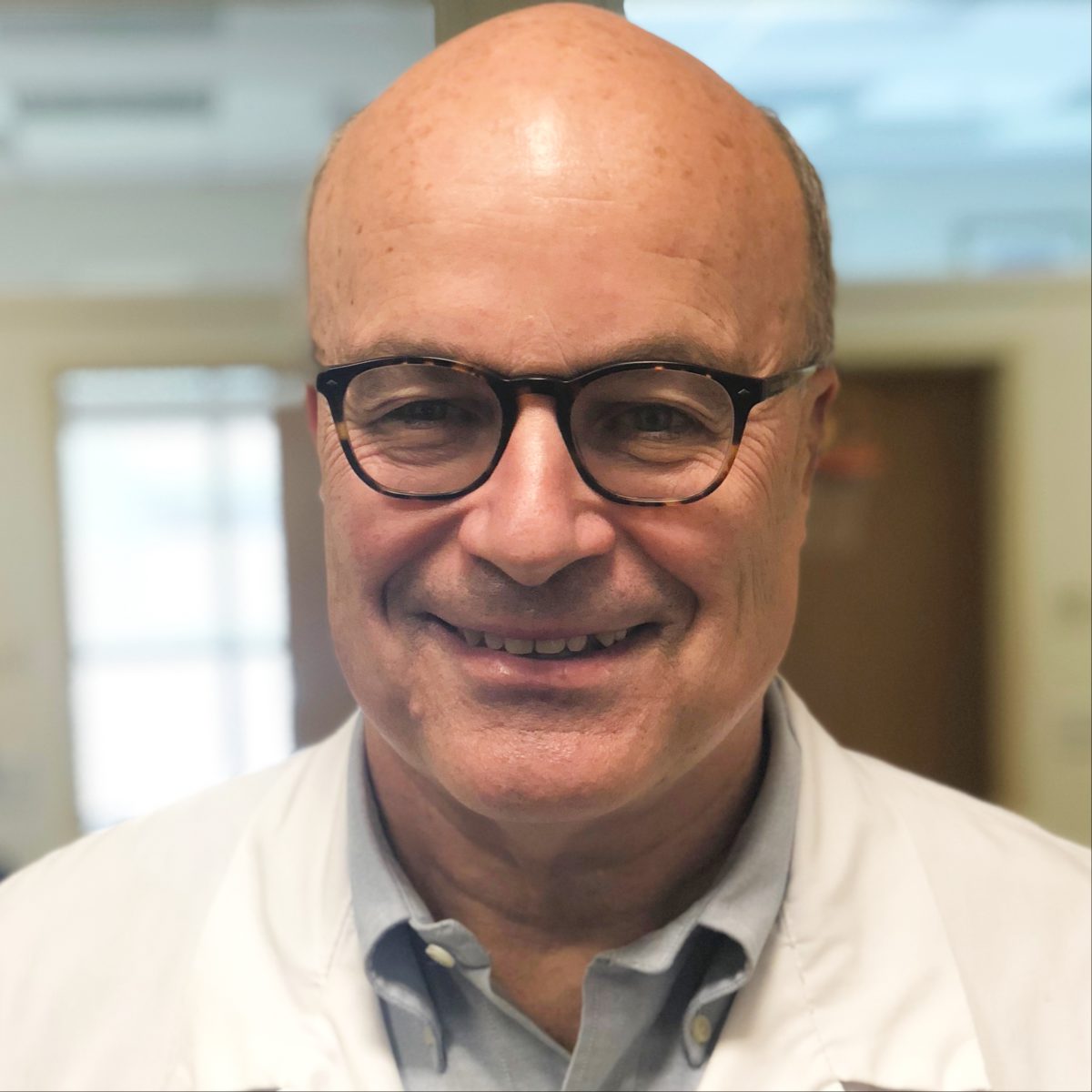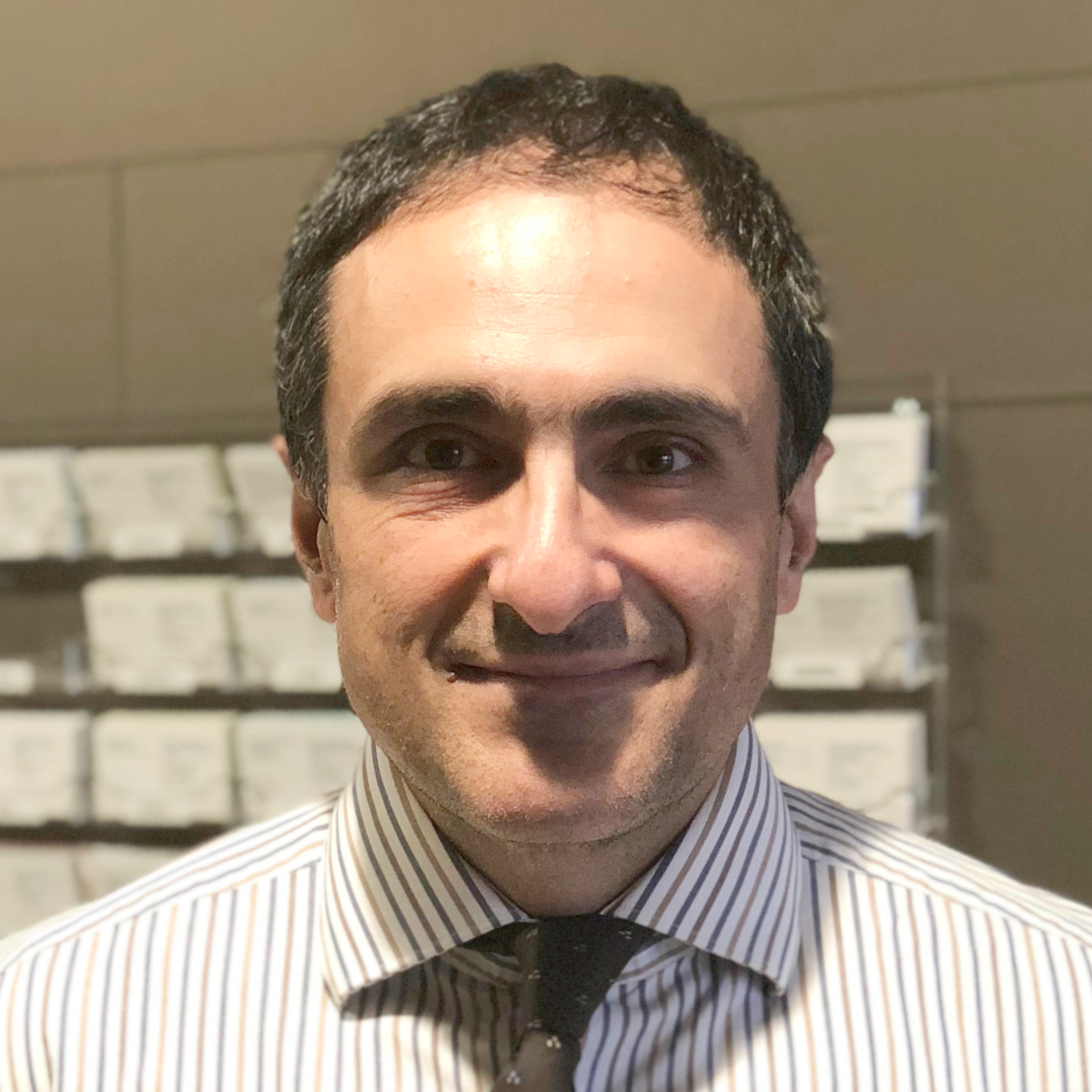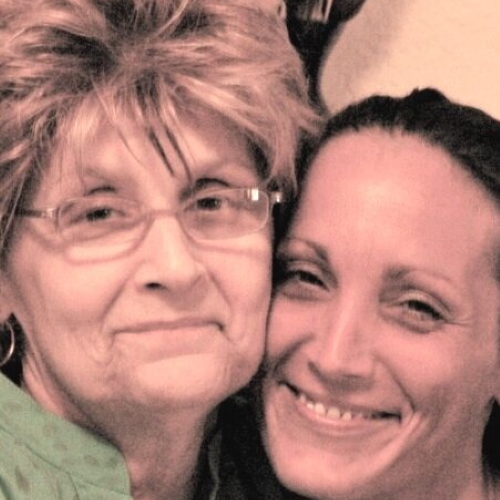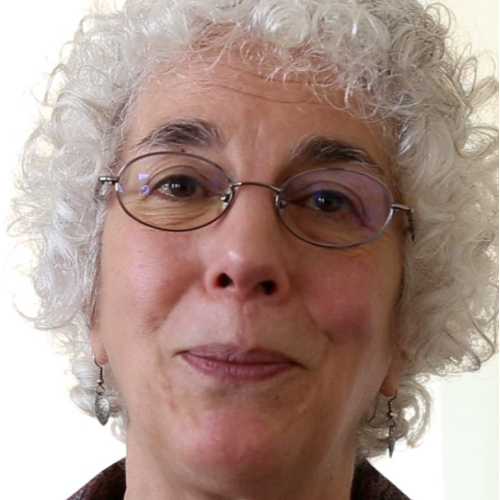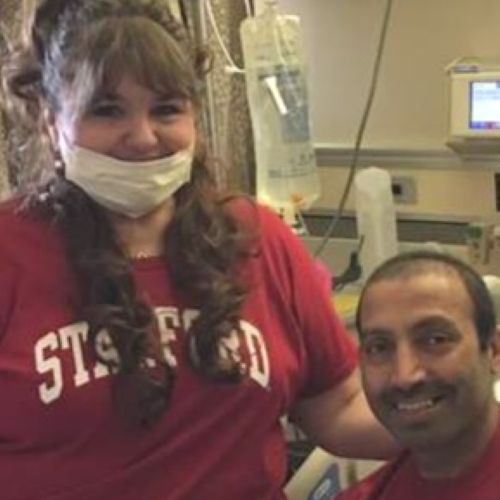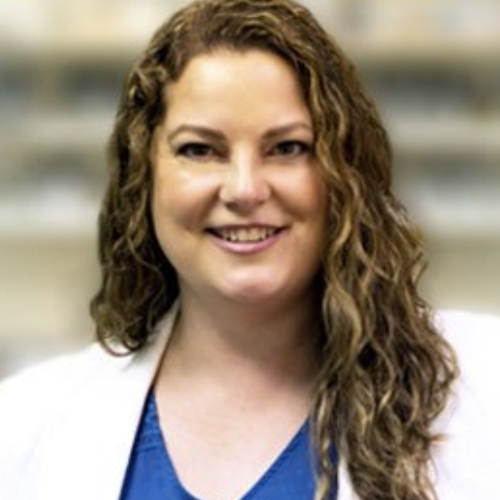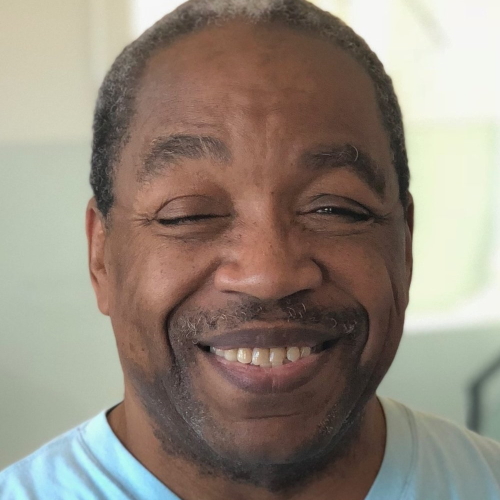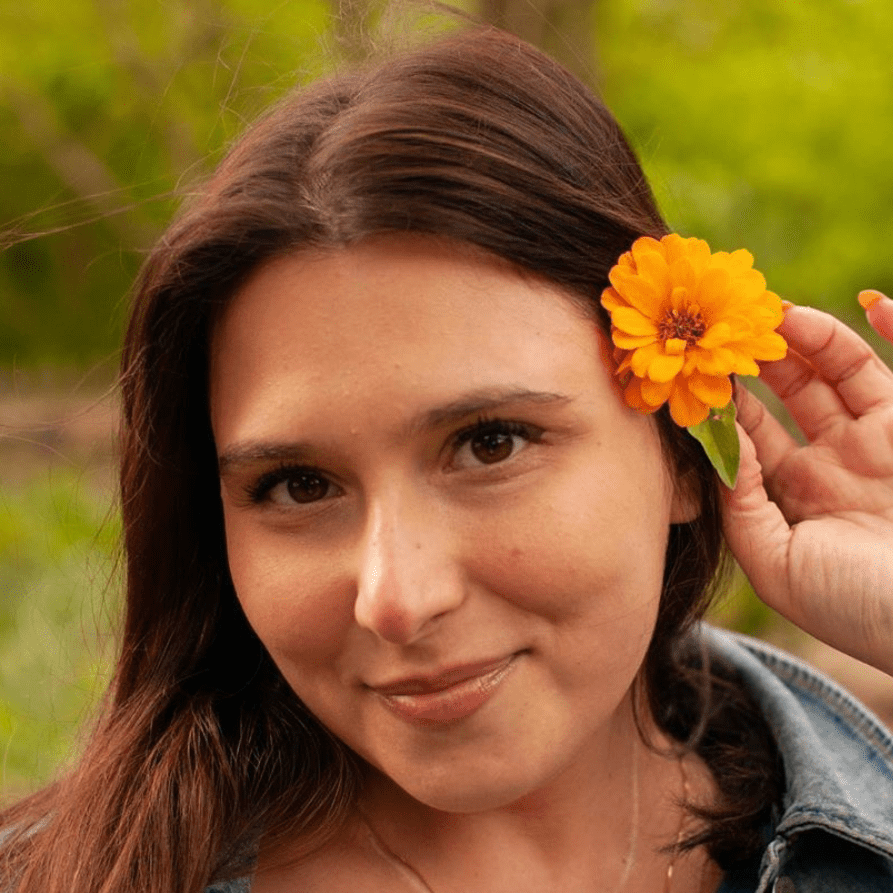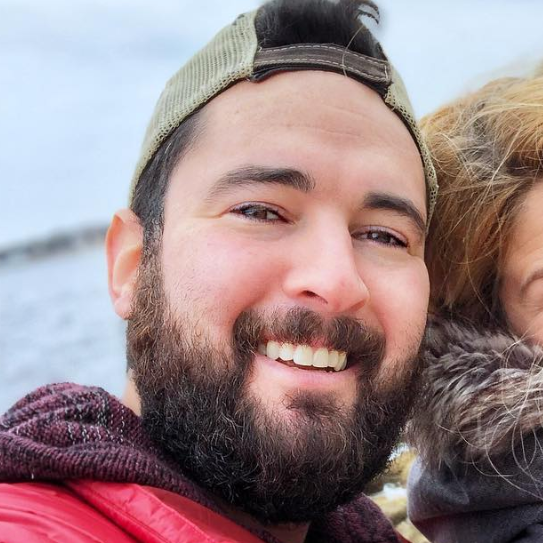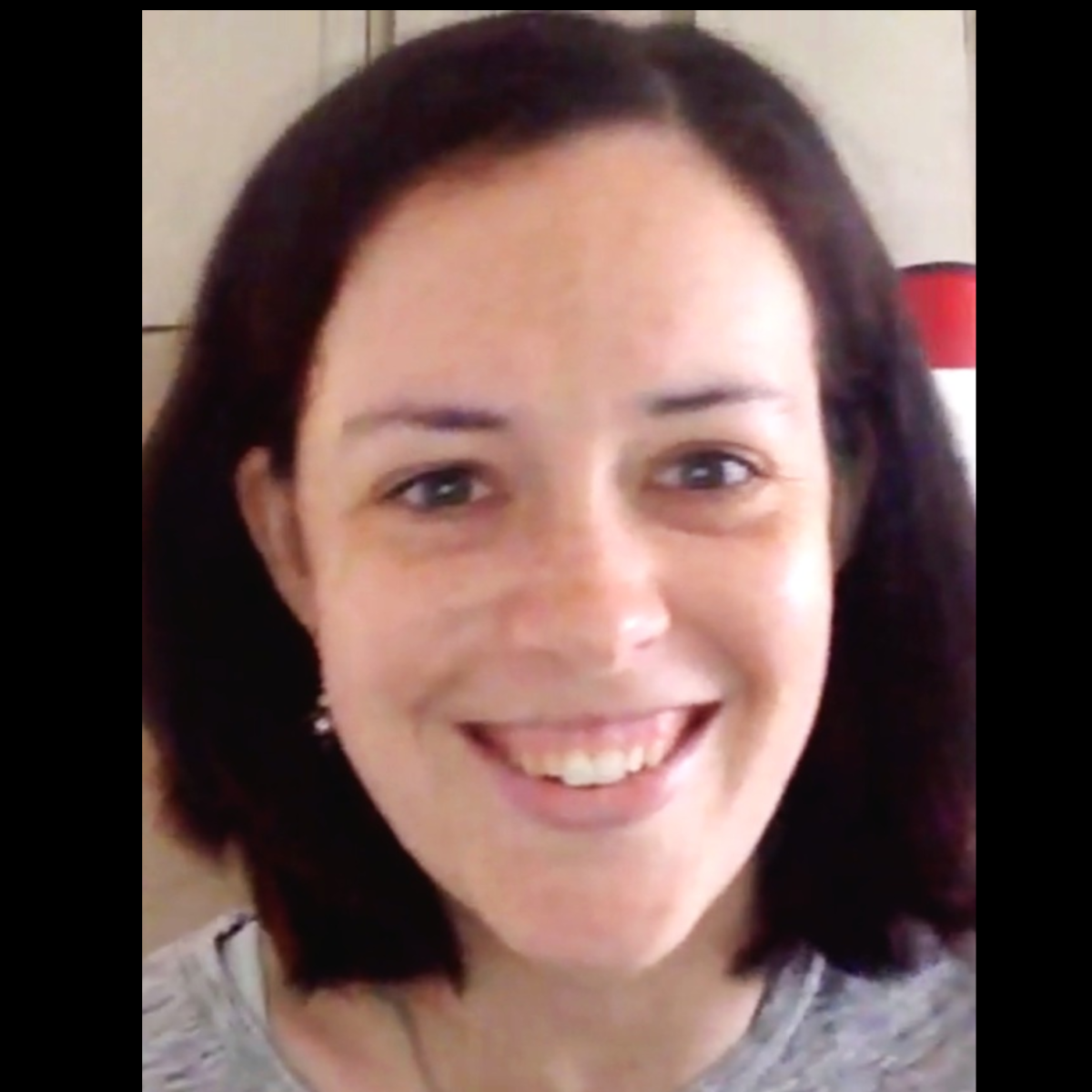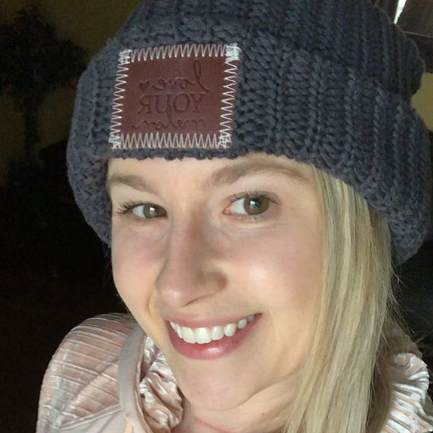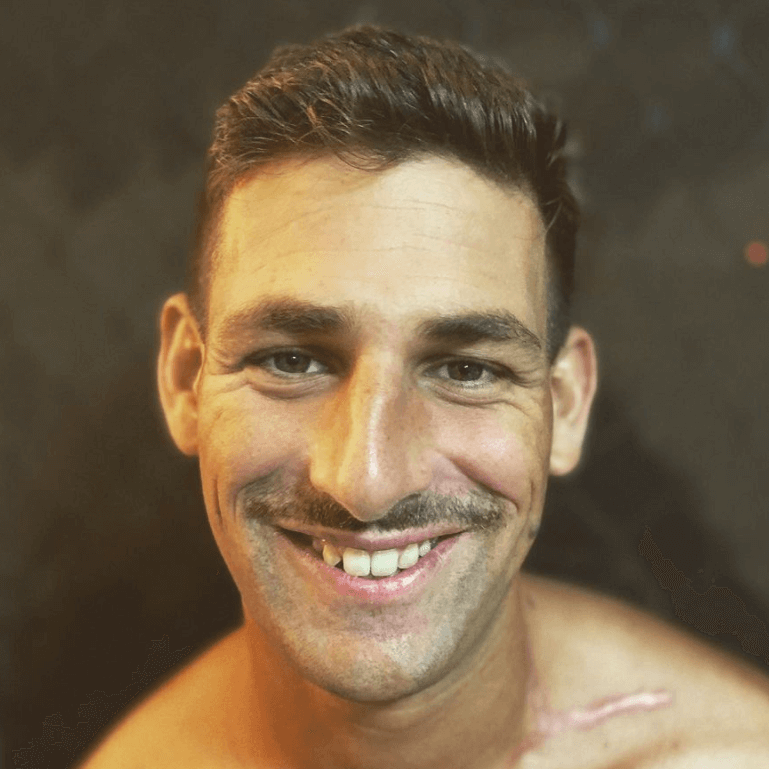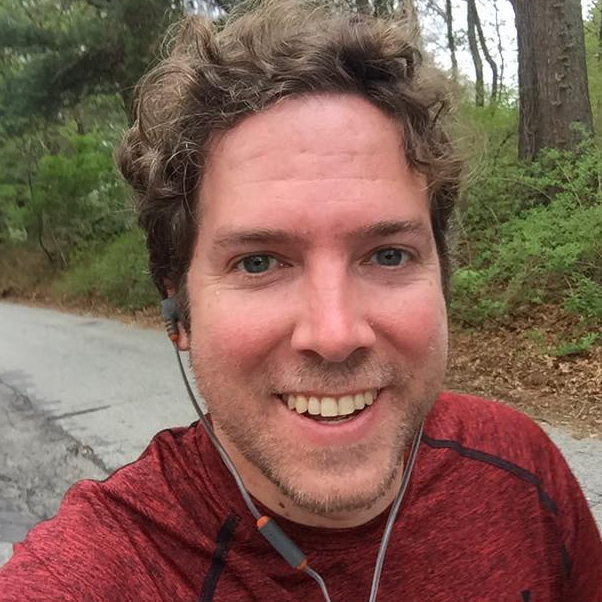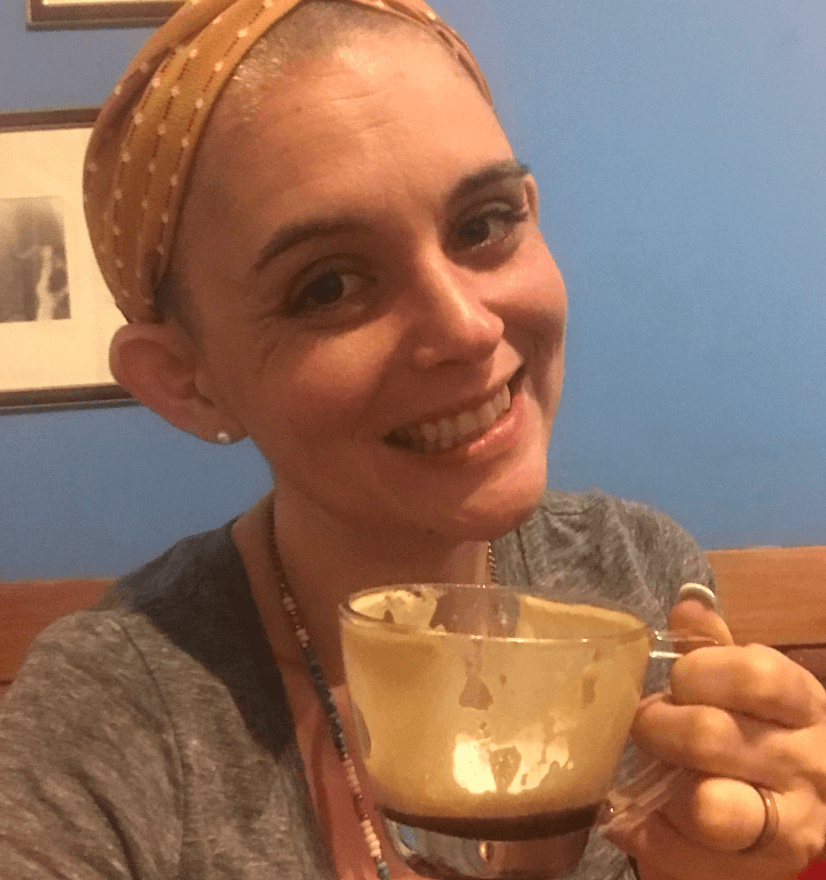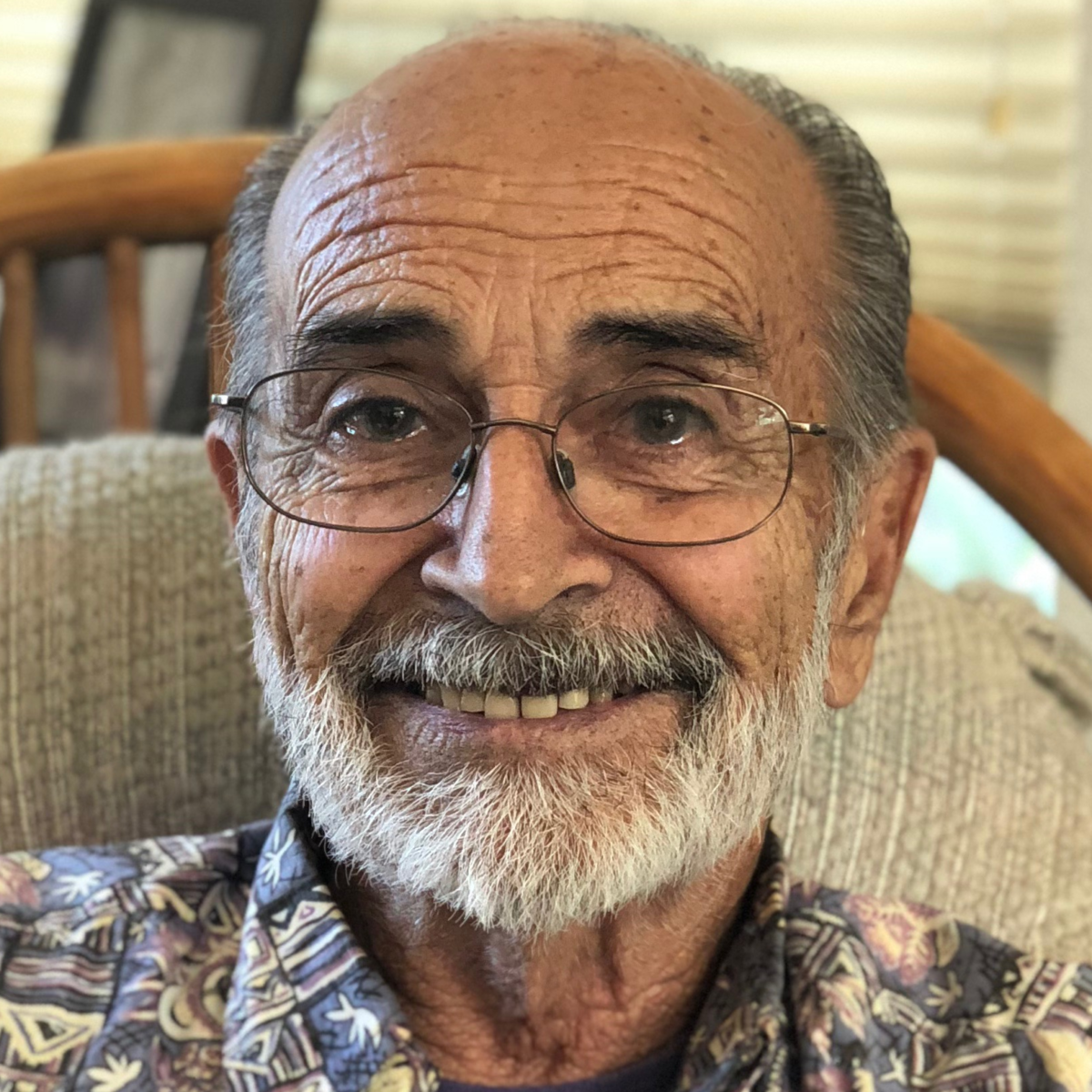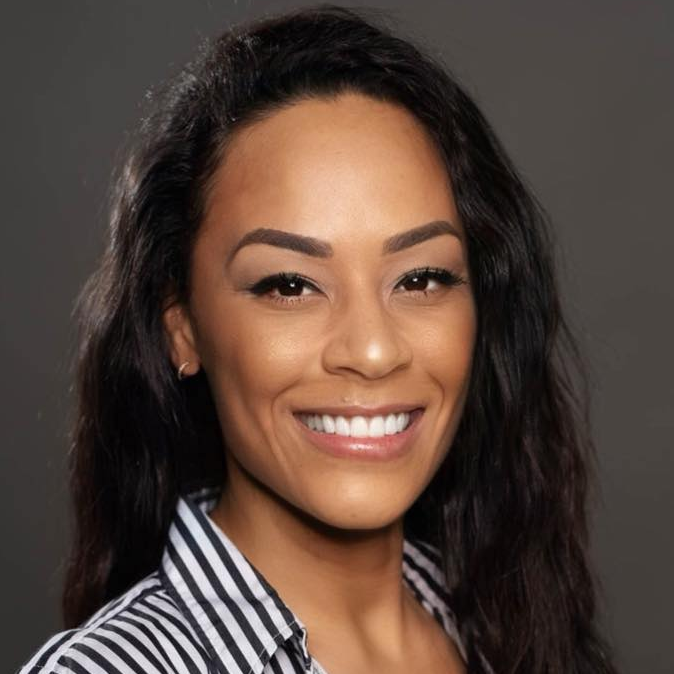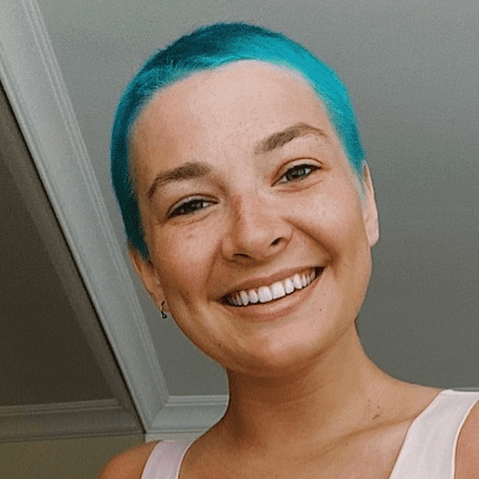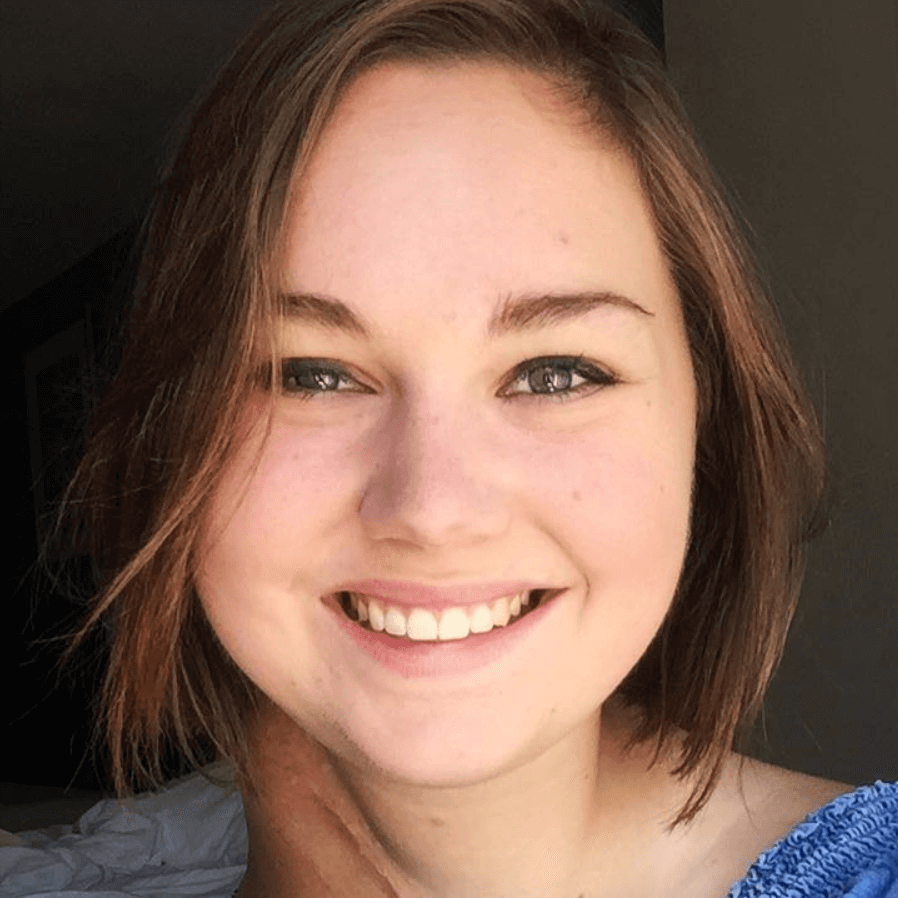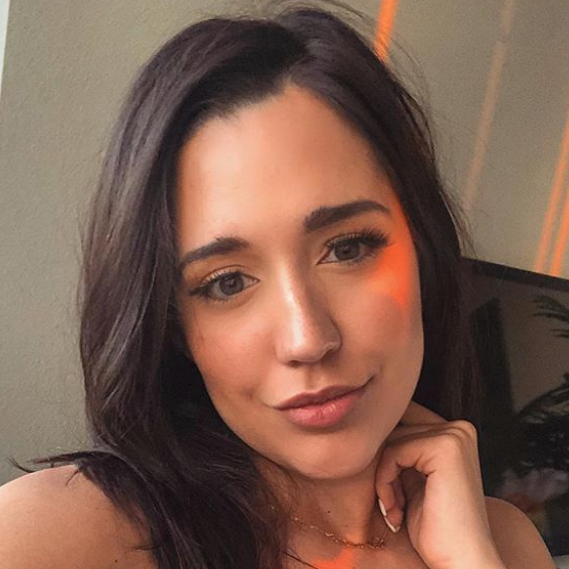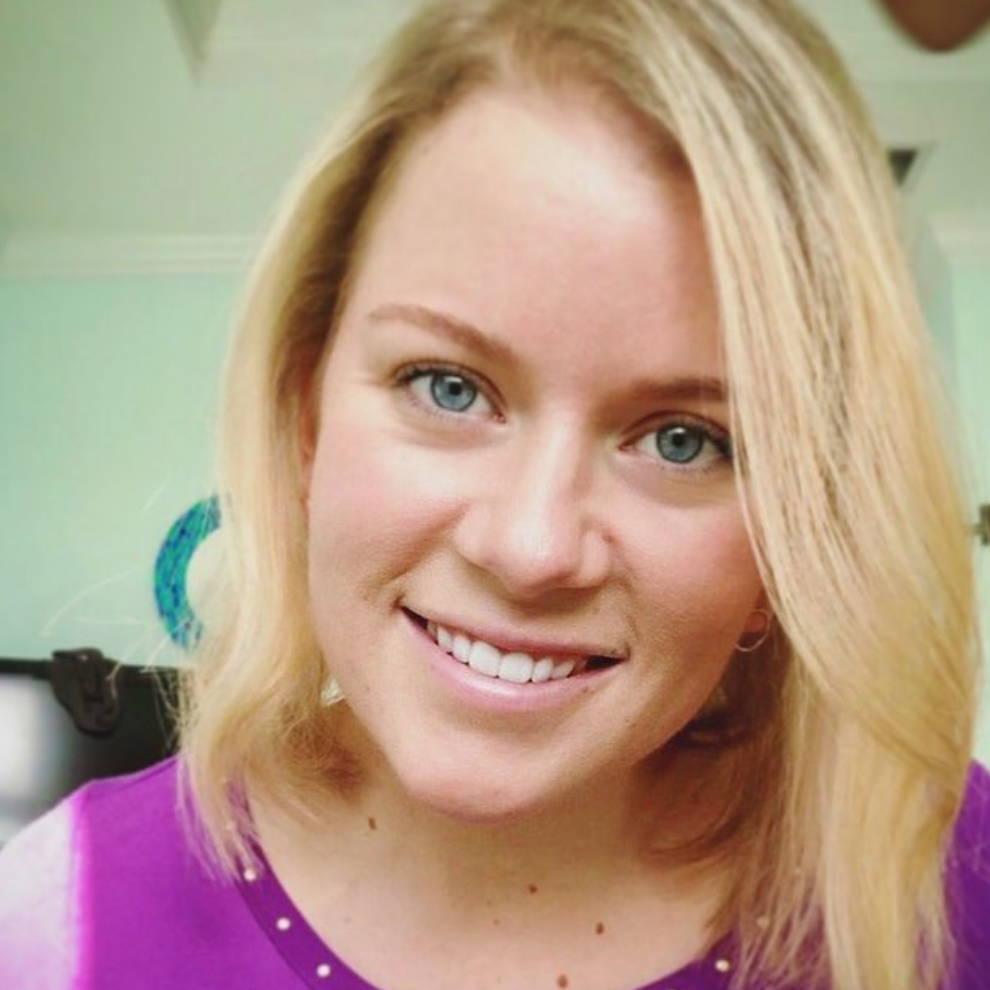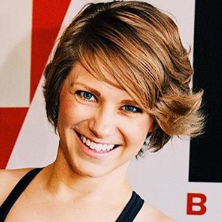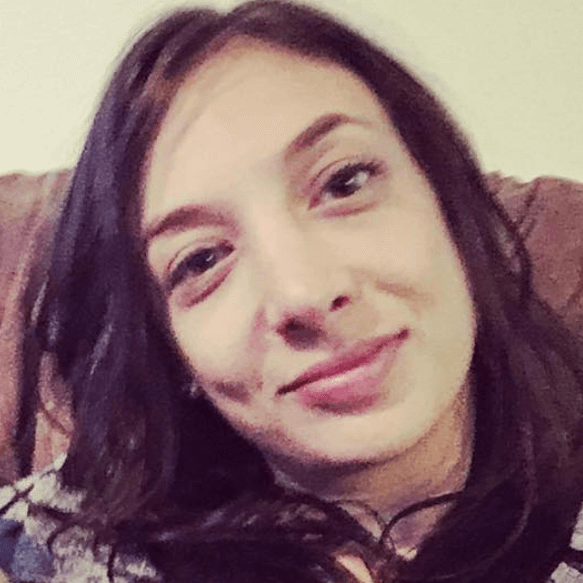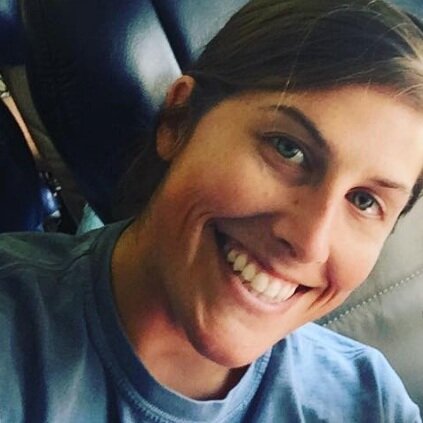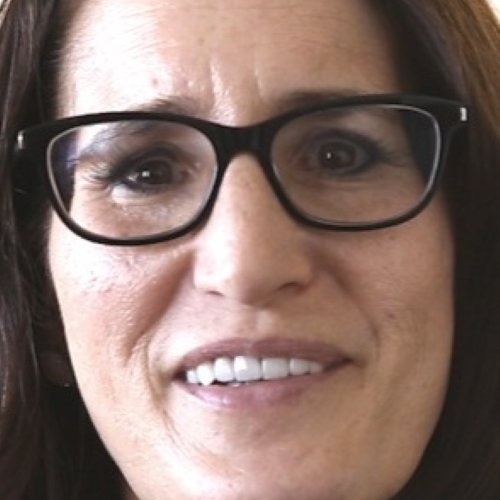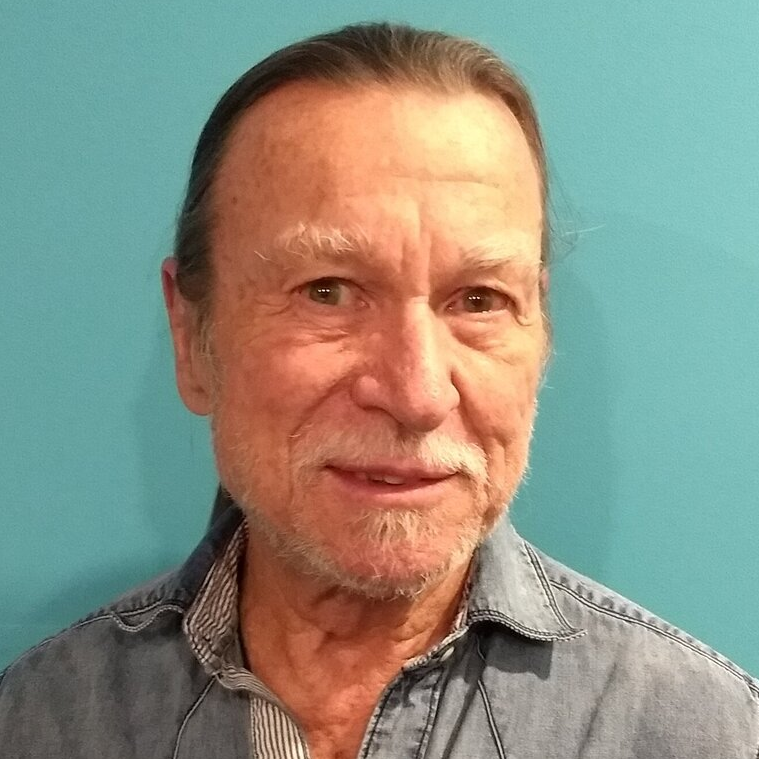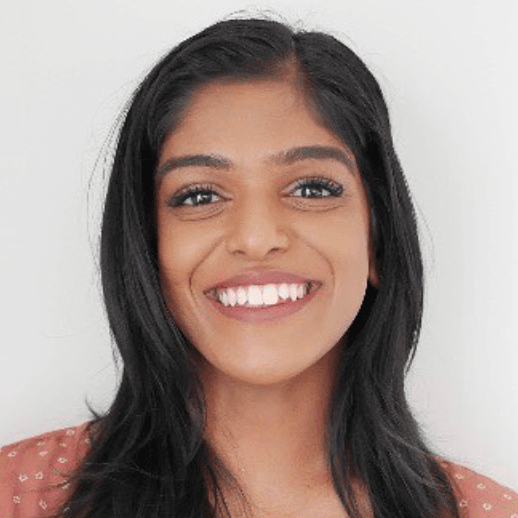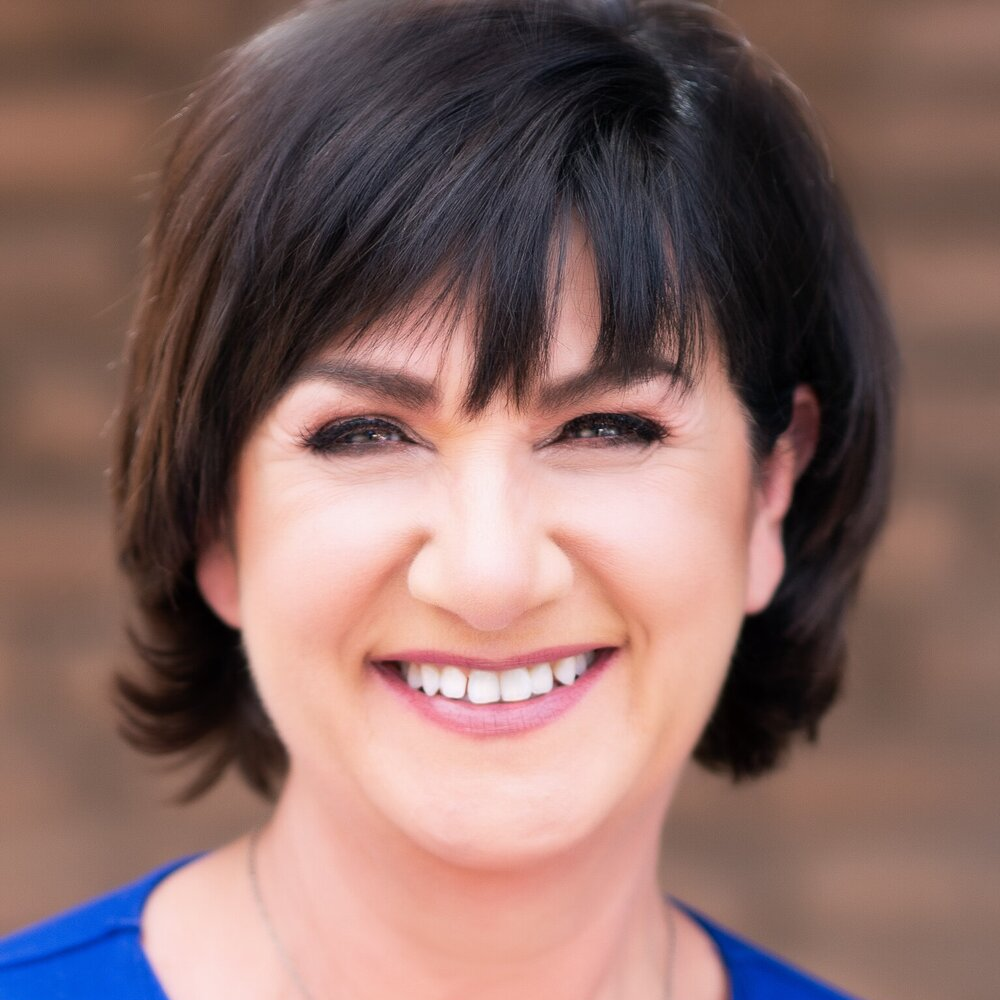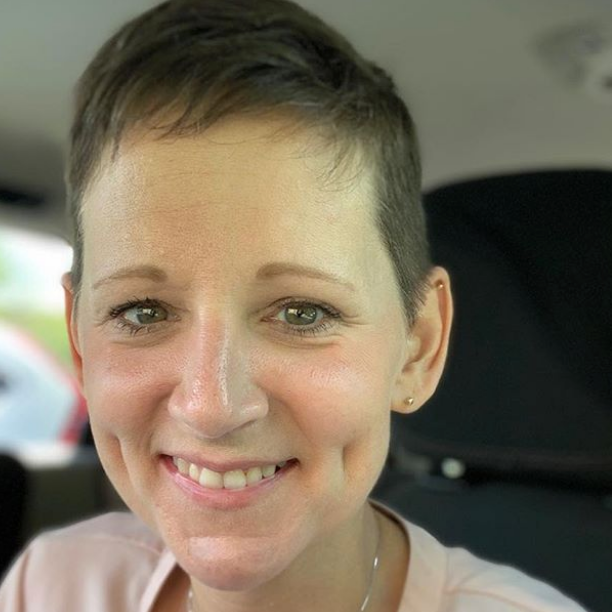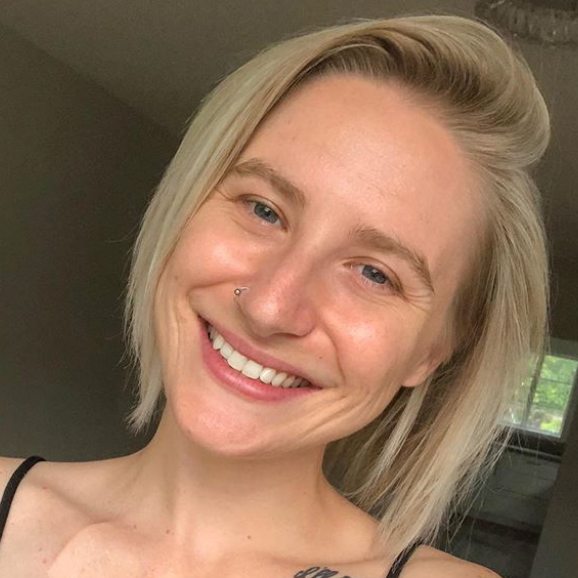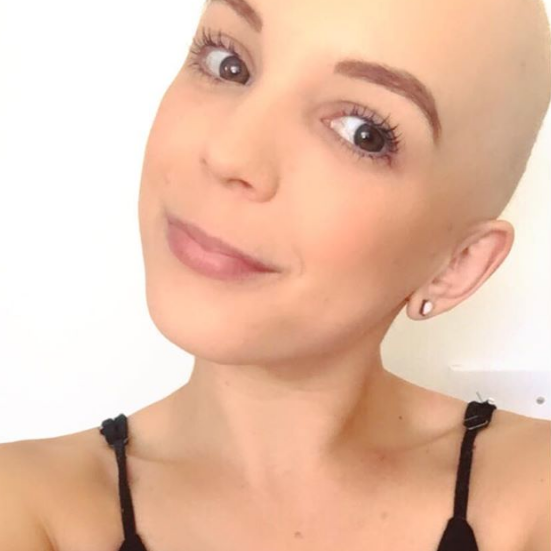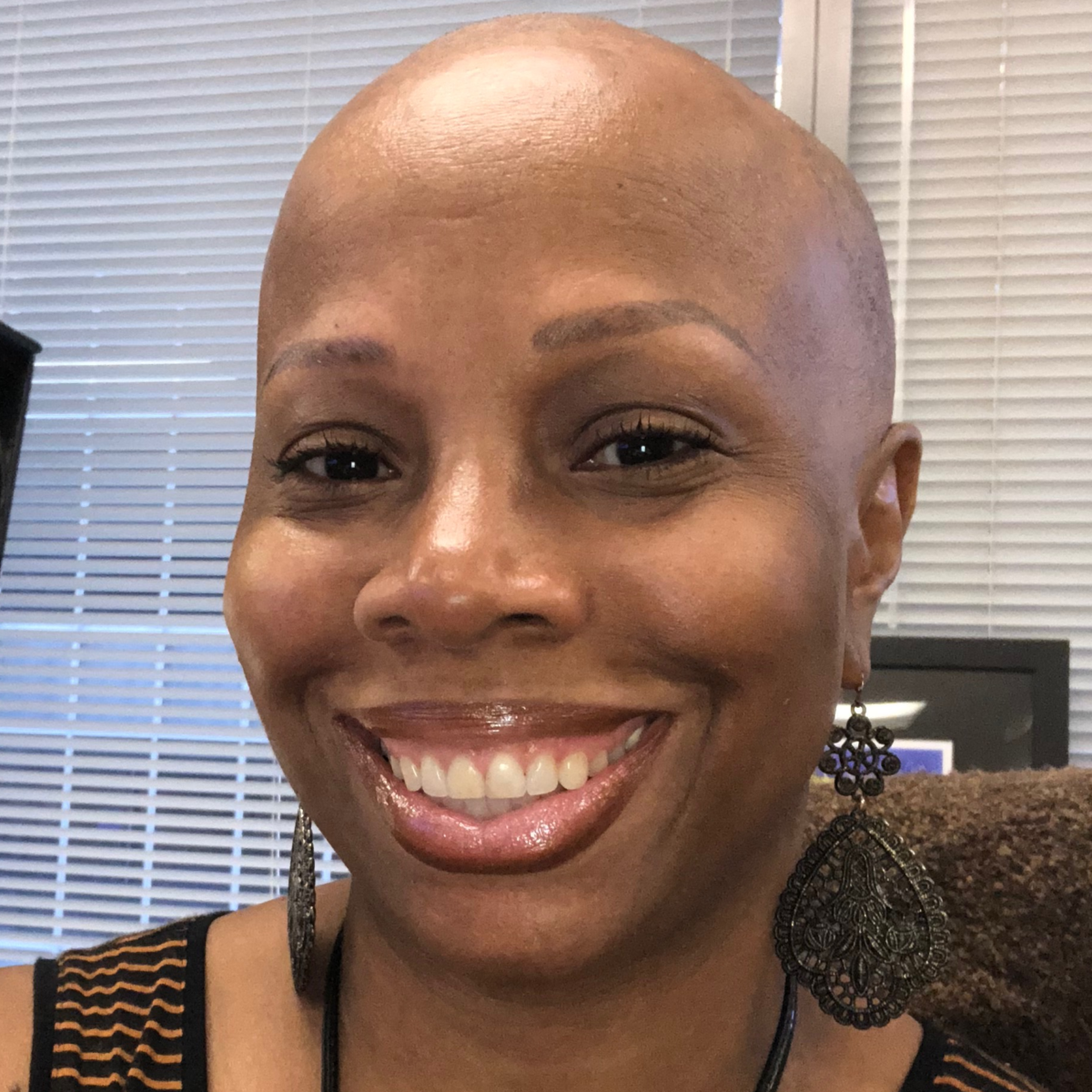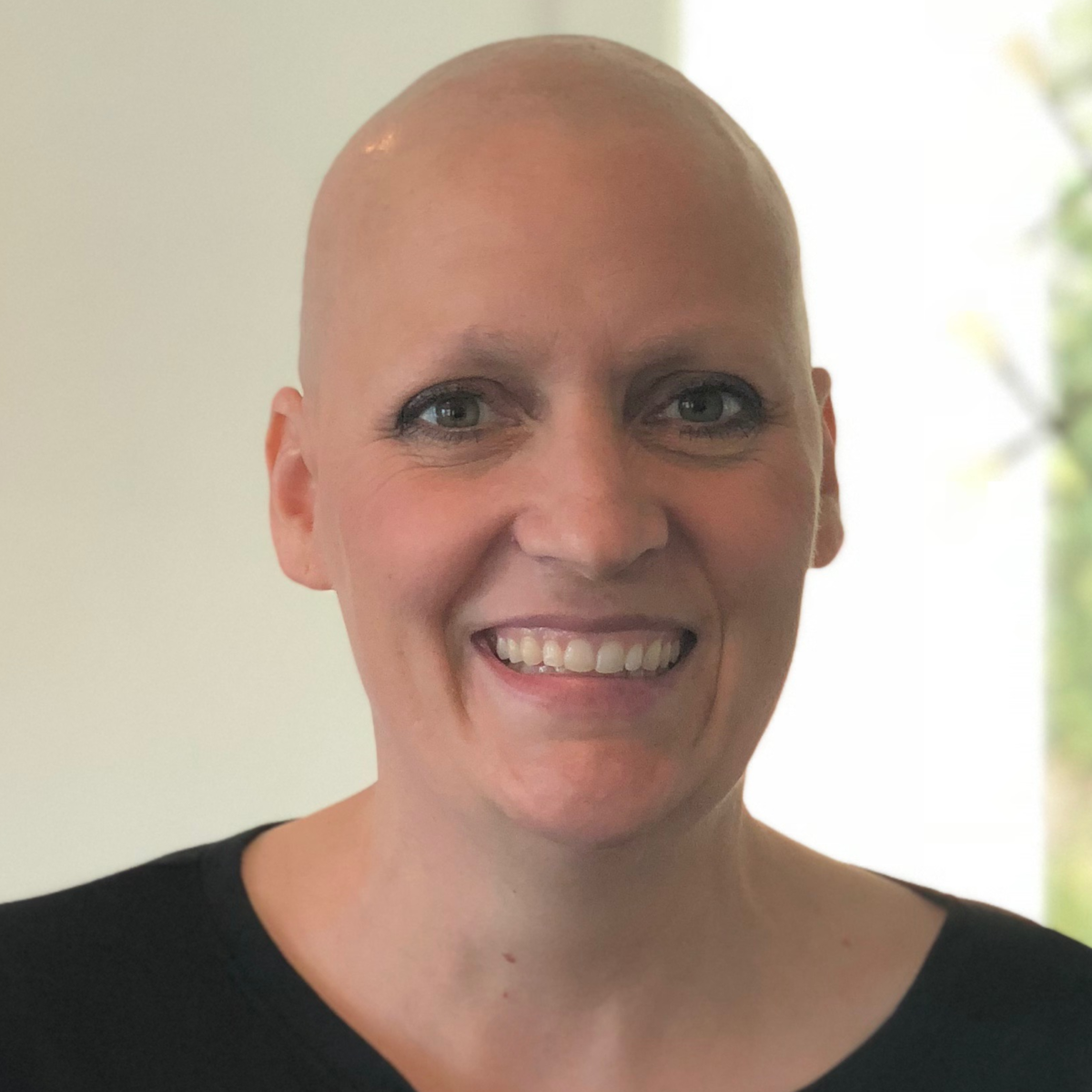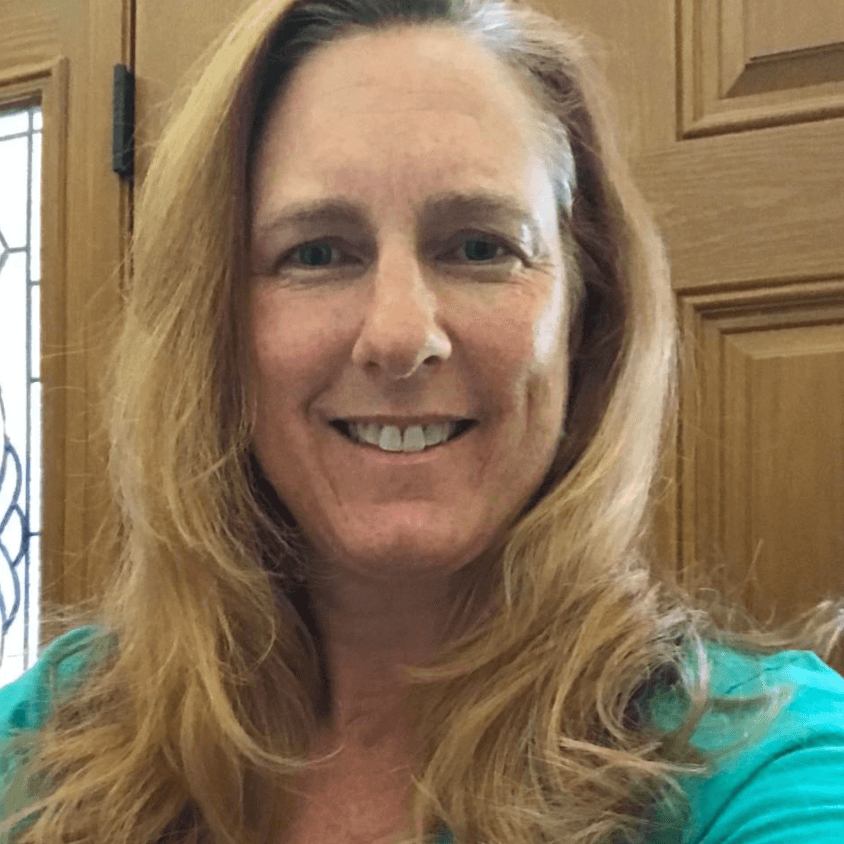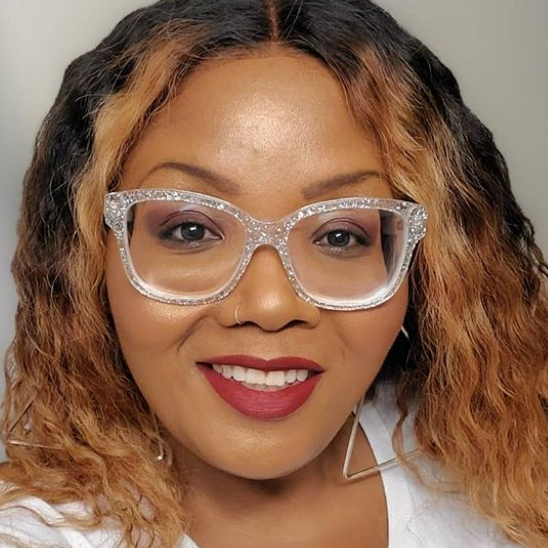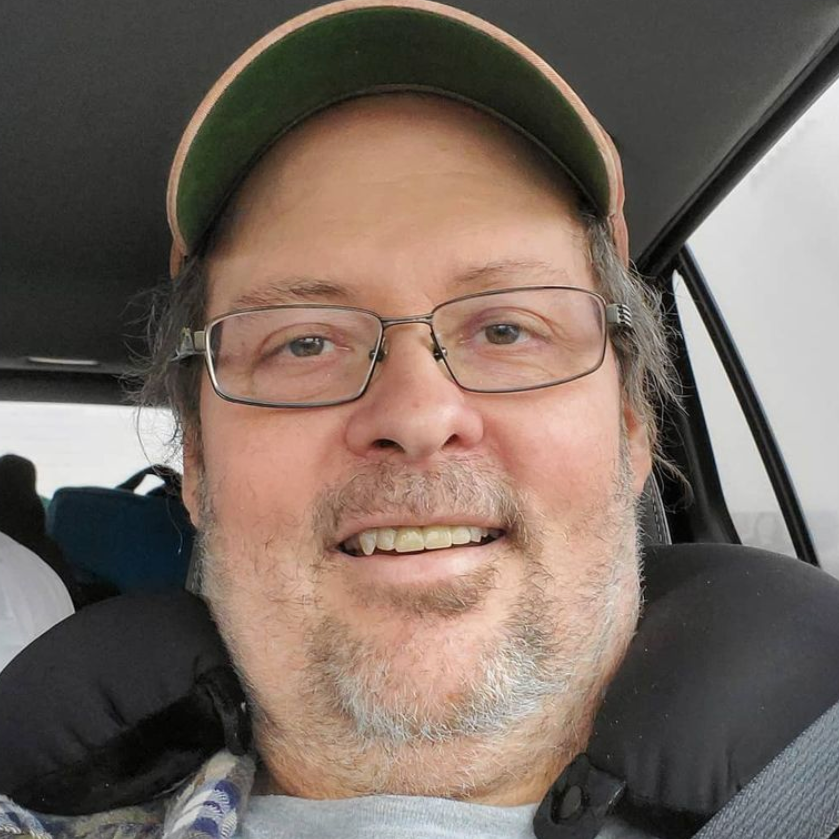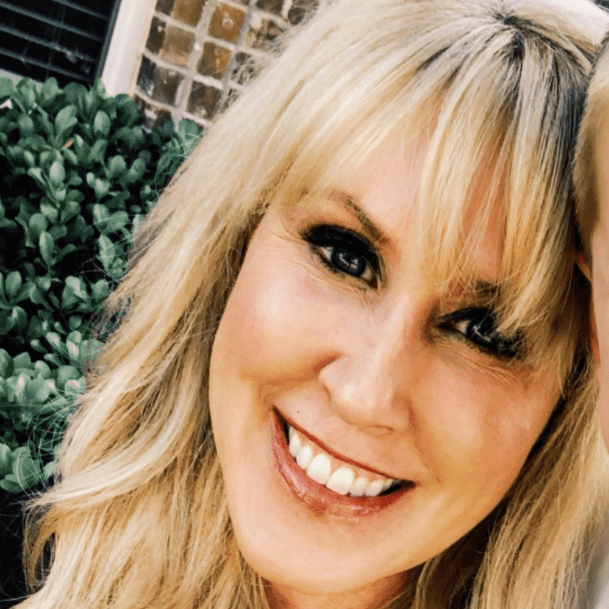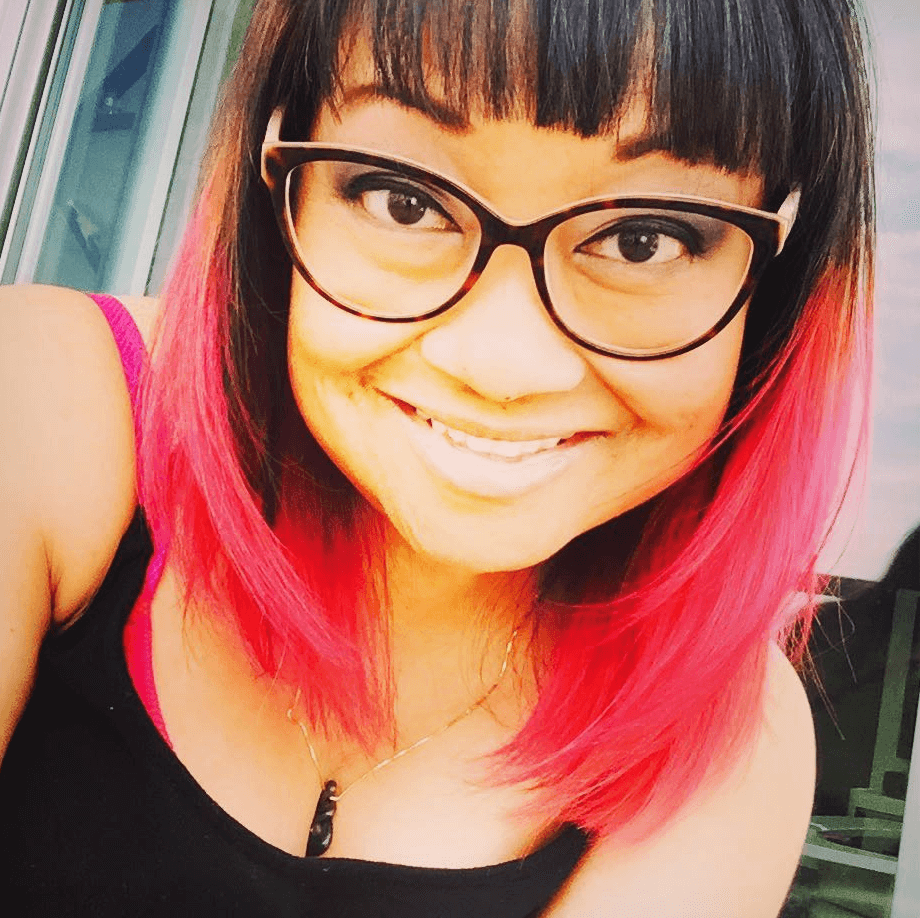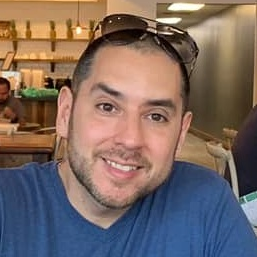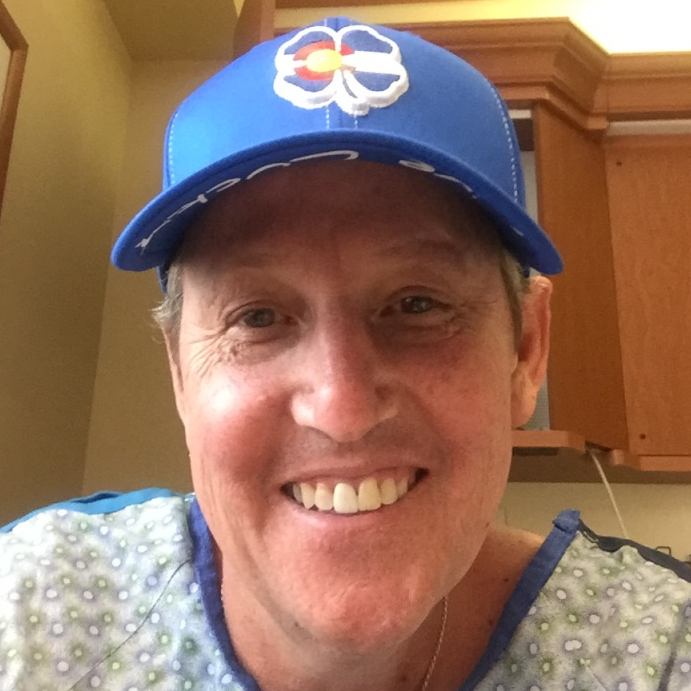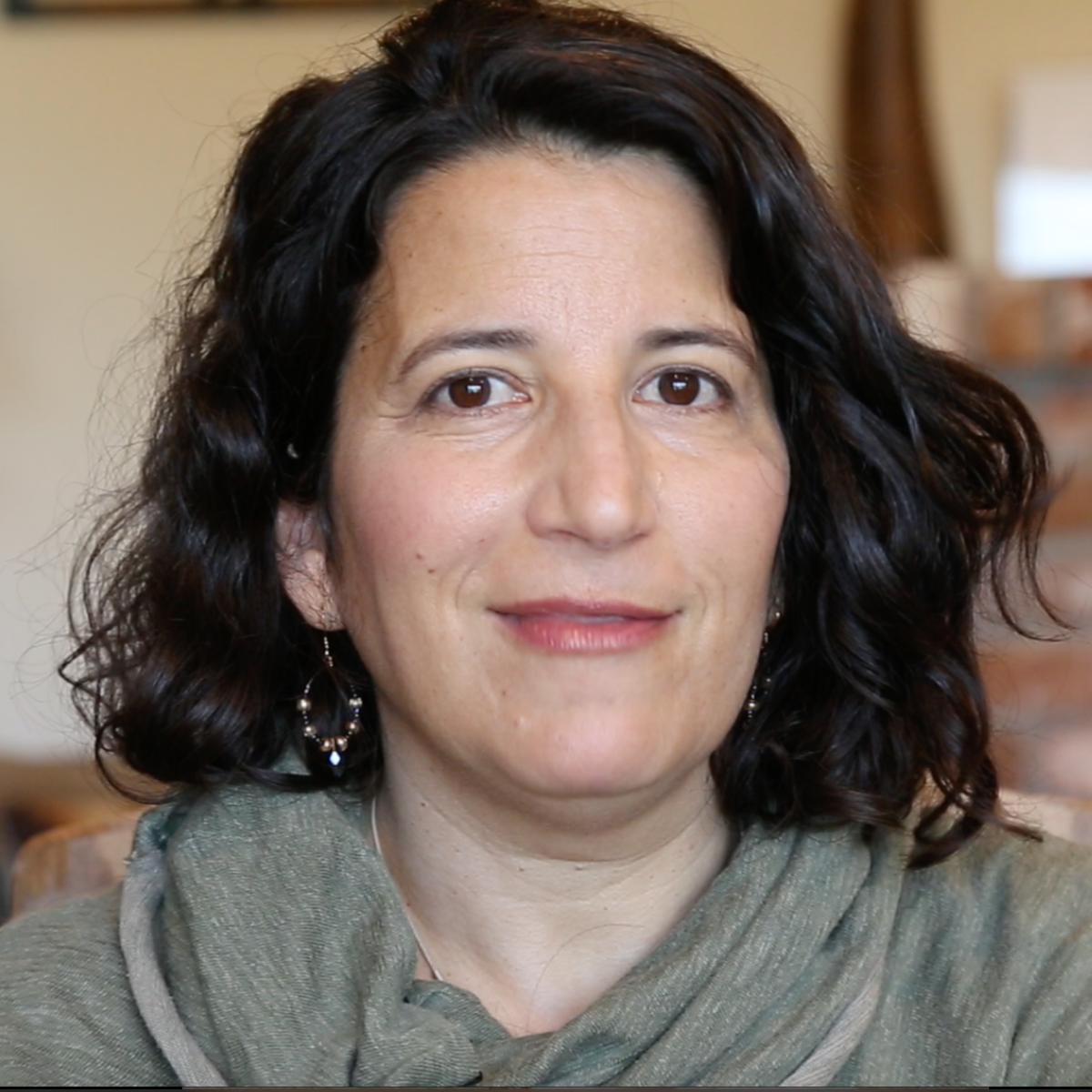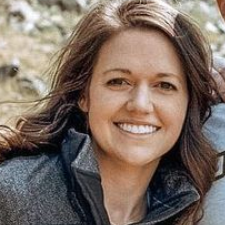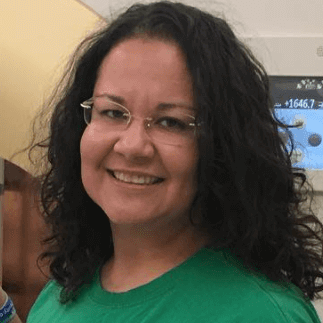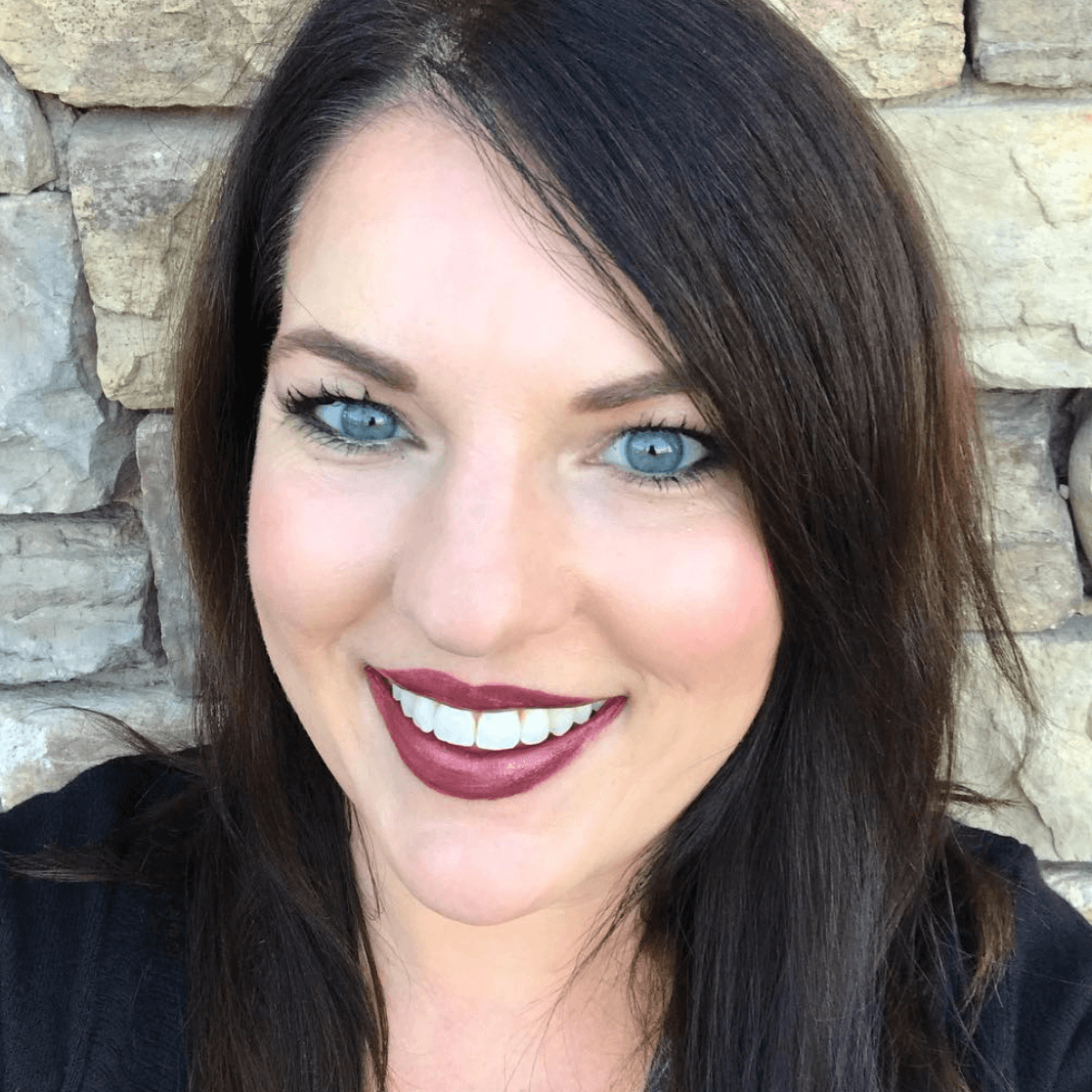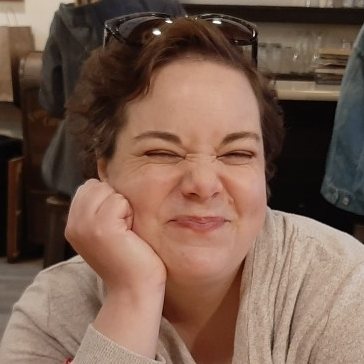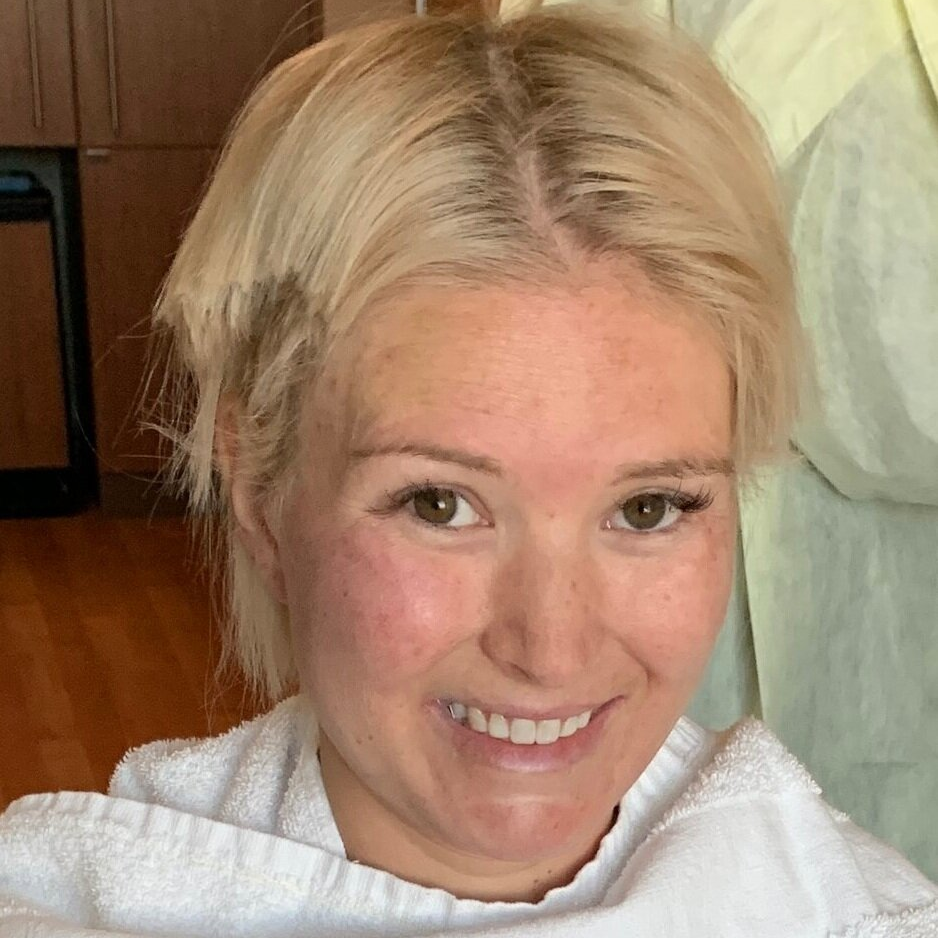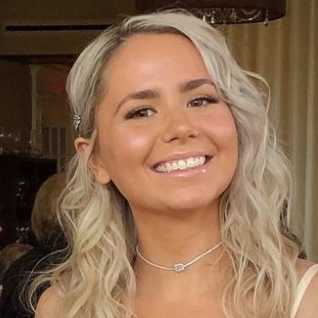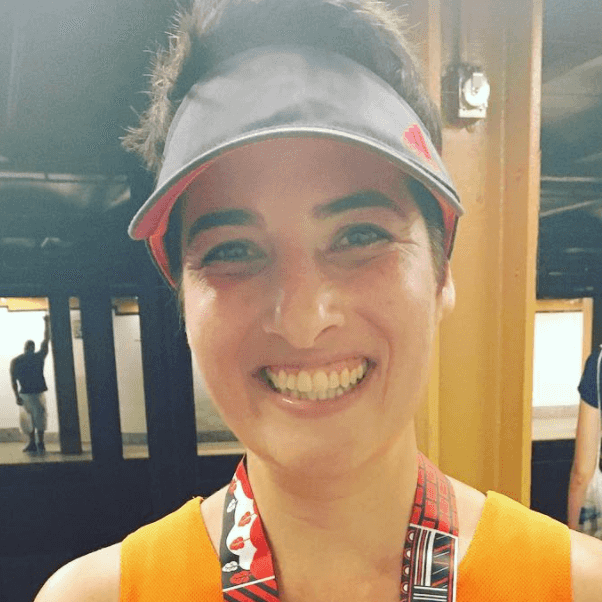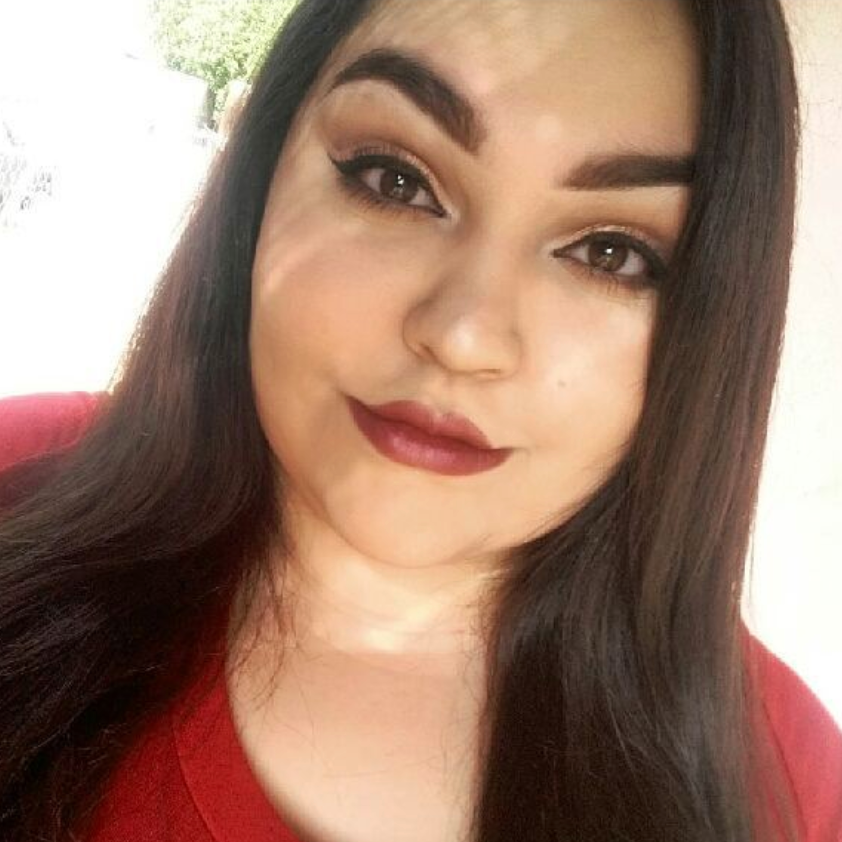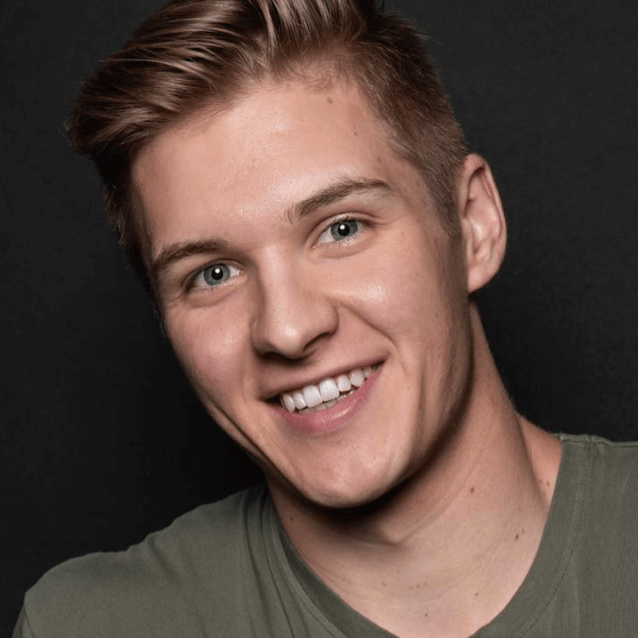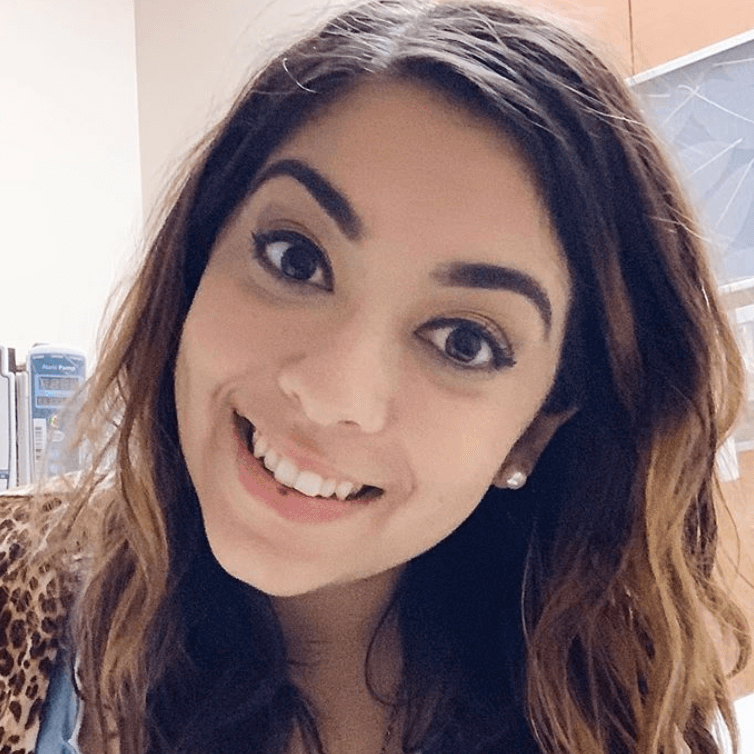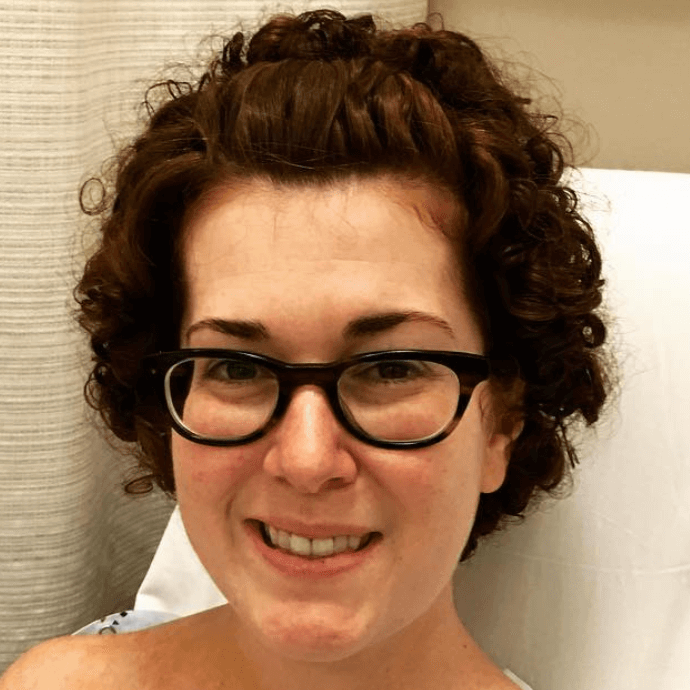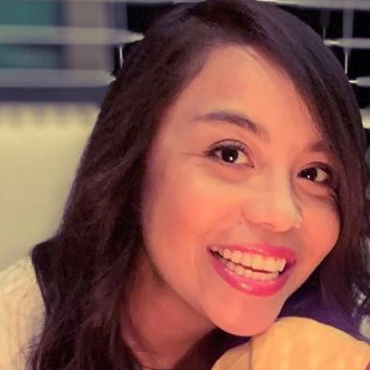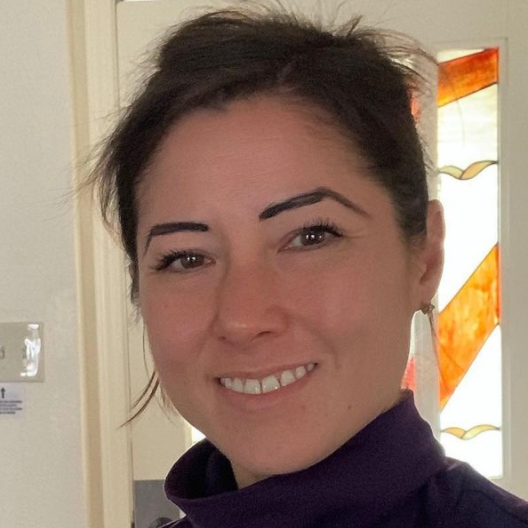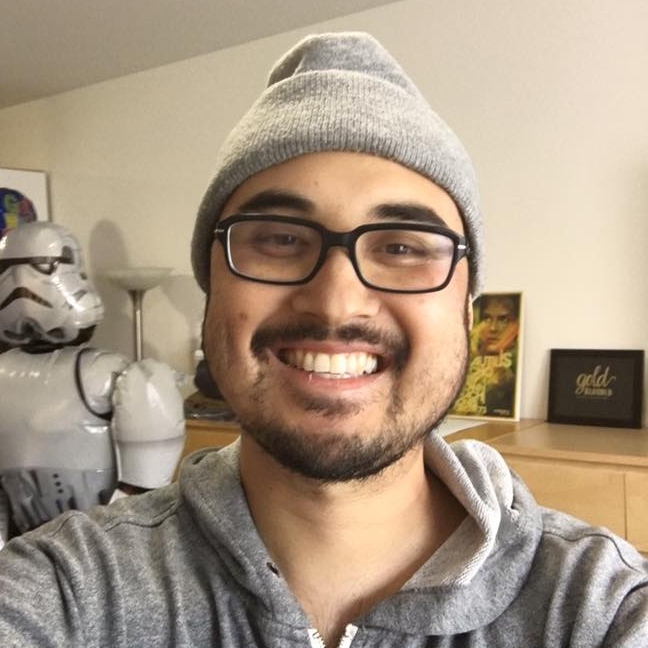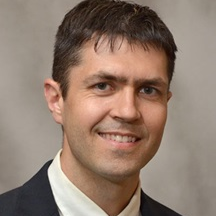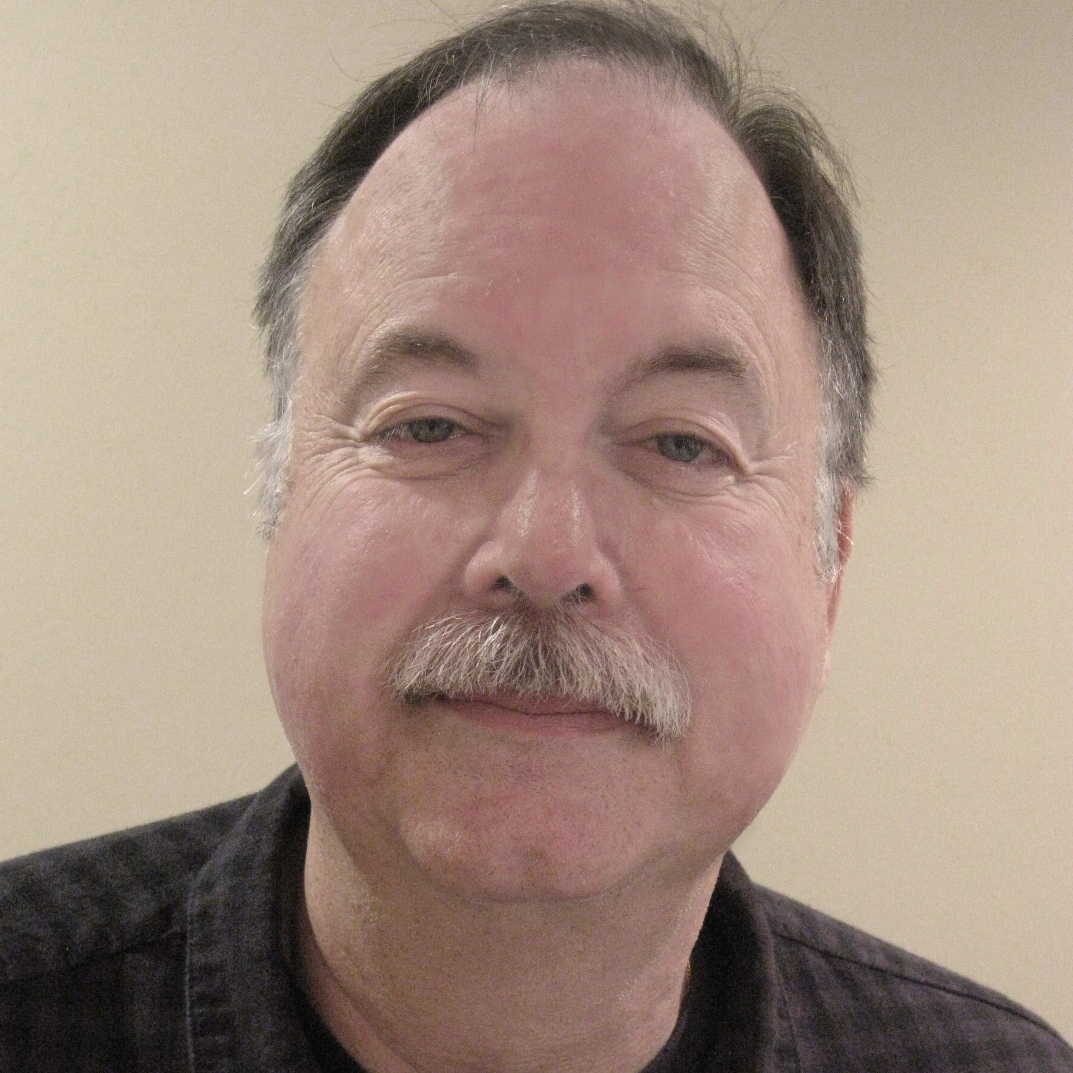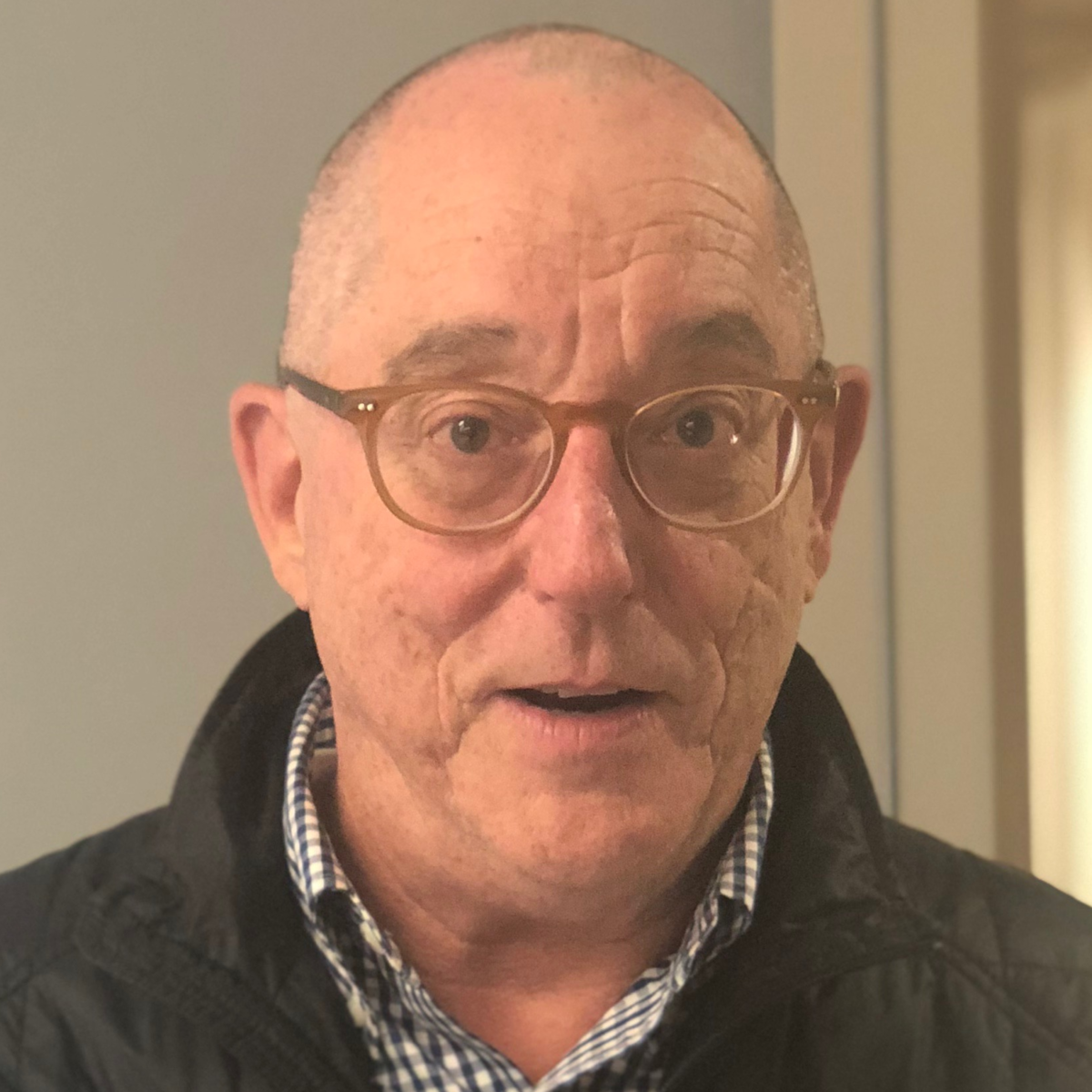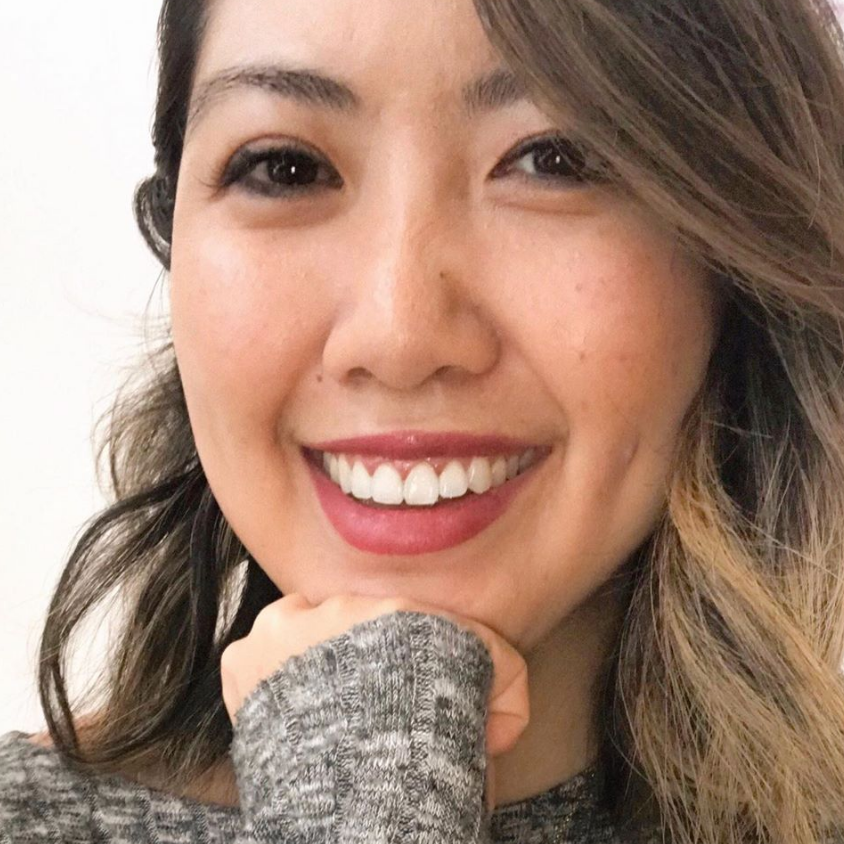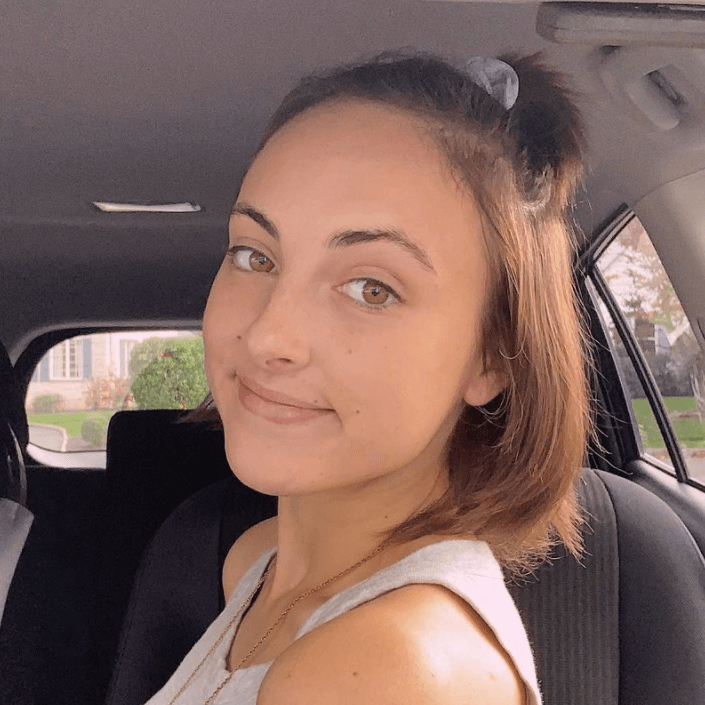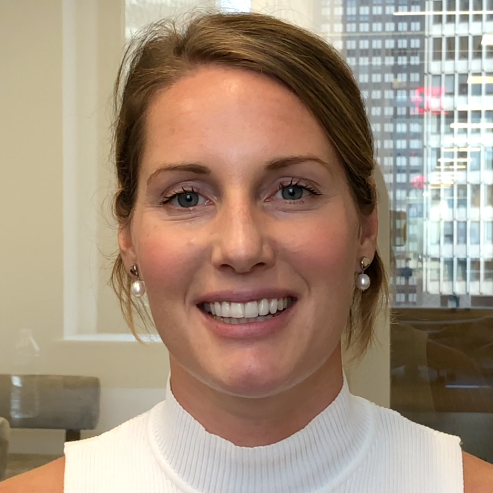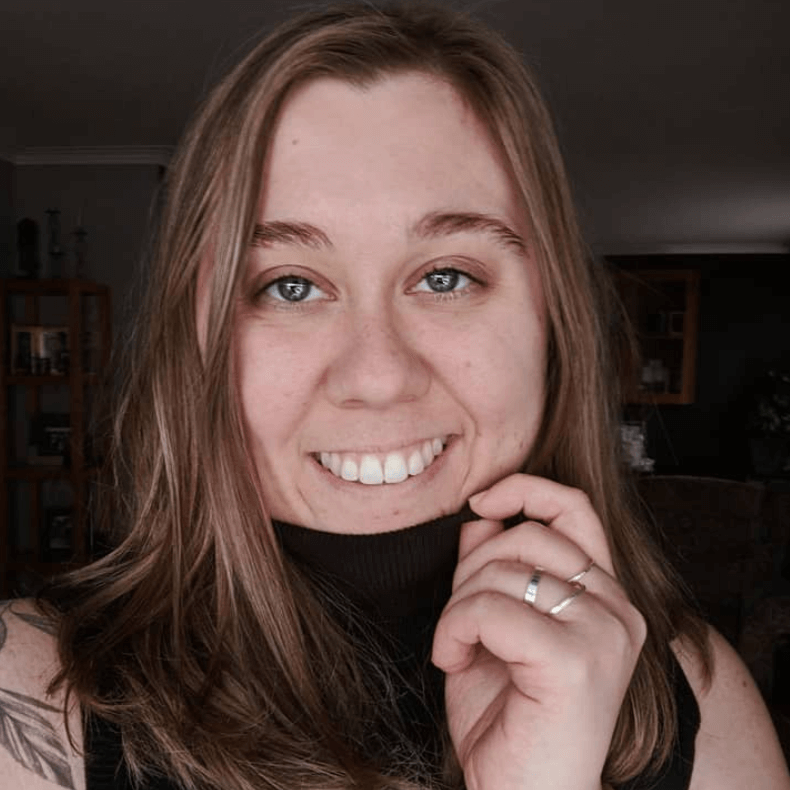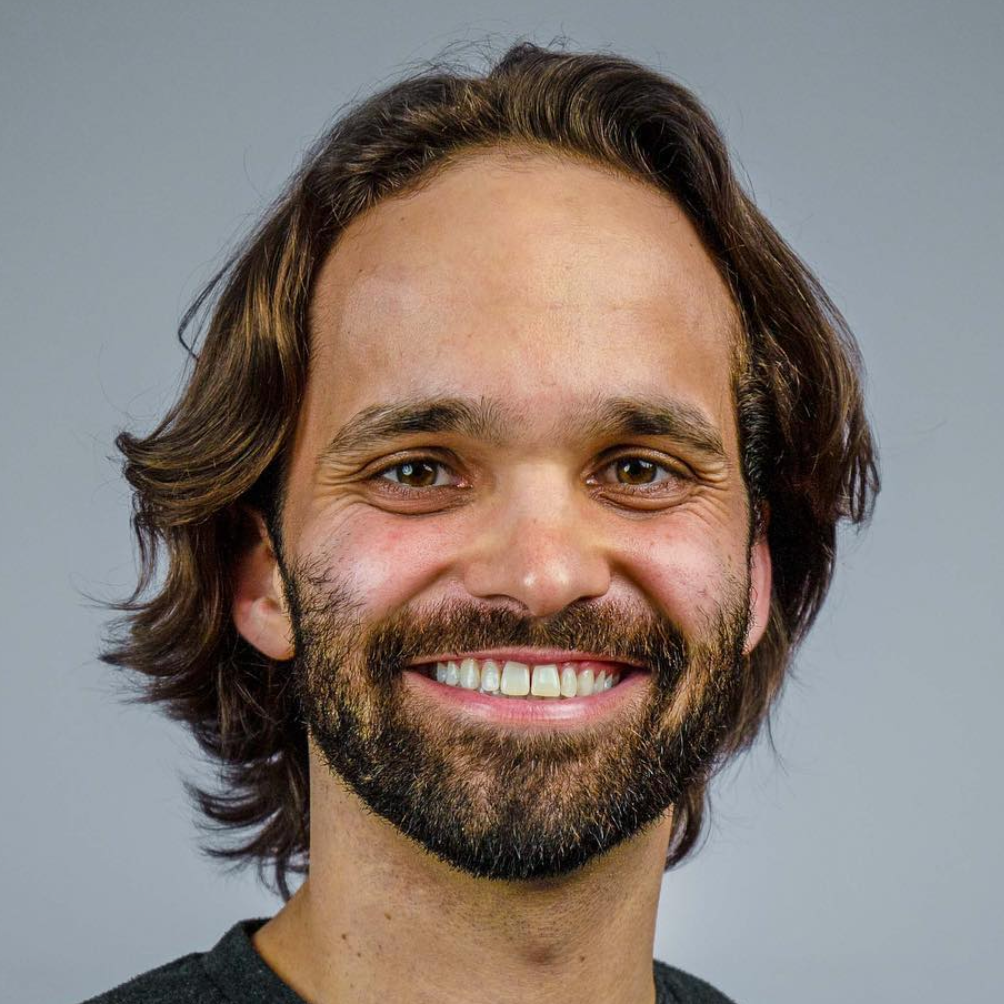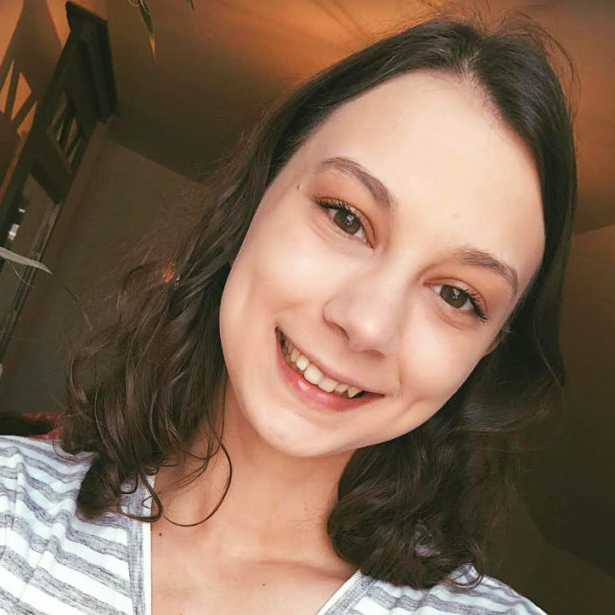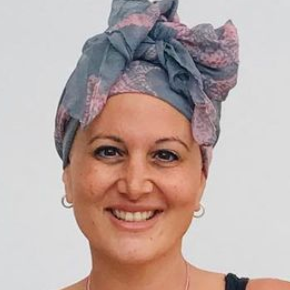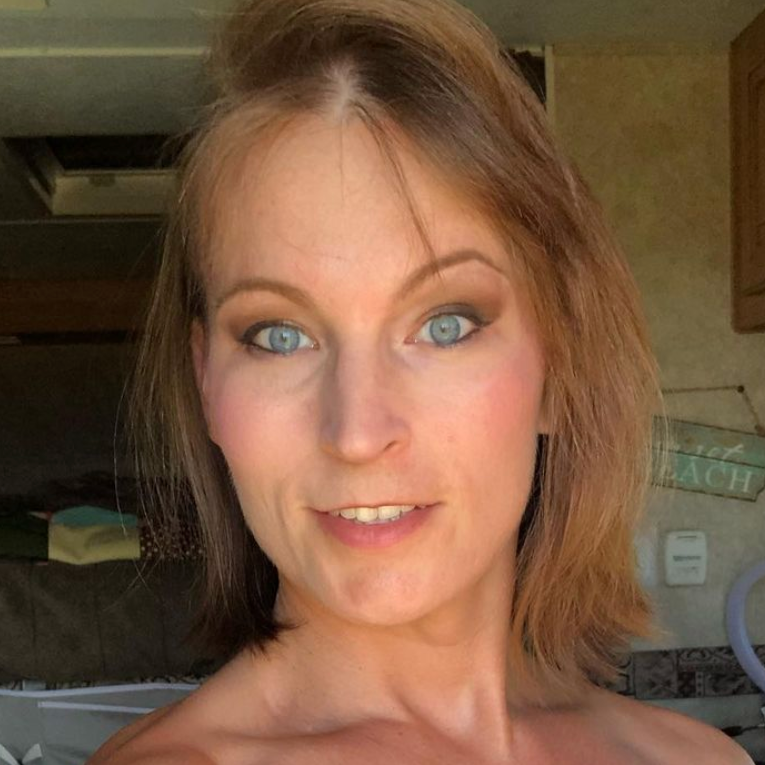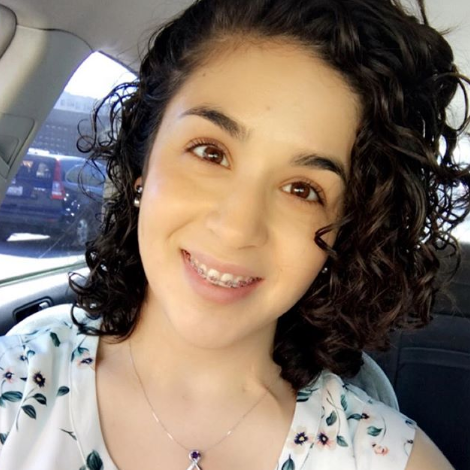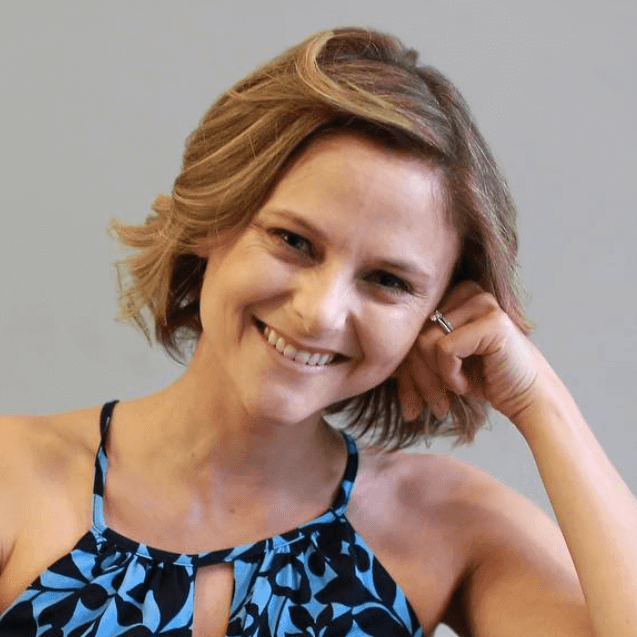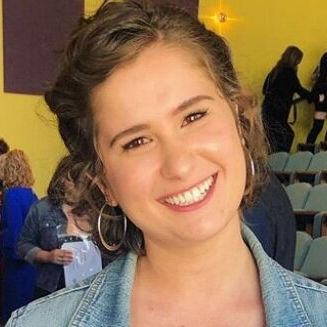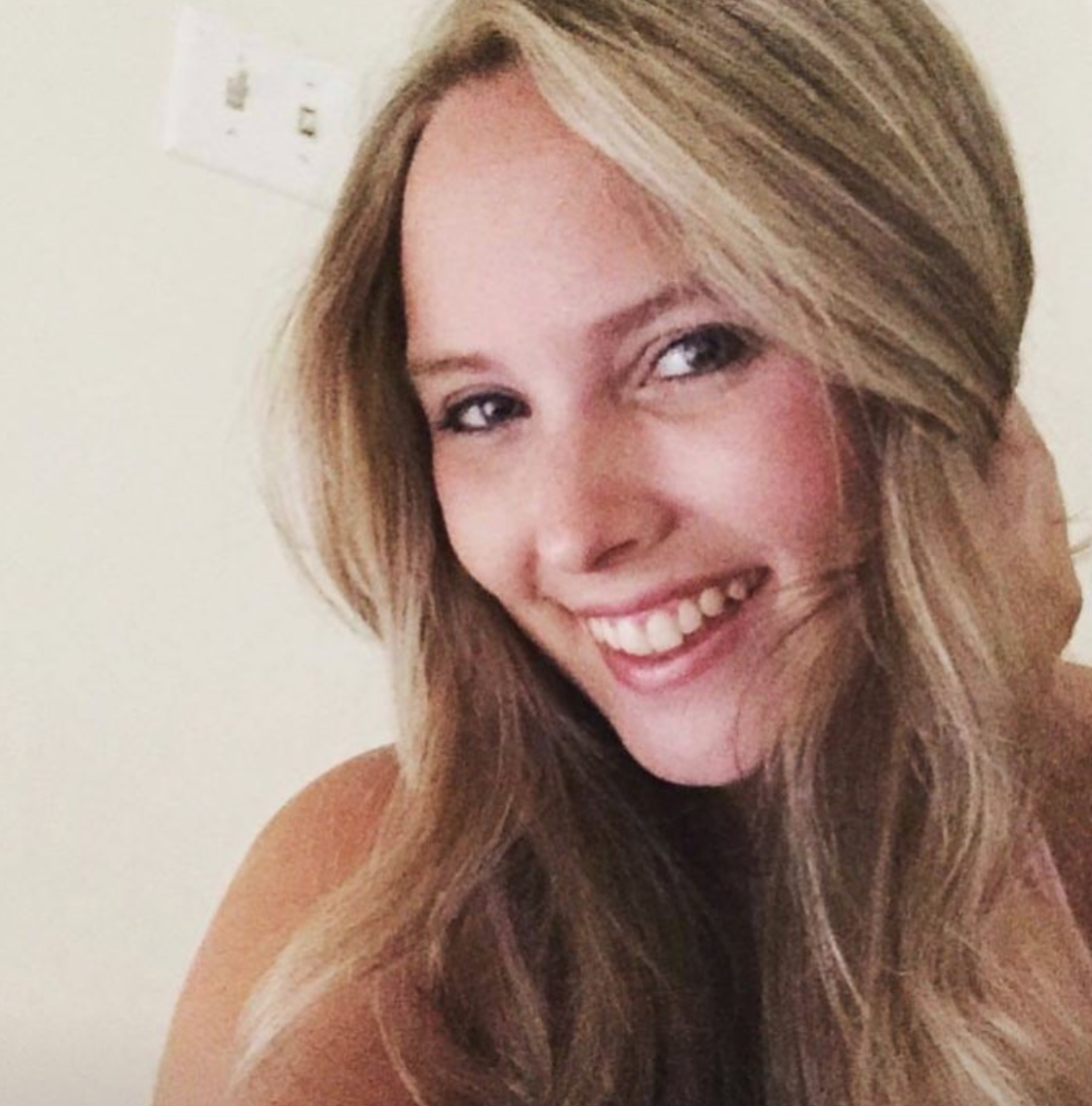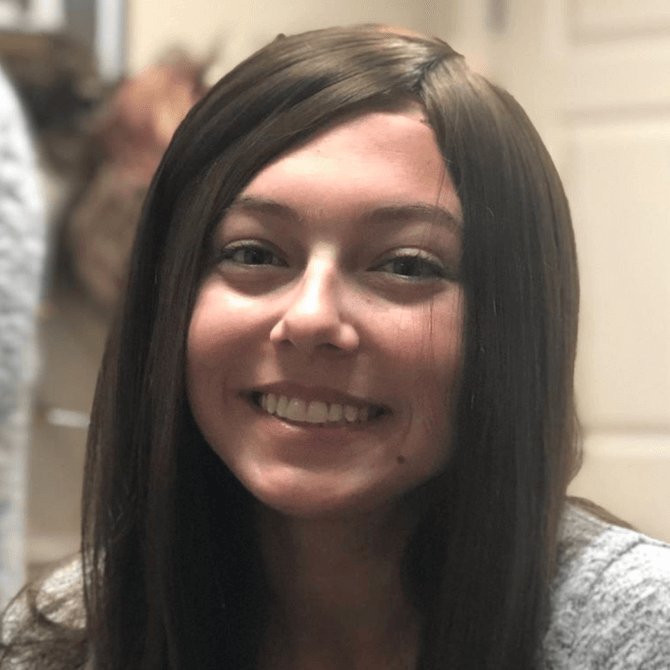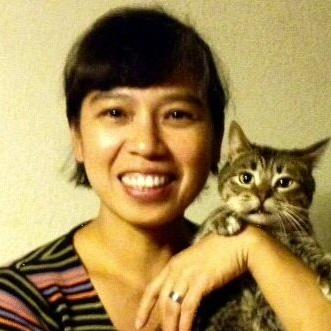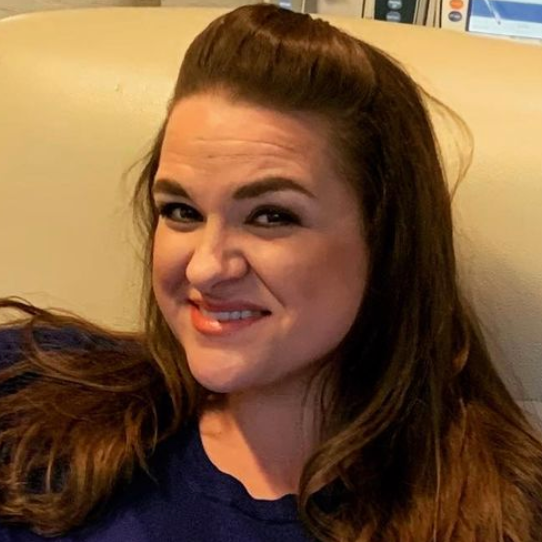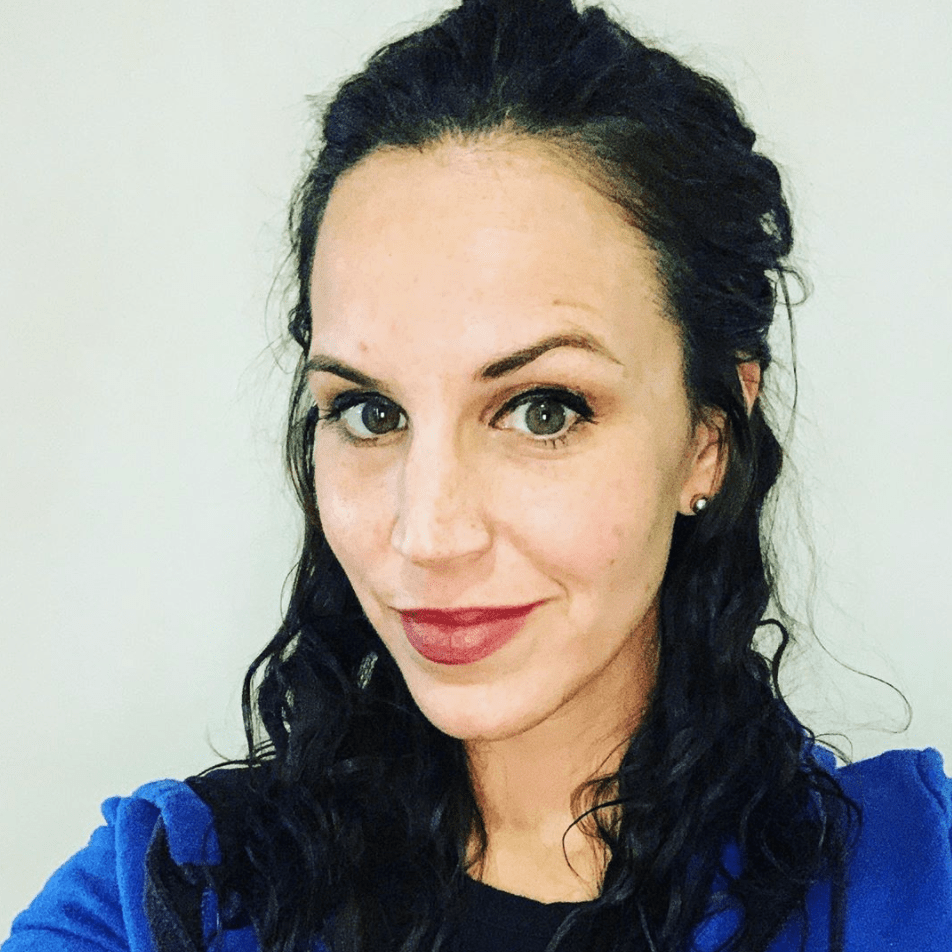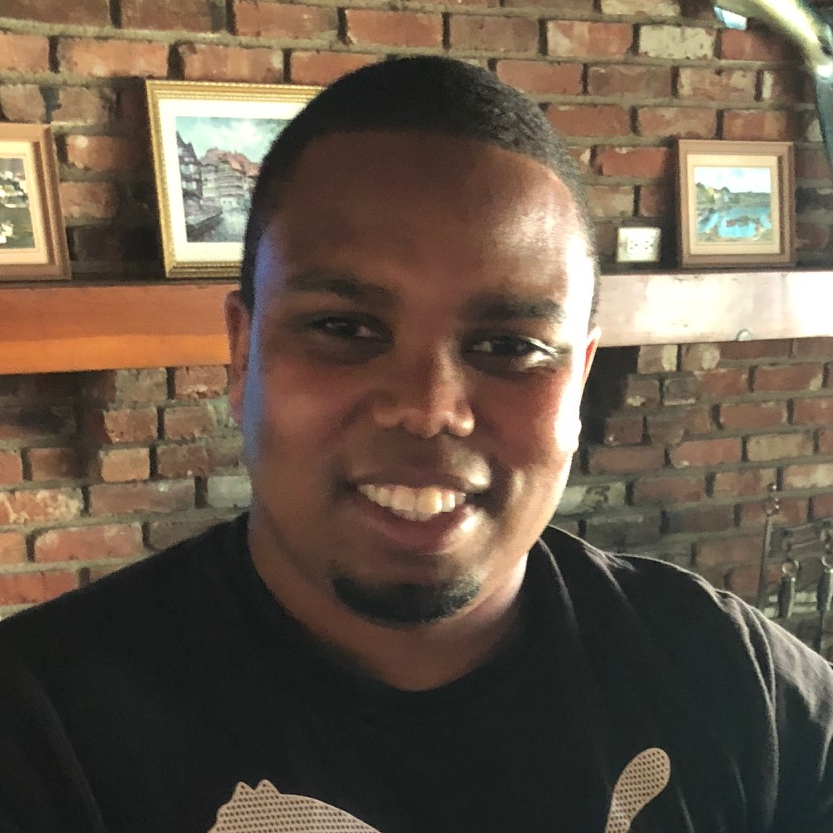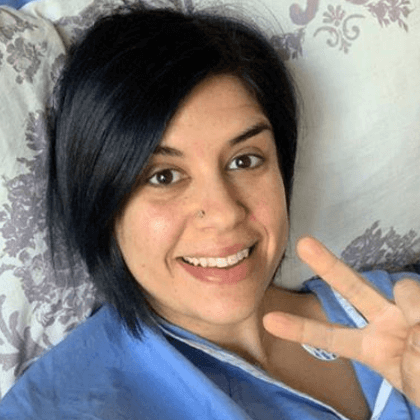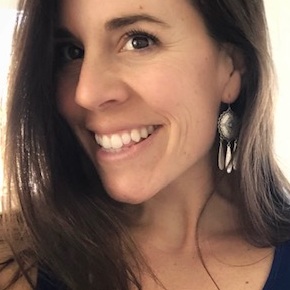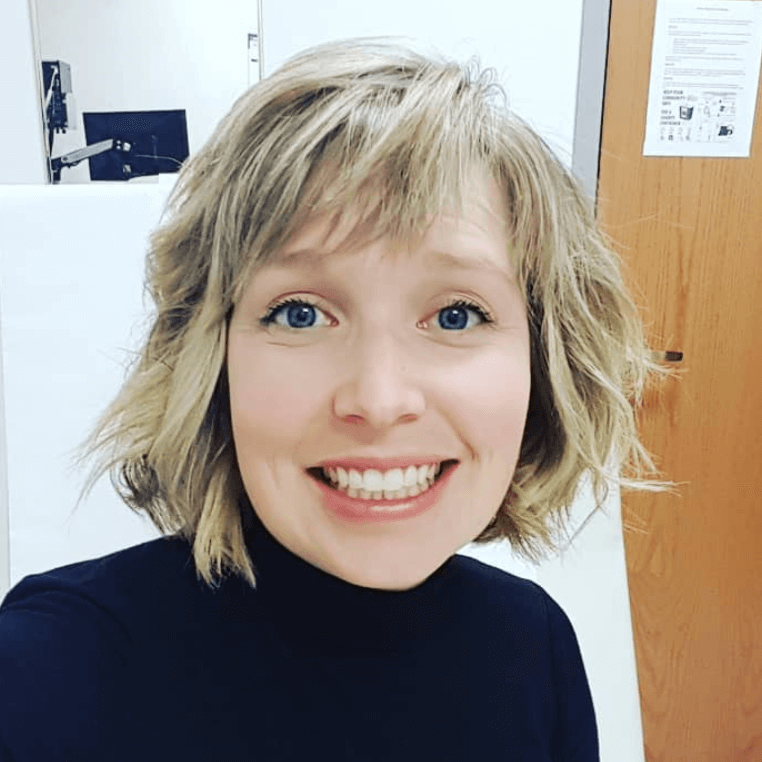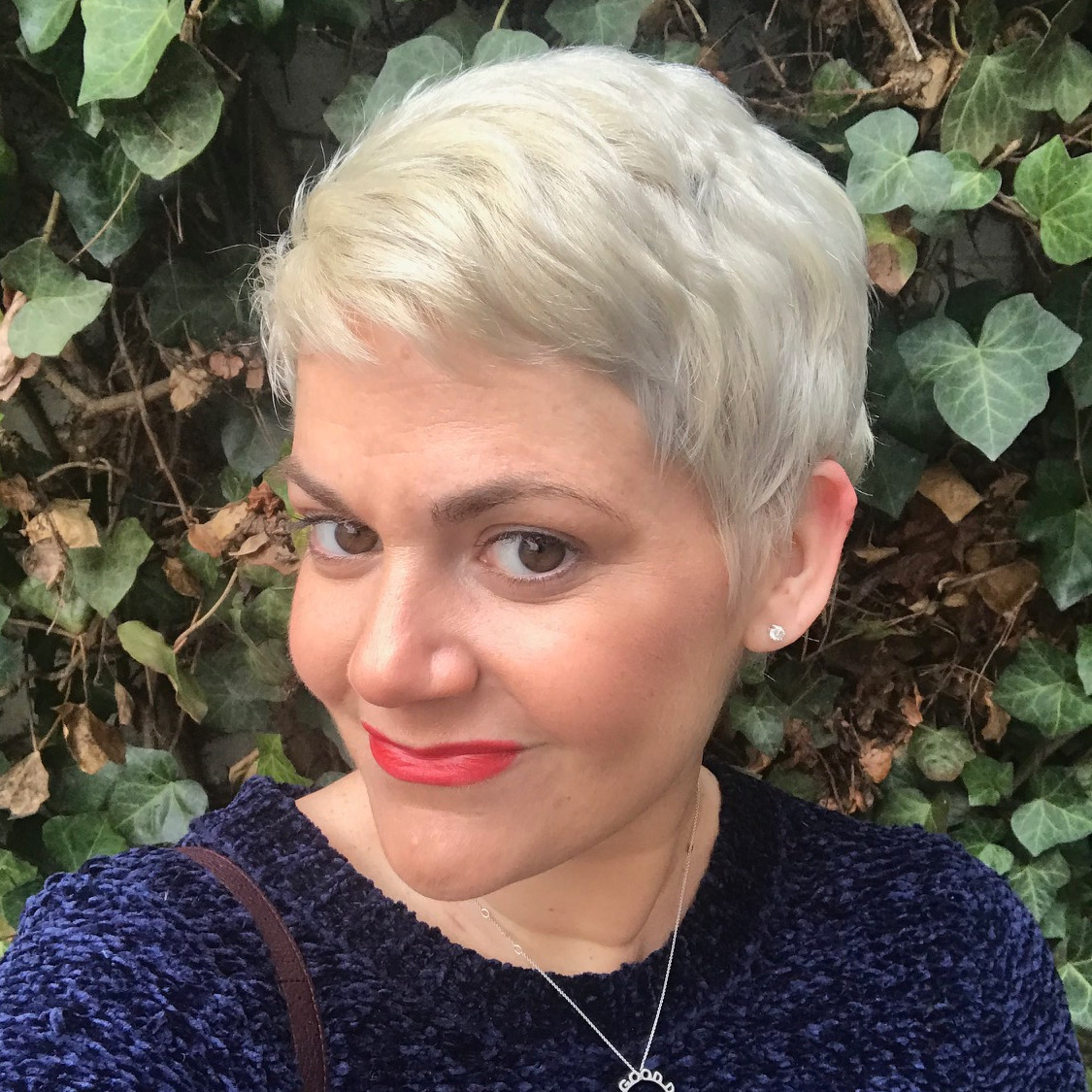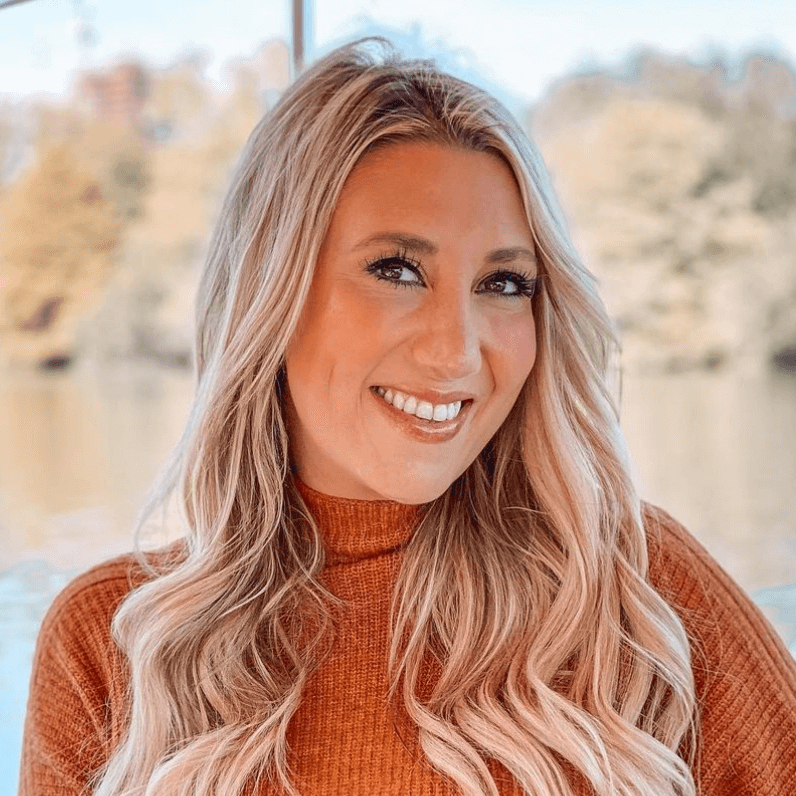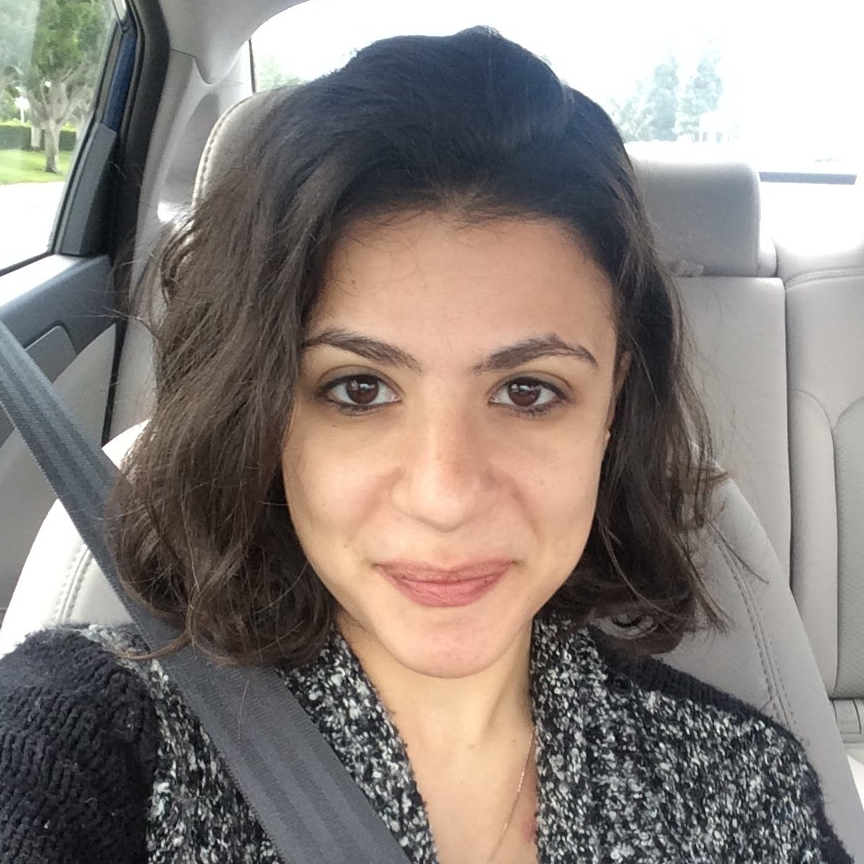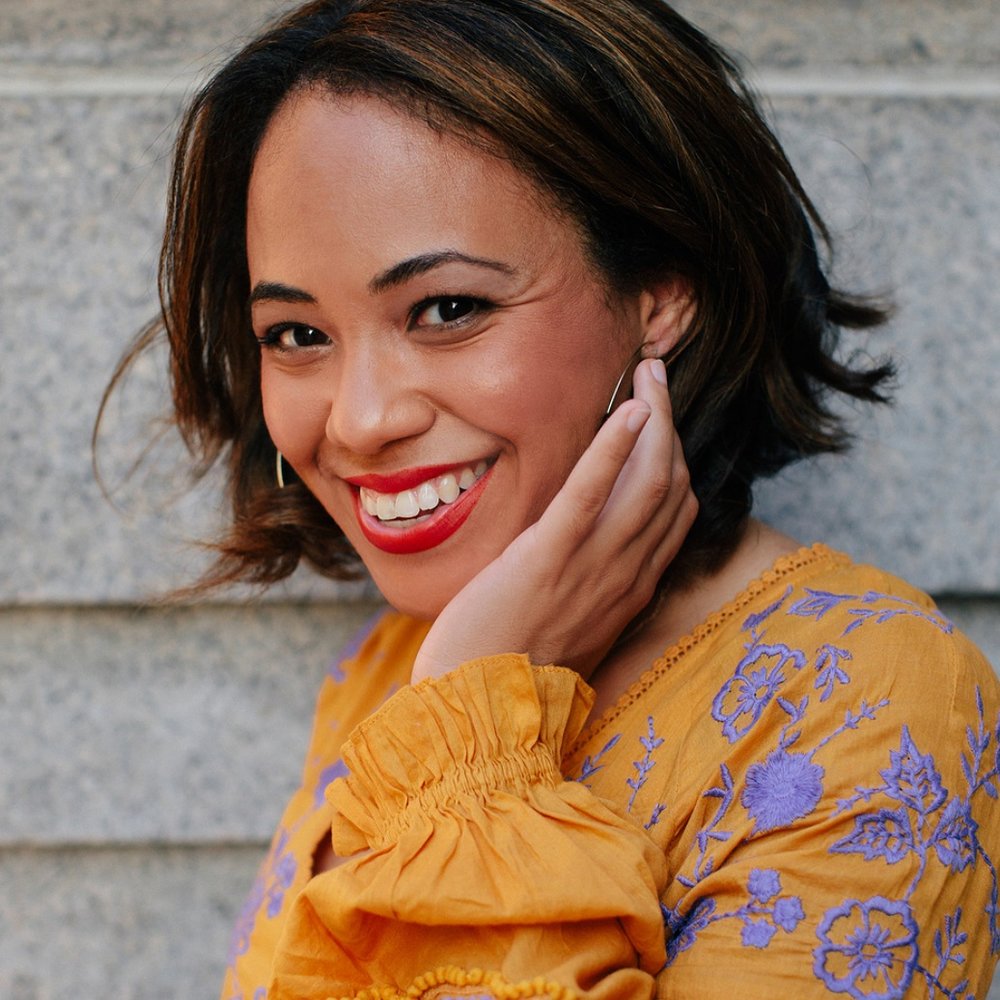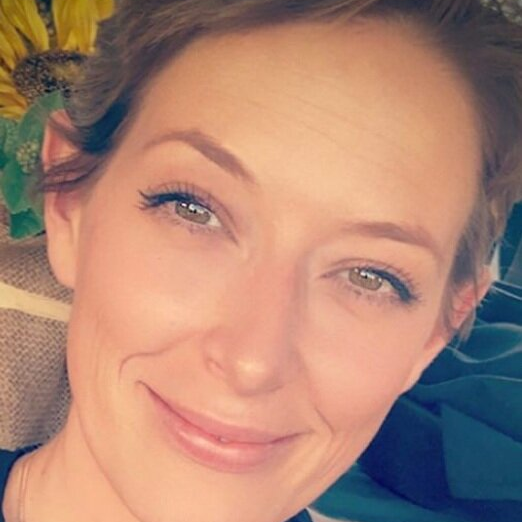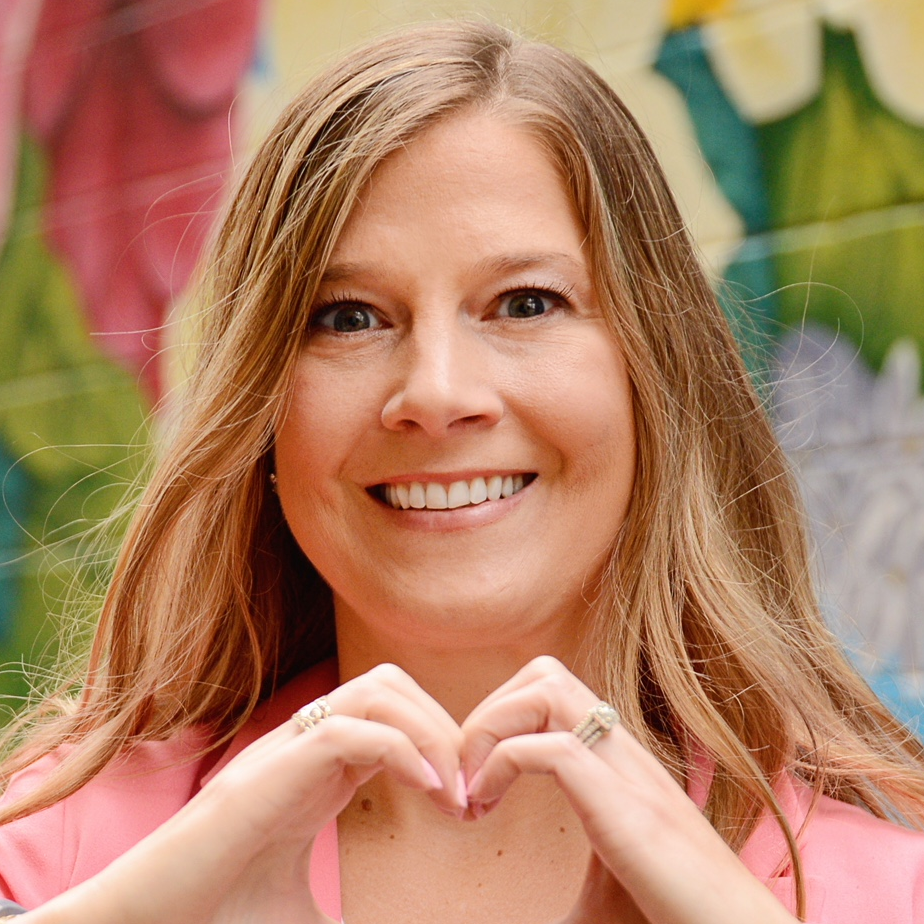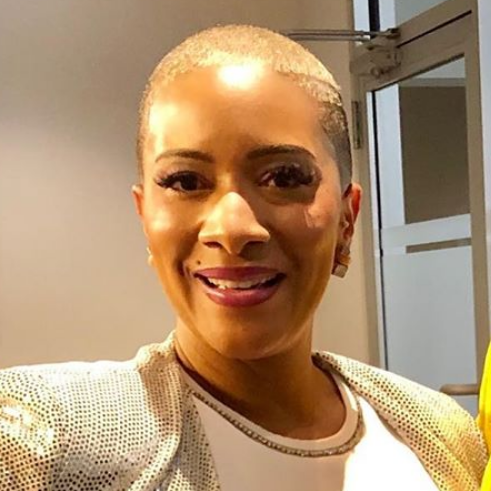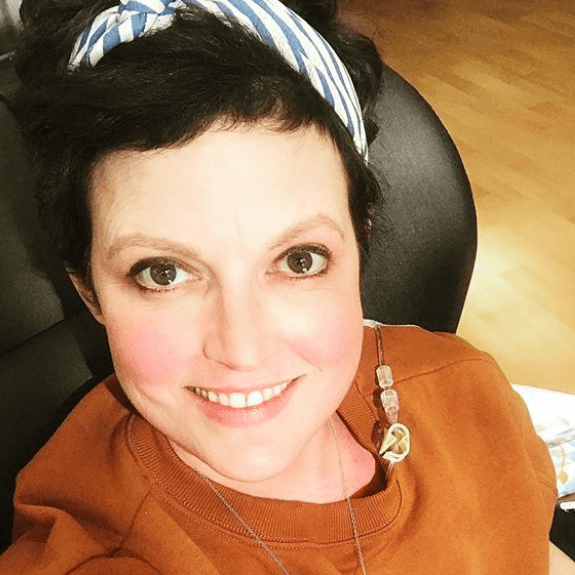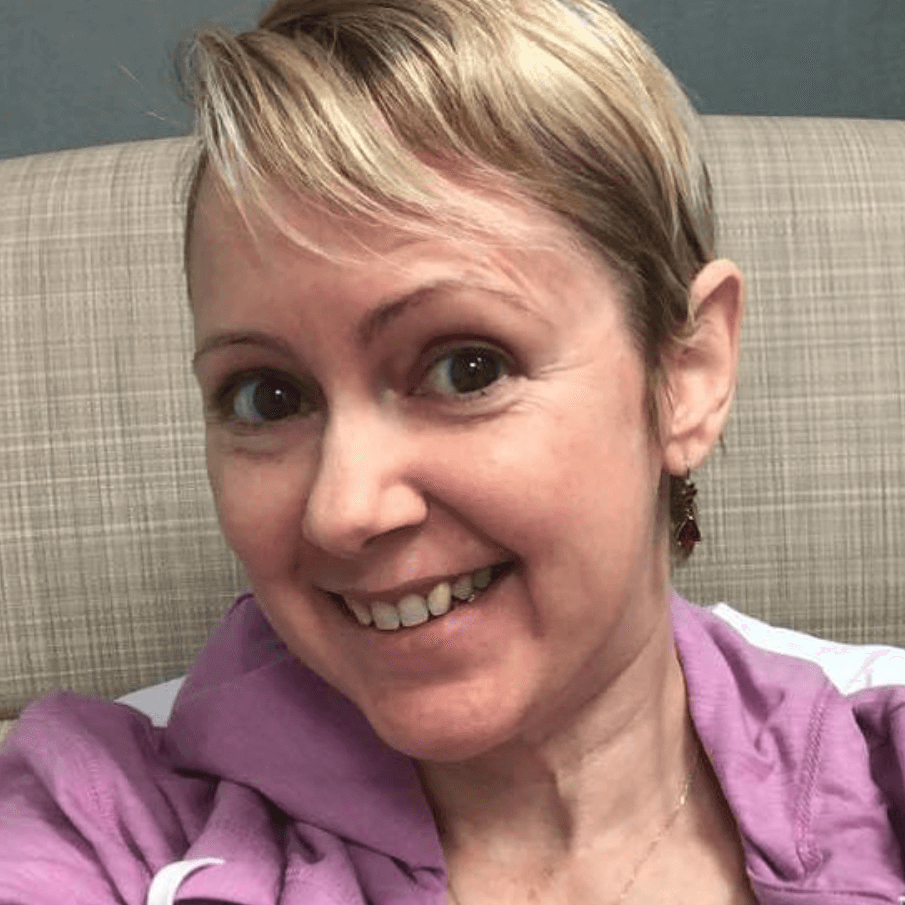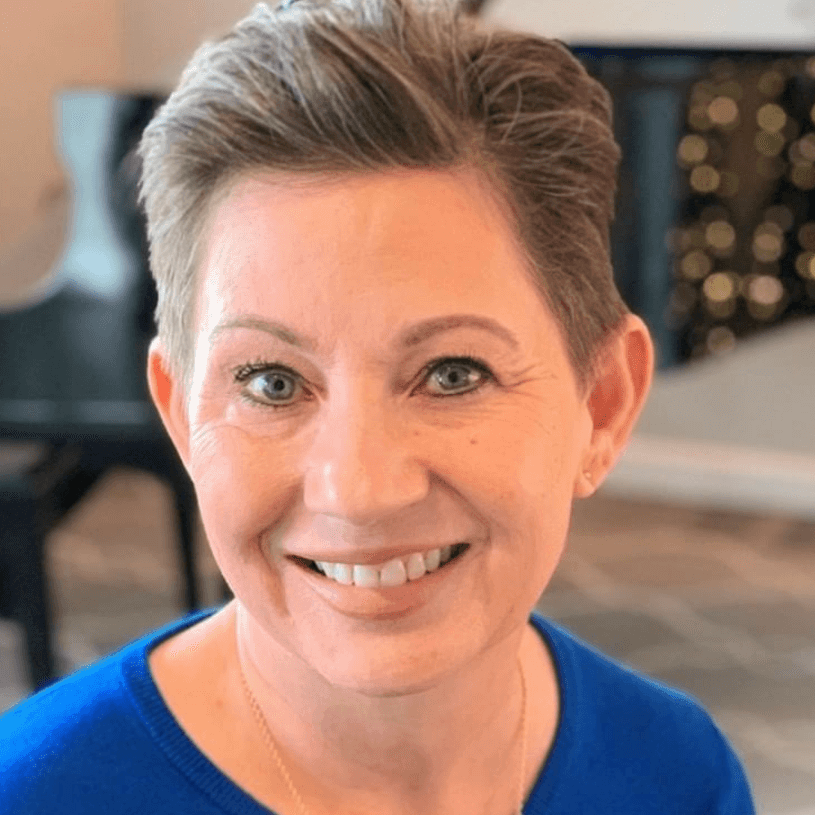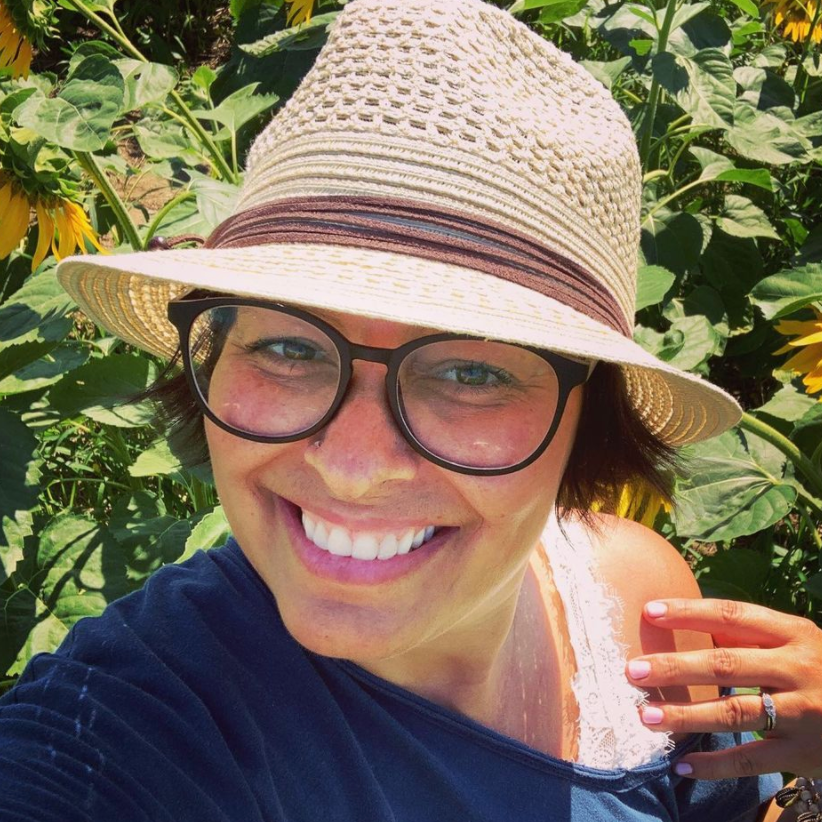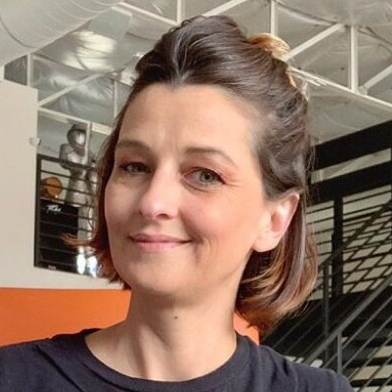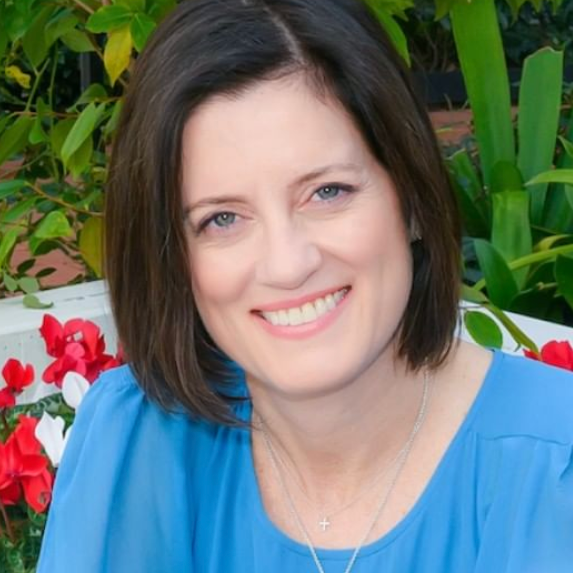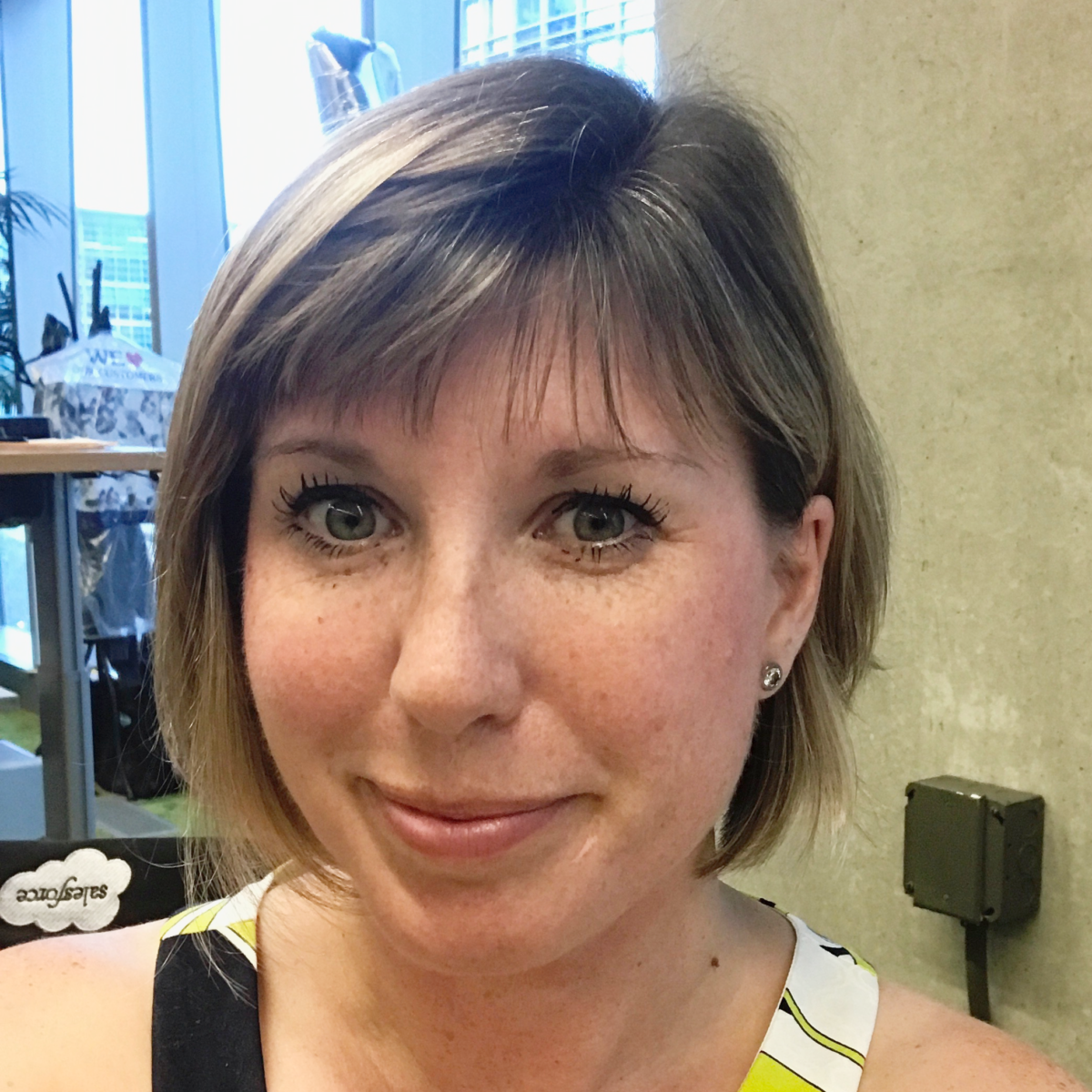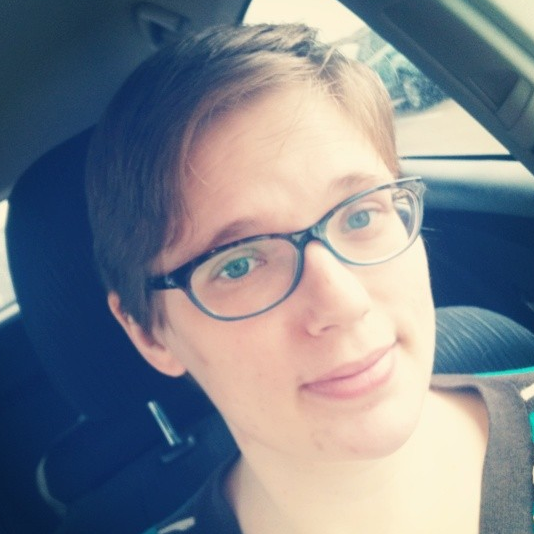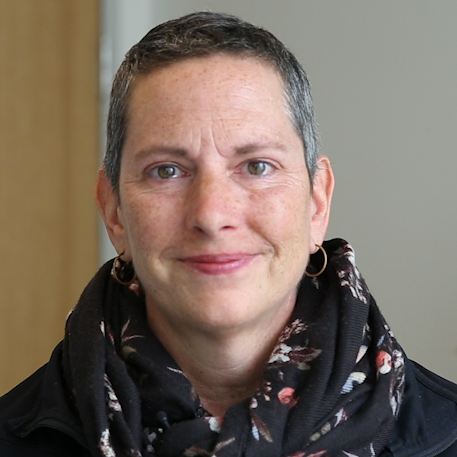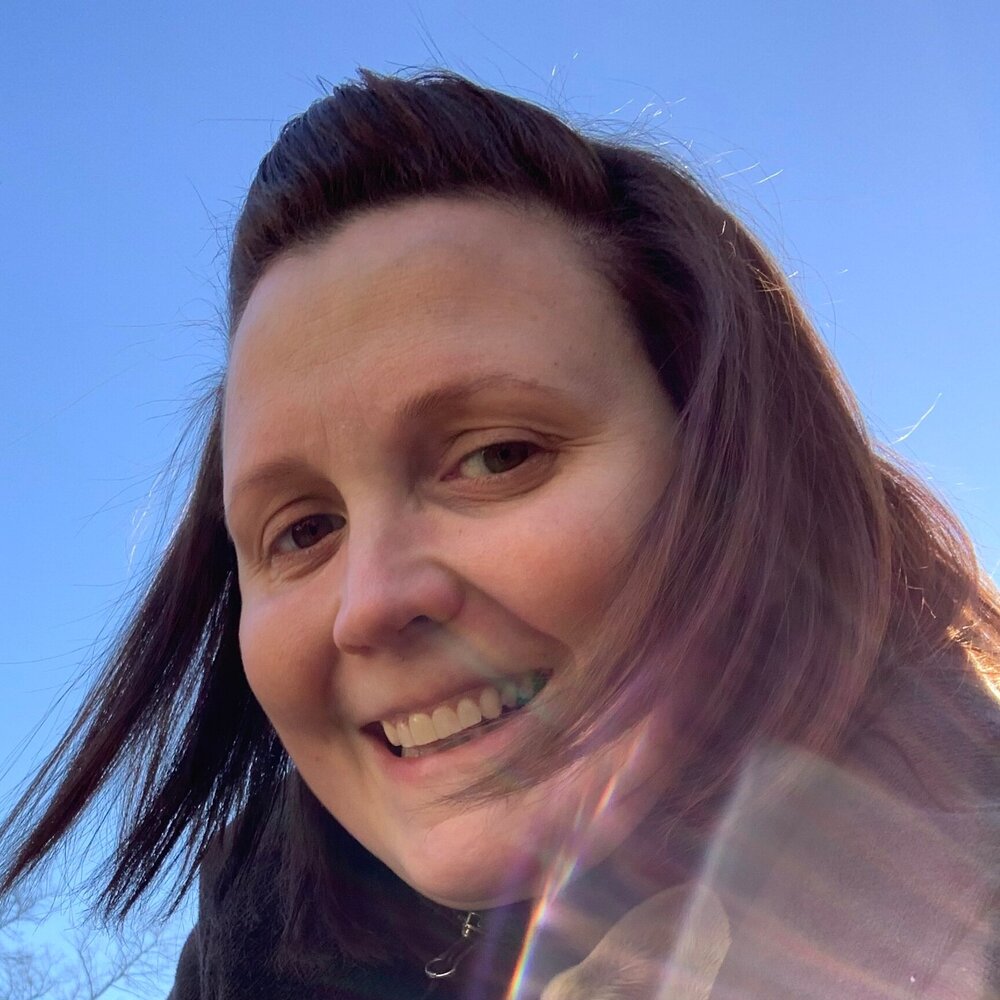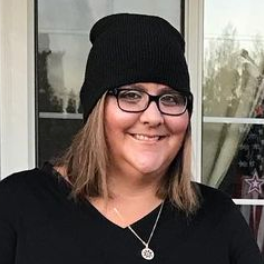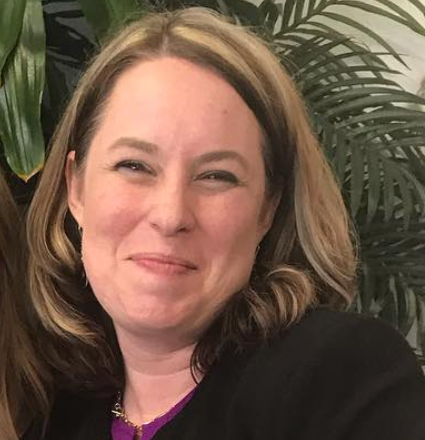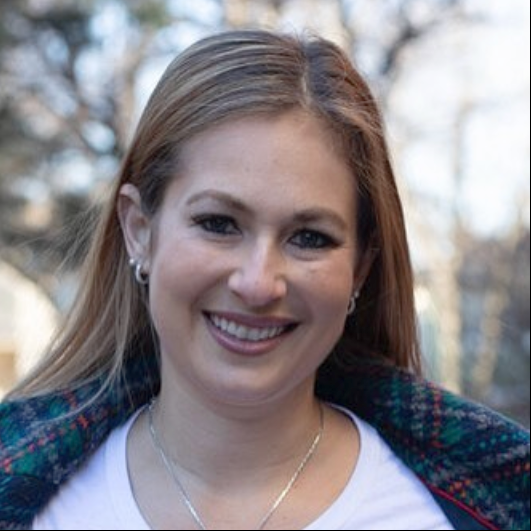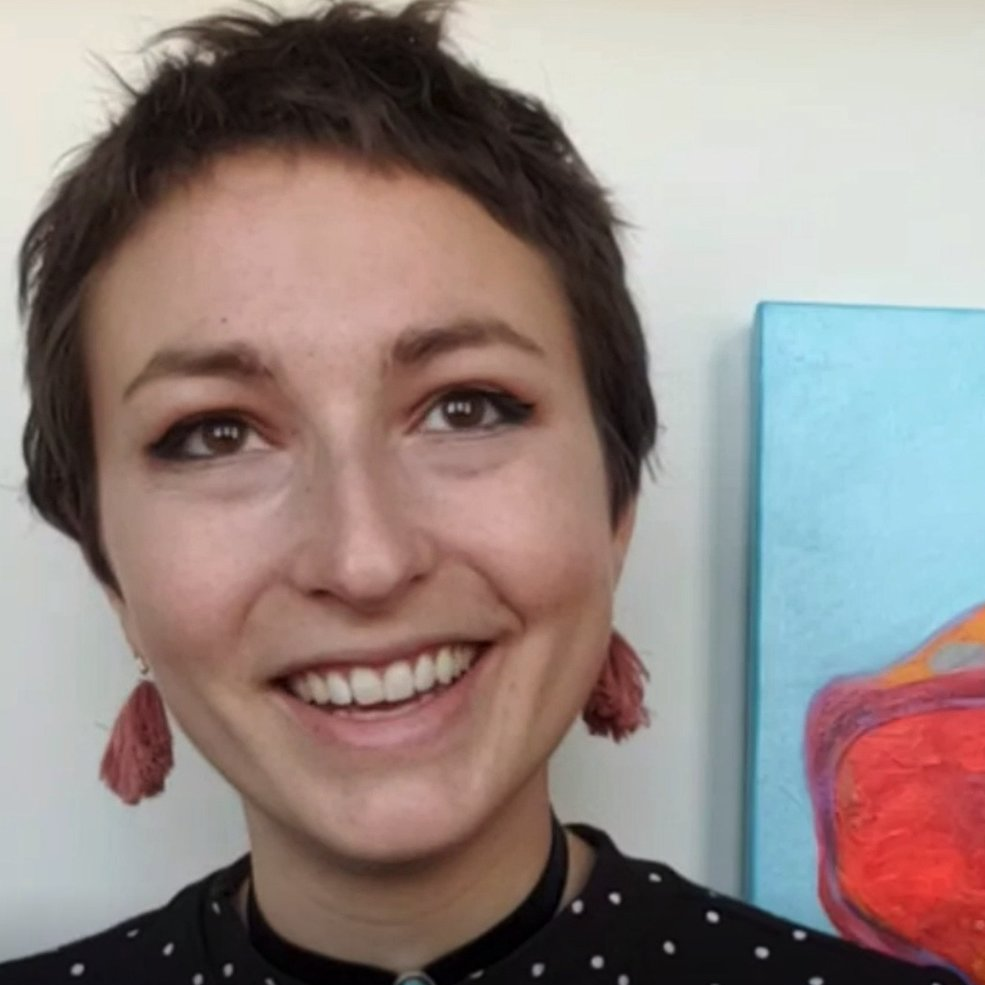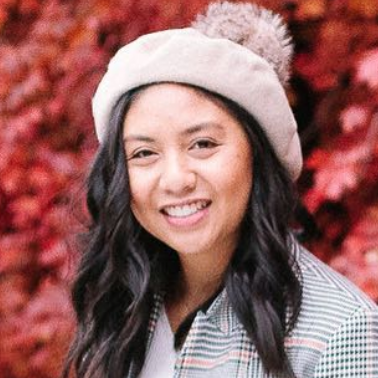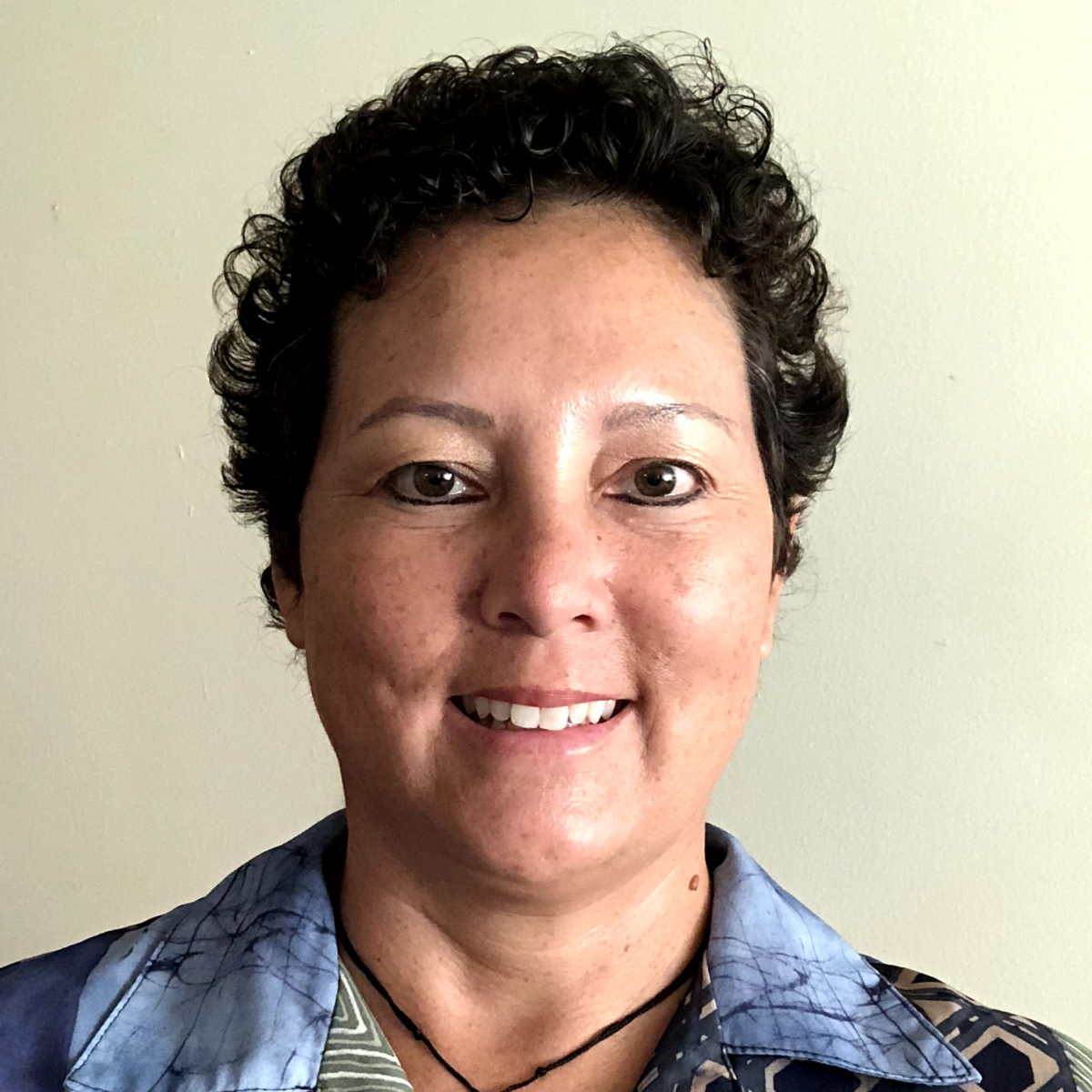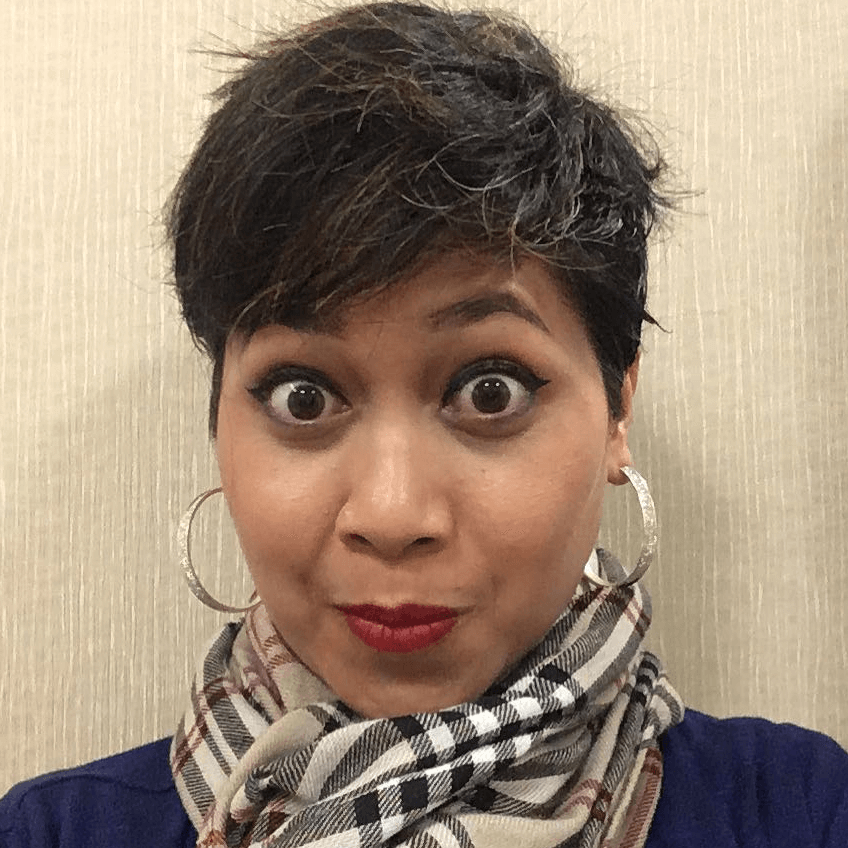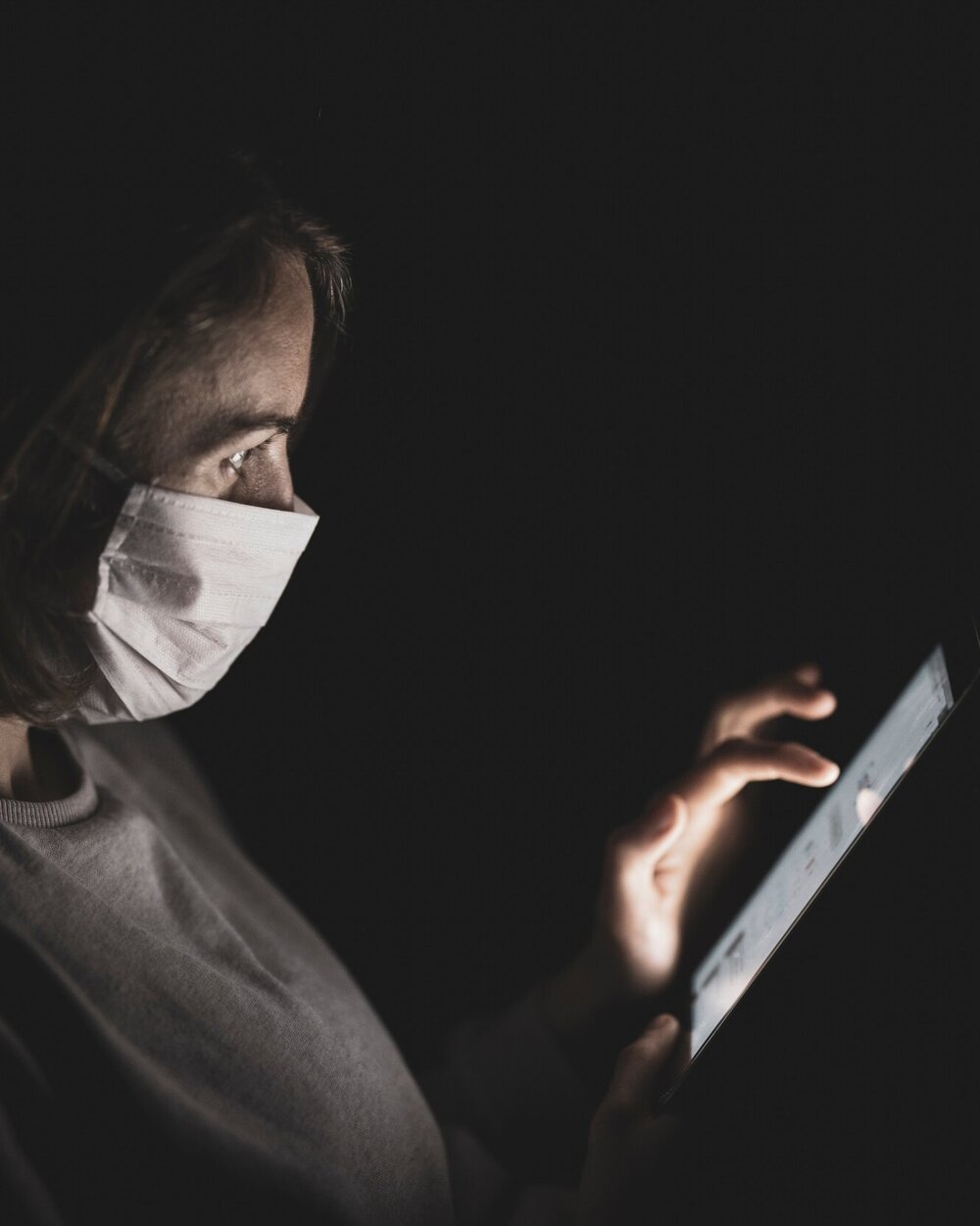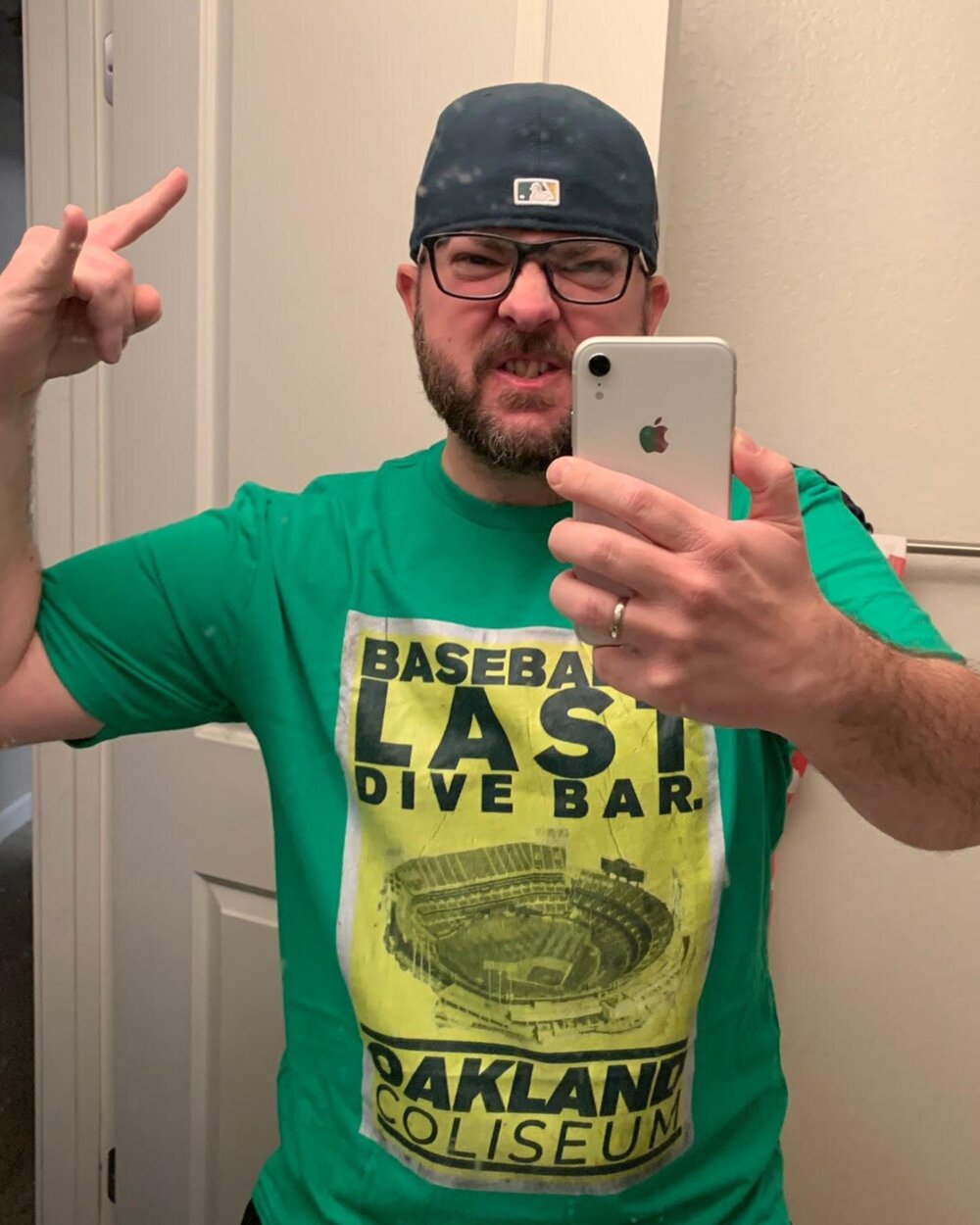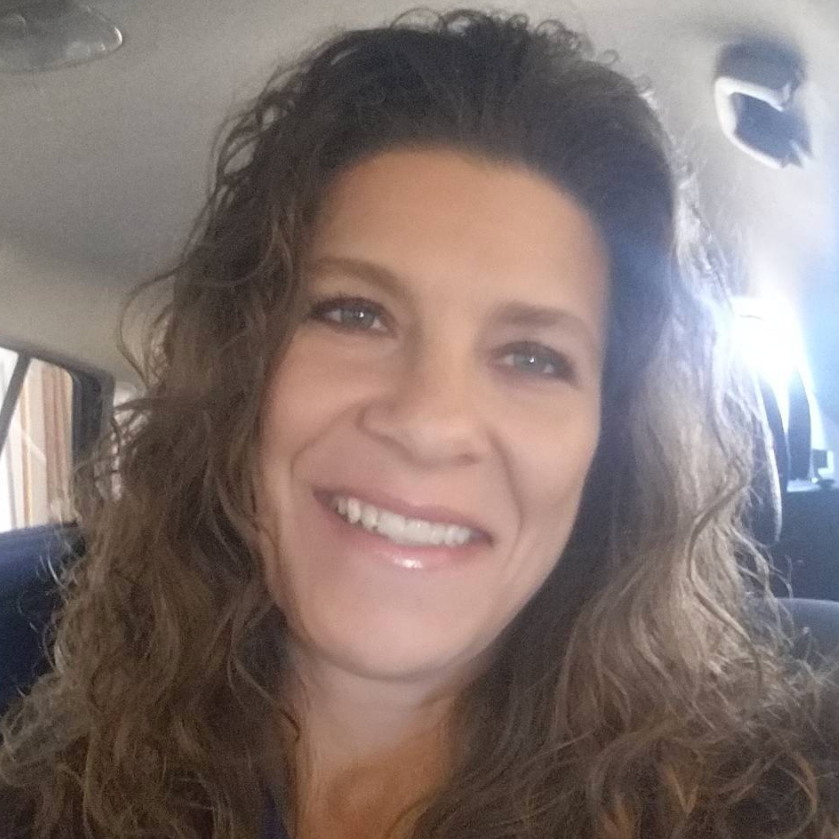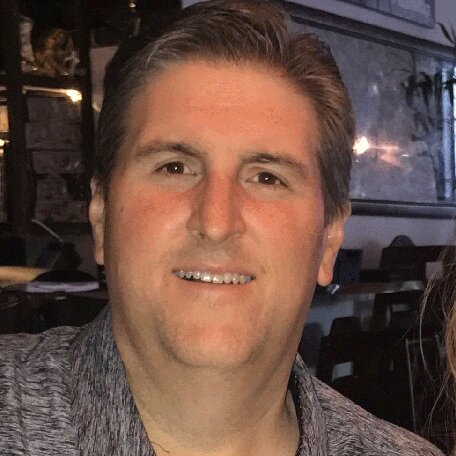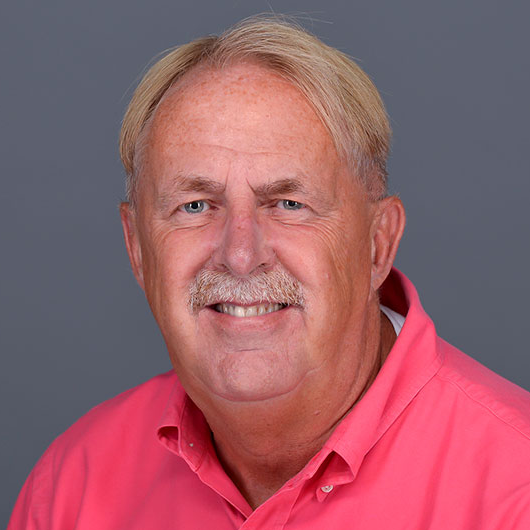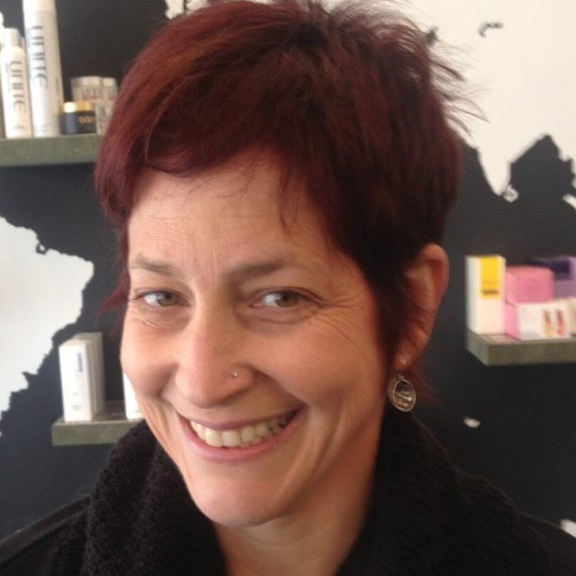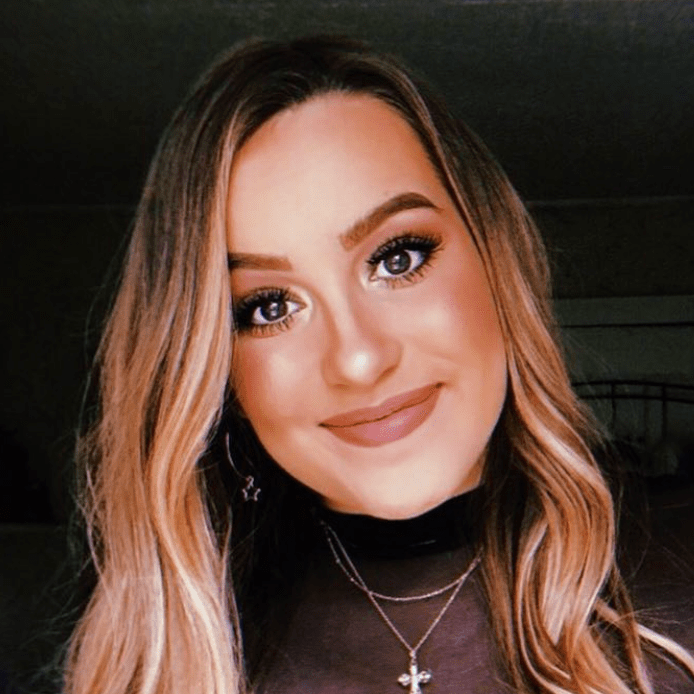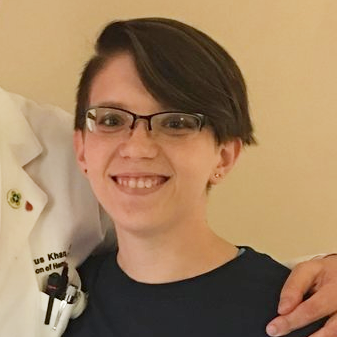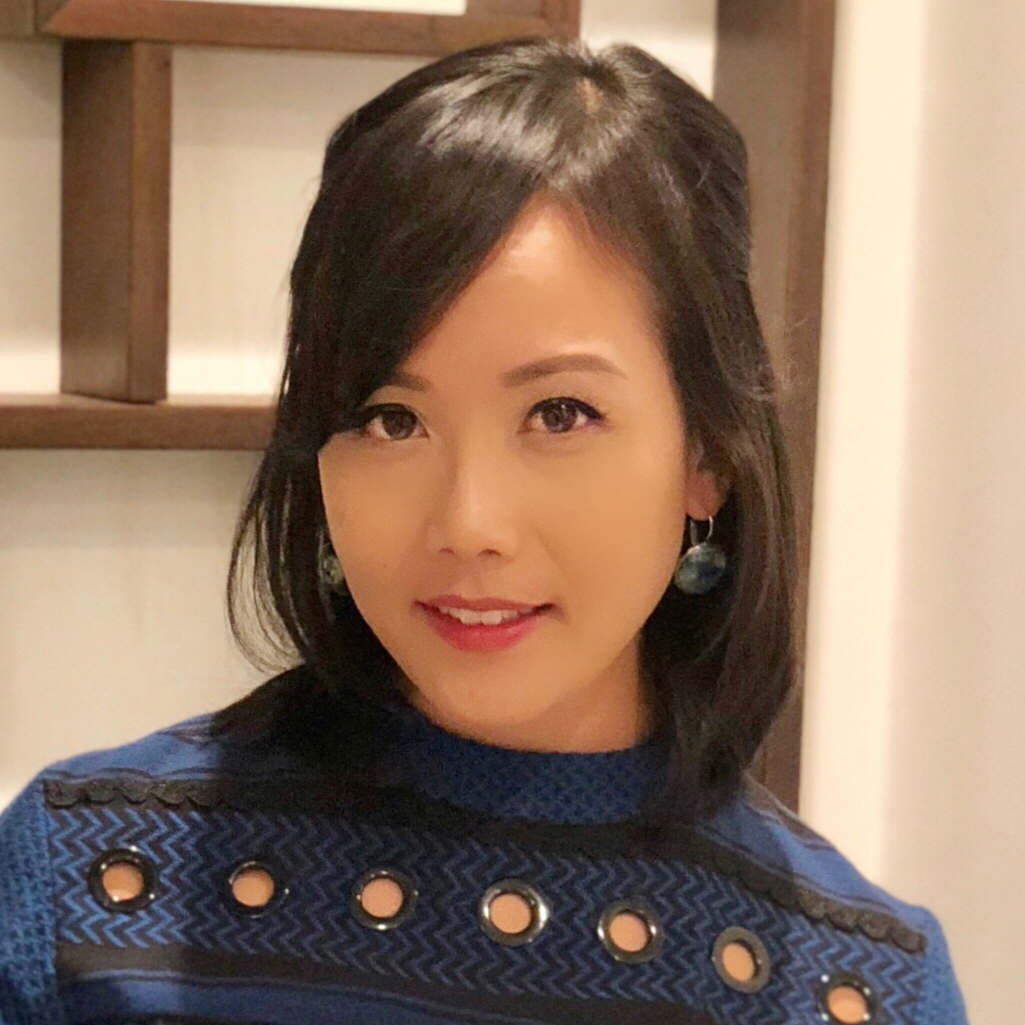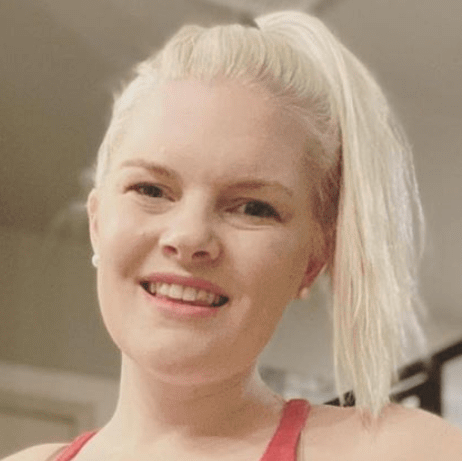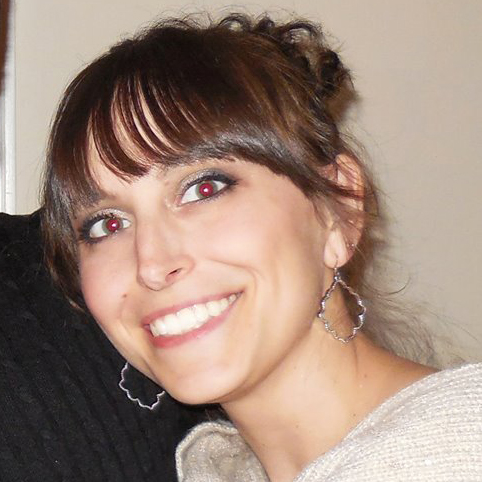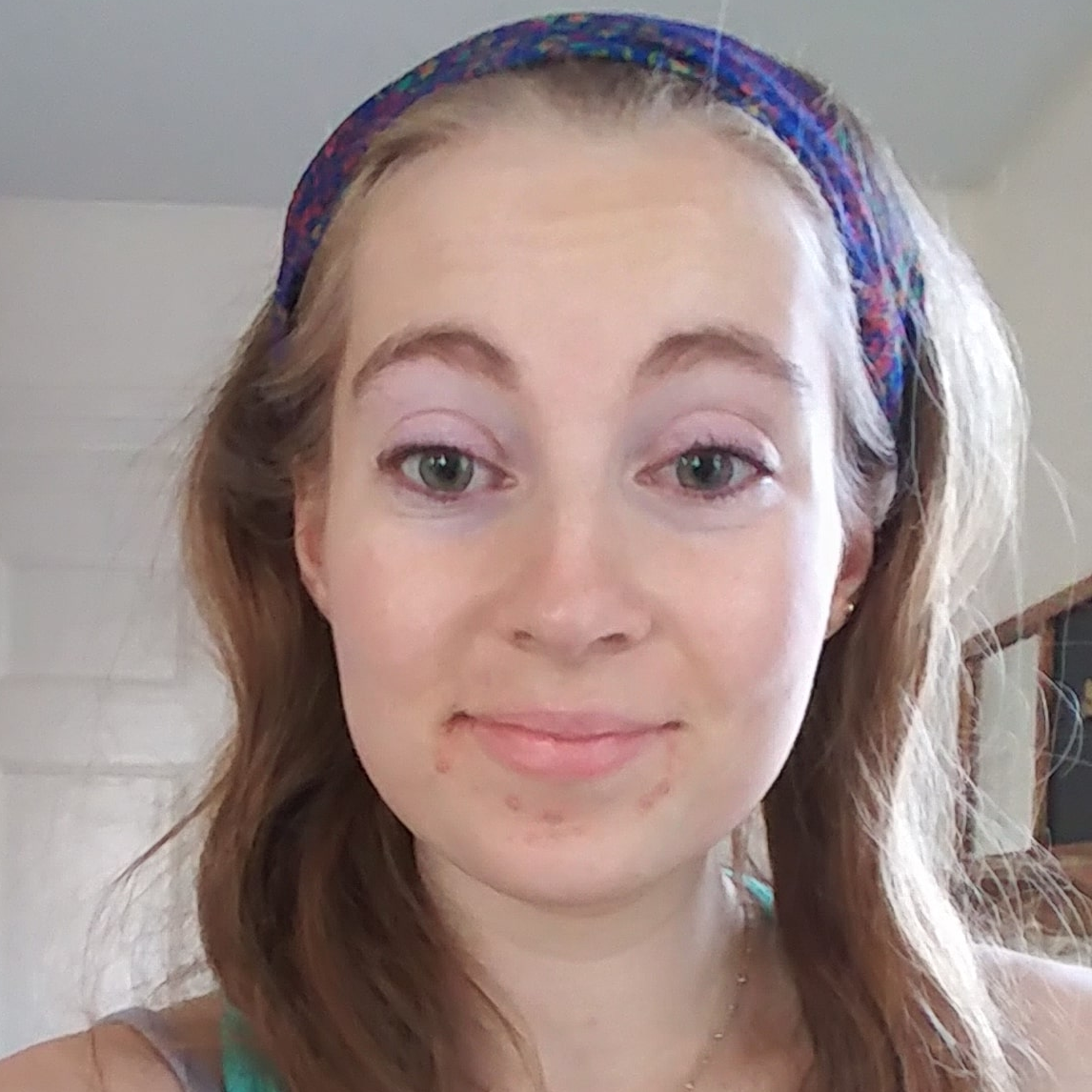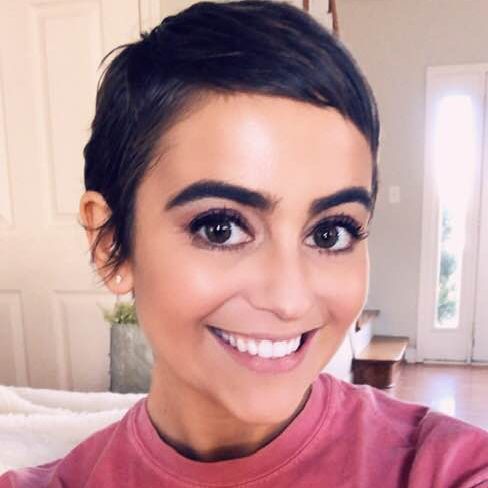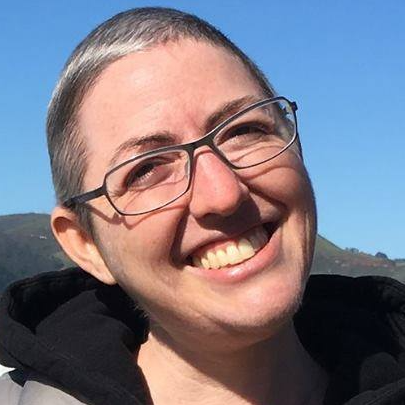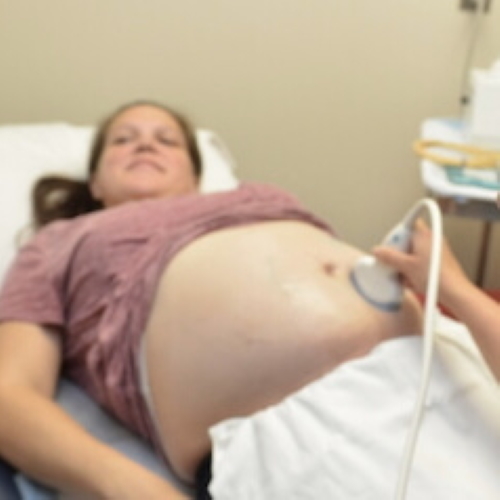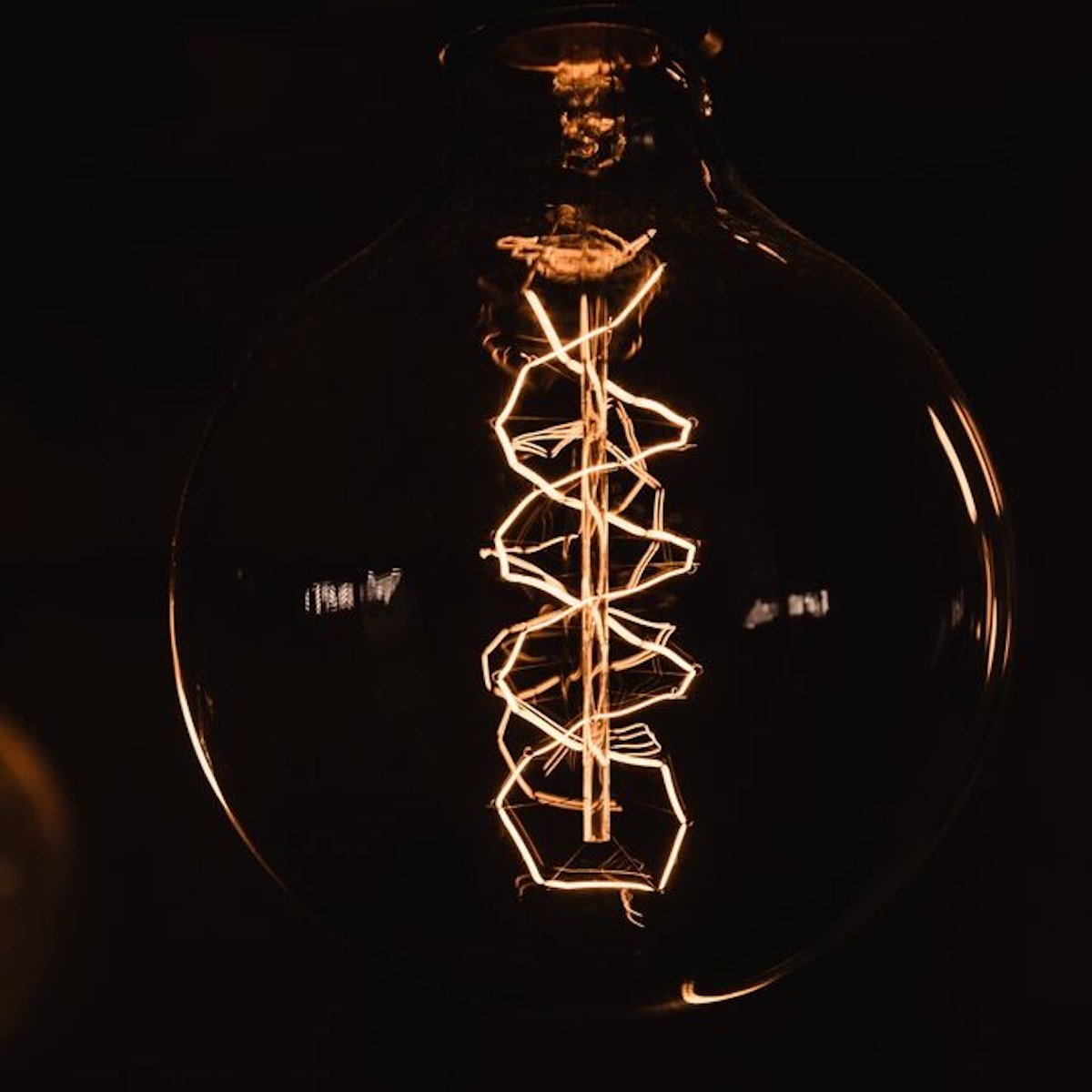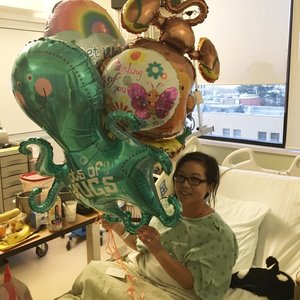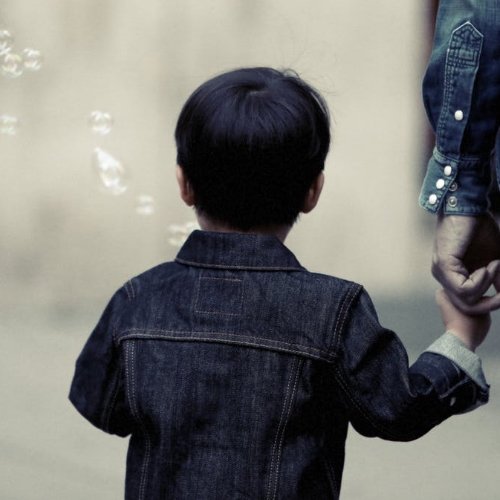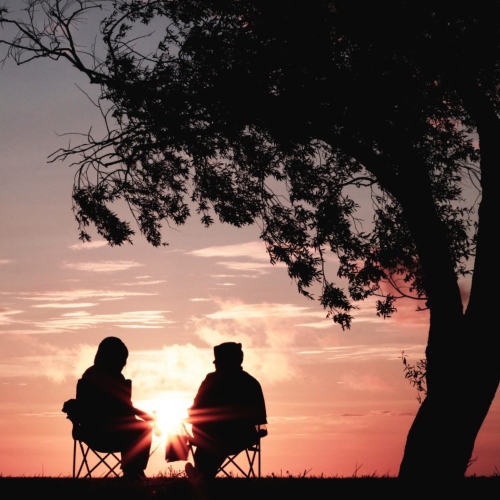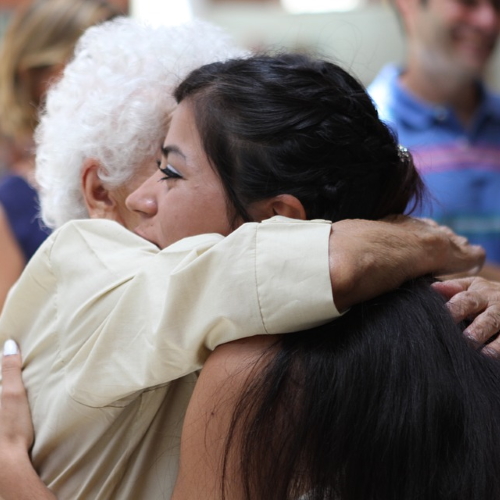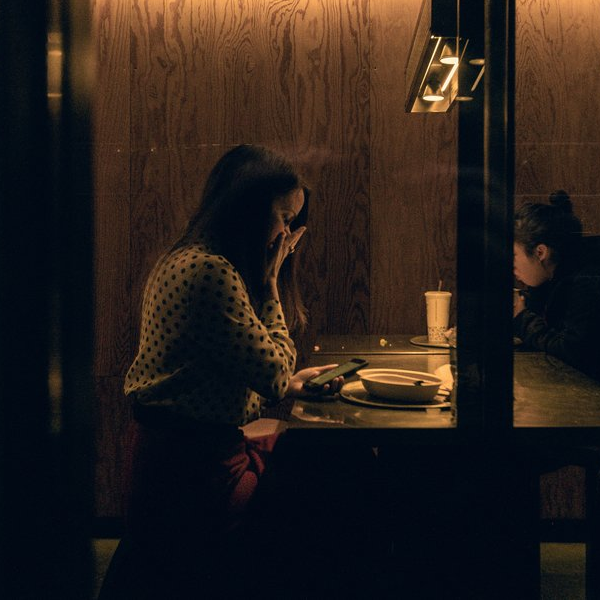Capecitabine (Xeloda) Side Effects & Patient Stories
What Is Capecitabine (Xeloda)?
Capecitabine (Xeloda) belongs to the class of chemotherapy drugs and is used in the treatment of various cancer types including breast cancer, colorectal cancer, and others.
Explore below for more on what capecitabine is, its mechanism of action, what you may encounter after taking it, and reading our patient stories detailing their experiences with capecitabine (Xeloda) and its side effects.
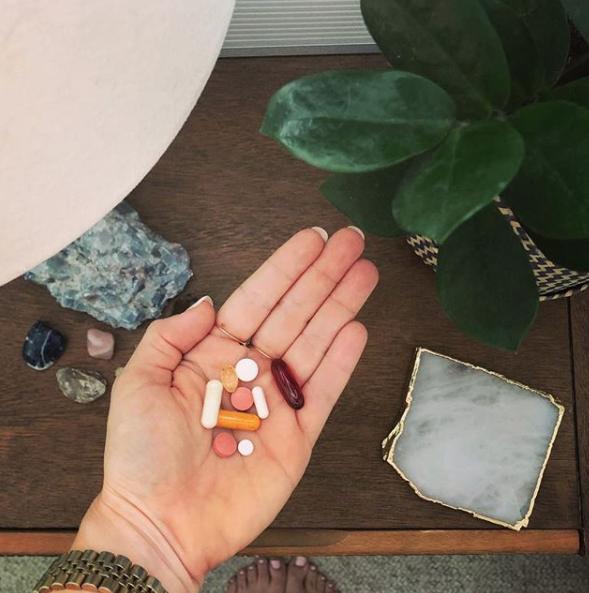
What is the Capecitabine Mechanism of Action?
Also known as an antimetabolite or cytotoxic treatment, capecitabine is taken as an oral pill. As the term anti-metabolite suggests, capecitabine fights cancer by interrupting the the process of metabolism in cells.
How to Take Capecitabine
Patients are usually instructed to take capecitabine pills orally twice a day, once in the morning and once at night. The cycle is typically three weeks long, with the daily pills taken for the first two weeks before a one-week “break.”
Most importantly, always follow your doctor or pharmacist’s instructions about dosage.
What to Expect After Capecitabine Treatment
If you or a loved one wants to prepare and learn about side effects of capecitabine, many patients often receive the drug in combination with other chemo drugs. Some of the most commonly reported side effects include, but are not limited to:
- appetite loss
- gastrointestinal problems, including upset stomach and constipation
- fatigue
- weakness
- headaches
- changes in taste
- hair loss
Capecitabine Patient Experiences
Here’s what cancer patients in our TPS community had to say about their experiences with capecitabine:
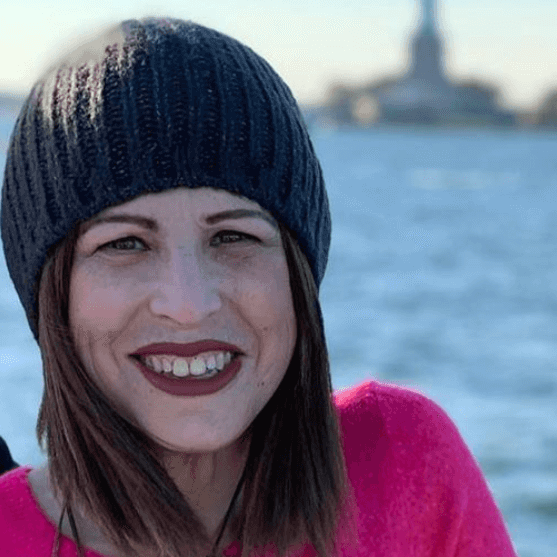
It was called Xeloda. It was regimented. It was quite a long time ago but I think I took it once a day and I took it throughout the whole time I was doing my radiation. They might have ended it a week earlier than the radiation because of the side effects I was having.
My neuropathy got quite bad. Nausea was really bad. You go in often to see your doctors, to see if you need to continue on, to see if the side effects and quality of how you’re living are worse.
At that point, while I had been diagnosed and started my chemotherapy and radiation, I was gradually losing a lot of weight.
In order to really do well during any sort of cancer treatment, you have to have some weight on you to be able to fight the effects of all the drugs that you’re having to take.
Sometimes it’s hard to lessen side effects. They can give you medicine for some of the side effects, but then there are side effects to those side effects. So trying to figure out what worked best for me.
Gloves to help me with the cold and hot sensitivity, I was taking anti-nausea meds, meds to help me sleep because sleep would help. It was one day at a time.
Allison R.(Colorectal Cancer, Stage 2C)
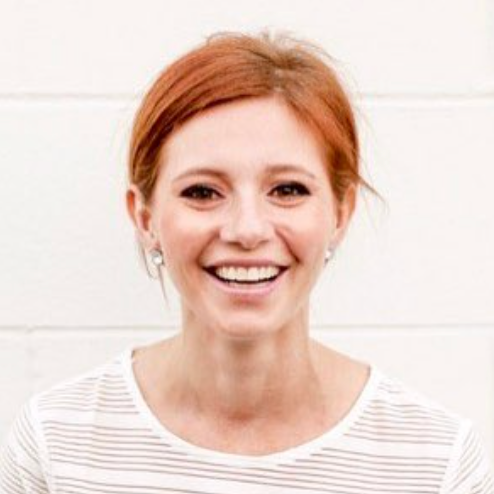
So during that time, I would go off for treatment and she had offered to do a maintenance chemo. There’s a chemo pill called Xeloda and you take it orally.
Typically someone that has been diagnosed at my stage and with this cancer, even when you’re not doing the major chemo, if things are going good, they do what they call maintenance chemo.
You just consistently stay on chemotherapy, but for me, again, I’m someone who needs a balance and I was like, I’m gonna take a break.
I’m sorry, as much as chemotherapy helps, it’s killing everything. Like it kills the cancer cells, but it’s also doing damage to everything else in your body. I just felt like I needed to take a full break from that but I always did really well.
I got seven months out of the second time before the same thing. Tumors came back and then I’d go back on the chemo. And again.
But then this last time that it had come back, I decided maybe we could try because there is a treatment where you can do the Xeloda pills with the Oxaliplatin, so instead of bringing home a pump, I would just come home and take a pill and replace the pump.
That really wiped me out. I had never experienced chemo like that where I couldn’t get out of bed and I was just like, I can’t do this, like I have two kids. I need to be able to function and so we ended up switching back to the FOLFOX.
Lindsay D. (Metastatic Colon Cancer, Stage 4, Relapse)
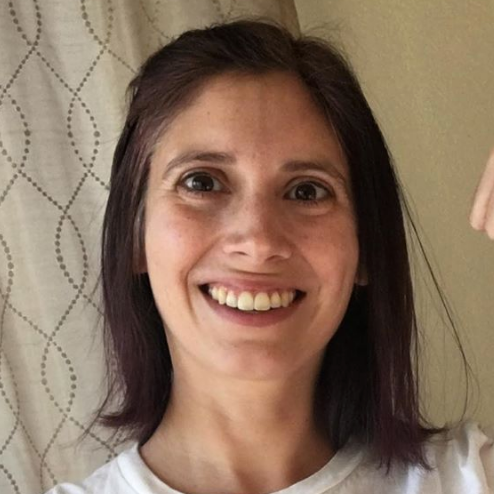
I was on Xeloda. I was taking that on days I went in for radiation in the morning and afternoon. The tricky part is I don’t know how much of my side effects were from radiation and how much were from chemo.
Obviously, the burning and pain in the rectal area was from radiation. I don’t know if the fatigue and nausea I had was radiation or chemo though. I didn’t have terrible nausea, but towards the end, I lost my appetite some. Taking the anti-nausea pills helped quite a bit.
I took 12 weeks off after the first five weeks of treatment to let the tumor keep shrinking and to let my body heal. The surgeon wanted to let the chemo and radiation do as much as they could before surgery as well as let me rest.
Jelena T. (Rectal Cancer, Stage 3A)
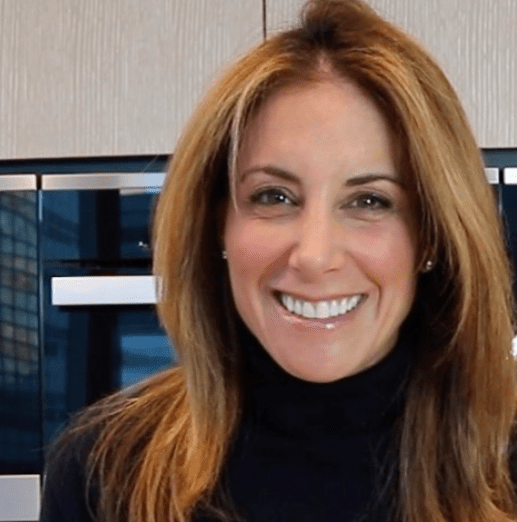
I was on oxaliplatin which was my infusion. I started on one regimen, FOLFOX, then went to capecitabine. This was a while ago and chemo does a number on your brain. I believe I went every two weeks for my infusions. I had 12 rounds of infusions – six months, every two weeks. I would only go in for one infusion for several hours.
I had to do seven days of an oral pill and they were horrible. Everything was horrible. I hated chemo. I thought I had delusional expectations. I had seen people who had lost their hair in other treatments do yoga, SoulCycle, and I couldn’t even drive a car.
Neuropathy in my fingers, you had this thing with shards of glass when you drink something. It’s the worst. You drink something and then you feel the shards of glass. It’s the worst. I actually don’t drink cold water anymore. I don’t like cold anything.
I remember I tried going for a walk with my friend and it was two days after my chemo treatments. I could feel like there was something in my body, almost like the neuropathy you have in your fingers but it was all through my thighs, legs, my whole body. It was like the poison was going everywhere. My body felt so gross.
Toward the end I couldn’t string two thoughts together. I couldn’t drive a car. I couldn’t focus after my infusion.
I could walk. I did a lot of walking through my chemo. There’s no bad weather, only bad clothing. I walked in the snow. It was my healing. It was my therapy. It was my everything.
Everybody would ask me, ‘Can we drop a casserole off? What can we do?’ I said if you want to help me, I walk twice a day. People would come over once after drop-off and another time in the afternoon and I’d go through these long walks. I got a Fitbit. I did a ton of stuff.
It was the only time that I felt like I was playing an active role in my recovery. It helped me in my mind.
Barbara M. (Colon Cancer, Stage 3)
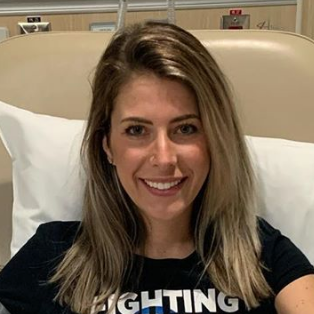
I started chemo and radiation on the same day, July 8th. It was oral chemo, so it made it a little easier.
The reasoning behind doing chemotherapy at the same time is it makes you more sensitive to the radiation, so I took Xeloda twice a day every day for those same five weeks.
I think the side effects I had were mostly from radiation. I physically tolerated it really well, but towards the end I got extreme fatigue and diarrhea.
The fatigue was hard because I’ve never experienced something like that before. I just needed to lay down a lot.
Otherwise, physically, I handled it really well. I had a small burn on my tailbone, but that was manageable, and it healed really well.
I filled a prescription for whatever it was they recommended, but it really just healed on its own. It felt more like a sunburn than anything else.
Catherine P. (Rectal Cancer, Adenocarcinoma, Stage 3)
All Capecitabine Patient Stories
What to Know in NHL Care
Following the American Society of Hematology Annual Meeting (ASH), Dr. Naveen Pemmaraju of MD Anderson and patient advocate Ruth Fein Revell discuss the latest myelofibrosis treatment options.
Viola K., Stomach Cancer, Stage 4
Symptoms: Persistent fatigue, Weight loss, Occasional pain, Persistent weakness
Treatment: Chemotherapy (FLOT), HIPEC (Surgery + Hot Chemotherapy), 2nd intestinal surgery
Daniella S., Primary Mediastinal B-Cell Lymphoma (PMBCL), Stage 2
Symptoms: Prolonged cough, low-grade fever, night sweats
Treatment: Chemotherapy (R-EPOCH), radiation, CAR T-cell therapy
Theresa T.
Diagnosis: Multiple myeloma, relapsed/refractory
Subtype: IgG kappa Light Chain
Initial Symptom: Extreme pain in right hip
Treatment: Chemotherapy, CAR T-cell therapy, stem cell transplant, radiation
Amy H.
Diagnosis: Melanoma (4 bouts), Cervical cancer
Stage: Various stages (1-2)
Initial Symptom: Melanoma: Bad sunburn leading to scarring, Cervical: painful intercourse, cramps, pain during Pap smear
Treatment: Melanoma: Excision and Mohs surgeries, Cervical: partial hysterectomy
Matthew R., Pancreatic Cancer, Stage 4
Symptoms: Dark urine, bone white stool, itching on palms and soles
Treatment: Chemotherapy, surgery
Laura E., Type 2 papillary renal cell carcinoma, Stage 4
Cancer genetics: hereditary leiomyomatosis and renal cell cancer (HLRCC) (Reed’s Syndrome)
1st symptoms: profound fatigue, hypertension, high red blood cell count, severe back pain, badly swollen legs
Treatment: Cabometyx (cabozantinib) assigned under S1500 PAPMET clinical trial
Clinical Trials Update: What to Know in Myelofibrosis Care
Following the American Society of Hematology Annual Meeting (ASH), Dr. Naveen Pemmaraju of MD Anderson and patient advocate Ruth Fein Revell discuss the latest myelofibrosis treatment options.
Optimizing Quality of Life: Reducing Toxicity in Hodgkin Lymphoma Care
Dr. Andy Evens from Rutgers Cancer Institute discusses how to reduce the toxicity of Hodgkin’s lymphoma treatments so patients can live their best lives after cancer.
Roger R., Pancreatic Cancer, Stage 2
Cancer Details: Found after Galleri blood test and MRI
1st Symptoms: None
Treatment: 5FU (folfirinox), Gemzar, NK cell expansion therapy, Dendritic cell expansion therapy, Neoantigen peptide vaccine
The Latest in Hodgkin Lymphoma: Treatment Options in 2024
Dr. Matthew Matasar, chief of blood disorders at the Rutgers Cancer Institute of New Jersey and RWJBarnabas Health, discusses some of the most exciting news coming out of ASH 2023.
Raquel A., Colorectal Cancer, Stage 4
Symptoms: Frequent bowel movements, pin-thin stools, mild red blood in stool
Treatment: Chemotherapy (oxaliplatin, 5-fluorouracil, and irinotecan)
The Latest in Multiple Myeloma: Understanding Promising Treatment Options
Patient advocates Cindy Chmielewski and Jack Aiello, and experts Dr. Rafael Fonseca and Dr. Susan Bal discuss promising multiple myeloma treatment options.
Brandie B., Leiomyosarcoma, Stage 4
Symptoms:
Treatment: Chemotherapy (gemcitabine, docetaxel, doxorubicin, ifosfamide) surgeries (oophorectomy, elective hysterectomy, pulmonary wedge resection)
Jelena T., Colorectal Cancer, Stage 3
Symptoms: Blood in stool, change in gas
Treatment: Chemotherapy, radiation, surgery
The Latest in Myelofibrosis Treatments: Understanding Promising Treatment Options
Myelofibrosis experts Raajit Rampal, MD, PhD, from Memorial Sloan Kettering, Gabriela Hobbs, MD, from Dana-Farber/Harvard Cancer Center, and myelofibrosis patient advocate Ruth Fein discuss updates from ASH 2023.
Jason R., Colorectal Cancer, Stage 4
Symptoms: Blood in stool, diarrhea, tenesmus, feeling run down
Treatment: Chemotherapy, radiation, HAI pump
Rachel E., Hodgkin, Stage 4
Symptoms: Extremely itchy rashes, nausea, nosebleeds, severe fatigue
Treatment: ABVD chemotherapy, steroids, dexamethasone, acyclovir, antivirals therapy
Emily T.
Symptoms: Nosebleeds, fever, chills, small red spots all over the body
Treatment: Chemotherapy, bone marrow transplant
Jason A., Colon Cancer, Stage 3B
Symptoms: Abdominal pressure, fatigue, small amounts of blood in stool
Treatment: Surgery (colon resection), chemotherapy (FOLFOX: folinic acid, fluorouracil, and oxaliplatin)
Chance O., Stage 2, Triple Negative, BRCA1+
Symptoms: Lump on breast
Treatment: Chemotherapy (doxorubicin, cyclophosphamide, paclitaxel, carboplatin), surgery (double mastectomy), radiation, radical hysterectomy (preventive)
Paul G., Prostate Cancer
Symptoms: None; elevated PSA levels
Treatment: Prostatectomy (surgery), radiation, hormone therapy
Dania M., Colon Cancer, Stage 4, with Liver and Peritoneal Carcinomatosis
Symptoms: Constipation, diarrhea, terrible bloating, swollen belly, as if pregnant
Treatment: Surgery, immunotherapy (KEYTRUDA)
Stephanie K., Colon Cancer, Stage 3
Symptoms: Very bad cramps, bloating, indigestion, burping
Treatment: Surgery, chemotherapy (CAPOX)
Symptoms: Itchy feet, legs & torso, sleeplessness, bad cough, lump on neck Treatment: Chemo, immunotherapy, bone marrow transplant
Lena V., Diffuse Large B-Cell Lymphoma (DLBCL), Stage 1
Symptoms: Blood in urine
Treatment: Surgery, chemotherapy (R-CHOP), radiation
Laura E.
Symptom: Increasing back pain
Treatments: Chemotherapy, stem cell transplant, bispecific antibodies
Cindy M., Diffuse Large B-Cell Lymphoma (DLBCL), Stage 4
Symptoms: Itchy skin on the palms and soles of feet; yellow skin and eyes
Treatment: Chemotherapy (R-CHOP)
Managing Cancer Care Costs
Abigail Johnson, a stage 4 metastatic breast cancer patient advocate and attorney, Gregory Proctor, a multiple myeloma patient advocate, and Monica Fawzy Bryant, a cancer rights attorney and co-founder of Triage Cancer, share their personal and professional experiences when it comes to managing cancer care costs.
Let’s Talk CLL: Patients & Doctors Discuss the Latest LIVE
Patients, care partners, and a panel of CLL experts including Dr. William Wierda, Dr. Nicole Lamanna, Dr. Adam Kittai, and Jackie Broadway-Duren share the latest in CLL research, clinical trials, treatments, and comprehensive care strategies.
Let’s Talk CLL: Patients & Doctors Discuss the Latest LIVE
Patients, care partners, and a panel of CLL experts including Dr. William Wierda, Dr. Nicole Lamanna, Dr. Adam Kittai, and Jackie Broadway-Duren share the latest in CLL research, clinical trials, treatments, and comprehensive care strategies.
The Belmont Report: Protecting People in Clinical Trials
Role: Learn about how The Belmont Report changed the ways clinical trials were conducted forever and its lasting implications.
Clinical Trials and You: How to Navigate Treatment?
Patient advocate Ruth Fein Revell, experts Dr. Angela Fleischman and Dr. Ruben Mesa, together with clinical trial nurse Melissa Melendez delve into the cutting-edge realm of myelofibrosis clinical trials.
The Latest in Multiple Myeloma Treatments: What Clinical Trials are Available to Me?
Patient advocate Cindy Chmielewski, experts Dr. Carl Ola Landgren and Dr. Caitlin Costello, together with clinical trial nurse Christen Hawthorne uncover groundbreaking insights on the latest multiple myeloma treatments and clinical trials.
The Latest in Lung Cancer Treatments: Is a Clinical Trial Right for Me?
Leading experts Estelamari Rodriguez, MD, MPH, from the University of Miami Sylvester Comprehensive Cancer Center, Jason Porter, MD, from West Cancer Center & Research Institute, and Terri Conneran, founder of KRAS Kickers, discuss the latest in lung cancer treatments and ongoing clinical trials.
The Latest in Colorectal Cancer Clinical Trials: What to Know & Ask
Andrea Cercek, MD, of Memorial Sloan Kettering, David Fenstermacher, Senior Director of Research & Medical Affairs at the Colorectal Cancer Alliance, and patient advocates Allison Rosen, Julie Clauer, and Kelly Spill discuss how to navigate the complex world of clinical trials.
Ananda P., Rectal Cancer, Stage 3B
Symptoms: Intermittent rectal bleeding
Treatment: Surgery, chemotherapy (FOLFOX)
Shared Treatment Decision Making: How To Be An Empowered Patient
Hematologist oncologists, Dr. M. Yair Levy and Dr. Catherine Coombs discuss the landscape of CLL treatments and encouragement for CLL patients to be advocates in their treatment decision making with CLL patients and advocates Michele-Nadeem Baker and Jeff Folloder.
The Latest in Myelofibrosis Treatments: What Clinical Trials are Available to Me?
Myelofibrosis experts John Mascarenhas, MD, from Mount Sinai and Tania Jain, MBBS, from Johns Hopkins explain cutting-edge therapies. Clinical trial nurse Ashley Giacobbi and myelofibrosis patient advocate Mary Linde share powerful insights to help you navigate all aspects of clinical trials.
April D., Metastatic Triple Negative, BRCA1+
Symptoms: Four lumps on the side of the left breast
Treatment: Chemotherapy (carboplatin, paclitaxel doxorubicin, surgery (double mastectomy), radiation (proton therapy), PARP inhibitors
The Latest in Hodgkin Lymphoma Treatments: How to Talk to My Doctor About Options
Matthew Matasar, MD, from Rutgers Cancer Institute and Hodgkin lymphoma survivors Samantha Siegel, MD, and Chelsey Gomez share the keys to effective communication with your doctors regarding treatment options, side effects, and the impact on your quality of life.
The Latest in DLBCL Treatments: What Clinical Trials are Available to Me?
Josh Brody, MD, from Mount Sinai Hospital, Robyn Stacy-Humphries, MD, 3-time DLBCL survivor, and Crissy Kus, LSS clinical trial nurse navigator share the latest DLBCL research, treatments, clinical trials, and expert advice.
Lindsay B.
Symptoms: Increasing urge to urinate
Treatment: Cytoreductive surgery (CRS) and Hyperthermic Intraperitoneal Chemotherapy (HIPEC)
Using AI to Detect Lung Cancer Risks
Dr. Lecia Sequist discusses using AI to detect lung cancer risk
What is a CBC Test?r
Learn about what a CBC test is and how the test can be used to help diagnose and monitor the progress of different types of cancer.
Cathy T.
Diagnosis: Myelofibrosis
Symptoms: None; caught at a routine blood test
Treatment: Stem cell transplant
How to Deal with Scanxiety as a Cancer Patient
Cancer patient panelists Nick Mundy, Lainie Jones, and Matt Ode share their real-life experiences and offer practical tips and strategies for managing scanxiety and maintaining emotional well-being throughout the cancer journey.
Kelly T., Stage 3C, Triple Negative
Symptoms: Swollen lymph nodes on the neck, high white blood count
Treatment: Chemotherapy (doxorubicin, cyclophosphamide, paclitaxel, carboplatin, capecitabine), surgery (nipple-sparing, skin-sparing double mastectomy), radiation, hormone therapy (tamoxifen)
Susan K.
Symptoms: Swollen lymph nodes on the neck, high white blood count
Treatment: Venetoclax & obinutuzumab
How to Build a Strong CLL Team
Nicole Lamanna, MD, from Columbia University Medical Center, Spencer Bachow, MD, from Boca Raton Regional Hospital, and CLL patient Lisa P. discuss the importance of building a strong support system and collaborating effectively with multiple doctors.
Lauren C.
Symptoms: Chronic wheezing, difficulty breathing, recurrent pneumonia and bronchitis
Treatment: Video-assisted thoracoscopic surgery (VATS)
Diagnosing CLL Stages
Learn about the different CLL stages and how they are determined. In addition, discover how staging impacts treatment.
Michelle C.
Symptoms: Felt like either a UTI or yeast infection
Treatment: Chemotherapy (carboplatin and paclitaxel), surgery (hysterectomy), and radiation
Ellen P.
Symptoms: Felt like either a UTI or yeast infection
Treatment: Chemotherapy (carboplatin and paclitaxel), surgery (hysterectomy), and radiation
Stacy S.
Diagnosis: Myelofibrosis with CALR and ASXL1 mutations
Symptoms: Fatique, cold hands and feet
Treatment: Agrylin (for thrombocythemia), Ruxolitinib (Jakafi), Fedratinib (INREBIC), stem cell transplant
Carley G., Spouse of Hodgkin’s Lymphoma Patient
“If your glass is empty, you can’t fill anyone else’s and that’s something that I wish I would have done more of.”
Symptoms: Fatigue, anemia, irregular bowel movements, loss of appetite, heavy periods Treatment: Laparoscopy, chemotherapy, partial hysterectomy
Patrick C., Hodgkin’s Lymphoma, Stage 2B
Initial Symptom: Dry cough, difficulty breathing
Treatment: Chemotherapy (ABVD)
Terri Ann D., Recurring Lung Cancer, Stage 1
Initial Symptoms: None; incidental lung nodule finding
Treatment: Lobectomy, stereotactic body radiation therapy (SBRT), wedge resection
The Role of Bispecific Antibodies in the Treatment of Multiple Myeloma
Hematologist Alfred Garfall, MD, MS, from Penn Medicine discusses with multiple myeloma patient advocate Jack Aiello the advancement of immunotherapy for multiple myeloma, the difference between CAR T-cell therapy & bispecific antibodies, and the role of bispecifics in the myeloma toolkit of immunotherapies.
Diagnosis and Treatment for Bladder Cancer
Learn about the diagnosis and treatment process from bladder cancer survivors and medical experts. Discover diagnosis and treatment options./p>
Amanda G., Colon Cancer, Stage 2A
Symptoms: Gurgly stomach, blood in stool, chronic constipation
Treatment: Surgery (hemicolectomy), chemotherapy (CAPOX), Zarxio
Christine E., Stage 2A
Symptoms: None; saw a lung nodule in CT scan
Treatment: Surgery (lung resection)
Christine E., Stage 3 Triple-Positive
Initial Symptom: Lump in left breast
Treatment: Chemotherapy (AC-T), lumpectomy, radiation
Tony W., Relapsed T-Cell/Histiocyte-Rich Large B-Cell Lymphoma (T/HRBCL)
1st Symptoms: A lot of effort needed cycling, body wasn’t responding the same; leg swelling
Treatment: R-CHOP chemotherapy, CAR T-cell therapy
Julie C.
Symptoms: Queasiness, food aversions, lack of appetite, fatigue
Treatment: Stem cell transplant, chemotherapy (D+PD), bispecific antibodies (talquetamab & cevostamab)
Pathologists: The Unseen Doctors of Your Medical Team
Hematopathologist Kamran Mirza, MD, PhD, explains more about the role of a pathologist, what happens from tests to diagnosis, why there may be delays in getting results, and how patients can better understand their own pathology reports.
Lynch Syndrome: What Patients Need to Know
Medical oncologist Michael Hall, MD, MS, discusses Lynch syndrome, what cancers patients would be more at risk for, and who should get tested.
Stephanie V., Primary Mediastinal (PMBCL), Stage 4
1st Symptoms: Asthma/allergy-like symptoms, lungs felt itchy, shortness of breath, persistent coughing
Treatment: Pigtail catheter for pleural drainage, video-assisted thoracoscopic surgery (VATS), R-EPOCH chemotherapy (6 cycles)
Testicular Cancer: What Patients Need to Know
Medical oncologist Alok Tewari, MD, PhD, who specializes in cancers arising from the genitourinary tract, discusses what patients need to know about testicular cancer.
Health Insurance and Cancer Treatment
Abigail Johnston, a metastatic breast cancer patient and lawyer, talks about the different types of health insurance, the role of insurance brokers, the importance of understanding your insurance policy, and financial assistance programs for cancer treatment.
Amy H., Rectal Cancer, Stage 3B, Lynch Syndrome
Symptoms: Feeling off, abdominal pain, bloating, weight loss, blood in stool, thin stool, massive shift in bathroom habits, exhaustion
Treatment: Radiation, chemotherapy (Xeloda & oxaliplatin), surgery (total proctocolectomy with ileostomy, APR reconstruction, and radical hysterectomy)
Haley P., Colon Cancer, Stage 3C
Symptoms: Constipation, fatigue, shortness of breath
Treatment: Surgery, chemotherapy
Financial Toxicity of Cancer Treatment
Dr. Fumiko Chino opens up about her late husband’s diagnosis and the financial toll it had on them.
Marsha Calloway-Campbell, Spouse of Myeloma Patient
"Once you are taking care of someone with myeloma, be their advocate because it’s a journey. It can be challenging at times so they need somebody."
Research on Black Myeloma Patients, Access & Disparities
Patient advocate Valarie Traynham and Dr. Shakira Grant discuss the barriers many Black patients face, how it impacts their care, and what can be done to help improve their outcomes.
Toufic Kachaamy,MD
Role: Chief of Medicine and Director of Gastroenterology
Focus: endoscopic oncology
Provider: City of Hope (Phoenix)
Tatijane W.
Symptoms: Bone pain in ribs, trouble breathing, fast heart rate, painful lymph nodes in the neck, lump in between breasts
Treatment: Chemotherapy, double CAR T-cell therapy (clinical trial), bone marrow transplant
Jonathan S., Diffuse Large B-Cell (DLBCL), Stage 4
1st Symptoms: Severe shoulder pain
Treatment: 6 rounds of R-CHOP chemotherapy, 10 rounds of methotrexate, 12 rounds of focal radiation, autologous stem cell transplant
Burt R.
Symptoms: None; found the cancers during CAT scans for internal bleeding due to ulcers
Treatment: Chemotherapy (capecitabine + temozolomide), surgery (distal pancreatectomy, to be scheduled)
Josh G., Stage 4B Hodgkin’s Lymphoma
Symptoms: Fatigue, night sweats, enlarged lymph node
Treatment: AAVD chemotherapy, 12 rounds
CLL Highlights from ASH 2022
Patient advocate Andrew Schorr and hematologist Dr. Nitin Jain discuss the latest treatment and developments in CLL coming out of ASH 2022.
Kelsey K., Spouse of ALL Cancer Patient
"Caregivers need caregivers. It never ends. We all needed each other."
Chadi Nabhan, MD, MBA
Dr. Chadi Nabhan shares how he got involved in the Monsanto trials, what he learned from the, and why he decided to write a book about the whole experience.
Tiffany J., Non-Small Cell Adenocarcinoma
1st Symptoms: Pain in right side, breathlessness
Treatment: Clinical trial of Tagrisso and Cyramza
DLBCL: The Latest in Treatment and Research
Discover the latest DLBCL treatments from two top lymphoma doctors and a diffuse large b-cell lymphoma survivor who is also a doctor.
High-Risk Smoldering Multiple Myeloma Highlights from ASH 2022
Patient advocate Jack Aiello and hematologist Dr. Shaji Kumar discuss what high-risk smoldering patients can do to delay or possibly avoid progression to active myeloma.
Vickie D.
Symptoms: Intermittent pain in the gut and burning sesnsation
Treatment: Chemotherapy (dd-MVAC) and cystectomy (bladder removal surgery)
The Right Dose
Metastatic breast cancer patients Janice & Chelsey use their voices and share how to find the right dose, how to bring it up with your doctor, and the importance of advocating for yourself.
The Importance of Positive Role Models
The example that Nick's father set for him as he was growing up taught him how to prioritize and advocate for his health.
Leanne T., Follicular Lymphoma Transformed to DLBCL, Stage 3B
1st Symptoms: Fatigue, persistent cough
Treatment: R-CHOP chemotherapy, 6 rounds
BRAF Mutations and Cancer
The BRAF mutation is often linked to several forms of cancer including melanoma and lung cancer. Learn about the effects of the BRAF mutation.
Leanne B., Stage 4 Cervical Cancer
1st Symptoms: Fatigue, irregular periods, pain after sex
Treatment: Radiotherapy, brachytherapy, and chemotherapy regimen of carboplatin and paclitaxel/p>
Renée F., Stage 2 Metastatic
Symptoms: Breast shaped differently, dimple in breast, flat nipple
Treatment: Chemotherapy, mastectomy
Joe T., Spouse of ALL Cancer Patient
"You've got to take care of yourself to take care of your patient. You've got to. You're not infinite. You're not just a well of giving."
Newly Diagnosed Multiple Myeloma Highlights from ASH 2022
Dr. Caitlin Costello and Dr. Sagar Lonial discuss treatments for newly diagnosed multiple myeloma patients.
Bladder Cancer Series
Bladder cancer patients Ebony & LaSonya talk about their cancer journey, including their first symptoms, how they processed their diagnosis, treatment options, and how they found support. Dr. Samuel Washington, a urologic surgeon, also gives an overview of bladder cancer and its treatments.
Myelofibrosis Highlights from ASH 2022
Dr. Serge Verstovsek and Dr. Naveen Pemmaraju discuss cutting-edge treatments and therapies, and combination therapy as a focus in treating myelofibrosis.
Relapsed/Refractory Multiple Myeloma Highlights from ASH 2022
Multiple myeloma specialists Dr. Ajai Chari with Mount Sinai in New York and Dr. Sandy Wong with the University of California San Francisco discuss the big buzz at this year’s ASH: bispecific antibodies.
SABCS 2022 Highlights
Top breast cancer doctors Dr. Paolo Tarantino with Dana-Farber Cancer Institute and Dr. Lola Fayanju with Penn Medicine discuss the big highlights from this year’s San Antonio Breast Cancer Symposium.
DLBCL in 2023
The Patient Story founder and DLBCL advocate Stephanie Chuang leads the conversation with Dr. Josh Brody, who leads the Lymphoma Immunotherapy Program at Mount Sinai’s Tisch Cancer Institute, and Dr. Lorenzo Falchi, an oncologist at Memorial Sloan Kettering Cancer Center.
Lainie J., IDC, Stage 2, HER2+
Symptoms: Lump in breast
Treatment: Chemotherapy, double mastectomy, radiation
Mark K., Prostate Cancer, Stage 4
1st Symptoms: Inability to walk
Treatment: Chemotherapy, monthly injection for lungs
JJ S., Colorectal Cancer, Stage 4
Age at Diagnosis: 27l
1st Symptoms: Abdominal pain, blood in stool
Treatment: Surgery to remove tumor, chemotherapy, clinical trial of Keytruda (pembrolizumab)
Matthew Matasar, MD, MS
Dr. Matthew Matasar, chief of blood disorders at the Rutgers Cancer Institute of New Jersey and RWJBarnabas Health, sat down with Dr. Samantha Spiegel, a Hodgkin’s lymphoma patient, to discuss some of the most exciting news coming out of ASH 2022.
Multiple Myeloma in 2023
Long-time myeloma patient and advocate, Jack Aiello, leads the conversation with Dr. Joshua Richter, Multiple Myeloma Director for Blavatnik Family Chelsea Medical Center at Mount Sinai and Dr. Muhamed Baljević, Plasma Cell Disorders Research Director for Vanderbilt-Ingram Cancer Center.
Bethany W., Stage 4 Metastatic
Symptoms: Lower back pain
Treatment: Chemotherapy, radiation, maintenance treatment
Bethany W., Stage 2, ER+
Symptoms: Lump in breast and armpit
Treatment: Chemotherapy, double mastectomy, radiation
Lucy E., Grade 3, Triple Negative, BRCA1
Cancer Details: Found lump shortly after testing positive for BRCA1
1st Symptoms: Lump in breast
Treatment: Chemotherapy, double mastectomy
Jeremy S.
Diagnosis: Myeloproliferative Neoplasm (MPN), Polycythemia vera (PV) and Chronic Lymphocytic Leukemia (CLL)
Dr. Samuel Washington, MD, MAS
Role: Assistant Professor of Urology, UCSF
Focus: Treatment disparities in bladder cancer treatment
Provider: University of California San Francisco
What Is a Clinical Trial Really?
Clinical trials can be confusing to navigate, so The Patient Story partnered with the Leukemia & Lymphoma Society (LLS) to discuss what a clinical trial is, the phases of a clinical trial, and figuring out the logistics of paperwork, scans, and finances.
Anna T., B-Cell Acute Lymphoblastic Leukemia, Philadelphia chromosome-negative (Ph-ALL)
Symptoms: Heavy period for a few hours, fatigue, feverish, sweating, bruises on legs
Treatment: ECOG 10403
Paige C., Diffuse Large B-Cell Lymphoma (DLBCL), Stage 4
Symptoms: Weight loss, extreme fatigue, swollen lymph nodes in the neck
Treatment: R-EPOCH chemotherapy
Ebony G.
1st Symptoms: Blood in urine, weight gain
Treatment: MVAC chemotherapy, bladder removal surgery, neobladder
Alex Oshmyansky, MD, PhD, and Vincent Rajkumar, MD
Alex Oshmyansky, founder and CEO of the Mark Cuban Cost Plus Drug Company, and Dr. Vincent Rajkumar, a hematologist oncologist at the Mayo Clinic, talk about the exorbitant costs of medicines, the impact it has on patients and families, and why the current system needs to change.
LaSonya D.
Symptom: Blood in urine
Treatment: BCG immunotherapy, cystectomy (bladder removal surgery)
Kim Rhoads, MD, MS, MPH
Dr. Kim Rhoads, founder of Umoja Health, talks about community engagement as a pathway to take action to get to health equity.
Samantha S., Relapsed Hodgkin’s
Symptoms: Fatigue, cough, enlarged lymph node
Treatment: ABVD chemotherapy (later changed to AVD), Brentuximab, Cyclophosphamide, BEAM chemotherapy, autologous bone marrow transplant
The Doctor Talk w/ Dr. Gasparetto & Dr. Richter
Role: Dr. Cristina Gasparetto (Duke) and Dr. Joshua Richter Mount Sinai discuss latest relapsed refractory multiple myeloma treatments
Stephanie Chuang
Stephanie Chuang, founder of The Patient Story, celebrates five years of being cancer-free. She shares a very personal video diary with the top lessons she learned since the Non-Hodgkin lymphoma diagnosis.
Alex Oshmyansky, MD, PhD
Alex Oshmyansky, founder and CEO of the Mark Cuban Cost Plus Drug Company, talks about drug pricing and what they are doing to offer drugs at the best prices they can.
Dr. Michael Gieske
Background: Doctor fighting for early lung cancer screening story Focus: Encouraging more screening for lung cancer
Abigail J., Stage 4, Metastatic
Cancer Details: HER2-low, node negative, PIK3CA mutation
1st Symptoms: Back and leg pain, lump in breast
Treatment: Surgery, chemotherapy, radiation, CDK4/6 inhibitors
Manda M., Relapsed Hodgkin’s, Stage 2B
Symptoms: Loss of menstrual cycles, iron deficiency, itching, night sweats, tiredness, night terrors, trouble breathing, difficulty concentrating, enlarged lymph nodes
Treatment: ABVD chemotherapy, radiation, ICE chemotherapy, bone marrow transplant
Kris W., Diffuse Large B-Cell Lymphoma (DLBCL), Stage 4
1st Symptoms: Pain in the side of the abdomen
Treatment: R-CHOP chemotherapy
Margo W.
1st Symptoms: Blood in urine
Treatment: Chemotherapy (methotrexate, vinblastine, doxorubicin and cisplatin) and radical cystectomy
Dan W., Non-Small Cell, ALK+, Stage 4
1st Symptoms: Cold-like symptoms, shortness of breath, chest pains
Treatment: Radiation, targeted therapy (Alectinib)
Vincent Rajkumar, MD
Dr. Vincent Rajkumar, a hematologist oncologist at the Mayo Clinic, talks about drug pricing and the impact of high prescription drug costs on patients and families.
Pete D., Waldenstrom Macroglobulinemia
1st Symptom: Irregular blood test results during a regular workup for Crohn’s
Treatment: Chemotherapy, surgery, radiation, monthly IVIG
Nick M., Nodal Marginal Zone Lymphoma
1st Symptoms: Daily hives, GI issues, weight loss, heart issues, night sweats
Treatment: Rituxan (rituximab) and high-dose steroids
Hodgkin lymphoma patients/survivors share how they were able to advocate for themselves throughout their cancer care.
Saad Z. Usmani, MD
Dr. Saad Usmani, Chief of Myeloma Service at Memorial Sloan Kettering, talks about CAR T-cell therapy, bispecific antibodies, novel therapies and combination therapies.
"You need to take care of yourself as well as you take care of the person that you love so much who's going through it."
Kelsey R., Hodgkin’s, Stage 2A
Symptoms: Bad leg itching with no rash, enlarged lymph nodes
Treatment: ABVD chemotherapy, radiation
Mical R., Prostate Cancer, Stage 2
Symptoms: No symptoms, caught at routine physical with PSA test
Treatments: Radical prostatectomy (surgery)
Emmanuel S., Relapsed Hodgkin’s
Symptoms: Enlarged lymph nodes
Treatments: Chemotherapy: ABVD, ICE; autologous stem cell transplant; Targeted therapy: Brentuximab
Robyn S., Relapsed Diffuse Large B-Cell Lymphoma (DLBCL), Stage 2E
Symptoms: Enlarged lymph nodes
Treatments: Chemotherapy: R-CHOP, R-ICE, intrathecal, BEAM; autologous stem cell transplant, head and neck radiation, CAR T-cell therapy
Cherylinn N., Mantle Cell Lymphoma (MCL), Stage 4
1st Symptoms: No symptoms
Treatment: R-CHOP chemotherapy, rituximab
Renata R., B-Cell Acute Lymphoblastic Leukemia, Philadelphia chromosome-positive (Ph+ALL)
1st symptoms: Fatigue, shortness of breath, nausea, fevers, night sweats
Treatment: Immunotherapy, chemotherapy, TKI, stem cell transplant (tentative)
Stephanie R., Mantle Cell Lymphoma (MCL), Stage 4
1st Symptoms: Elevated white blood cell count
Treatment: 6 months of rituximab + ibrutinib, 4 cycles of hyper-CVAD chemotherapy
Ray H.
1st signs: Hemorrhoids, low red blood cell count
Treatment: Immunotherapy, Chemotherapy, Stem Cell Transplant
Amy G., Non-Small Cell Squamous, MET, Stage 4
1st symptoms: Lump in neck, fatigued
Treatment: Pembrolizumab (Keytruda), SBRT, cryoablation, Crizotinib (Xalkori)
Michele T., Chronic Myeloid Leukemia (CML)
1st Symptoms: Trouble breathing, rash, bruising
Treatment: Sprycel and Bosulif
Barbara R., Diffuse Large B-Cell (DLBCL), Stage 4
1st Symptoms: Abdomen and gastric pain
Treatment: Chemotherapy R-CHOP, CAR T-cell therapy, study drug CYT-0851
Nadia K., Small Lymphocytic Lymphoma (SLL)
1st Symptoms: Rash, lump under arm, fatigue
Treatment: Ibrutinib and acalabrutinib
Marti P.
Diagnosis: Multiple myeloma, stage 3
1st Symptoms: Dizziness, confusion, fatigue, vomiting, hives
Treatment: Chemotherapy (Bortezomib/Velcade), Daratumumab/ Darzalex, Lenalidomide, Revlimid) and stem cell transplant
Tamsin W.
1st symptoms: Out of breath, dizzy, nauseated, tiredness, palpitations
Treatment: Obinutuzumab & venetoclax
Bill M.
1st symptoms: Tightness, lumps in left side of neck, severe pain in left shoulder, enlarged spleen
Treatment (CLL): 6 cycles of EPOCH, clinical trial for DuoHexabody-CD37
Rich B., 3B
Diagnosis: Melanoma
1st Symptoms:Suspicious, dark spots
Treatment: Immunotherapy (Nivolumab/Opdivo)
Michele N.
1st Symptoms: Slow healing, scalp infection, enlarged lymph nodes
Treatment: Clinical trial of ibrutinib, fludarabine, chlorambucil and rituximab; acalabrutinib
Real Patient Stories: How I Knew I Had Kidney Cancer
Kidney Cancer patients describe their first symptoms that led to their diagnoses. Read their full patient stories.
Julie McFadden, Hospice Nurse
Hospice nurse: For last 5 years, helps patients and families understand end of life options
Experience: 14 years
Focus: Introduction to hospice, education
Myeloid/Lymphoid Neoplasm Breakthrough (2022)
Dr. Verstovsek describes one of the most exciting drug developments has happened for MLN patients.
Polycythemia Vera (2022)
In segment 2 of our conversation with Srdan Vertsovsek, MD, PhD of MD Anderson, he shares the latest on research for polycythemia vera or PV treatments.
Myelofibrosis Treatment Options (March 2022)
Dr. Verstovsek gives a detailed overview of latest research involving myelofibrosis treatments, with a highlight on the recently approved MF drug pacritinib.
Srdan Verstovsek, MD, PhD
Role: Director, Clinical Research Center for MPNs at MD Anderson; Section Chief, MPNs; Prof., Dept. of Leukemia
Focus: Myeloproliferative neoplasms (MPN)
Institution: MD Anderson
Myelofibrosis Treatments (2022)
There are so many new developments happening in myelofibrosis treatments. Dr. Ruben Mesa spotlights some of the top ones in 2022.
Ruben Mesa, MD
Role: Executive Director, Mays Cancer Center; Prof. of Medicine
Focus: Myeloproliferative neoplasms (MPN)
Institution: UT Health San Antonio MD Anderson
Polycythemia Vera Treatments (2022)
What are the promising treatments in clinical research for polycythemia vera in 2022? Dr. Ruben Mesa discusses.
Essential Thrombocythemia Treatments (2022)
Dr. Mesa shares the latest on essential thrombocythemia treatment updates to watch out for in 2022.
Deciding Best Myeloma Treatment for a Patient Using a New Strategy
Focus: Possible way of determining optimal treatment for patients without them having to go through treatment first, via using new approaches of studying tumors outside the body, gene expression, and computational data.
Featuring: Praneeth Sudalagunta, Ph.D, Moffitt Cancer Center
Joseph Mikhael, MD
Role: Dir. Myeloma Research, CMO at International Myeloma Foundation (IMF)
Focus: Multiple myeloma
Provider: TGen/City of Hope
Emerging Therapies
Dr. Joseph Mikhael discusses exciting advances in multiple myeloma treatment, including bispecifics and CAR T-cell therapy.
3-drug vs. 4-drug combinations
Multiple myeloma expert Dr. Joseph Mikhael discusses the use of 3-drug vs. 4-drug combinations for front-line treatment.
Shyreece P., Non-Small Cell, ALK+, Stage 4
Cancer details: ALK+ occurs in 1 out of 25 non-small cell lung cancer patients
1st Symptoms: Heaviness in arms, wheezing, fatigue
Treatment: IV chemo (carboplatin/pemetrexed/bevacizumab), targeted therapy (crizotinib, alectinib)
Emerging Treatments in Myeloma
Learn more about the newer class of drugs known as “CELMoDs,” the development of preventative vaccines for myeloma and who might benefit, and Dr. Fonseca’s last message for myeloma patients and caregivers.
CAR T Cell Therapy in Myeloma
Dr. Fonseca shares his insights on emerging T-cell therapies for multiple myeloma, describing the role T-cells play in our bodies and then focusing on chimeric antigen receptor (CAR) T-cell therapy and bispecific T-cell engagers.
What is Multiple Myeloma?
Hear from myeloma specialist, Dr. Rafael Fonseca of Mayo Clinic, who talks about multiple myeloma basics, including the different types and treatment options.
Refractory Myeloma Treatment
Dr. Fonseca describes his typical treatment regimen for multiple myeloma patients who’ve become triple-class refractory. He dives deeper into drugs like selinexor, melflufen, and belantamab mafodotin, as well as commonly reported side effects and how to manage them.
Front Line Myeloma Treatment
This introductory episode focuses on the landscape of front line or first line treatment for multiple myeloma, from induction therapy, the various go-to drugs and how they’re used, personalizing treatment, and the most commonly reported side effects. (Aug. 2021).
Multiple Myeloma Screening
Dr. Joseph Mikhael discusses exciting advances in multiple myeloma screening, including new information from the iSTOP and PROMISE clinical trials.
David Miklos, MD, Ph.D
Role: Hematologist, researcher
Focus: Role of allogeneic BMT, response to graft versus host disease (GVHD)
Provider: Stanford Medical Center
David Miklos, MD, Ph.D
Role: Hematologist, researcher
Focus: How MCL treatments have improved, importance of clinical trials
Provider: Stanford Medical Center
Latest on CLL Treatment (2022)
Featuring: Nicole Lamanna, MD; William Wierda, MD, Ph.D
Hosted by: Michele Nadeem-Baker
Topics: Pirtobrutinib, new oral combinations, venetoclax updates, CAR T
Donna K.
Diagnosis: Multiple myeloma, refractory
1st Symptoms: None, found by blood tests
Treatment: Total Therapy Four, carfilzomib + pomalidomide, daratumumab + lenalidomide, CAR T, selinexor-carfilzomib
William Wierda, MD, PhD
Role: Hematologist, Med. Dir., Dept of Leukemia
Focus: Chronic lymphocytic leukemia (CLL), other leukemias
Provider: MD Anderson
Mary L.
Diagnosis: Myelofibrosis (MPN)
1st Symptoms: Fatigue, extreme dizziness (later diagnosed as vertigo)
Treatment: Pegasys, hydroxyurea (current)
Jason W., Mantle Cell Lymphoma (MCL), Stage 4
1st Symptoms: Hives, inflamed arms
Treatment: Calabrutinib, Lenalidomide, Rituxan
Connie H.
Diagnosis: Multiple myeloma, relapsed refractory
1st Symptoms: Chronic bone pain
Treatment: IV Chemotherapy, CAR T cell therapy
Heidi Nafman Onda
Background: Diagnosed with stage 3 lung cancer, started The White Ribbon Project to push awareness of anyone with lungs can get lung cancer
Focus: Encouraging lung cancer story sharing, inclusion of everyone in the community
Dave Bjork
Background: Underwent stage 1 lung cancer surgery, in remission for decades, hosts own cancer researcher podcast
Focus: Encouraging lung cancer story sharing, passionate advocate for early screening and biomarker testing
Anne LaPorte
Background: Spent 35 years as nurse, then caregiver to father & daughter both diagnosed with cancer, before diagnosed with stage 4 lung cancer, herself (EGFR+)
Focus: Encouraging patient and caregiver advocacy, biomarker testing for more treatment options, early detection
Bonnie Ulrich
Background: Focused on family and being the "fun grandma," 3x lung cancer survivor with a smoking history
Focus: Building empathy for all patients, regardless of smoking history, and encouraging early detection for everyone to save lives
Rhonda & Jeff Meckstroth
Background: Jeff was diagnosed with stage 4 lung cancer and given months to live, but his wife, Rhonda, fought for a specialist that led to biomarker testing and better treatment options
Focus: Education of biomarker testing for driver mutations, patient and caregiver self-advocacy
Pierre Onda
Background: Primary care physician whose wife, Heidi, diagnosed with stage 3A lung cancer. Built first white ribbon for The White Ribbon Project.
Focus: Building empathy for all patients, regardless of smoking history.
Chris Draft
Background: Chris' wife Keasha passed away from stage 4 lung cancer one month after they married. He's been a passionate lung cancer advocate ever since.
Focus: Leading with love, making connections to grow lung cancer community, NFL liaison
Dr. Donald Abrams
Integrative Medicine:
Experience: 30 years
Institution: UCSF Osher Center for Integrative Medicine
Luis V., Diffuse Large B-Cell (DLBCL), Stage 4
1st Symptoms: Persistent cough, fatigue, unexplained weight loss
Treatment: Chemotherapy R-CHOP and methotrexate
Jeffrey P., Prostate Cancer, Gleason 7
Cancer Details: Diagnosed at 59, biopsy had not detected it
1st Symptoms:None, routine PSA test, then IsoPSA test
Treatment:Laparoscopic prostatectomy
Michele G., Acute Myeloid Leukemia (AML)
1st symptoms: Bruising, tiredness, shortness of breath, itching
Treatment: IV chemo, 2 stem cell transplants, targeted chemo pill
Ashley R., Non-Small Cell, EGFR+ T790M, Stage 4
Diagnosis: Stage IV Non-Small Cell Lung Cancer
1st Symptoms: Tiny nodules in lungs
Treatment: Tagrisso (Osimertinib)
Elise D.
Diagnosis: Multiple myeloma, refractory
1st Symptoms: Lower back pain, fractured sacrum
Treatment: CyBorD, Clinical trial of Xpovio (selinexor)+ Kyprolis (carfilzomib) + dexamethasone
Beth A.
Diagnosis: Multiple myeloma, relapsed/refractory
Subtype: Non-secretory (1-5% of myelomas)
1st Symptoms: Extreme pain between shoulder blades, sternum, head, burning sensation
1st Line Treatment: VAD chemo, radiation, stem cell transplant
RR Treatment: 8 chemo regimens, successful combo→selinexor+bortezomib+dexamethasone
Stephen B.
1st symptoms: difficulty swallowing and fatigue
Treatment: Rituxan, Bendamustine, targeted therapy BTK inhibitor (ibrutinib)
Rafael Fonseca, MD
Role: Interim executive director, hematologist-oncologist
Focus: Multiple myeloma, new drug development
Institution: Mayo Clinic
Theo W., Prostate Cancer, Low-End High-Risk
Cancer details:
Low-end high-risk prostate cancer, early kidney cancer
1st Symptoms: PSA level of 72
Treatment: Surgery, radiation
Leanne Burnham, PhD
Role: Project Coordinator for Community Work, Assistant Research Professor
Focus: Prostate cancer
Provider: City of Hope
Nina Shah, MD
Role: Hematologist-oncologist, researcher
Focus: Multiple Myeloma
Institution: University of California, San Francisco (UCSF)
Kerry Rogers, MD
Role: Hematologist, researcher
Focus: Chronic lymphocytic leukemia (CLL), Hairy Cell Leukemia (HCL)
Institution: OSUCCC-The James
Delishea A., Hodgkin's, Stage 4B
1st Symptoms: Extreme itchiness and dry cough
Treatment: 6 cycles of chemo, radiation, immunotherapy (Adcetris)
Topics: Finding community & support, self-advocacy
Nina L., Diffuse Large B-Cell (DLBCL), Stage 4
1st Symptoms: Hip and lower extremities pain, night sweats
Treatment: Chemotherapy R-CHOP
Richard P., Relapsed/Refractory Follicular Lymphoma & DLBCL
1st Symptoms of relapse: Swelling in leg, leg edema Treatment:1st line - R-CHOP chemotherapy, 2nd line - clinical trial of venetoclax-selinexor
Farrukh Awan, MD
Role:Hematologist-oncologist, associate professor
Focus:Leukemias, Lymphomas, BMT
Institution:UT Southwestern
Sara I., Clear-Cell, Stage 3A
Cancer details: Account for ~ 5-10% of ovarian cancer cases
1st Symptoms: Random sharp pains, unrelated scan showed ovarian cyst
Treatment: Debulking surgery, chemotherapy (carboplatin & paclitaxel/Taxol), clinical trial of PARP inhibitors
Justine L., Rectal Cancer, Stage 3B/ 4
Cancer Details: Metastasized to stage 4
1st symptoms: Increasing bowel movements (up to 20/day), some rectal bleeding
Treatment: Chemoradiation (oral pill capecitabine + radiation), colectomy, FOLFOX chemo, SBRT radiation, cancer ablation, Y90 (radioembolization)
Kim S., Follicular Lymphoma, Stage 4
1st Symptoms: Stomach pain
Treatment:Chemotherapy (rituximab & bendamustine), rituximab for 2 additional years
Kimberly O., Marginal Zone Lymphoma
1st Symptoms: None at first, routine blood work showed suspicious results, bad nosebleed
Treatment: Chemotherapy (bendamustine & rituximab)
Heidi N., Non-Small Cell, Stage 3A
Cancer details: Non-small cell lung cancer (NSCLC)
1st Symptoms: None, unrelated chest CT scan revealed lung mass & enlarged mediastinal lymph nodes
Treatment: Chemoradiation
Montessa L., Small Cell Lung Cancer
Cancer details: Small cell lung cancer
1st Symptoms: Chest pain, lingering cough
Treatment: Chemotherapy (Cisplatin switched to carboplatin, etoposide), chest radiation, brain radiation (prophylactic)
Terri C., Non-Small Cell, KRAS+, Stage 3A
Cancer details: KRAS-positive, 3 recurrences → NED
1st Symptoms: Respiratory problems
Treatment: Chemo (Cisplatin & Alimta), surgery (lobectomy), chemo, microwave ablation, 15 rounds of SBRT radiation (twice)
Al Roker, Prostate Cancer, Gleason 7+, Aggressive
Cancer Details: Aggressive but caught early
1st Symptoms: No symptoms, caught at routine physical with PSA test
Treatment: Radical prostatectomy (surgery)
Ivy E., Non-Small Cell, EGFR+, Stage 4 (Metastatic)
Cancer details: EFGR-positive
1st Symptoms: Pain & stiffness in neck, pain in elbow
Treatment: Two targeted therapies (afatinib & osimertinib), lobectomy (surgery to remove lobe of lung)
Matthew O., Non-Seminoma, Stage 3C
Age Diagnosed: 24
1st Symptoms: Fatigue, one swollen testicle
Treatment: BEP chemotherapy, surgeries (including complications)
Nicole M., Hodgkin's, Stage 4
Cancer details: Staged 2 then 4 after second opinion
1st Symptoms: Extreme fatigue, persistent itching on lower half of legs
Treatment: 6 cycles (12 infusions) chemo, ABVD then AVD (dropped bleomycin)
Dave B., Non-Small Cell, Neuroendocrine Tumor, Stage 1B
Cancer details: Neuroendocrine tumor
1st Symptoms: 2 bouts of severe pneumonia despite full health
Treatment: Lobectomy (surgery to remove lobe of lung)
Kimmie Ng, MD, MPH
Role: Gastrointestinal oncologist
Focus: Young-onset colorectal cancer, microbiome
Provider: Dana-Farber Cancer Institute (Boston)
Jason F., Hodgkin's, Stage 2A
Cancer details: Diagnosed at 39
1st Symptoms: Itchy legs, bloated face and “upper trunk,” slow-healing wounds, asthma worsened
Treatment: 6 cycles (12 infusion) ABVD chemo, 18 radiation therapy sessions
Nancy, Metastatic Papillary Thyroid Cancer, Stage 2
Cancer details: Spread to lymph nodes
1st Symptoms: Lump in neck
Treatment: Thyroidectomy (entire removal of thyroid), radioactive iodine treatment
Moe C., Hodgkin's, 2B, Relapse
Cancer details: Diagnosed at 19, relapsed before remission
1st Symptoms: Fatigue, weight loss, night sweats
Treatment: ABVD chemo, DHAP chemo, MINE-R chemo, splenectomy, autologous bone marrow transplant
Lisa Matthews, Spouse to Prostate Cancer Patient
"It’s just that tough. It’s scary and difficult, and you need to give each other some space, but also give each other that support and love."
Stephen H., Non-Small Cell, ALK+, Stage 4 (Metastatic)
Cancer details: ALK+ occurs in 1 out of 25 non-small cell lung cancer patients
1st Symptoms: Shortness of breath, jabbing pain while talking, wheezing at night
Treatment: Targeted therapy (alectinib), stereotactic body radiation therapy (SBRT)
Dennis G., Prostate Cancer, Gleason 9 (Contained)
Cancer Details: Staged Gleason score 9
1st Symptoms: Urinating more frequently middle of night, slower urine flow
Treatment: Radical prostatectomy (surgery), salvage radiation, hormone therapy (Lupron)
Clarence S., Prostate Cancer, Low Gleason Score
Cancer Details: PSA levels fluctuated but were never extremely elevated, cancer contained to prostate
1st Symptoms: No symptoms, caught at routine physical with PSA test
Treatment:Radical prostatectomy (surgery)
Bruce M., Prostate Cancer, Gleason 8/9, Stage 4A
Cancer Details: Staged Gleason 6/7 pre-surgery, post-surgery changed to 8/9, PSA level at 27
1st Symptoms: Urination changes, brother's prostate cancer diagnosis
Treatment: Radical prostatectomy (surgery), salvage radiation, hormone therapy (Casodex & Lupron)
Bobby J., Mantle Cell Lymphoma (MCL), Stage 4
1st Symptoms: Fatigue, enlarged lymph nodes
Treatment: Clinical trial of ibrutinib + rituximab, consolidated chemo of 4 cycles of Hyper-CVAD
David Miklos, MD
Date: Jan. 2021
Focus: Who benefits from CAR T, ZUMA-2 clinical trial, Stanford's CAR 22 Work
Provider: Stanford Medical
Shari B., Mantle Cell Lymphoma (MCL), Stage 4
1st Symptoms: None, lymphoma discovered at unrelated doctor appointment
Treatment: 6 cycles R-CHOP, 5 cycles Phase 3 trial of Velcade + Rituxan (normally for multiple myeloma), allogeneic bone marrow transplant (BMT)
Harjeet K., Subcutaneous Panniculitis-like T-Cell-Lymphoma (SPTCL), Stage 4
Symptoms: Persistent, high fevers; red, tender rashes on legs
Treatment: 12 cycles high-dose chemotherapy, allogeneic stem cell transplant
Tim H., Mantle Cell Lymphoma (MCL), Stage 3/2
1st Symptoms: Lump on left-side of neck that grew bigger over a couple years, new lump on right side
Treatment: 6 cycles Nordic chemo protocol, alternating cycles of R-CHOP and rituximab + high-dose cytarabine, autologous stem cell transplant
Nina N., Chromophome Renal Cell Carcinoma, Stage 2
Cancer details: Rare, 5% of malignant kidney tumors
1st symptoms: Blood in urine, blood clots, intense abdominal pain
Treatment: Partial nephrectomy (surgical removal of right kidney)
Sheryl B., Mantle Cell Lymphoma (MCL), Stage 4
1st Symptoms: (Over 15 years) Skin irritation from temperature changes, rising WBC levels, unexplained fatigue, retinal hemorrhage, hardened abdomen (from enlarged spleen)
Treatment: 6 cycles Hyper-CVAD chemotherapy
Sheree N., Waldenstrom Macroglobulinemia
Cancer details: Only ~1000-1500 new cases in the US each year
1st Symptoms: Feeling anemic
Treatment: Chemotherapy (bendamustine and rituximab)
Shelley B., Colon Cancer, Stage 3B
Cancer Details: Had no usual first symptoms, found as a result of routine colonoscopy and endoscopy
1st Symptoms: None
Treatment:Partial colectomy, chemotherapy (FOLFOX)
Randalynn V., High-Grade, Stage 1C
Cancer details:Account for up to 70% of cases
1st Symptoms:Pulling sensation when emptying bladder; abdominal pain
Treatment:Chemotherapy (Carboplatin & Paclitaxel) & surgery
Lee J., Colon Cancer, Stage 4, Recurrence
Cancer Details: Recurrence then remission
1st Symptoms: Discovered stage 4 cancer from unrelated CT scan
Treatment: Neoadjuvant chemo (FOLFOX), hemicolectomy (partial colon surgery), adjuvant chemo (FOLFOX), chemo post-recurrence (FOLFIRI), liver surgery
Mags B., Primary Mediastinal (PMBCL), Stage 4
1st Symptoms: Exhaustion, migraines, persistent coughs, swelling and discoloration in left arm
Treatment:(1st Line) R-CHOP chemotherapy, 6 cycles
Ava O., Stage 4B
1st Symptoms: Trouble digesting, weak immune system, raised glands, night sweats, chest pain, extreme fatigue
Treatment: 6 cycles of ABVD chemotherapy
Topics: Emotional grieving, mental health, letting go
Sonia S., Primary Mediastinal (PMBCL), Relapse, CAR T-Cell Therapy
1st Symptoms: Chest pain, superior vena cava syndrome (SVCS); persistent, dry coughs, headaches
Treatment: (1st Line) R-CHOP chemotherapy, 6 cycles (2nd Line) R-ICE Chemotherapy (3rd Line) CAR T-cell therapy
Mara T., Stage 2BX (Bulky)
1st Symptoms: Shortness of breath, back pains, daily migraines
Treatment: 3 rounds of ABVD, 3 rounds AVD, Radiation
Topics: Self-advocacy, mental health
Allison R., Colorectal Cancer, Stage 2C
Age at Diagnosis: 32
1st Symptoms: Extreme fatigue, unexplained weight loss, blood in stool, "blockage" feeling after eating
Treatment: Concurrent adjuvant (oral) chemotherapy + radiation, colectomy, oral chemotherapy
Lauren J., Acute Lymphoblastic Leukemia (ALL)
1st symptoms: Extreme fatigue, easily bruised
Treatment: Chemo pills, chemotherapy, spinal taps, total body radiation, bone marrow transplant
Kara L., Synovial Sarcoma, Stage 1B
1st Symptoms: Pain behind left knee, needle-like sensation in left foot
Treatment: Surgery to remove what was thought to be benign tumor, chemotherapy, final surgery, radiation (36 sessions)
Erica H., Hodgkin's, Stage 3B
Cancer details: Staged at 3B
1st Symptoms: Intense itchiness, fatigue, night sweats, weight loss
Treatment:ABVD chemotherapy, 6 cycles (12 infusions)
Arielle Rosen, Mediastínico Primario de Células B Grandes
Primeros Síntomas: Ganglios linfáticos inflamados, fiebre, pérdida del apetito, pérdida de peso, fatiga, tos, sudor al dormir, comezón en la piel y dificultad al respirar
Tratamiento: Quimioterapia, R-EPOCH (Dosis Ajustada)
Estado: Remisión
Melissa Humphrey
Primeros síntomas: Bulto en el seno izquierdo, Mastitis (inflamación del tejido del seno) al amamantar
Tratamiento: Mastectomía en el seno izquierdo, Reconstrucción del D-Flap, Mastectomía en el seno derecho tras encontrar el gen NBN, Quimioterapia
Tony Donk, Leucemia Linfocítica Crónica
Detalles del cáncer: Linfoma no Hodgkin de crecimiento lento
Primeros síntomas: Bultito en la parte posterior del cuello que se hizo más grande en un par de semanas
Tratamiento: Píldora de quimioterapia (Imbruvica), toma 3 pastillas por noche.
Estado: Quimioterapia de mantenimiento en curso
Rachel Yasui, Carcinoma Ductal Invasivo
Detalles del cáncer: Carcinoma ductal invasivo, seno derecho, Etapa 1B
Primeros síntomas: No habían síntomas, una mamografía atrasada mostró un bulto
Tratamiento: Doble Mastectomía, Quimioterapia: AC-T por seis semanas
Stephanie Chuang, Mediastínico Primario
Detalles del cáncer: Etapa 3
Primeros Síntomas: Hinchazón en el área del cuello y la mandíbula, fatiga y tos gutural poco frecuente
Tratamiento: Quimioterapia, R-EPOCH (Dosis Ajustada)
Estado: Remisión
Efectos Secundarios del Tratamiento Contra el Cáncer
Cada quien tiene una experiencia diferente con los efectos secundarios. Aquí les compartimos las experiencias de varios pacientes que compartieron sus historias con La Historia del Paciente.
Fertilidad y Embarazo Después del Tratamiento Contra el Cáncer
Al enfrentarse por primera vez a un diagnóstico de cáncer, el embarazo no parece ser importante. Pero para muchos pacientes es algo que consideran, aún si no tienen planes inmediatos de tener hijos.
Tratamiento de Cáncer y Pérdida del Cabello
Perder el cabello debido a la quimioterapia no es sencillo, pero si se tiene una idea de qué esperar puede ser un poco más fácil lidiar con ello. La Historia del Paciente habló con doctores y sobrevivientes para preguntarles sobre el tema. Aquí presentamos lo que compartieron.
Organizaciones Contra el Cáncer
Navegar la vida tras un diagnóstico puede ser complejo tanto para el paciente como para el cuidador. Aquí les presentamos organizaciones que pueden ser de uso para aquellos que buscan ayuda para sí mismos, seres queridos e incluso para aquellos que desean donar tiempo o dinero en servicio de los demás. Muchas de estas organizaciones han sido recomendadas por los mismos miembros de la comunidad The Patient Story.
Lisa Goldman
Historias de Cáncer de Pulmón
ROS1 Positivo (ROS1+), Etapa 4
Detalles del Cáncer: ROS1+ tiende a ser bastante agresivo y se puede extender a los huesos y al cerebro
Primeros Síntomas: Tos persistente, sangrado al toser, fiebre alta y sudor al dormir
Tratamiento: Quimioterapia (4 ciclos), Mantenimiento (4 ciclos) y Píldoras de Terapia Dirigida
Estado: Continúa con las píldoras
Doreen DiSalvo, Carcinoma Ductal Invasivo
Detalles del cáncer: Etapa 2B, Triple Positivo
Primeros síntomas: Bulto en el seno izquierdo
Tratamiento: Quimioterapia Neoadyuvante de TCHP, Lumpectomía, Radiación
Kevin Reamy, Carcinoma de Células Transicionales
Detalles del Cáncer: También conocido como carcinoma urotelial (invasivo), 5-10% de los cánceres de riñón
1ros Síntomas: Sangre en la orina
Tratamiento: Nefrectomía (extirpación quirúrgica del riñón y el uréter)
Estado: Remisión
Genoa Martell, HER2-Positivo
Detalles del cáncer: HER2-positivo, Etapa 3, (suelen ser más agresivos que HER2-negativo)
Primeros síntomas: Náusea
Tratamiento: Quimioterapia, radiación
Margaret Abe Koga, Carcinoma Ductal Invasivo y Carcinoma In Situ
Detalles del Cáncer: Etapa 2B
Primeros Síntomas: Dolor en el seno izquierdo e inversión del pezón izquierdo
Tratamiento: Doble Mastectomía y Quimioterapia AC-T
Mila Lazarevsky, Escamoso, Etapa 1B1
Primeros Síntomas: bulto anormal en el área del cérvix, sangrado después de tener sexo
Tratamiento: Quimioterapia (Cisplatin), radiación, quimioterapia adyuvante (Carboplatin + Paclitaxel)
Estatus: Remisión
Dr. Babis Andreadis, Oncólogo Especialista en Cánceres en la Sangre
Nombre: Dr. Babis Andreadis
Papel: Oncólogo
Especialidad: cánceres de sangre.
Experiencia: 20 años.
UCSF (actual)
Universidad de Pennsylvania
Enfoque con los pacientes: Comunicación directa y clara sobre todo, desde el plan de tratamiento hasta los problemas de calidad de vida, incluida la fertilidad.
Donna Sadeghi, Mediastínico Primario de Células B Grandes
Detalles del cáncer: Etapa 1-2
Primeros síntomas: Bulto visible en el centro de la garganta, comezón en las piernas, dolor al tragar (ocasional)
Tratamiento: Quimioterapia, EPOCH-R (Dosis ajustada)
Estado: Remisión
Primeros síntomas: Tos fuerte, leves problemas al respirar
Tratamiento: Quimioterapia, EPOCH-R (Dosis ajustada)
Keyla Scrogham, Mediastínico Primario de Células B Grandes, Etapa 1
Primeros síntomas: Tos fuerte, leves problemas al respirar
Tratamiento: Quimioterapia, EPOCH-R (Dosis ajustada)
Yelena Deshko, N.D.
Naturopathic Doctor: Part of integrative cancer care, help with complementary therapies
Experience: 10+ years
Treatment Center: Integrative Clinic
Lauren C., Stomach Cancer Stage 1, CDH1 Mutation
Cancer details: CDH1 mutation led to “hereditary diffuse gastric cancer” (HDGC)
HDCG cancer risks: “Frequently, HDGC-related cancers develop in individuals before the age of 50” (NIH)
Treatments: Total gastrectomy (surgery to remove whole stomach)
Daniel Garza, Stage 2
Cancer Details: Squamous cell carcinoma
1st Symptoms: Bloating, difficulty relieving himself
Treatment: Chemo, Radiation, Hyperbaric Chamber
McKenzie R. Acute Promyelocytic Leukemia (APL)
1st symptoms: Repeat sinus infections, abnormally heavy menstrual cycle
Treatment: Chemotherapy (ATRA oral pill & Arsenic trioxide infusions)
Joanna H., Rectal Cancer, Stage 3
Cancer Details: Rectal adenocarcinoma
1st symptoms: Rectal bleeding, bloating, stomach aches
Treatment: FOLFOX chemo, radiation
Laura F., Renal Cell Carcinoma (Clear Cell), Stage 4
1st Symptoms: Severe headaches
Treatment: Partial nefrectomy (surgical removal of one kidney), Gamma Knife brain radiation, stereotactic body radiation therapy (SBRT), nivolumab (Opdivo), Avastin, cabozantinib
Shahzad B., Refractory Diffuse Large B-Cell (DLBCL), Stage 4
1st Symptoms: Extreme fatigue
Treatment: R&B, R-ICE, R-EPOCH, CAR T-cell therapy (cell-based gene therapy)
FDA approved: October 2017
Kris Curl Johnston, Program Manager
Program Manager: primary contact for area oncologists and patients needing a phase I trial.
Experience: ~20 years
Hospital size: Large teaching institution
Lia Akhilanda, Social Worker
Social worker: help cancer patients & caregivers on issues like insurance coverage, disability, and housing during treatment.
Experience: 10 years
Hospital size: Large teaching institution
Angela Brickle, Genetic Counselor
Genetic counselor: helps cancer patients and their families with genetic testing
Experience: ~5 years
Hospital size: Mid-sized edu
Jennifer Hagerty, Cancer Clinic Nurse
Clinic nurse: works mostly outpatient
Experience: 12 years
Hospital size: Large teaching institution
Brianna Banachoski, Hem-Onc Nurse
Nurse: works 12-hour shifts on blood oncology floor
Experience: was a lymphoma patient, became a nurse in early 2019
Hospital size: mid-range
Bernadette Lucas-Burch, Nurse Navigator
Nurse Navigator: help cancer patients and caregivers at diagnosis through treatment.
Experience: 35+ years
Hospital size: Mid-range but largest in the region
Tim Fenske, MD, MS
Role: Hematologist-Oncologist
Focus: chronic lymphocytic leukemia (CLL) & leukemia and lymphoma | CAR T, targeted therapy
Provider: Medical College of Wisconsin
Irene Ghobrial, MD
Role: Clinical investigator and professor of hematological oncology
Focus: Multiple myeloma, Waldenström’s Macroglobulinemia, early screening, clinical trials
Provider:Dana-Farber Cancer Institute (Boston)
Edmund Tai, M.D.
Role: General oncologist, hematologist
Focus: Specialist in treating Chinese-speaking patients
Provider: Sutter Health (Bay Area, CA)
Dr. D. Ross Camidge, M.D., Ph.D.
Role: Thoracic oncologist, Director of the Thoracic Oncology Clinical Research Programs
Focus: Lung cancer, small cell (Immunotherapy), EGFR (Osimertinib), ALK (Alectinib), ROS1 (Crizotinib), BRAF (Dabrafenib & Trametinib), NTRK
Provider: Univ. of Colorado
Jacqueline Barrientos, MD
Role: Hematologist, researcher
Focus: Chronic lymphocytic leukemia (CLL), lymphoma, 17p Deletion (Ibrutinib, Acalabrutinib, Venetoclax), IgHV mutation
Provider: Northwell Health (NYC)
James Berenson, MD
Oncologist: Specializing in myeloma and other blood and bone disorders
Experience: 35+ years
Institution: Berenson Cancer Center
Dr. Kenneth Biehl, M.D.
Role: Radiation oncologist
Focus: Specializing in radiation therapy treatment for all cancers | Brachytherapy, External Beam Radiation Treatment, IMRT
Provider: Salinas Valley Memorial Health
Doug Blayney, MD
Oncologist: Specializing in breast cancer | HER2, Estrogen+, Triple Negative, Lumpectomy vs. Mastectomy
Experience: 30+ years
Institution: Stanford Medical
“Cancer can make you really angry. It’s okay to be mad. It’s okay to have feelings. I chose to get my anger out in positive ways.“
“A critical ingredient we need throughout our lives in all circumstances is hope. Hope can exist and persist even when a cure is not possible. You can attach hope to anything.”
“If you can't take care of yourself, you can't take are of anyone else.”
Dr. Heather Paulson
Naturopathic Doctor: Part of integrative cancer care, help with complementary therapies
Experience: 15 years
Treatment Center: Integrative Clinic
“If you volunteer, just make sure you can be there. Be whatever they need you to be, but don’t force yourself into a situation because that can be really frustrating.”
Jenna C., Metastatic Papillary Thyroid Cancer, Stage 2
Cancer details: Spread to lymph nodes
1st Symptoms: Hoarse voice, painful talking, lump in neck
Treatment: Thyroidectomy (entire removal of thyroid), radioactive iodine treatment
Greg S., Metastatic Papillary Thyroid Cancer, Stage 2
Cancer details: Spread to lymph nodes
1st Symptoms: Fatigue, lump in neck near Adam’s apple
Treatment: Thyroidectomy (entire removal of thyroid), radioactive iodine treatment
Sarah J., Papillary Thyroid Cancer, Stage 1
Cancer details: Spread to lymph nodes
1st Symptoms: Enlarged thyroid
Treatment: Thyroidectomy (entire removal of thyroid), partial neck dissection, radioactive iodine treatment
Jamie K., Papillary Thyroid Cancer
Cancer details: Most common kind of thyroid cancer
1st Symptoms: Difficulty swallowing, lump on neck
Treatment: Thyroidectomy (entire removal of thyroid), radioactive iodine treatment
Carmen Y., Papillary Thyroid Cancer
Cancer details: Most common kind of thyroid cancer
1st Symptoms: Swollen neck
Treatment: Thyroidectomy (entire removal of thyroid), radioactive iodine treatment
Hugo T., Non-Seminoma, Stage 2B
Age at Diagnosis: 21
1st Symptoms: Pea-sized lump on right testicle
Treatment: Surgical removal of right testicle, lymph node resection, chemotherapy
Steve L., Non-Seminoma, Stage 4
Age at Diagnosis: 25
1st Symptoms: Grape-sized tumor on neck; hip and pelvis pain; ultrasound revealed tumor on right testicle
Treatment: Chemotherapy (BEP), removal of right testicle, lymph node resection (RPLND), and tumor dissection in the neck
Mikael H., Non-Seminoma, Stage 1
Age at Diagnosis: 32
1st Symptoms: Fatigue, one swollen testicle
Treatment: Surgery (removal and reconstruction), radiation, hormone therapy
Rick H., Seminoma, Stage 1
Age at Diagnosis: 34
1st Symptoms: Noticed one testicle larger than the other, dull pain
Treatment: Orchiectomy (surgical removal of one testicle), neoadjuvant chemo (1 infusion of Carboplatin)
Ellis E., 3A
1st Symptoms: Changing mole on arm
Treatment: Lymph node resection, immunotherapy (Opdivo), targeted therapy (BRAF inhibitor)
Louis D., Gastrointestinal Stromal Tumor (GIST)
Cancer details: Tumors that start in wall of digestive tract or gastrointestinal (GI) tract
1st Symptoms: Feeling the need for constant urination
Treatment: Surgery to take out the tumor, maintenance chemotherapy (3 years)
Brandi B.,
Ewing Sarcoma,
Stage 1B (Soft Tissue)
Cancer Details: Adult case of soft tissue Ewing sarcoma, not bone sarcoma
1st Symptoms: Extreme fatigue, lump in pelvic area
Treatment: 17 cycles of chemotherapy in-patient at hospital with (leg-sparing) surgery in between
Ariane B., Ewing Sarcoma (Bone)
Cancer details: Most common in kids, young adults (teens through mid-20s)
1st Symptoms: Aching in arm, lump in forearm
Treatment: Chemo (14 rounds), surgery (of radius), radiation (36 sessions)
Alicia B., Desmoid Tumor, Stage 4
Cancer details: Rare, <3% of all soft tissue tumors, more common in women
1st Symptoms: lump found in right armpit
Treatment: Chemo, radiation, targeted therapy, clinical trials, surgery, including forequarter amputation
Demi D., Desmoid Tumor
Cancer details: Rare, <3% of all soft tissue tumors, more common in women
1st Symptoms: fatigue, lump in hip
Treatment: Surgery, radiation, chemo
Ashley W., Desmoid Tumor
Cancer details: Rare, <3% of all soft tissue tumors, more common in women
1st Symptoms: leg tightness, increased swelling in leg
Treatment: Chemo infusion (Methotrexate, Navelbene), oral chemo (Nexovar)
Nicole B., Undifferentiated Pleomorphic Sarcoma, Stage 3
Cancer Details: <5% of adult sarcomas
1st Symptoms: severe intolerance to food, nausea
Treatment: Cholecystectomy, Chemo (Gemcitabine and Taxotere), Whipple surgery
Jillian J., Synovial Sarcoma, Stage 3
Cancer Details: 5% to 10% of sarcomas
1st Symptoms: pain in leg over 15 years
Treatment: Tumor resection, thoracotomy
Caroline Chisolm, Gestational Trophoblastic Neoplasia, Grade 3
Cancer Details: As a result of a molar pregnancy
1st Symptoms: Morning sickness and an unusually high beta hCG
Treatment: EMACO chemotherapy
Jennifer Petersen, Neuroendocrine Tumor, Stage IV
Cancer details: Unknown site of origin, metastasis
1st Symptoms: Pain in upper back
Treatment: Chemotherapy, immunotherapy
Steve R., Prostate Cancer, Gleason 6, Stage 2-4
Cancer Details: Started at stage 2 and gradually progressed to stage 3, and then to stage 4 with metastasis to lymph nodes
1st Symptoms: Rising PSA score
Treatment: IMRT (radiation therapy), brachytherapy, surgery, and lutetium-177
Gautami M., Germ Cell, Stage 3B
Cancer details: Pediatric case, diagnosed at 13
1st Symptoms:Swollen abdomen
Treatment: Surgery (to remove cyst and ovary), chemotherapy (Bleomycin, Carboplatin)
Susan R., High-Grade, Metastatic
Cancer details:Account for up to 70% of cases
1st Symptoms:Pulling sensation when emptying bladder; abdominal pain
Treatment: Chemotherapy (Carboplatin & Paclitaxel) & surgery
Shirley P., High-Grade Serous Carcinoma, Stage 3C, BRCA1+
Cancer details:Account for up to 70% of cases
1st Symptoms:Pulling sensation when emptying bladder; abdominal pain
Treatment: Chemotherapy (Carboplatin & Taxol), de-bulking surgery & PARP inhibitors
Suzann B., High-Grade Serous Carcinoma, Stage 3C, BRCA1+
Cancer details:Account for up to 70% of cases
1st Symptoms:Inability to urinate
Treatment: Chemotherapy, de-bulking surgery & total hysterectomy
Cheyann S., Low-Grade Serous Carcinoma, Stage 4B
Cancer details: Makes up approximately 10% of cases of serous ovarian cancer.
1st Symptoms: Stomach pain, constipation, lump on right side above pubic area
Treatments: Cancer debulking surgery, chemotherapy (Carboplatin & Taxol, then Doxil & Avastin)
Alisa M., Low-Grade Serous Ovarian Cancer
Cancer details:Makes up approximately 10% of cases of serous ovarian cancer
1st Symptoms:Occasional rectal pain, acid reflux, bloating, night sweats
Treatment: Debulking surgies, chemotherapy, immunotherapy
Maurissa M., Low-Grade Serous Ovarian Cancer
Cancer details:Makes up approximately 10% of cases of serous ovarian cancer
1st Symptoms:Pressure on bladder, throbbing pain, could feel growth on right side of abdominal area
Treatment:5 surgeries (official diagnosis after 3rd)
Jodi S., Epithelial Ovarian Cancer, Stage 4 (IV)
Cancer Details: Metastatic
1st Symptoms: Extreme bloating, extremely tight skin, changes in digestive tract, significant pelvic pain, sharp-shooting pains down inner thighs, extreme fatigue
Treatment: 4 rounds of chemotherapy, hysterectomy, 3 rounds of additional chemotherapy
Heather M., Epithelial Ovarian Cancer, Stage 2
Cancer Details: Also diagnosed w/uterine cancer 1A same time.
1st Symptoms: Extreme bloating, pinching pain in right side of abdomen, extreme fatigue
Treatment: Surgery (total hysterectomy), chemo (Taxol once a week for 18 week, Carboplatin every 3 weeks), concurrent clinical trial (Avastin) every 3 weeks
Maui B.
Diagnosis: Smoldering myeloma
Cancer Details: Smoldering myeloma is pre-symptomatic or pre-treatment multiple myeloma
1st Symptoms: Inflammatory eye disease, uterine bleeding
Treatment: N/A
Scott C.
Diagnosis: Multiple myeloma, relapsed/refractorySubtype: IgG lambda (majorityof myelomas)
1st Symptoms: Pain in hips and ribs, night sweats, weight loss, nausea
Treatment: Clinical trial, chemo, kyphoplasty, stem cell transplant
Melissa V.
Diagnosis: Multiple myeloma, stage 3
1st Symptoms: Frequent infections
Treatment: IVF treatment & Chemotherapy (RVD) for 7 rounds
Jude A.
Diagnosis: Multiple myeloma, stage 3
1st Symptoms: Pain in back, hips and ribs; difficulty walking
Treatment: Bilateral femoral osteotomy, reversal due to infection; chemotherapy
Carlos C.
Diagnosis: Multiple myeloma, Light Chain, Stage 2
1st Symptoms: Back pain and spasms
Treatment: Back surgery to fuse T1 and T2, chemotherapy (RVD) and stem cell transplant
Clay D.
Diagnosis: Multiple myeloma
1st Symptoms: Persistent kidney issues, nausea
Treatment: chemo, radiation, stem cell transplant
Lisa G., Non-Small Cell, ROS1+, Stage 4 (Metastatic)
Cancer Details: ROS1+ tends to be aggressive. It can spread to the brain and to the bones.
1st Symptoms: Persistent cough (months), coughing a little blood, high fever, night sweats
Treatment: Chemo (4 cycles), maintenance chemo (4 cycles)
Tara S., Non-Small Cell, ALK+, Stage 4 (Metastatic)
Cancer details: ALK+ occurs in 1 out of 25 non-small cell lung cancer patients
1st Symptoms: Numbness in face, left arm and leg
Treatment: Targeted radiation, targeted therapy (Alectinib)
Yovana P., Non-Small Cell, Invasive Mucinous Adenocarcinoma (IMA), Stage 1B
Cancer details: Had no genetic mutations; IMAs comprise between 2-10% of all lung tumors
1st Symptoms: No apparent symptoms
Treatment: Lobectomy of the left lung
Leslie T., Acute Promyelocytic Leukemia (APL)
Cancer details:A sub-type of AML
1st symptoms:Fatigue, joint paint, migraines, bruising easily, trouble breathing
Treatment:Chemotherapy (Atra & arsenic)
Mary Clare B., Acute Myeloid Leukemia (AML)
Cancer details: Relapsed but in remission after 2nd transplant
1st symptoms: Extreme fatigue, upset stomach, bad & persistent headaches
Treatment: Chemotherapy, radiation, 2 bone marrow transplants
Nicole T., Acute Myeloid Leukemia (AML)
1st symptoms: Severe itchiness, night sweats, fatigue
Treatment: Chemotherapy, bone marrow transplant
Hayley A., Acute Myeloid Leukemia (AML), M5
Cancer details: Most common type of acute leukemia in adults
1st symptoms: Severe fatigue and excessive bleeding after oral surgery
Treatment: Chemotherapy, bone marrow transplant
Luisa L., Acute Myeloid Leukemia (AML)
Cancer details: Most common type of acute leukemia in adults
1st symptoms: Painful hives on legs & migraines
Treatment: 3 cycles of chemo, total body radiation & stem cell transplant
Sasha T., Acute Myeloid Leukemia (AML)
1st symptoms: Easily bruised and swollen, painful hip
Treatment: 4 chemo infusions, bone marrow transplant
William Y., Acute Lymphoblastic Leukemia (ALL)
1st symptoms: Extreme fatigue, achey hands
Treatment: Chemotherapy, CAR T-Cell therapy
Ciara T., Acute Lymphoblastic Leukemia (ALL)
Cancer details: Treatment without blood tranfusions
1st symptoms: Fatigue, shortness of breath, night sweats, petechiae
Treatment: Chemotherapy
Christine M., Acute Lymphoblastic Leukemia (ALL)
1st symptoms: Enlarged lymph nodes, pain in abdomen, nausea
Treatment: Chemotherapy, bone marrow transplant
Veronica B., Acute Lymphoblastic Leukemia (ALL)
1st symptoms: Mild shortness of breath and palpitations
Treatment: Chemo, targeted therapy, double cord transplant
Casey H., Acute Lymphoblastic Leukemia (ALL)
1st symptoms: Lump on throat, extreme fatigue, shortness of breath, bruising easily
Treatment: Chemo, immunotherapy, radiation, stem cell transplant
Evan L., Acute Lymphoblastic Leukemia (ALL)
1st symptoms: Extreme fatigue, easily bruised
Treatment: Chemo infusions, chemo pills, spinal taps, cranial radiation
Dr. Christopher Weight, M.D.
Role: Center Director Urologic Oncology
Focus: Urological oncology, including kidney, prostate, bladder cancers
Provider: Cleveland Clinic
Bill P., Papillary Renal Cell Carcinoma, Stage 3, Type 1
Cancer details: < 10% of kidney cancers
1st Symptoms: Kidney stone, lower back pain, sore/stiff leg, deep vein thrombosis (DVT) blood clot
Treatment: Nephrectomy (surgical removal of kidney and ureter)
Kevin R., Transitional Cell Carcinoma
Cancer details: Also known as urothelial (invasive), 5-10% of kidney cancers
1st Symptoms: Blood in urine
Treatment: Nephrectomy (surgical removal of kidney and ureter)
Rachel R., Renal Cell Carcinoma, Stage 2
Cancer details: > 90% of malignant kidney tumors
1st symptoms: Excessive fatigue, blood in urine, sharp abdominal, back pain
Treatment: Laparoscopic nephrectomy (surgical removal of kidney)
Lia S., Nodular Sclerosis, Stage 4A
Cancer details: Most common and most treatable form of Hodgkin's lymphoma
1st Symptoms: Extreme lower back pain
Treatment: ABVD chemotherapy
CC W., Hodgkin's, Stage 4
Cancer details: Diagnosed at 29, misdiagnosed as mono
1st Symptoms: Achiness, extreme fatigue, reactive rash on chest and neck. Later: chills, night sweats
Treatment: ABVD chemotherapy (6 cycles)
Kayla T., Hodgkin's, Stage 3A
Cancer details: Possibly misdiagnosed the first time; later diagnosed as grey zone lymphoma
1st Symptoms: Pulled muscle in chest
Treatment: ABVD chemo, radiation, high-dose chemo, stem cell transplant
Tylere P., Hodgkin, Stage 3
Cancer details: Mother is a nurse practitioner; suspected cancer
1st Symptoms: Swollen lymph nodes in neck
Treatment: Clinical trial; Chemotherapy, BMT
Jade B., Hodgkin, Stage 2X
Cancer details: Diagnosed at 21 years old
1st Symptoms: Itchy legs and feet
Treatment: ABVD chemotherapy (4 treatments), AVD (remaining treatments)
Katee P., Hodgkin, Stage 2B
Cancer details: Accidentally found in x-ray after months of symptoms
1st Symptoms: Night sweats, fatigue, extreme itchiness, persistent cough
Treatment: AAVD chemo, clinical trial w/brentuximab (Adcetris) + nivolumab (Opdivo) immunotherapy
Chelsea B., Hodgkin's, Stage 2B
Cancer details: Diagnosed at 32
1st Symptoms: Lump in neck
Treatment: ABVD chemotherapy
Stephanie O., Hodgkin's, Stage 2B
Cancer details: Stage 2 with bulky disease
1st Symptoms: Shortness of breath, dry cough
Treatment: Stanford V chemotherapy (12 weeks, 1 infusion each week), radiation (20 days)
Fabiola L., Hodgkin's, Stage 2BX
Cancer details: Stage 2 with bulky disease, relapsed after 1st chemo. Remission after 2nd chemo & bone marrow transplant
1st Symptoms: Shortness of breath, dry cough, fatigue
Treatment: ABVD chemo (6 cycles), IGEV chemo, bone marrow transplant, BEAM chemo, brentuximab
Wade W., Hodgkin's, Stage 2A
Cancer details: Diagnosed at 18 years old
1st Symptoms: Enlarged lymph nodes (around neck), diagnosed at 18 years old
Treatment: ABVD chemotherapy (2 cycles), AVD chemotherapy (4 cycles)
Lauren C., Hodgkin's, Stage 2A
Cancer details: Diagnosed at 23 years old with nodular sclerosis, relapsed after 6 months of 1st-line treatment
1st Symptoms: Itchy body, enlarged lymph node over collar bone
Treatment: ABVD chemotherapy and ICE, radiation, and stem cell transplant for relapse
Helicon K., Hodgkin's, Stage 2A
Cancer details: Found lymphoma cells in adenoid tissue
1st Symptoms: Difficulty breathing with blockage in nose, surgery to remove tissue resulted in discovery of Hodgkin lymphoma cells
Treatment: ABVD chemotherapy (4 cycles), radiation (20 sessions)
Logan A., Hodgkin's, Stage 2A
Cancer details: Diagnosed at age 15
1st Symptoms: Lump in neck & fatigue
Treatment: 4 cycles of ABVE-PC chemo
Lani S., Hodgkin's, Stage 2
Cancer details: Tumor pressing on heart
1st Symptoms: Appendicitis led to CT scan that found tumor
Treatment: ABVD chemotherapy, 7 cycles
Danielle D., Hodgkin's, Stage 2
Cancer details: Diagnosed at age 25
1st Symptoms: Swollen lump on right side of neck/chest area, continued to grow
Treatment: ABVD chemotherapy (3 cycles = 6 infusions)
Madi J., Hodgkin's, Stage 1B
Cancer details: Most common and most treatable form of Hodgkin lymphoma
1st Symptoms: Shortness of breath
Treatment: 3 rounds (6 infusions) of ABVD chemo
Maria A., Rectal Cancer, Stage 3C
Cancer Details: 7cm mass found
1st Symptoms: Fatigue, weight loss, fast heart rate, bladder infection
Treatment: Chemo, radiation, surgery for tumor removal
Jackie S., Rectal Adenocarcinoma, Stage 3B, Lynch Syndrome
Cancer Details: Rectal adenocarcinoma; 98% of rectal and colon cancers are adenocarcinomas
1st Symptoms: Blood in stool, constipation
Treatment: Chemo, radiation, surgery, immunotherapy
Catherine P., Rectal Cancer, Stage 3
Cancer Details: Rectal adenocarcinoma; 98% of rectal and colon cancers are adenocarcinomas
1st Symptoms: Rectal bleeding, constipation, bloating
Treatment: Fertility treatments, chemo, radiation, tumor resection surgery
Lindsay D., Colon Cancer, Stage 4
Cancer Details: Diagnosed at 32, cancer spread to ovary and lung
1st Symptoms: Lump in pelvic area, funny-smelling food, weight loss
Treatment: Chemotherapy, colectomy (surgery)
Barbara M., Colon Cancer, Stage 3
Cancer Details: Family history wasn’t flagged, should have had colonoscopy earlier
1st Symptoms: Stomach discomfort, difficult to process food
Treatment: Colectomy, Chemo (FOLFOX, CAPOX)
Shannon C., Colon Cancer, Stage 2A
Cancer Details: Diagnosed at 29, tested positive for Lynch Syndrome
1st Symptoms: Severe pains after eating
Treatment: Partial colectomy
Chris T., Colon Cancer, Stage 2
Cancer Details: Discovered Lynch Syndrome after genetic testing
1st Symptoms: Found the cancer as a result of family history, early colonoscopy
Treatment: Partial colectomy
Rachel B., Sigmoid Colon Cancer, Stage 1
Cancer Details: The sigmoid colon (or pelvic colon) is the part of the large intestine that is closest to the rectum
1st Symptoms: Stomach discomfort, nausea, bloating, blood in stool
Treatment: Colectomy
Hugo T., Colon Cancer, Stage 1
Cancer Details: Diagnosed 2 weeks after 5 years remission from testicular cancer
1st Symptoms: Inflamed bowel
Treatment: Subtotal colectomy, immunotherapy
Shannon M., Colon Cancer, Stage 1
Cancer Details: Found the cancer as a result of her Lynch Syndrome
1st Symptoms: Routine colonoscopy found polyp
Treatment: Partial colectomy
Kristine M., Adenocarcinoma, Stage 2B
1st Symptoms: Tumor found during postpartum pap smear
Treatment: Colposcopy with endocervical curettage, cone biopsy, total abdominal radical open hysterectomy with lymph node removal
Brittany W., Squamous Cell, Stage 4B
1st Symptoms: Spotting after sex, eventual significant bleeding at random
Treatment: Chemotherapy (Cisplatin) concurrent with radiation, 6 rounds adjuvant chemo, 2nd round radiation, immunotherapy trial, targeted therapy
Marissa, Squamous, Stage 3B
1st Symptoms: Excessive and prolonged vaginal bleeding
Treatment: Chemotherapy (Cisplatin), radiation, brachytherapy
Mila L., Squamous, Stage 1B
1st Symptoms: Abnormal lump in cervix area, bleeding after sex
Treatment: Chemotherapy (Cisplatin), radiation, adjuvant chemotherapy (Carboplatin + Paclitaxel
Erika S., BRCA2 Mutation
Cancer Details: Previvor
1st Symptoms: Family history of breast cancer, no physical symptoms
Treatment: Preventative double mastectomy, direct implant reconstruction
Cat L., IDC & DCIS, Stage 2B
Cancer details: IDC is most common kind of breast cancer. DCIS means cancer has not spread into surrounding breast tissue
1st Symptoms: Pain in left breast radiating from lump
Treatment: Bilateral mastectomy, chemotherapy
Cancer details: Both ductal and lobular, estrogen receptor positive. Different than breast cancer Tina’s mom was diagnosed w/ twice.
1st Symptoms: Sunken in nipple of right breast
Treatment: Double mastectomy, chemotherapy, radiation, hormone therapy
Margaret A., IDC & DCIS, Stage 2B
Cancer details: IDC is most common kind of breast cancer. DCIS means cancer has not spread into surrounding breast tissue
1st Symptoms: Pain in left breast, left nipple inverting
Treatment: Double mastectomy, chemo (AC-T), Radiation
Cancer Details: Only 1-4% of breast cancer cases also includes Paget’s
1st Symptoms: 2cm lump found in right breast
Treatment: Lumpectomy, double subcutaneous mastectomy, hormone therapy
Alison R., Partially Differentiated DCIS, Stage 4 Metastatic
Cancer details: Triple positive = positive for HER2, estrogen receptor (ER), progesterone receptor (PR)
1st Symptoms: Lump in underarm/breast
Treatment: Chemotherapy, surgery, radiation, targeted therapy
Erin C., IDC, Stage 2B/4, Metastatic, Triple Negative
Cancer details: Triple negative doesn’t have any receptors commonly found in breast cancer making it harder to treat
1st Symptoms: Pain in breast
Treatment: Surgery, chemotherapy, radiation
Shari S., Stage 4, Metastatic, Triple Positive
Cancer details: Triple positive = positive for HER2, estrogen receptor (ER), progesterone receptor (PR)
1st Symptoms: Lump in breast
Treatment: Surgery, chemotherapy, radiation
Renee N., IDC, Stage 3-4, HER2+
Cancer details: IDC is most common kind of breast cancer.
1st Symptoms: Lump in breast
Treatment: chemotherapy, bilateral mastectomy, radiation
Stephanie J., Stage 3, Triple Negative, BRCA1+
Cancer details: Triple negative doesn’t have any receptors commonly found in breast cancer
1st Symptoms: Lump in left breast
Treatment: Chemotherapy, surgery
Andrea A., IDC, Stage 2B/3, ER+
Cancer details: Found cancer while pregnant
1st Symptoms: Divot in breast
Treatment: Chemotherapy, radiation, surgery
Genoa M., IDC, Stage 3, HER2+
Cancer details: HER2-positive tends to be more aggressive than HER2-negative cases
1st Symptoms: Nausea
Treatment: Chemotherapy, radiation
Melissa H., Stage 2B, Triple Negative
Cancer details: Triple negative doesn’t have any receptors commonly found in breast cancer making it harder to treat
1st Symptoms: Lump in left breast
Treatment: Mastectomy, chemotherapy, 2nd mastectomy
Doreen D., IDC, Stage 2A, Triple Positive
Cancer details: IDC is most common kind of breast cancer. Triple positive = positive for HER2, estrogen receptor (ER), progesterone receptor (PR)
1st Symptoms: Lump in left breast
Treatment: Neoadjuvant chemotherapy (TCHP), lumpectomy, radiation
Stefanie H., IDC, Stage 3, Triple Positive
Cancer details: IDC is most common kind of breast cancer. Triple positive = positive for HER2, estrogen receptor (ER), progesterone receptor (PR)
1st Symptoms: Lump in breast
Treatment: chemotherapy, lumpectomy, radiation
Monica H., IDC, Stage 2B & Undifferentiated Pleomorphic Sarcoma
Cancer details: IDC is most common kind of breast cancer.
1st Symptoms: Tightness and lump in left breast
Treatment: Chemotherapy, radiation, surgery
Callie M., IDC, Stage 2B, Grade 2, ER+
Cancer Details: ER positive = estrogen receptor positive
1st Symptoms: Dimpling/lump found on breast
Treatment: Mastectomy, AC/T chemotherapy, hysterectomy, reconstruction
Joy R., IDC, Stage 2, Triple Negative
Cancer details: Triple negative doesn’t have any receptors commonly found in breast cancer making it harder to treat
1st Symptoms: Lump in breast
Treatment: Chemo, double mastectomy, hysterectomy
Caitlin J., IDC, Stage 2B, ER/PR+
Cancer Details: ER/PR positive = estrogen and progesterone receptor positive
1st Symptoms: Lump found on breast
Treatment: Lumpectomy, AC/T chemotherapy, radiation, and hormone therapy (Lupron and Anastrozole)
Rach D., IDC, Stage 2, Triple Positive
Cancer details: IDC is most common kind of breast cancer.
1st Symptoms: Lump in right breast
Treatment: Neoadjuvant chemotherapy, double mastectomy, targeted therapy, hormone therapy
Rachel Y., IDC, Stage 1B
Cancer details: IDC is most common kind of breast cancer. Stage 1B.
1st Symptoms: None, caught by delayed mammogram
Treatment: Double mastectomy, neoadjuvant chemotherapy, hormone therapy Tamoxifen
Amelia L., IDC, Stage 1, ER/PR+, HER2-
Cancer details: IDC is most common kind of breast cancer.
1st Symptoms: Lump found during self breast exam
Treatment: TC chemotherapy; lumpectomy, double mastectomy, reconstruction; Tamoxifen
Tina Baker’s Story Pt. 1 (Diagnosis & Treatment)
Infection: Work trip to London
Home: Palo Alto, CA
1st Symptoms: Sore throat, major fatigue
COVID-19 Test: Positive
Case: Moderate to severe
Treatment: Clinical Drug Trial (Remdesivir)
Status: Recovered, back to work (from home)
Justin Wilhite
Infection: Community spread
Home: Sacramento Area
1st Symptoms: Persistent headache (resistent to Tylenol + OTC medications), chest pains
COVID-19 Test: Not taken
Case: Moderate
Treatment: Tamiflu, OTC medications
Status: Recovered
Cindy S., Waldenstrom Macroglobulinemia
Cancer details: Only ~1000-1500 new cases in the US each year
1st Symptoms: Hyperproteinemia
Treatment: Chemotherapy
Sean R.
1st symptoms: No apparent symptoms; went to ER for unrelated shoulder pain
Treatment: Clinical trial, Ibrutinib & Venetoclax
Tony D.
1st Symptoms: Lump in back of neck that got bigger in a couple weeks
Treatment: Targeted therapy - orall pill (Imbruvica), takes 3 pills a night
Rachel P., Marginal Zone Lymphoma, Gastric MALT
1st Symptoms: Fatigue, bloating, stomach pain
Treatment: Chemotherapy, targeted therapy, surgery
Erin R., DLBCL & Burkitt Lymphoma, Stage 4
Cancer details: Characteristics of both subtypes
1st Symptoms: Lower abdominal pain, blood in stool, loss of appetite
Treatment: Chemotherapy (Part A: R-CHOP, HCVAD, Part B: Methotrexate, Rituxan, Cytarabine)
Brianna B., Anaplastic Large Cell Lymphoma (ALCL)
1st Symptoms: Infections, inflammation, high fever, swelling, abdominal pain
Treatment: Chemo, radiation
Stephanie C., Primary Mediastinal (PMBCL), Stage 3
1st Symptoms: Visible swelling around the jaw and neck area, major fatigue
Treatment: R-EPOCH (dose-adjusted) chemotherapy, 6 cycles
Crystal Z., Primary Mediastinal (PMBCL), Stage 2
1st Symptoms: Chest pain
Treatment: 6 cycles of R-CHOP chemotherapy
Patrick M., Primary Mediastinal (PMBCL), Stage 2
1st Symptoms: Bump pushing up into sternum
Treatment: 6 cycles of DA-EPOCH-R (dose-adjusted) chemotherapy at 100+ hours each
Donna S., Primary Mediastinal (PMBCL), Stage 1-2
1st Symptoms: Visible lump in center of throat, itchy legs, trouble swallowing
Treatment: R-EPOCH (dose-adjusted) chemotherapy, 6 cycles
Emily G., Diffuse Large B-Cell (DLBCL), Stage 4
1st Symptoms: Pain in left knee
Treatment: R-CHOP chemo (6 cycles), high-dose methotrexate chemo (3 cycles)
Keyla S., Primary Mediastinal (PMBCL), Stage 1
1st Symptoms: Bad cough, slight trouble breathing
Treatment: R-EPOCH (dose-adjusted) chemotherapy, 6 cycles
Arielle R., Primary Mediastinal (PMBCL)
1st Symptoms: Swollen neck lymph nodes, fever, appetite loss, weight loss, fatigue, night sweats, coughing, itchy skin, trouble breathing
Treatment: R-EPOCH (dose-adjusted) chemotherapy, 6 cycles

